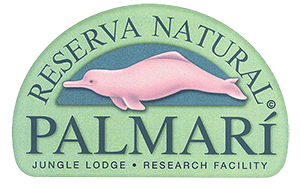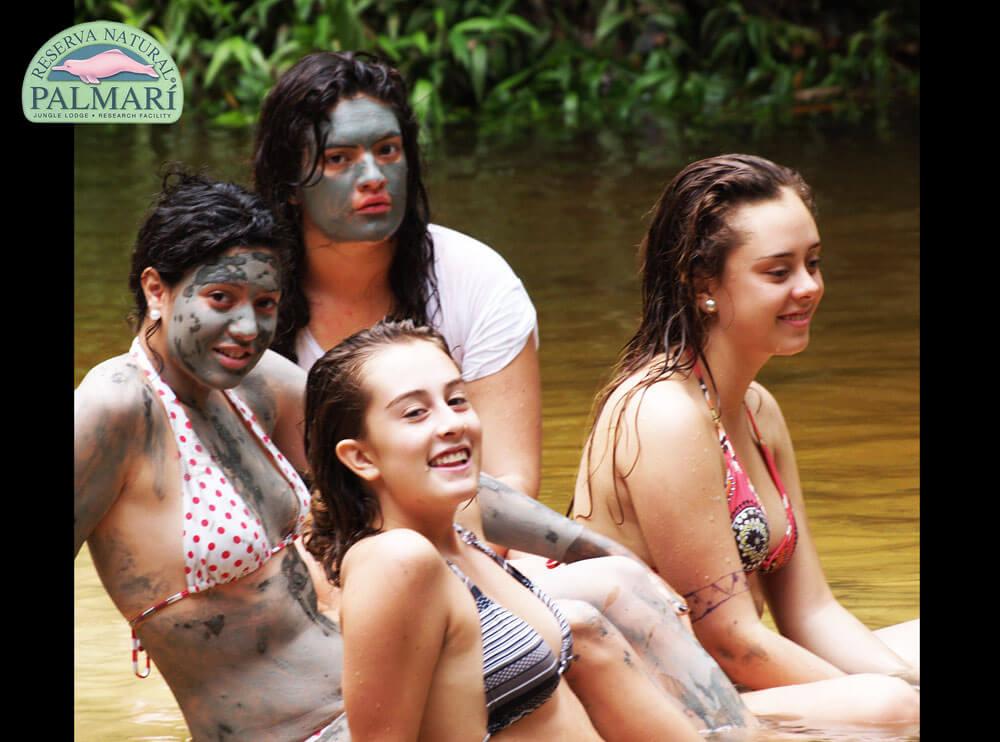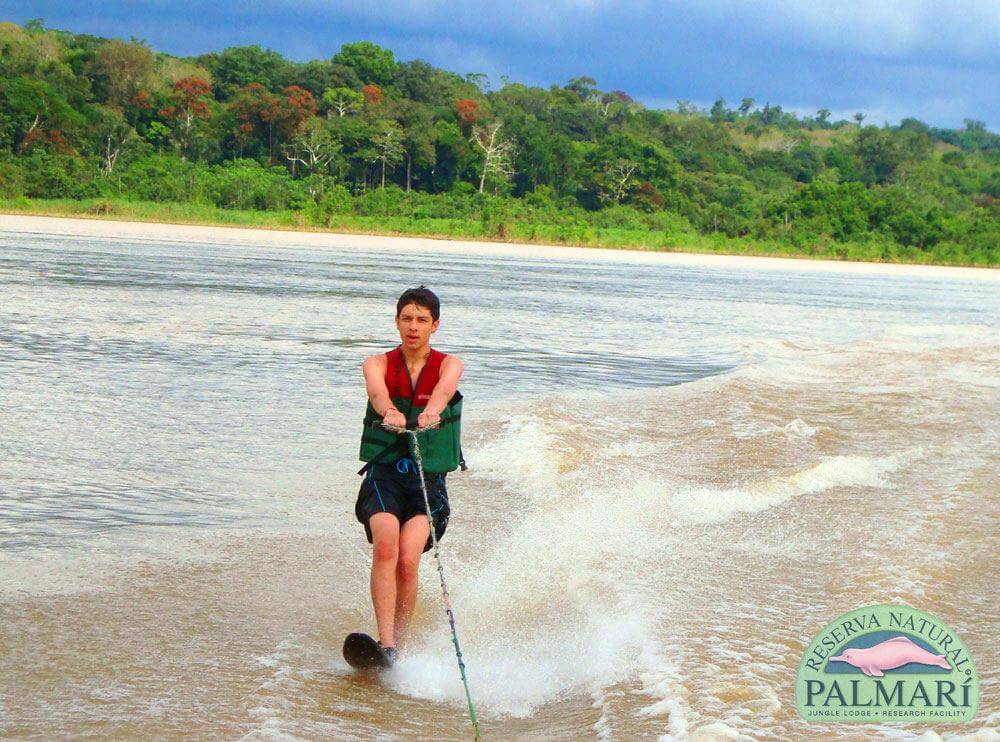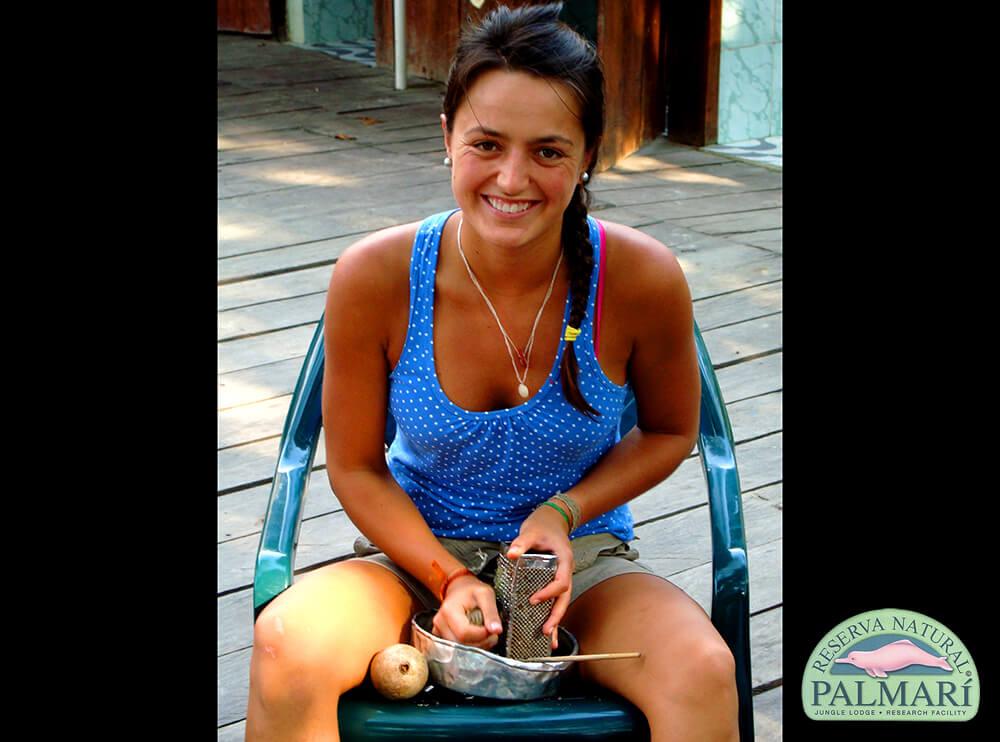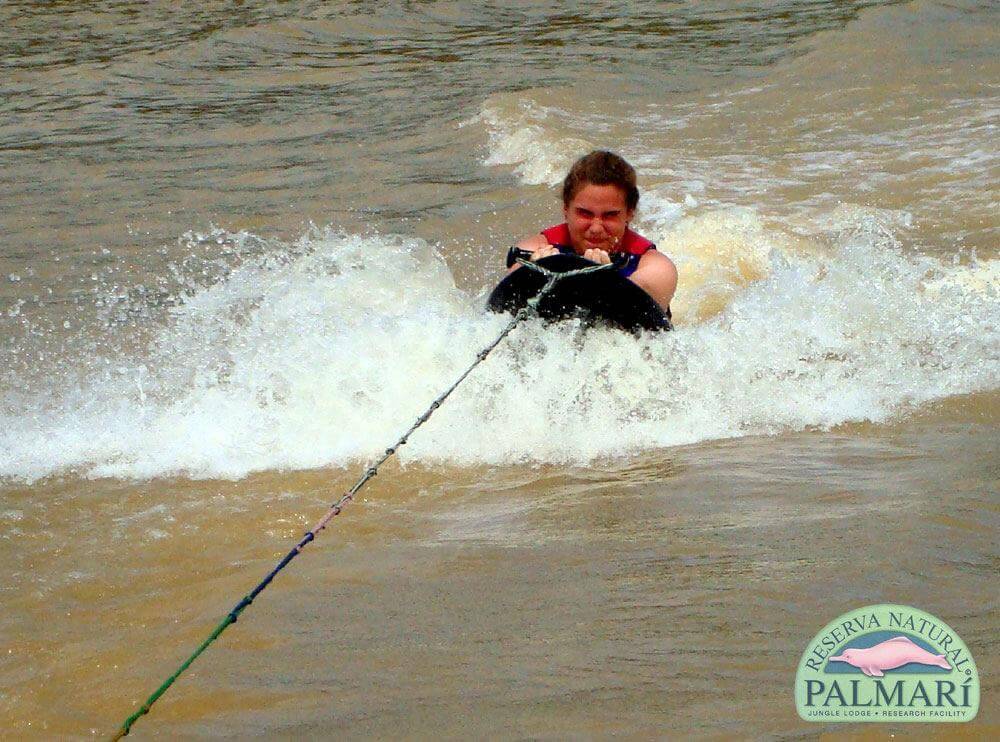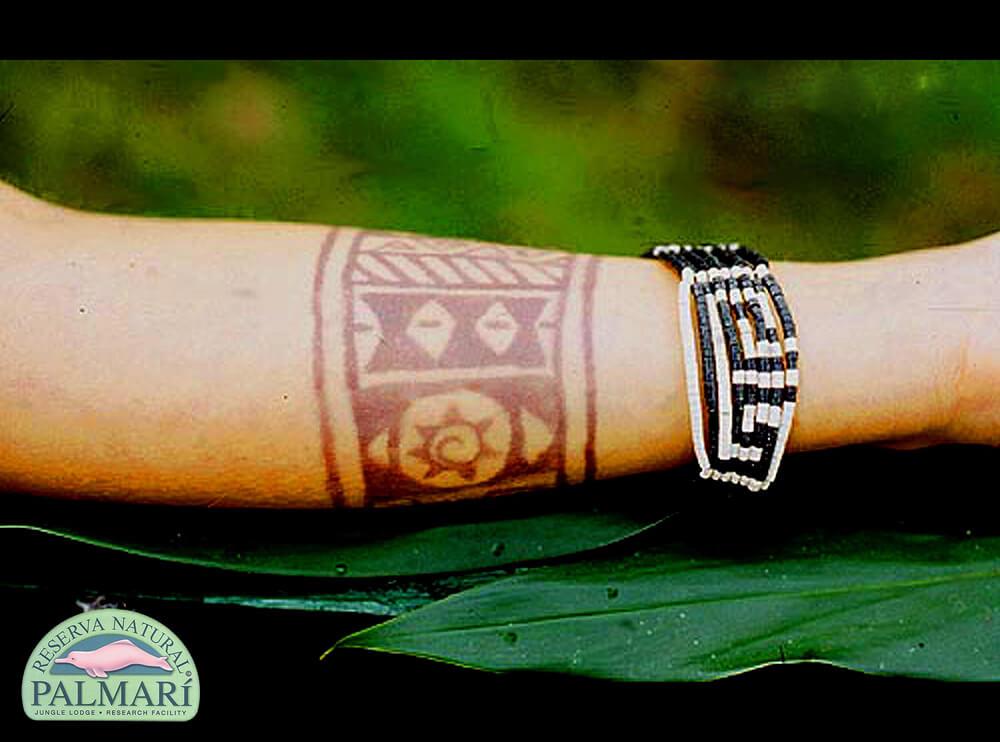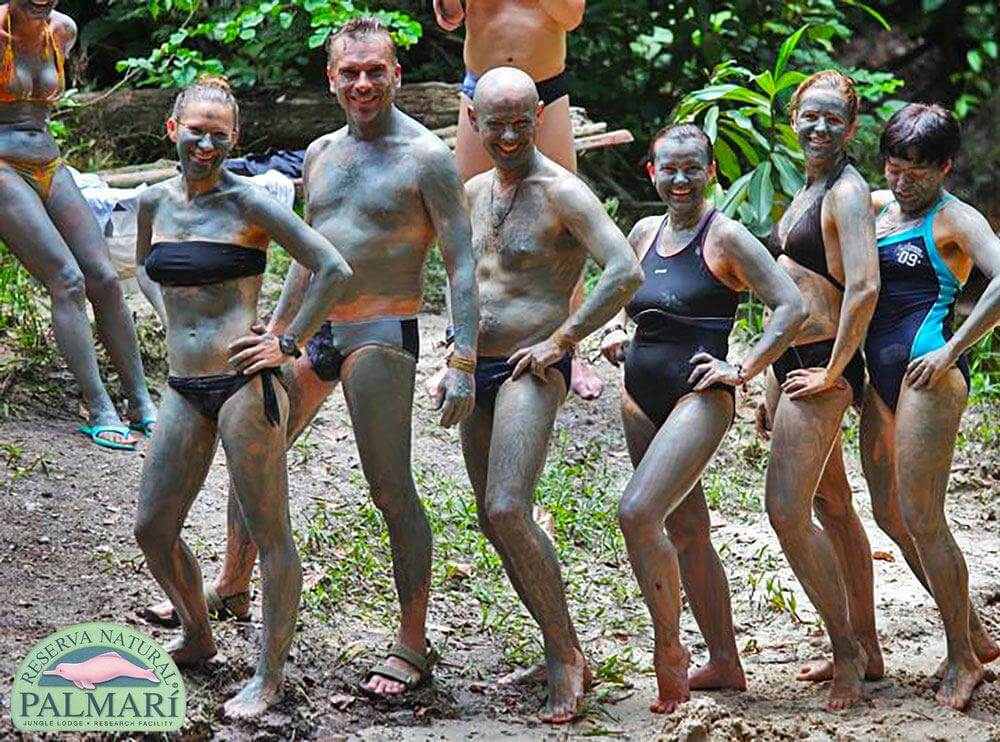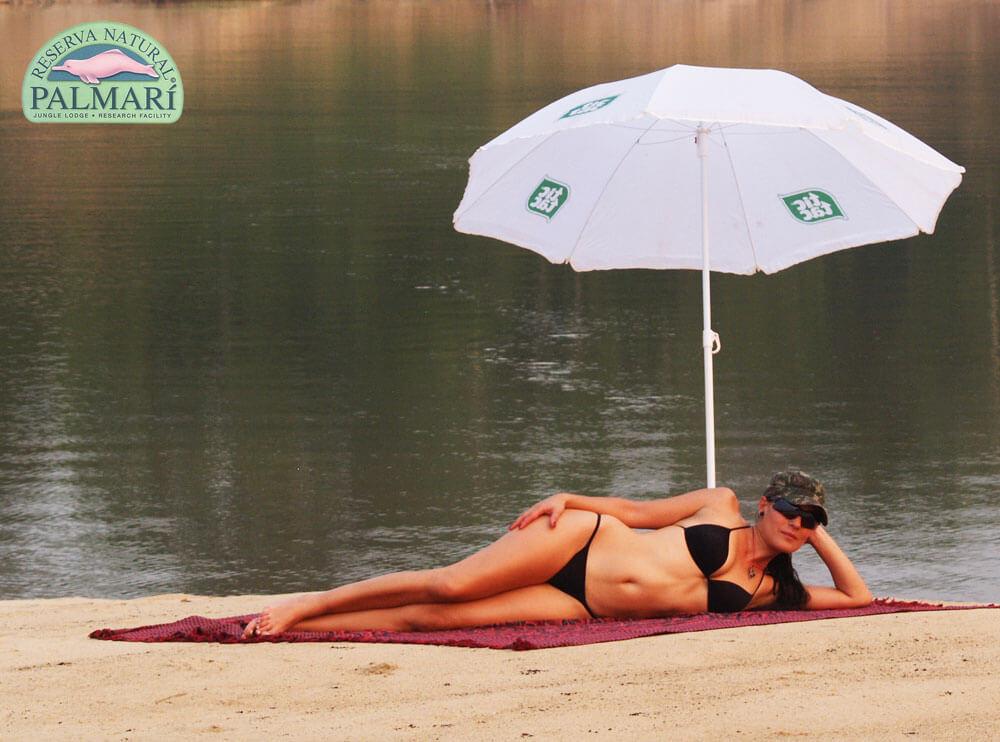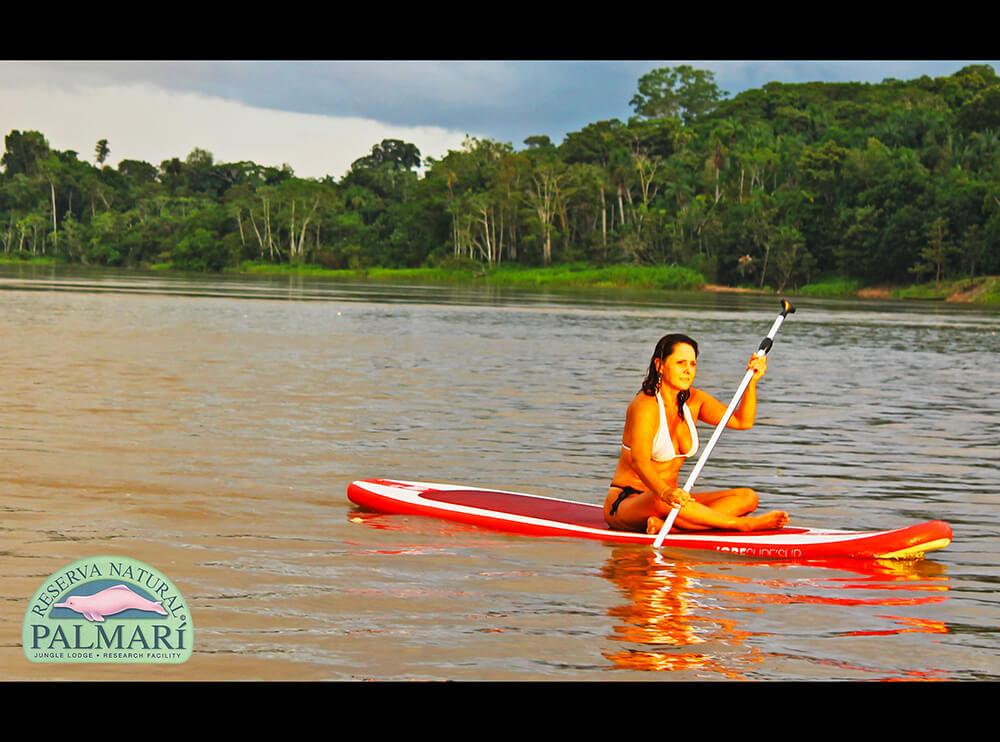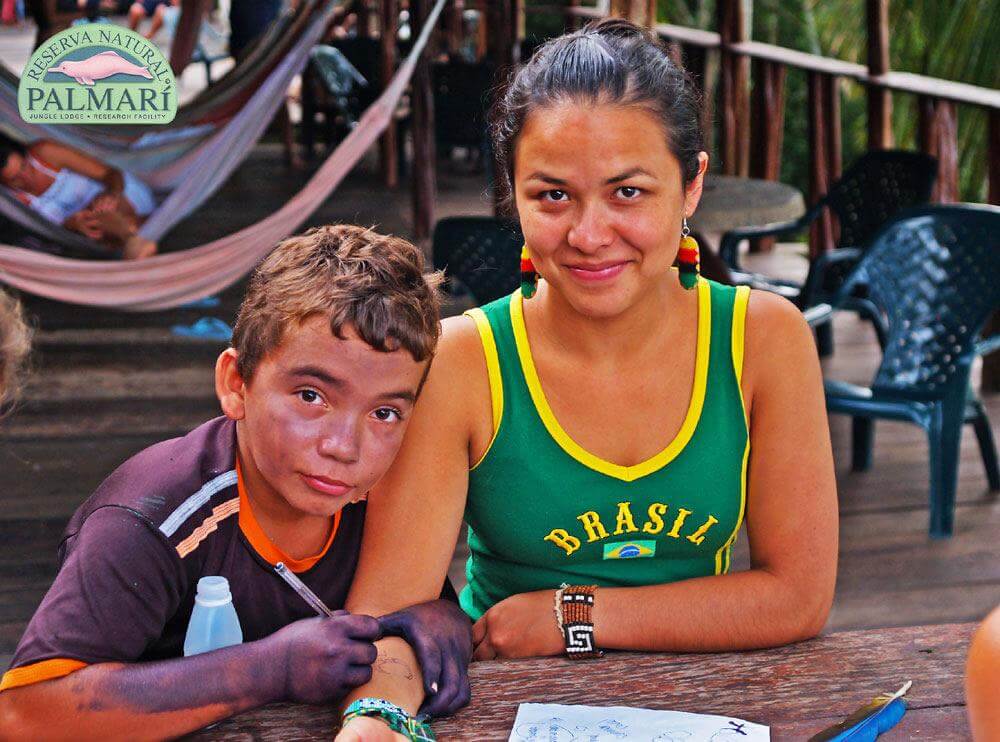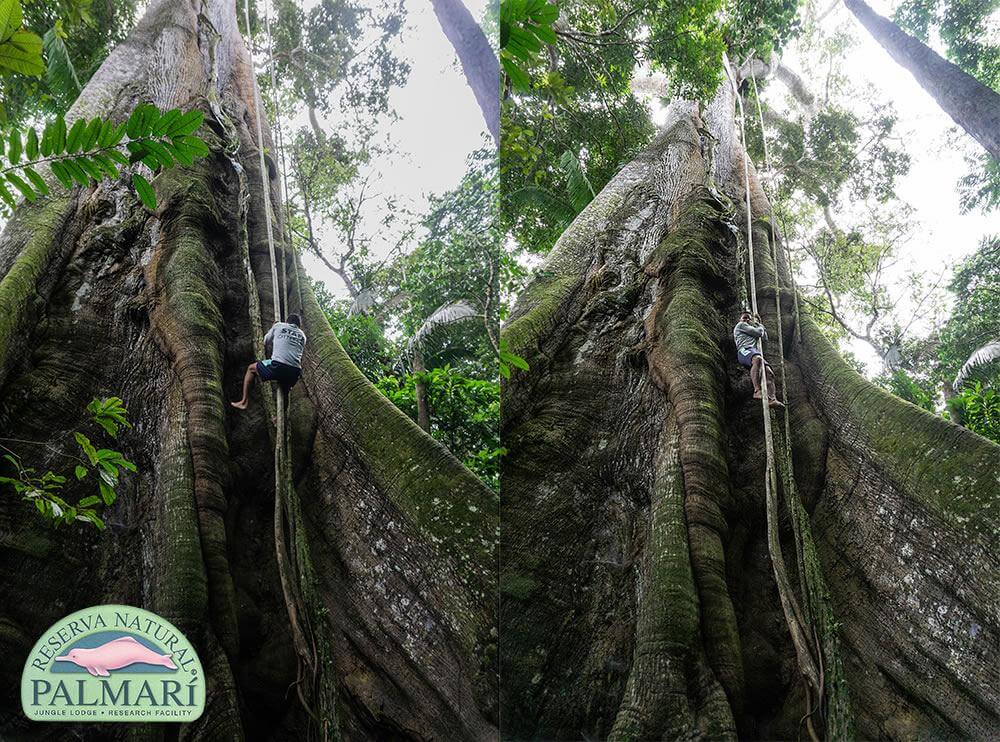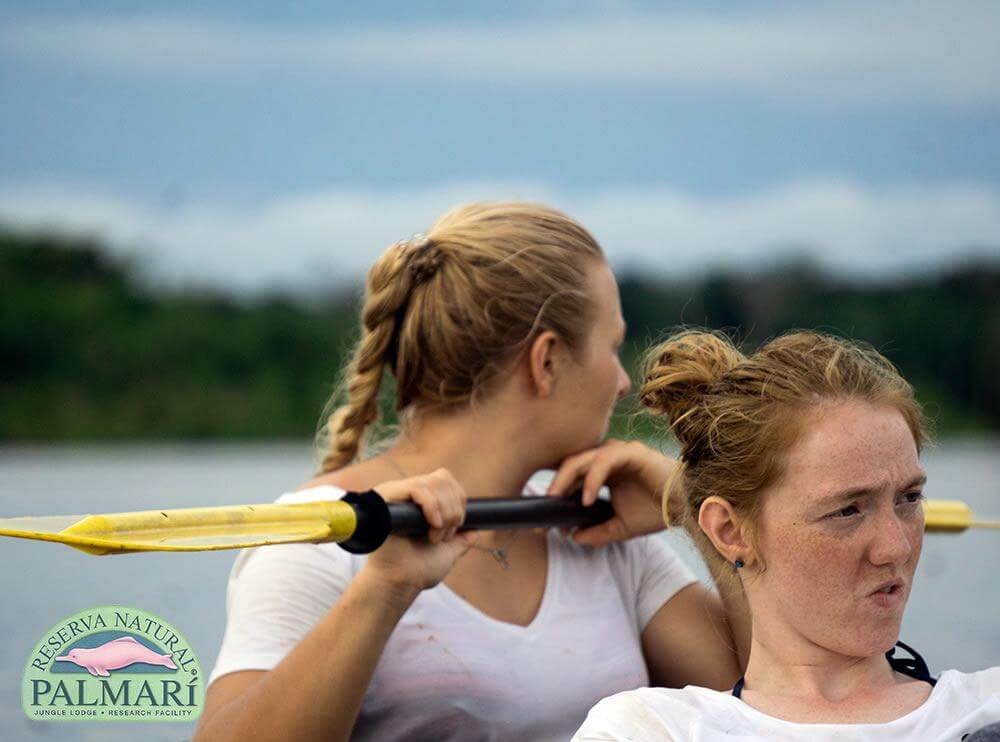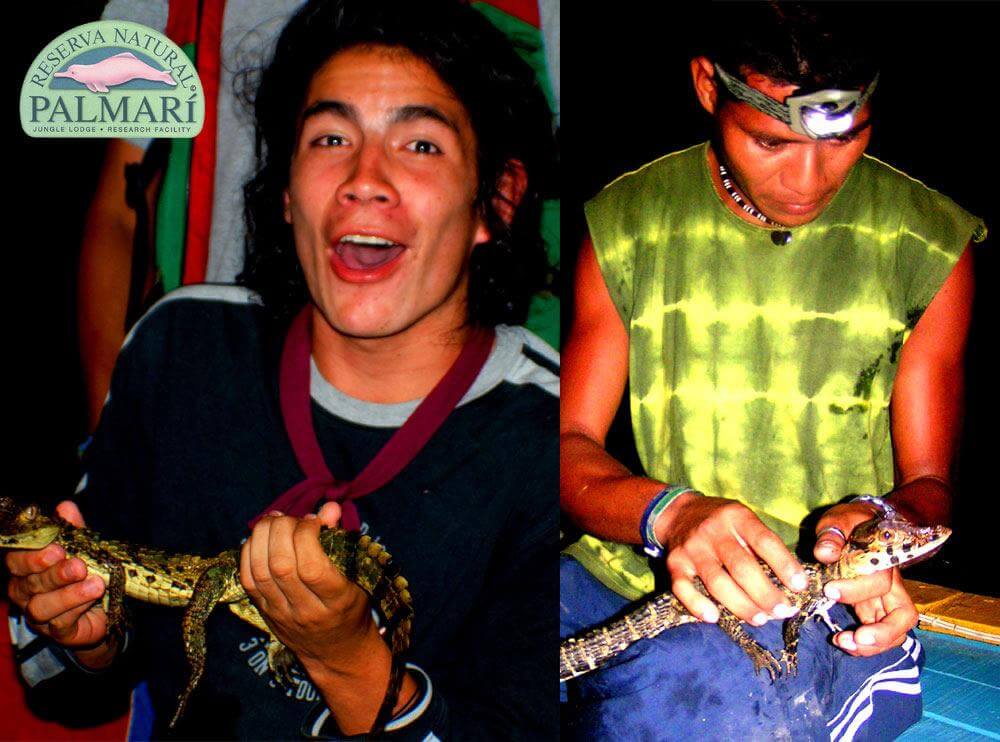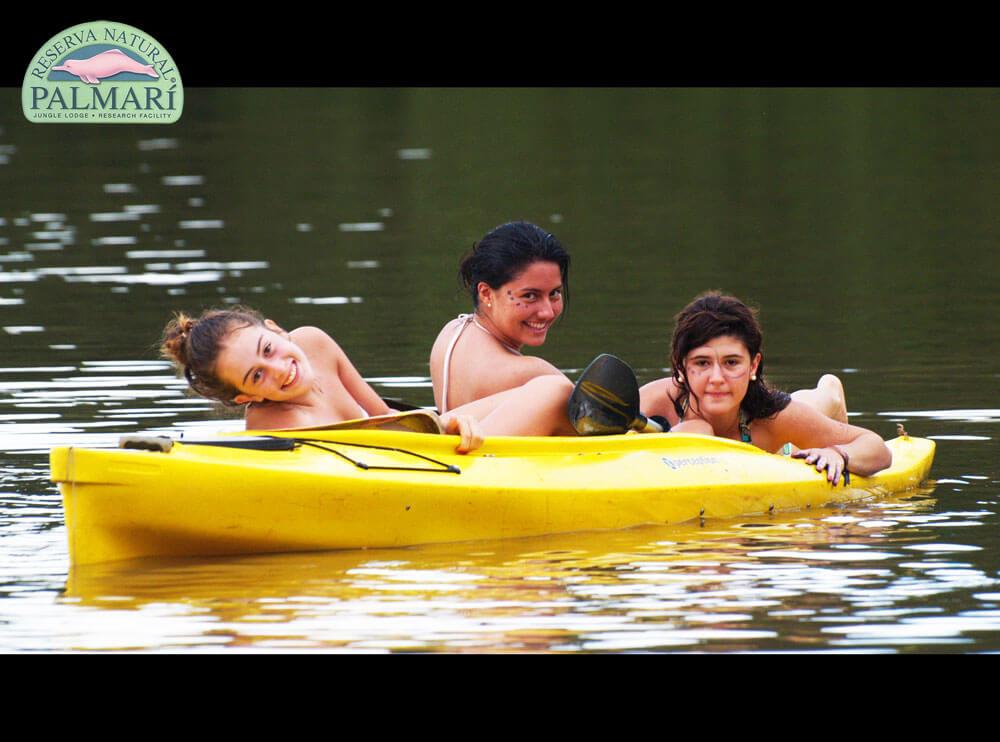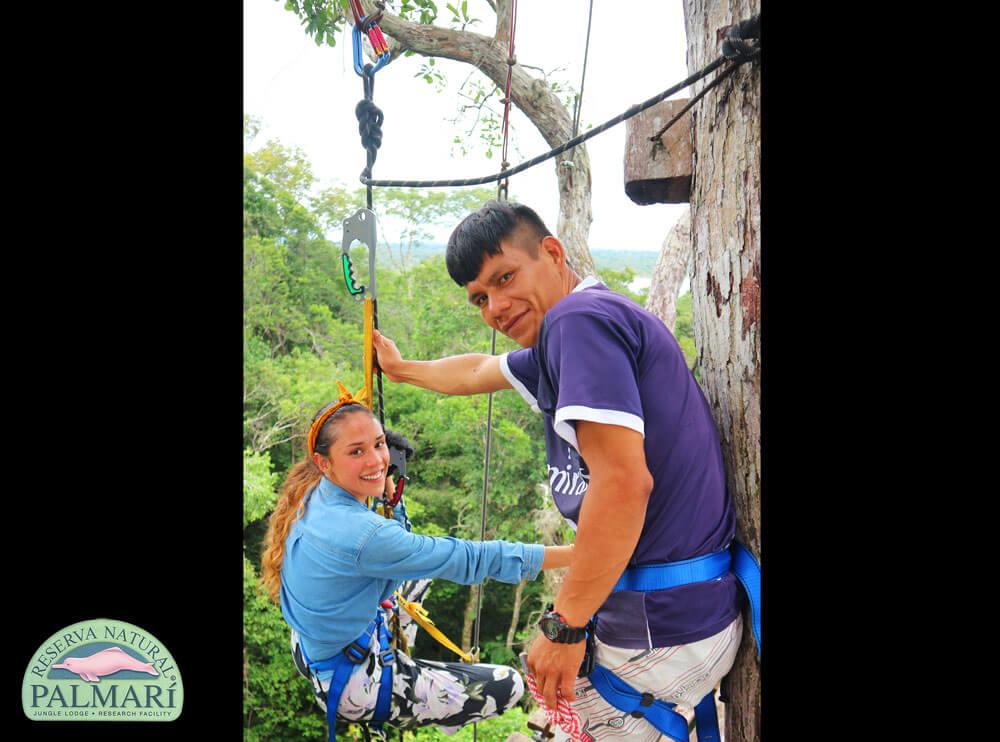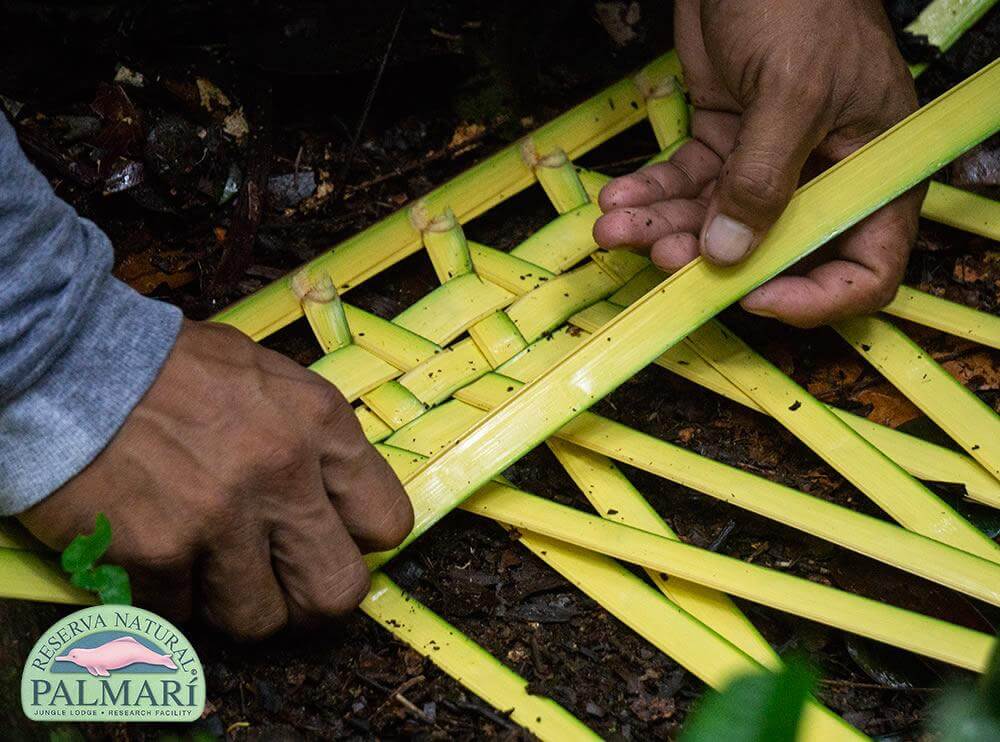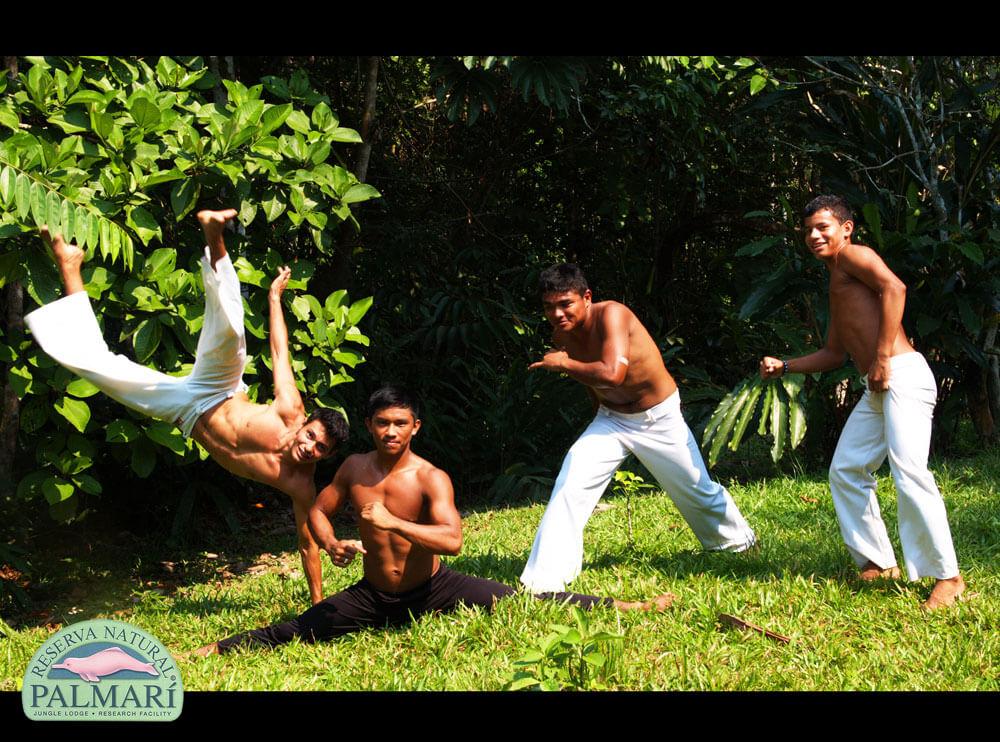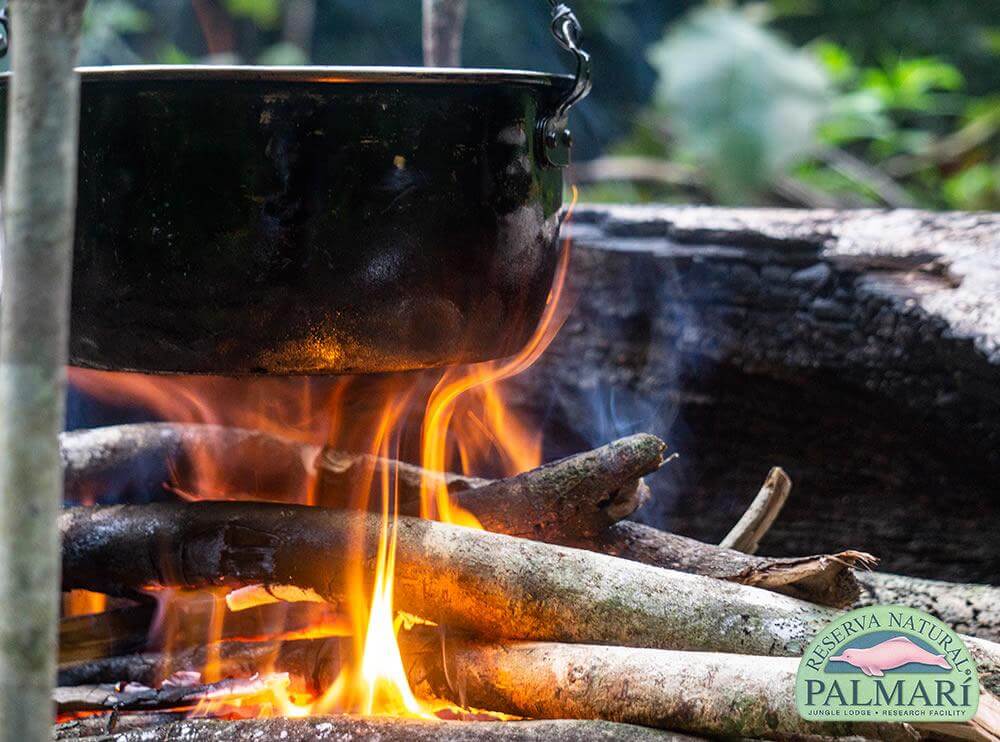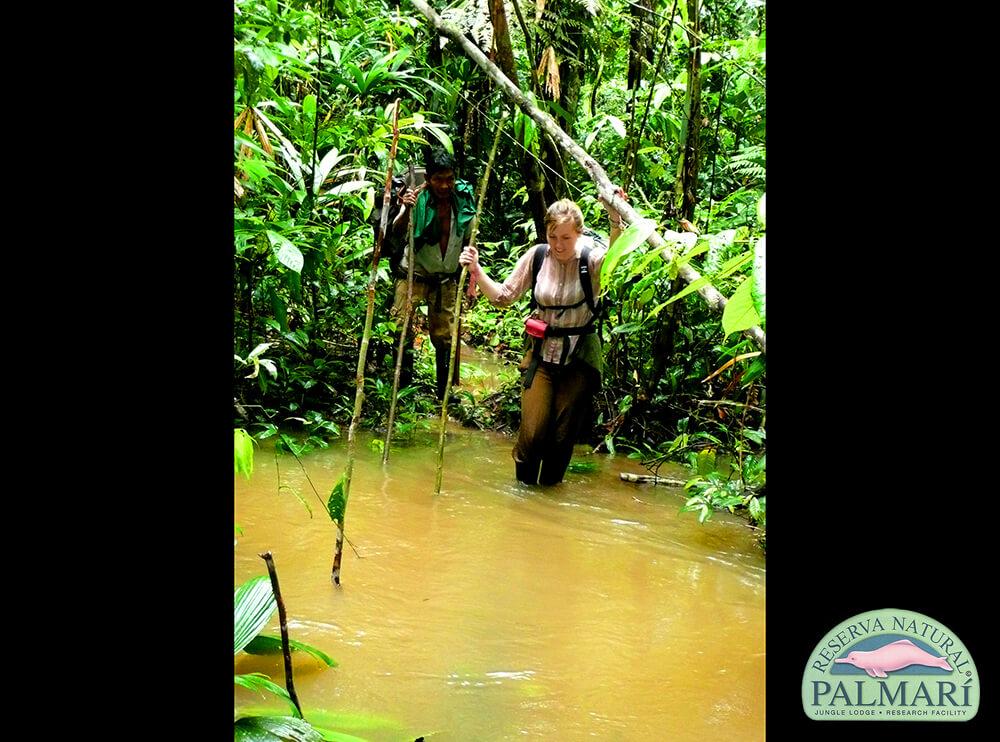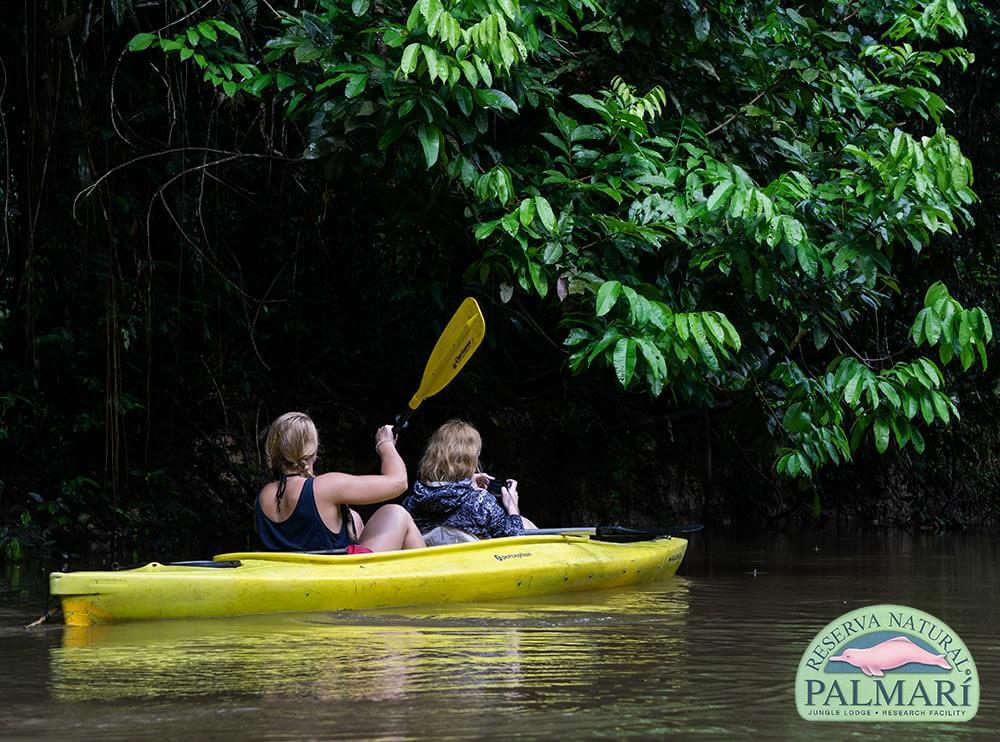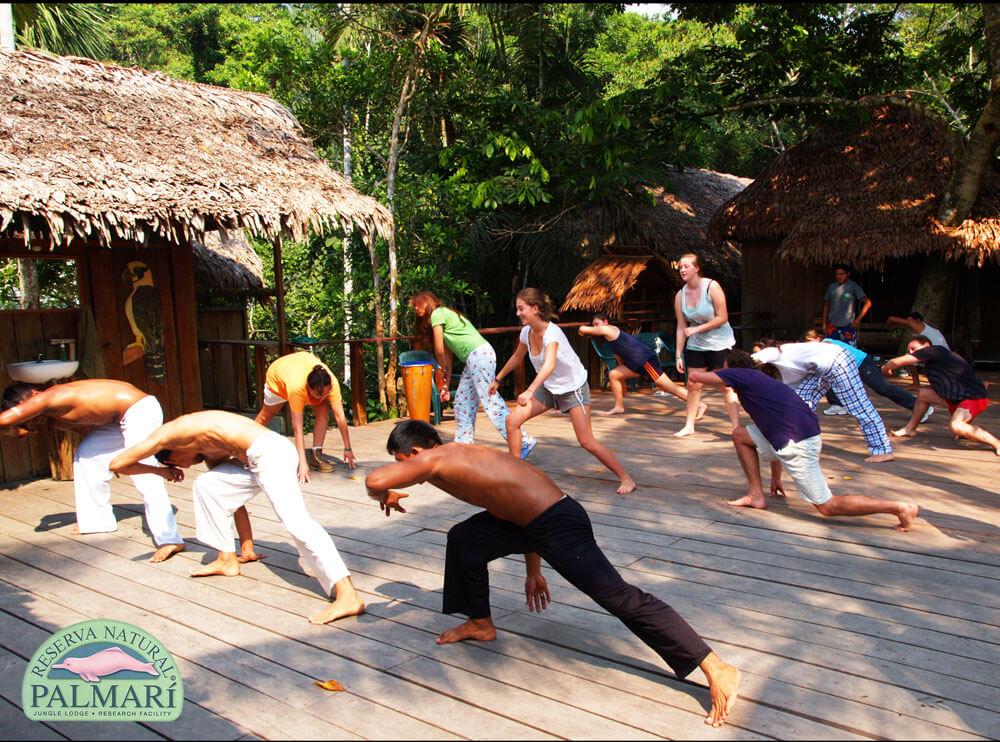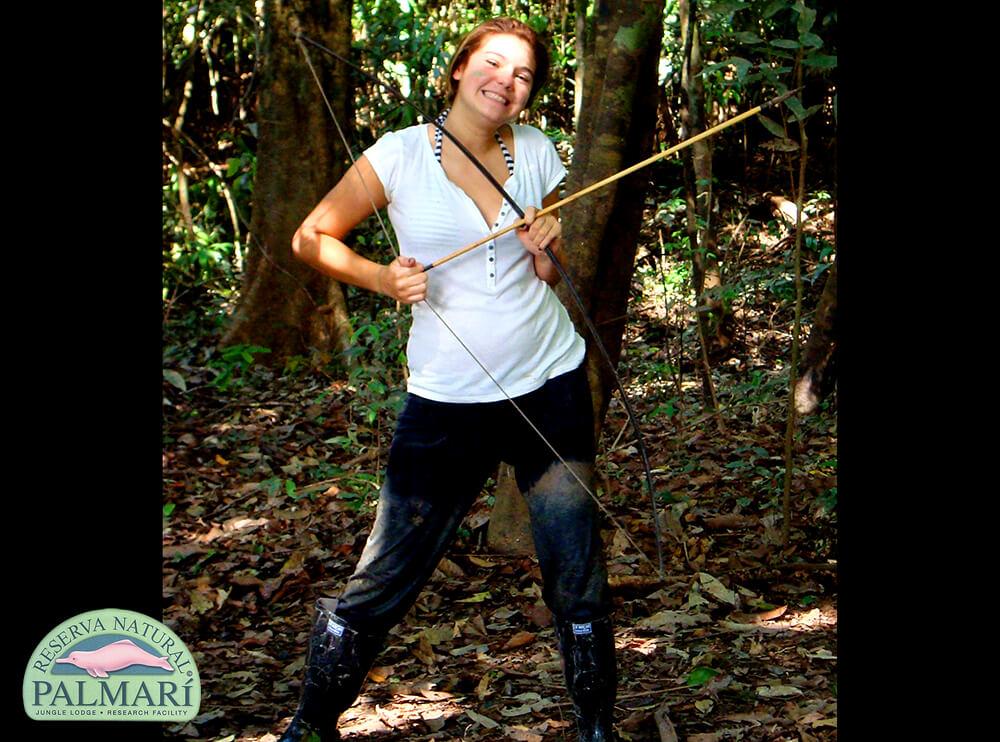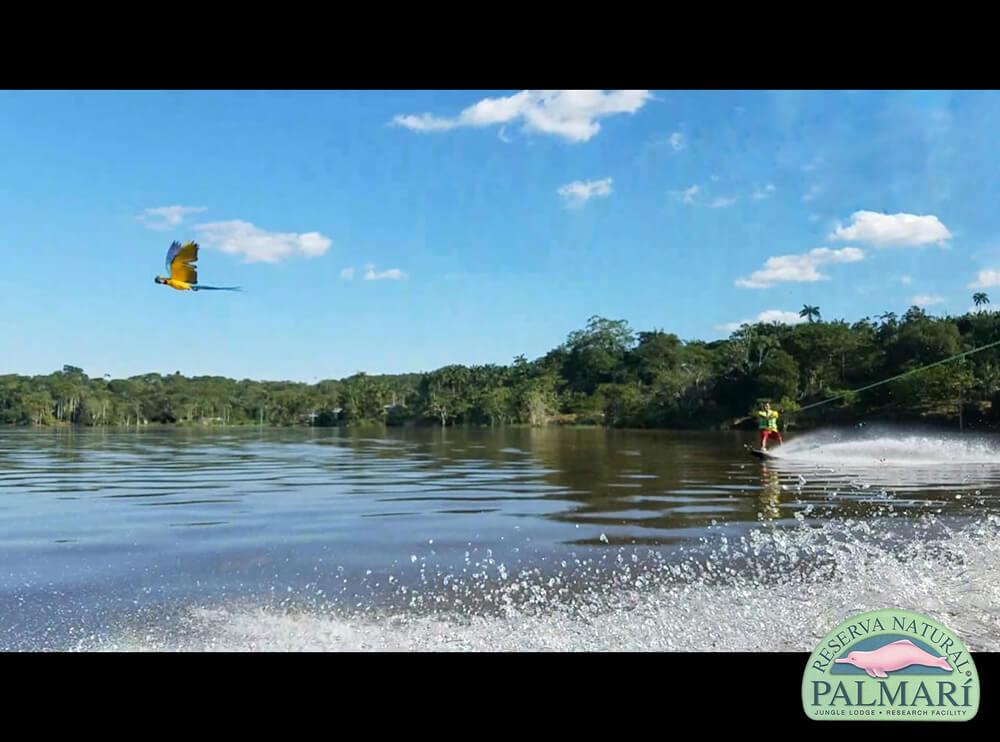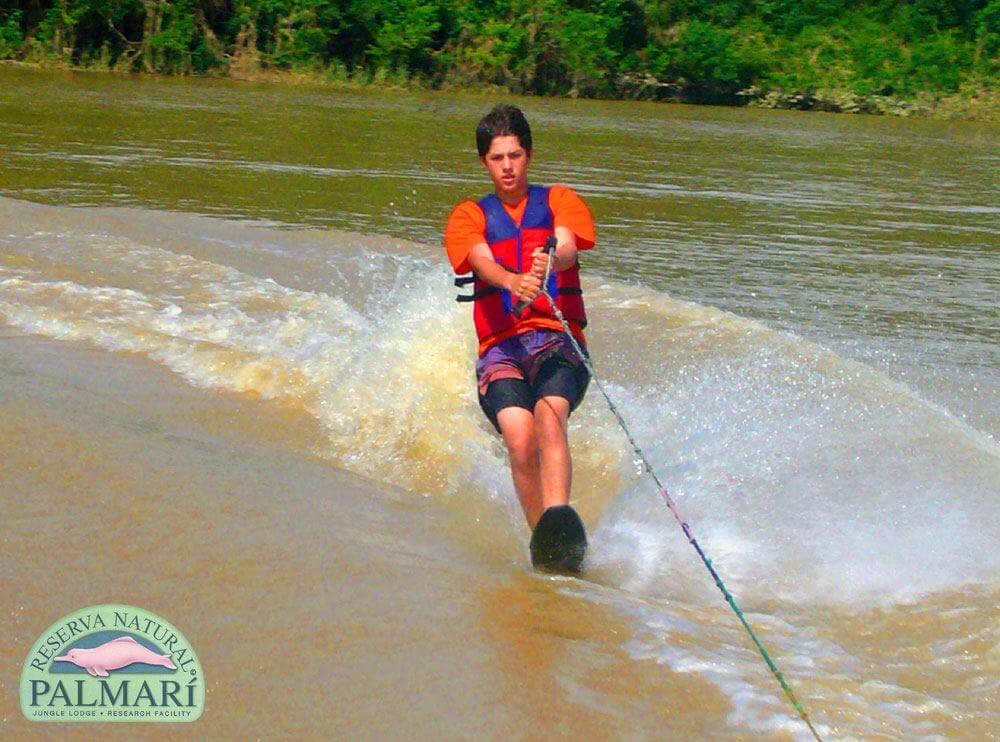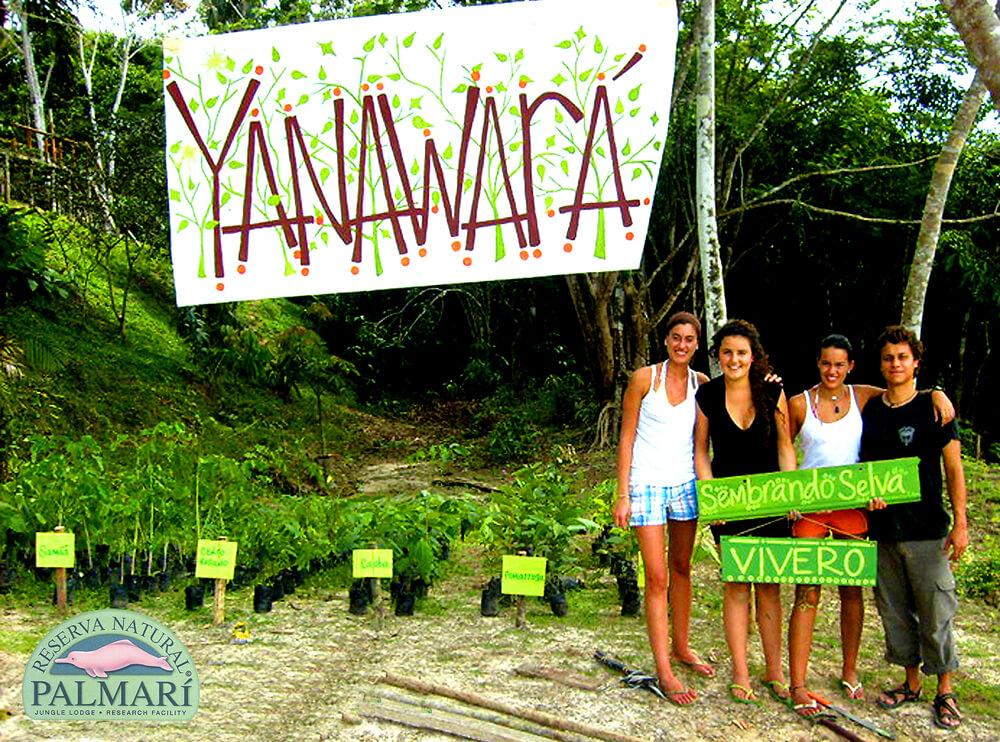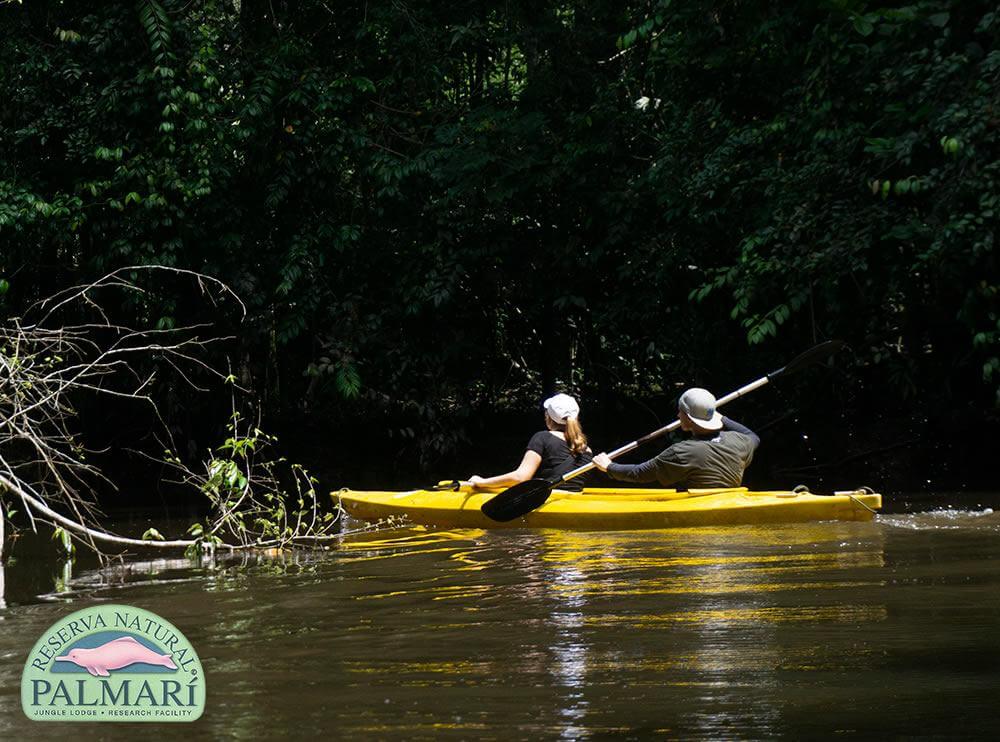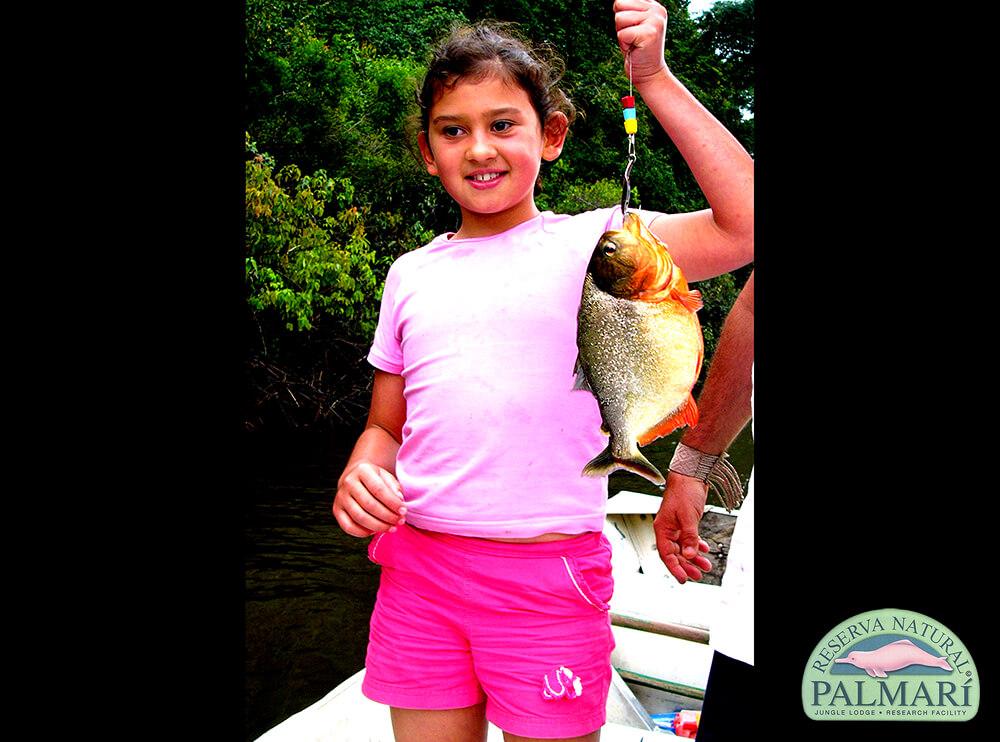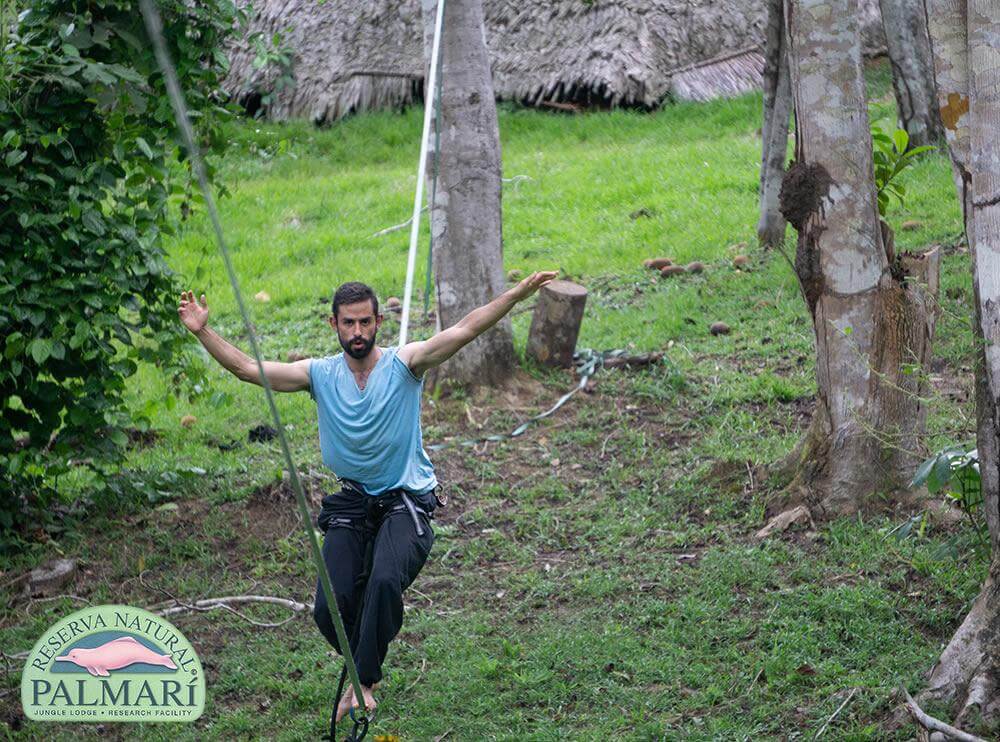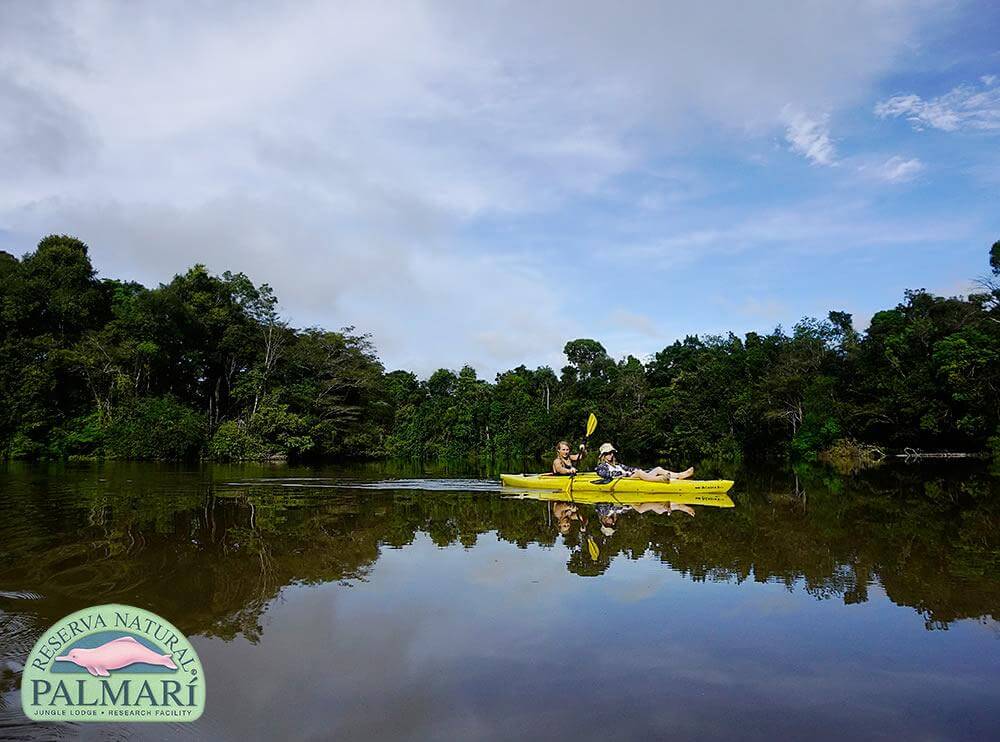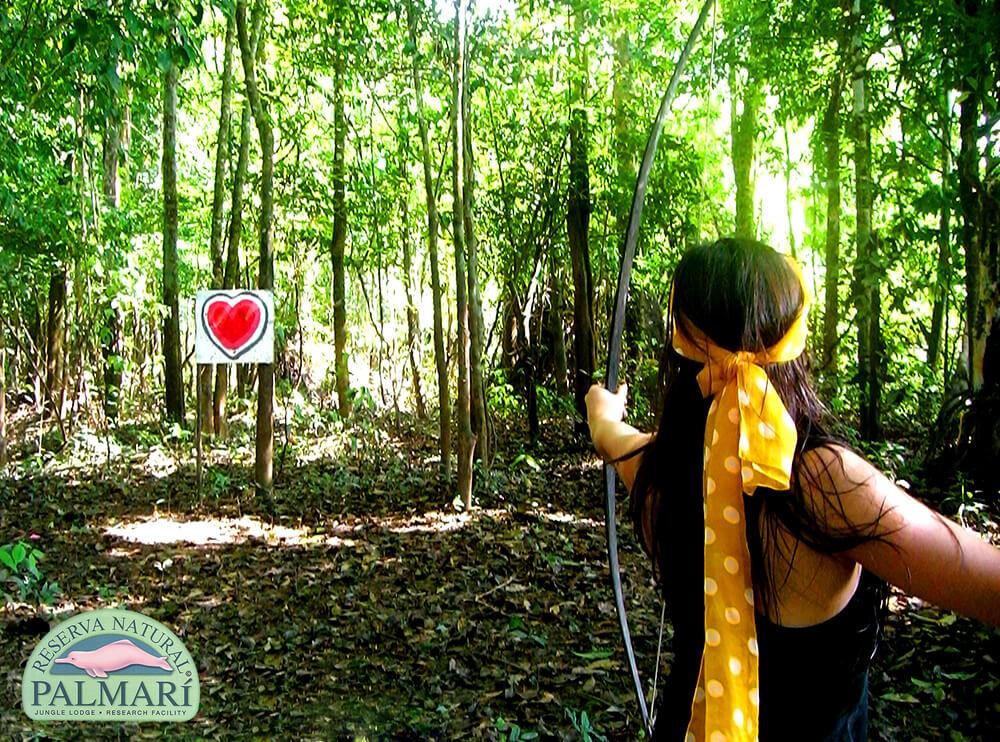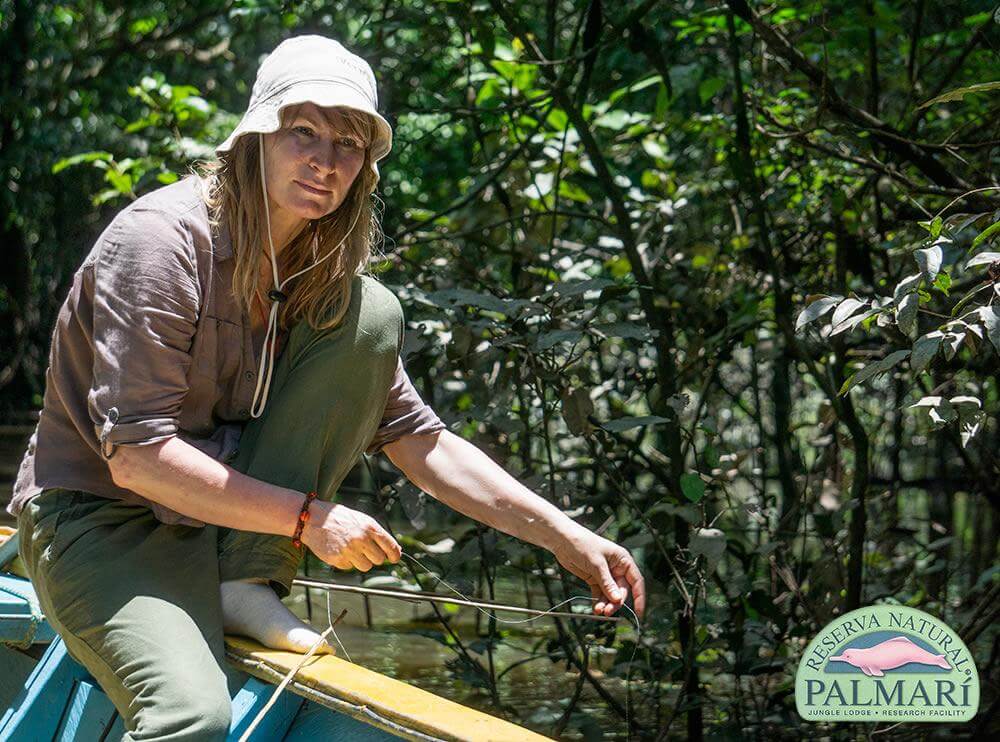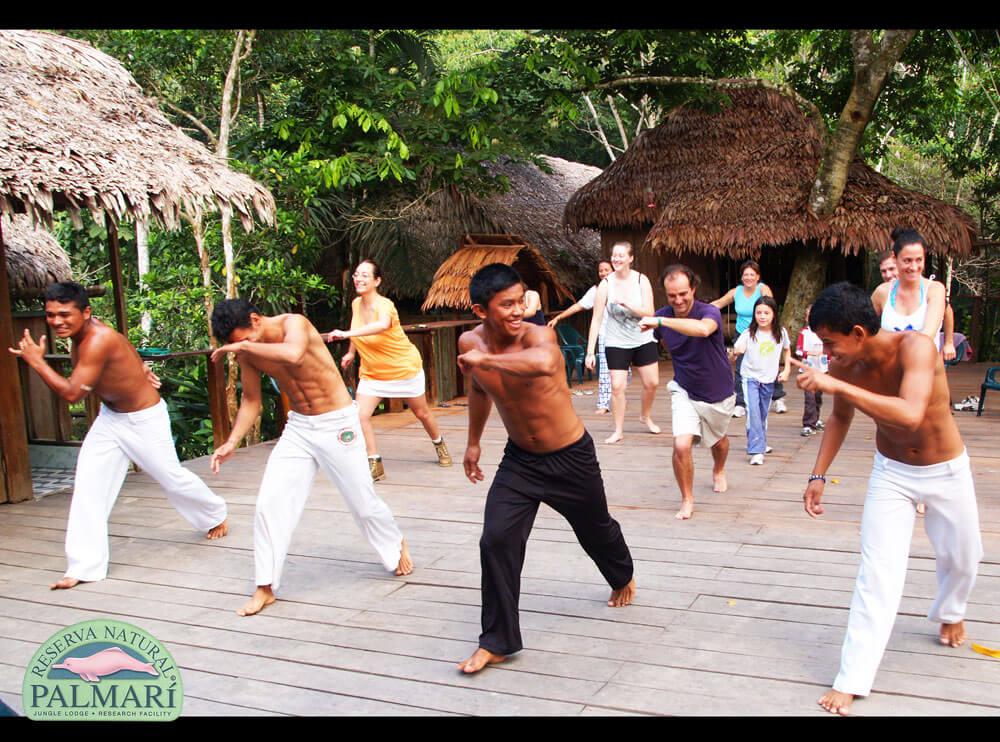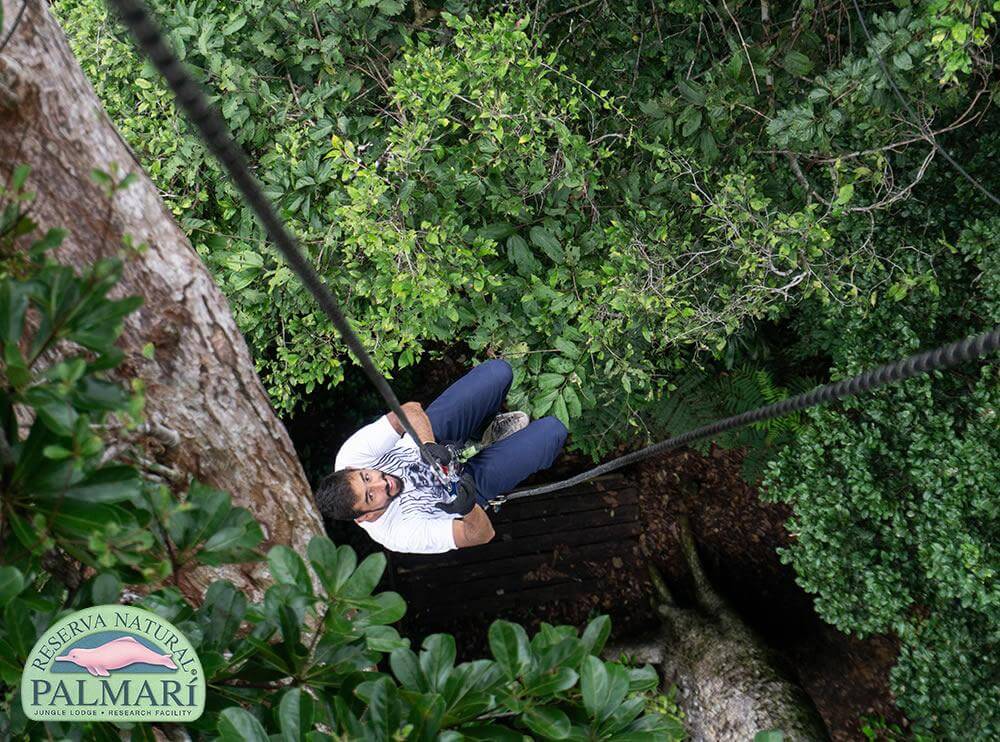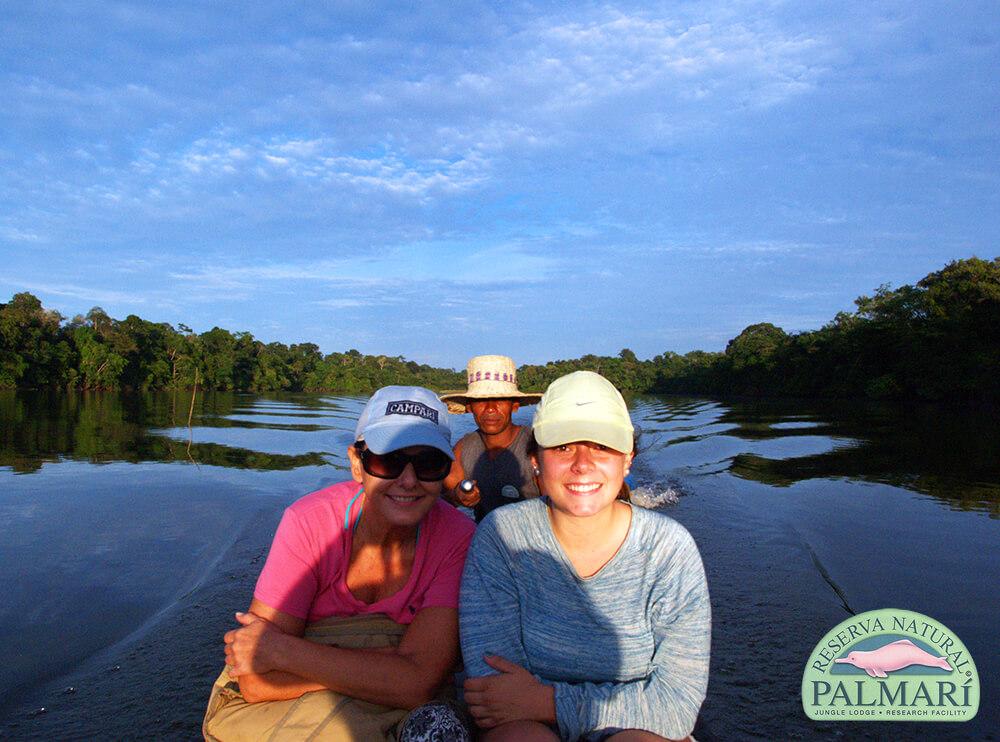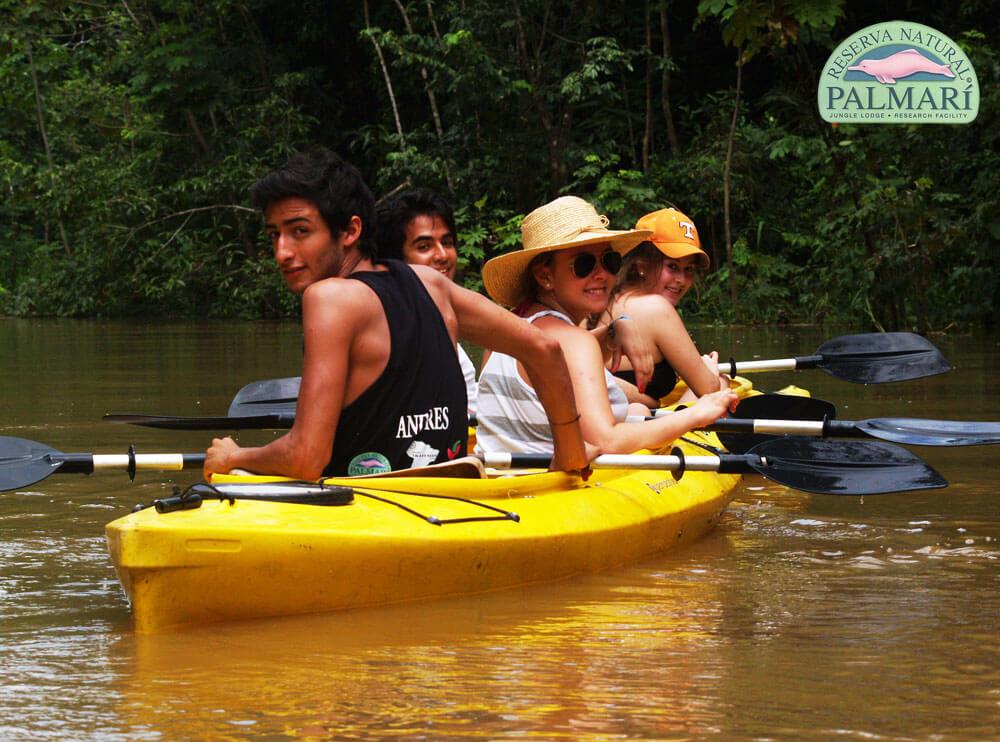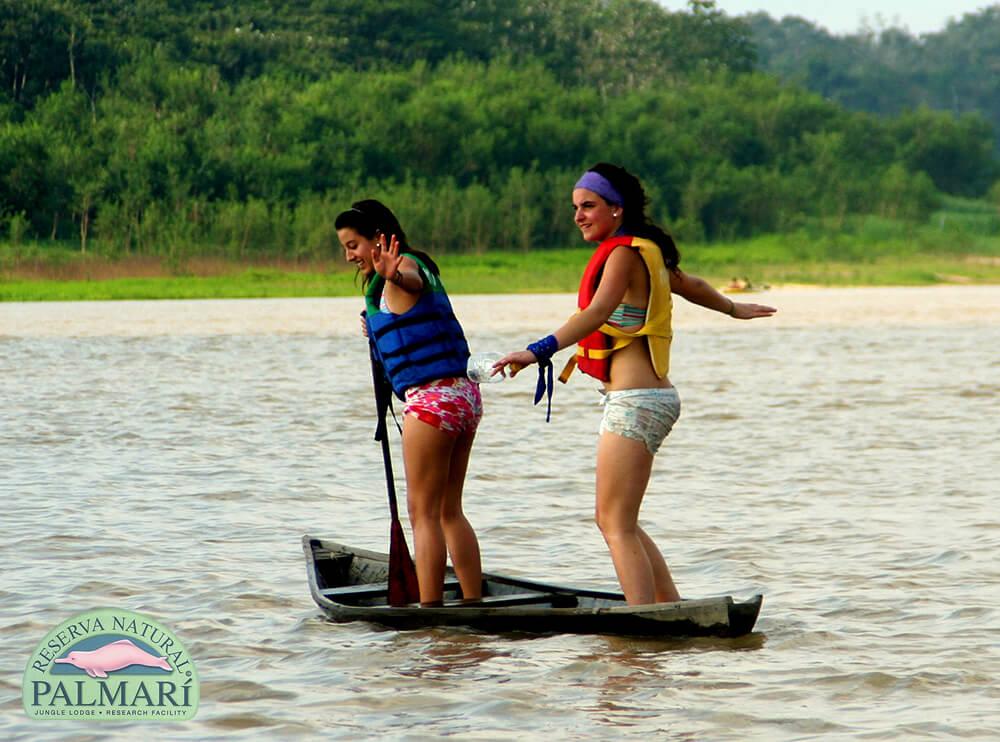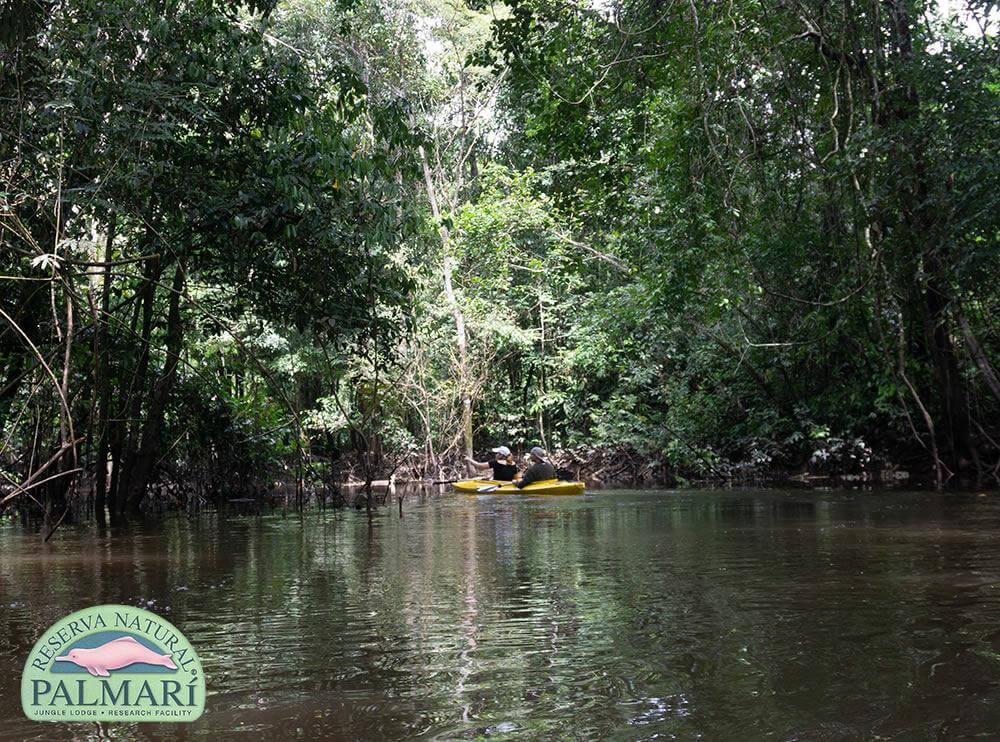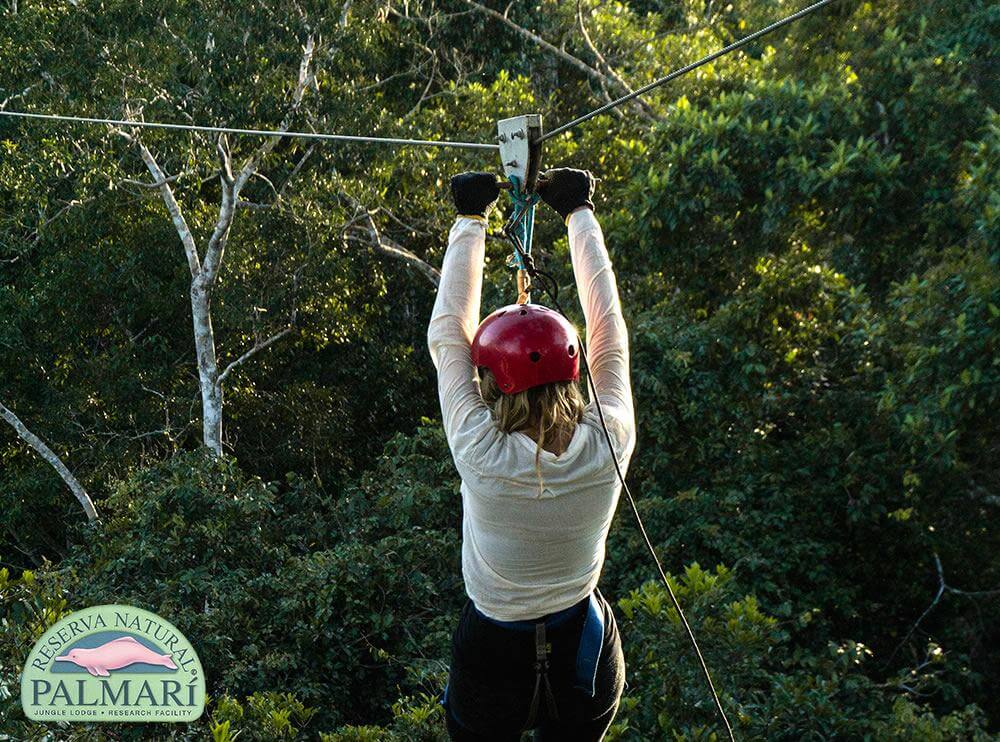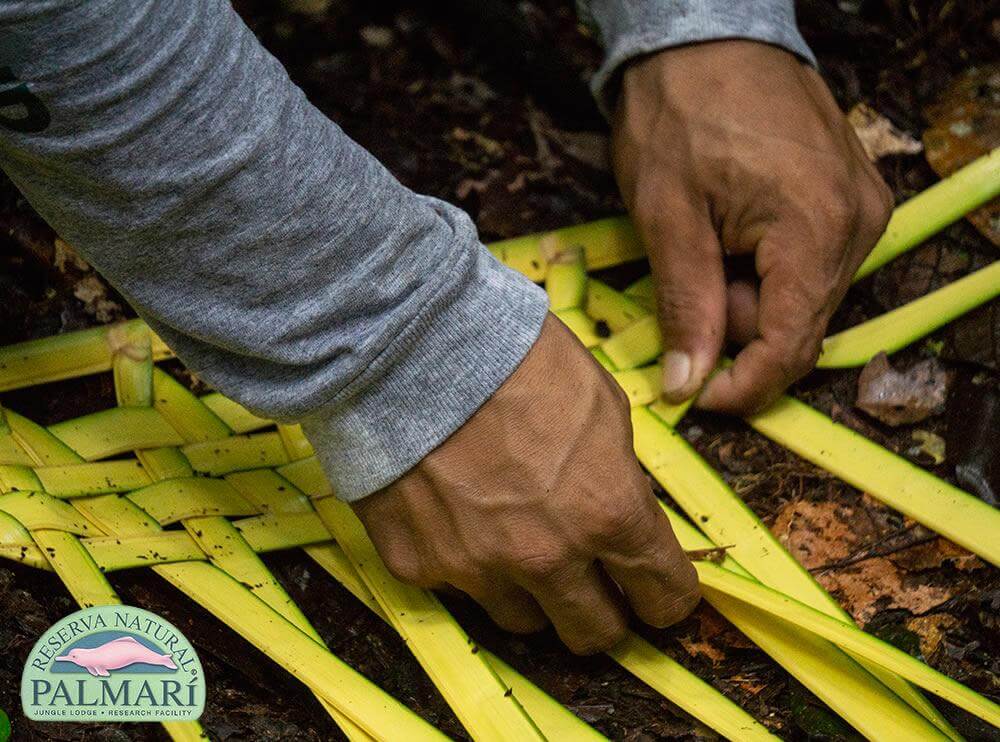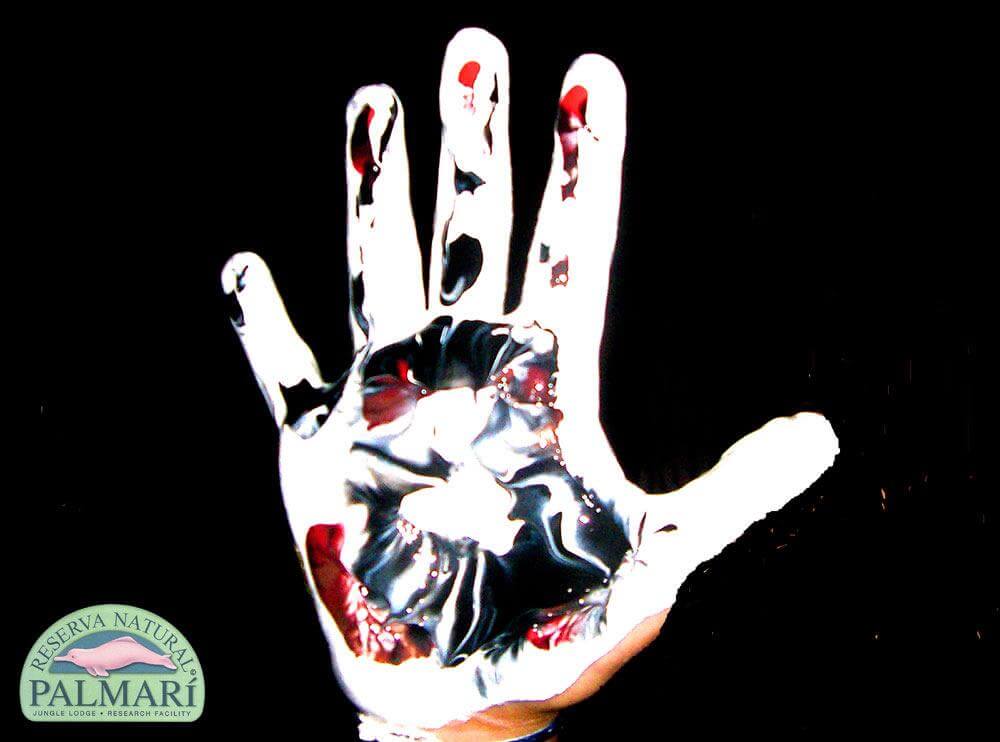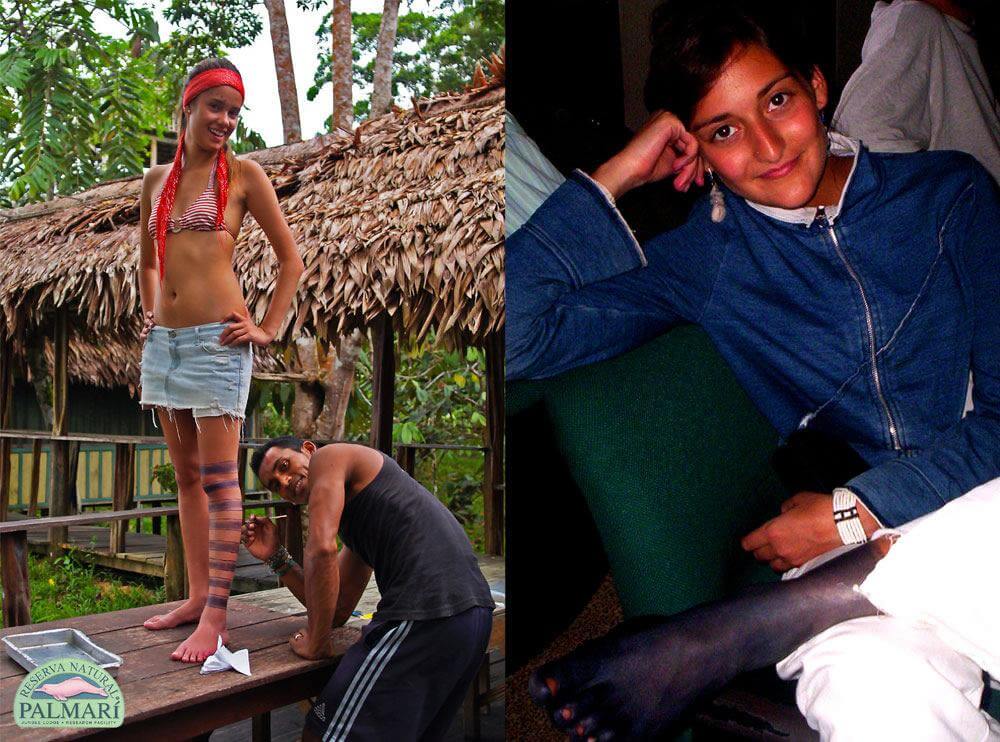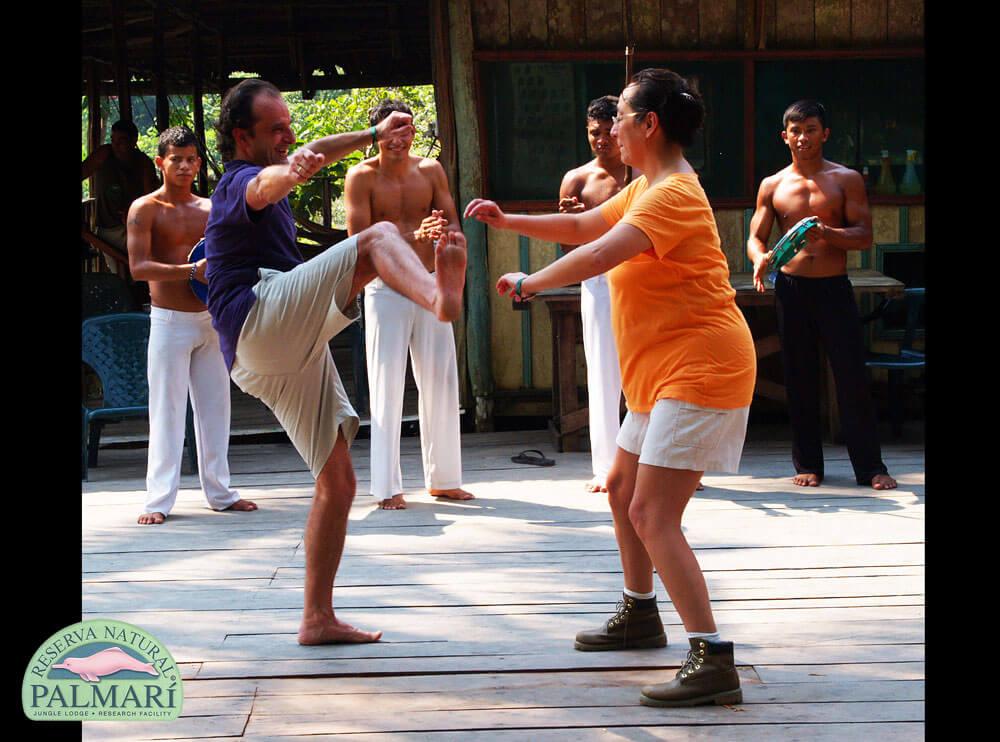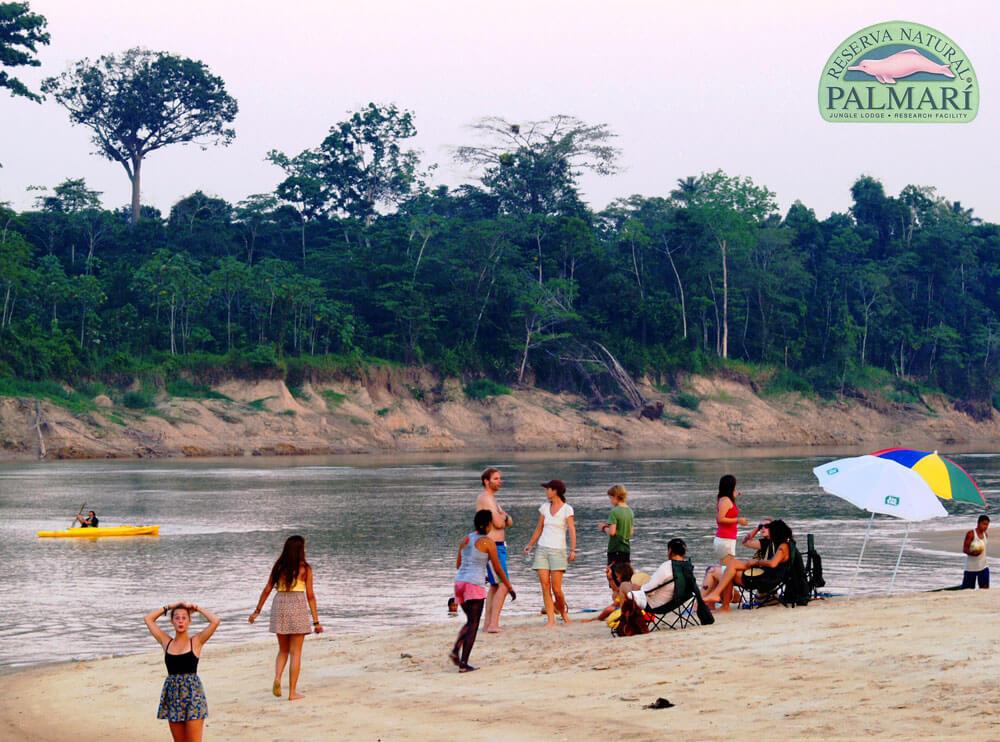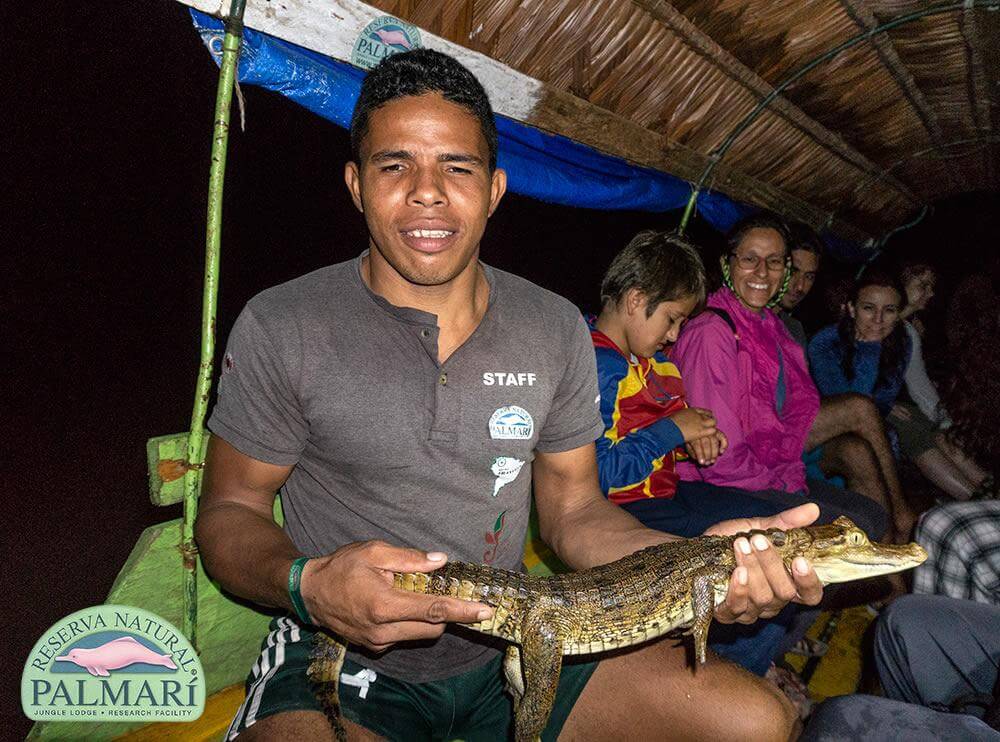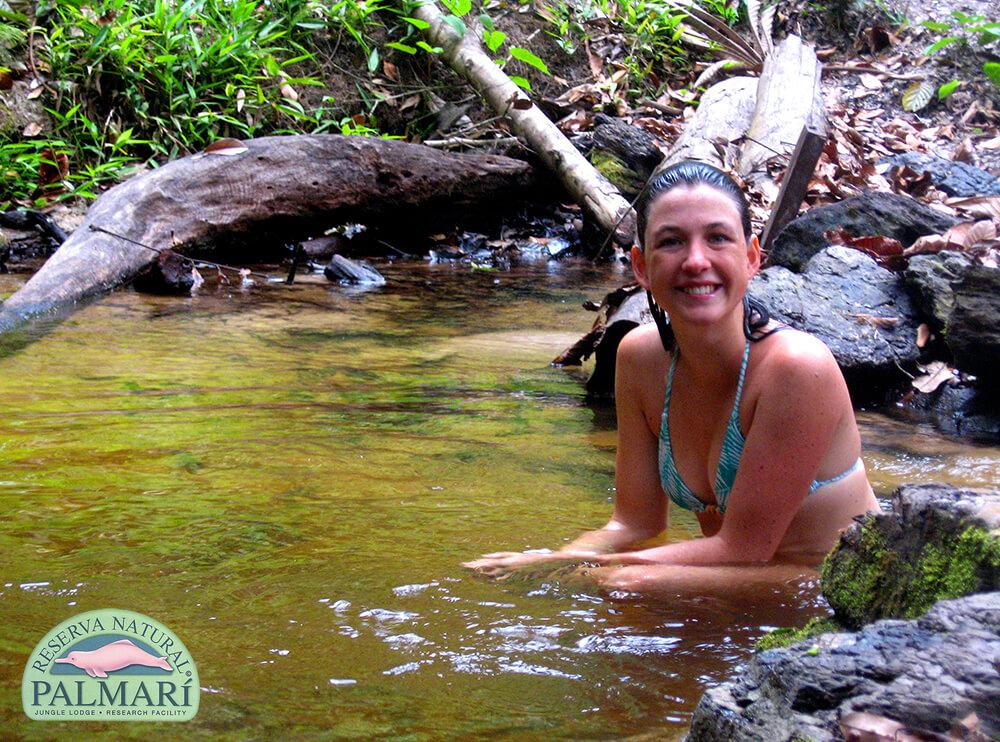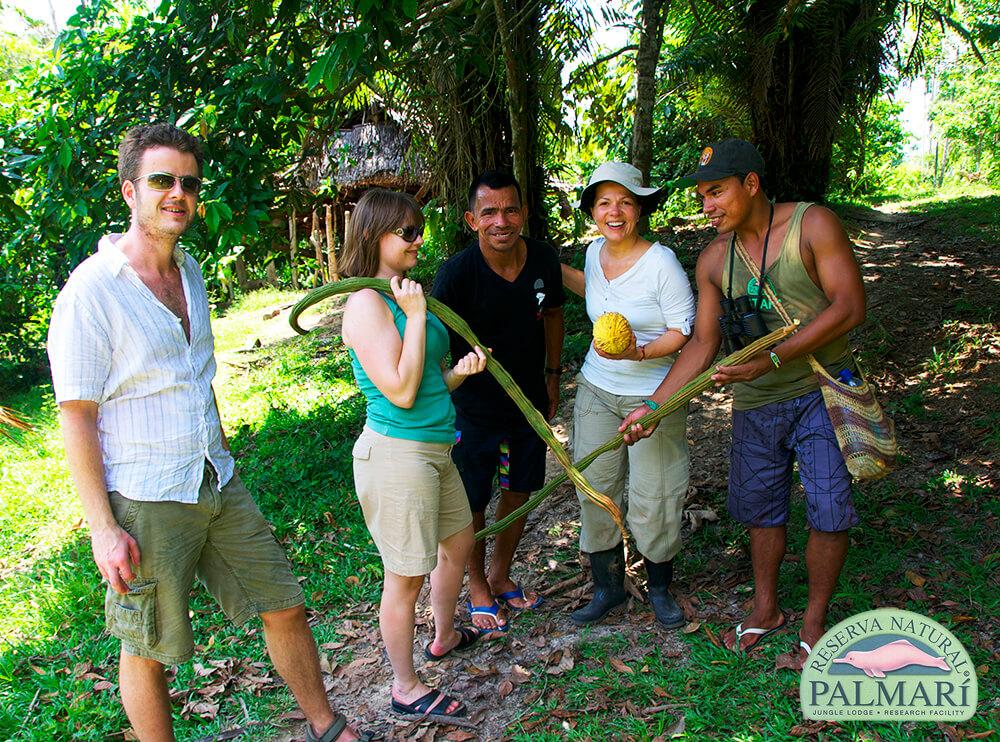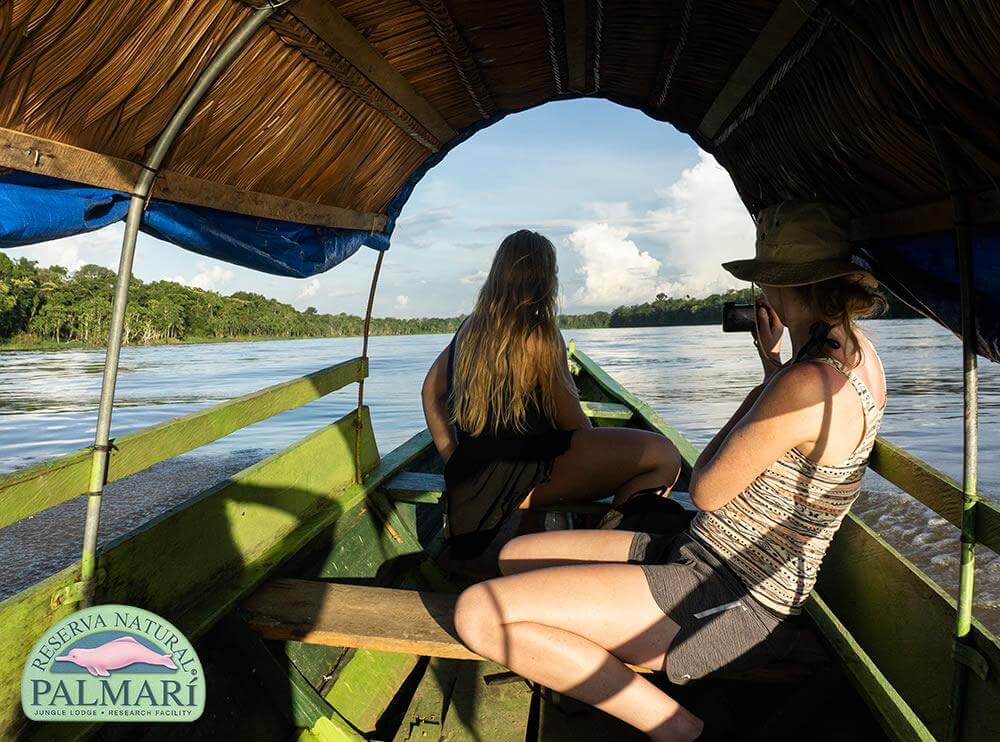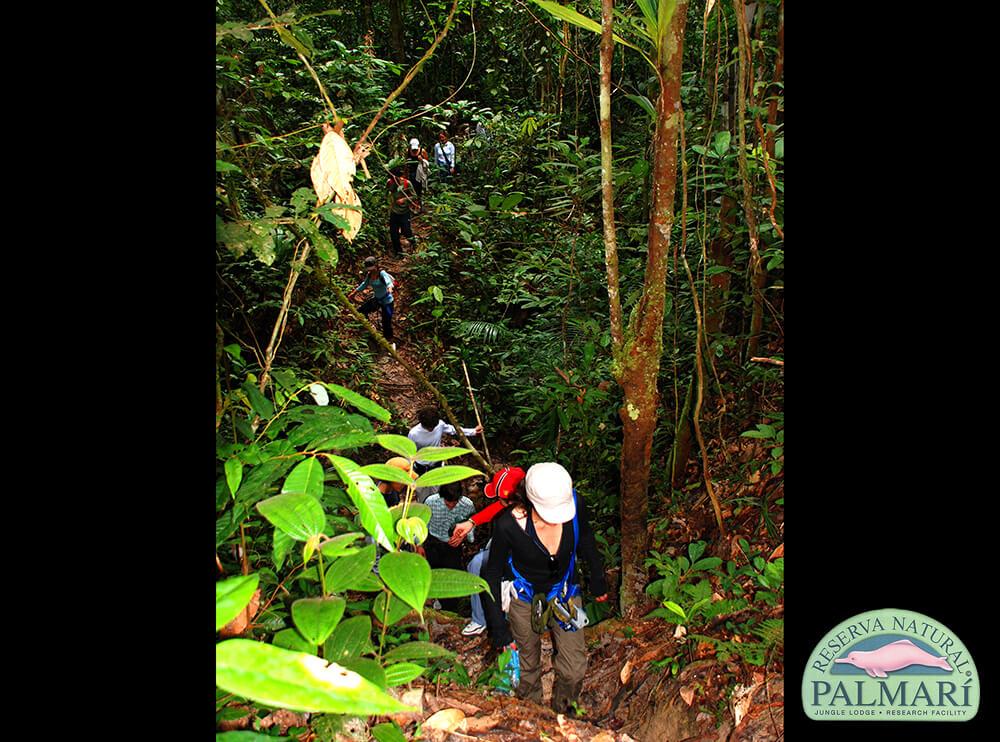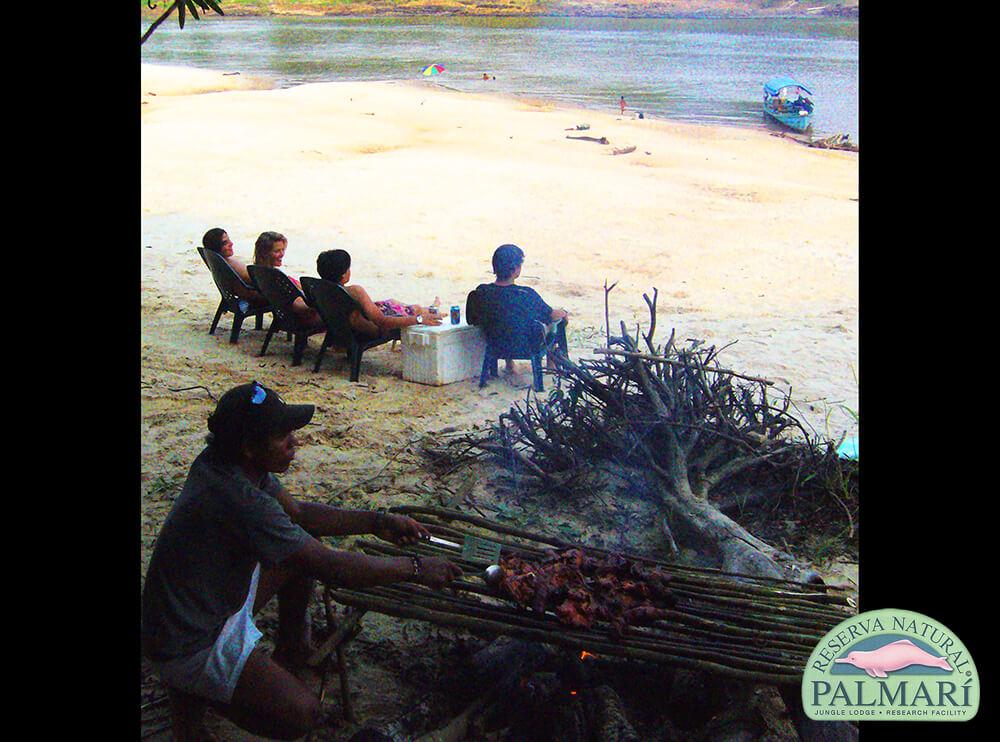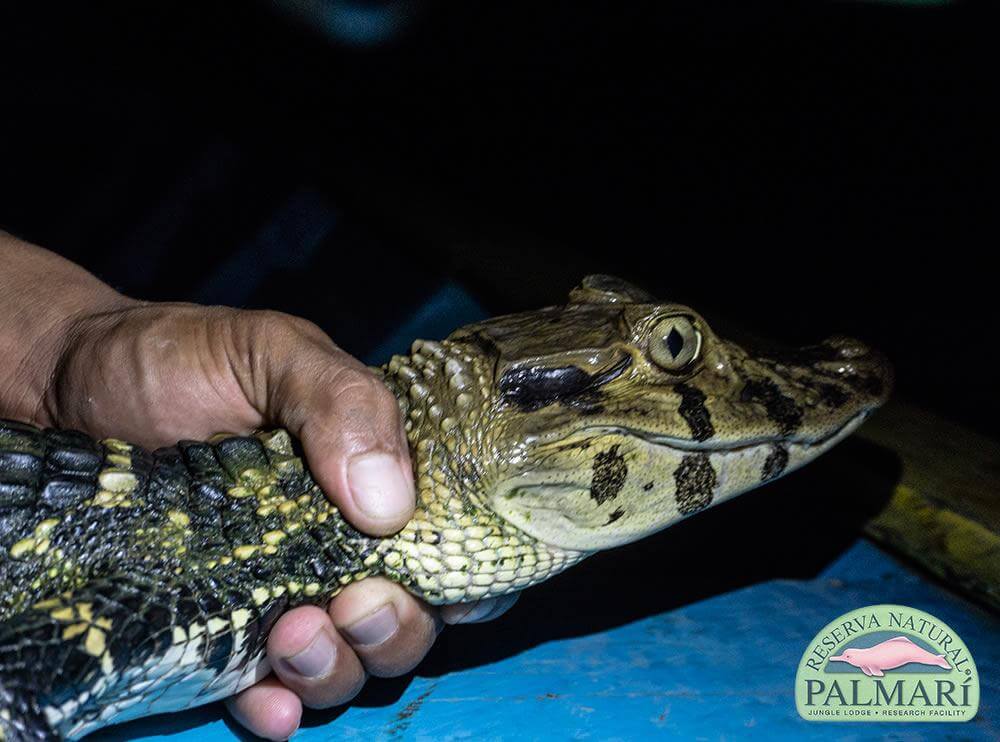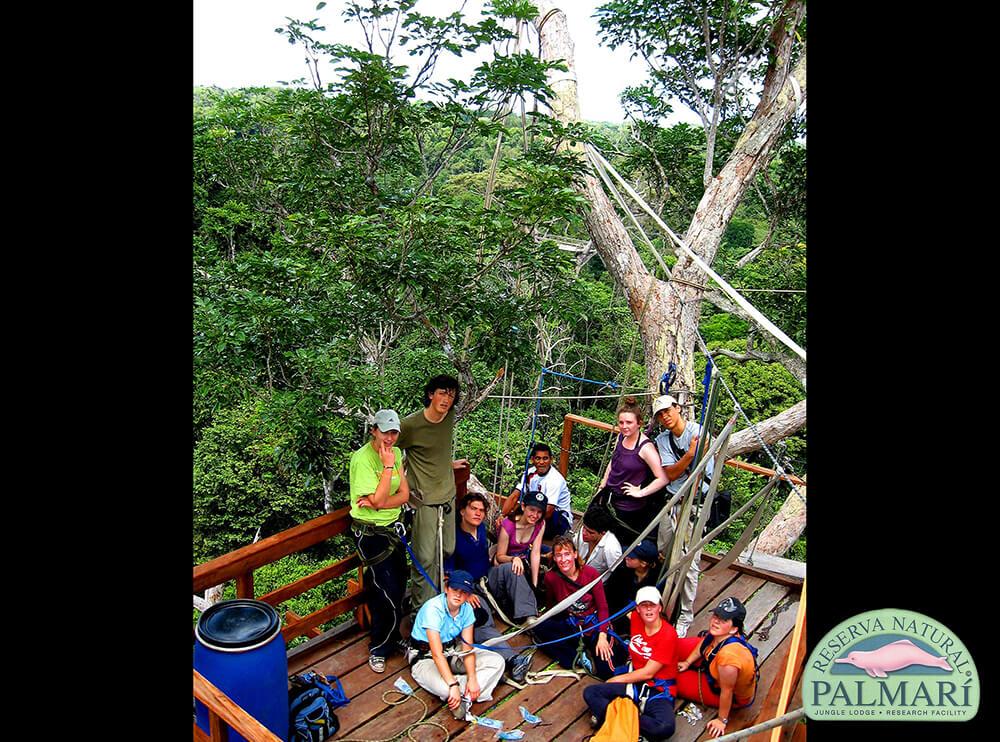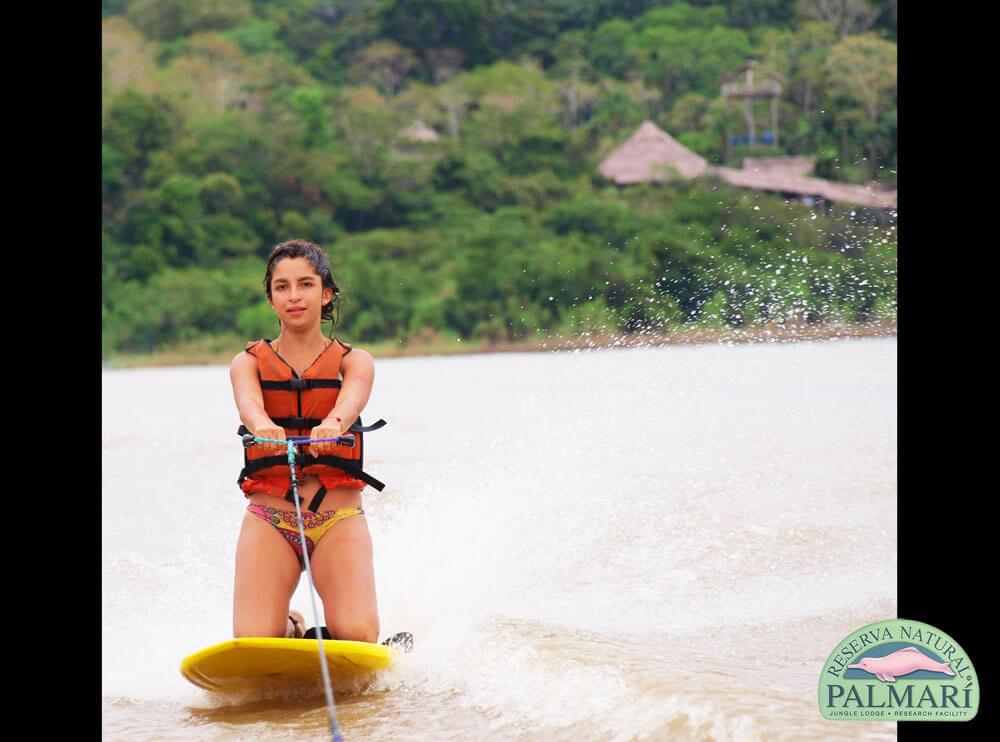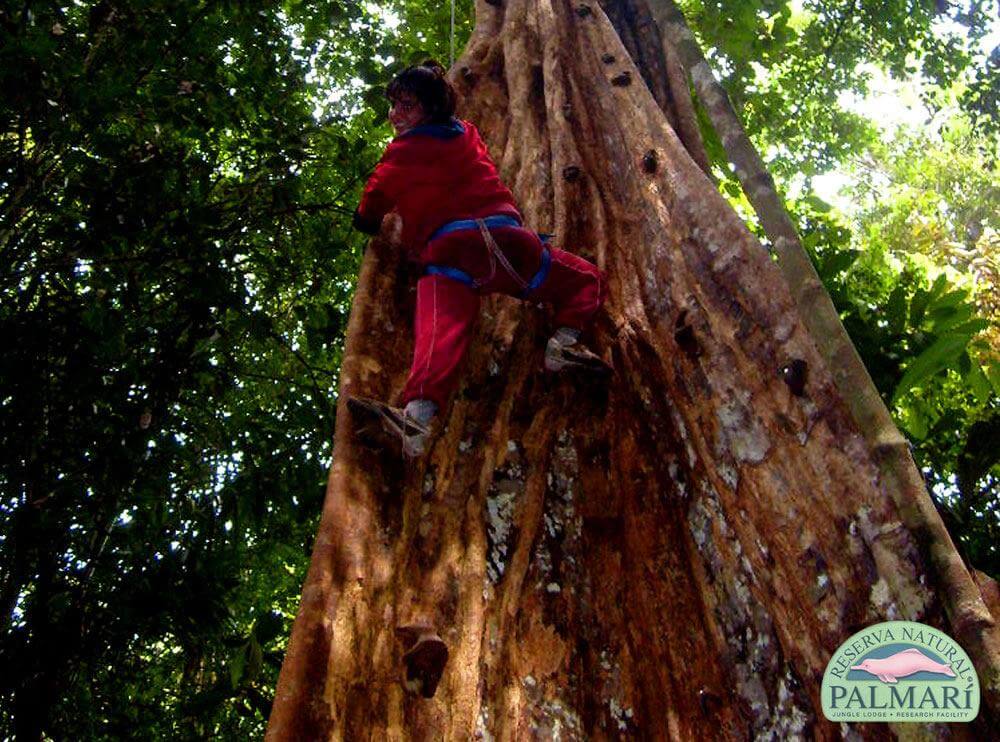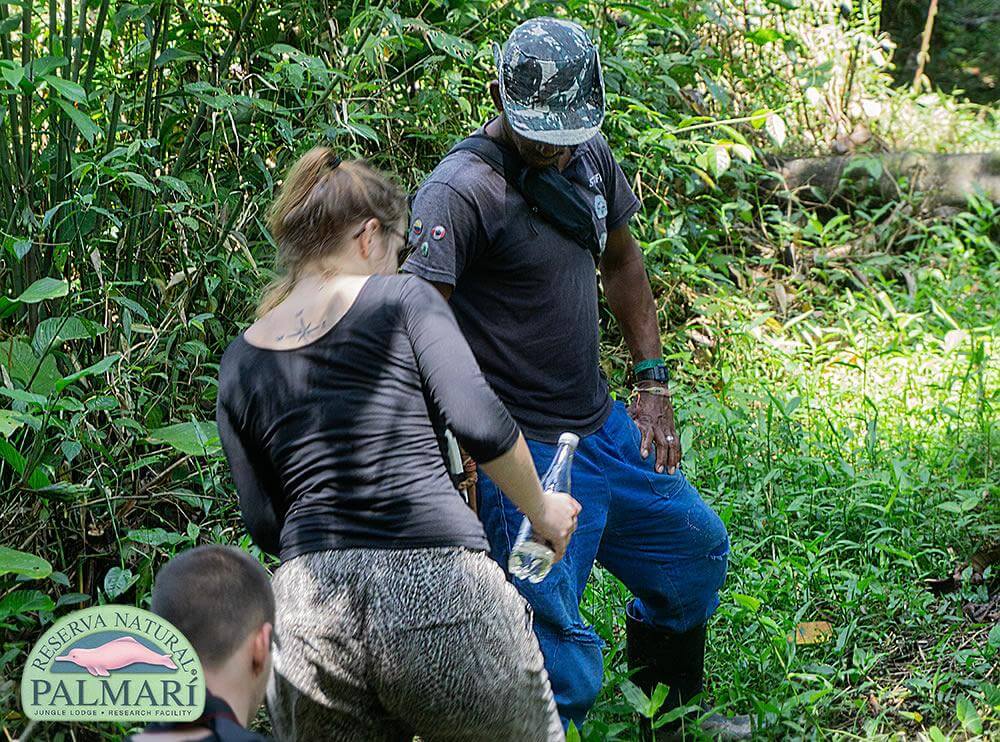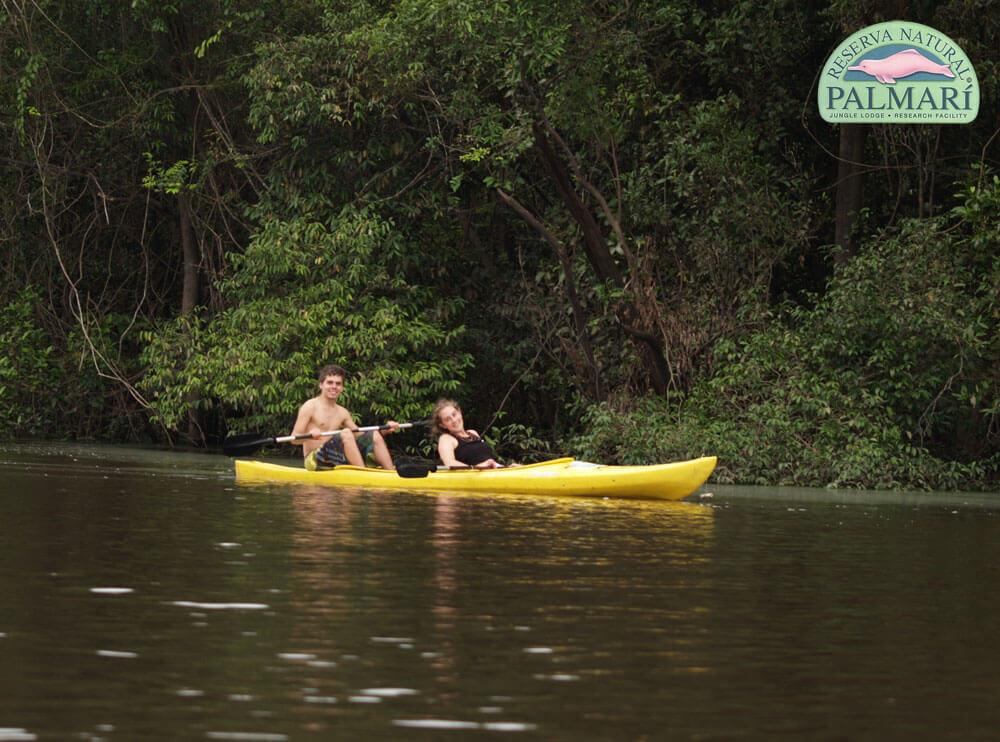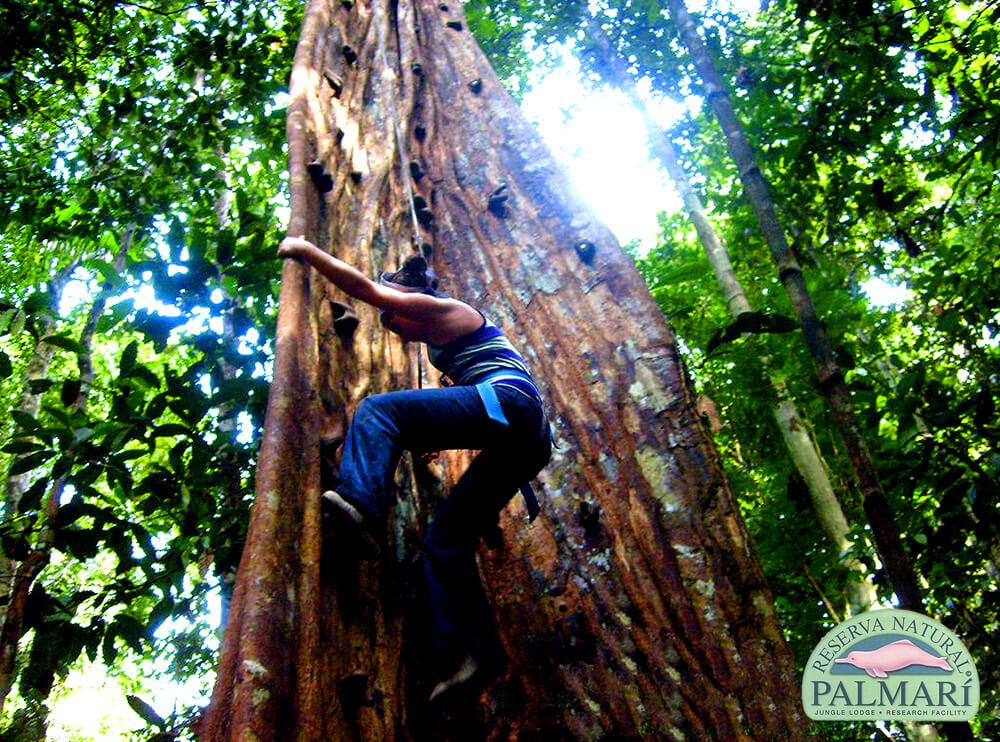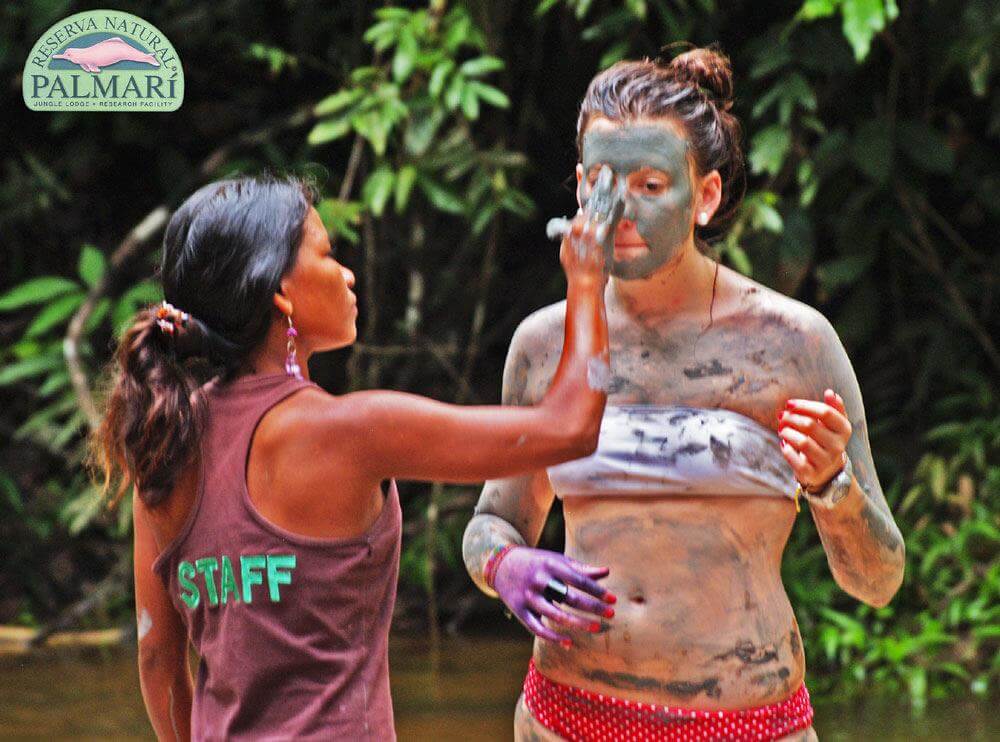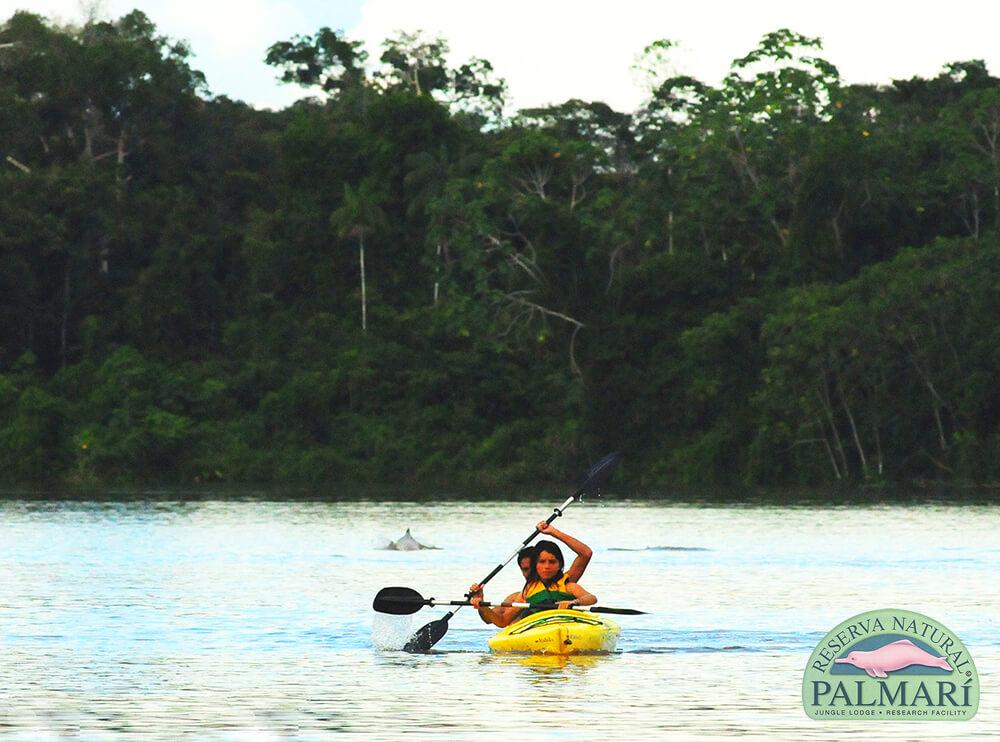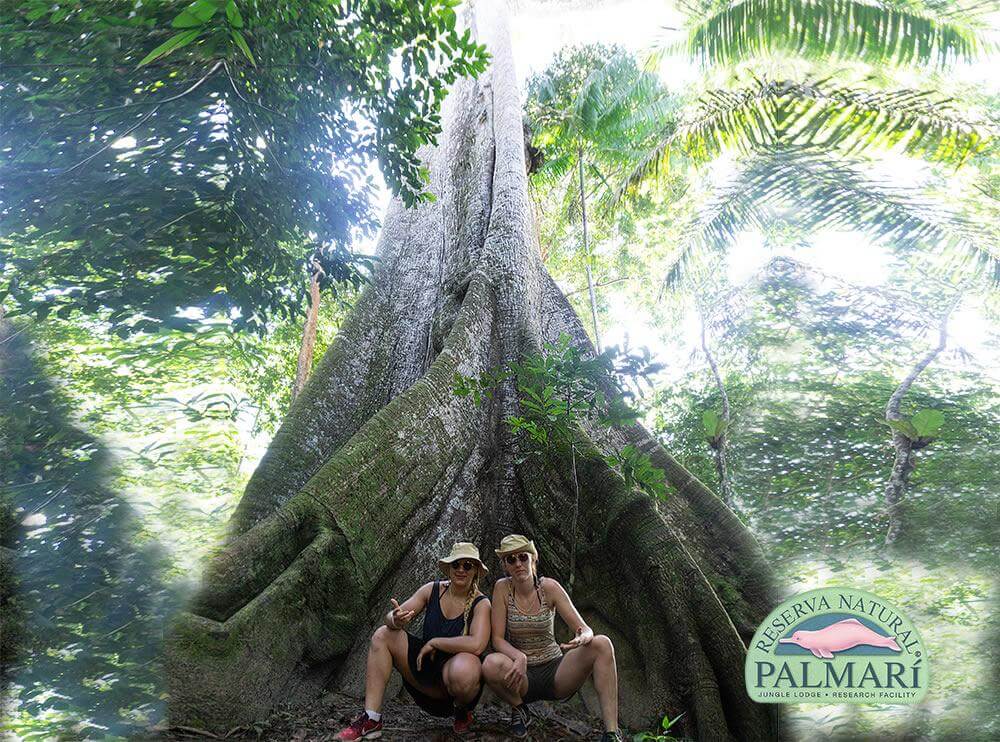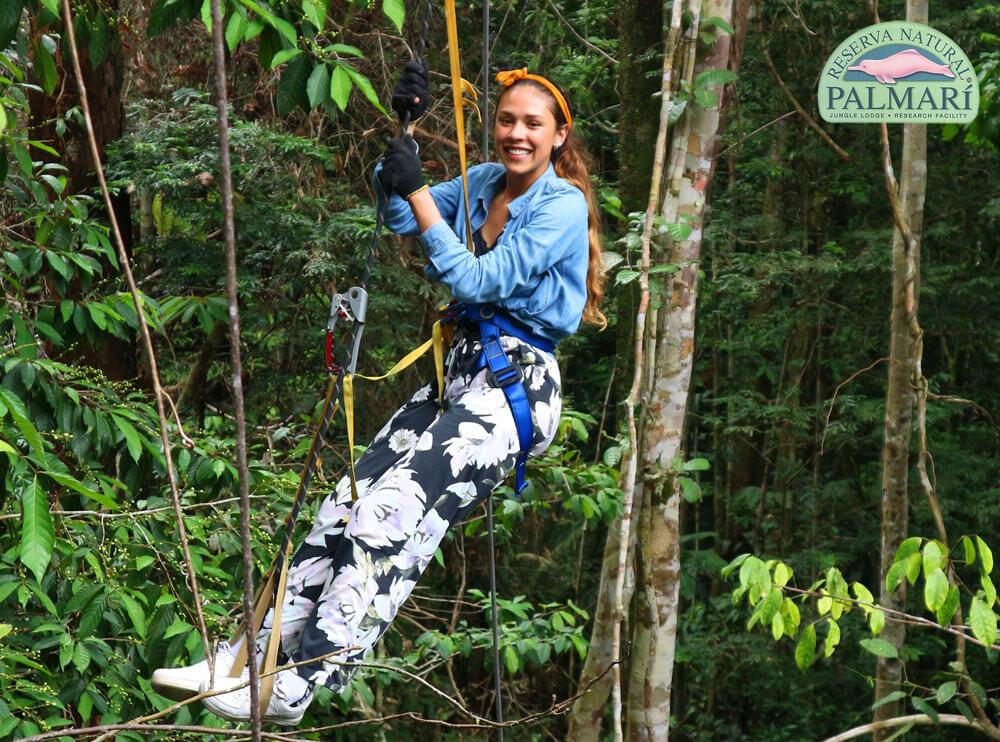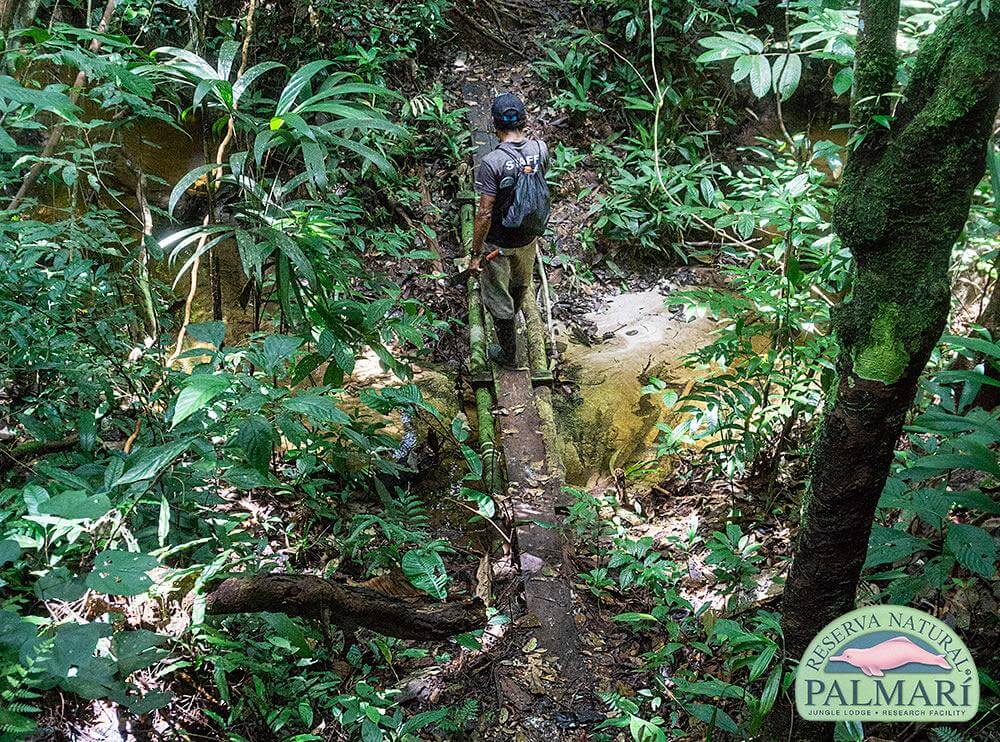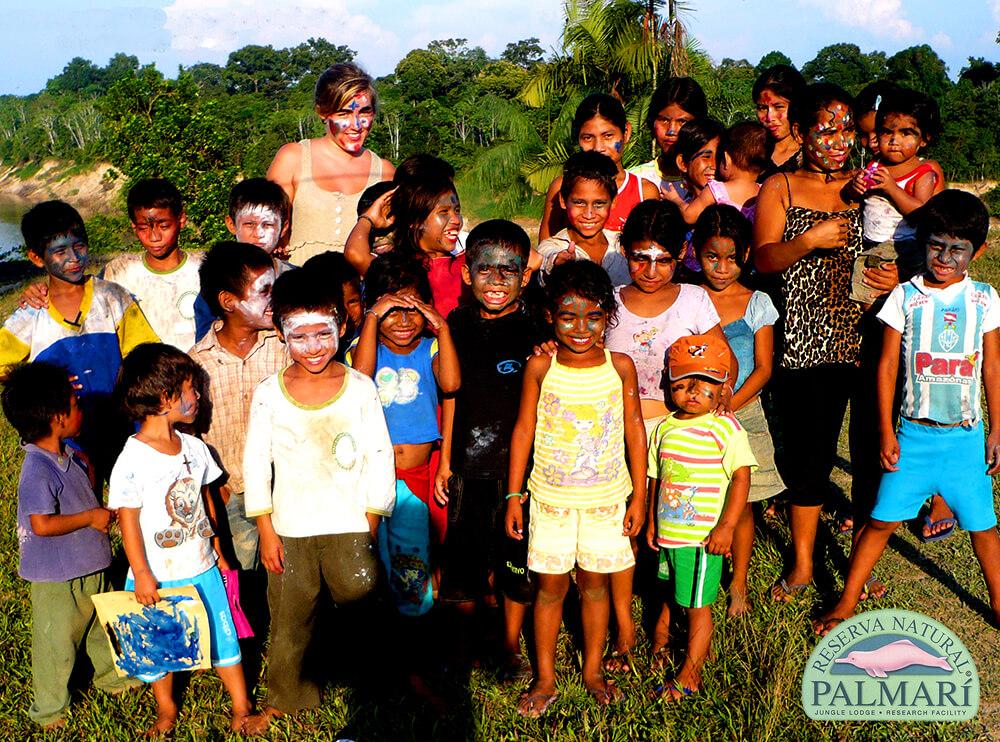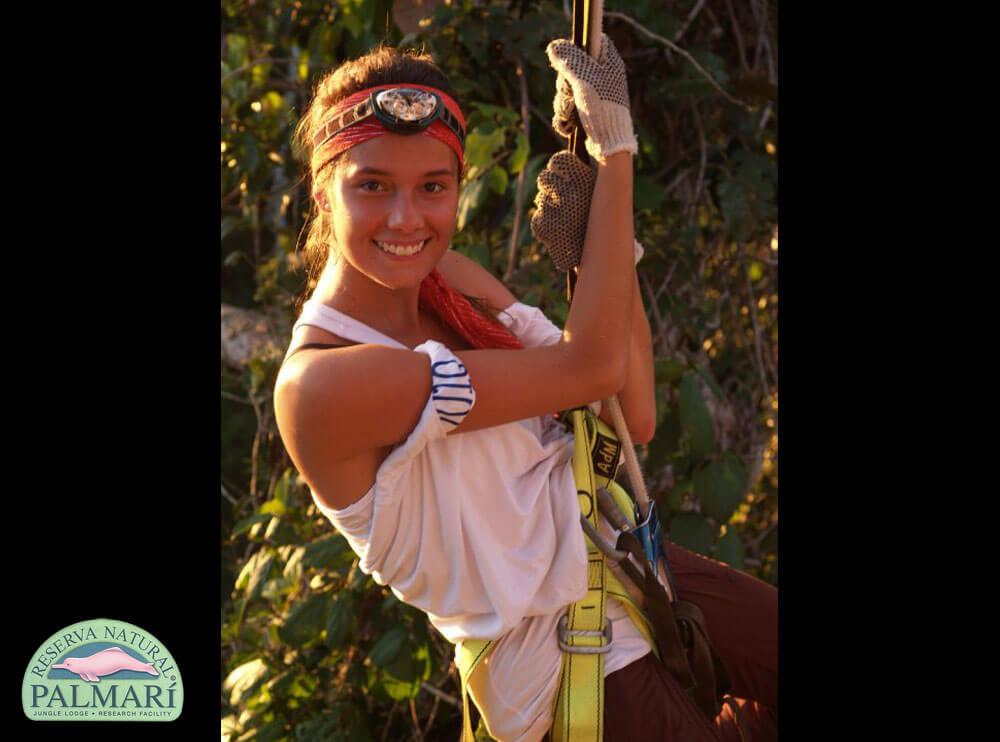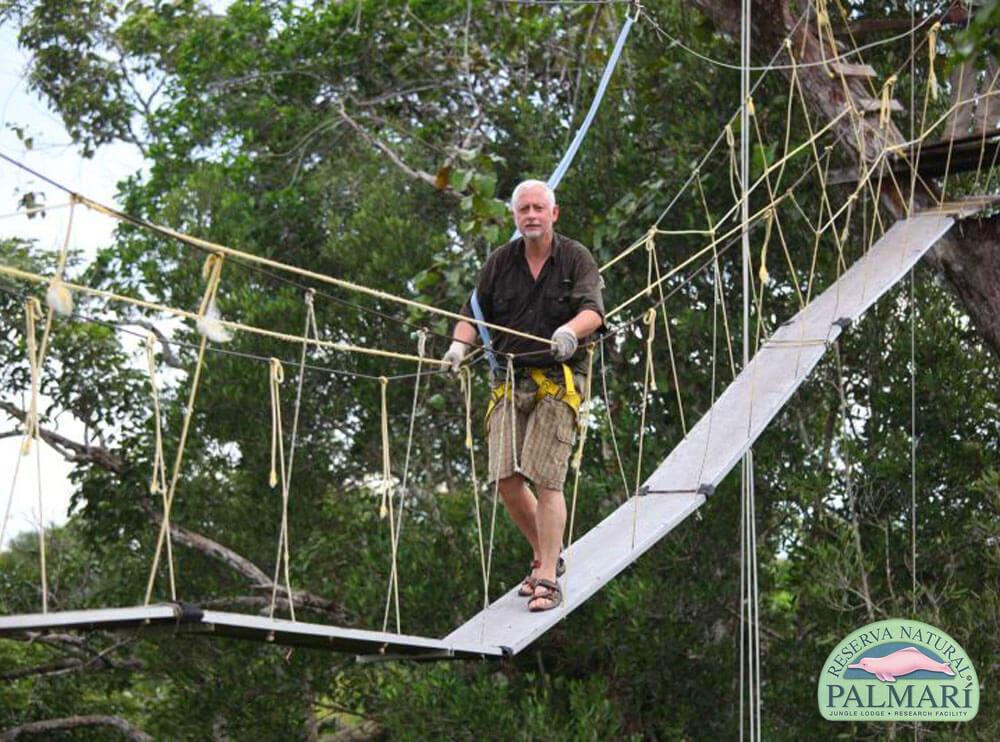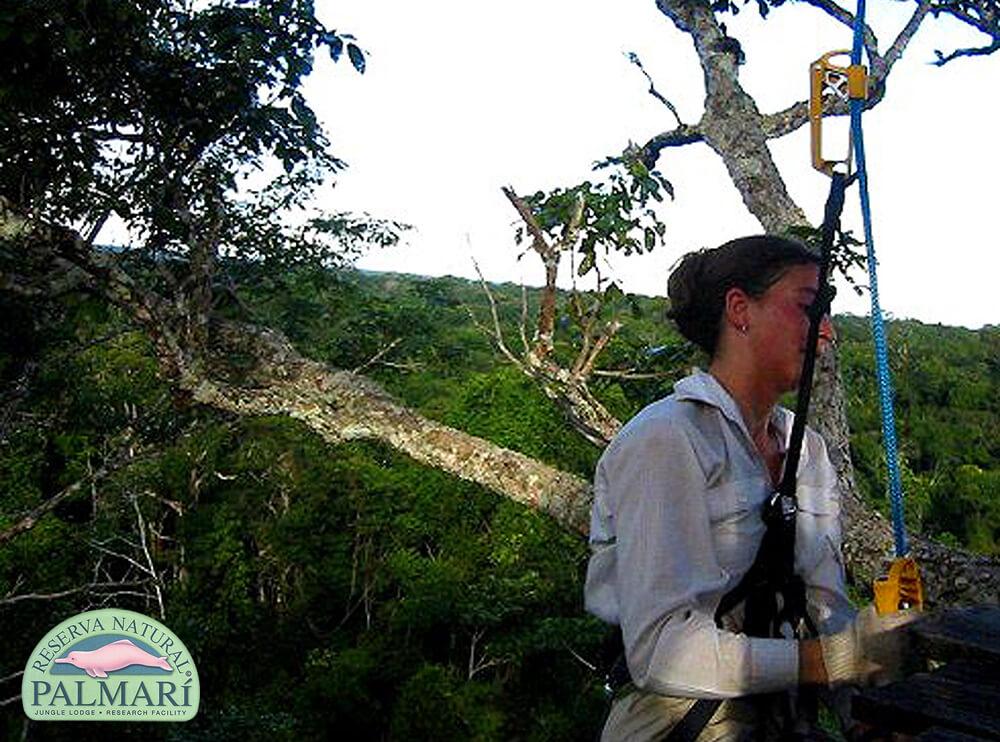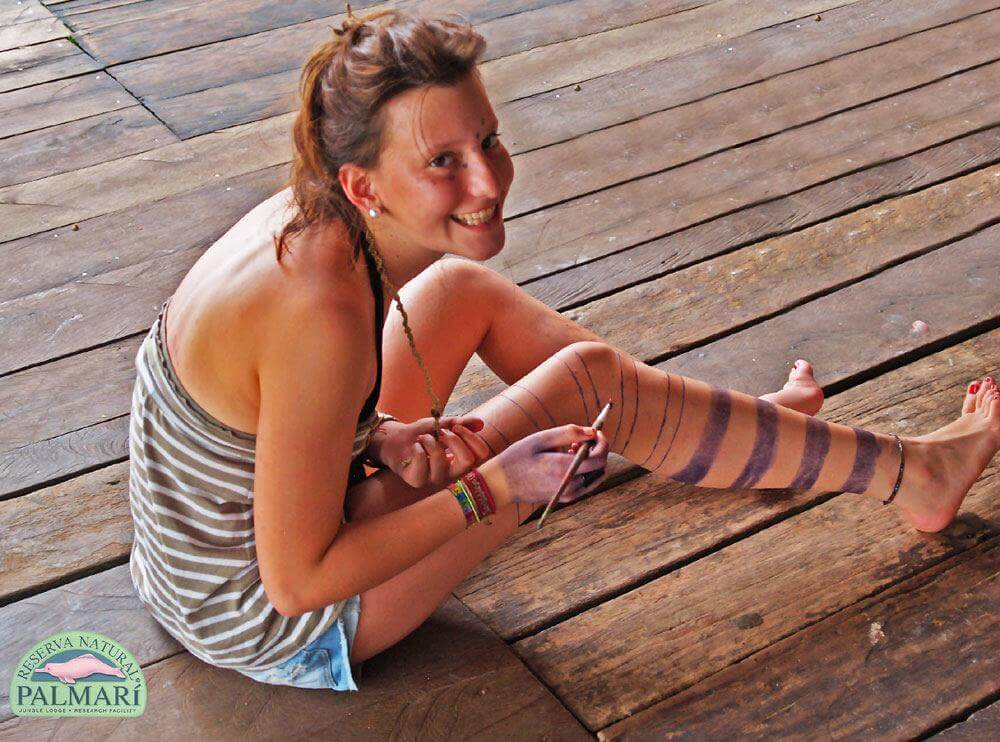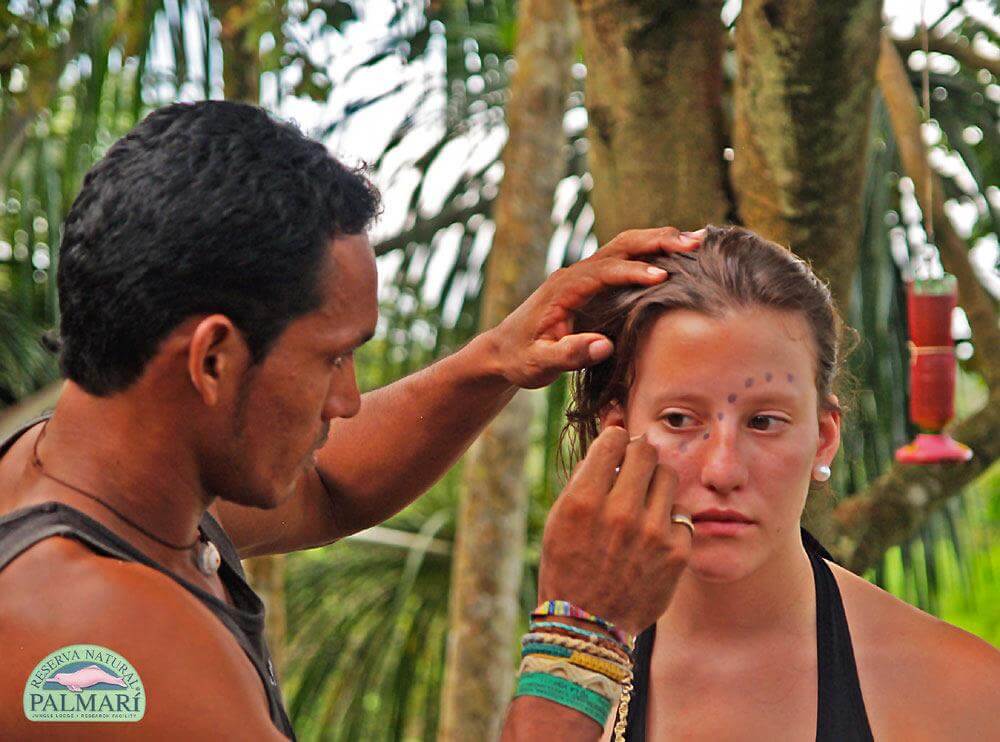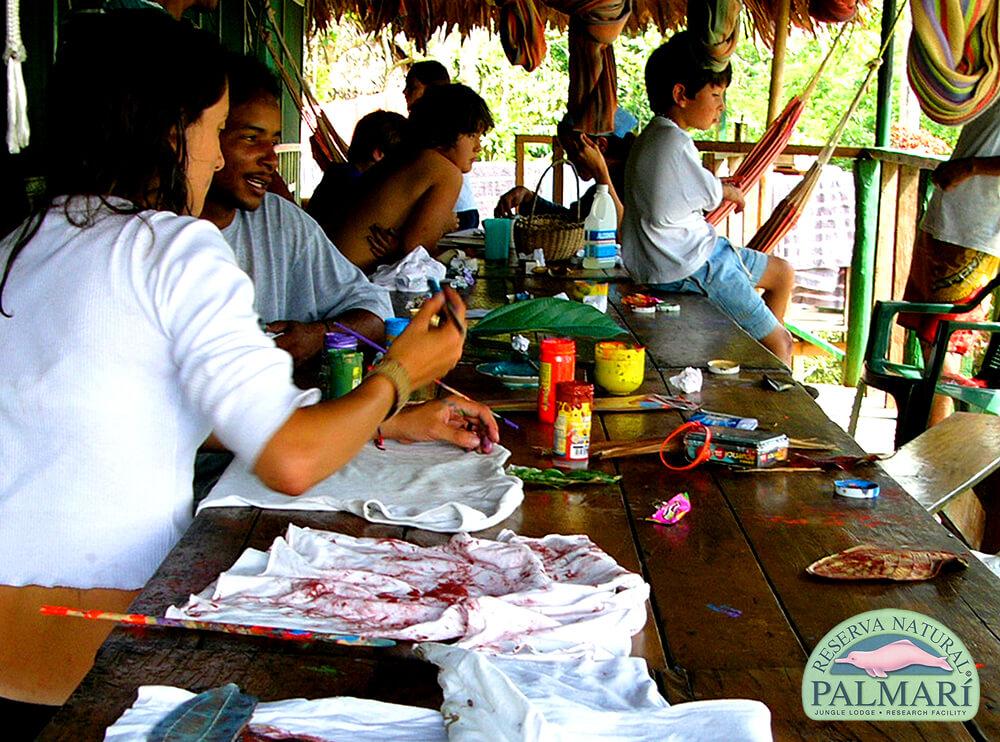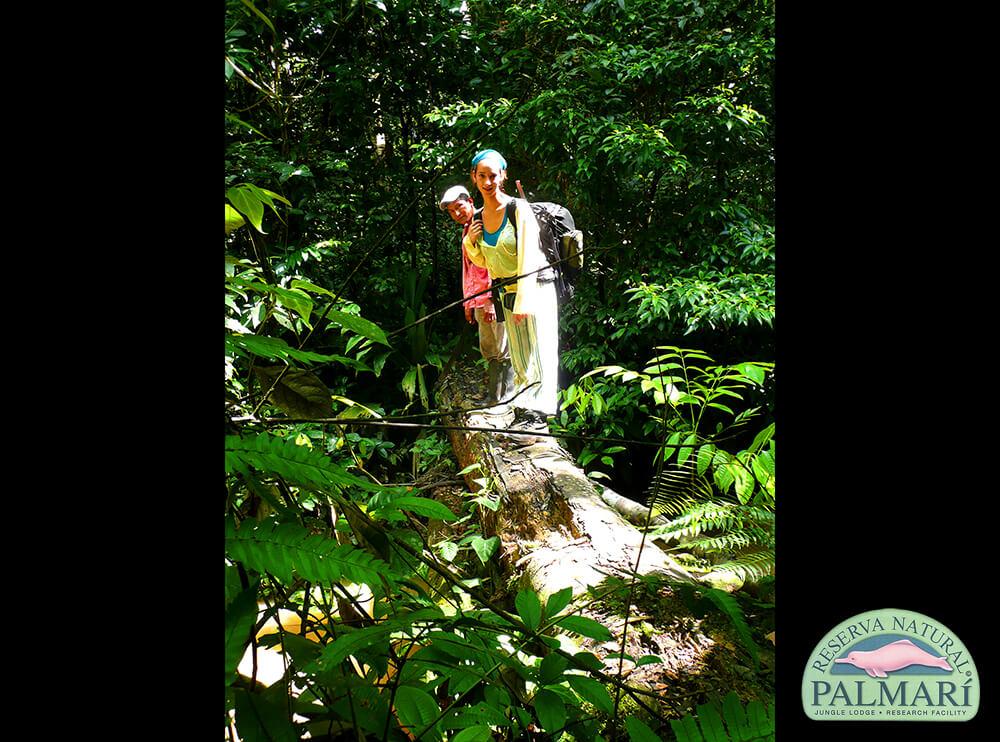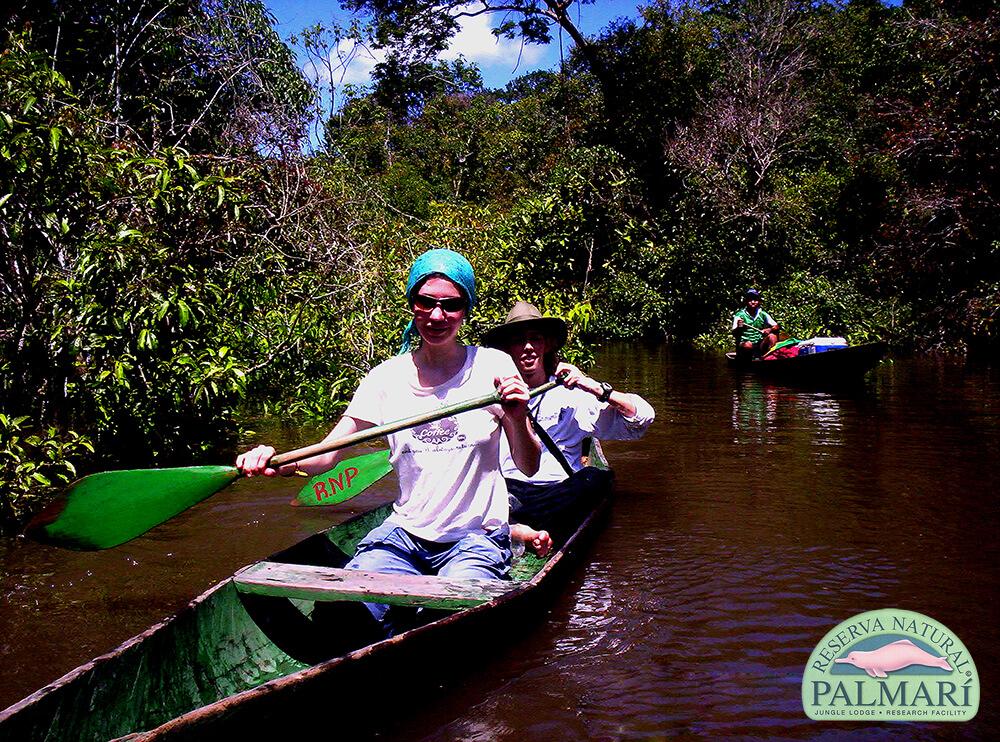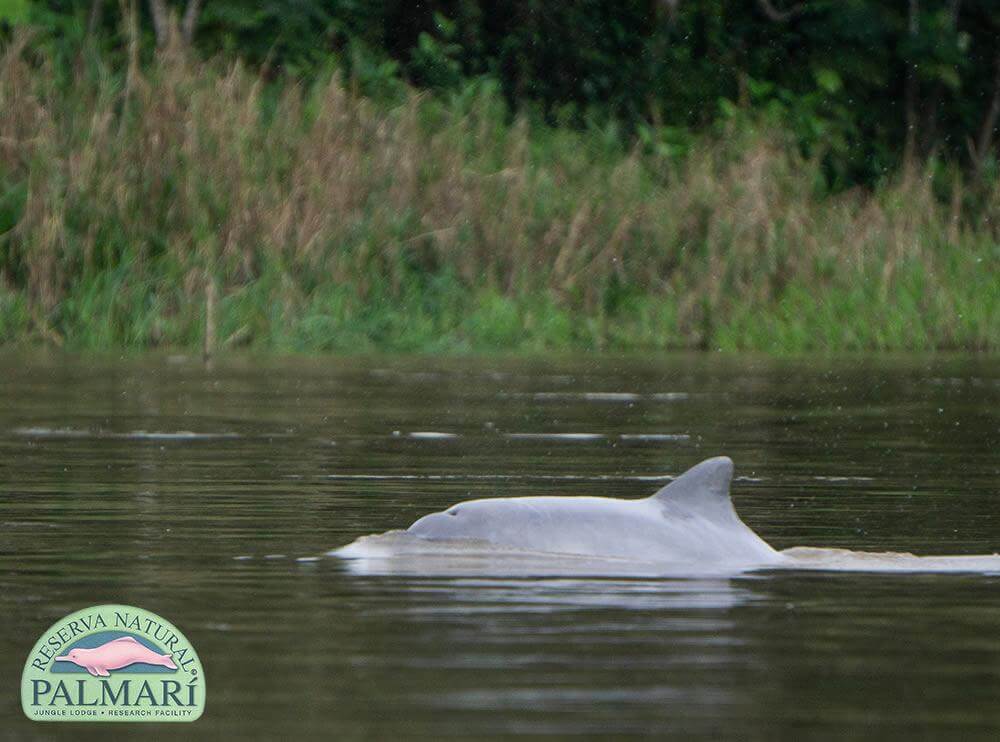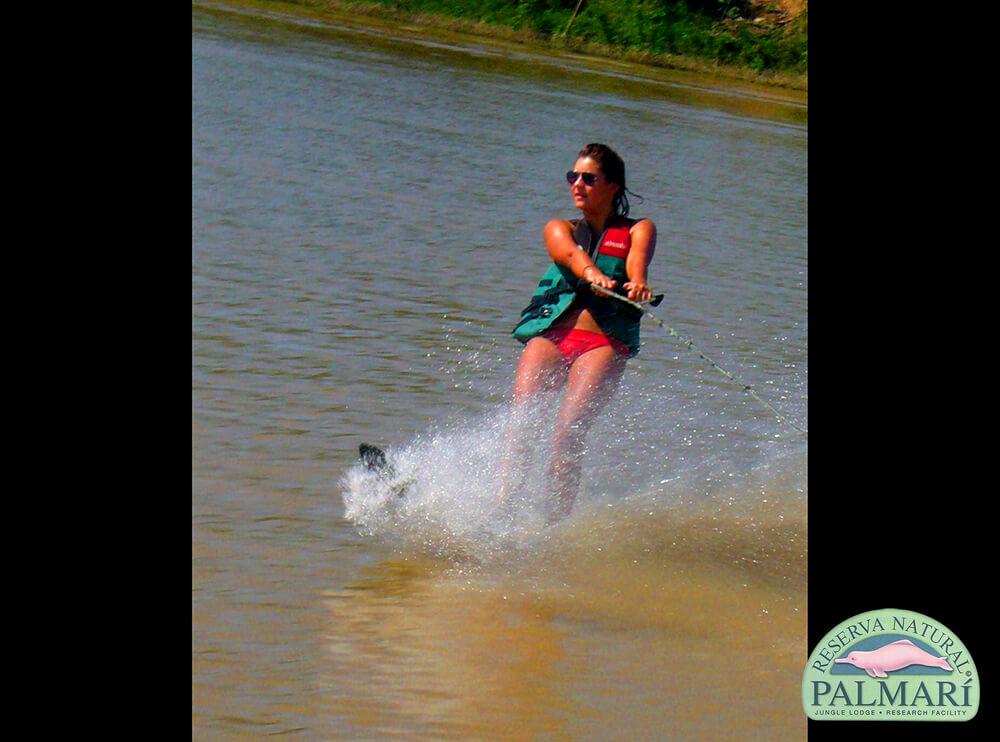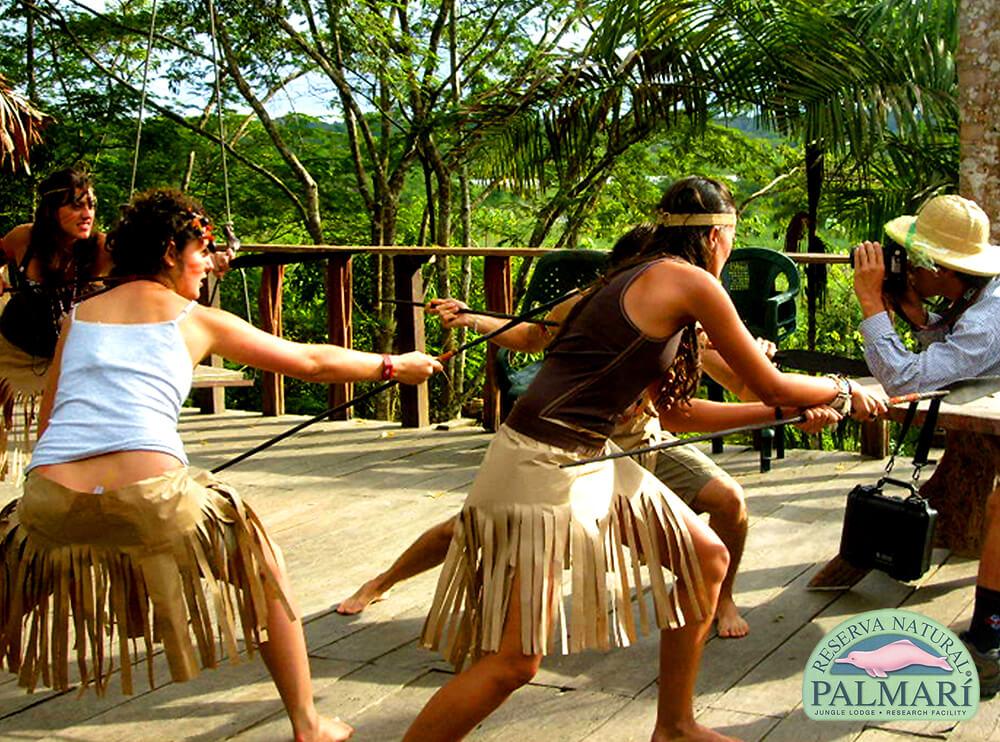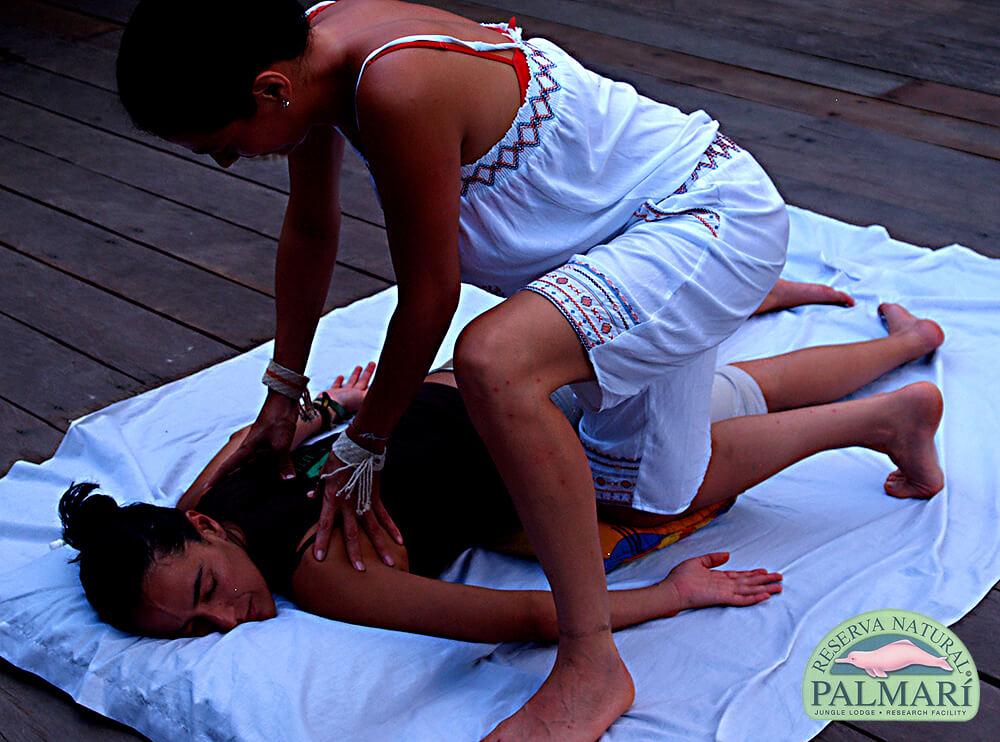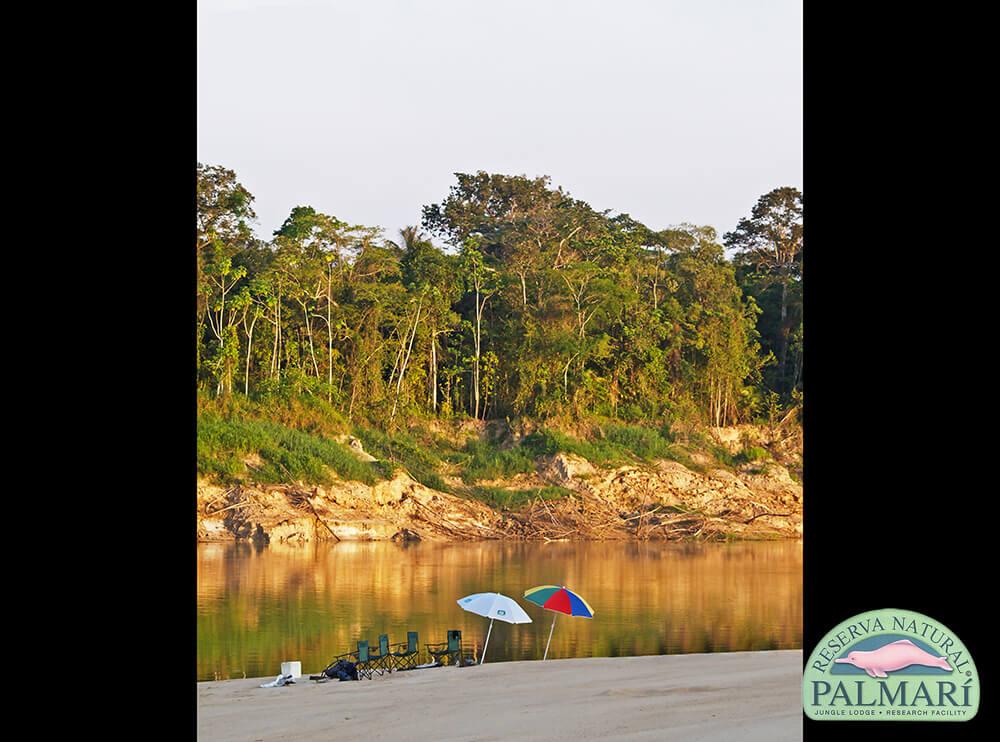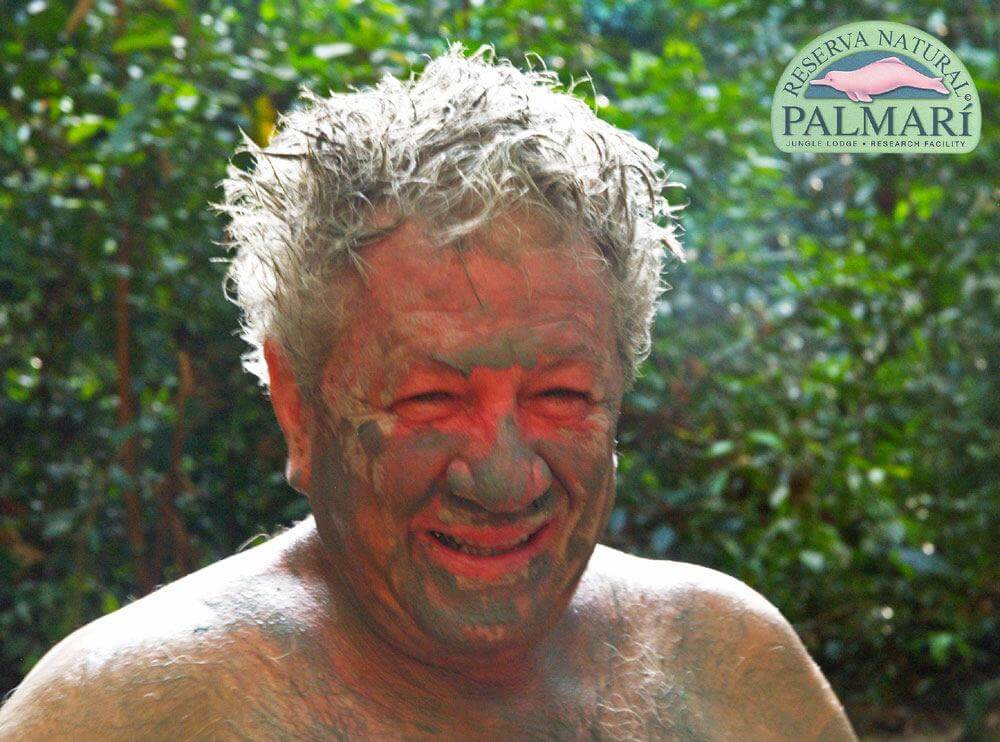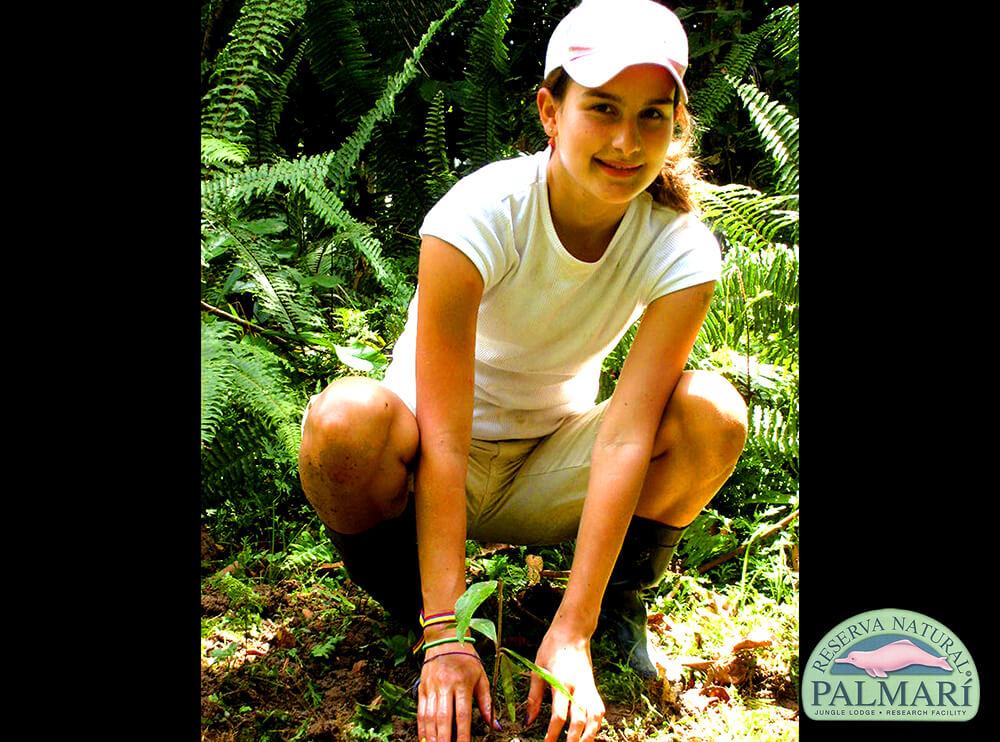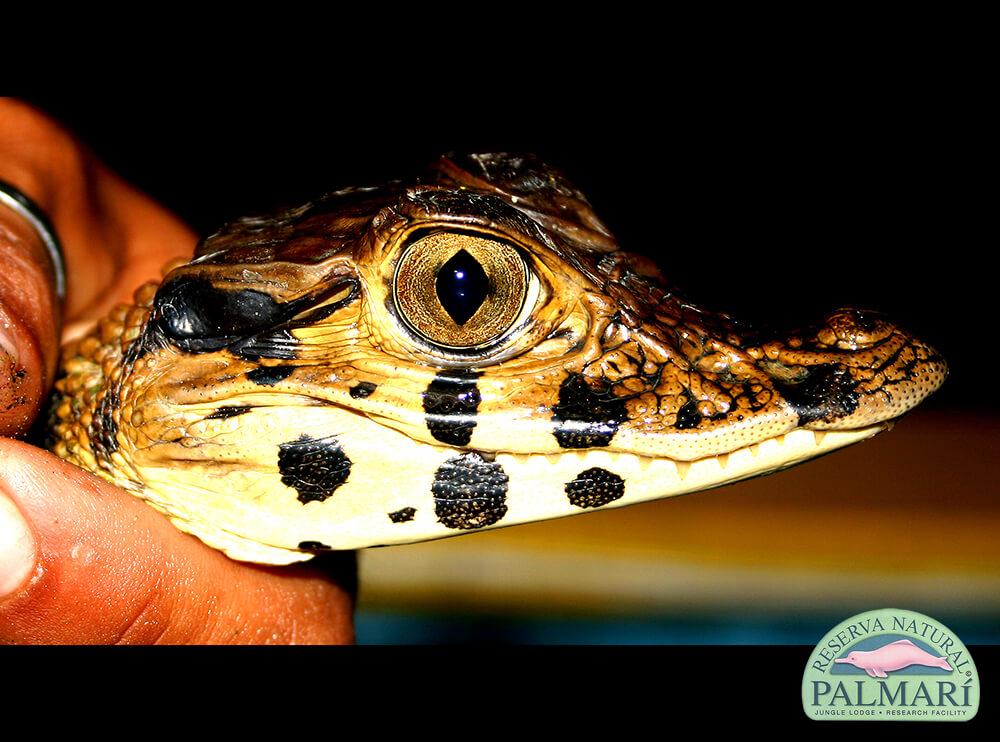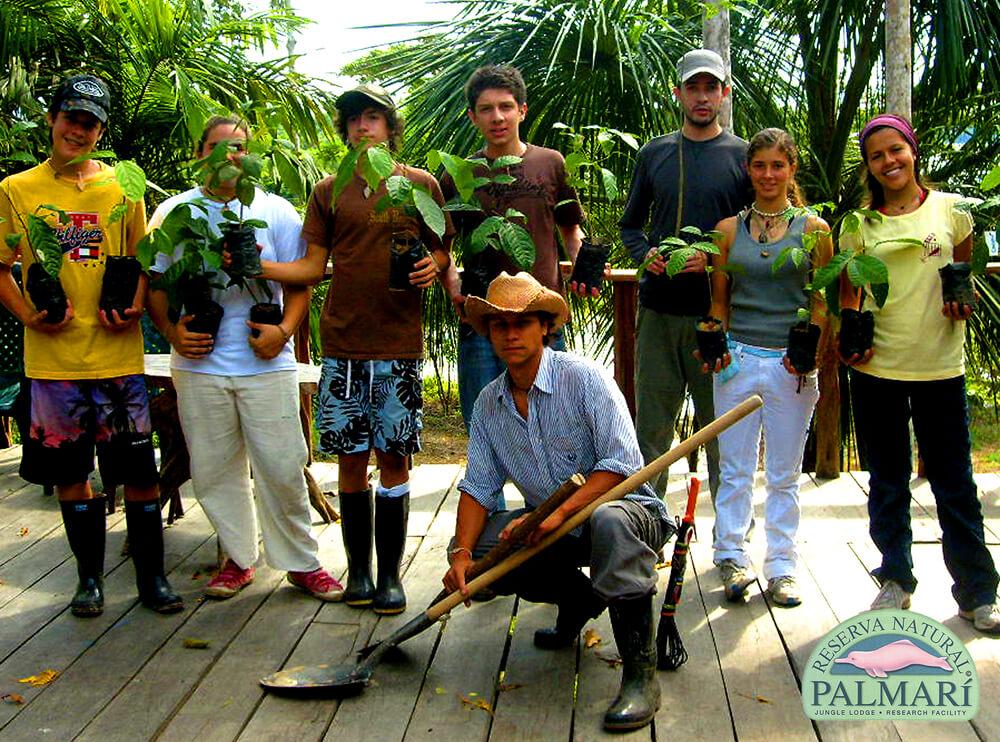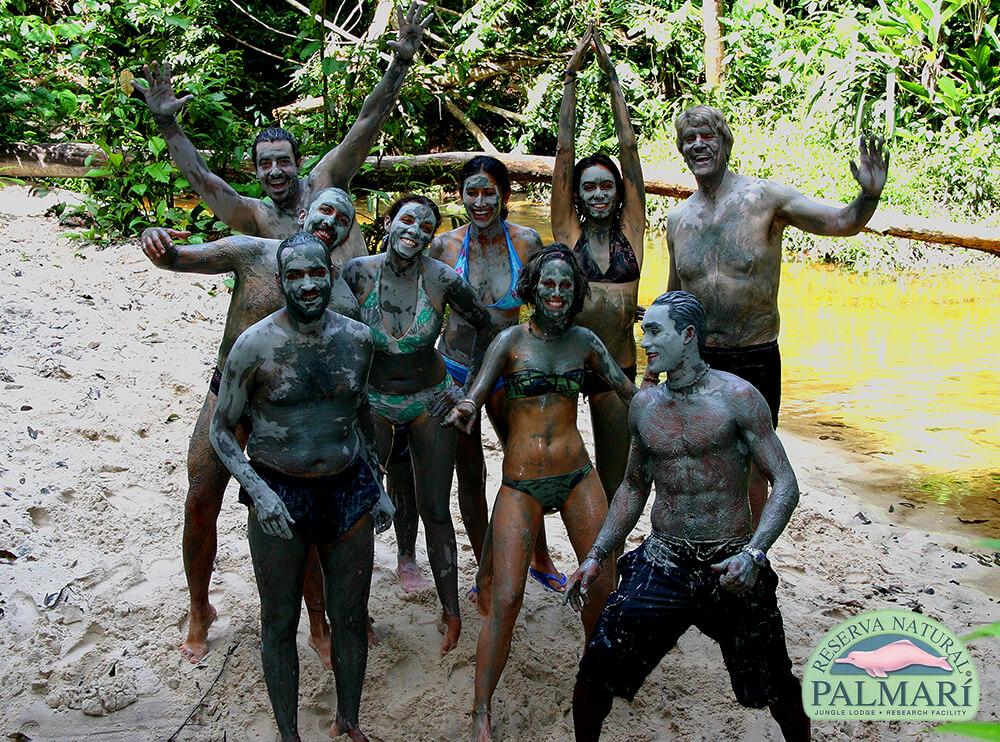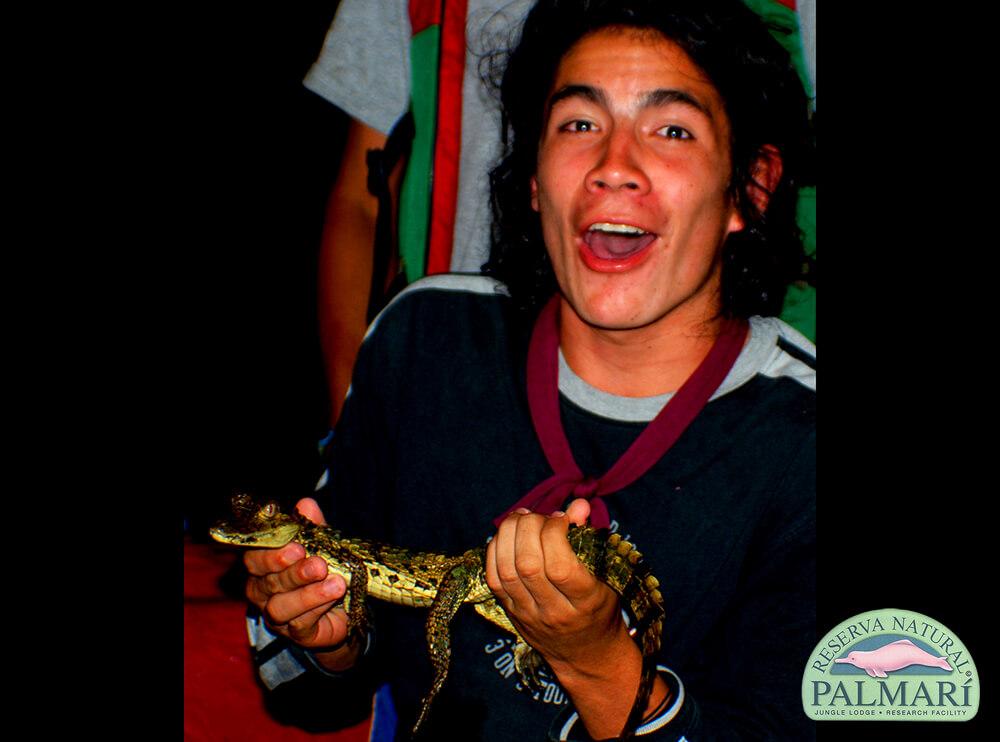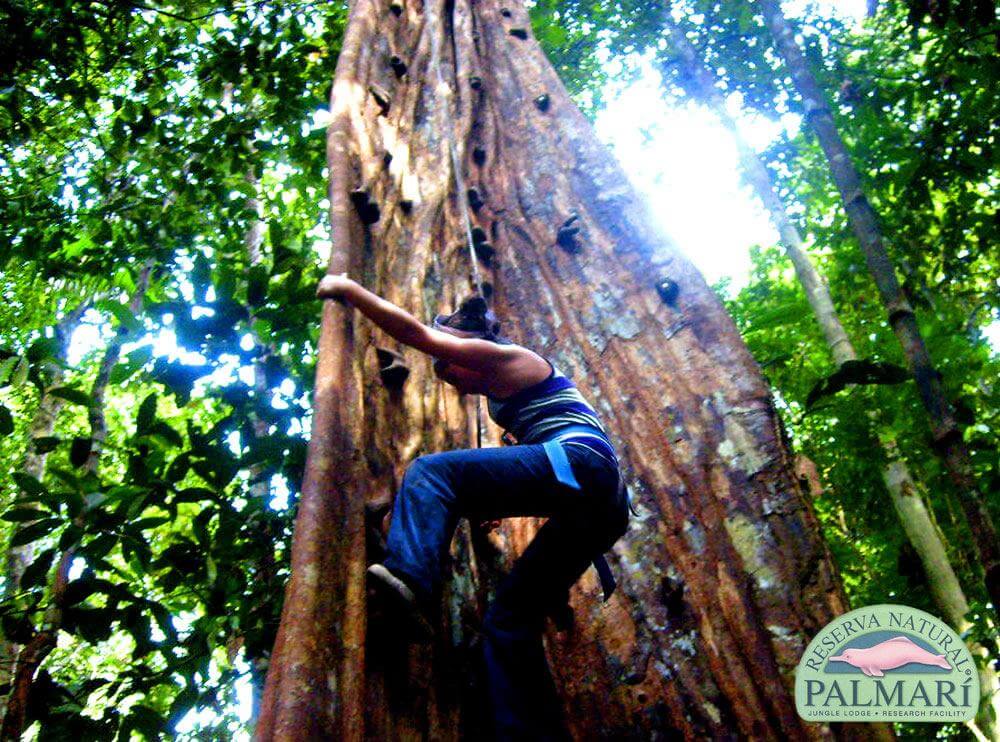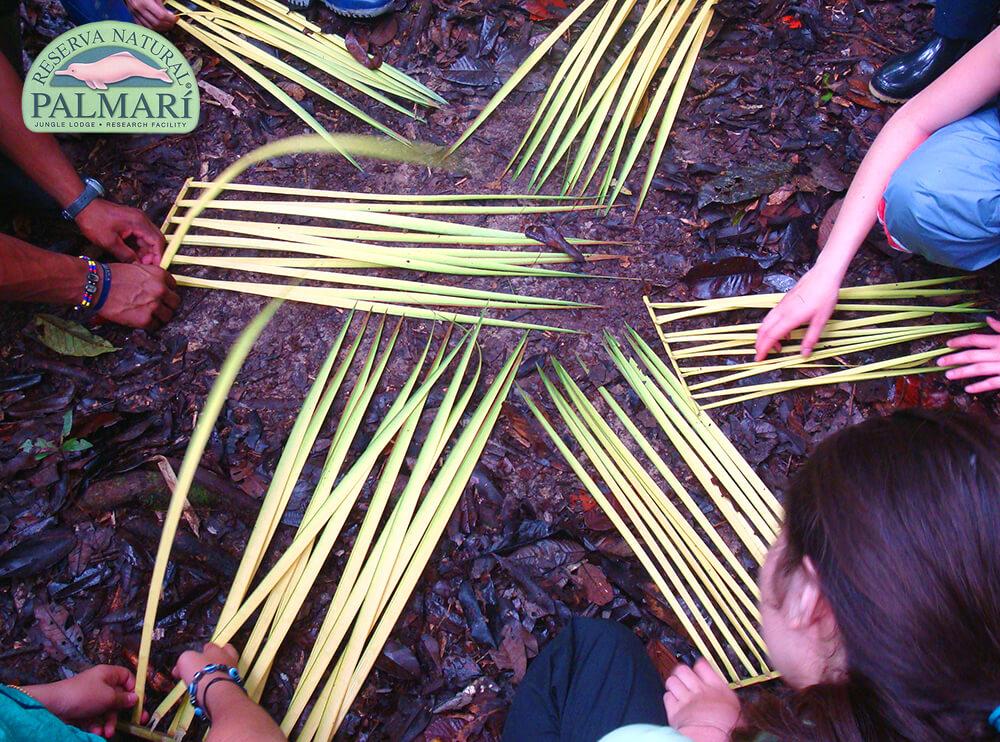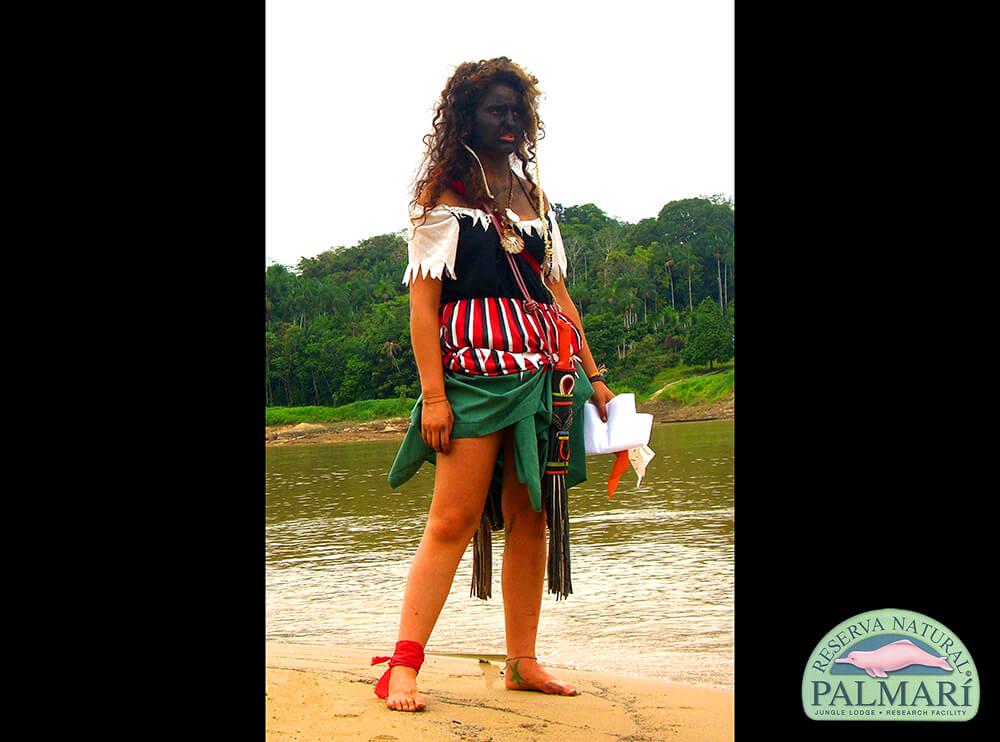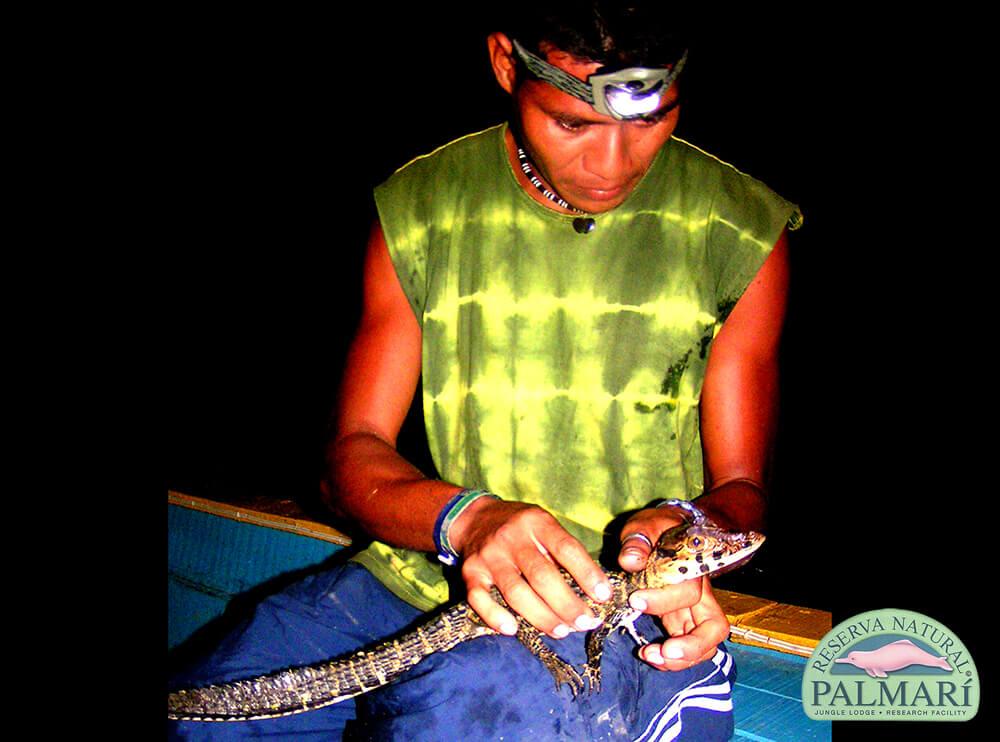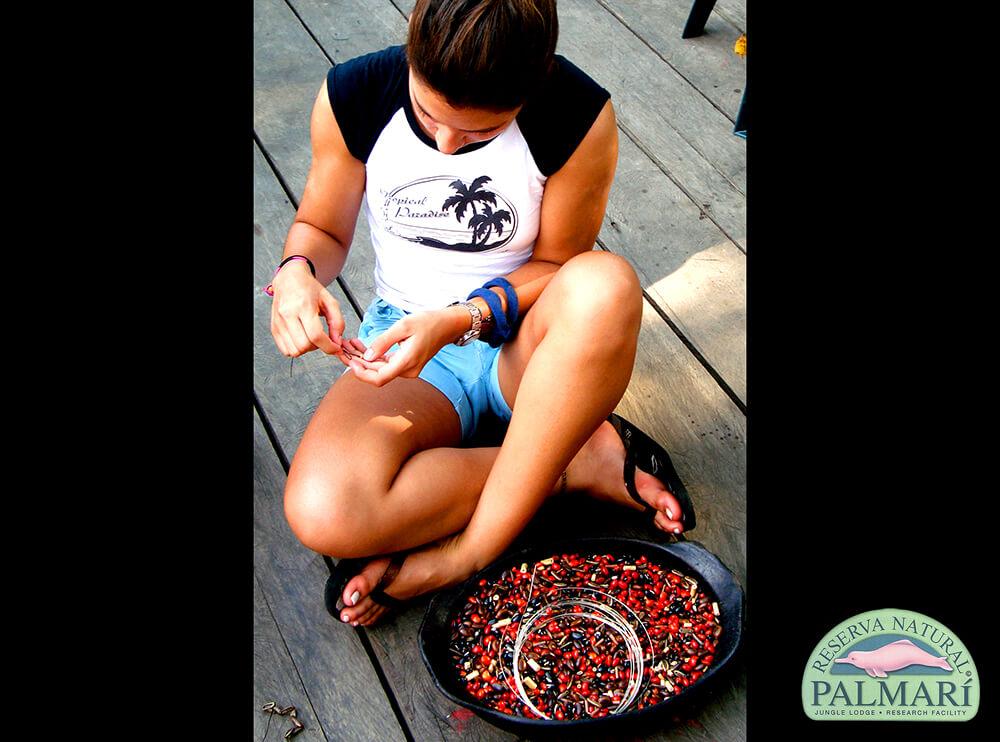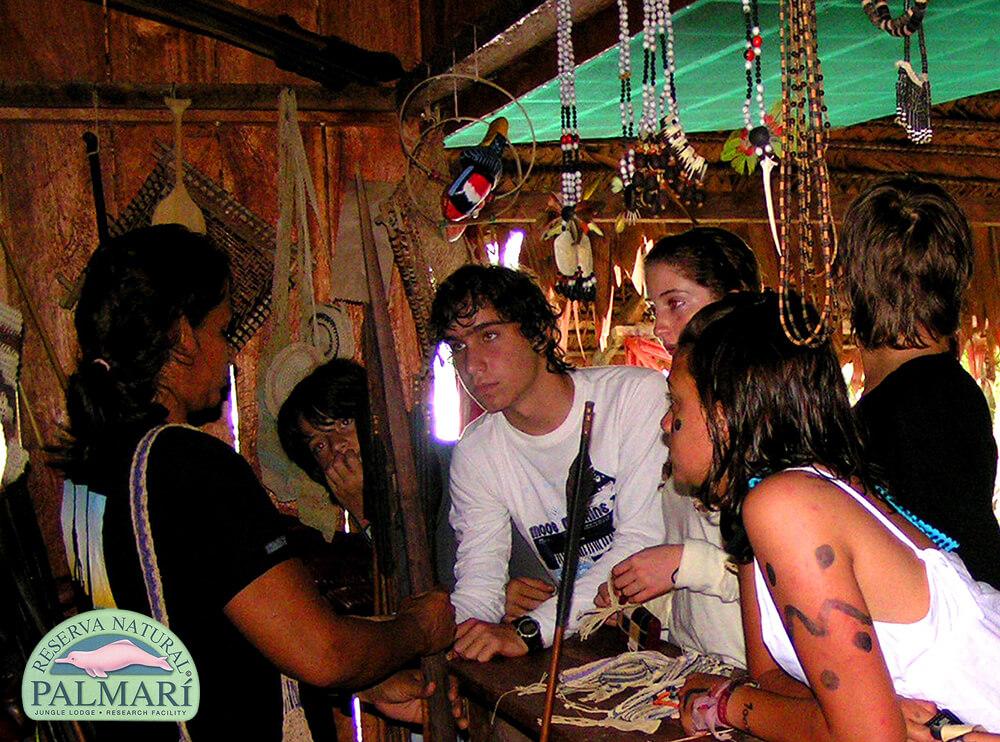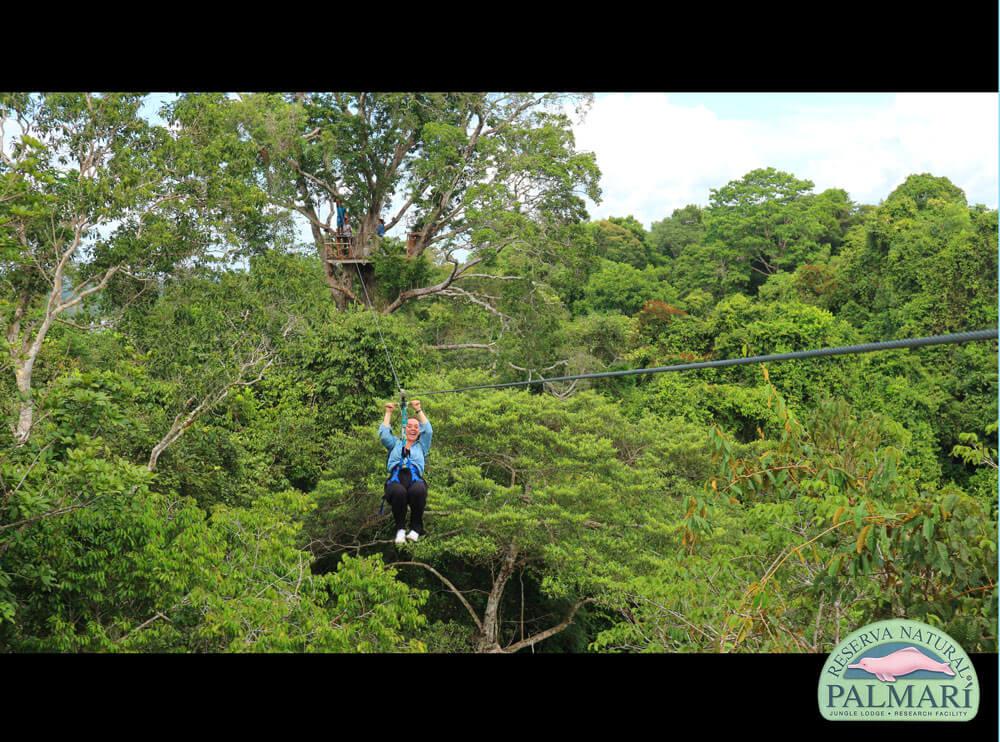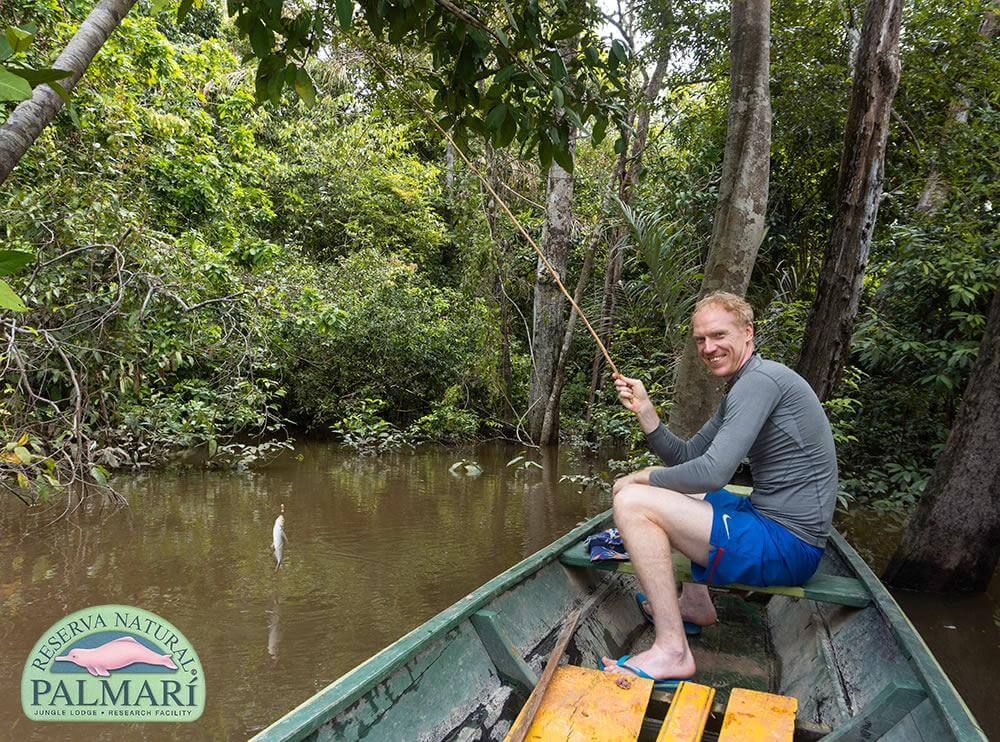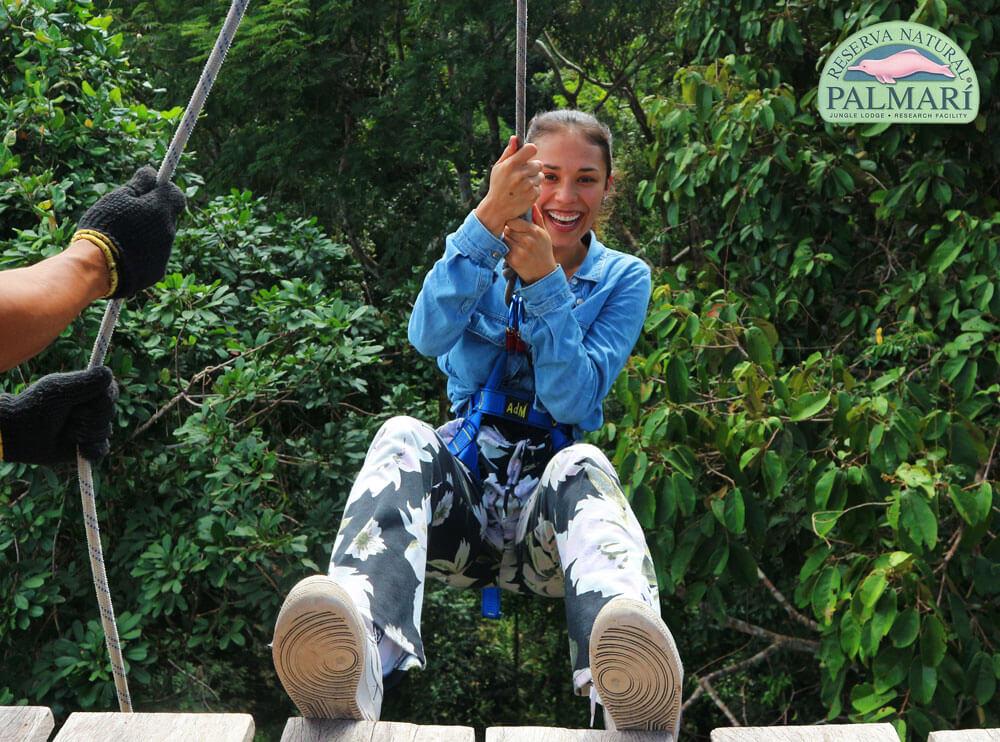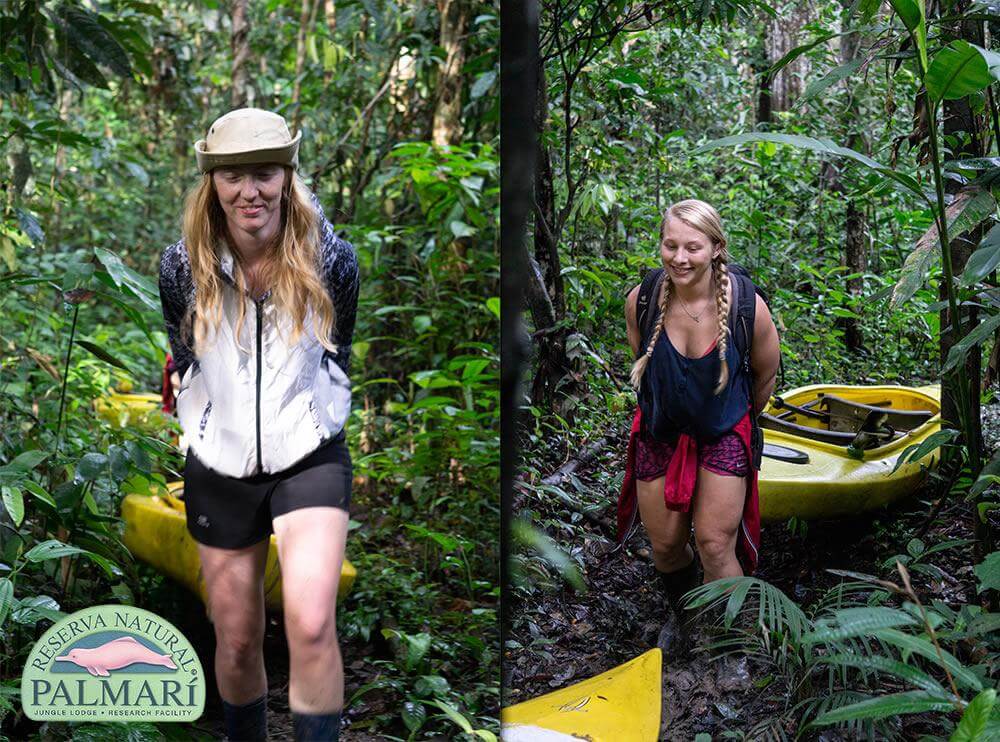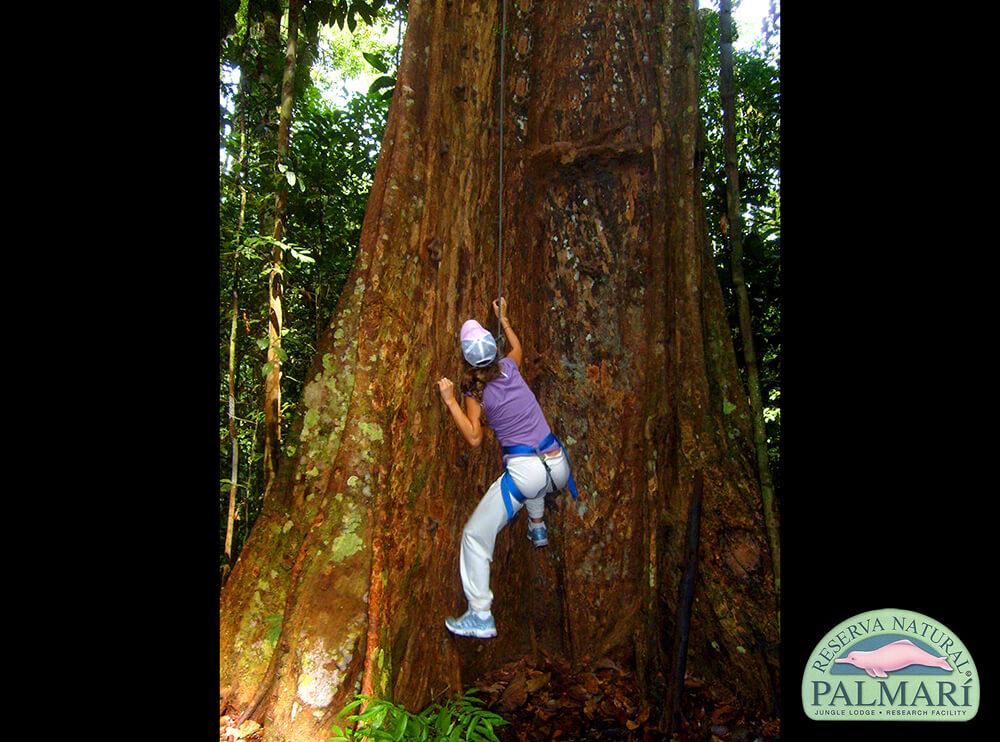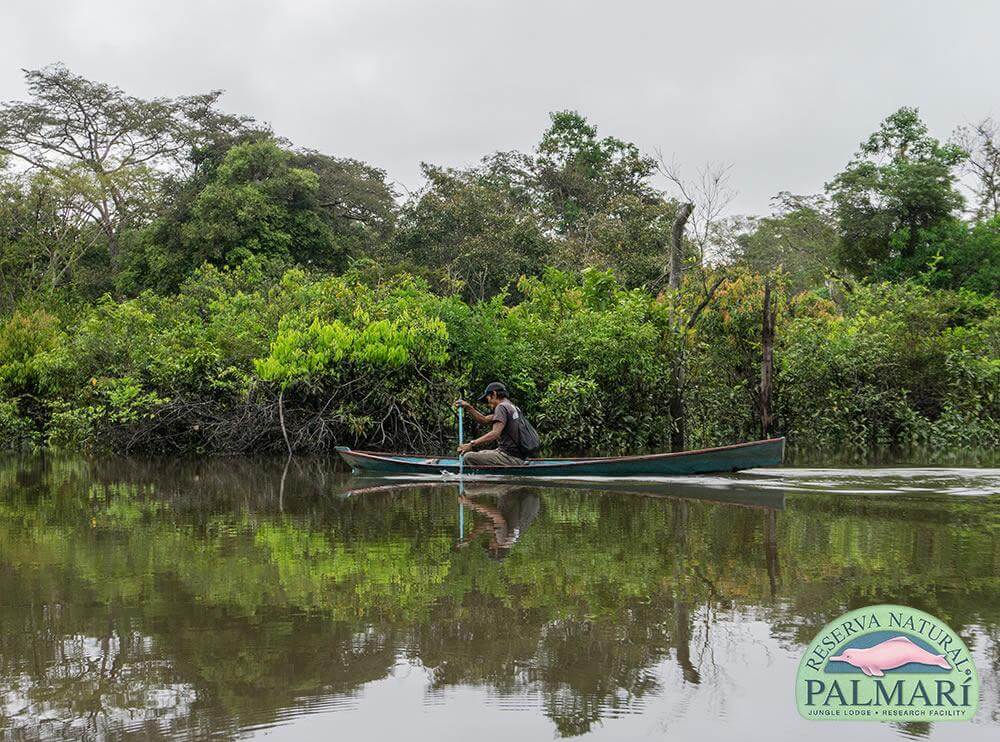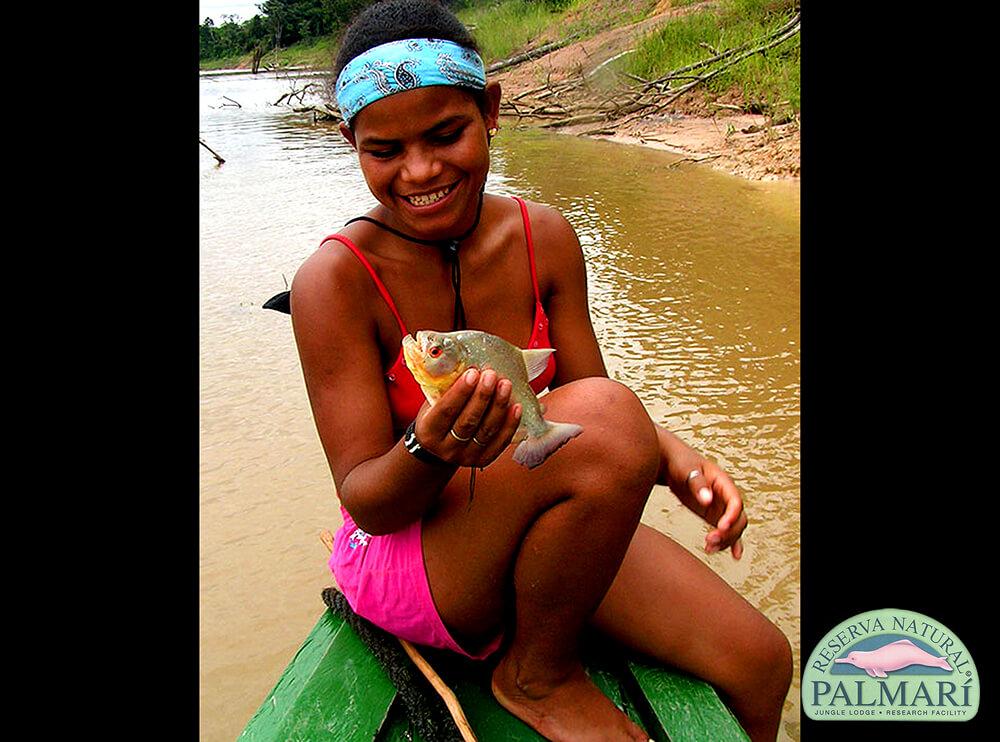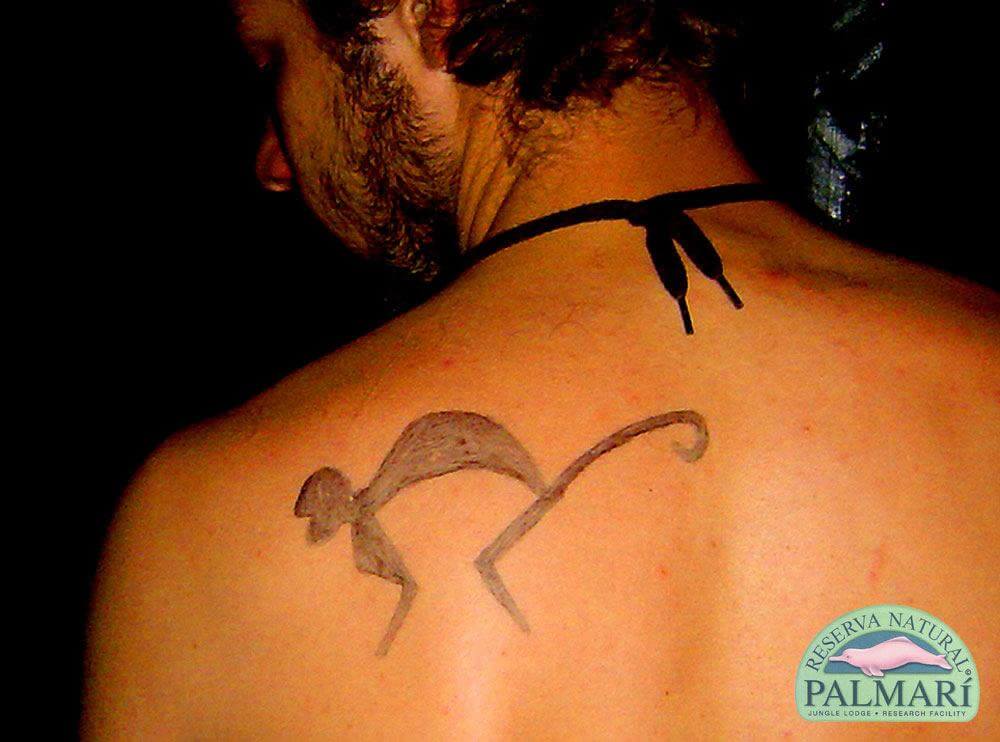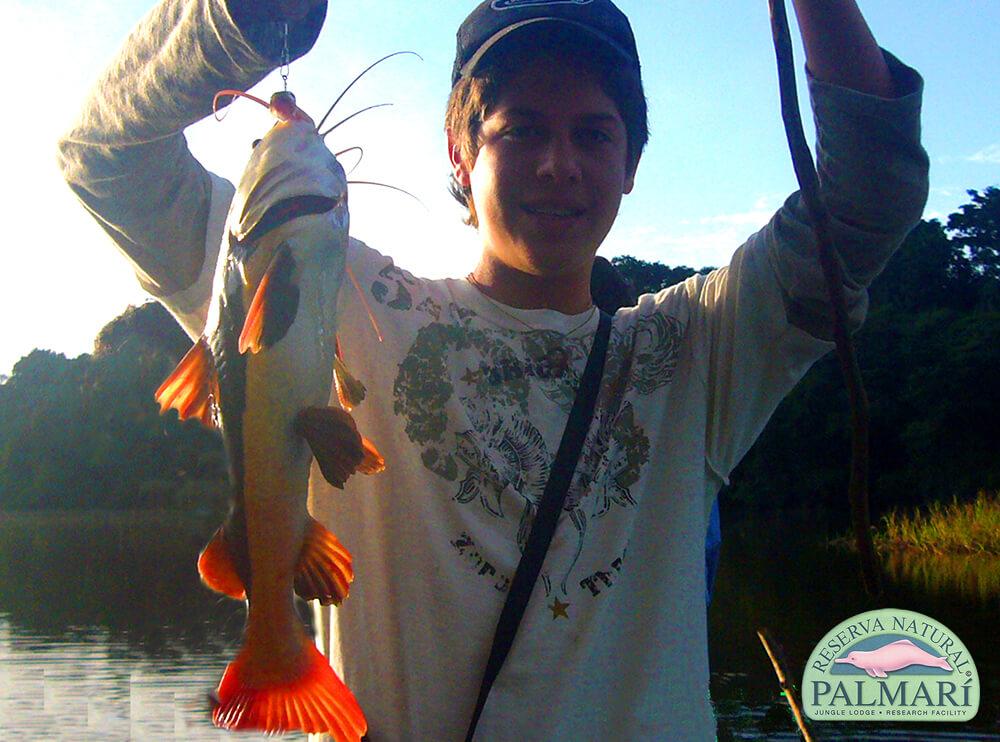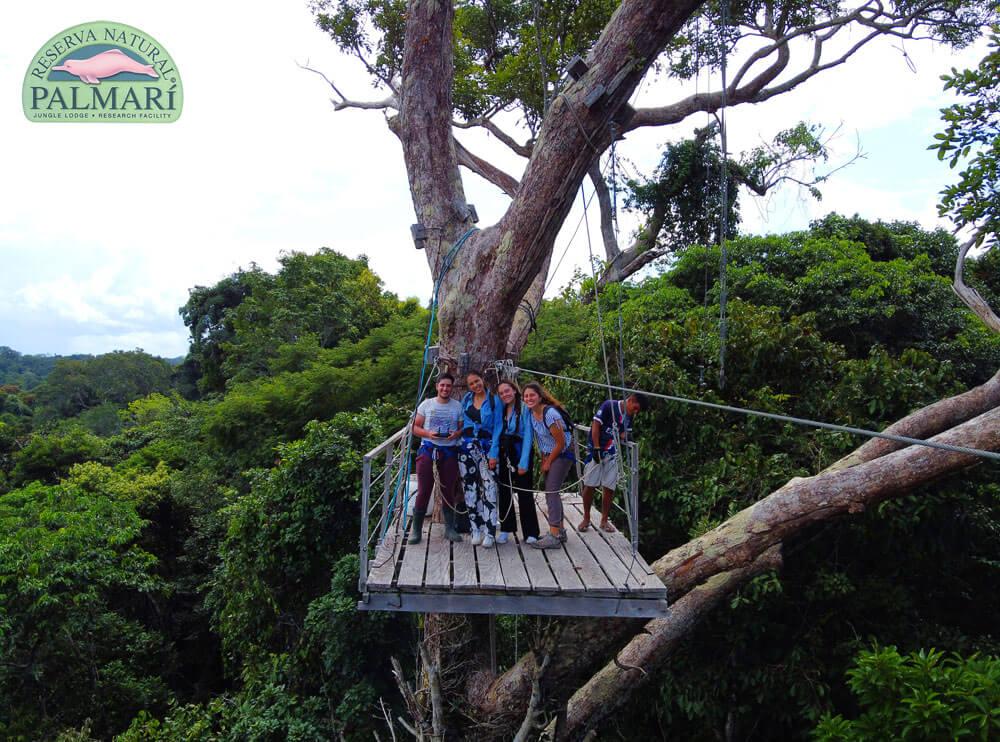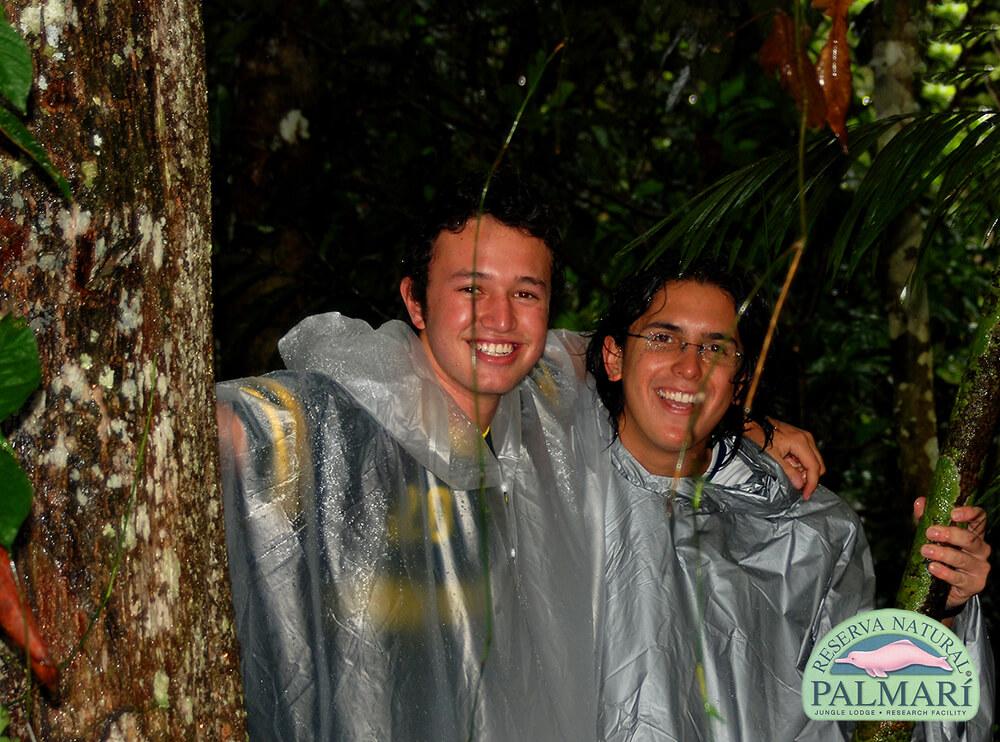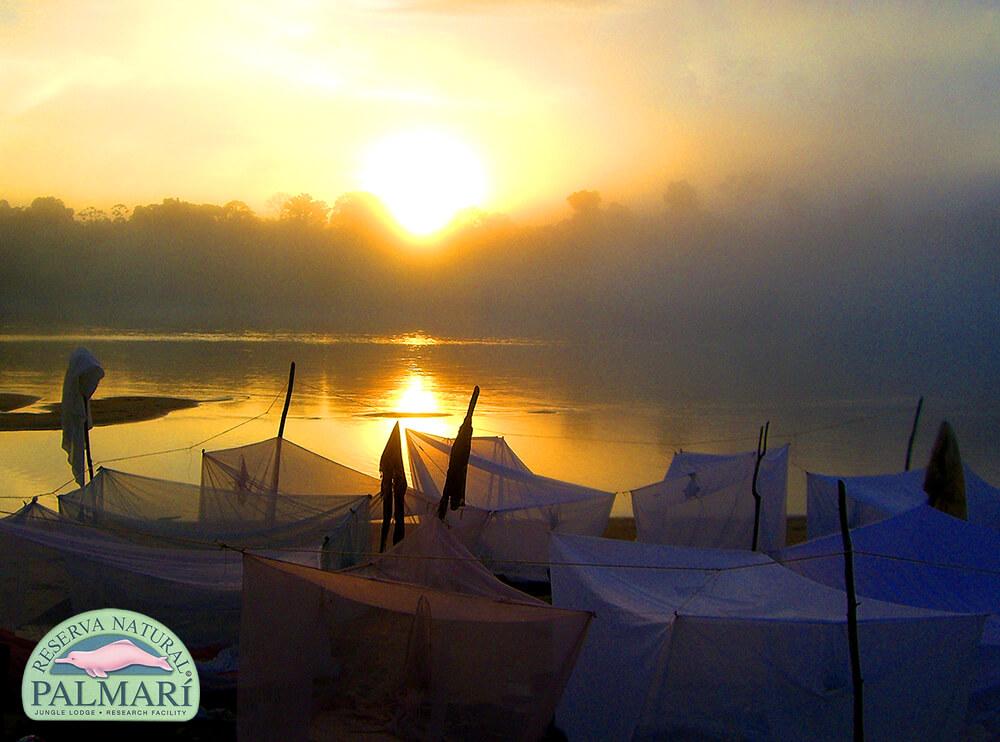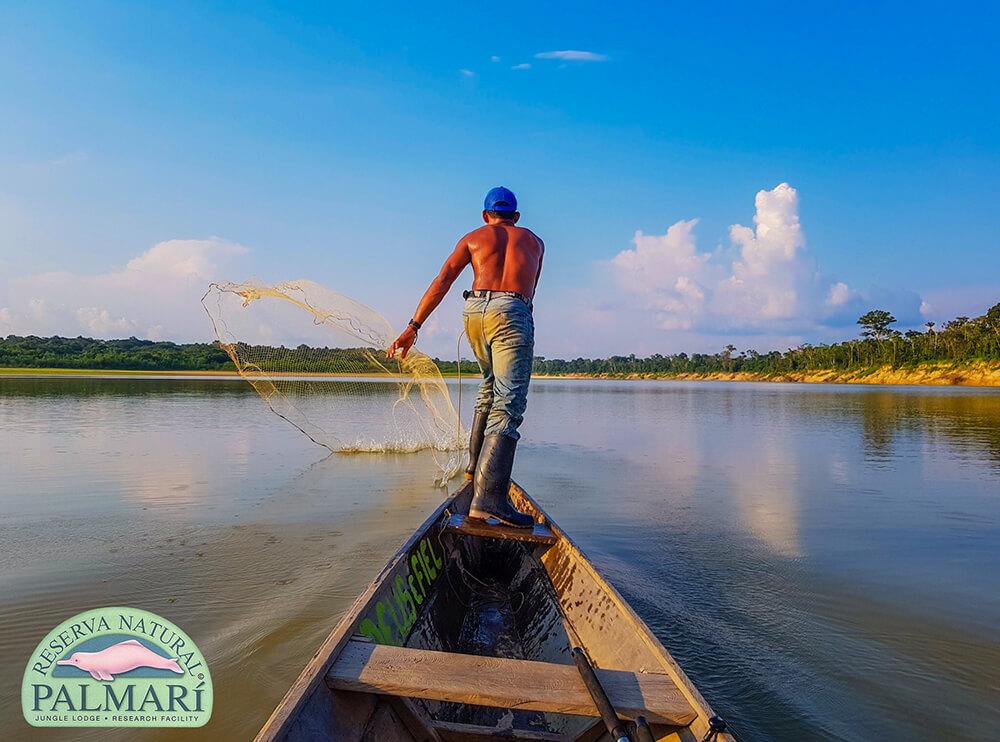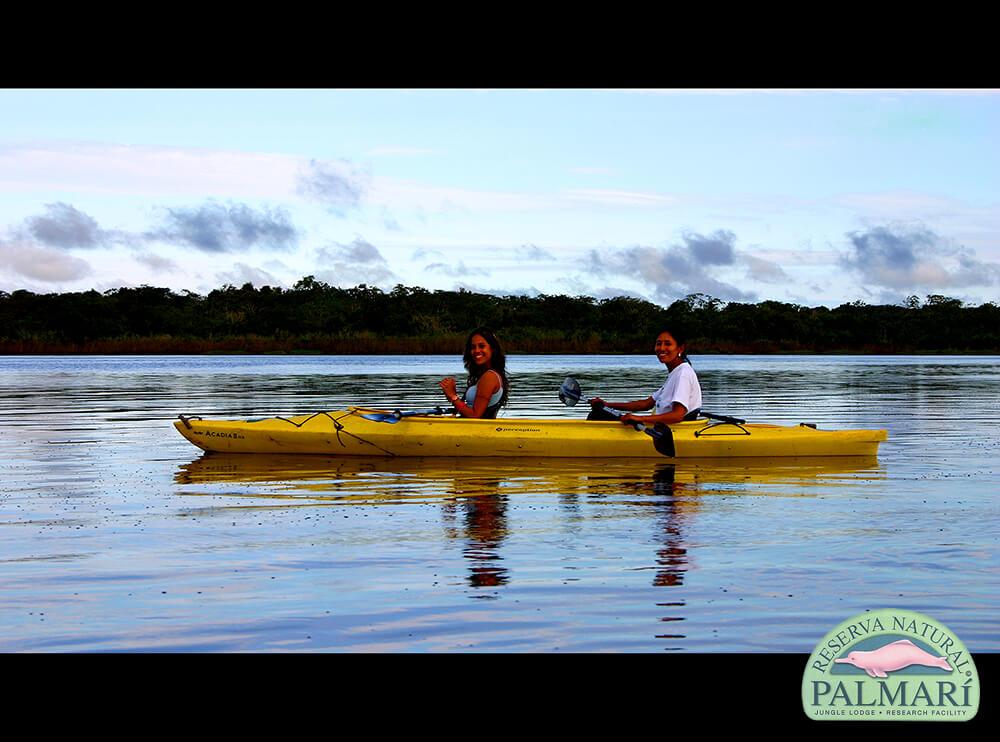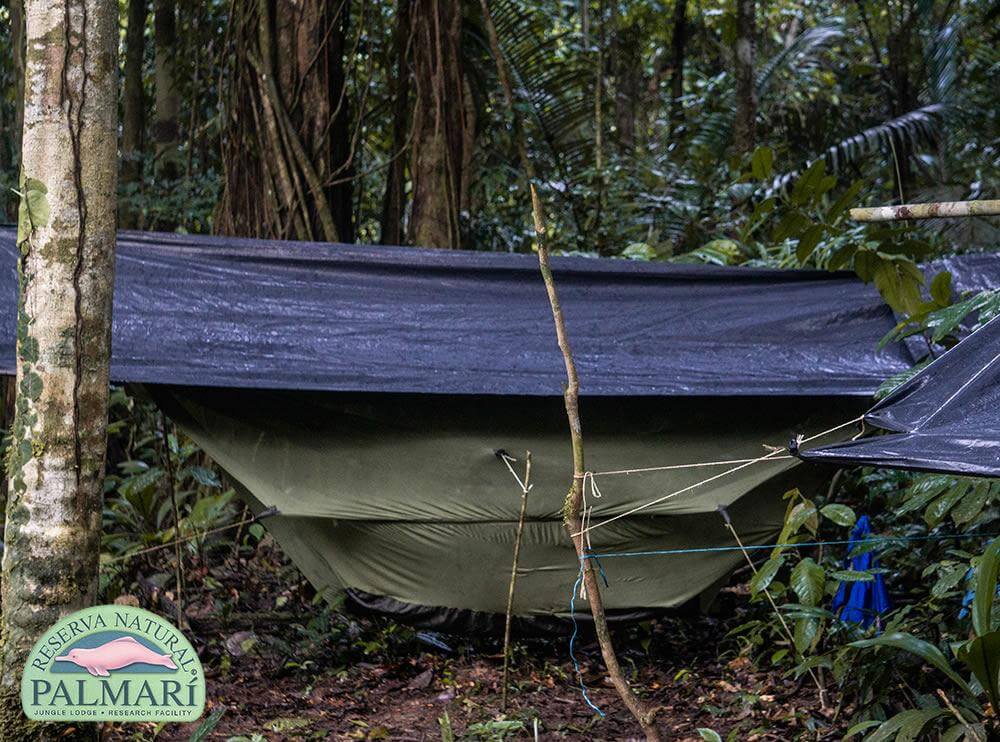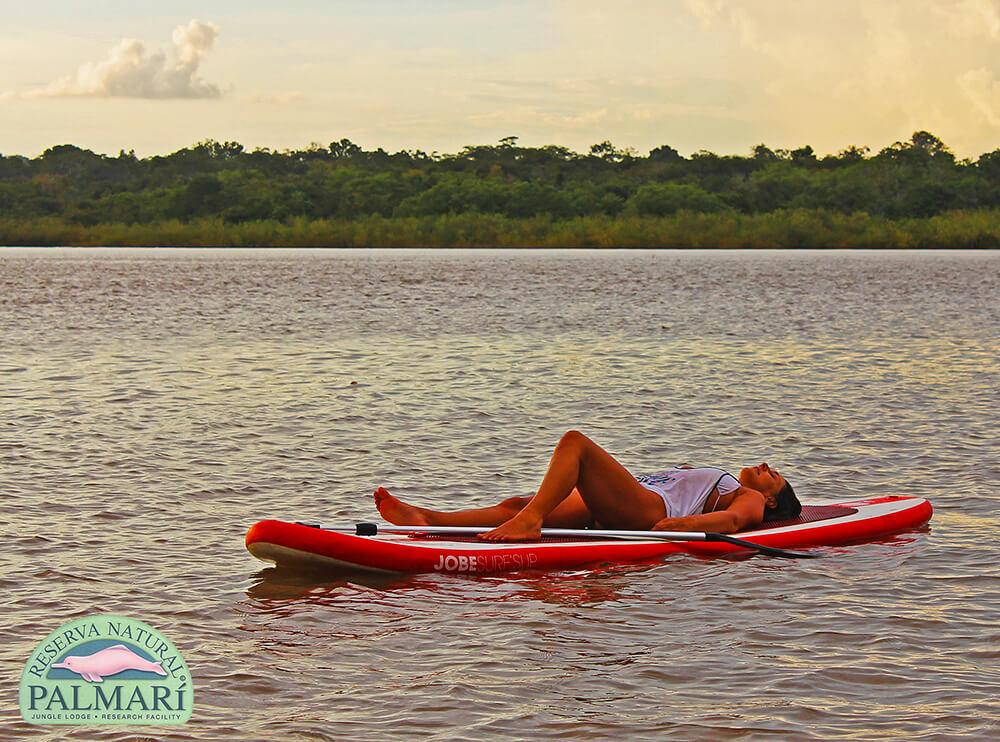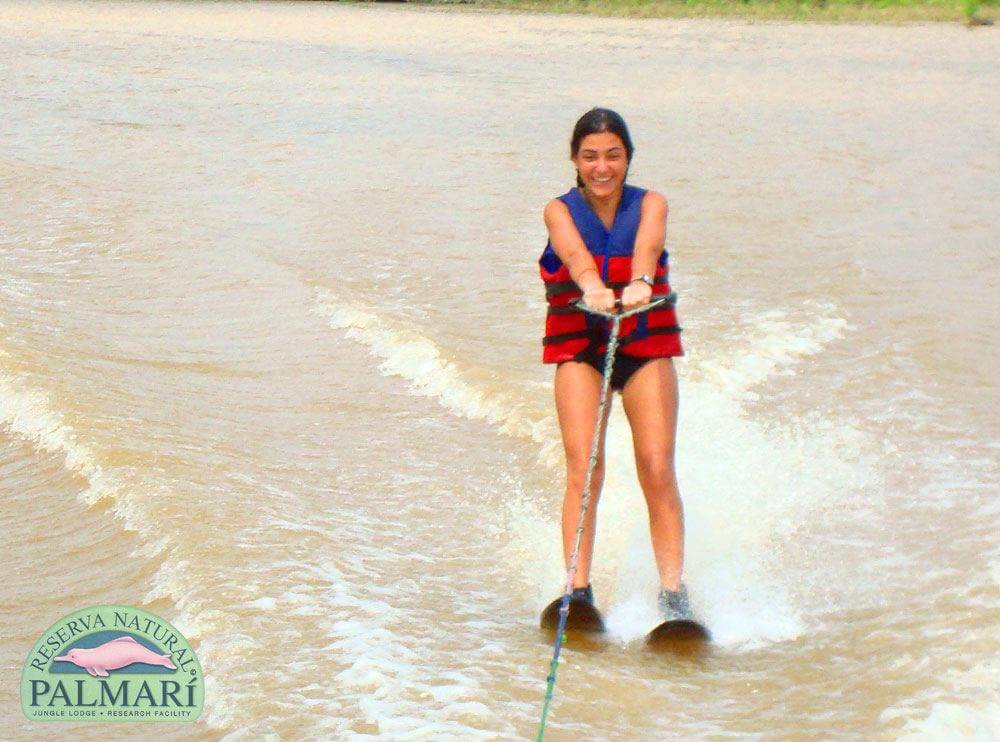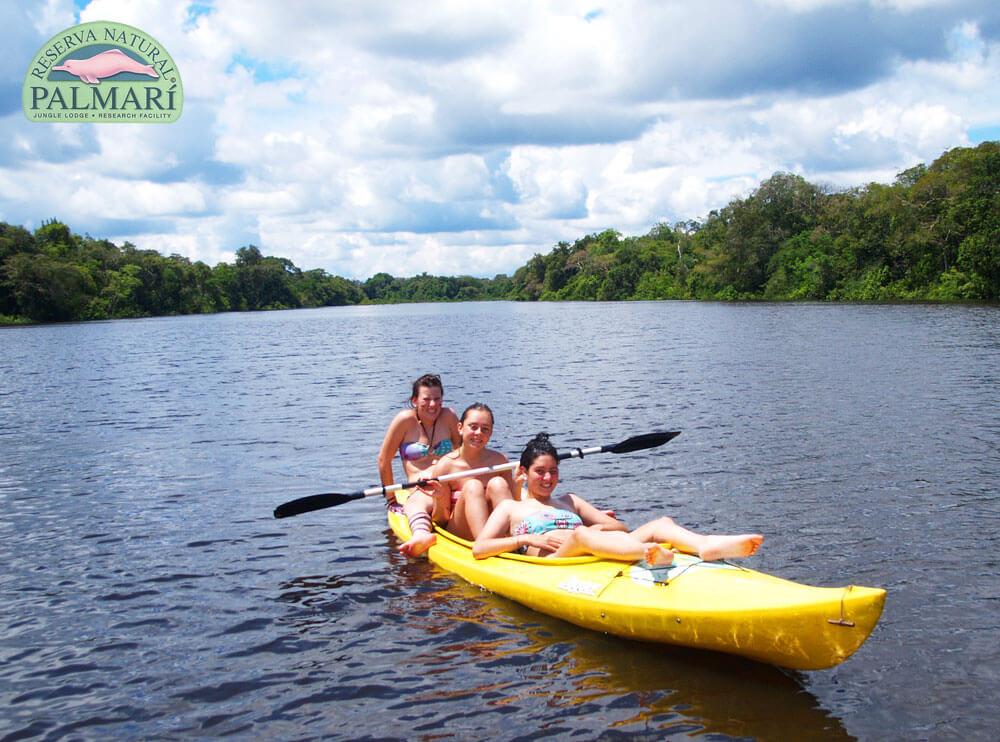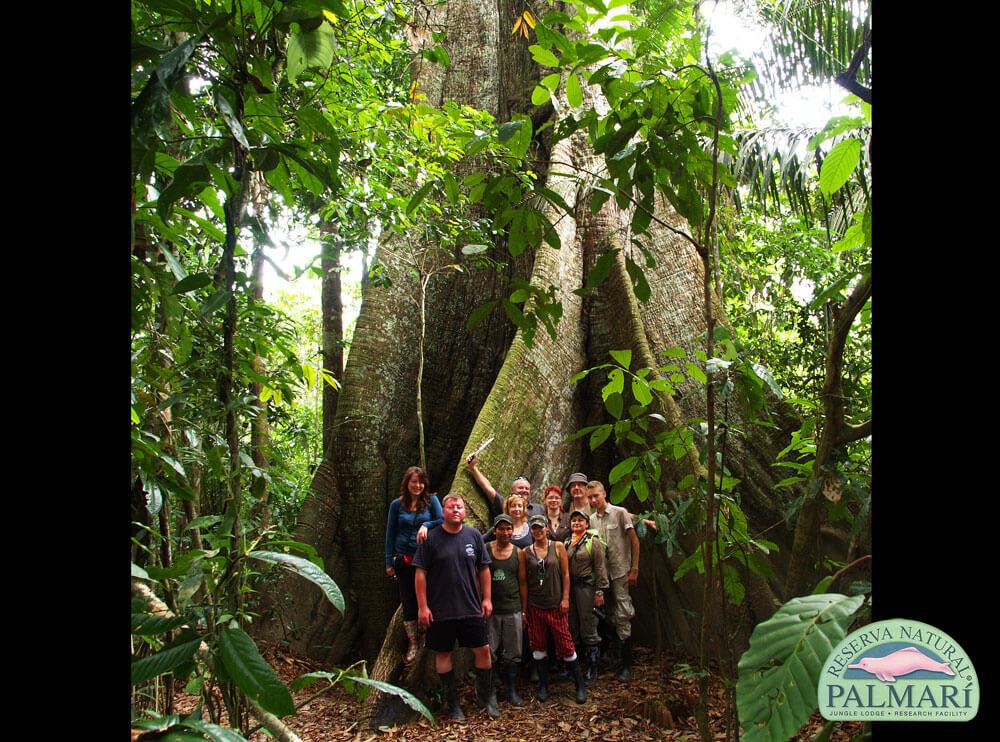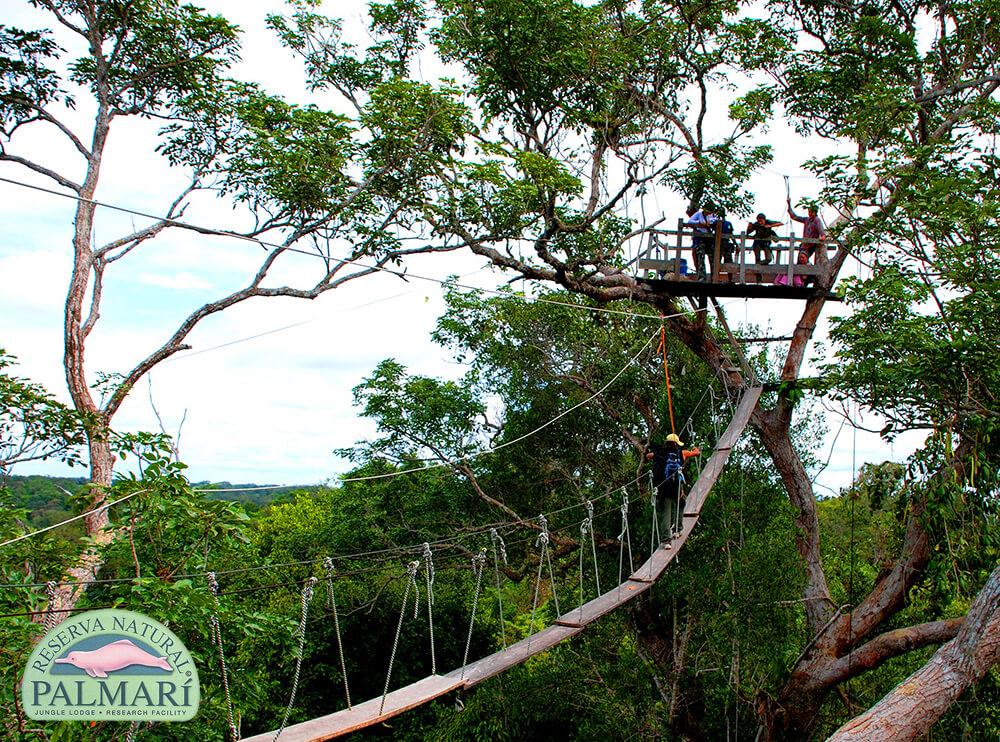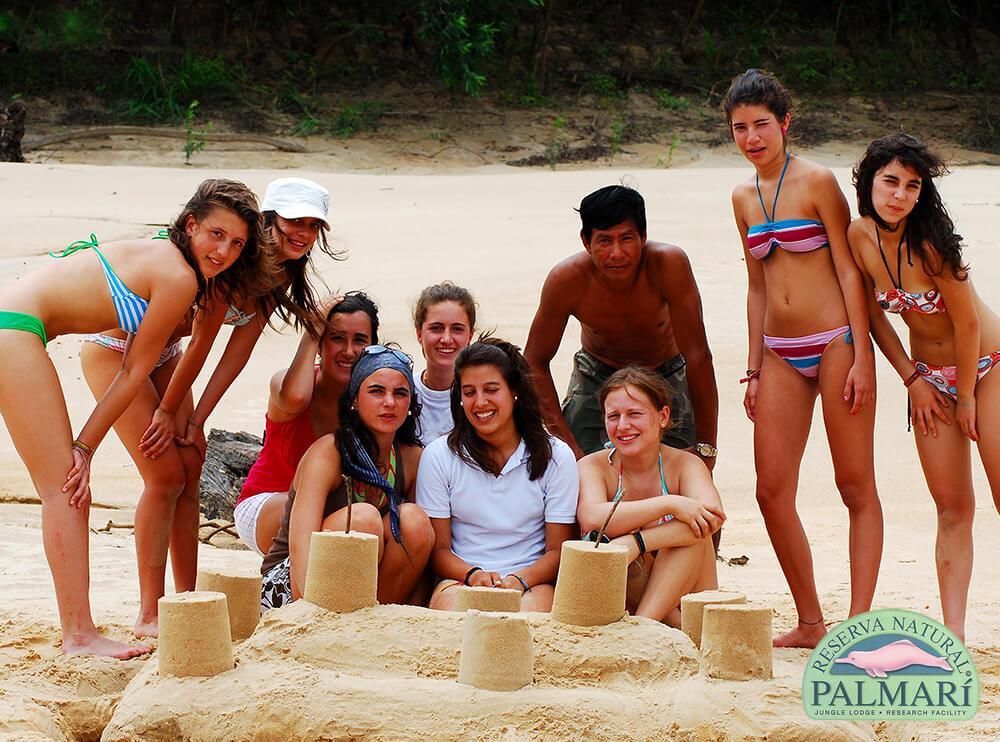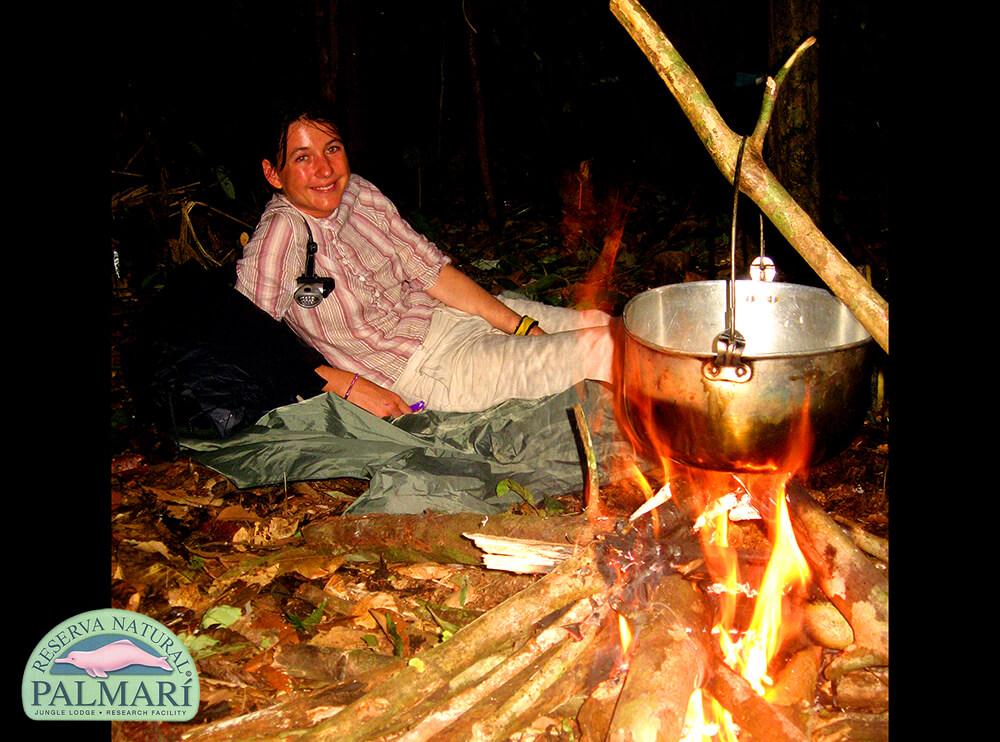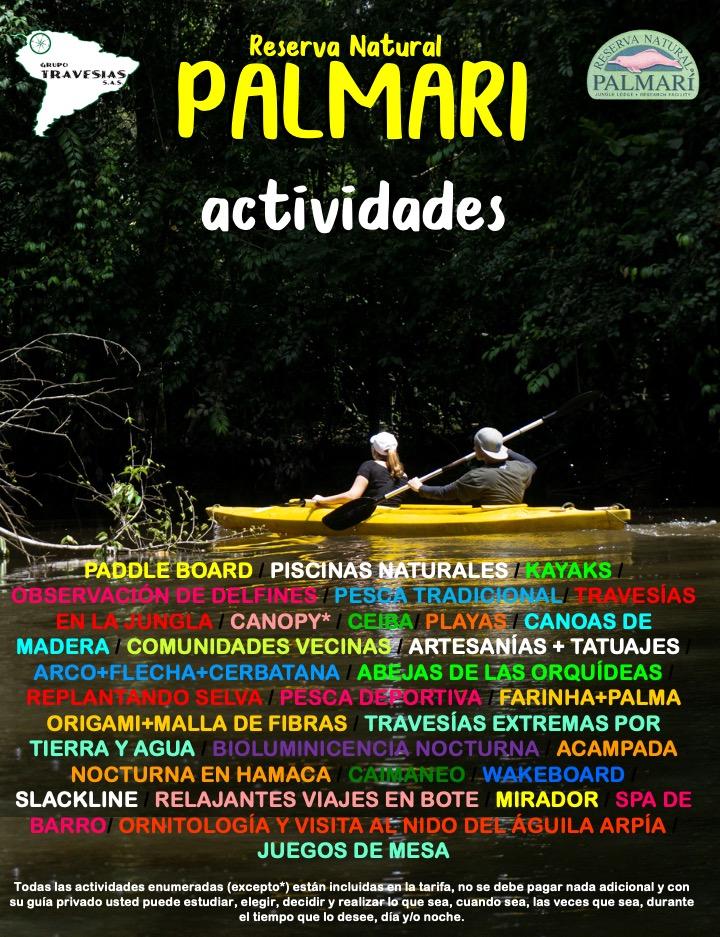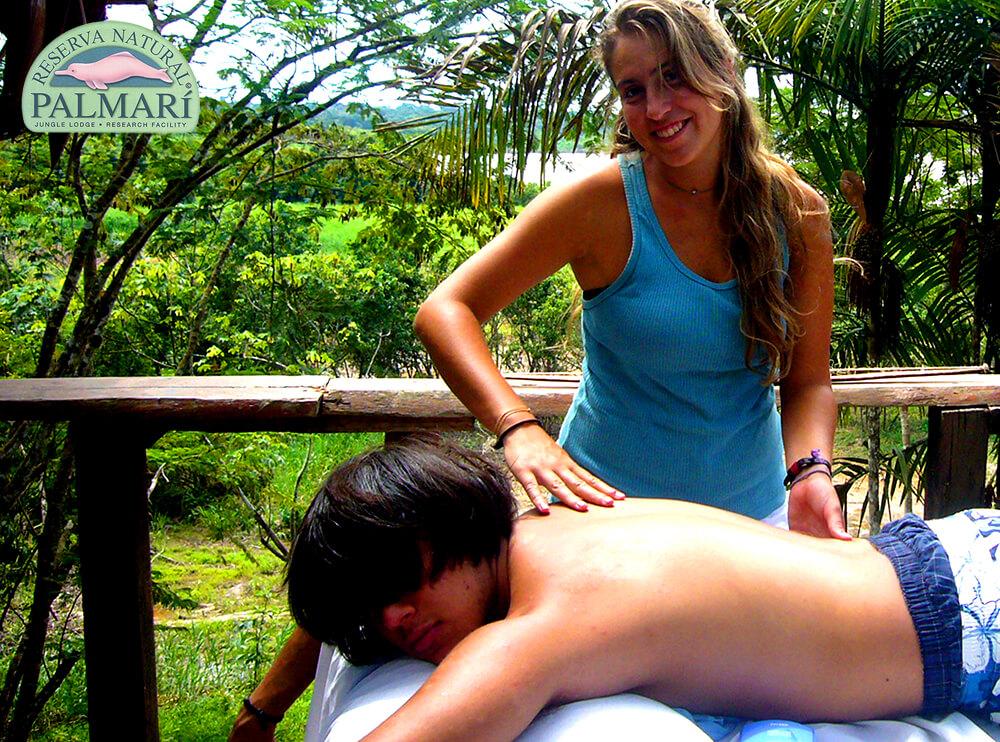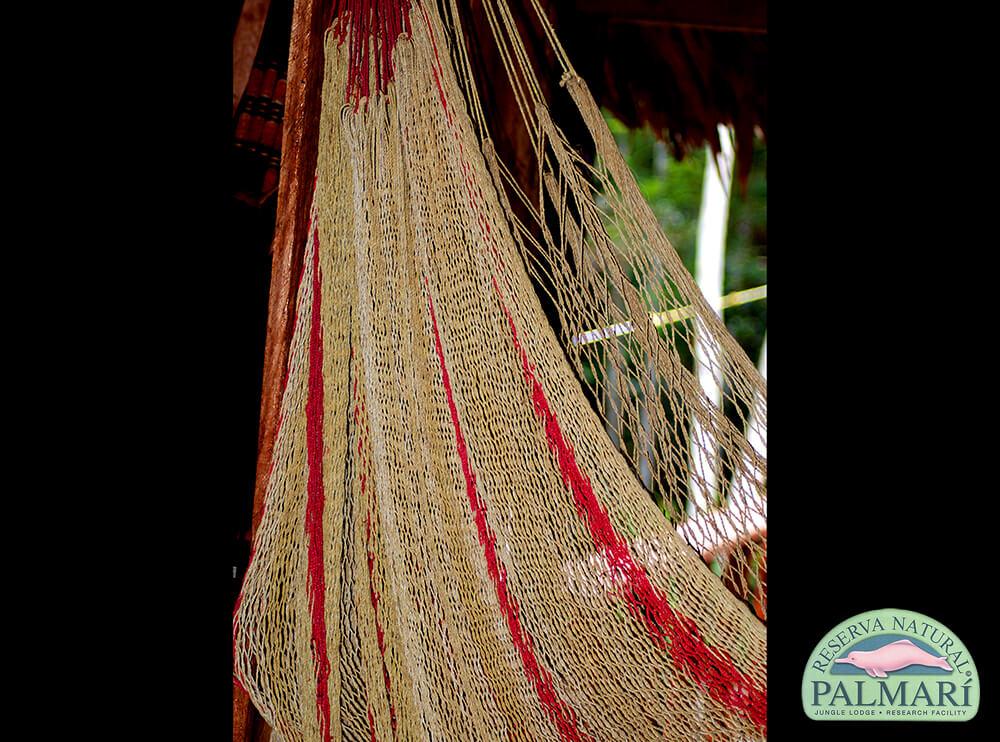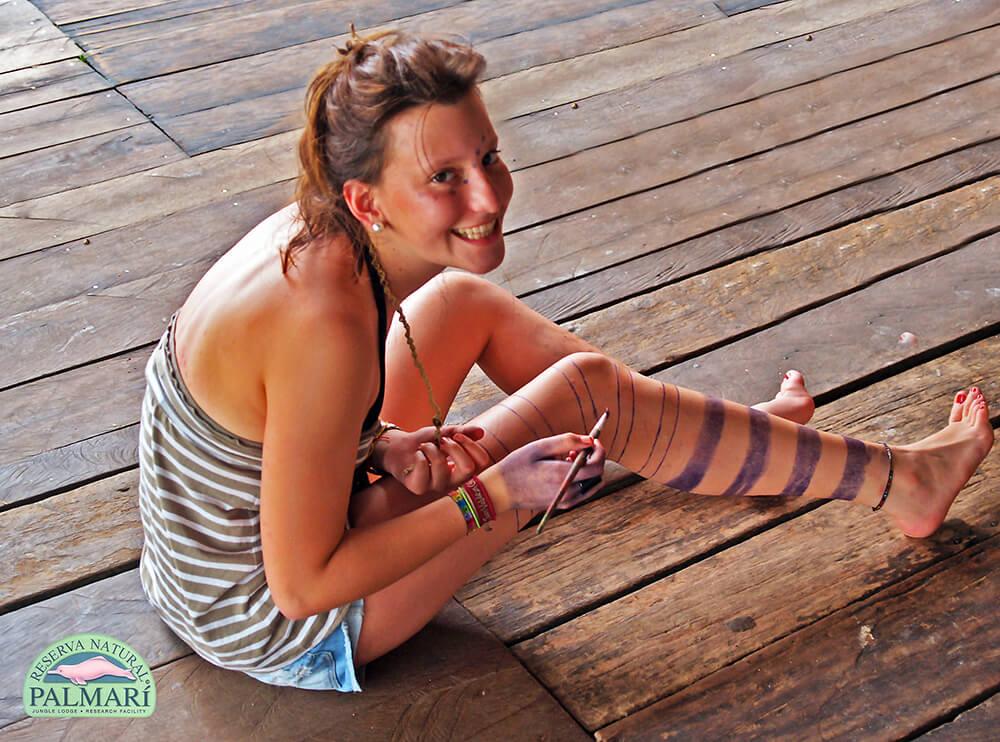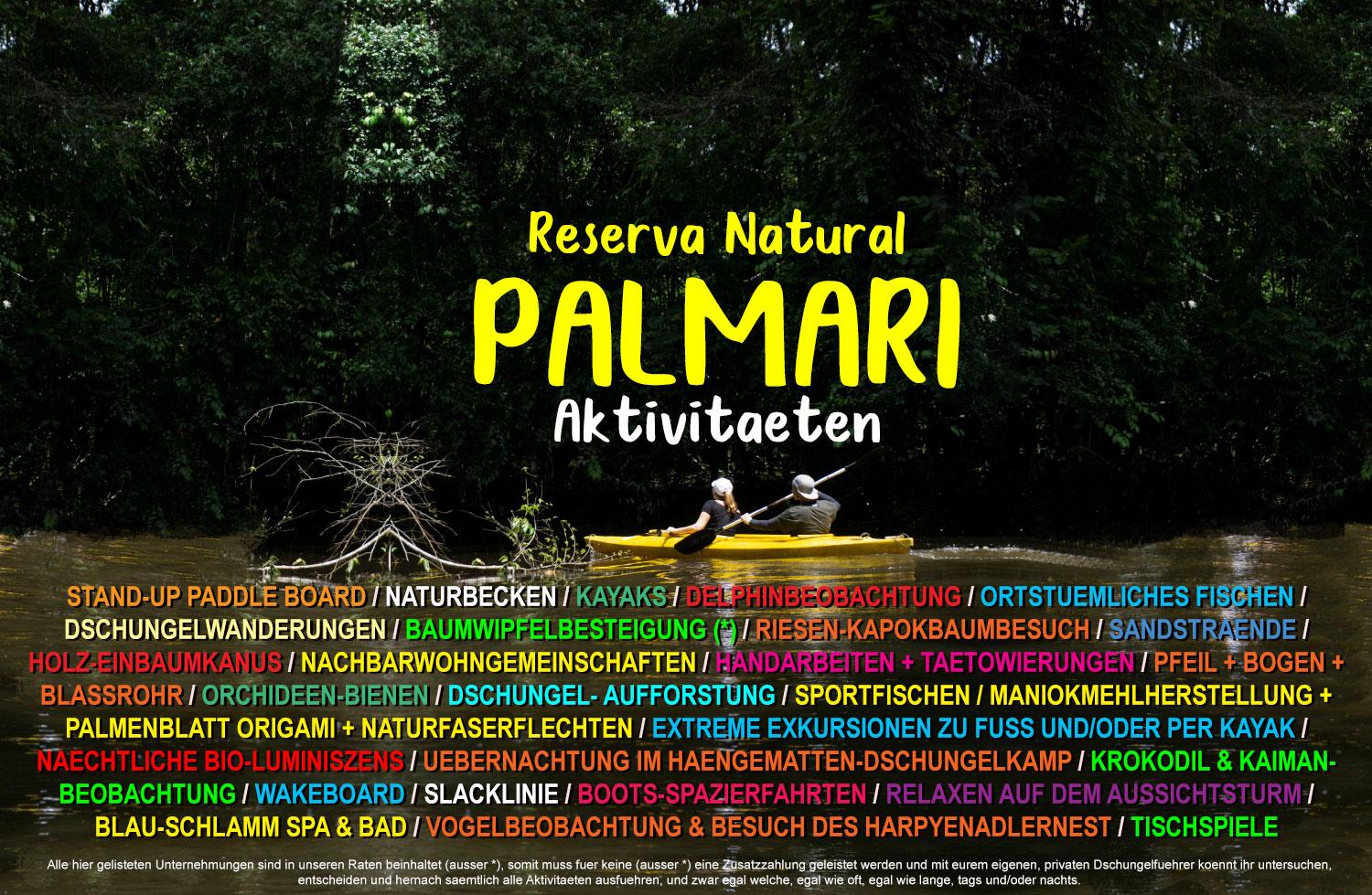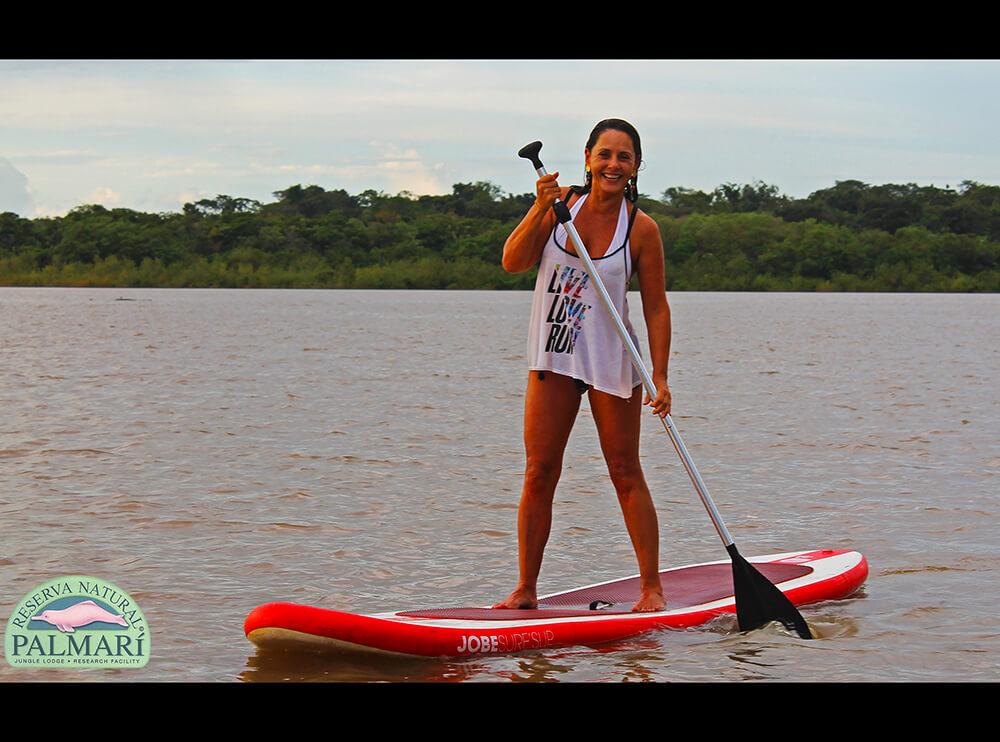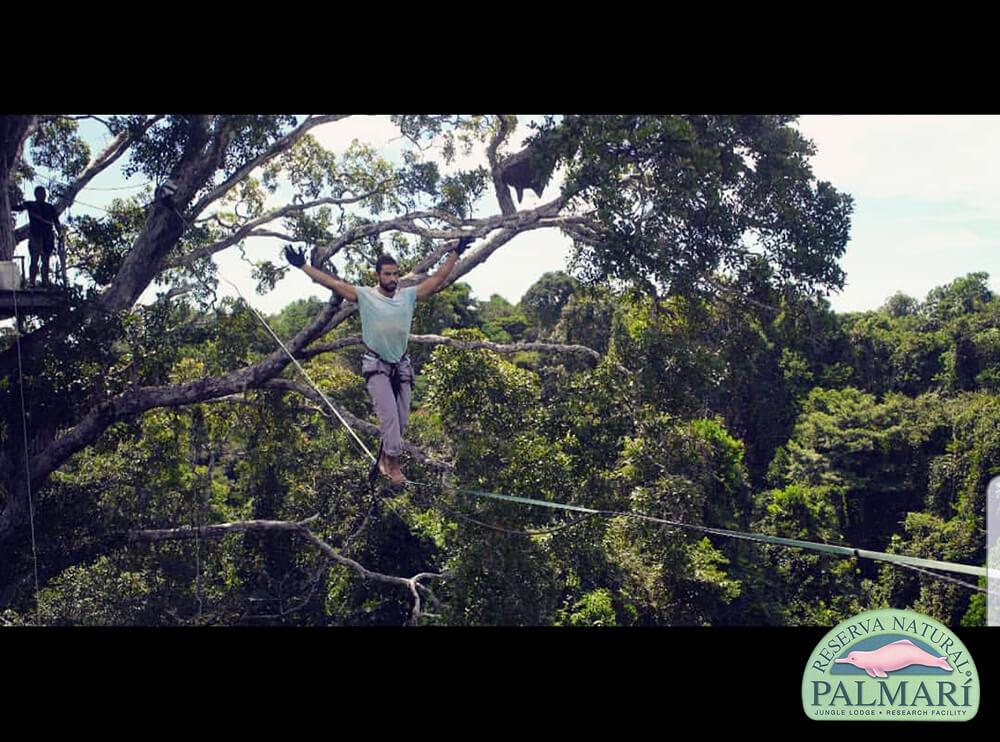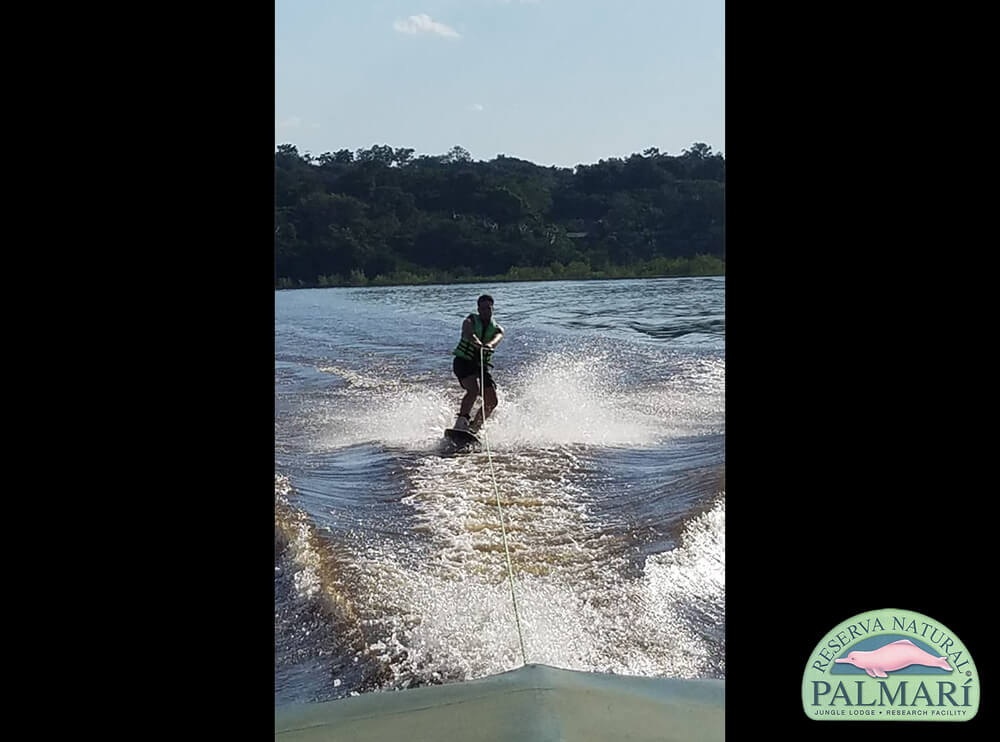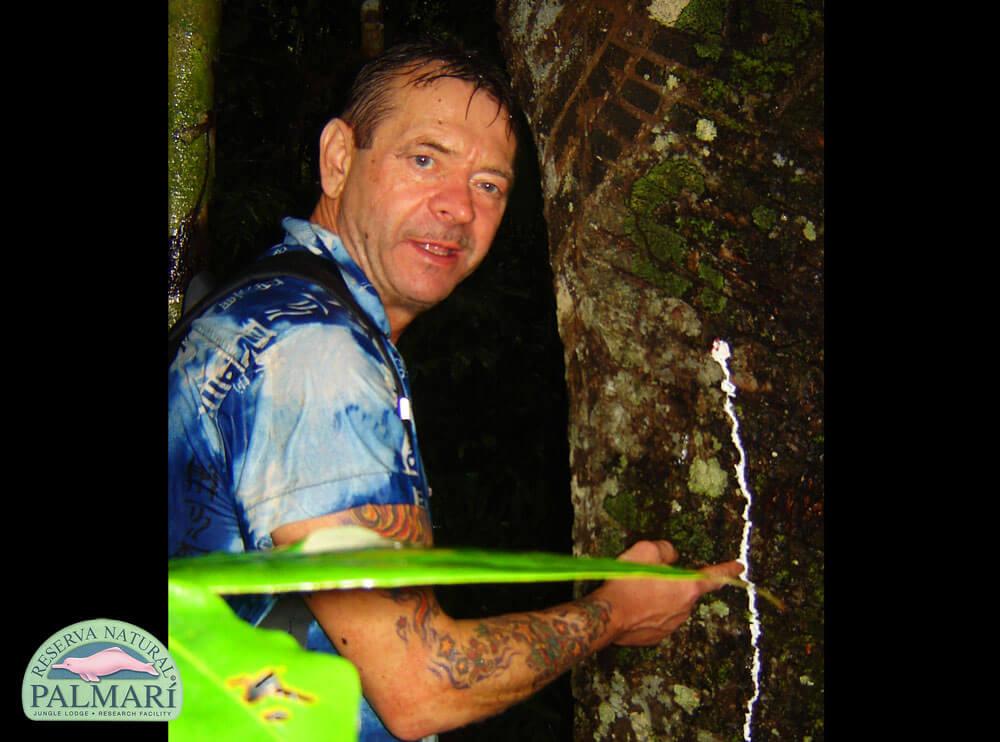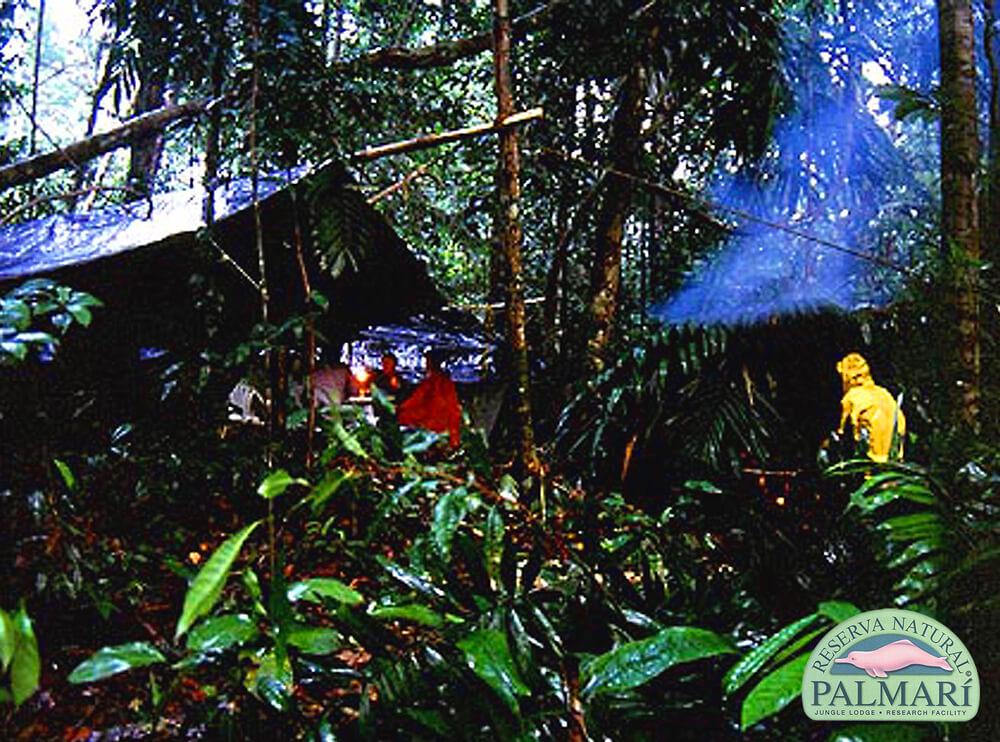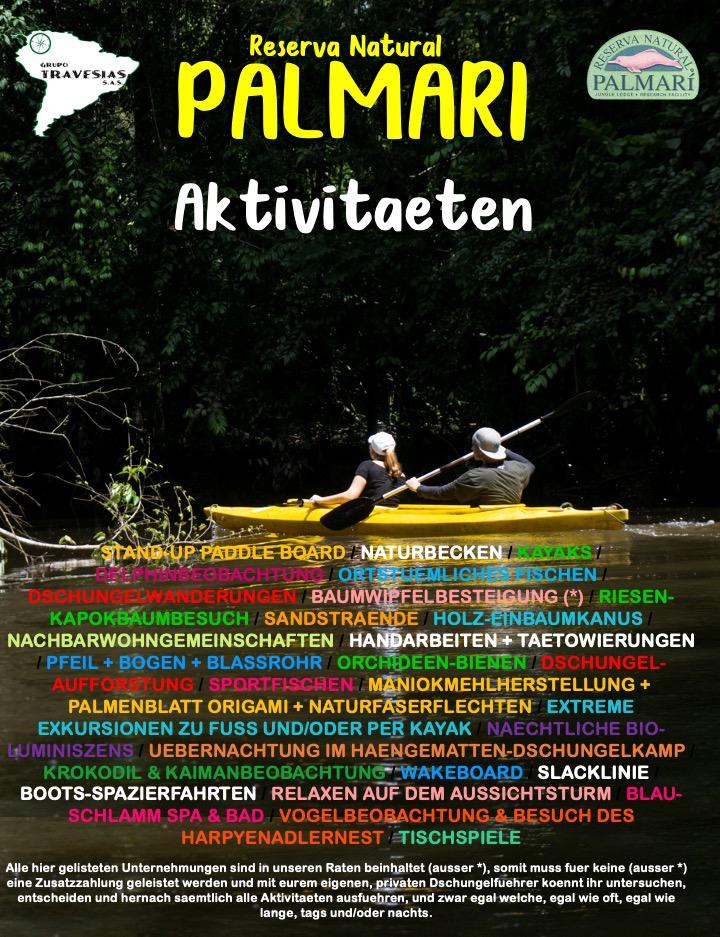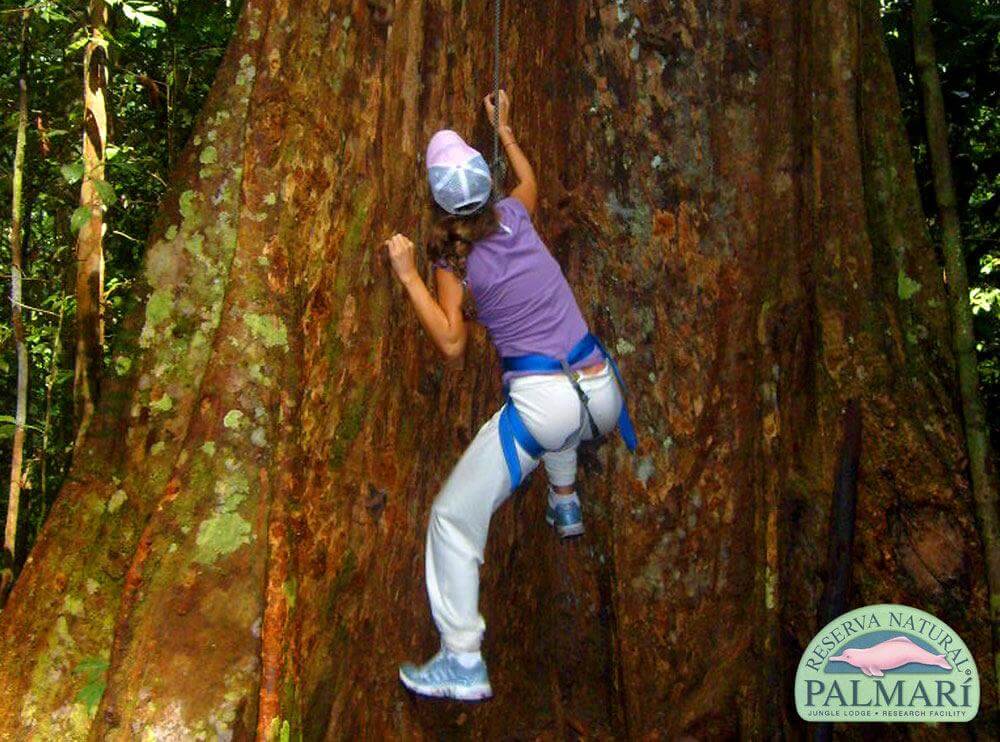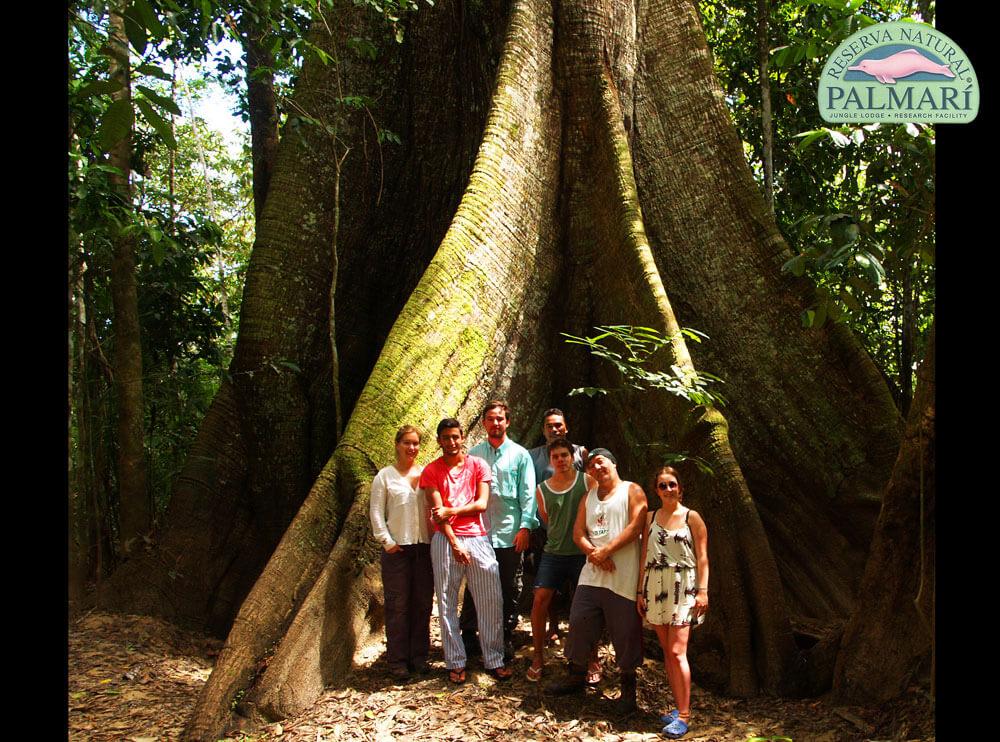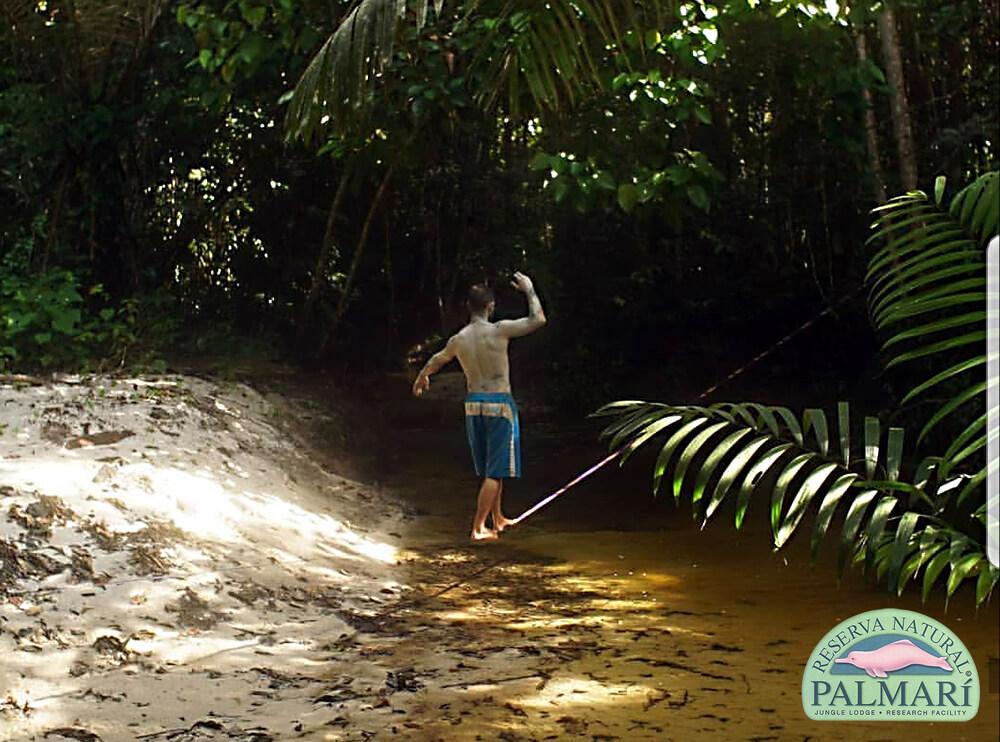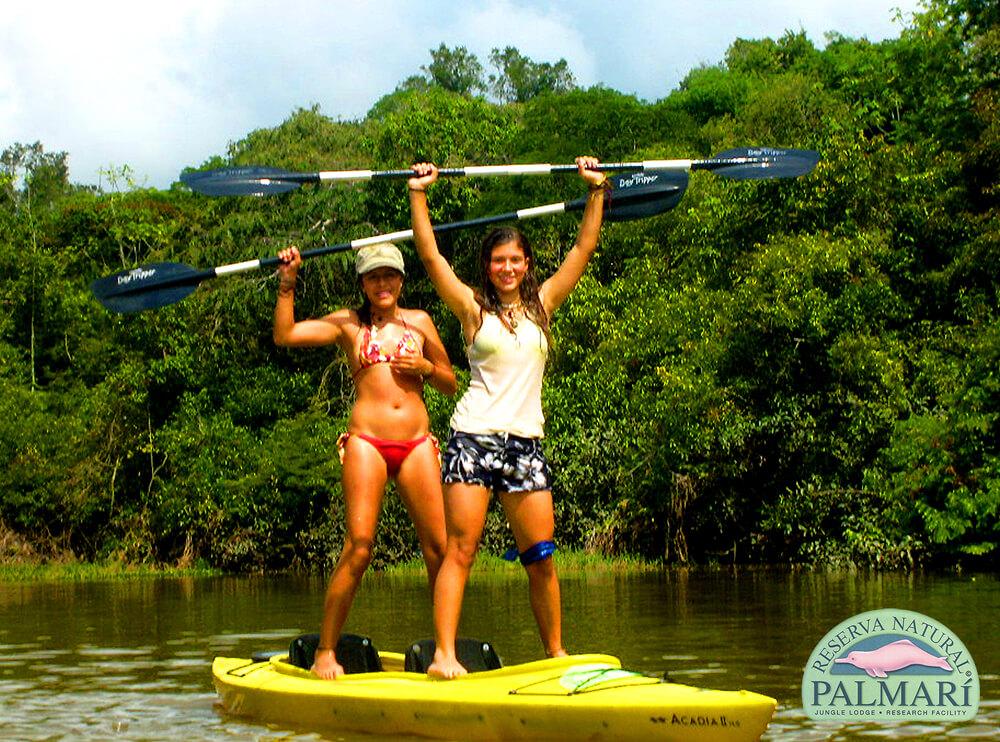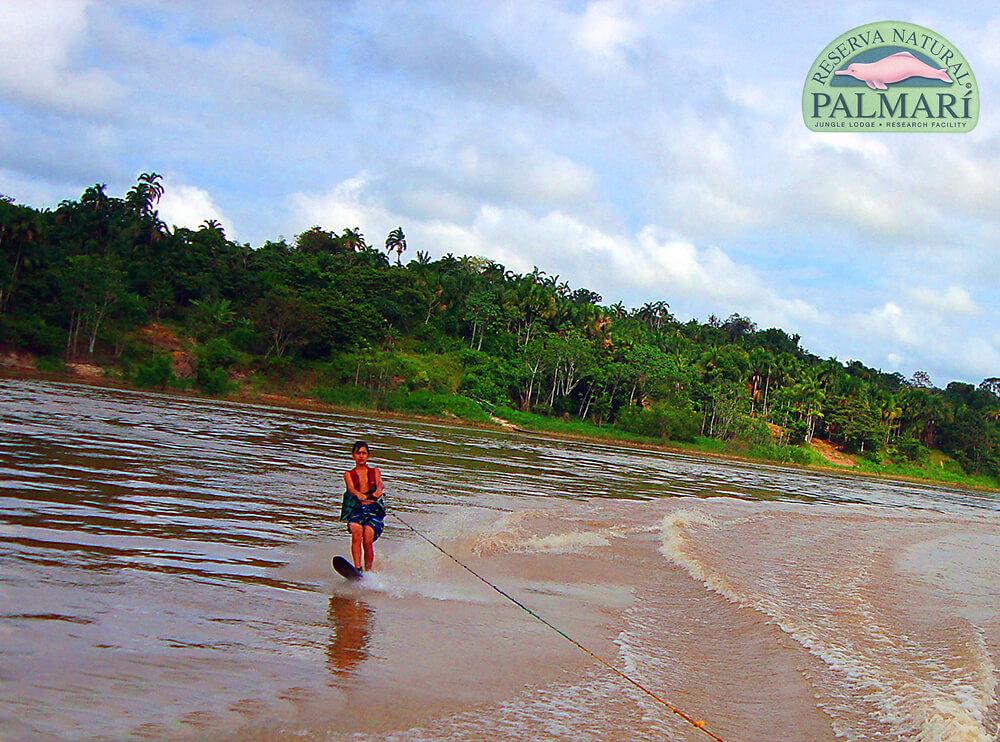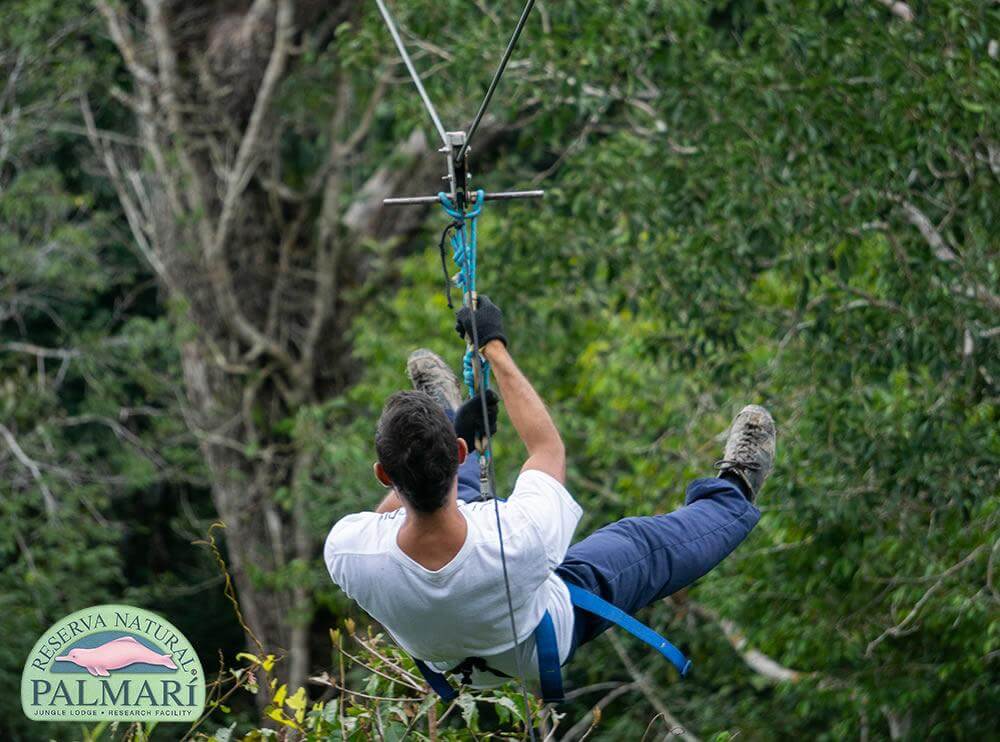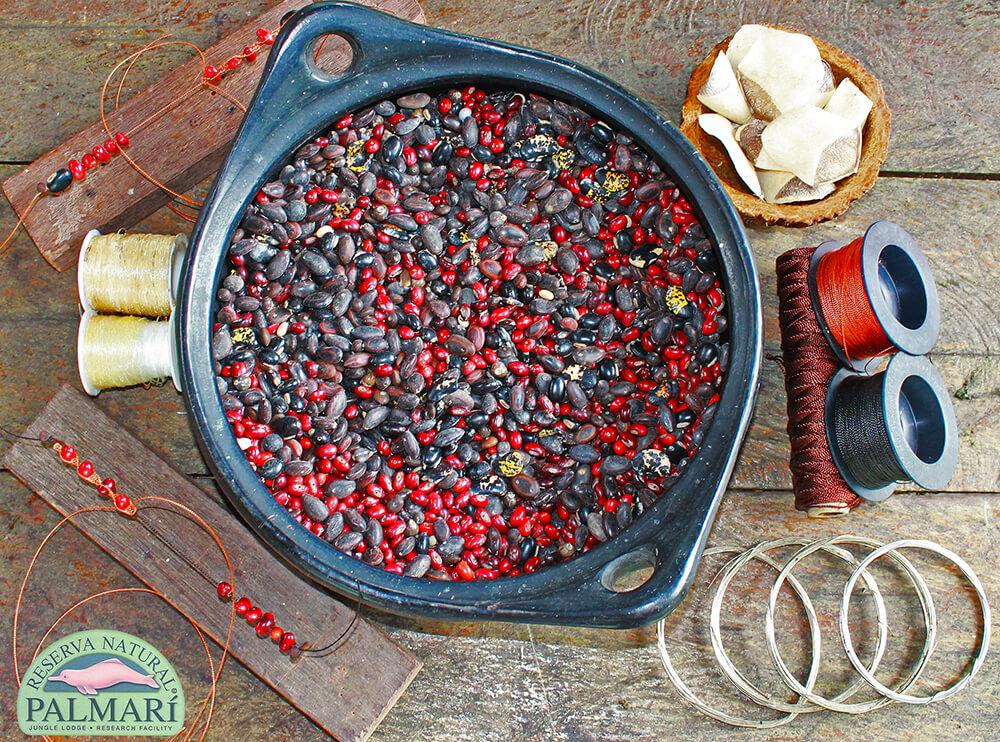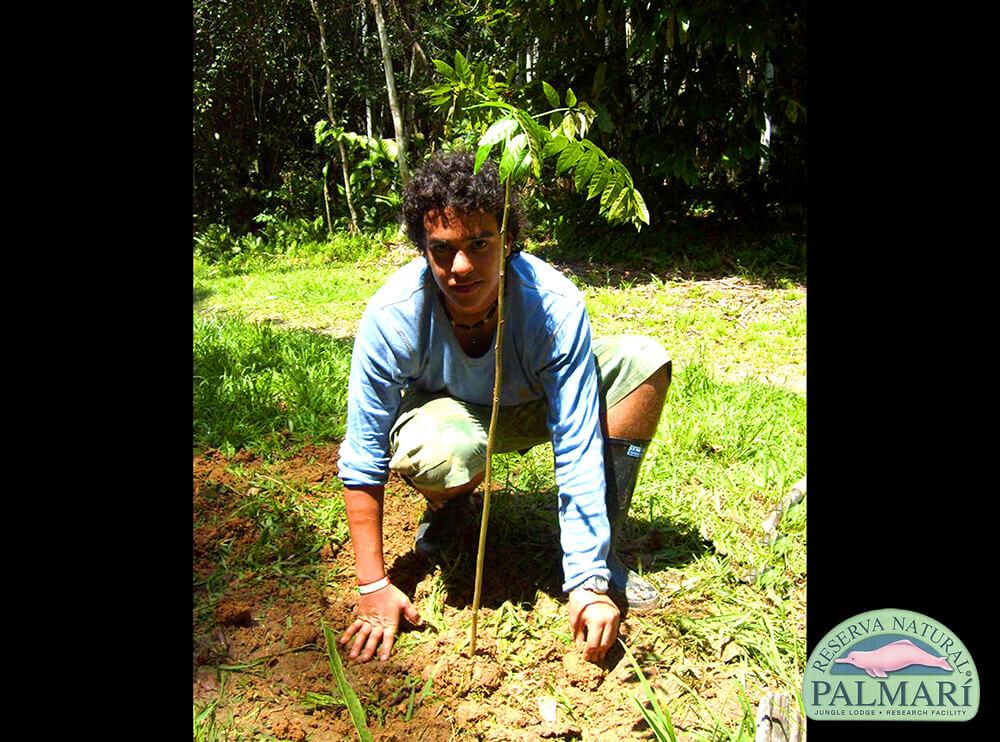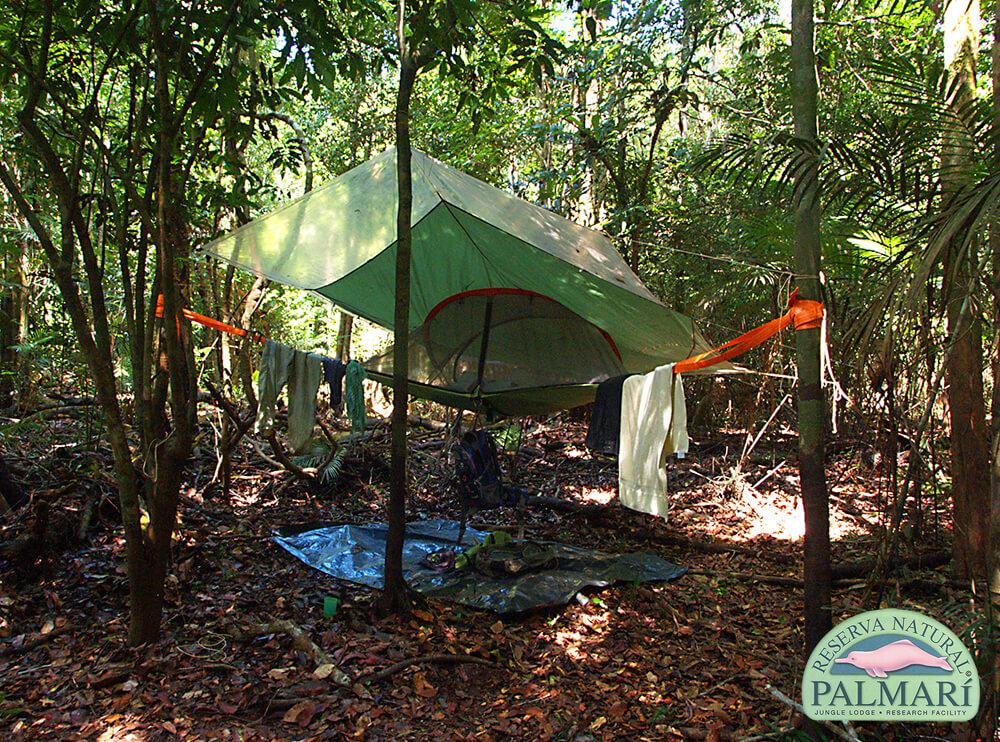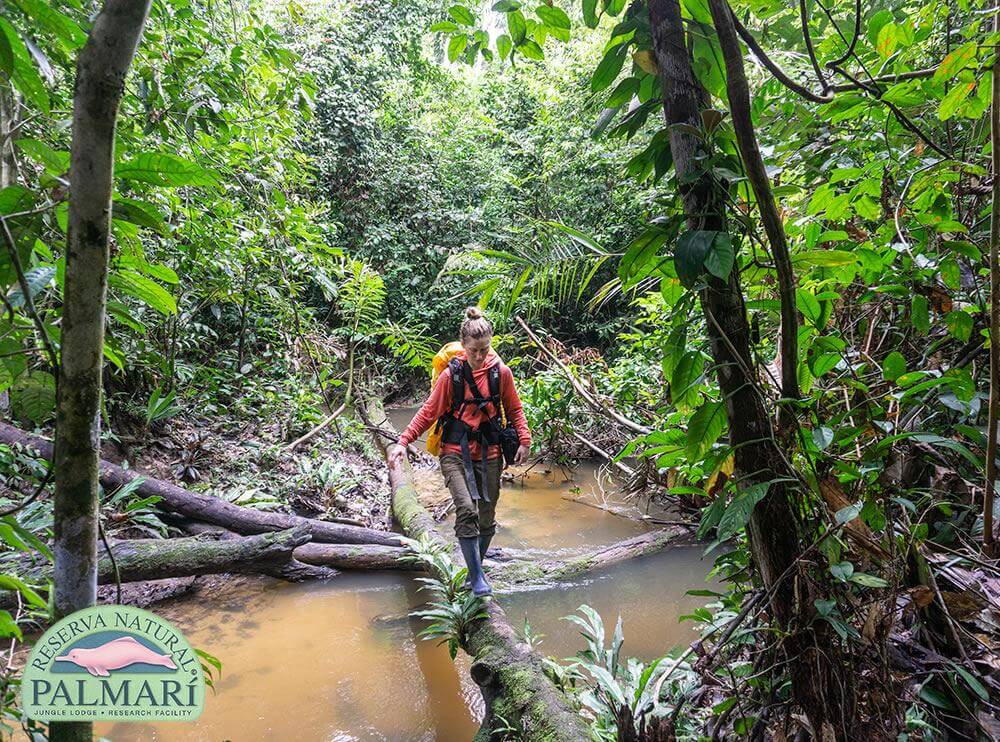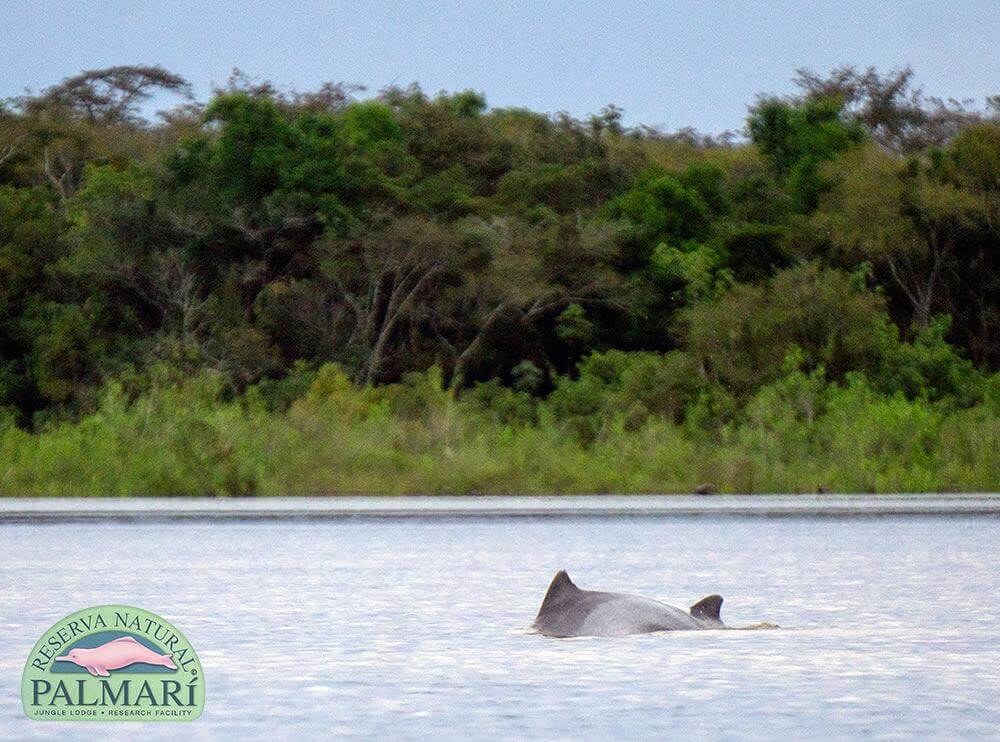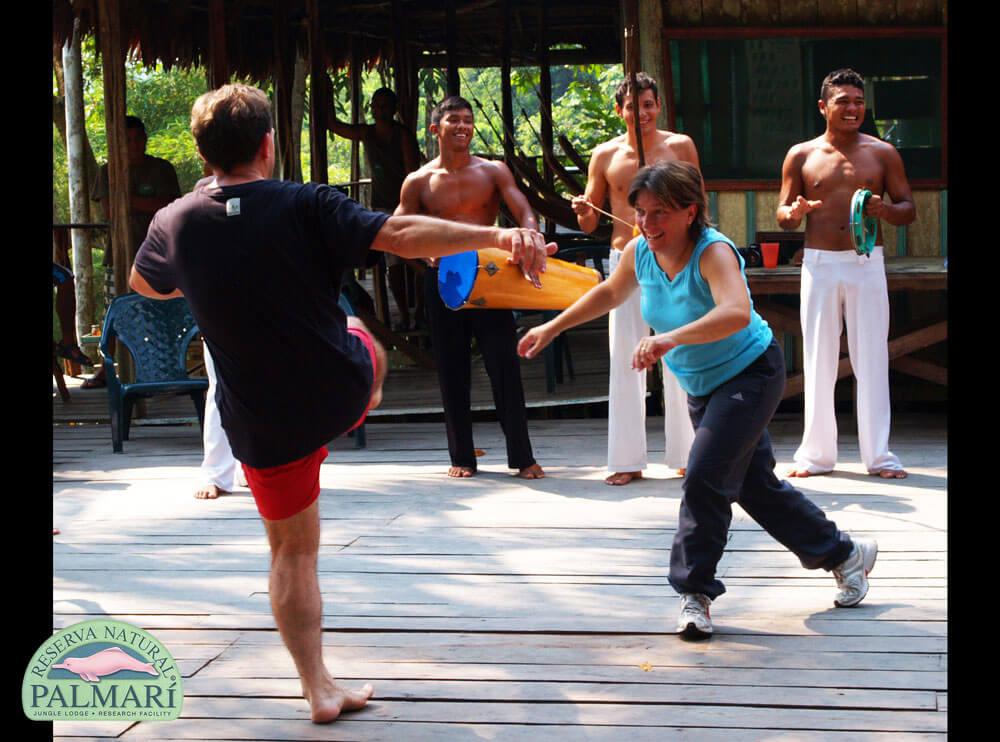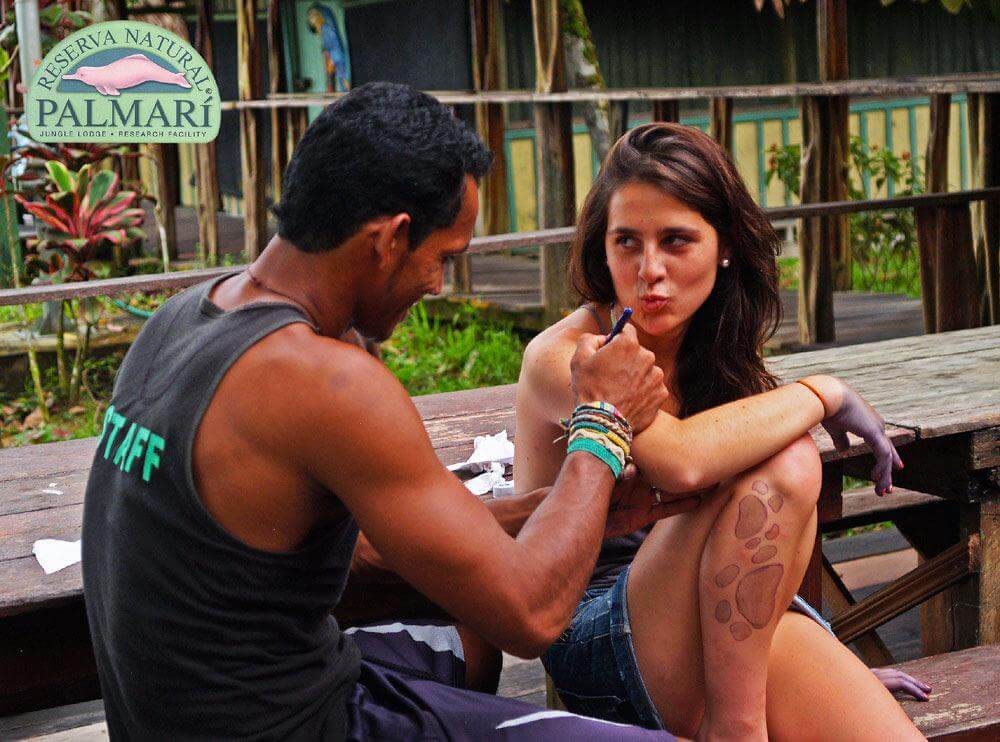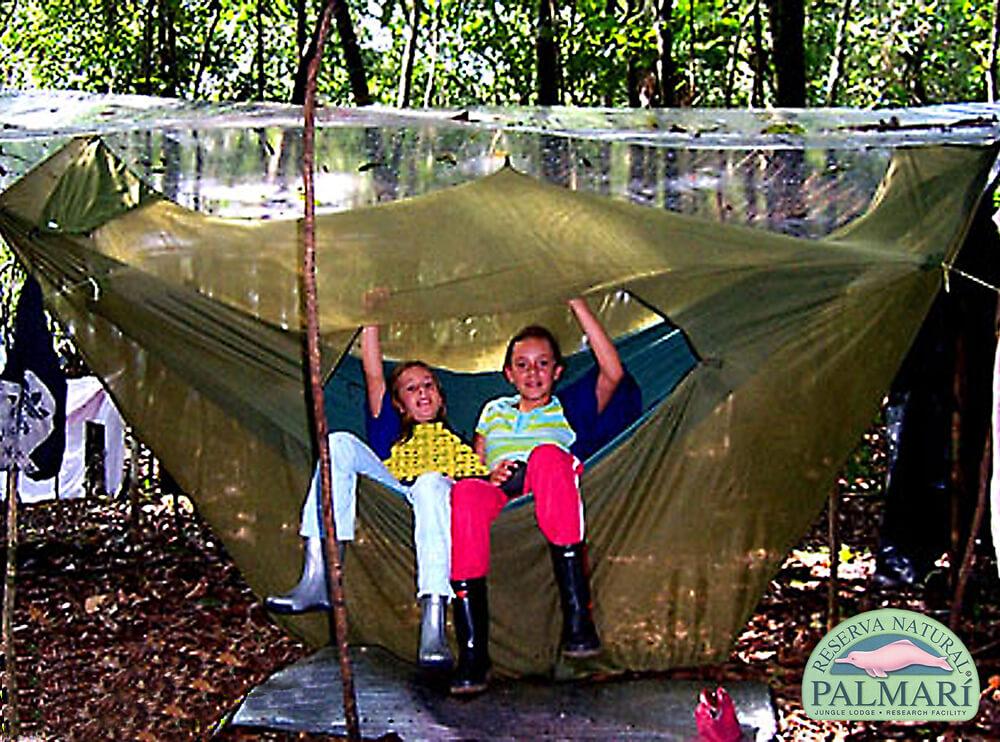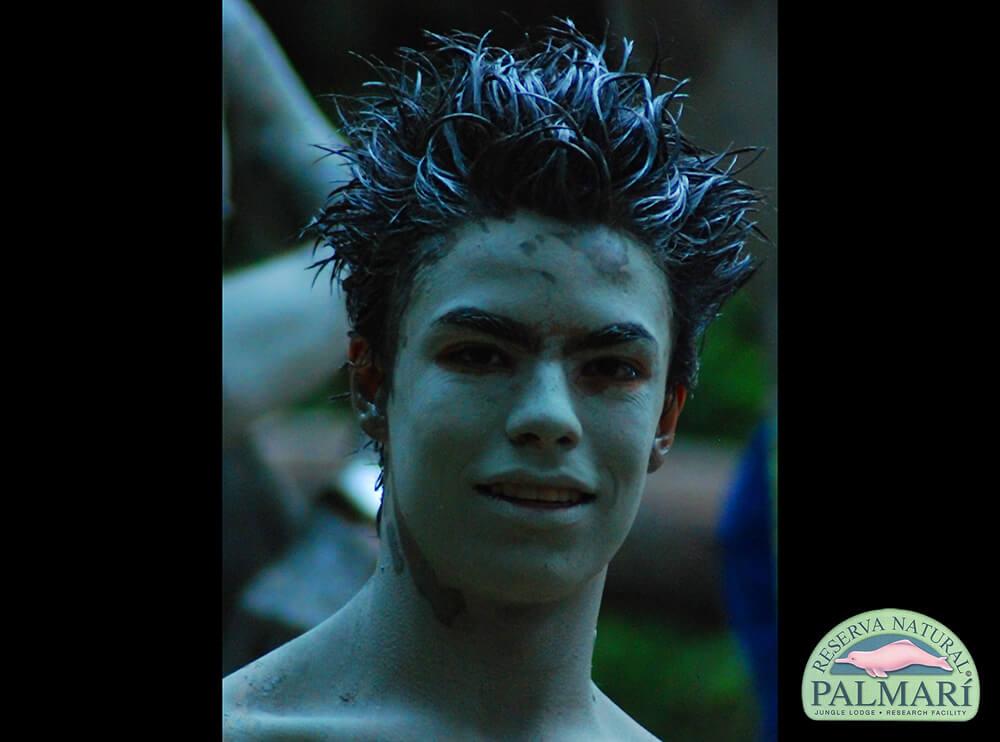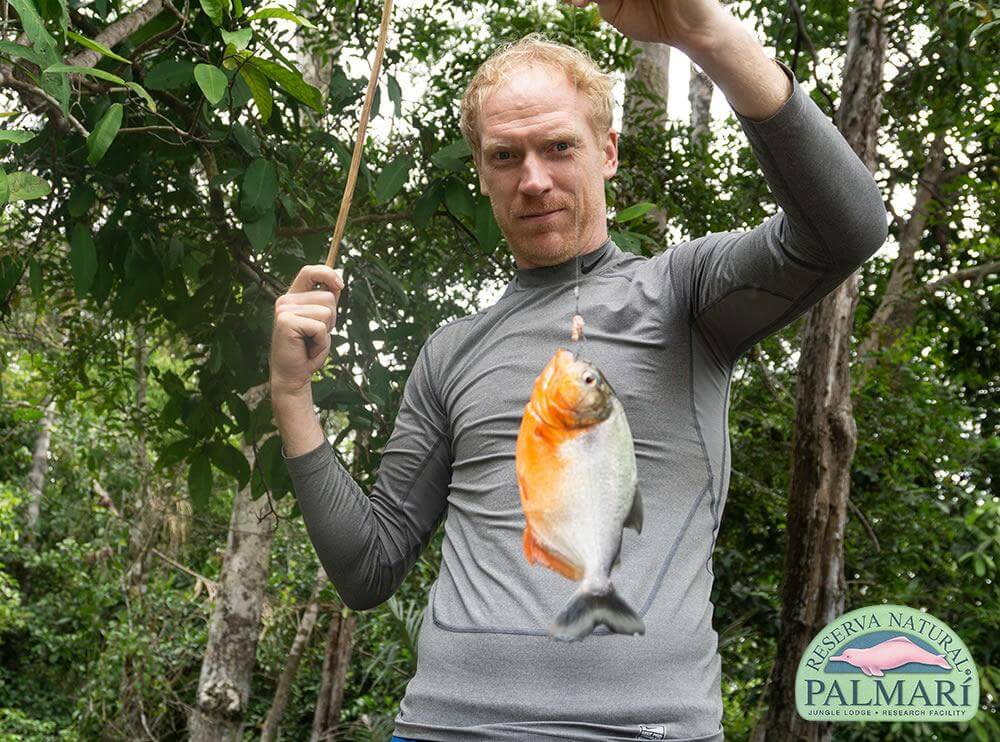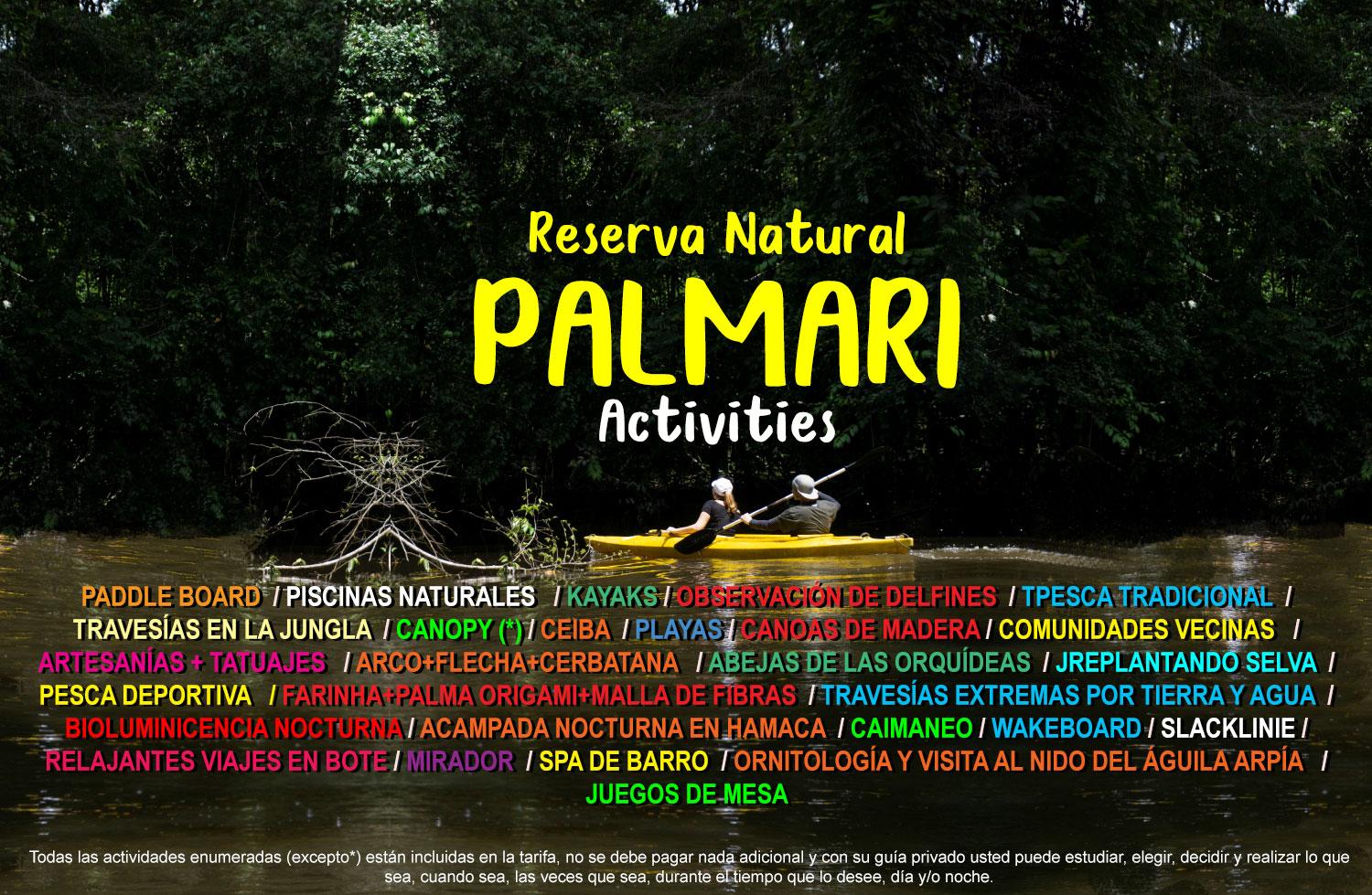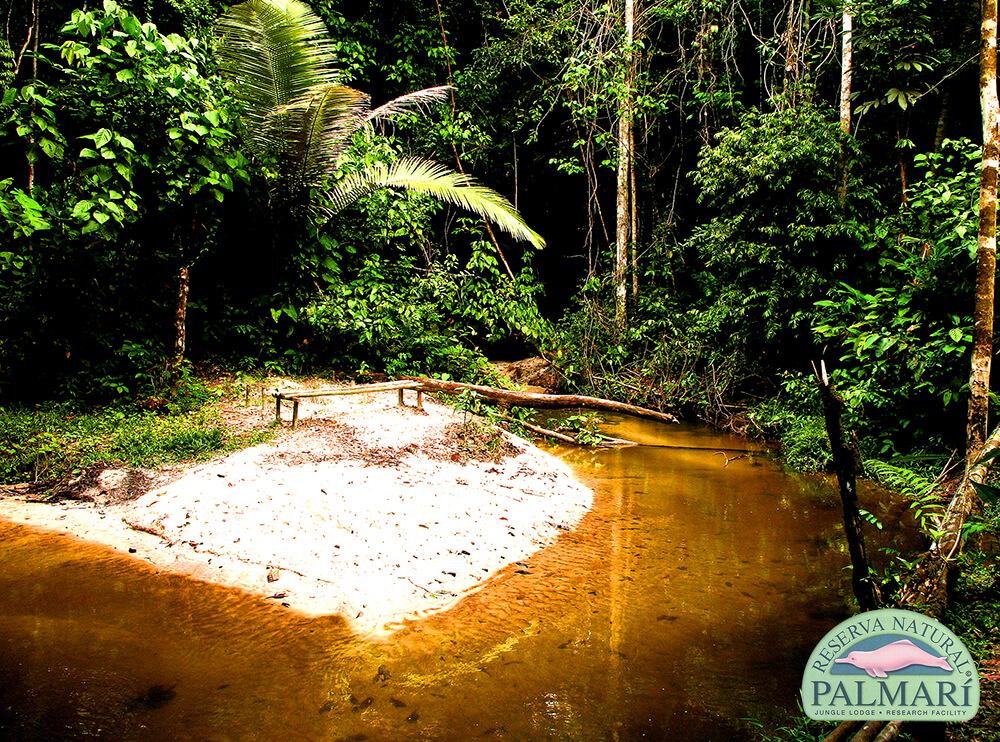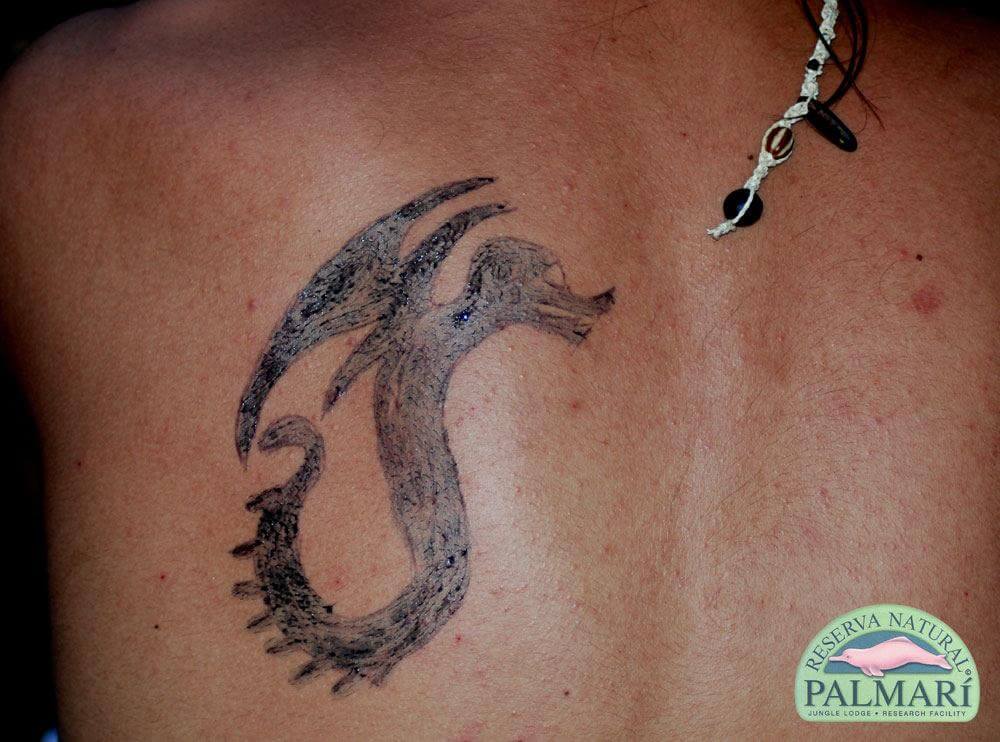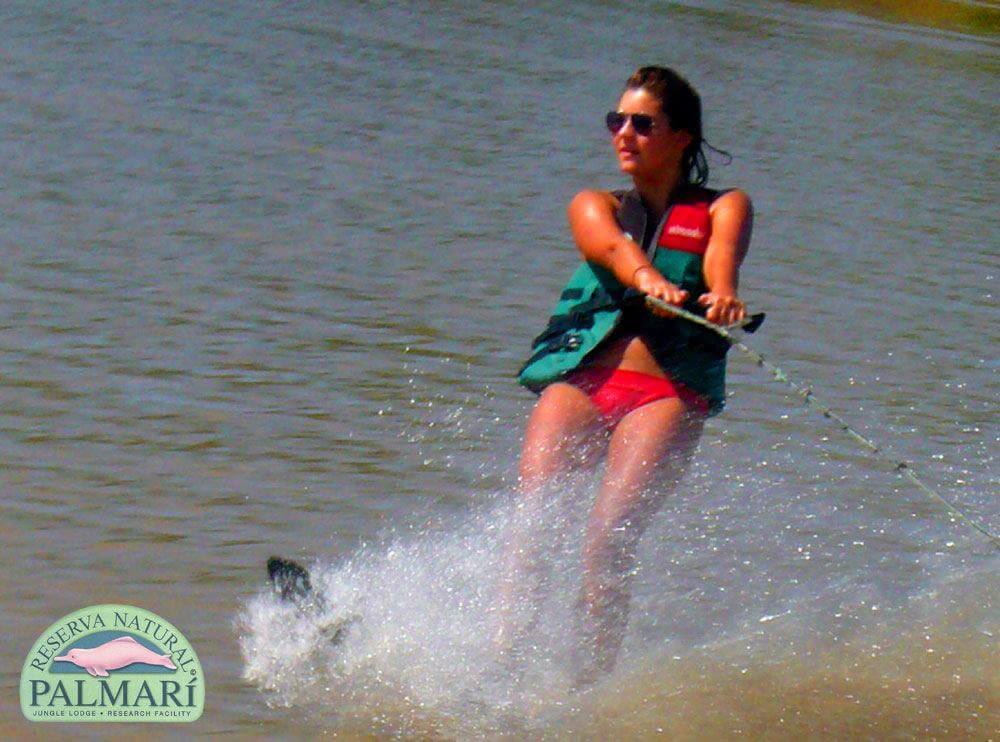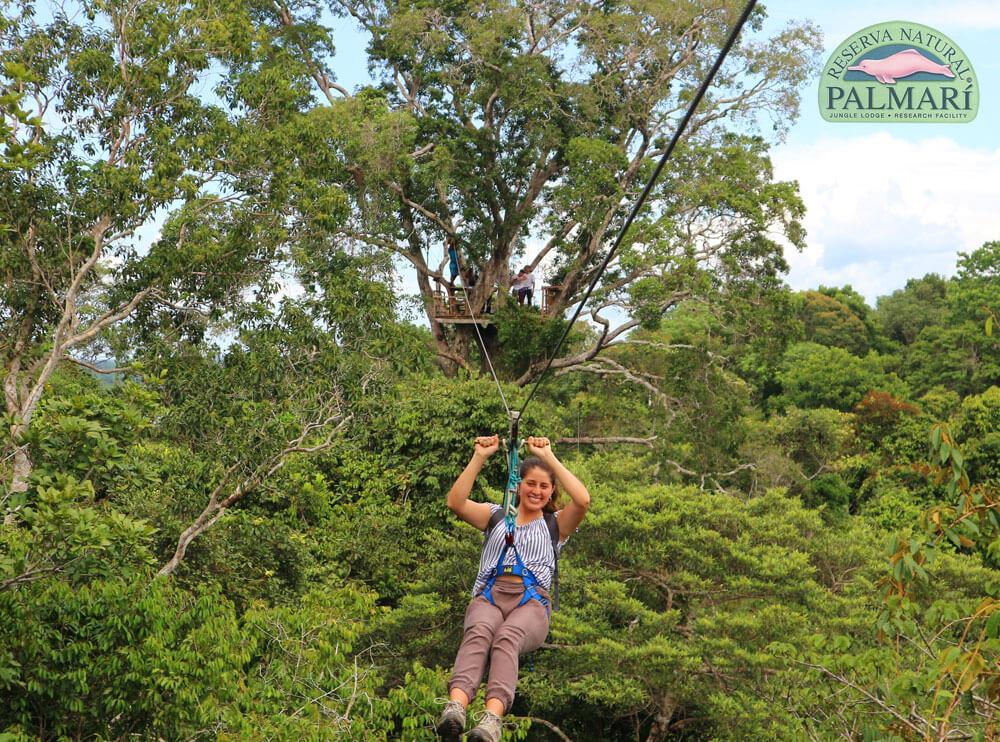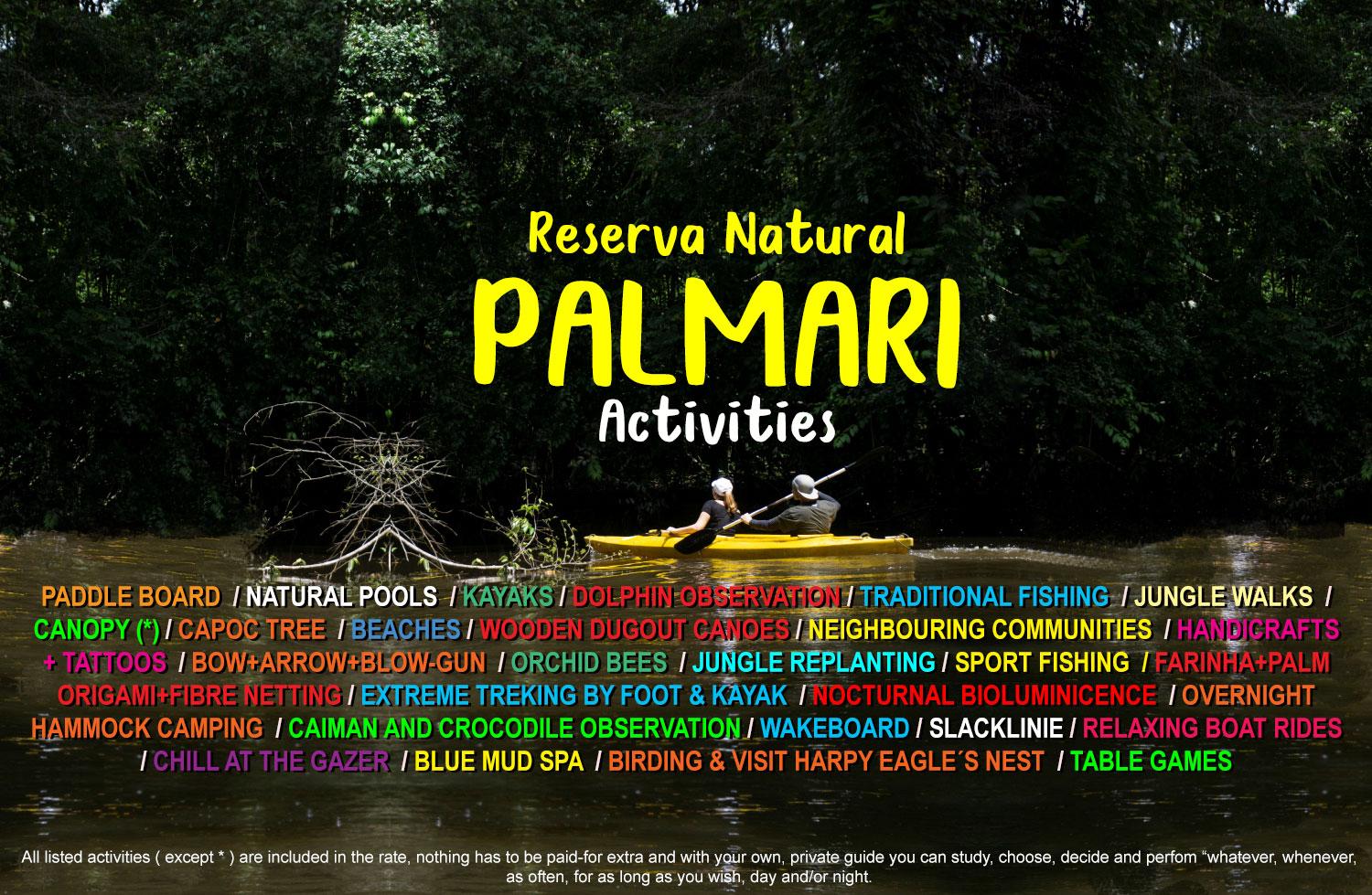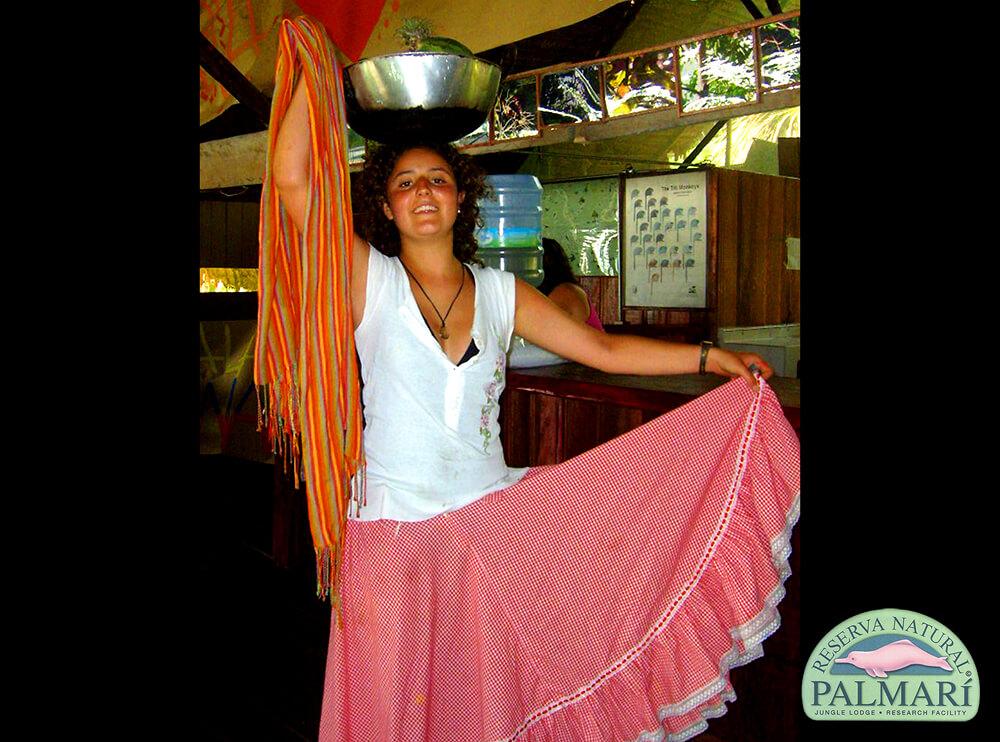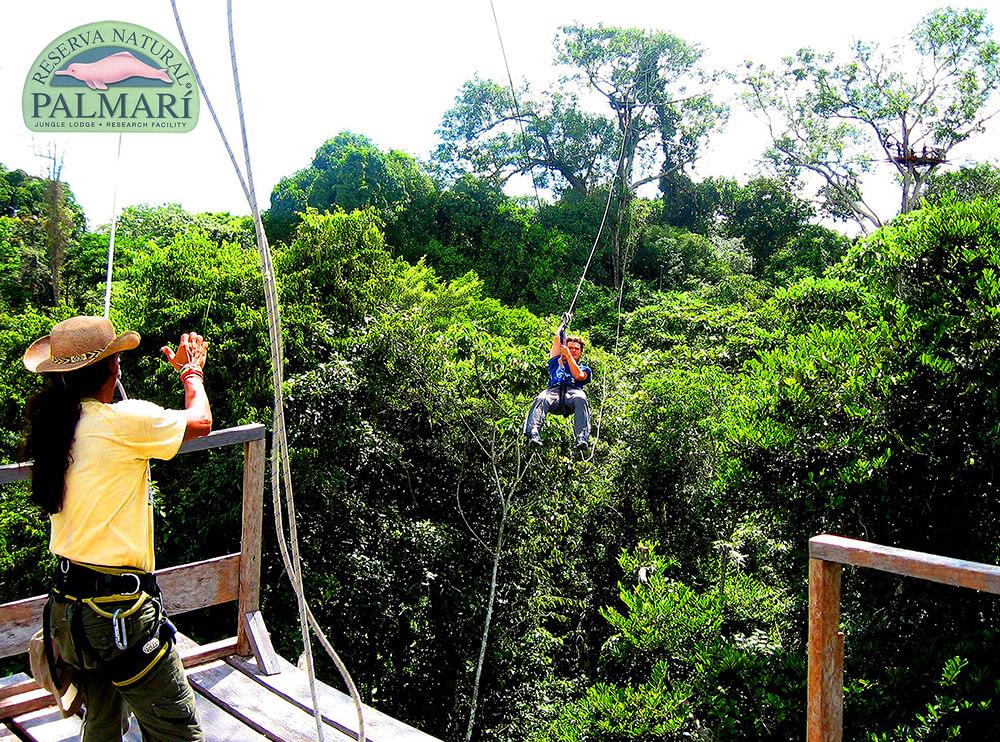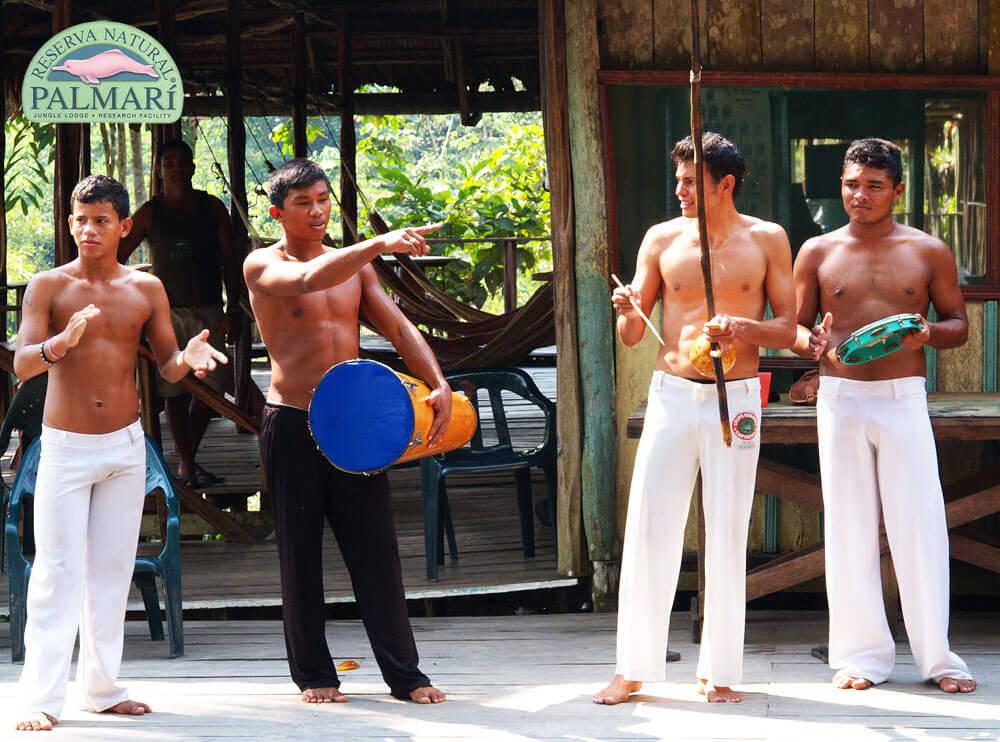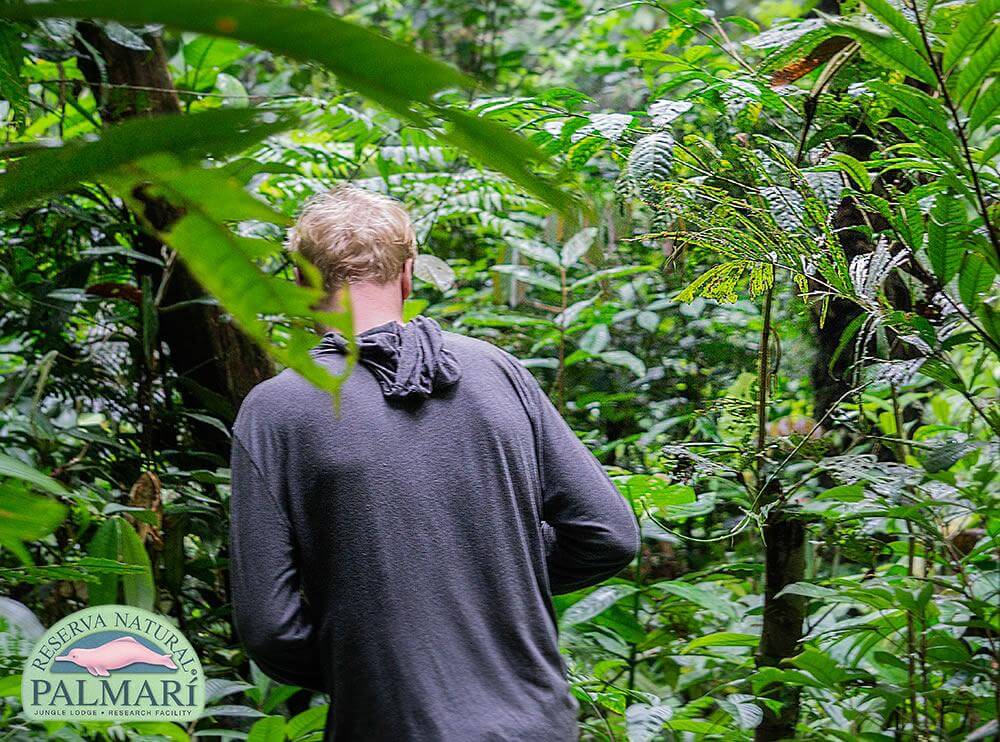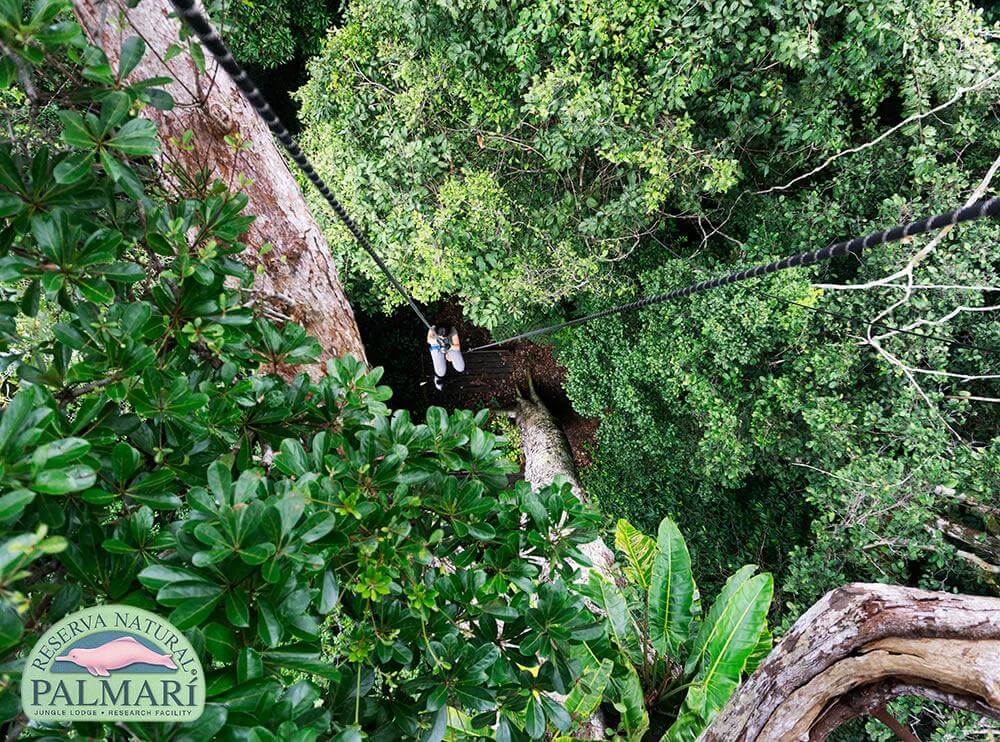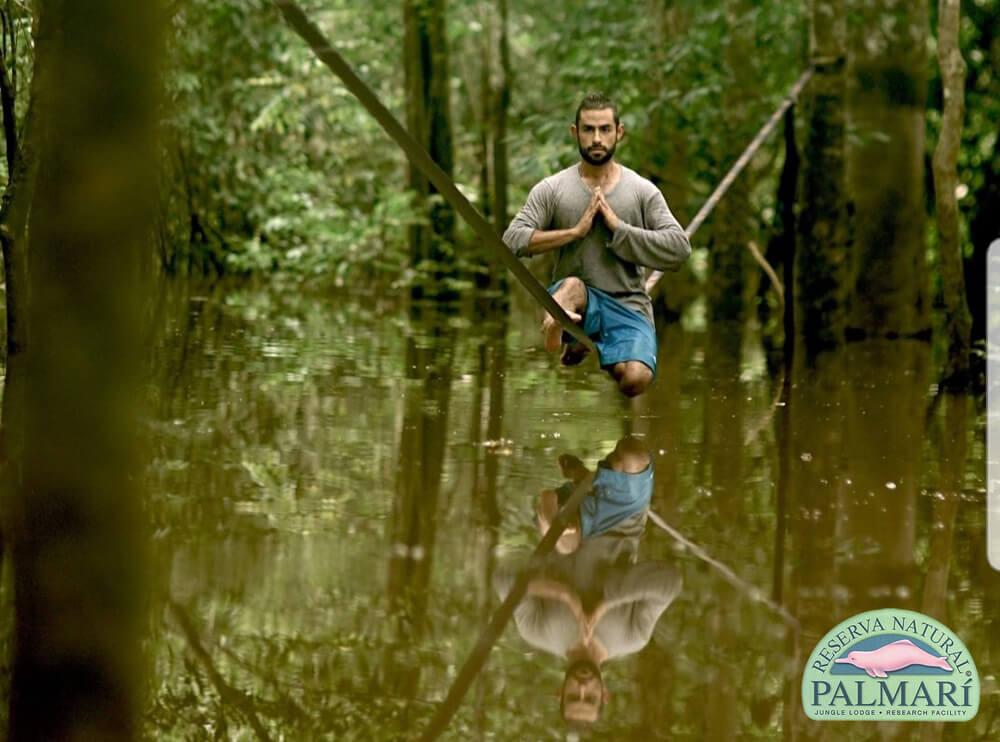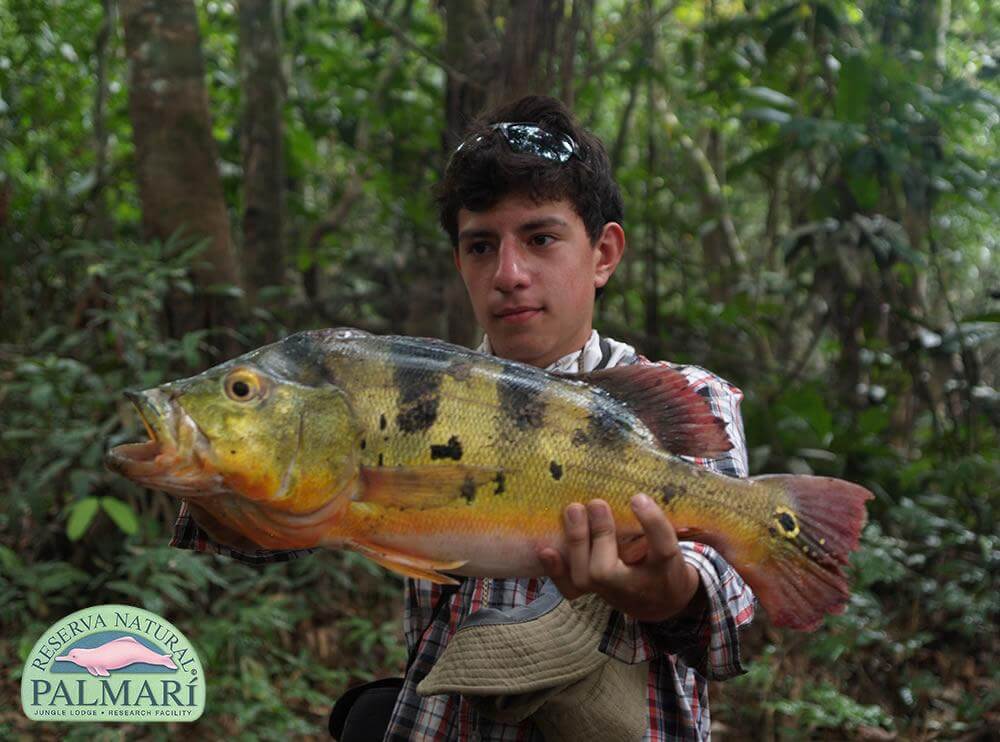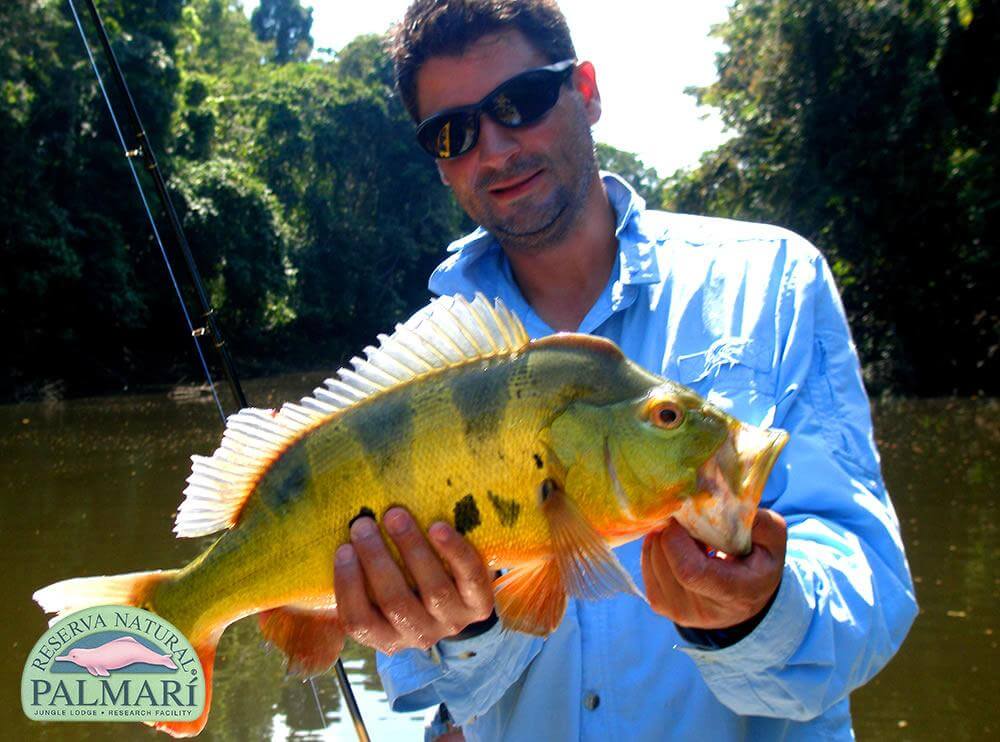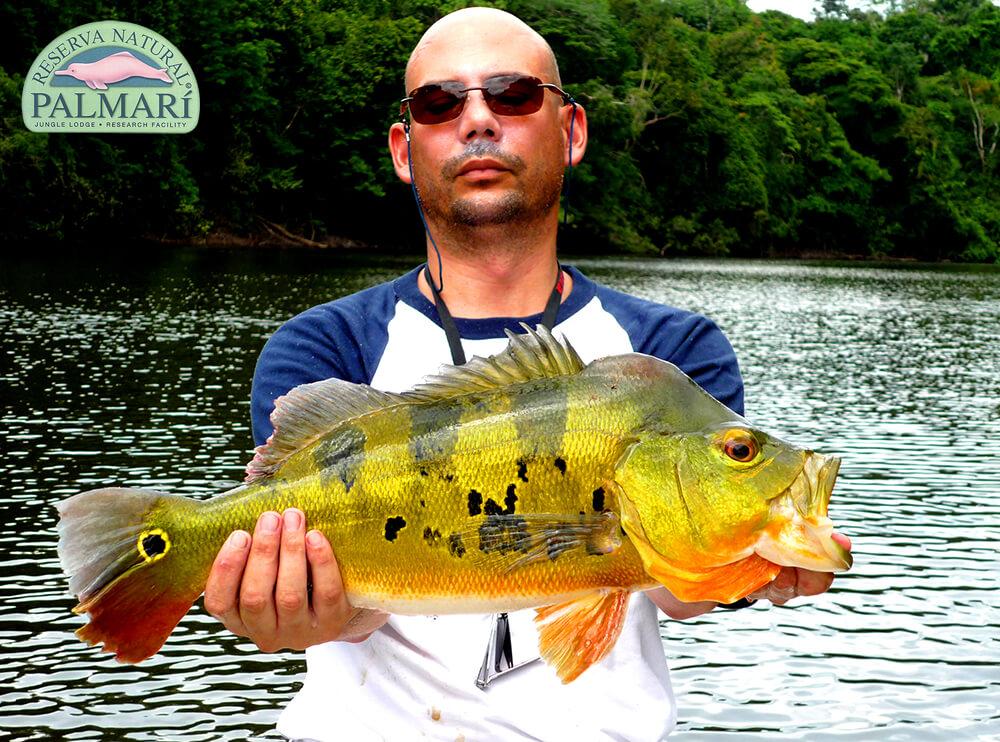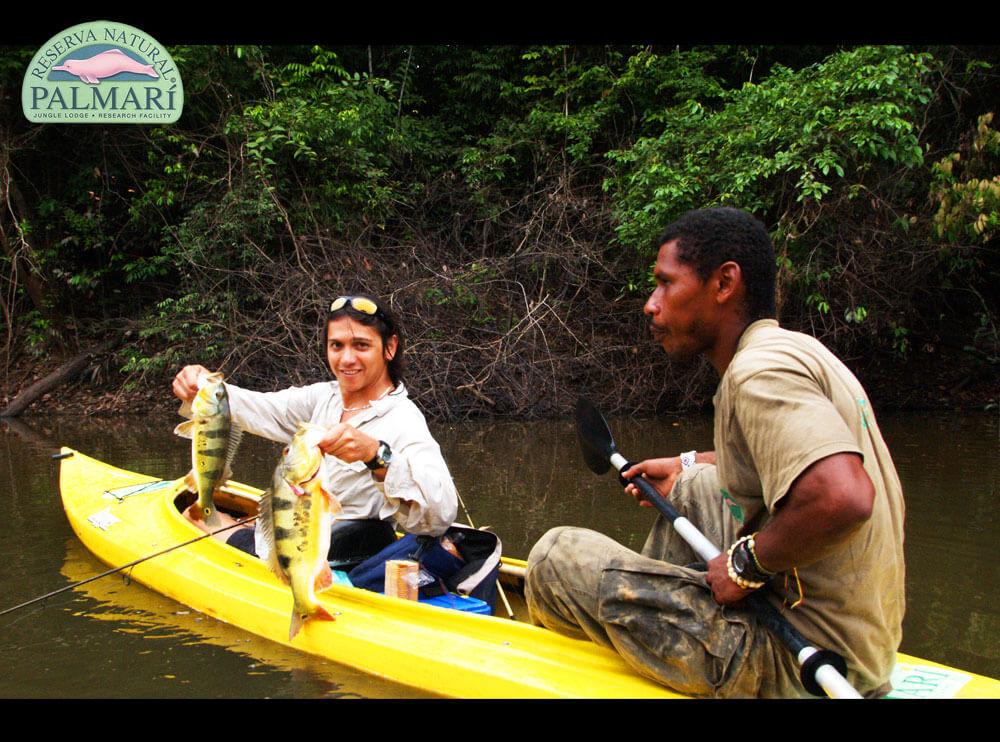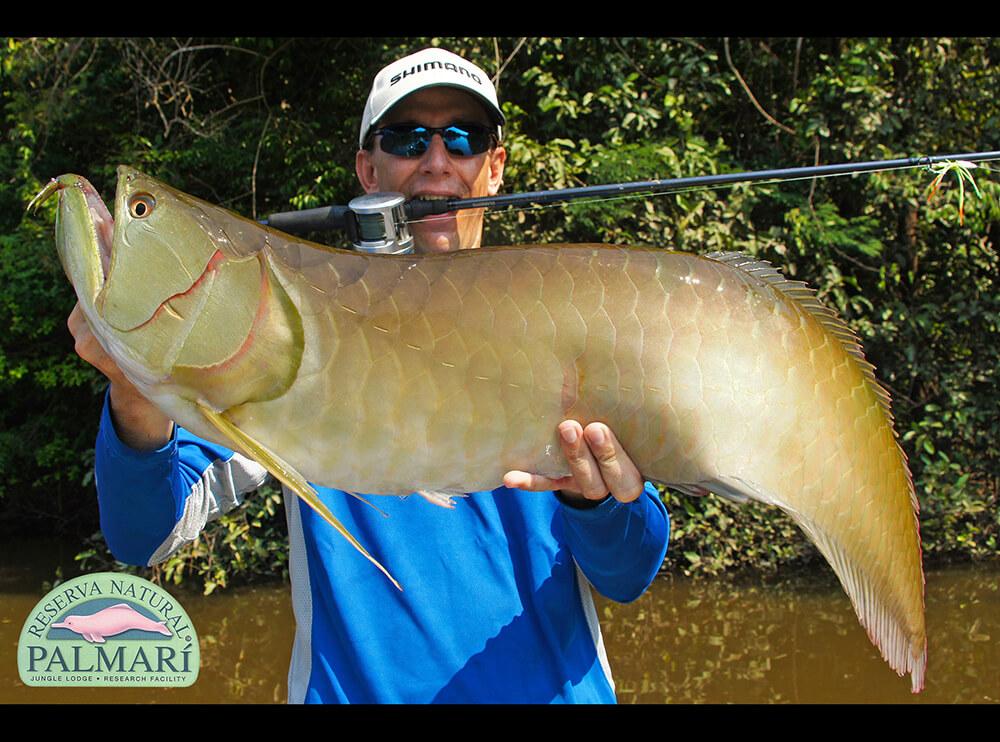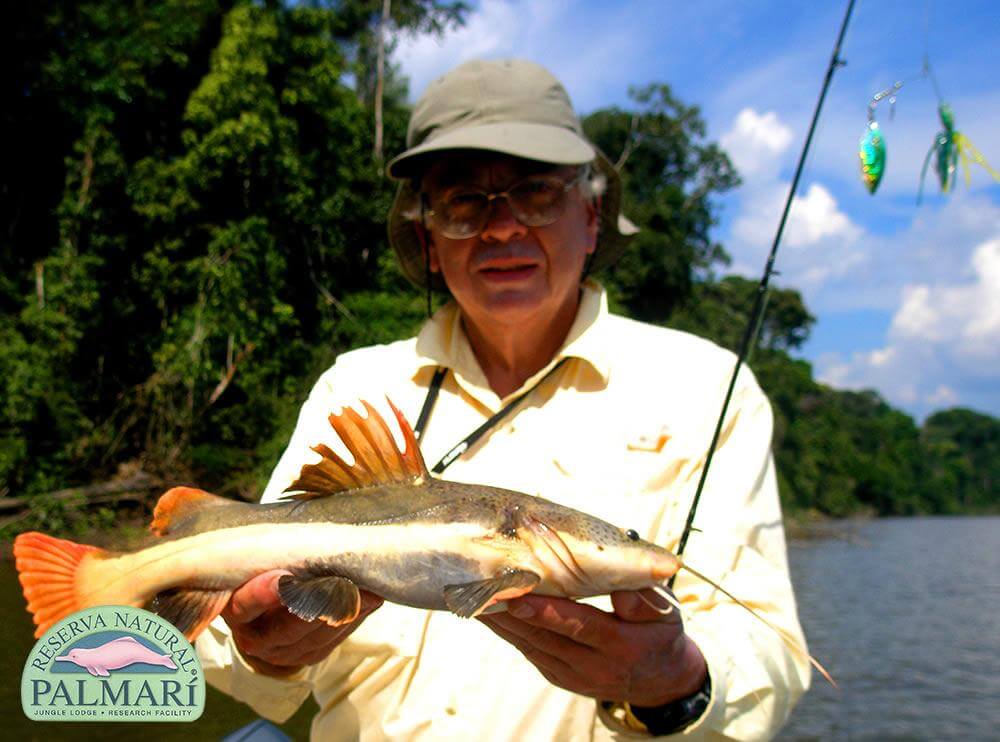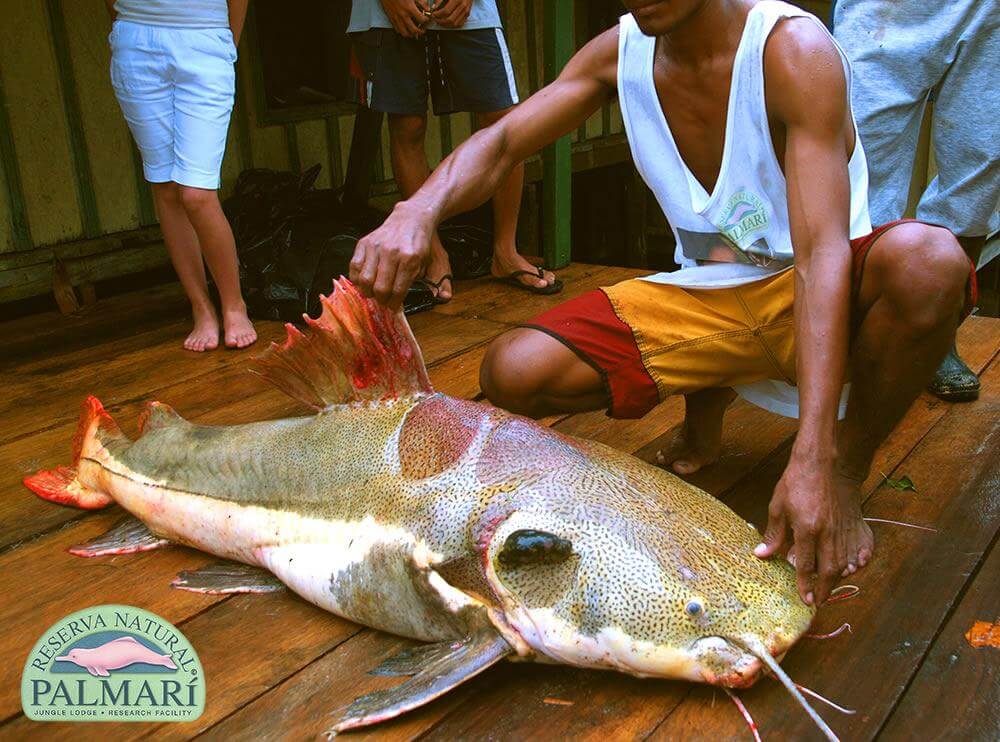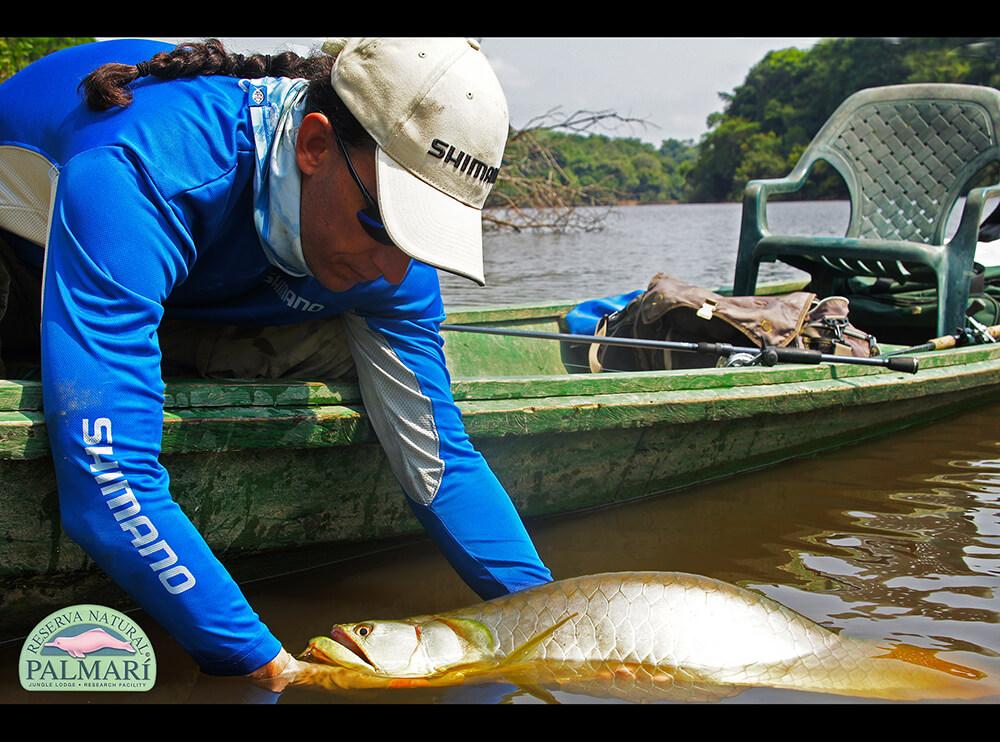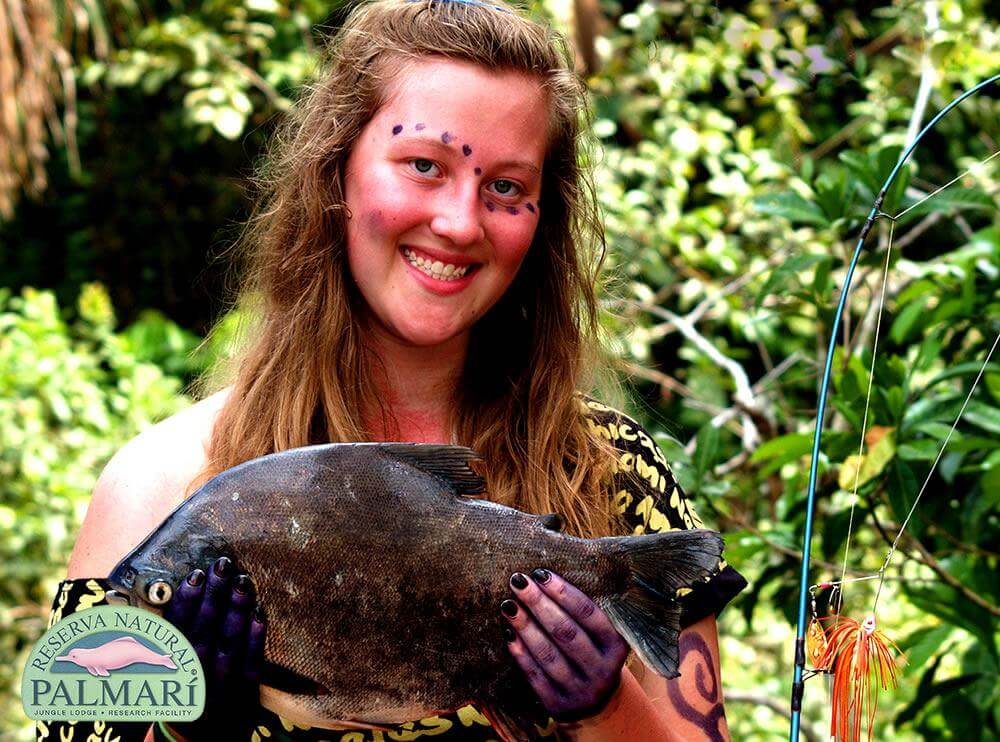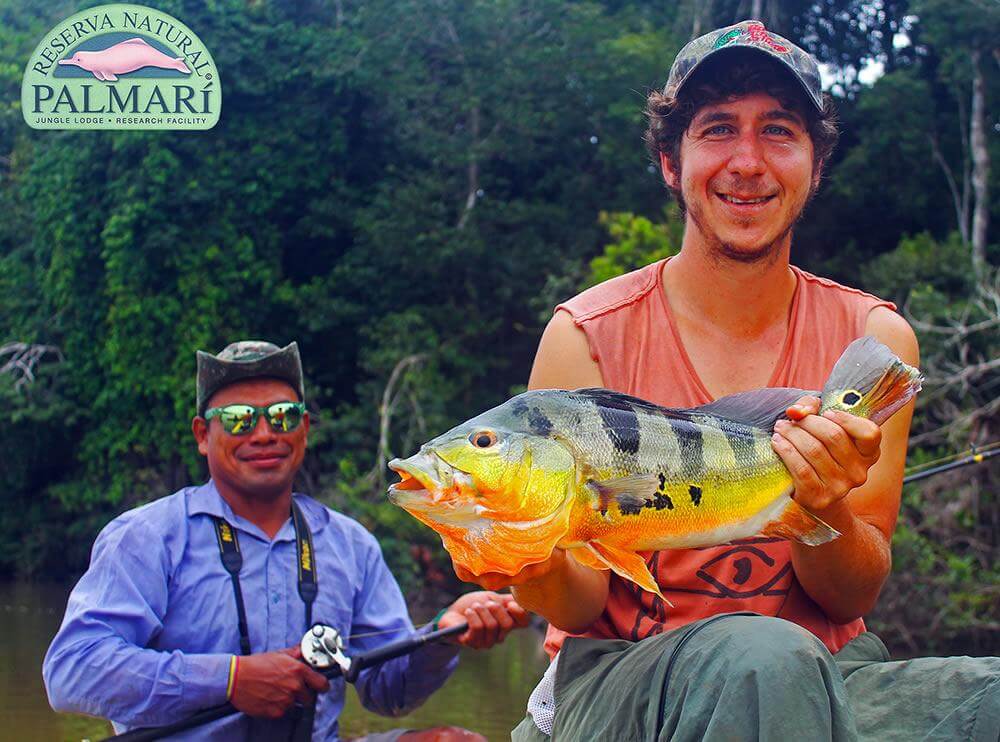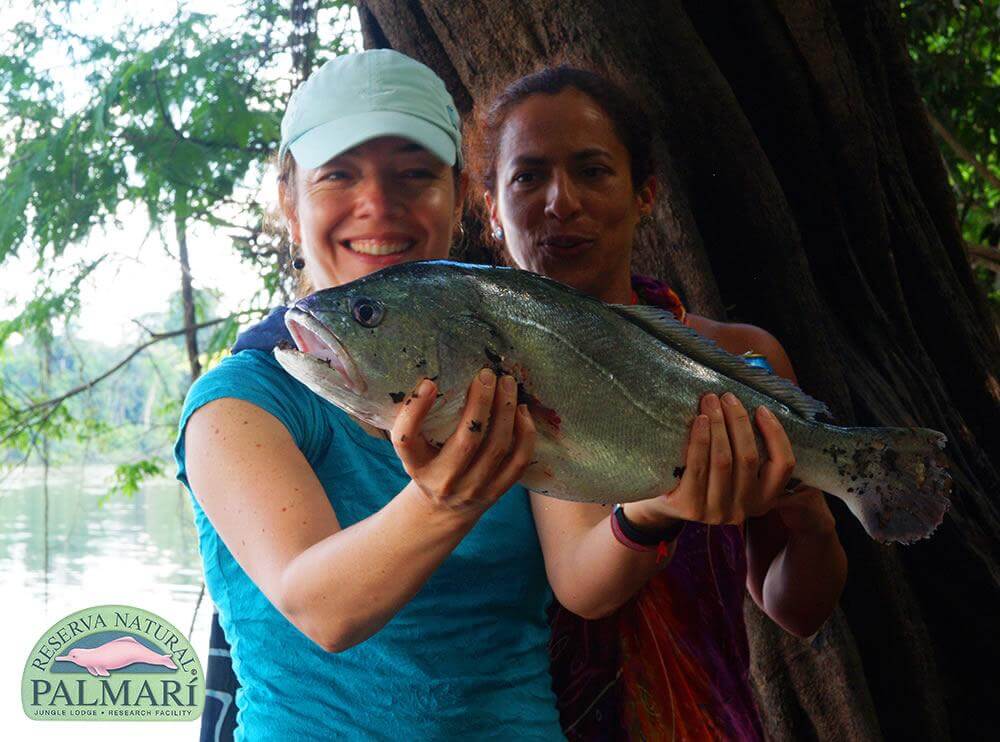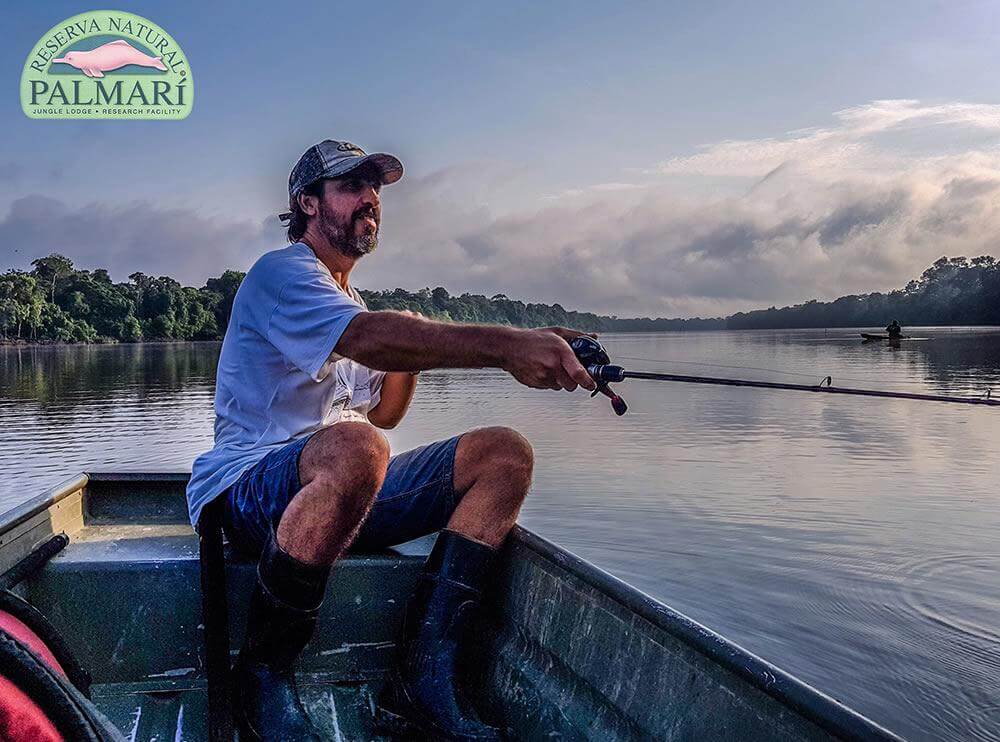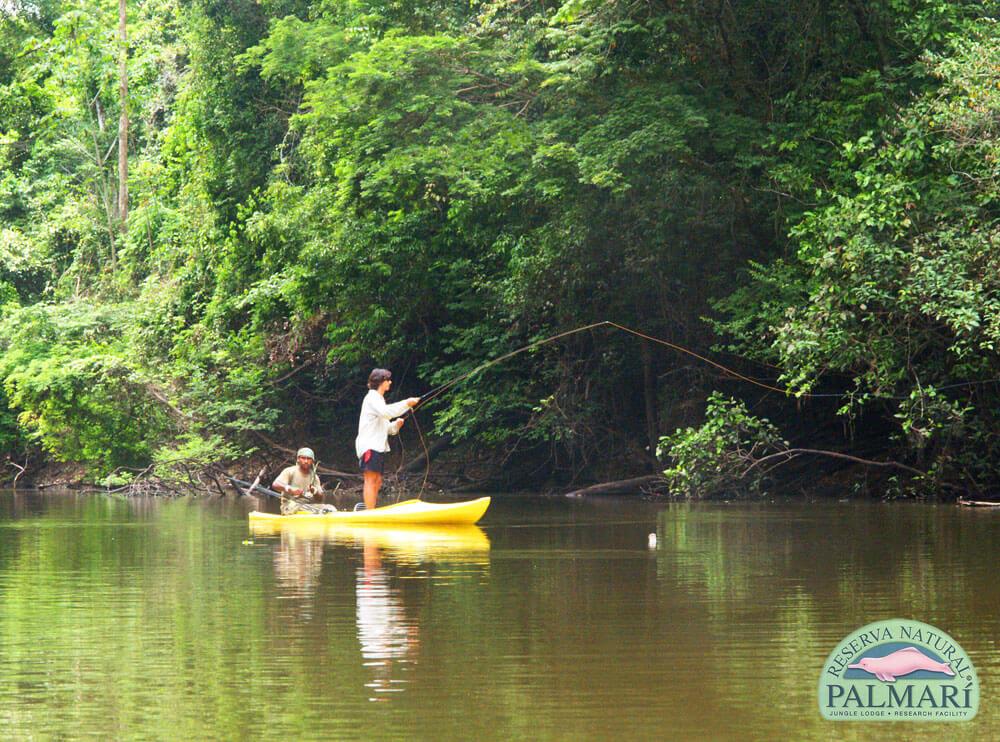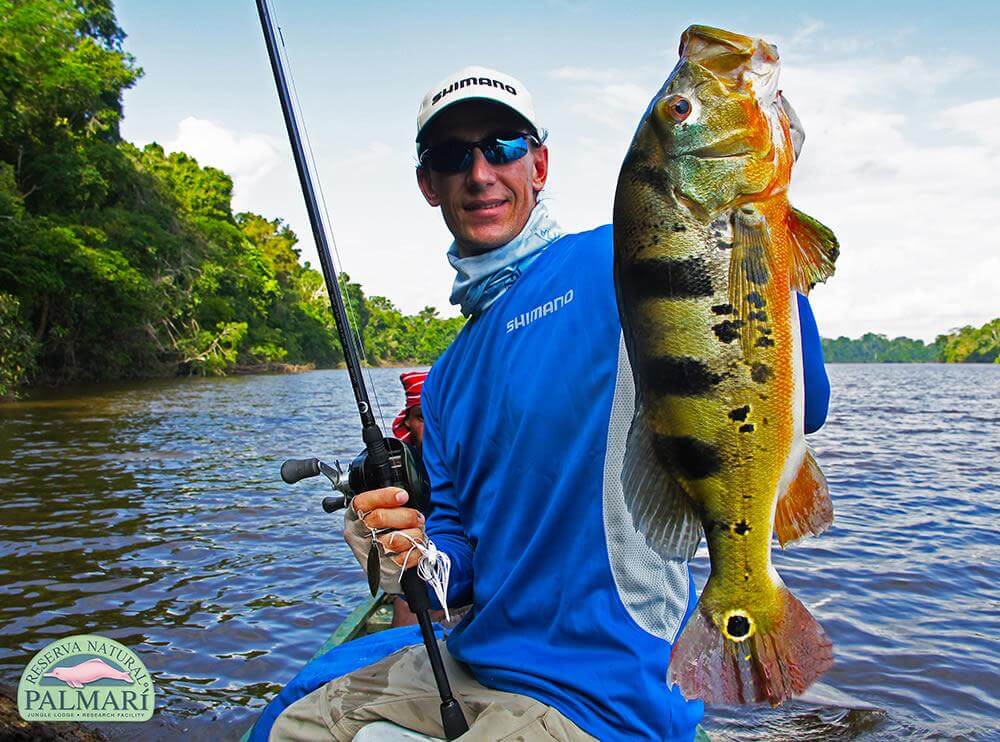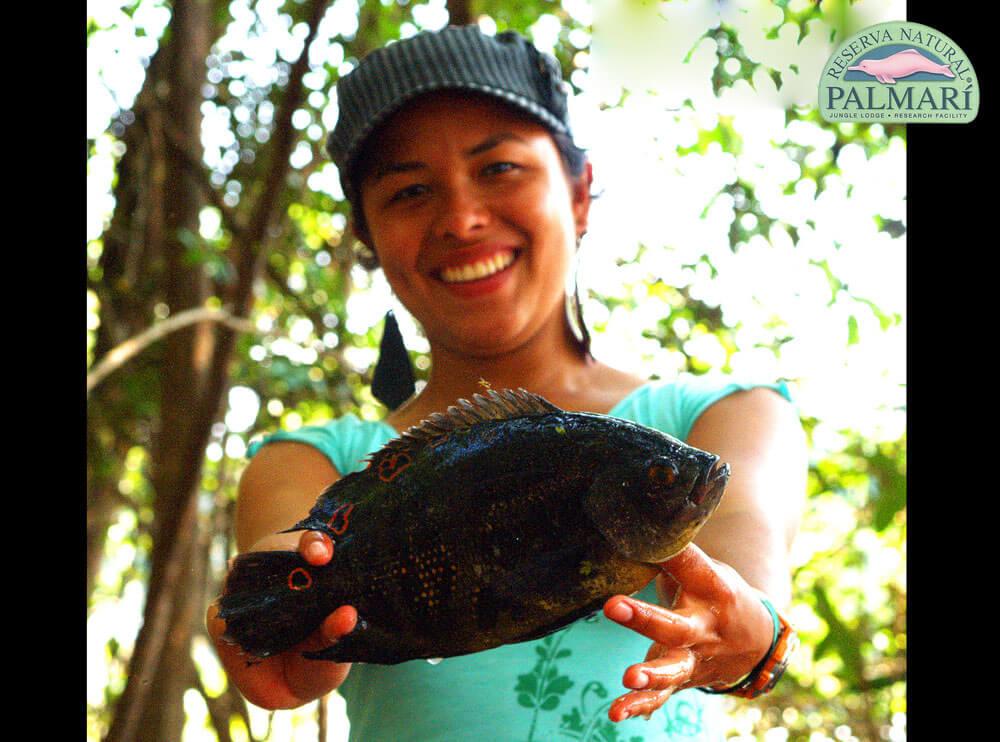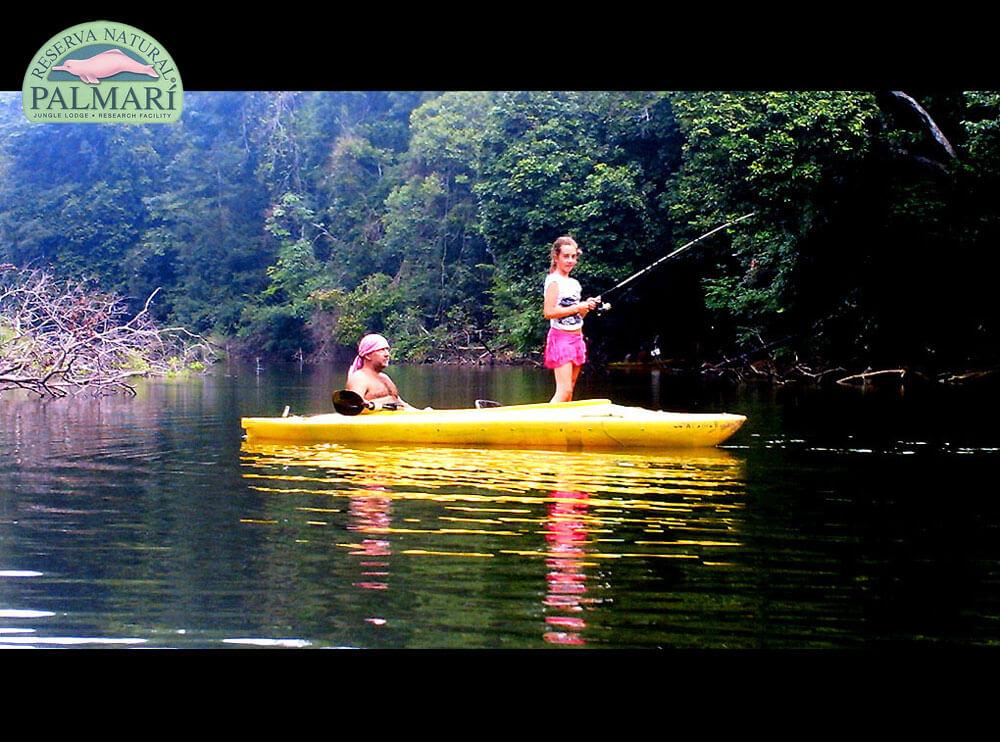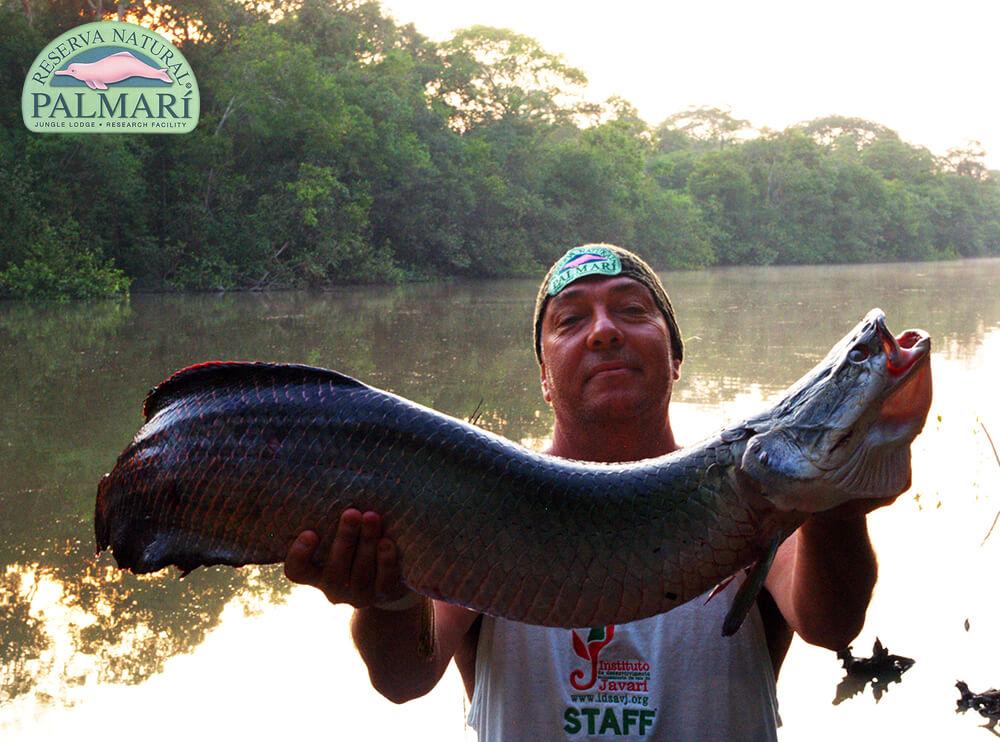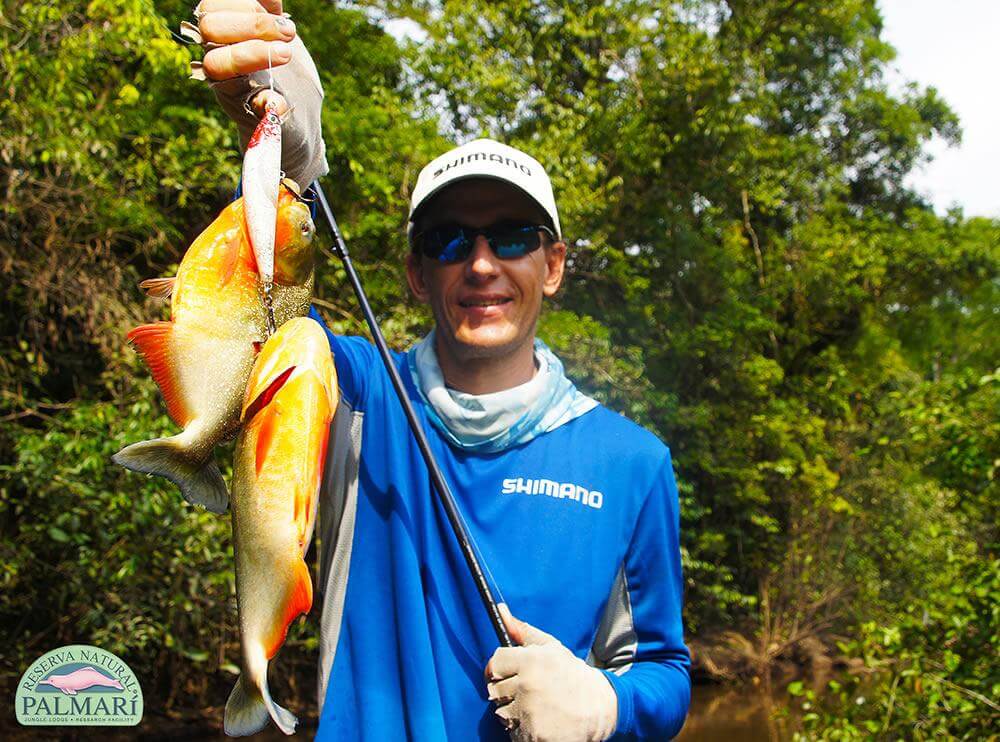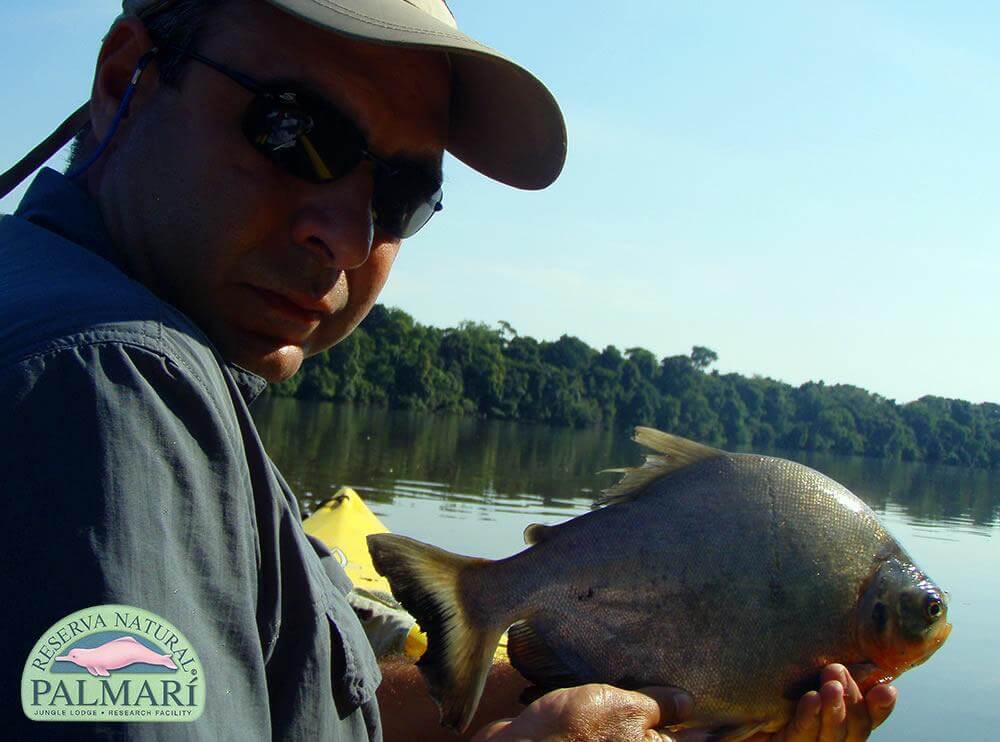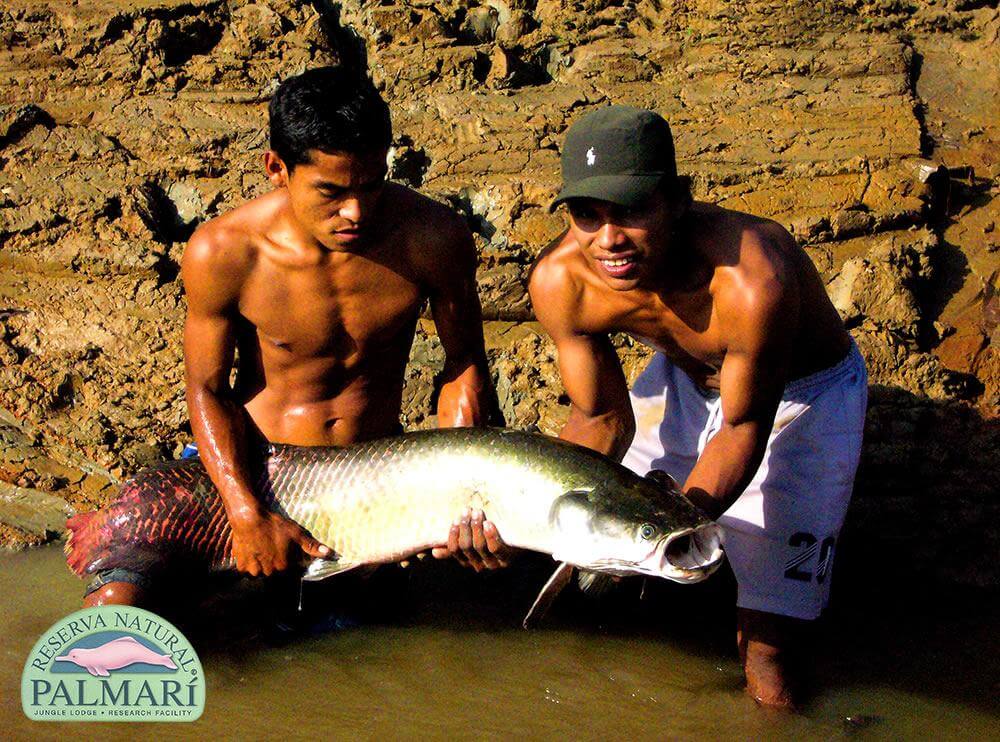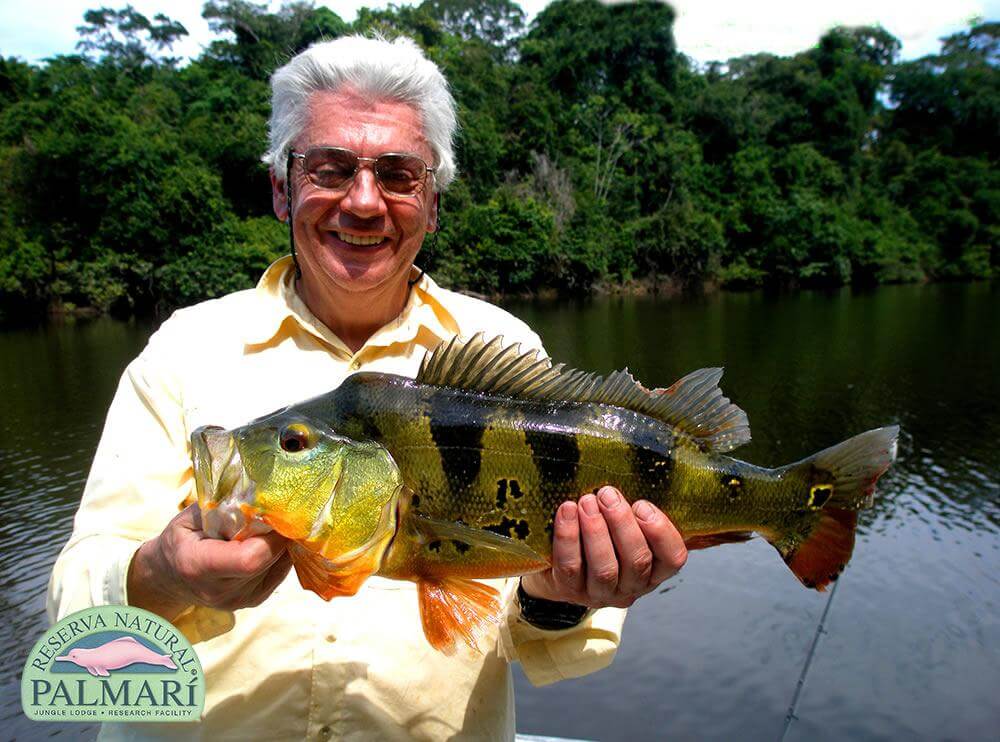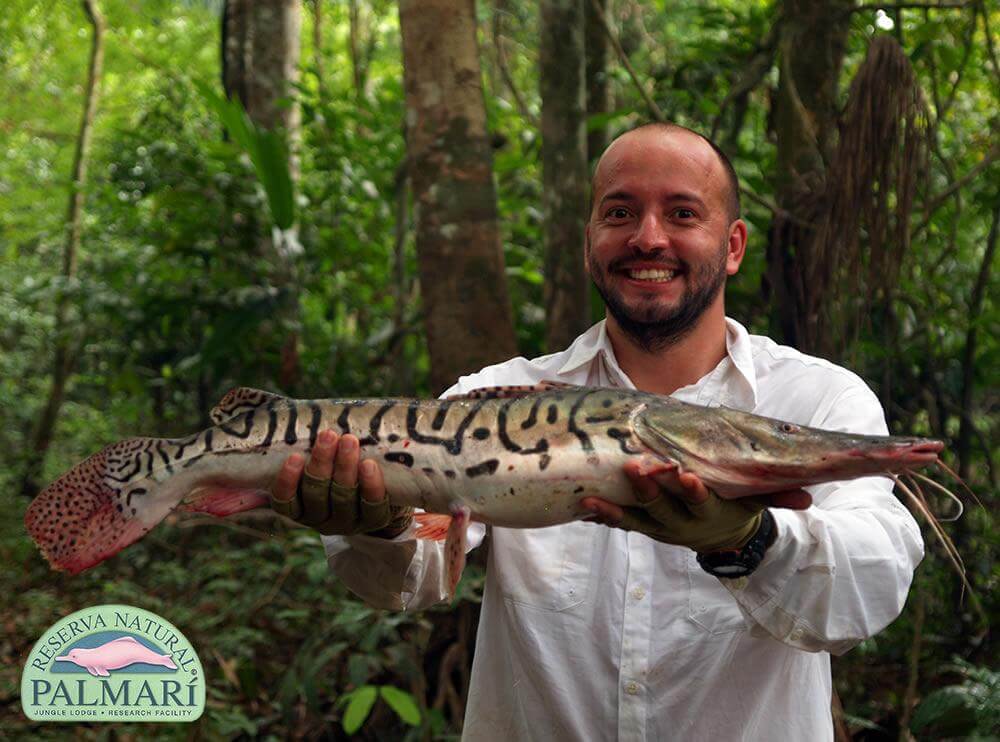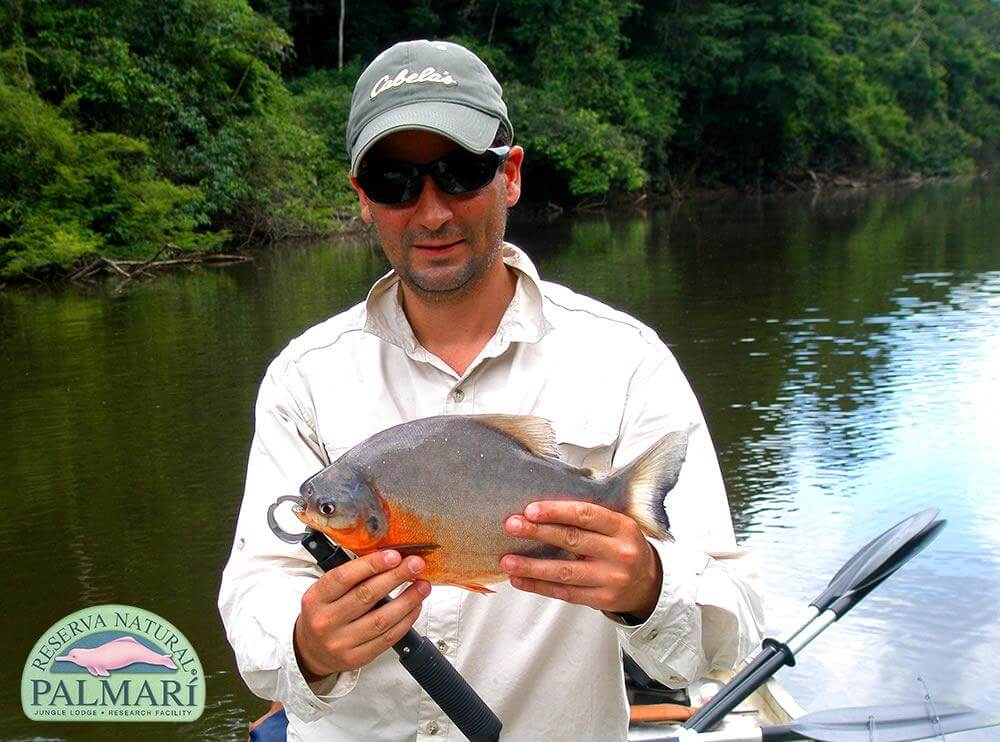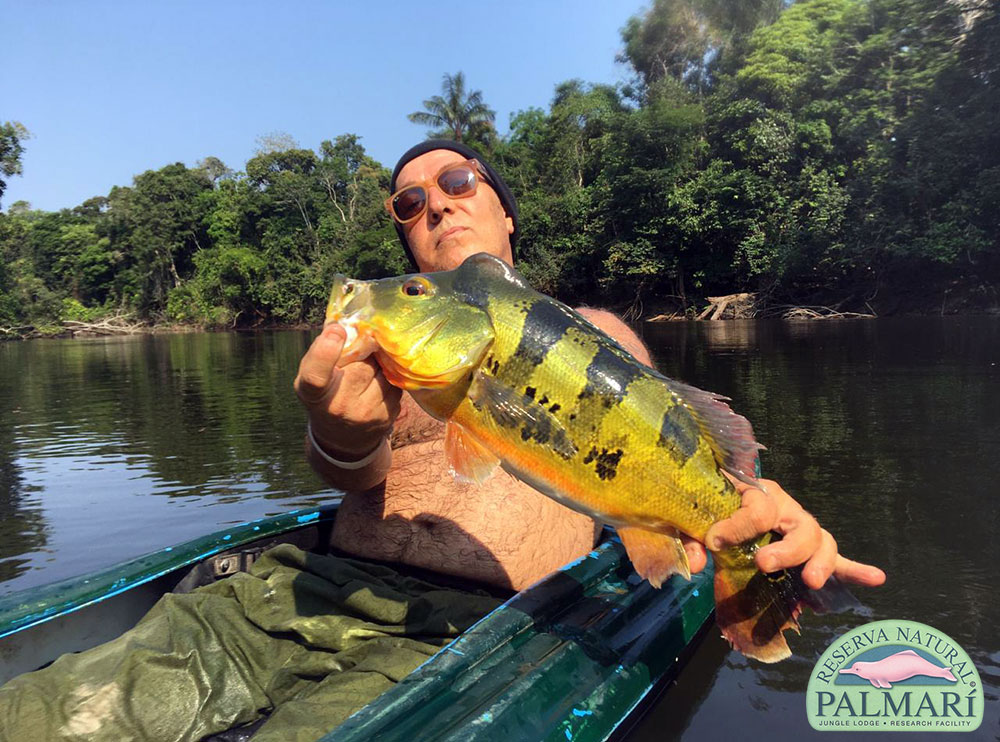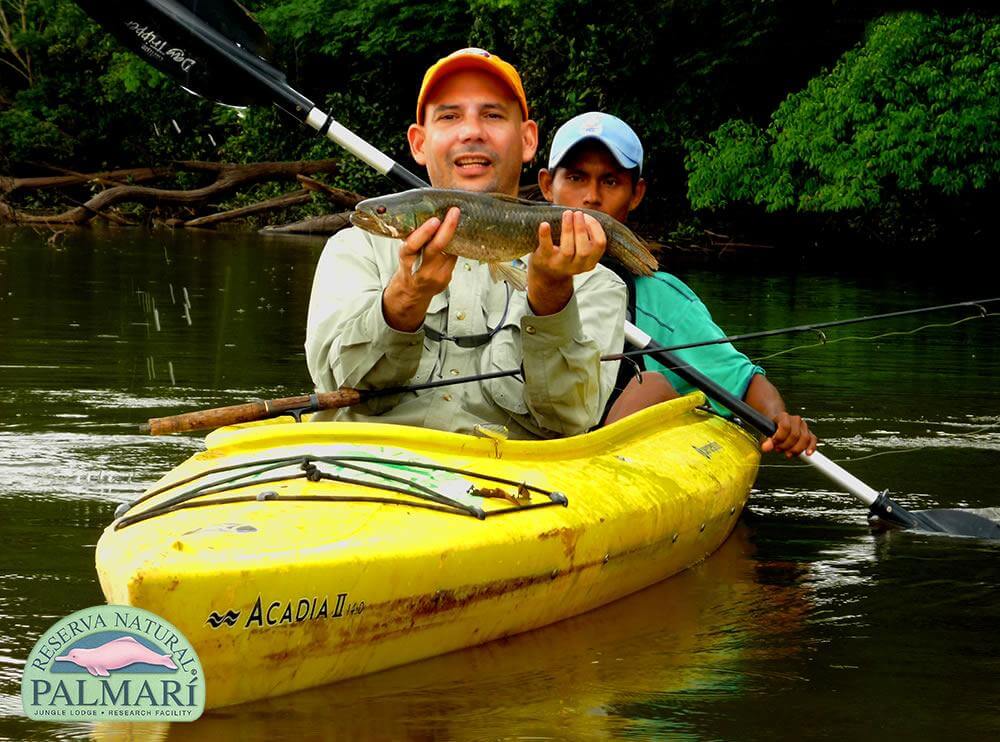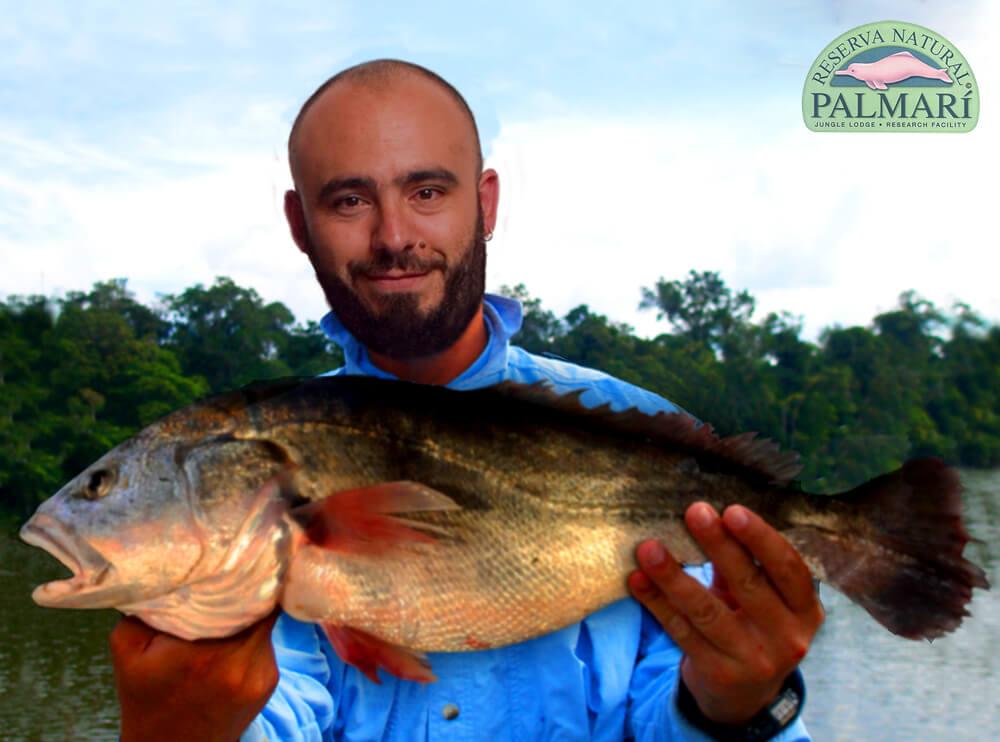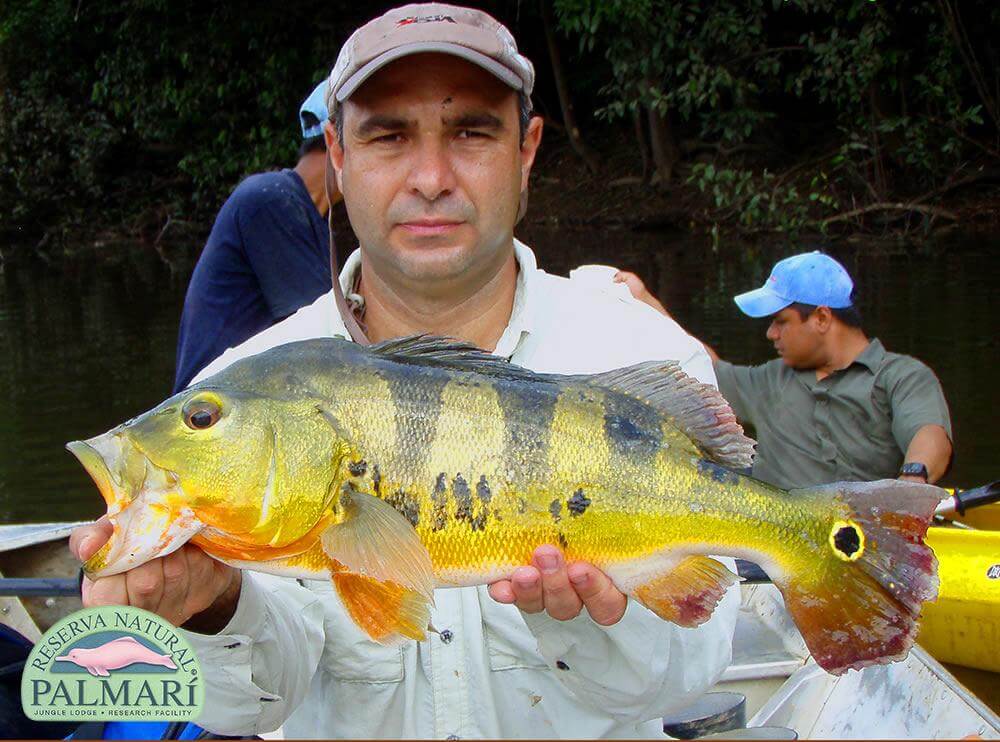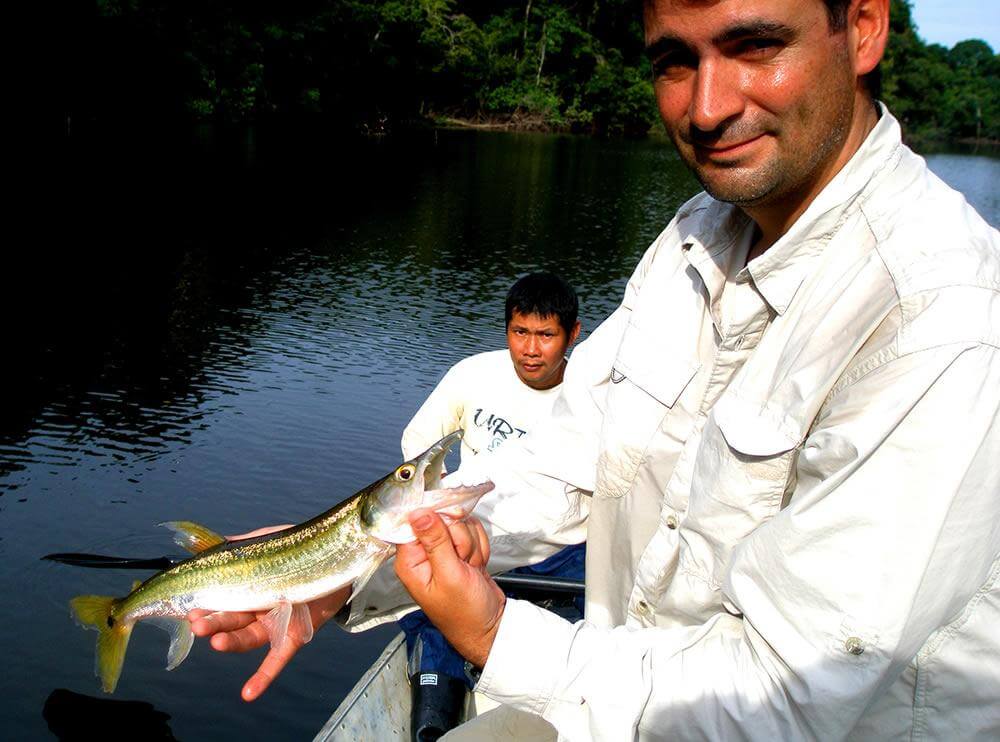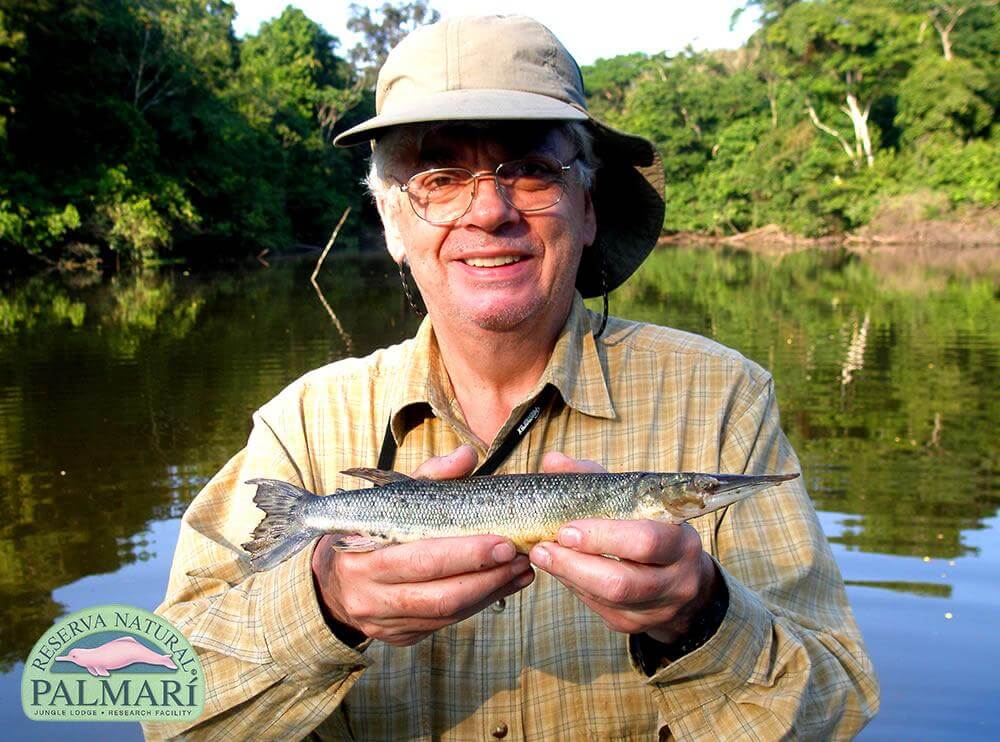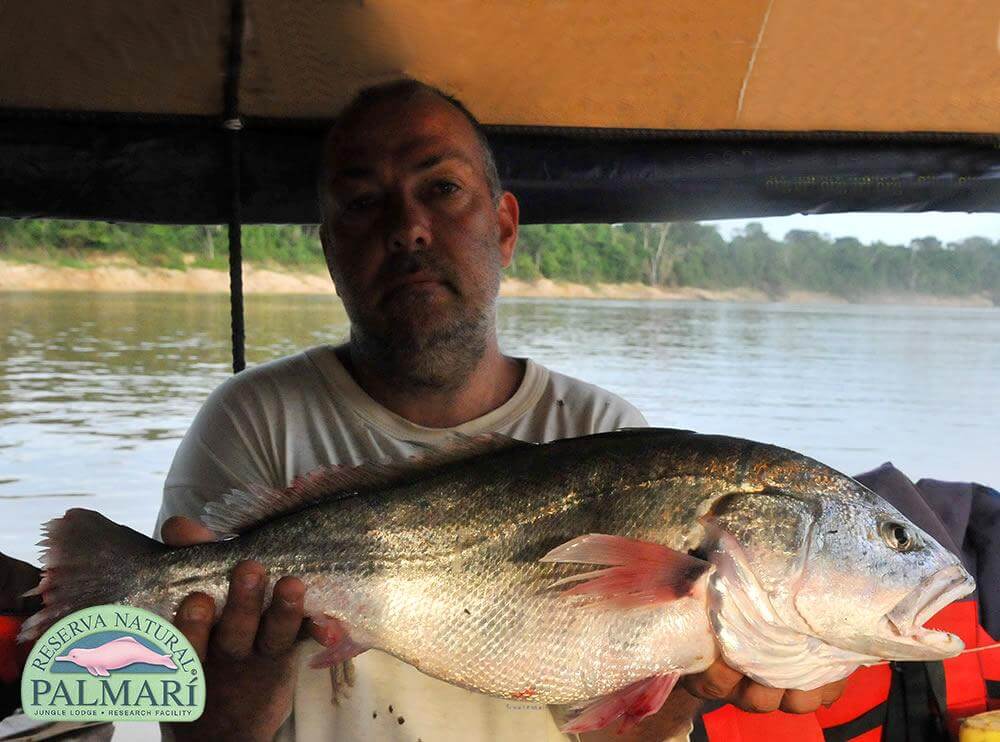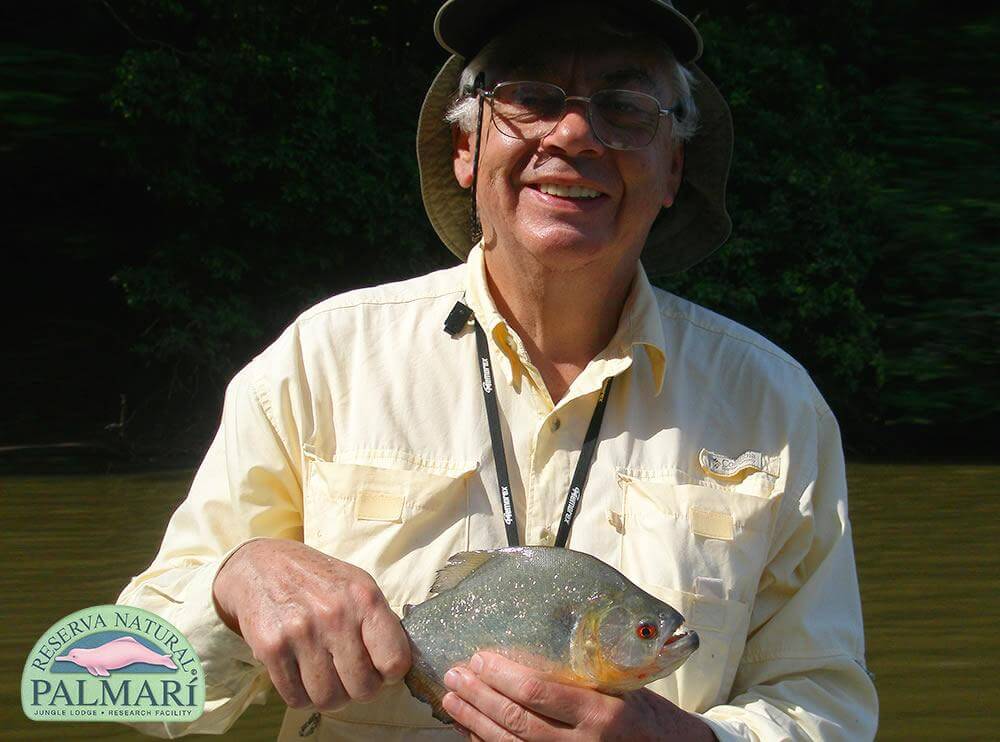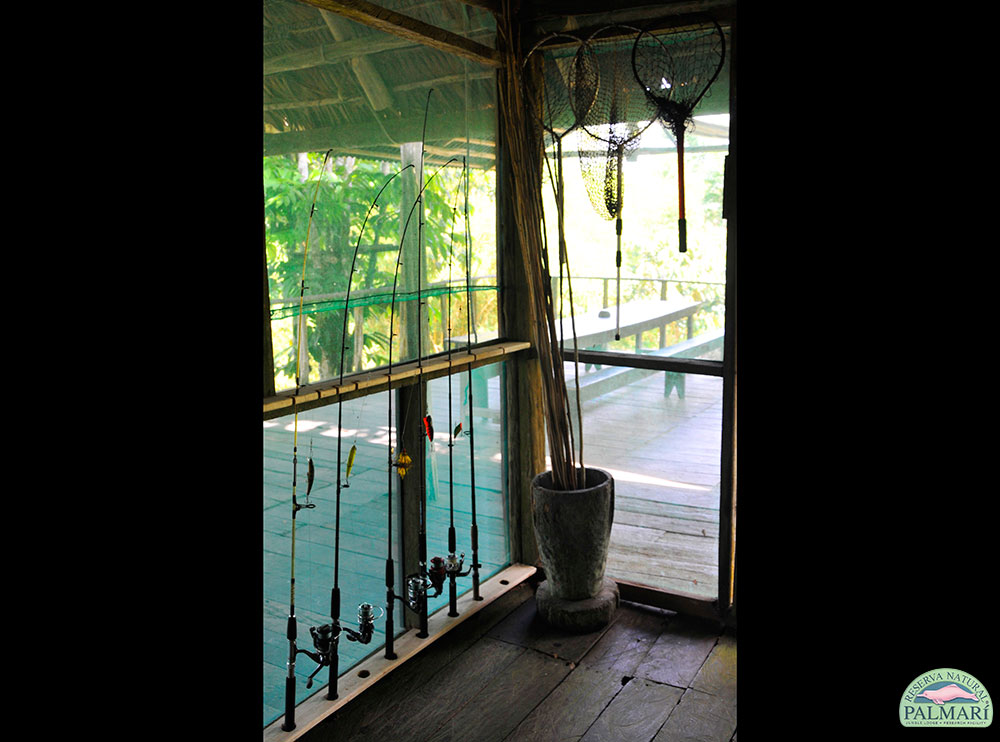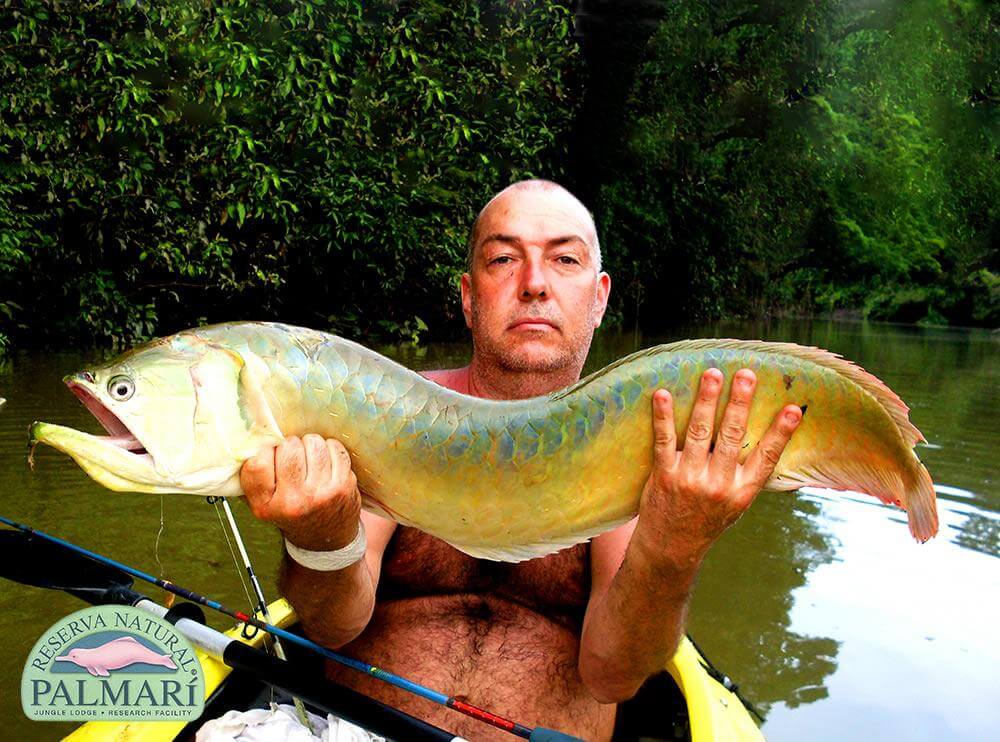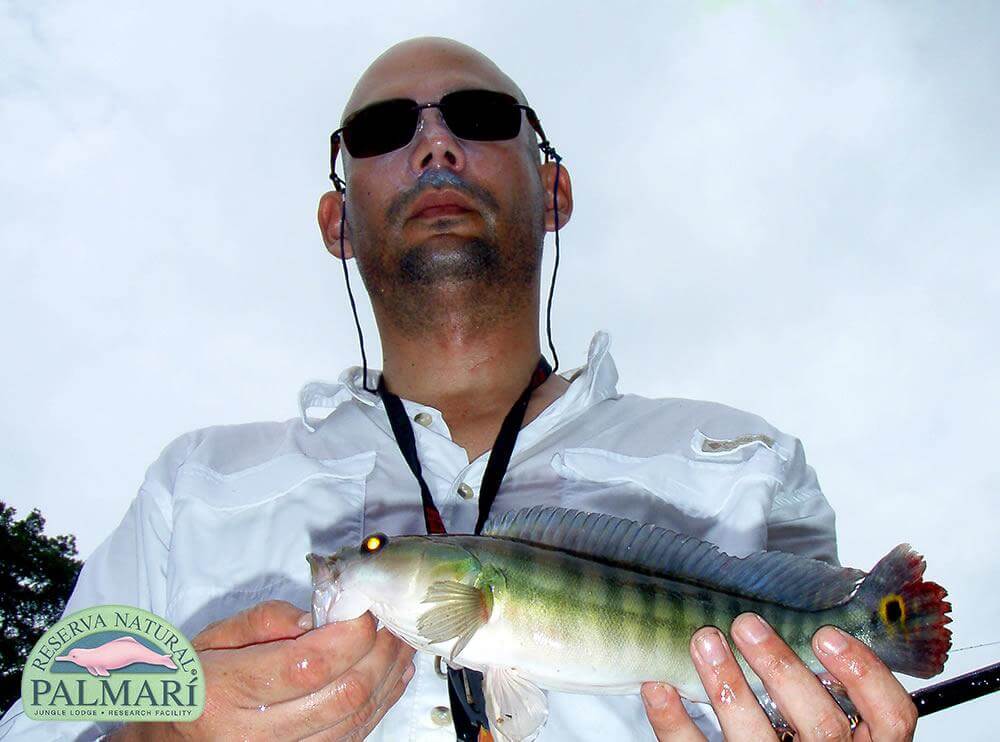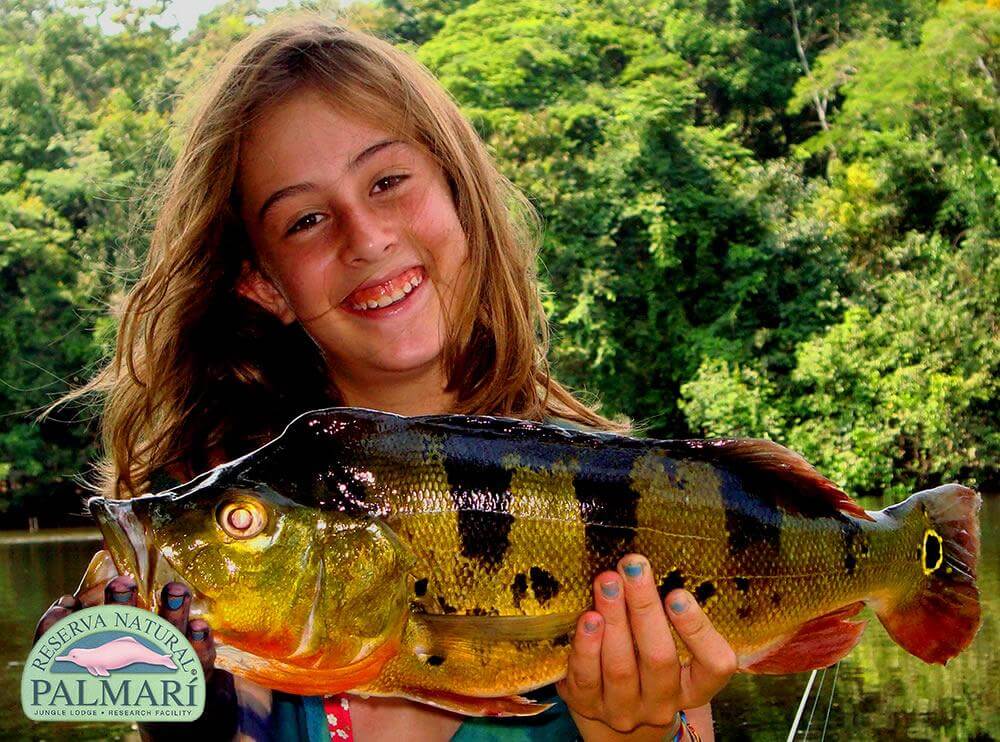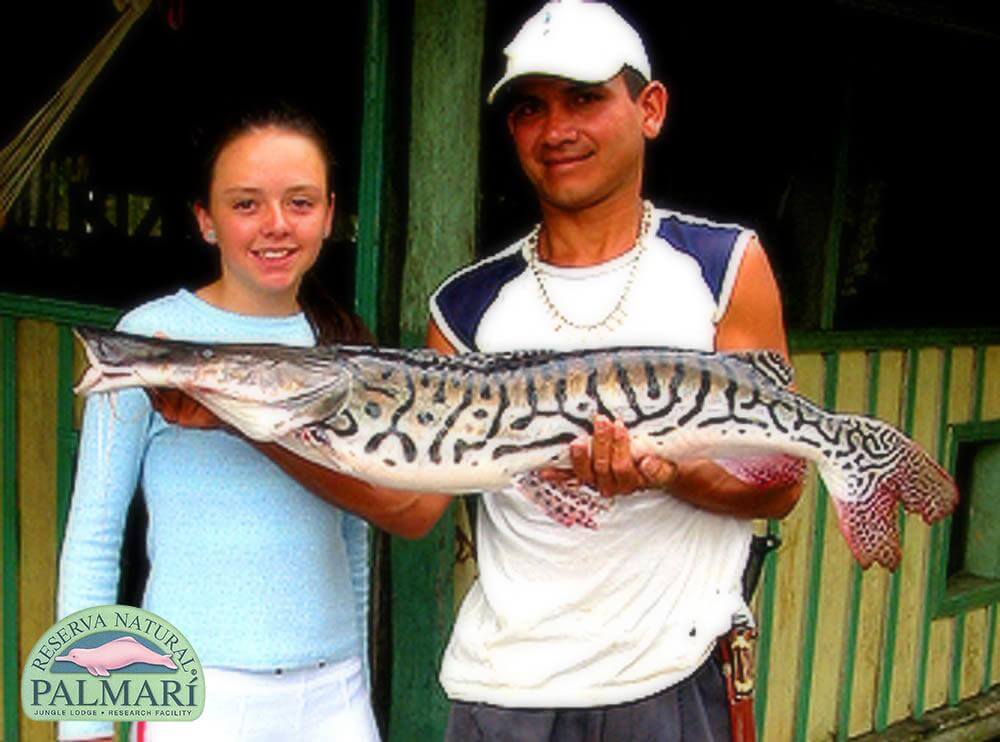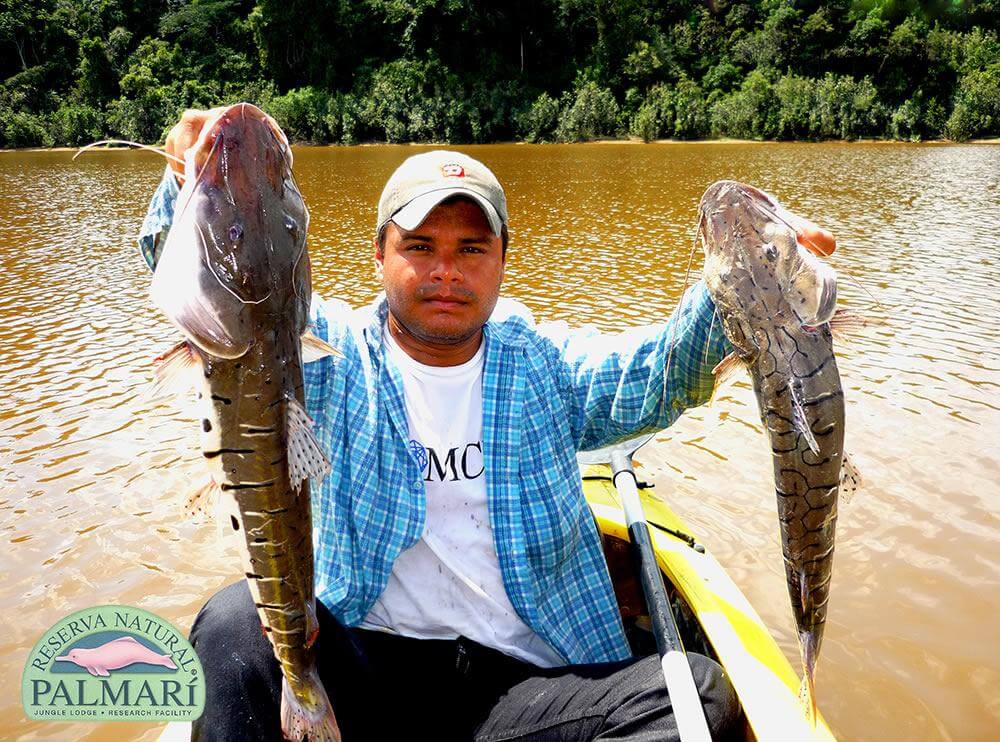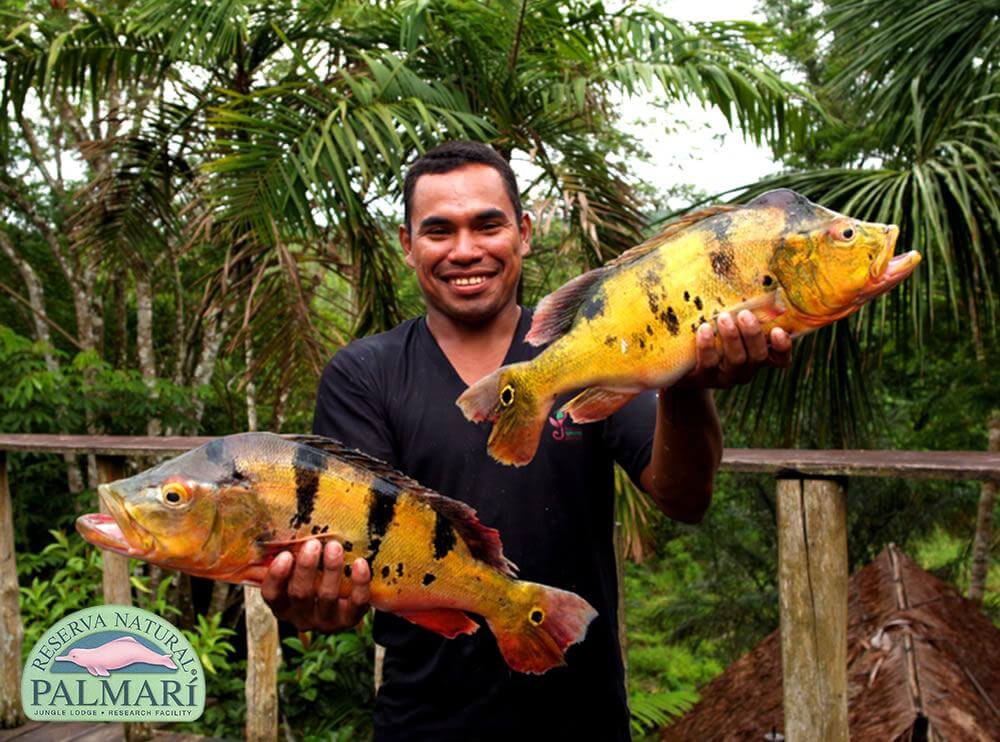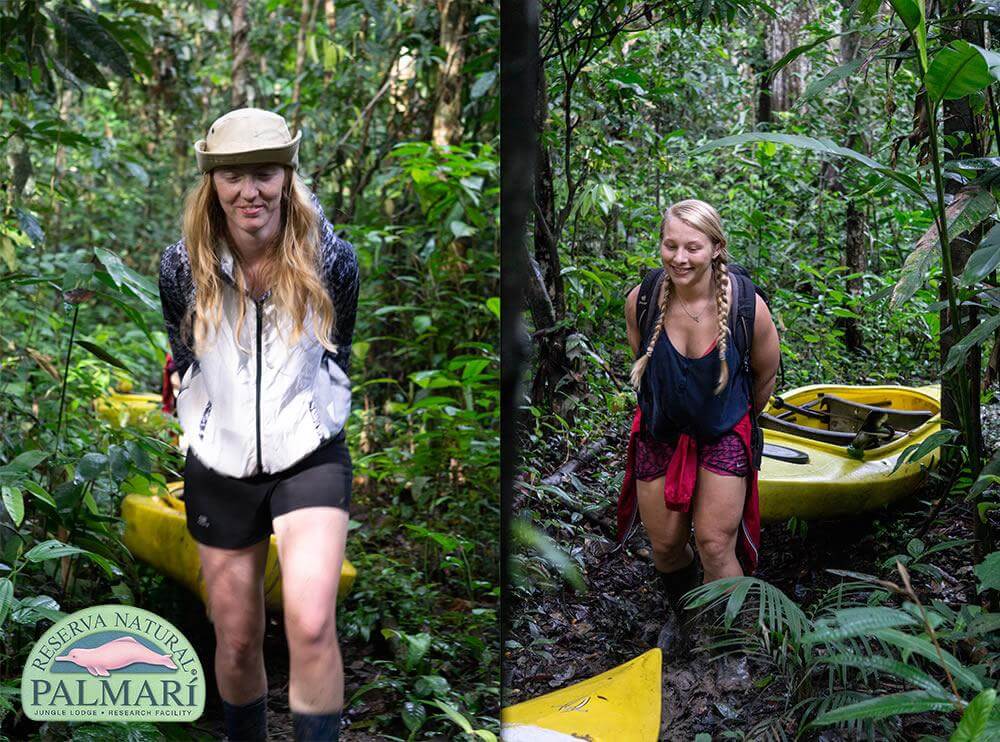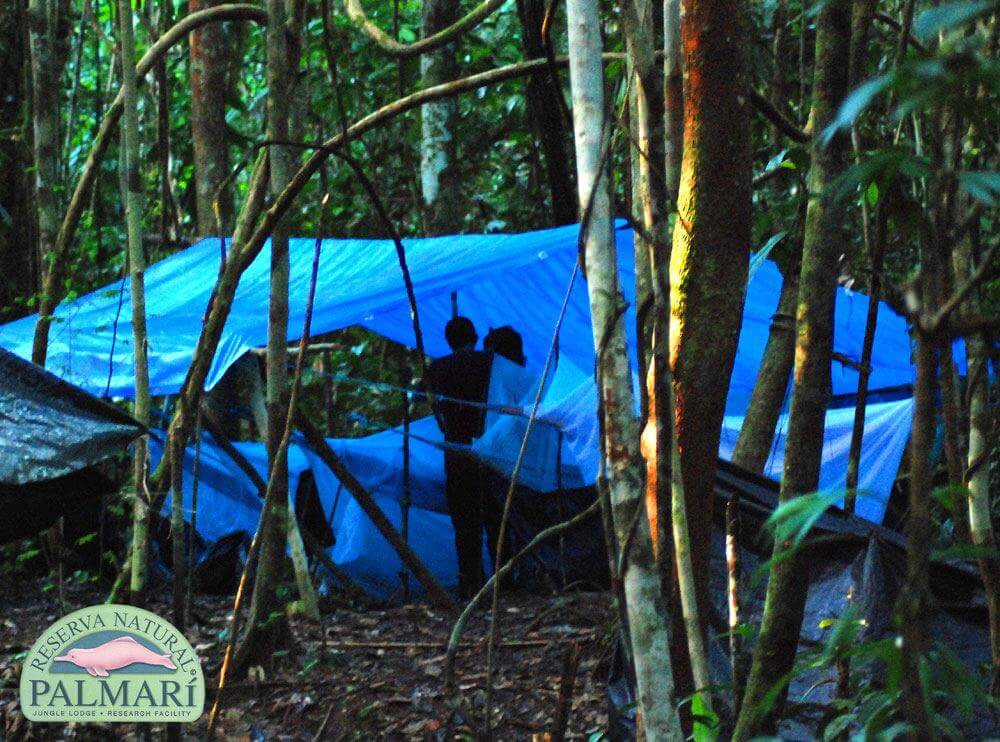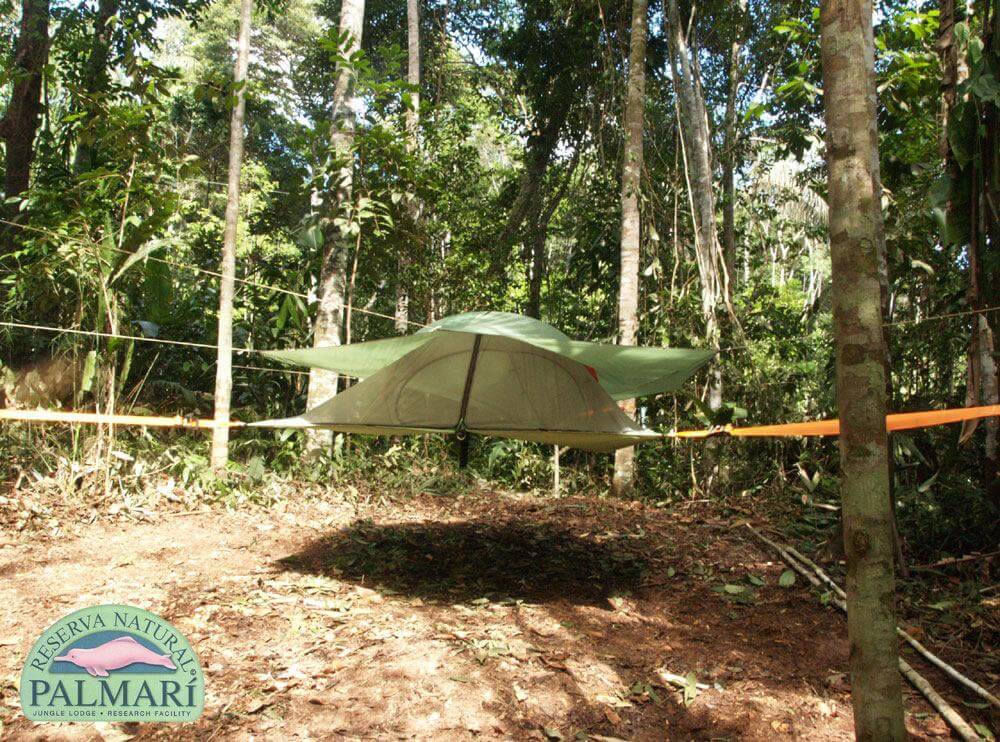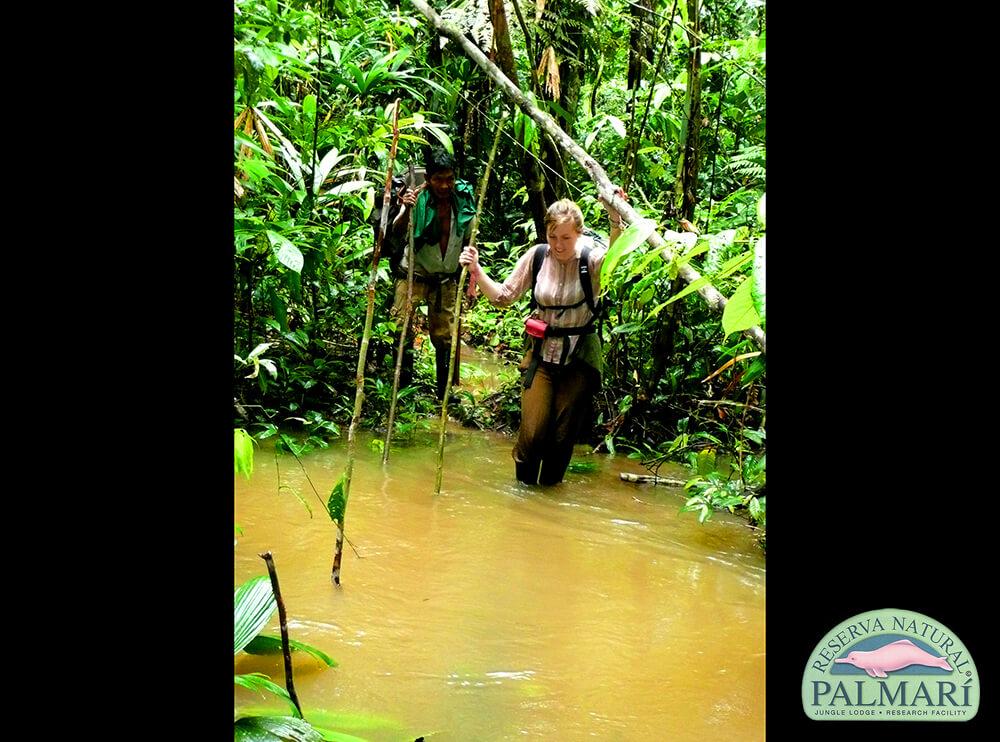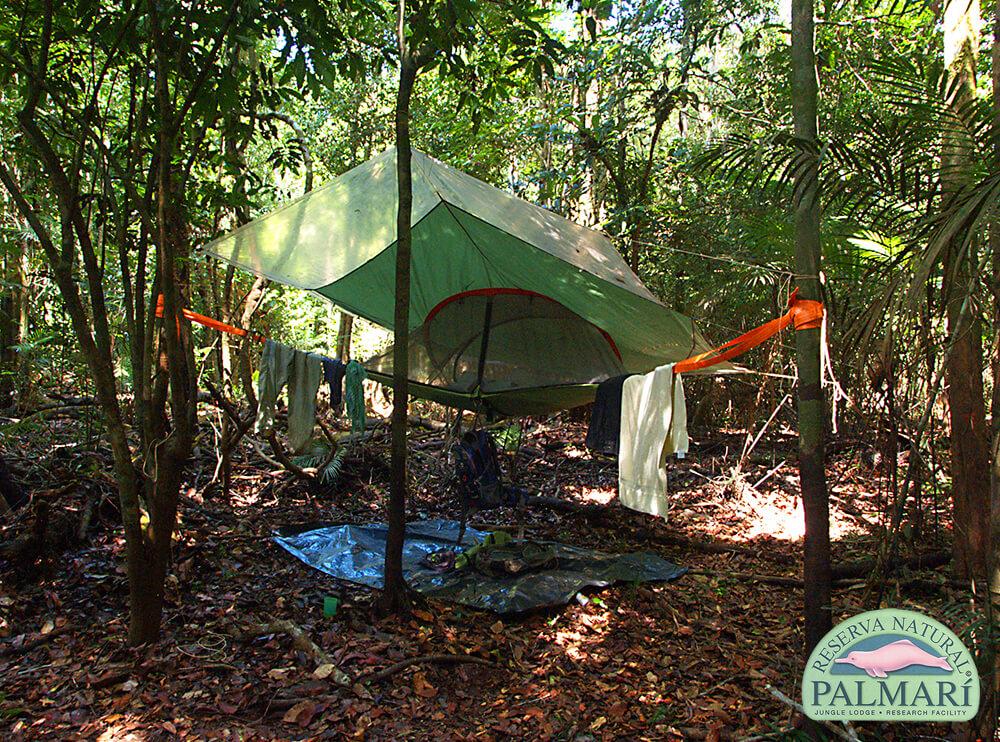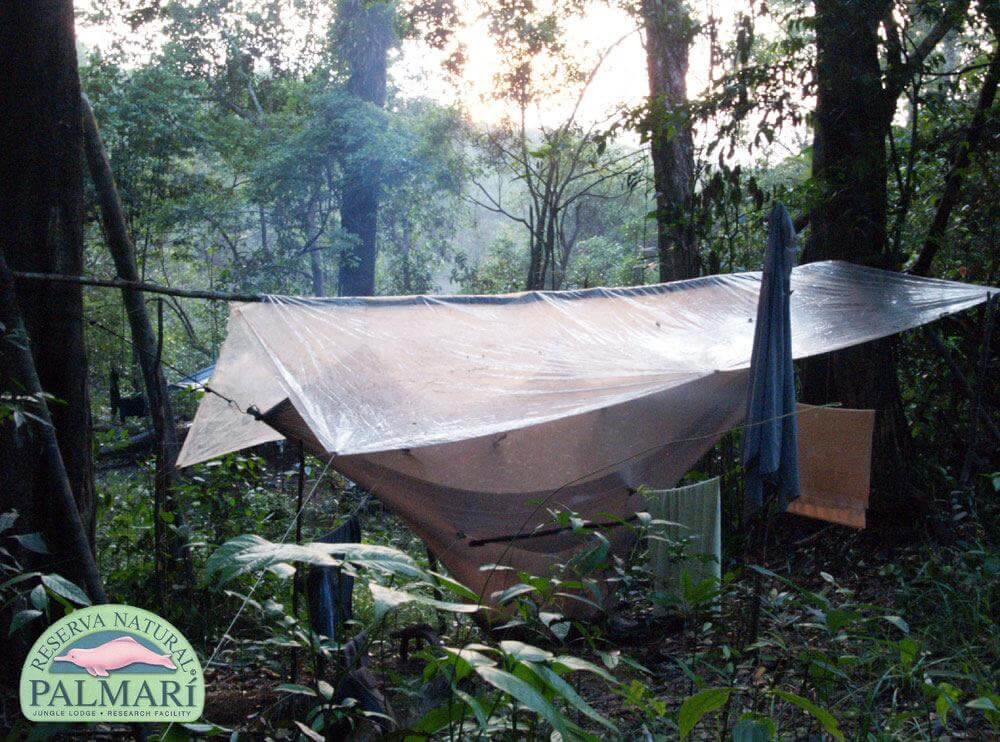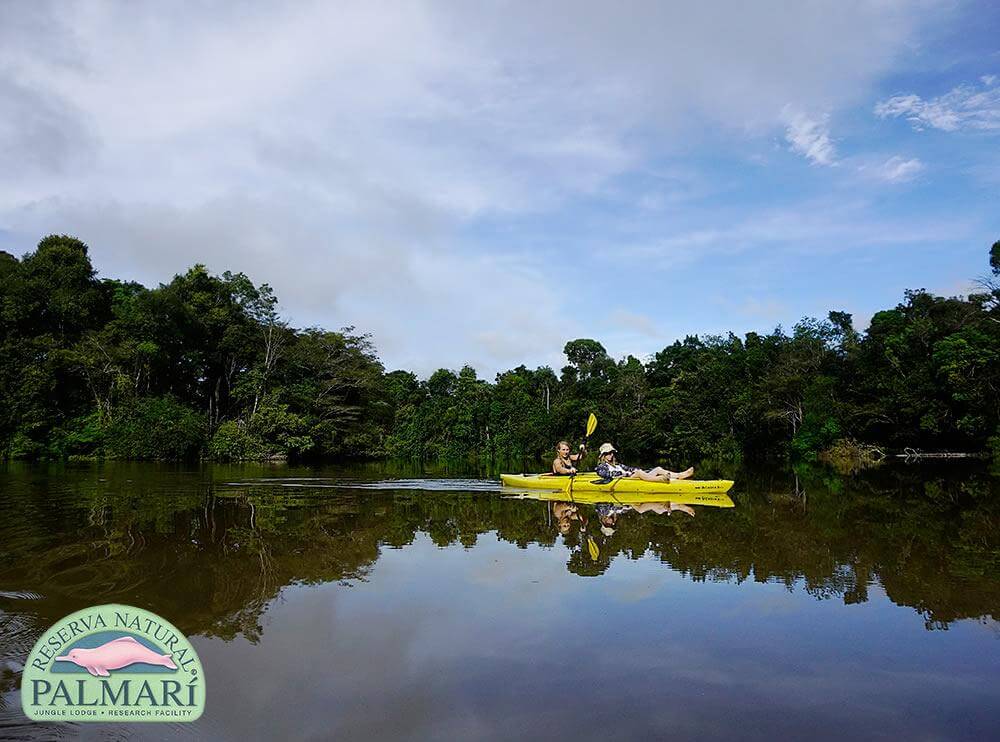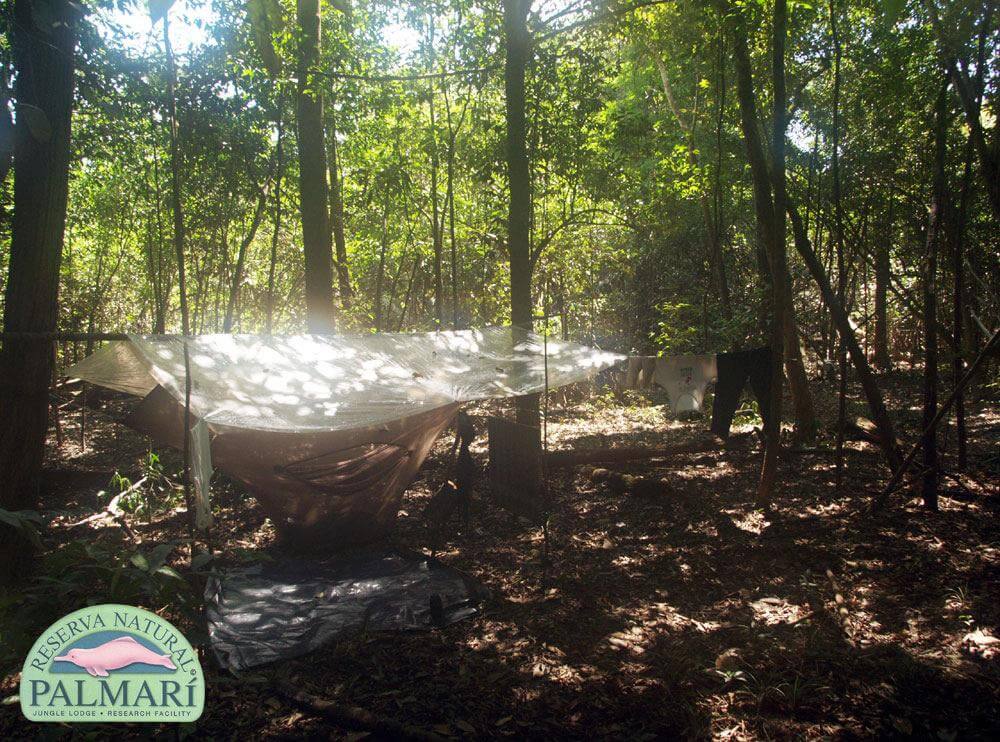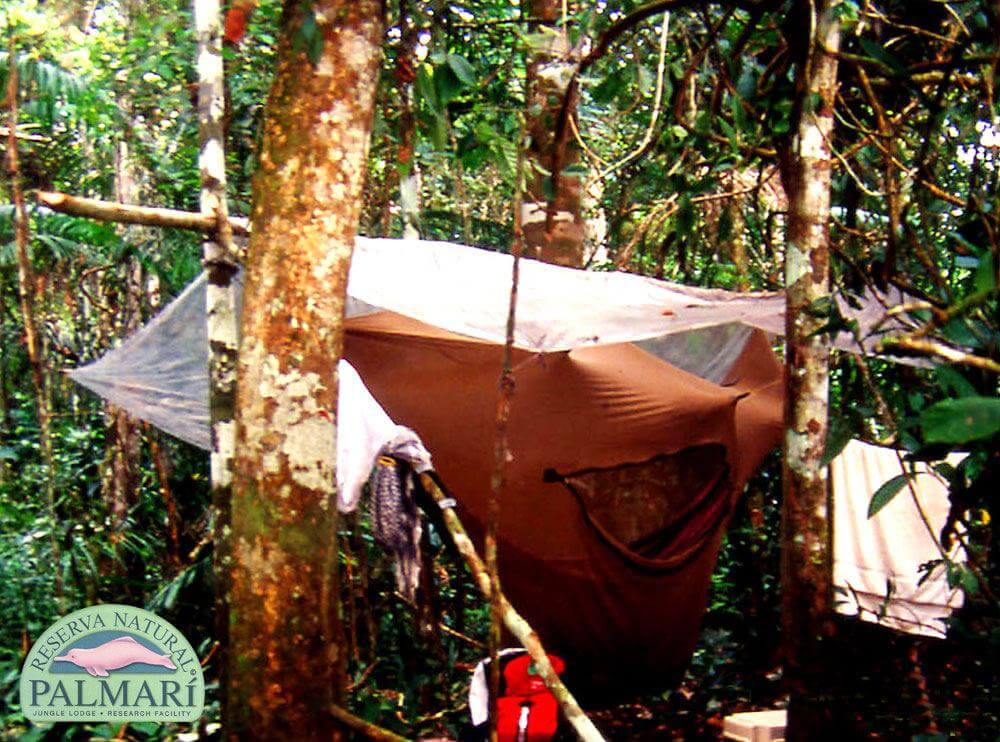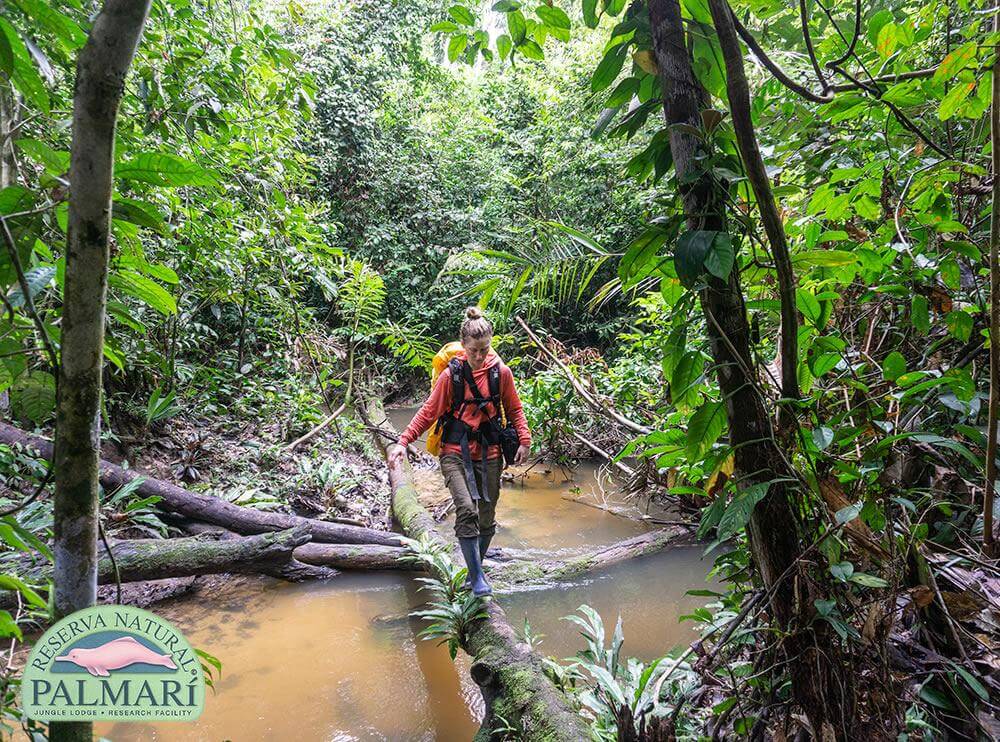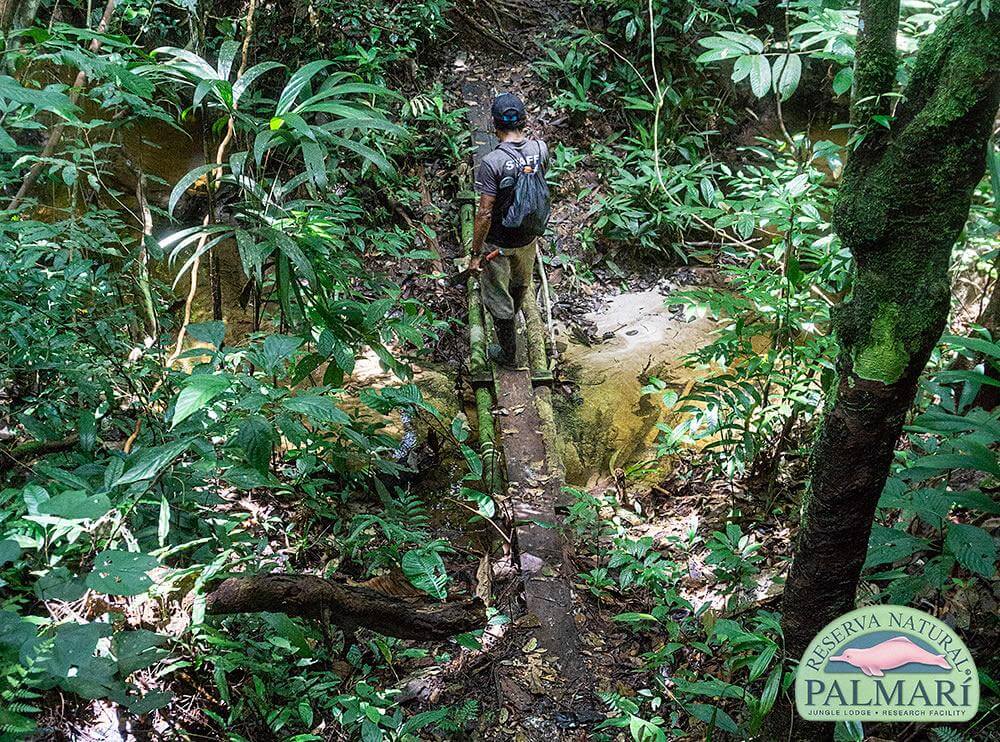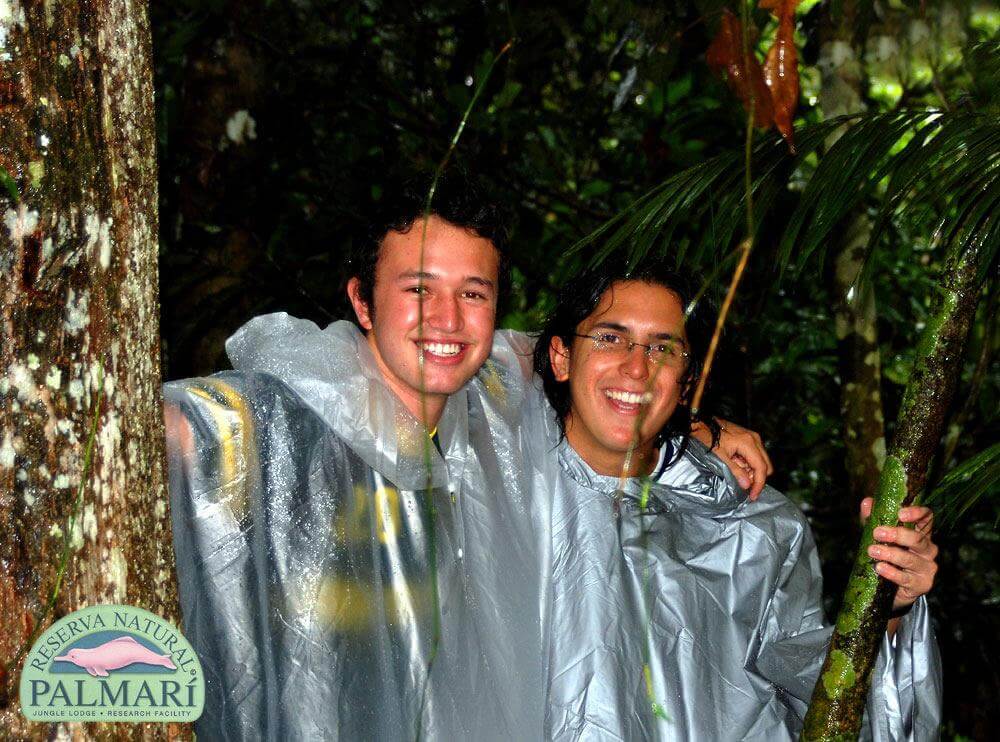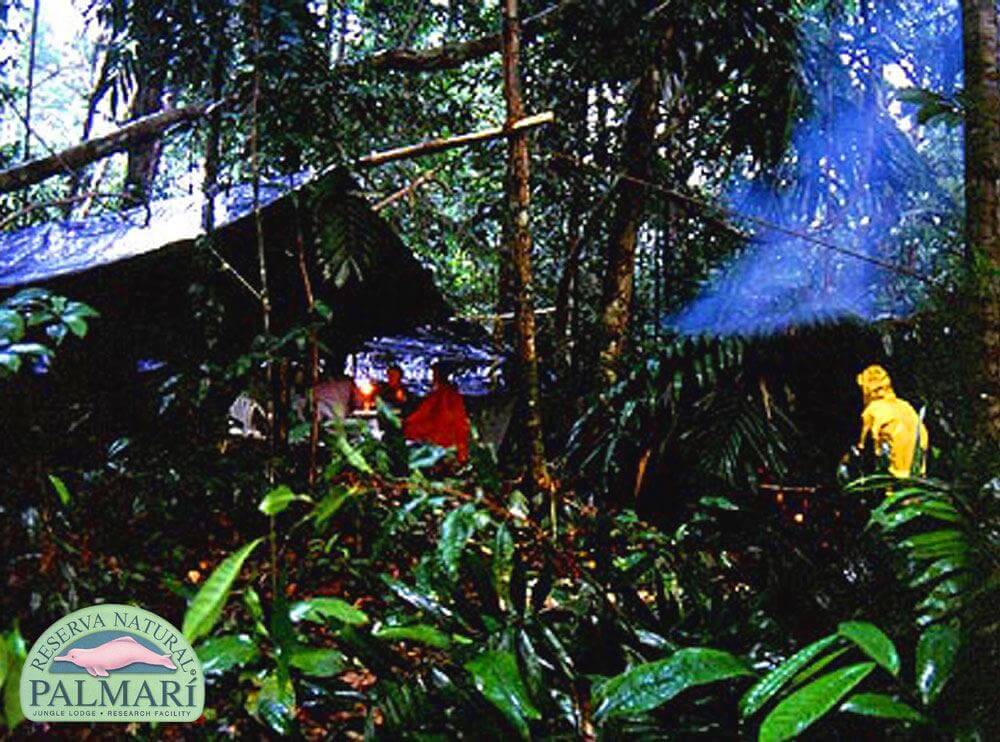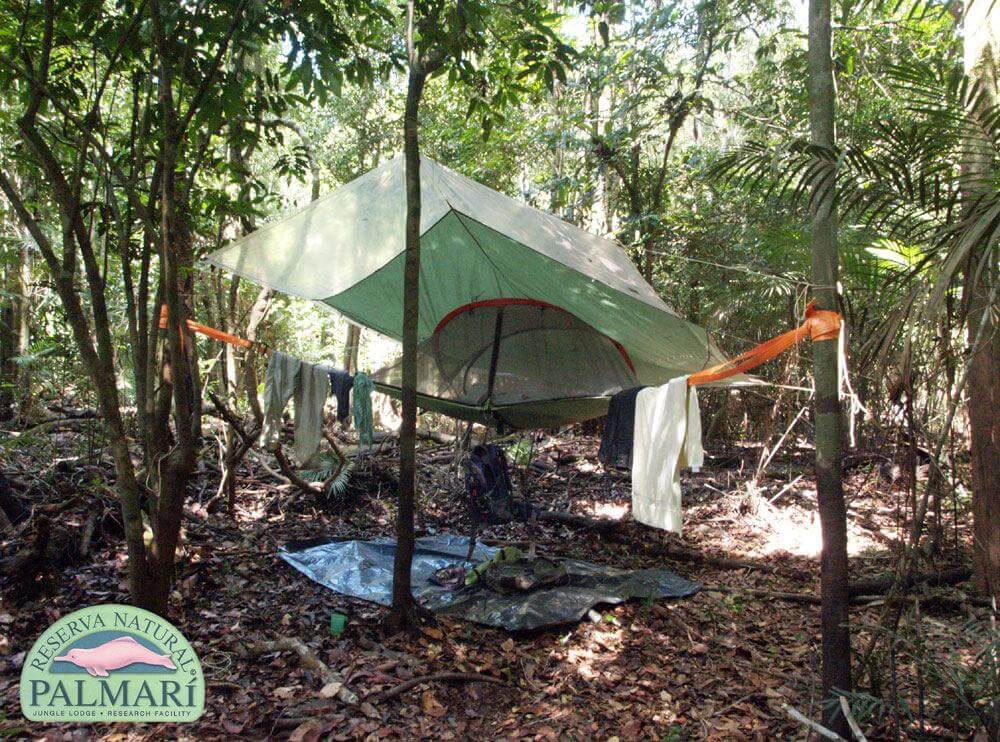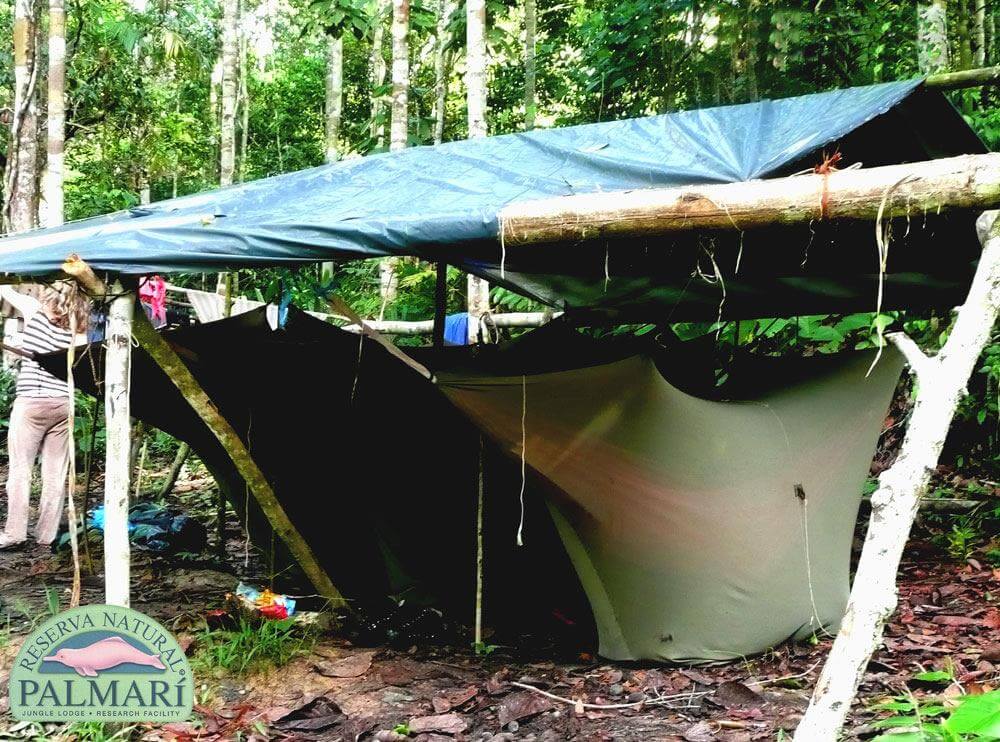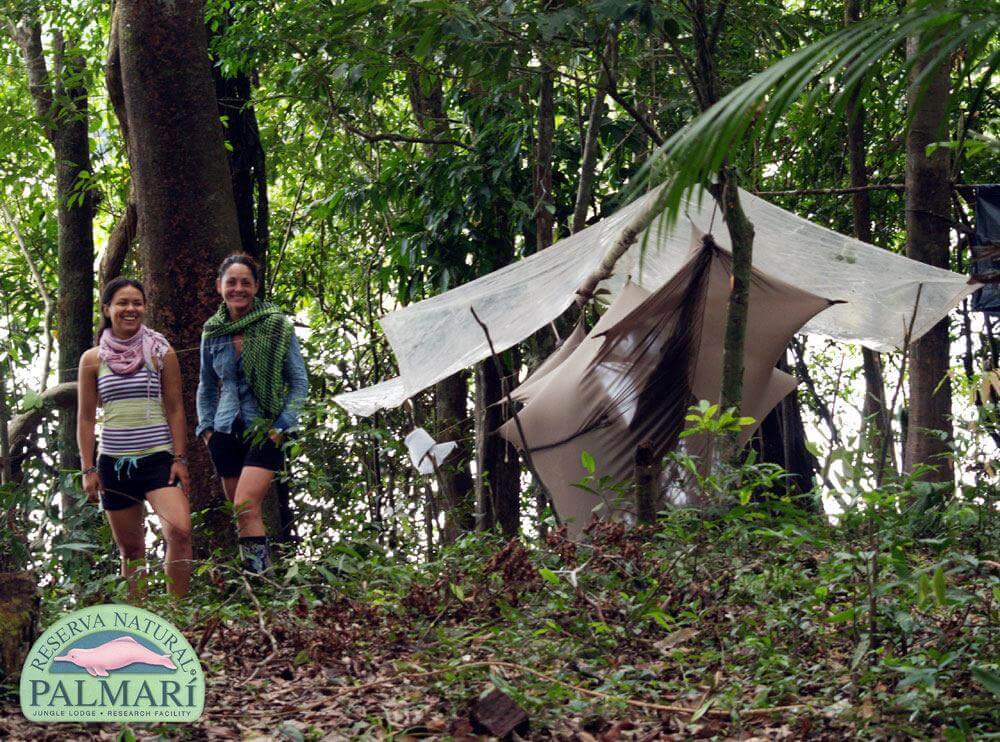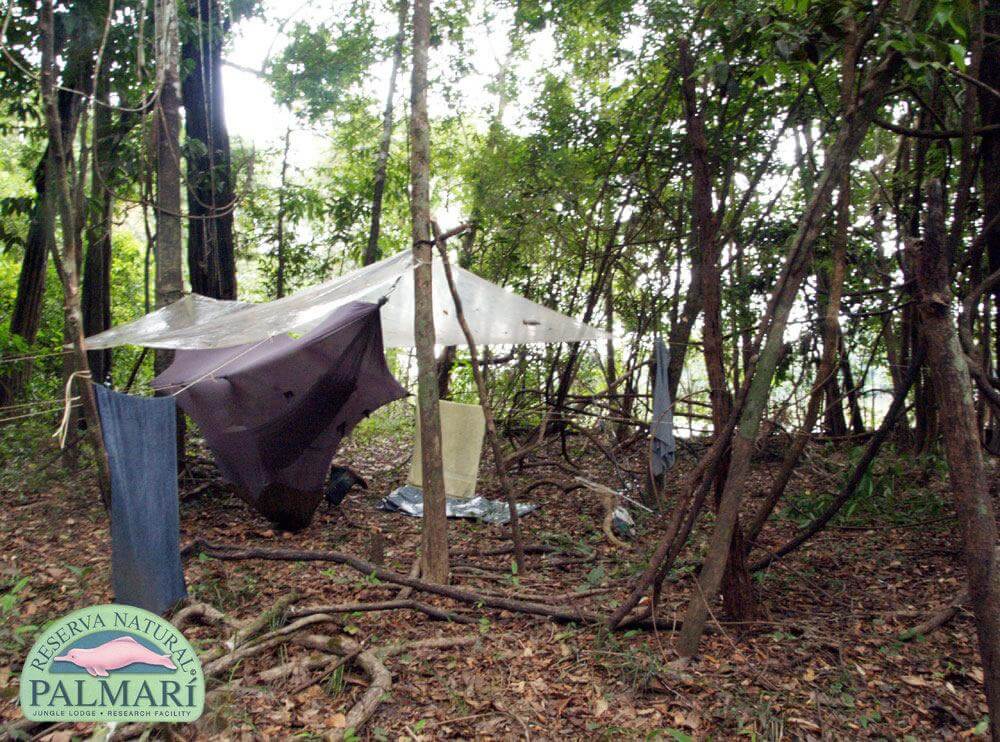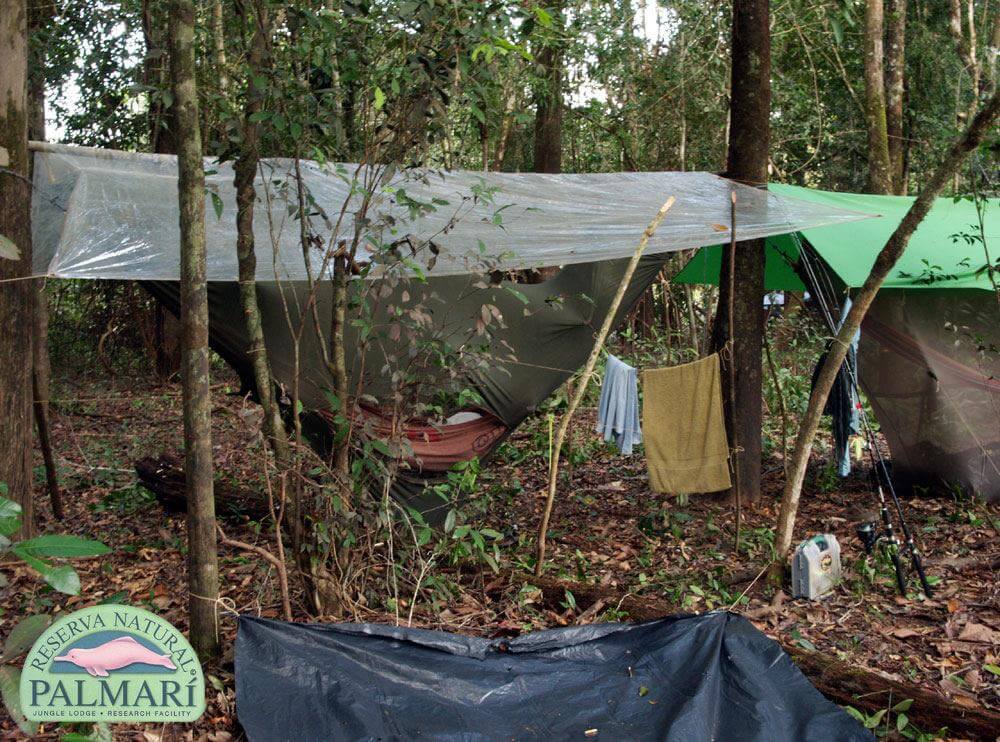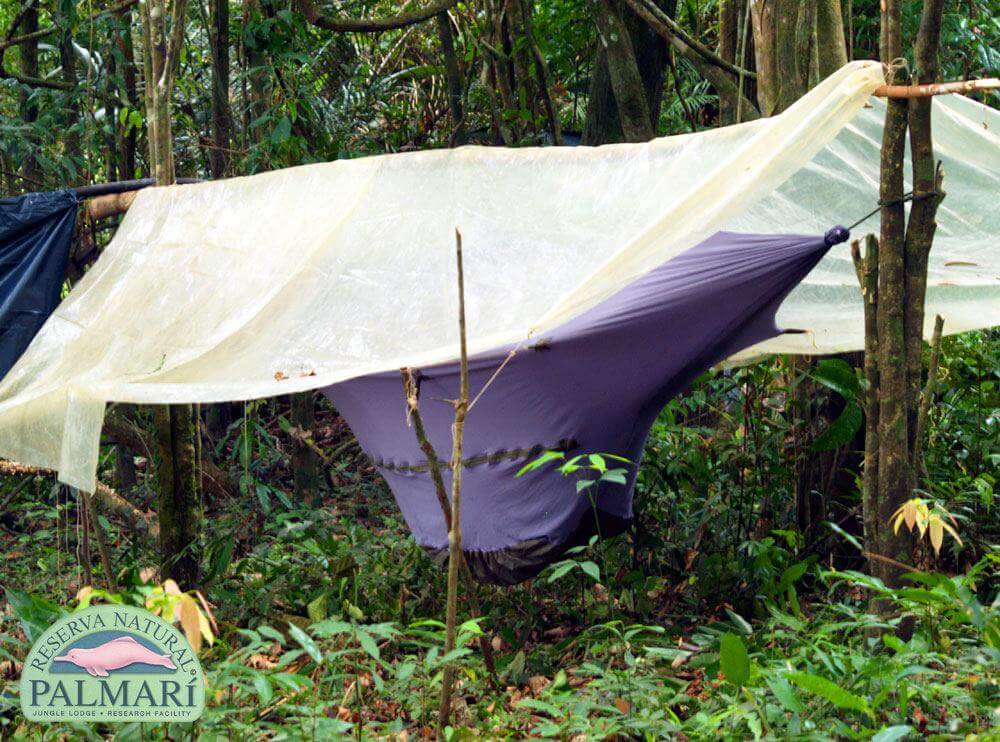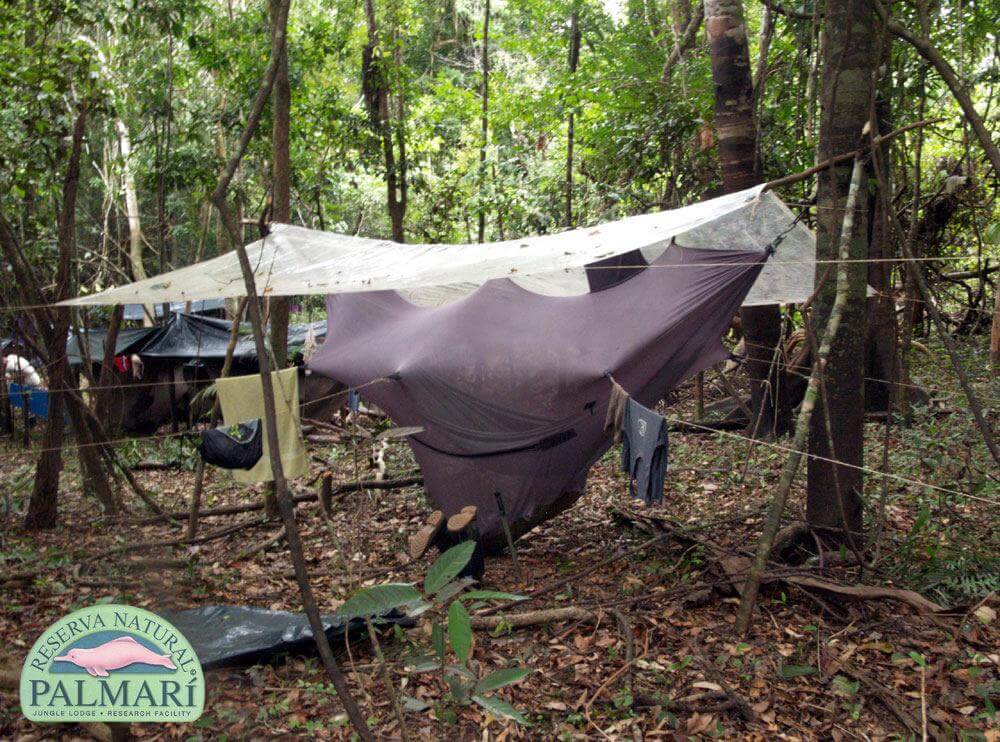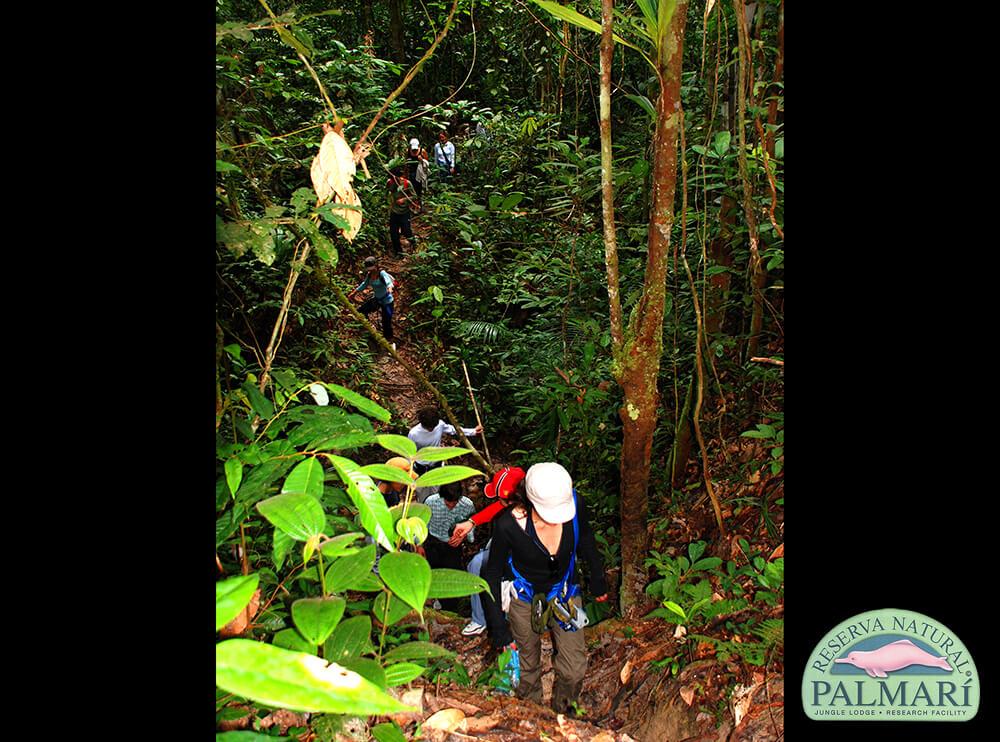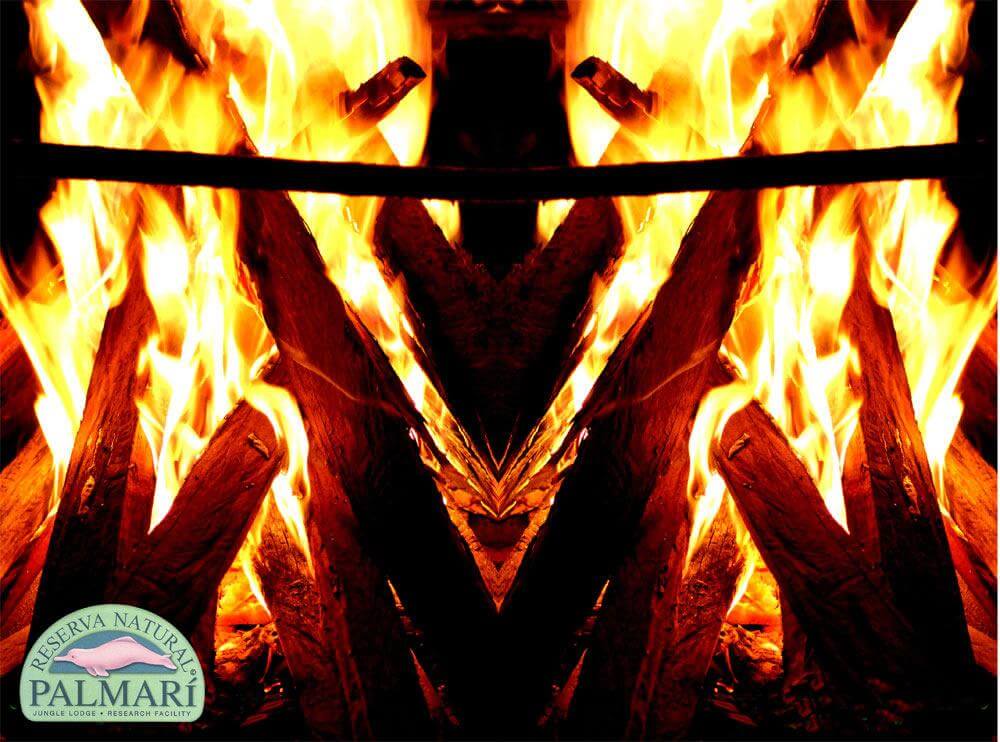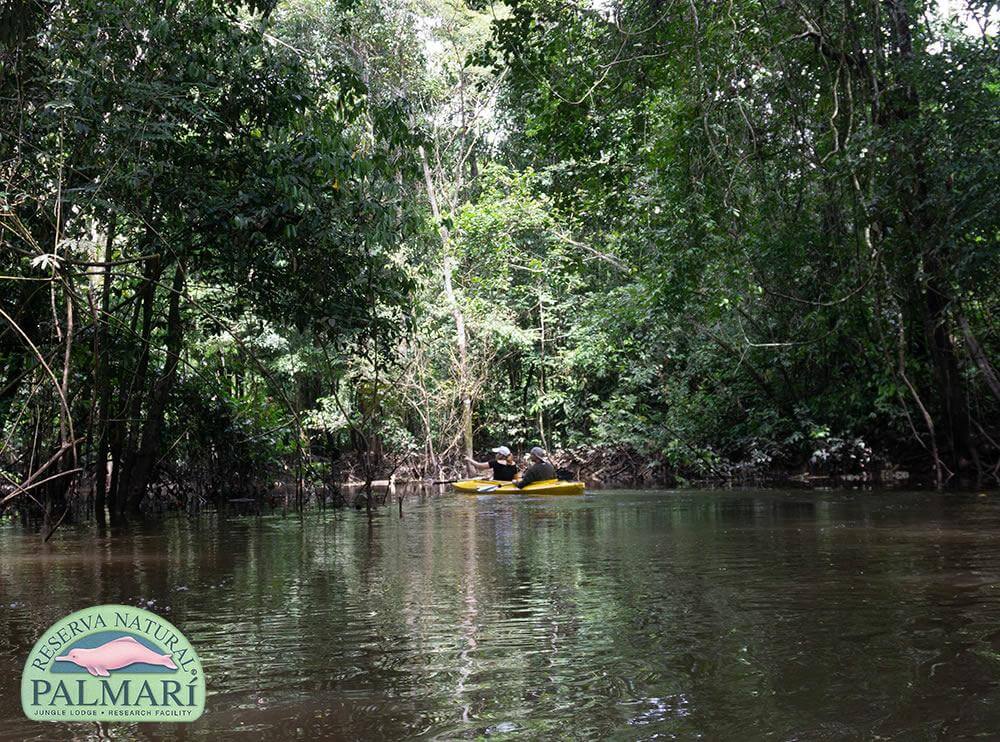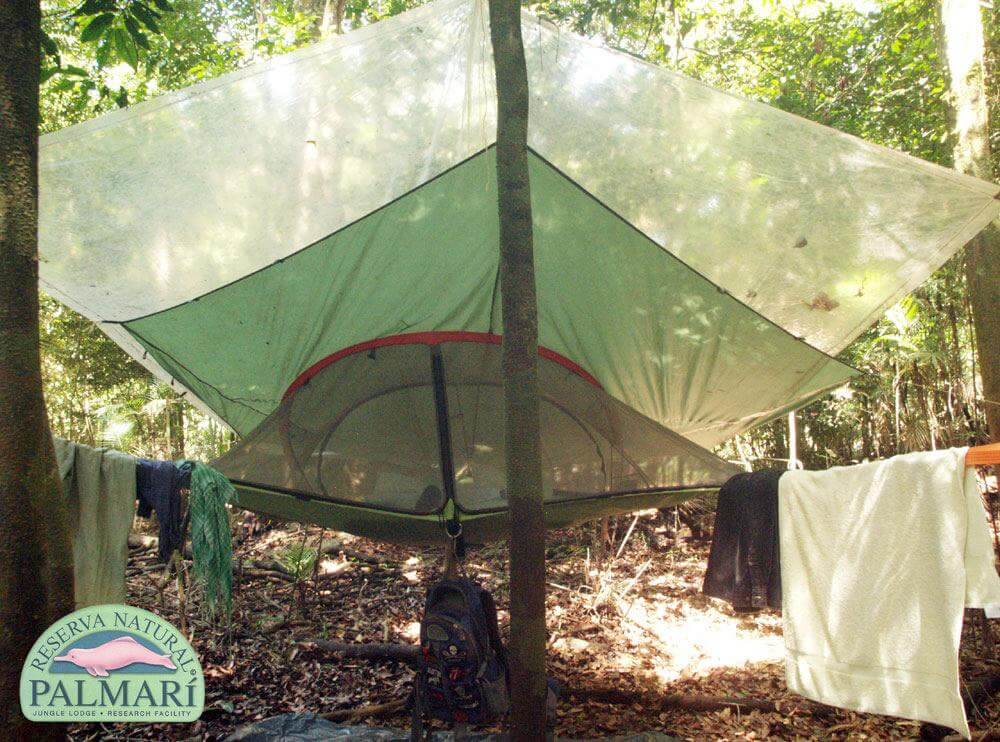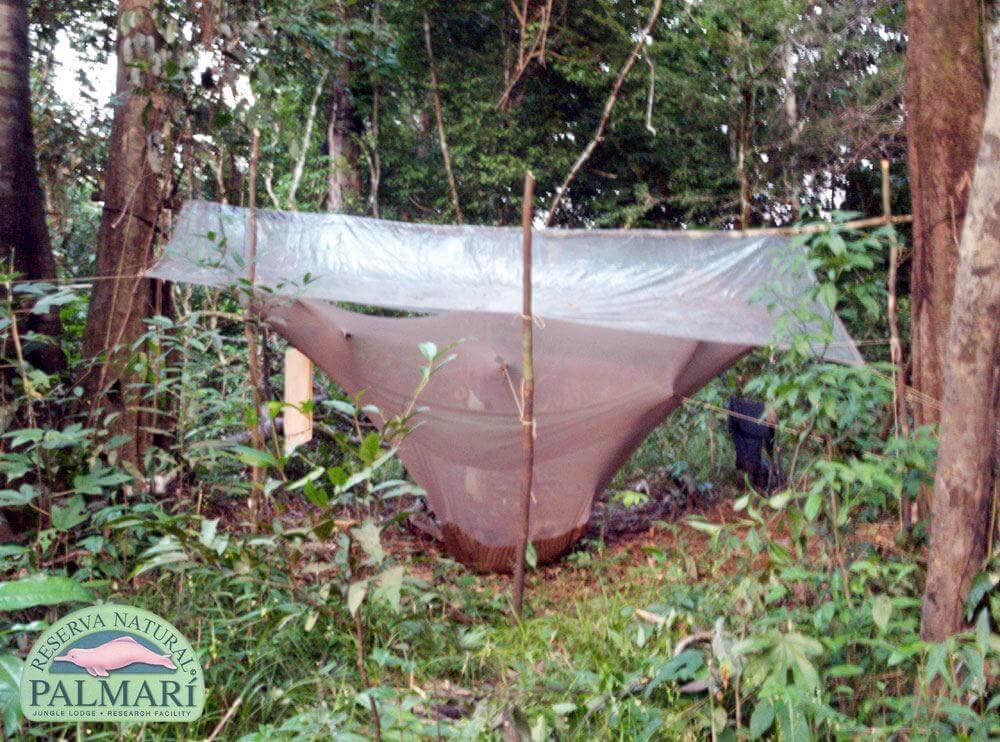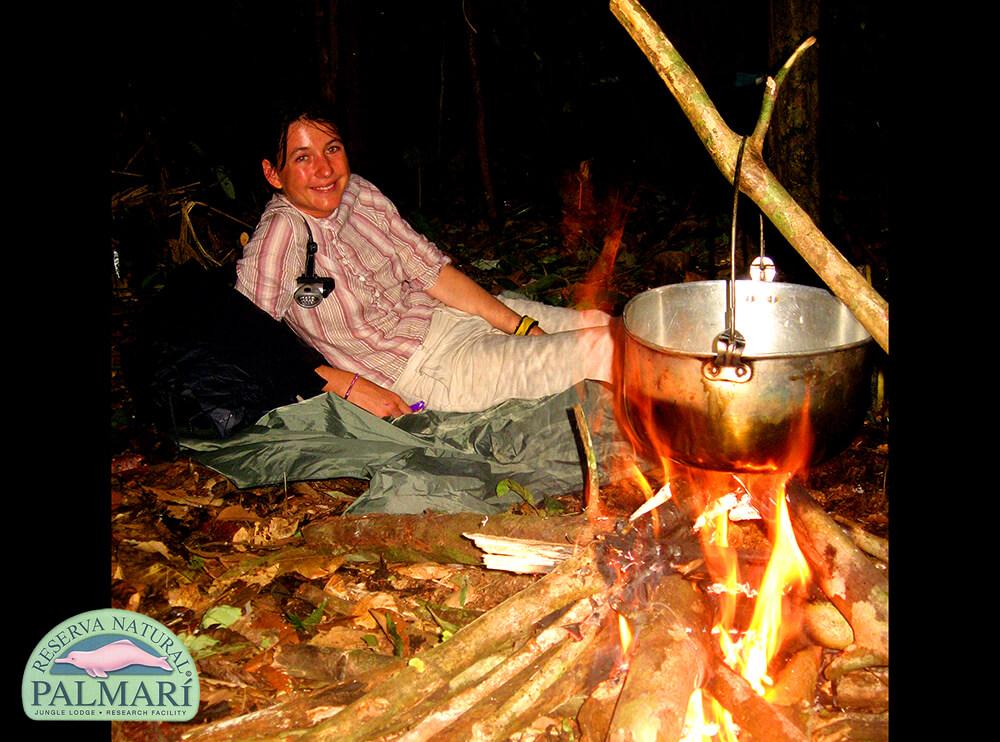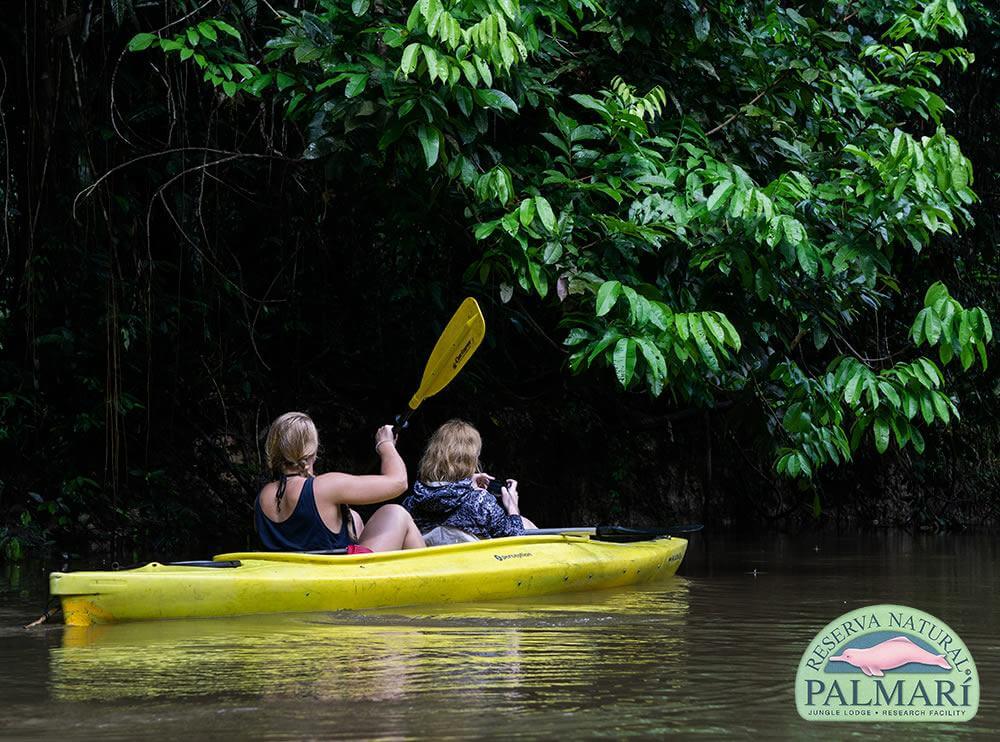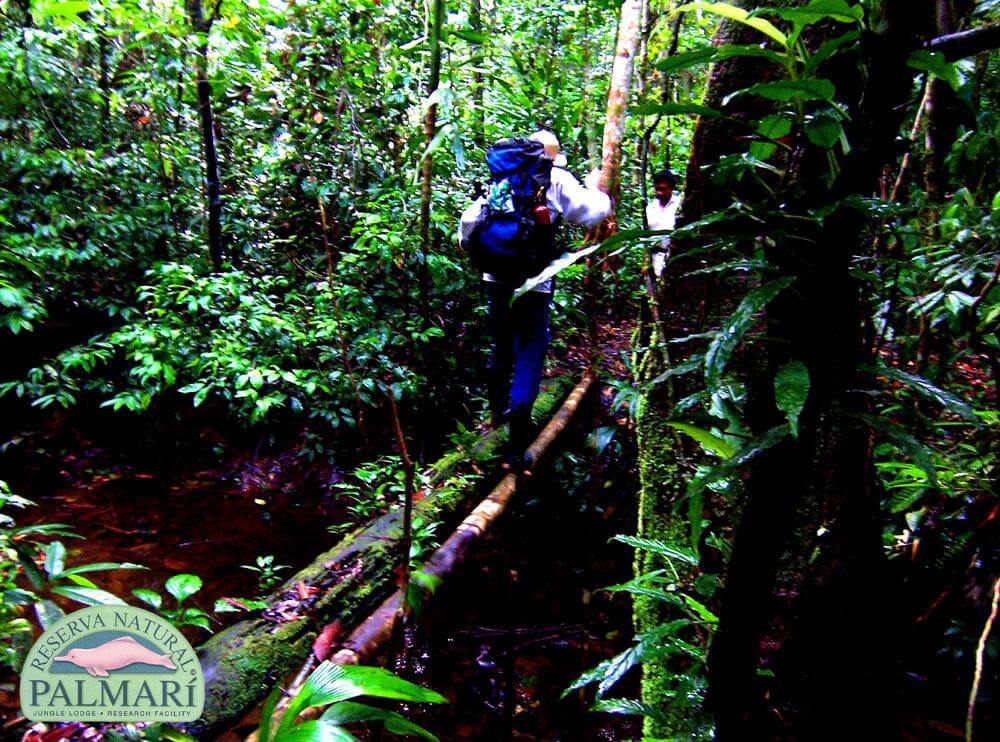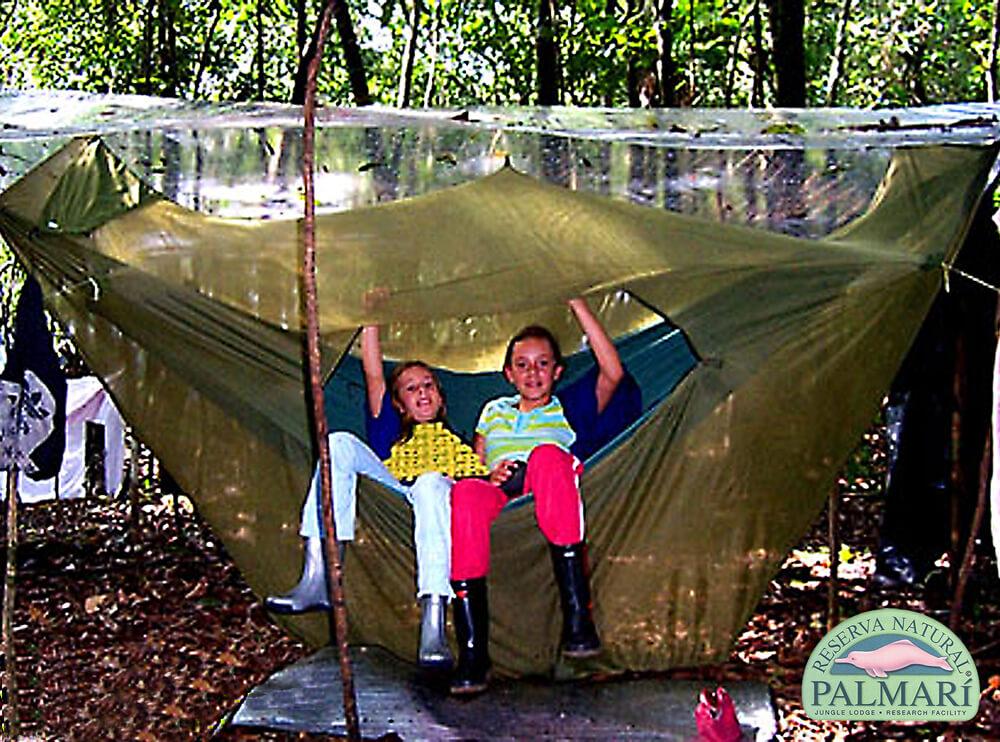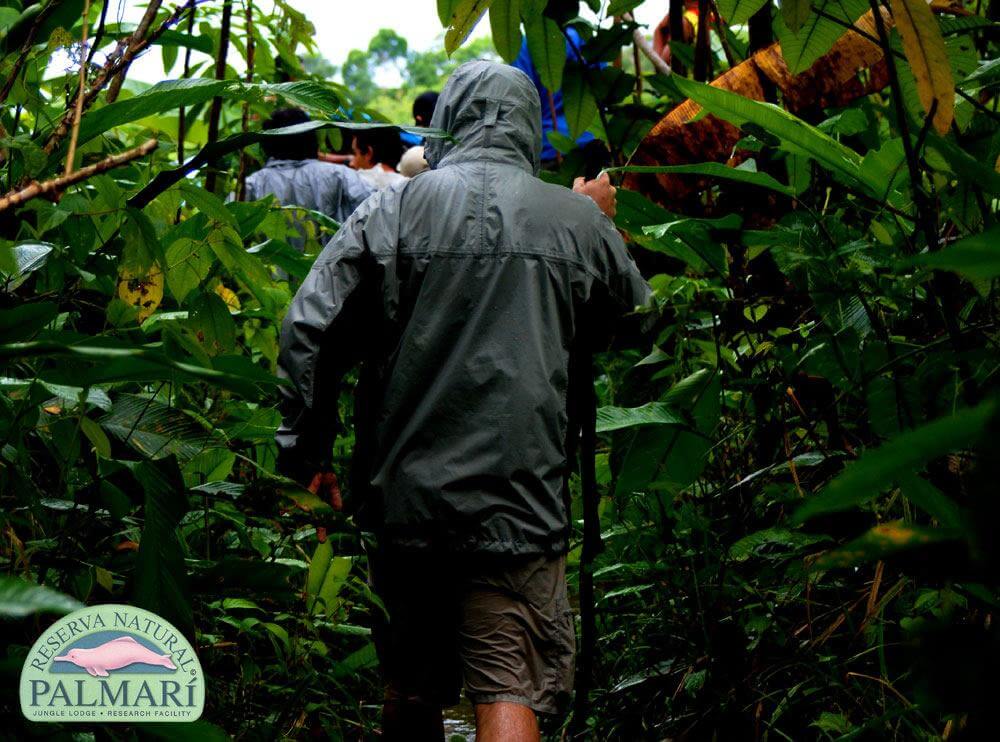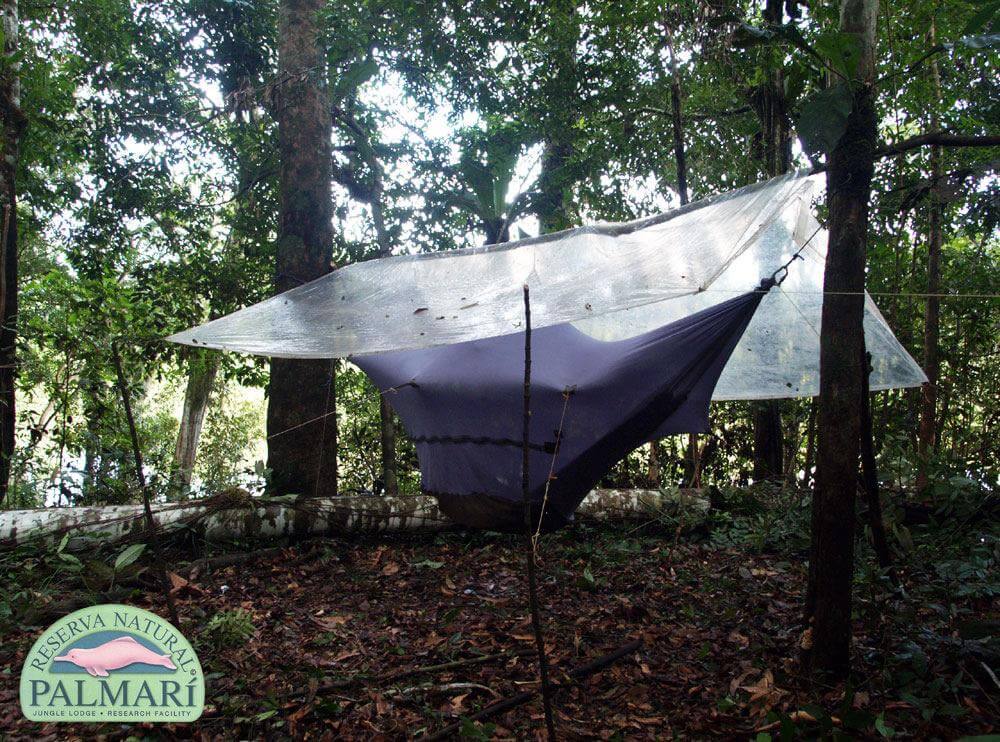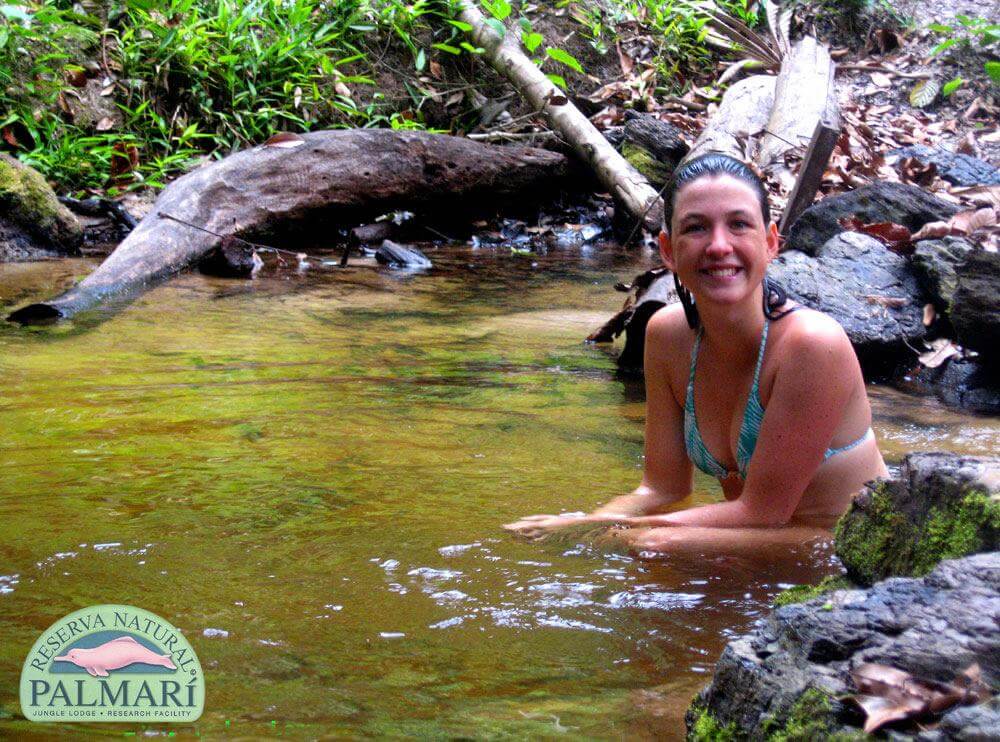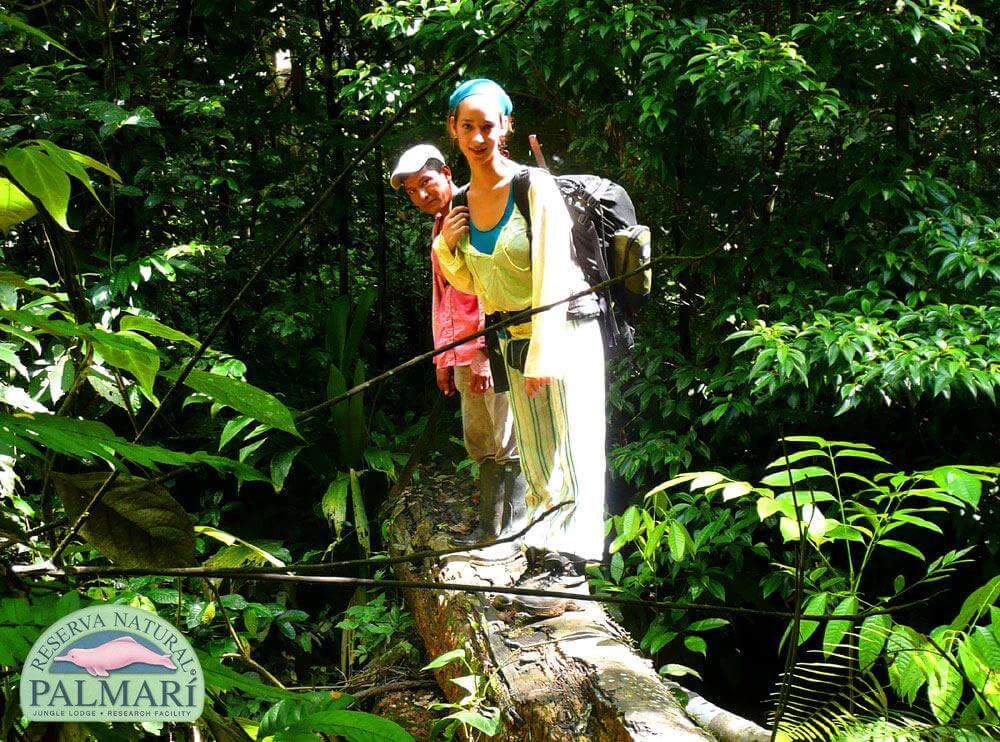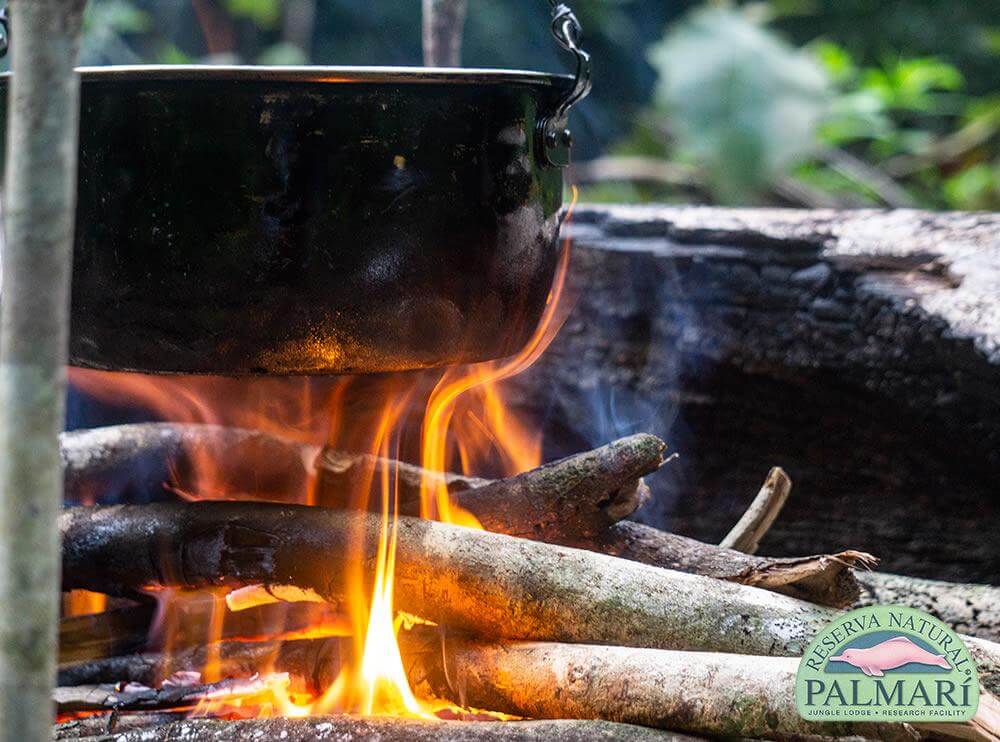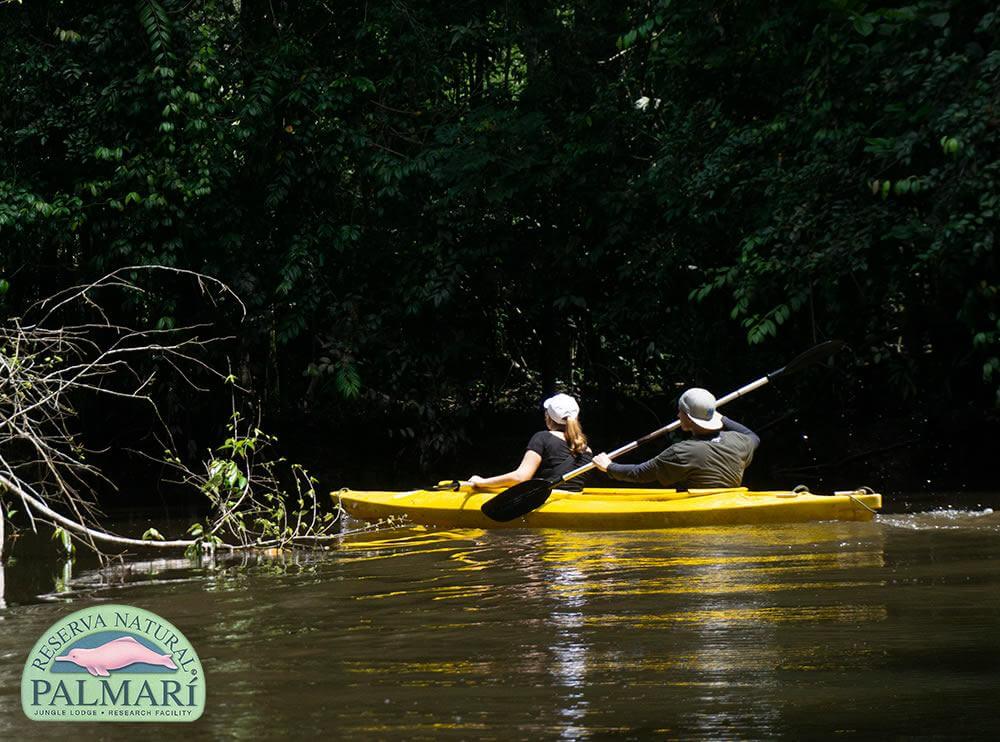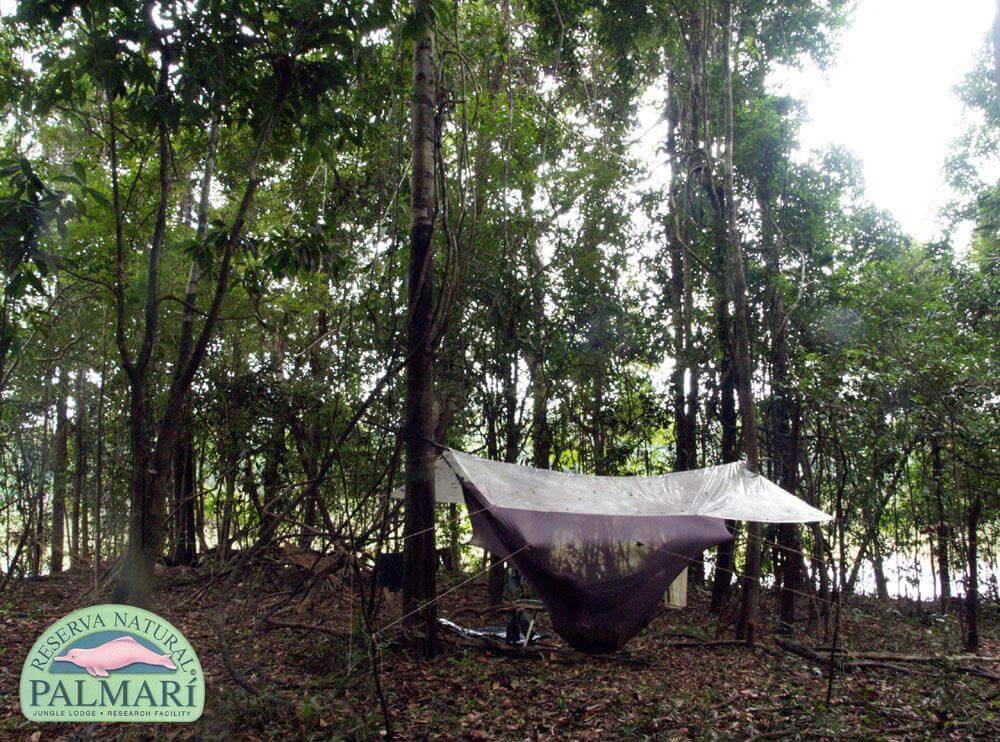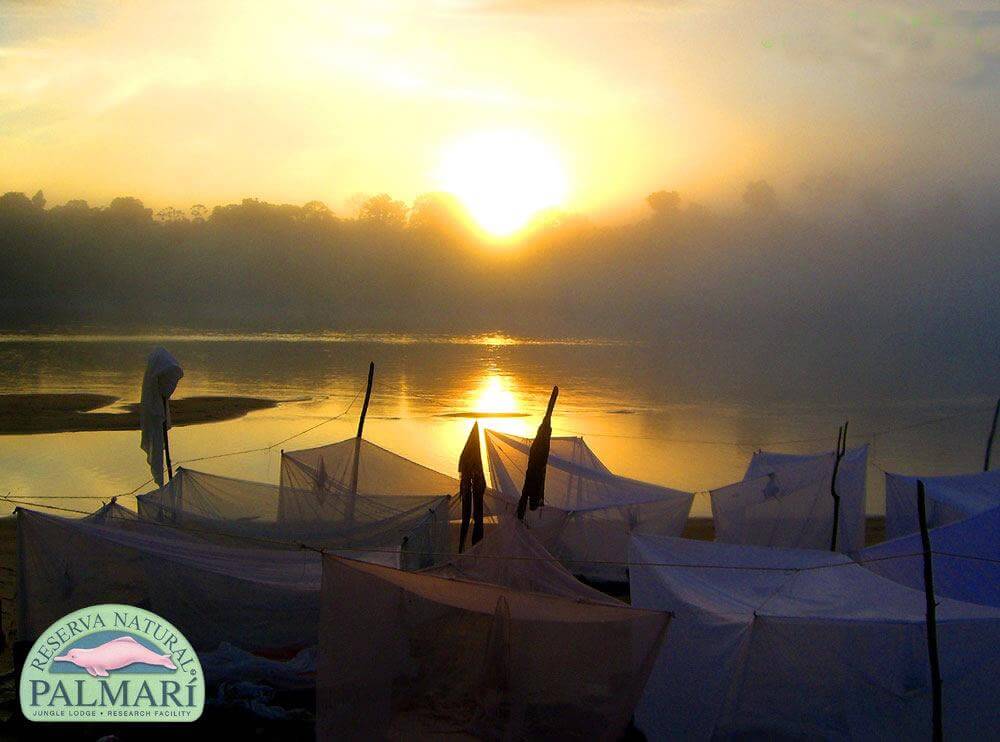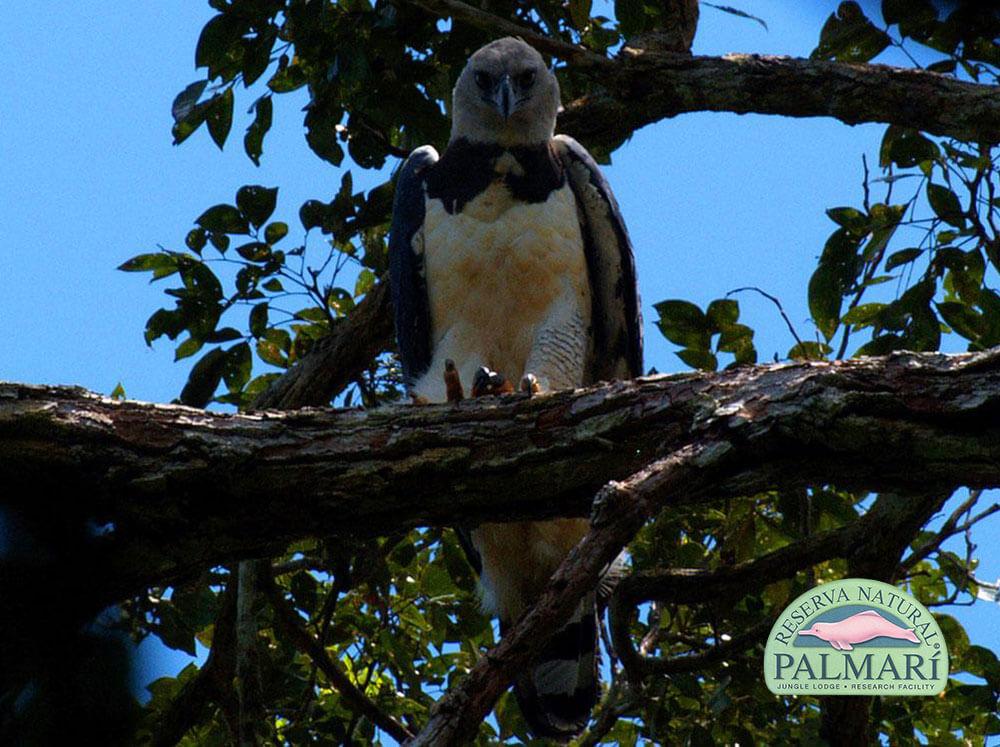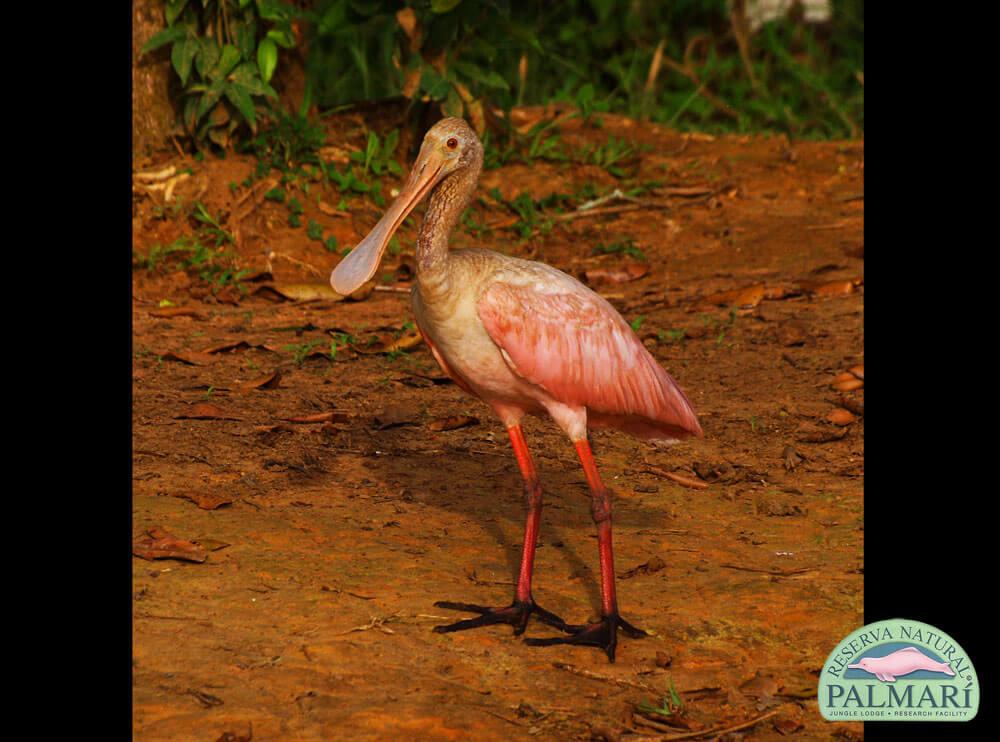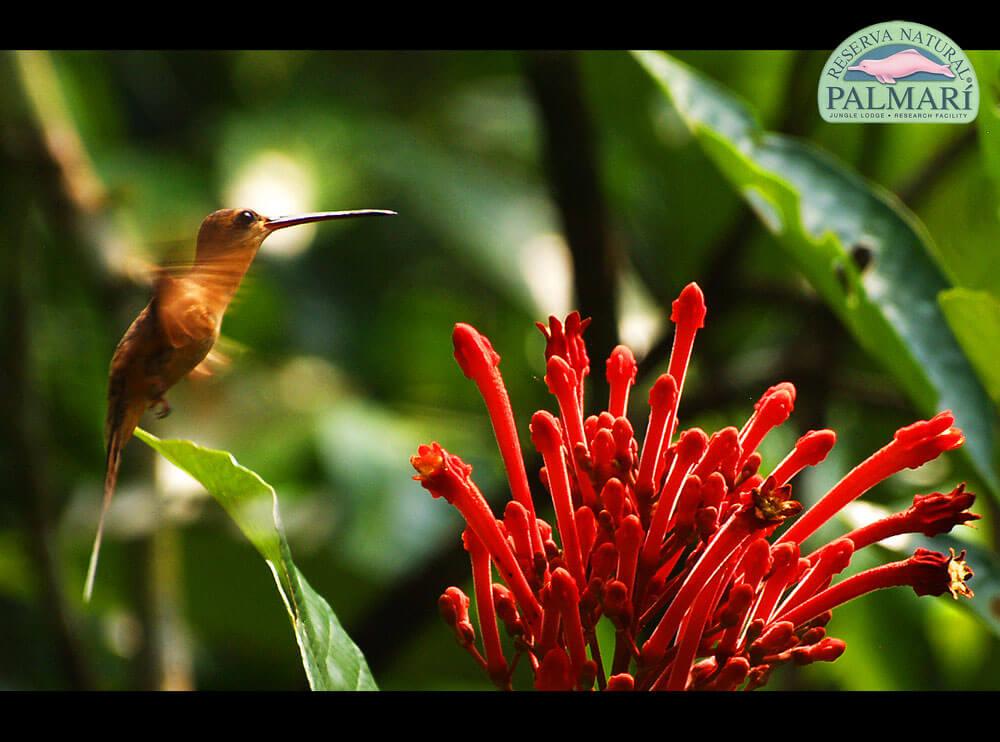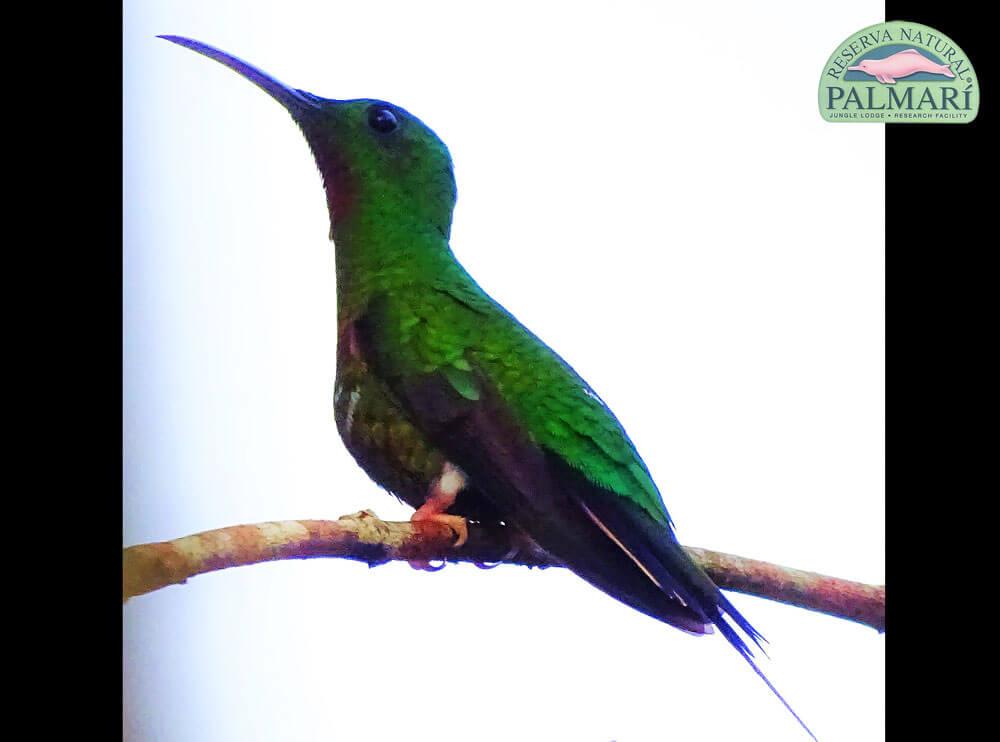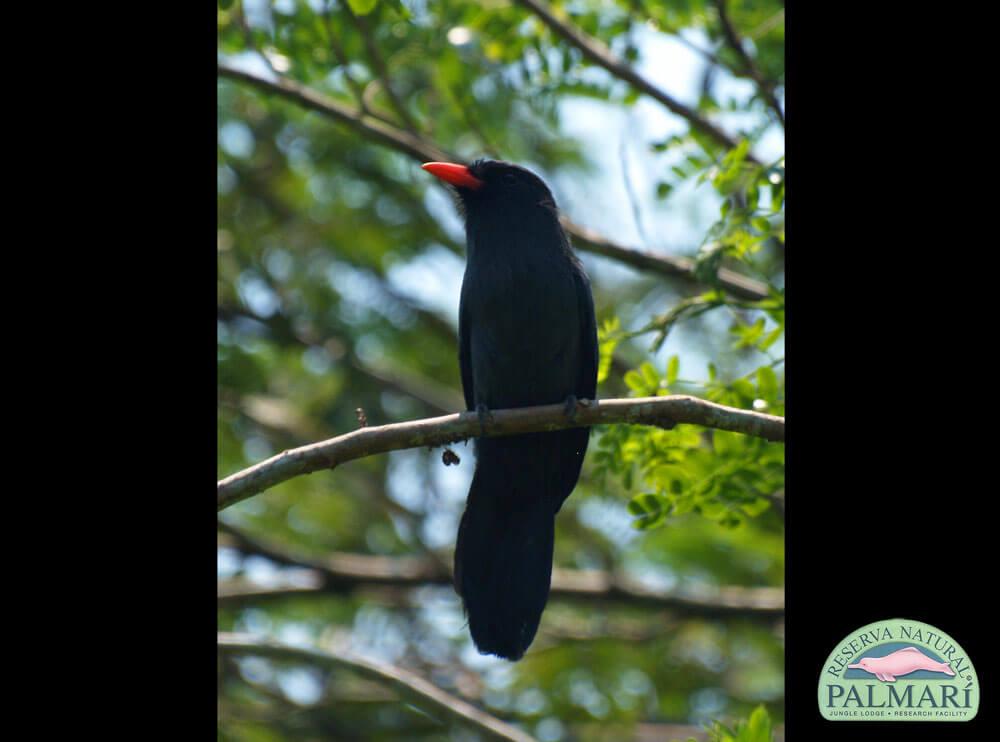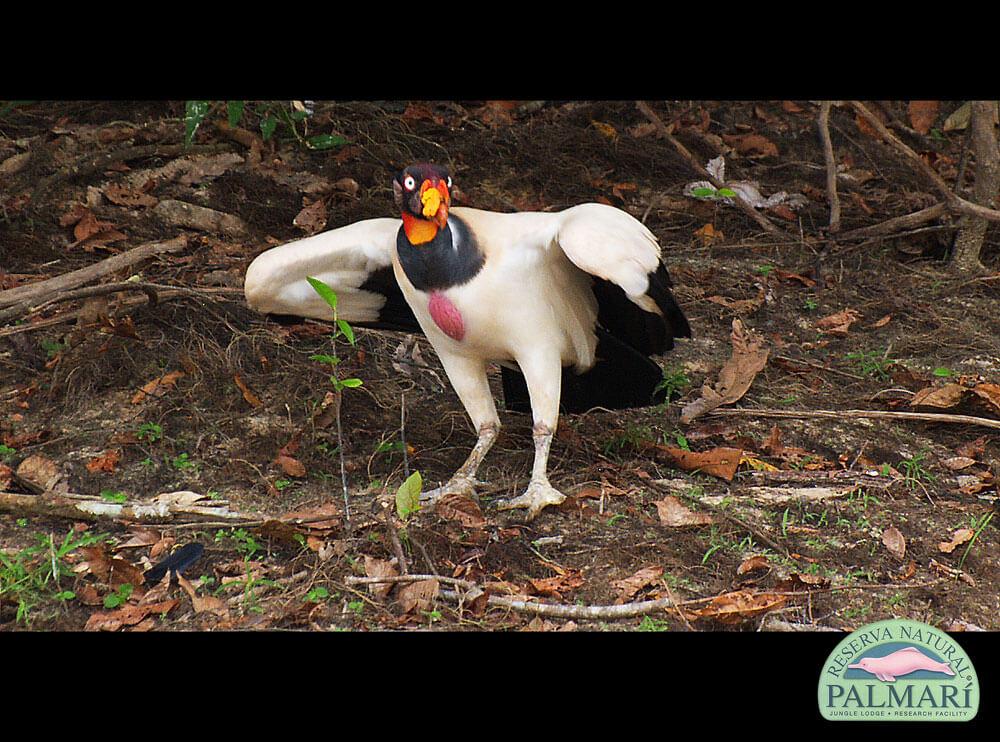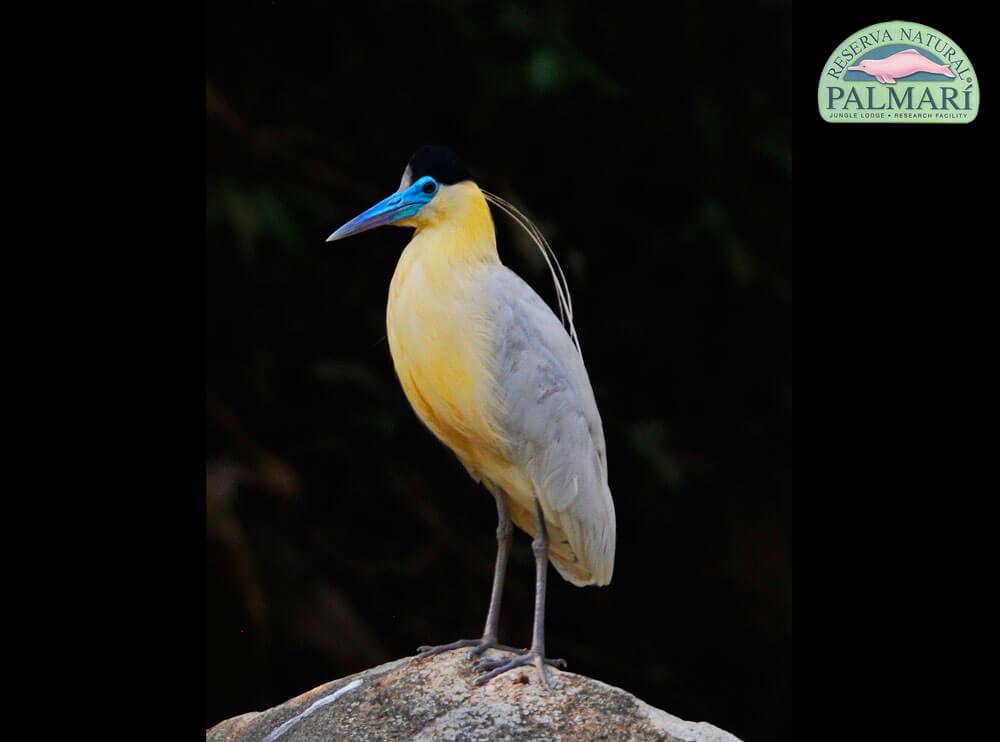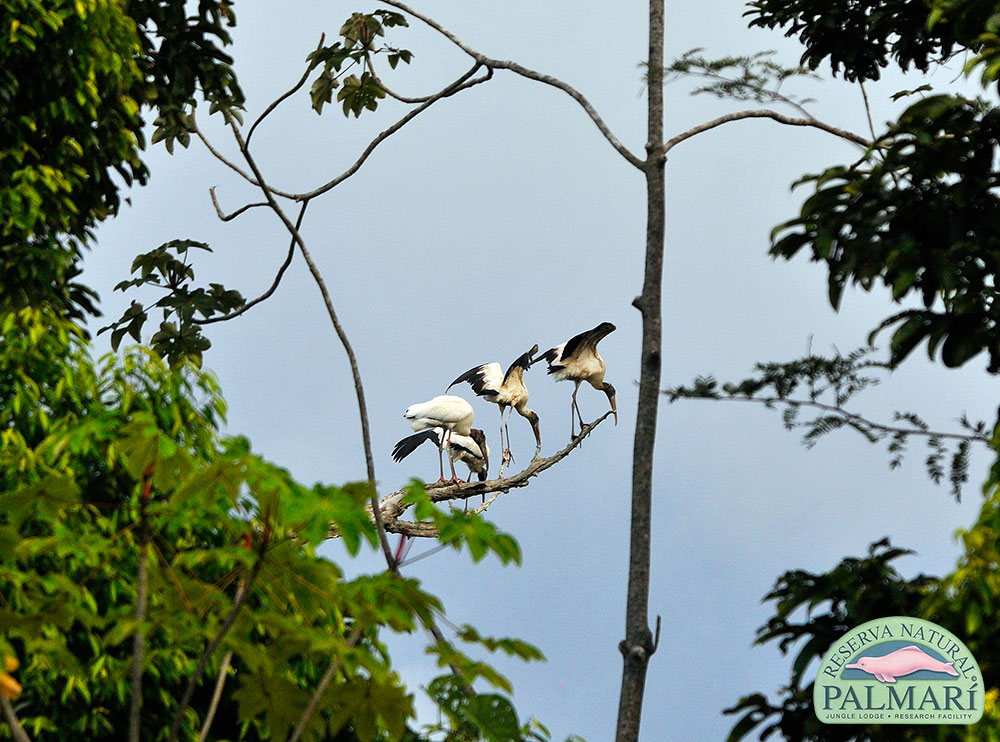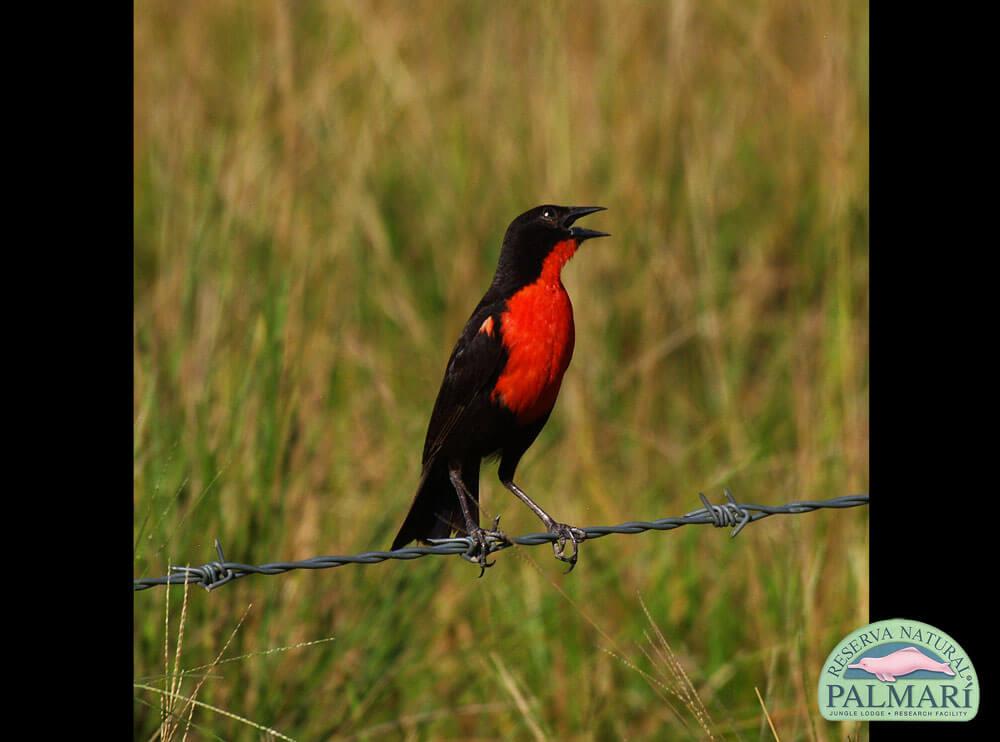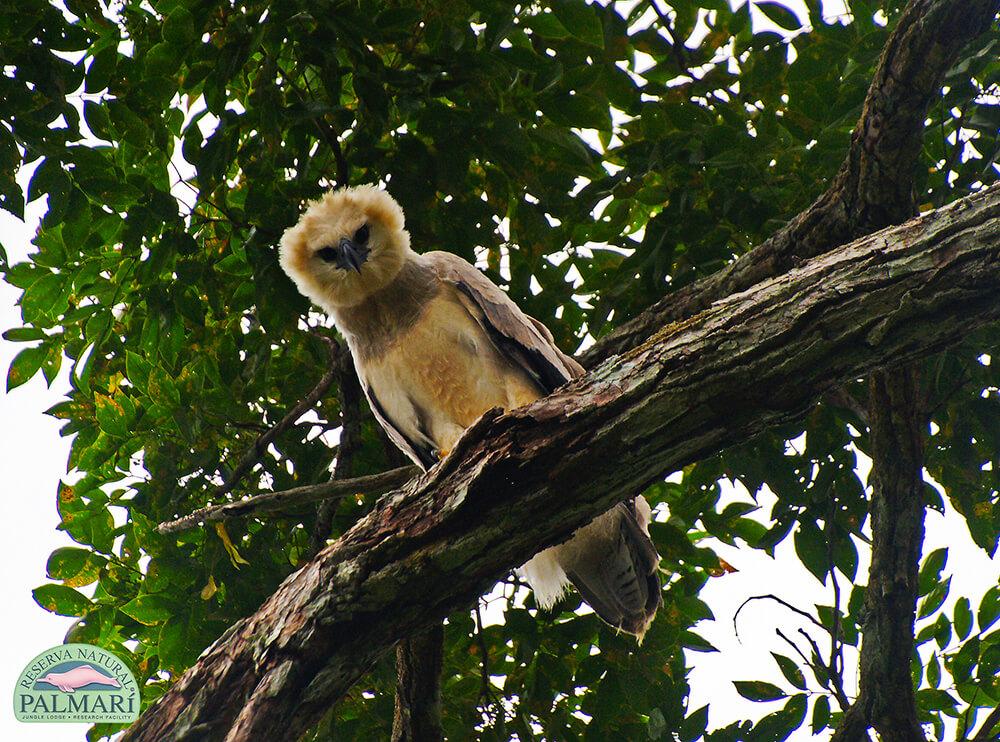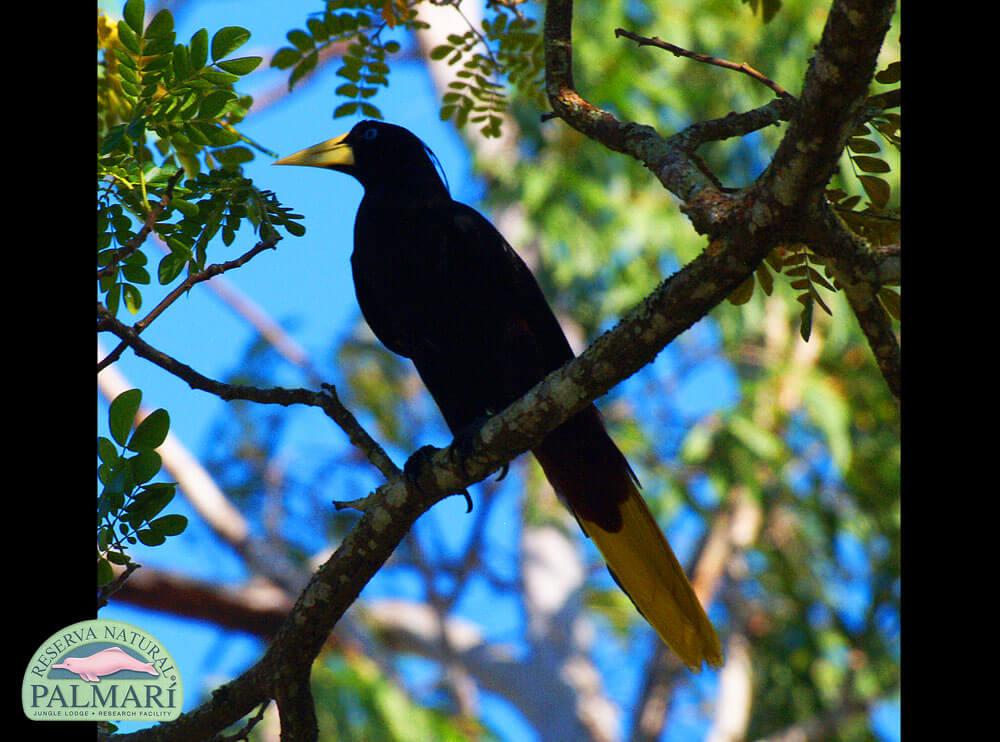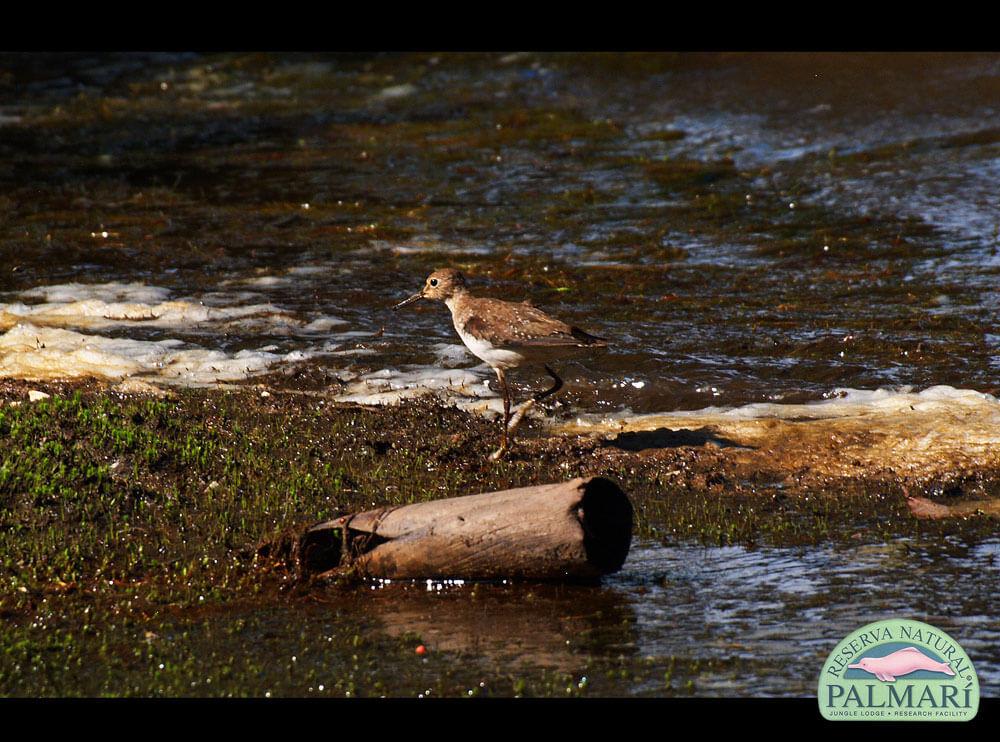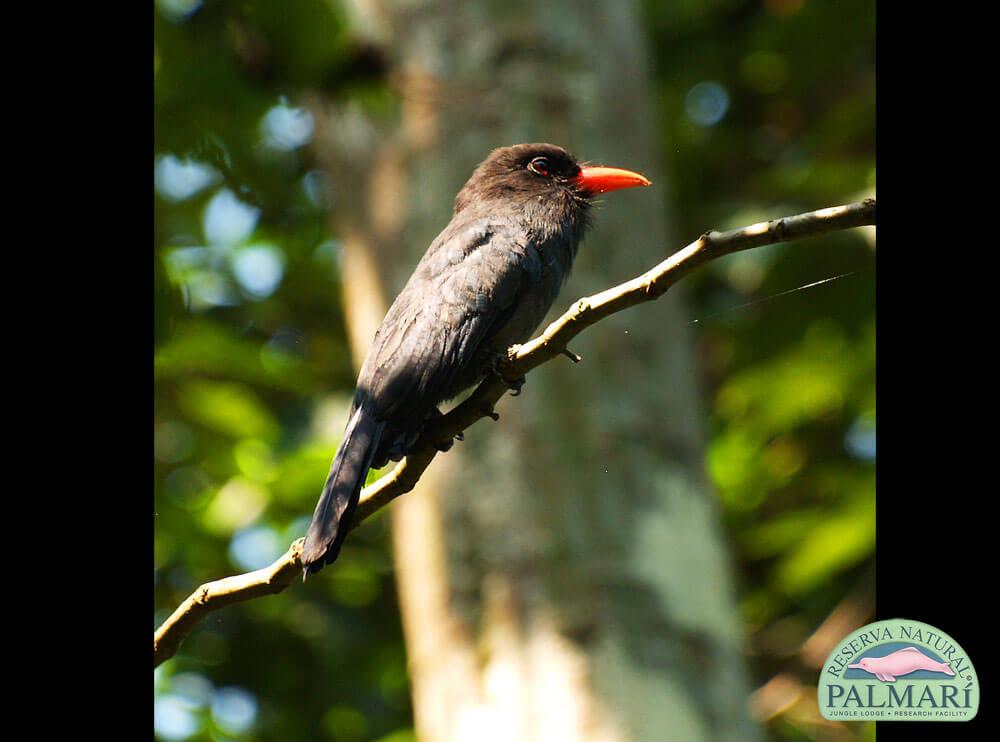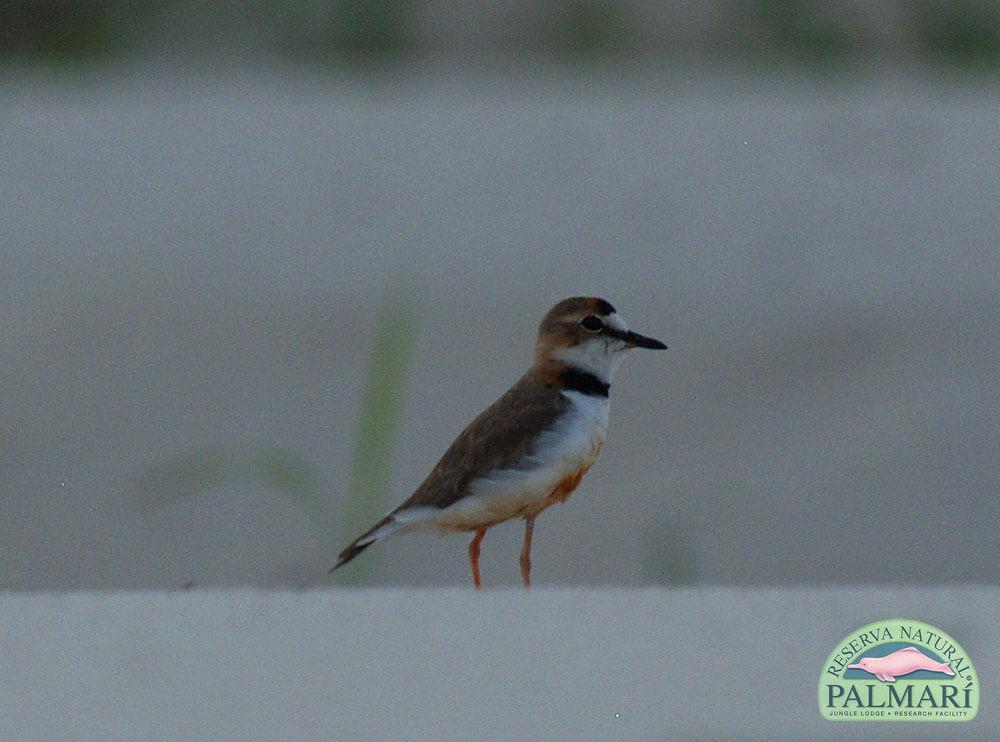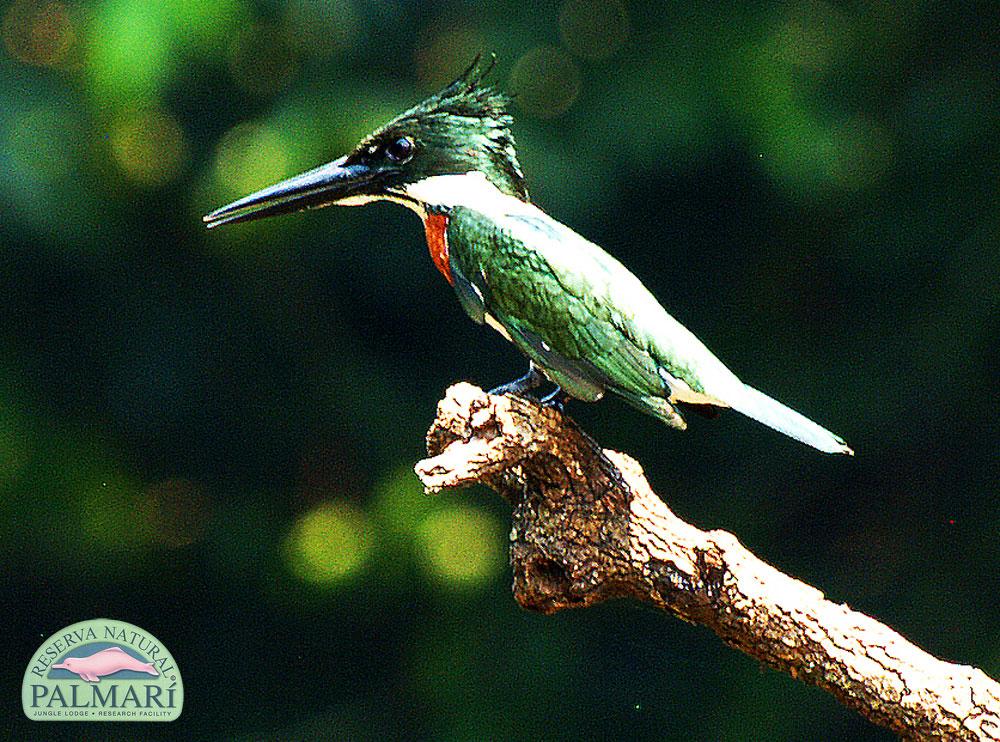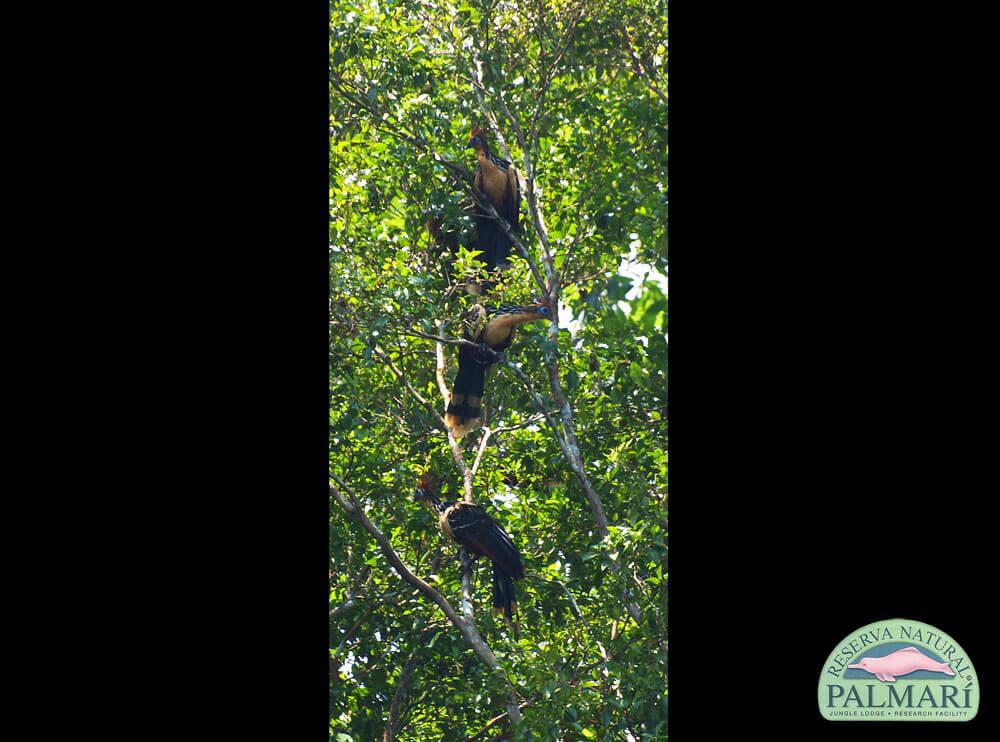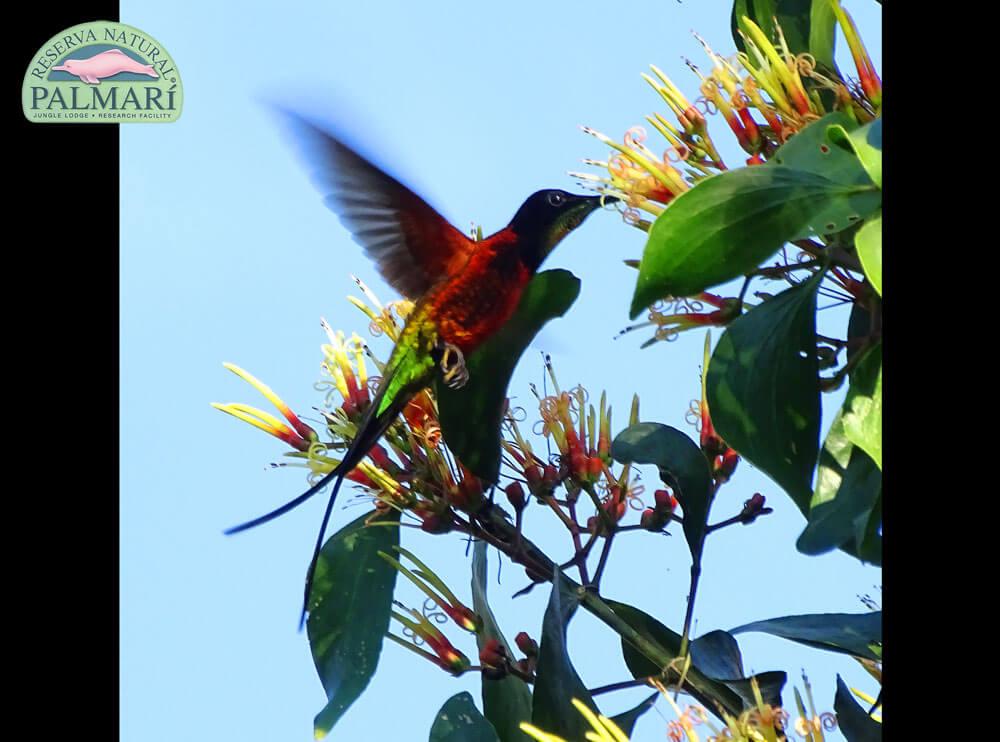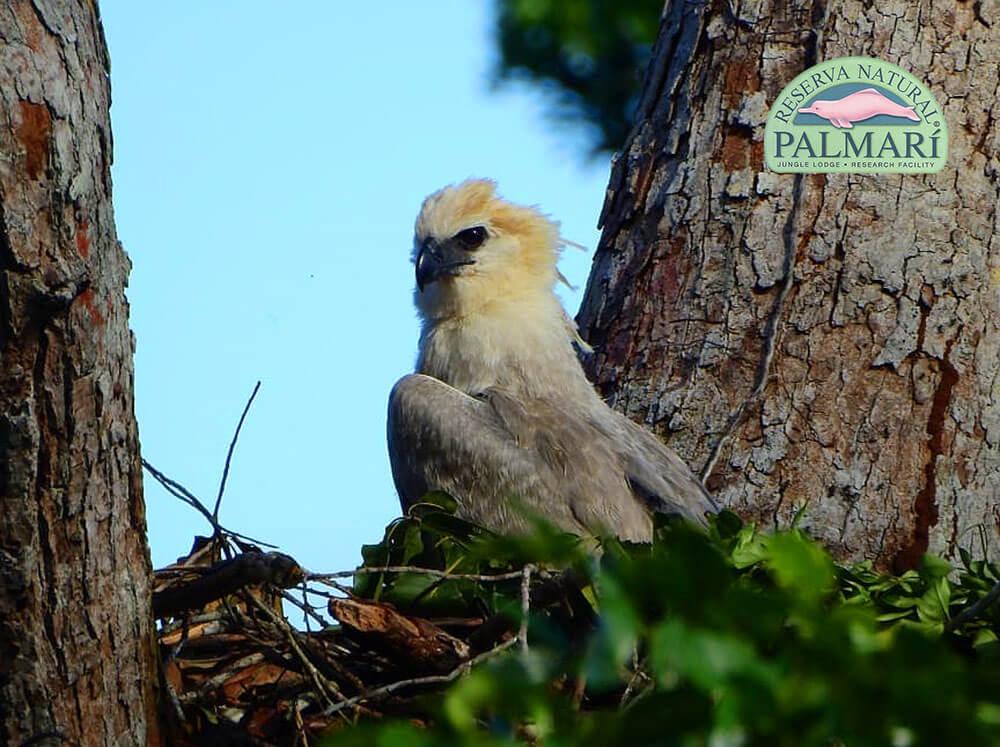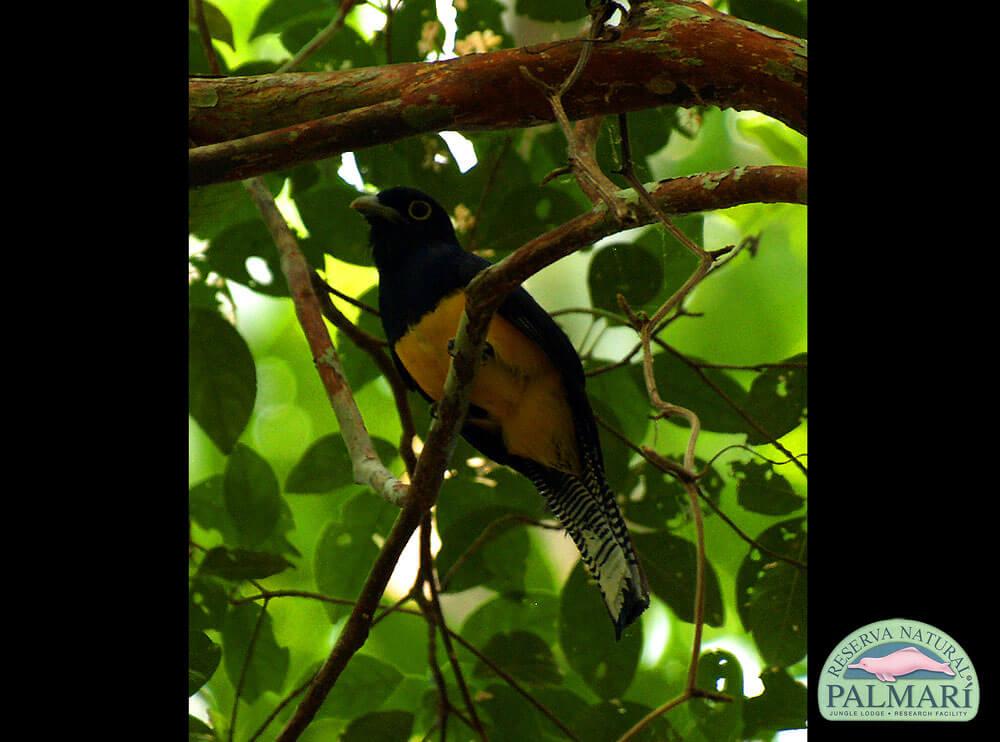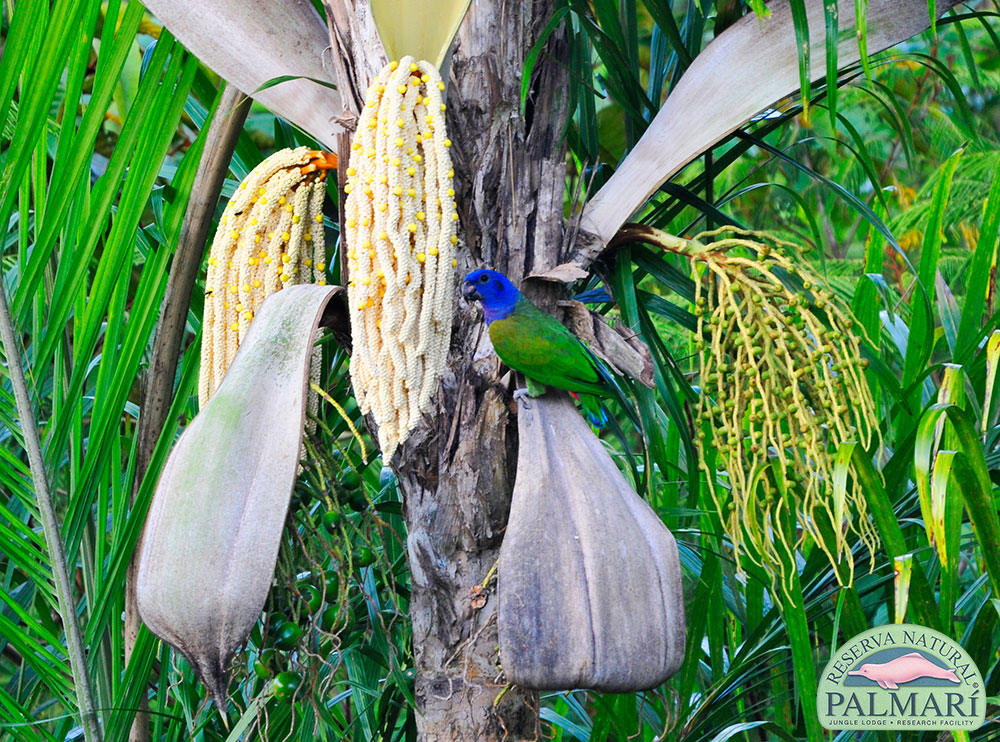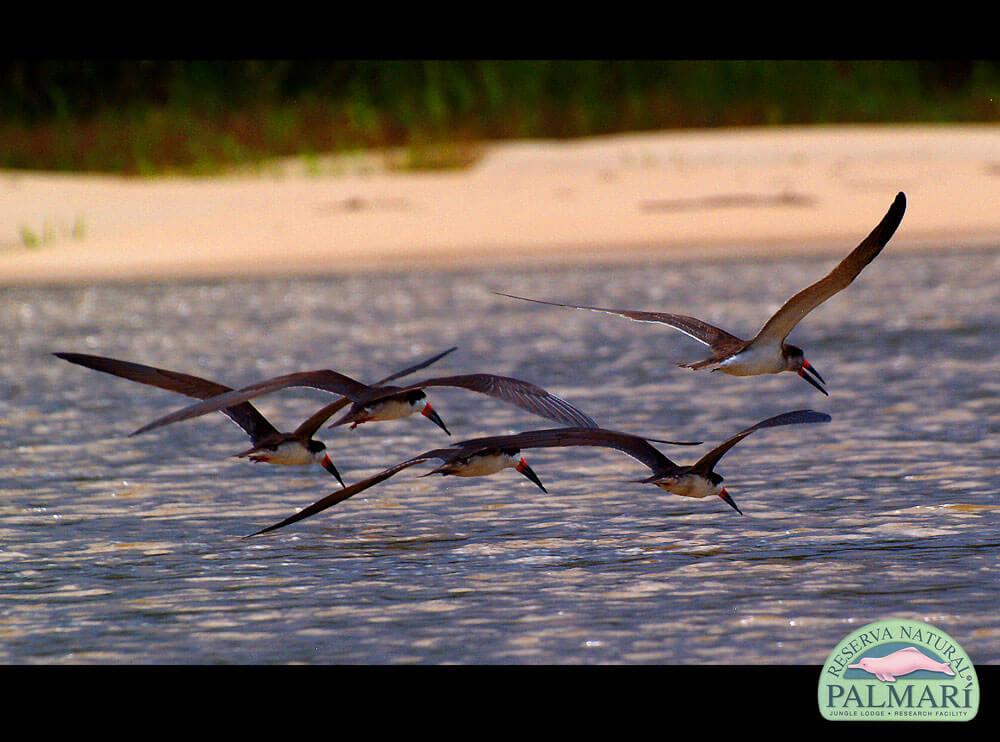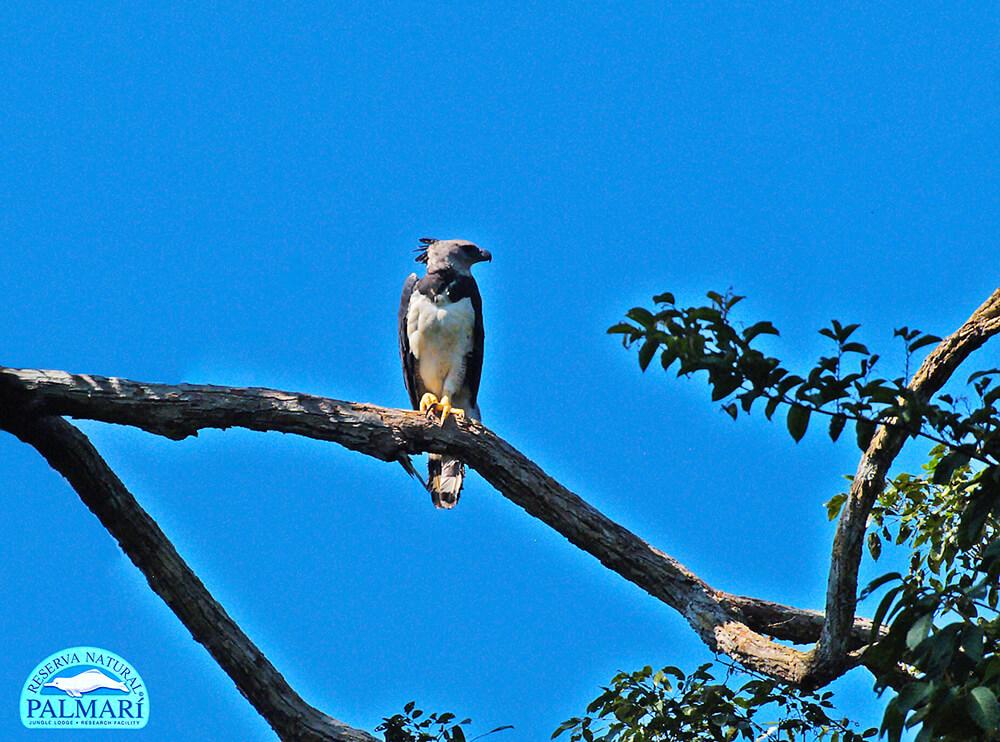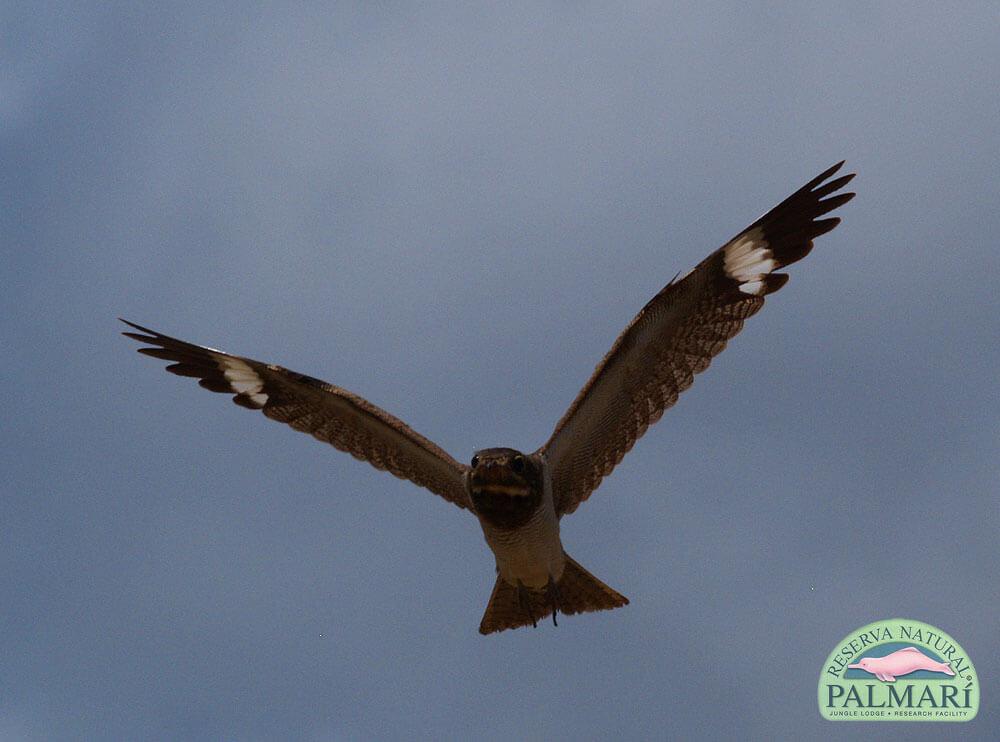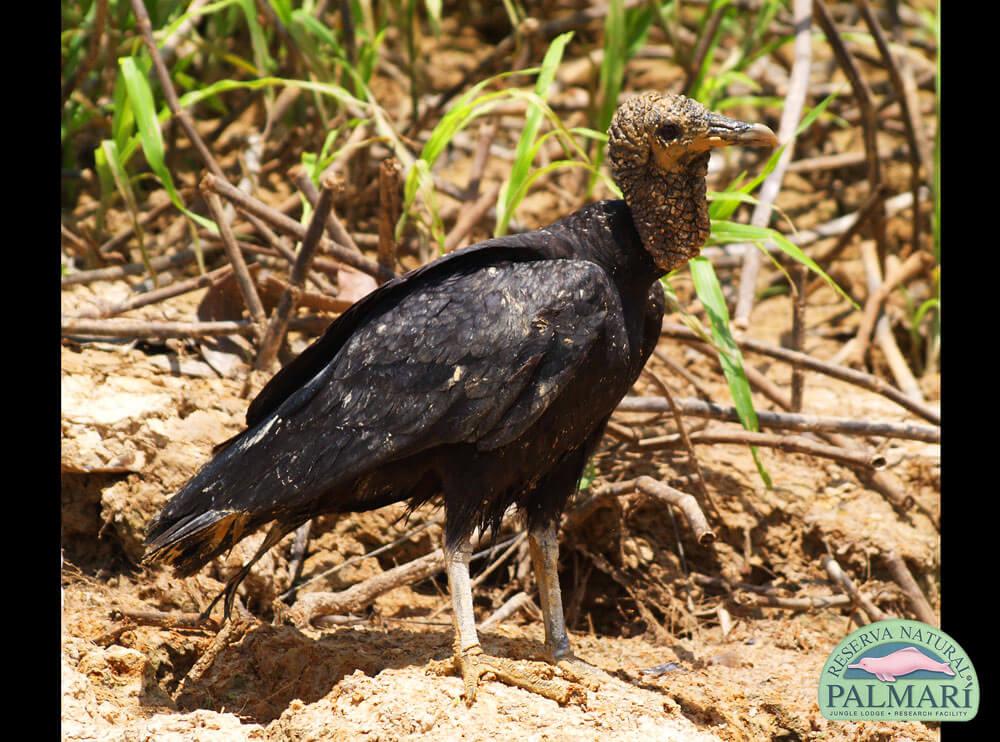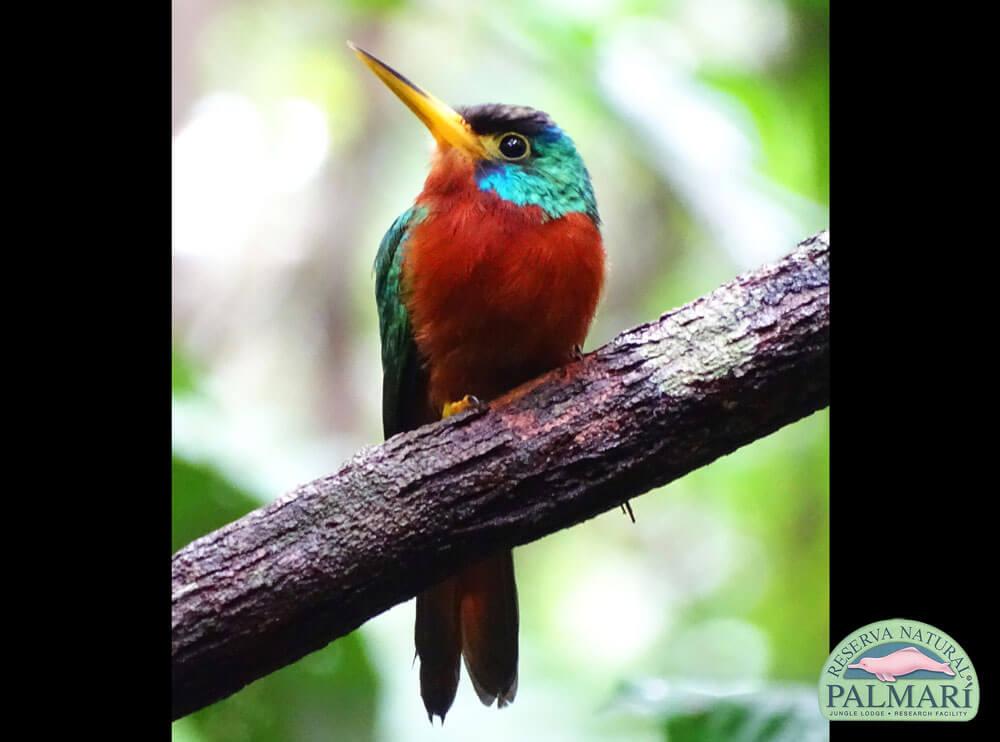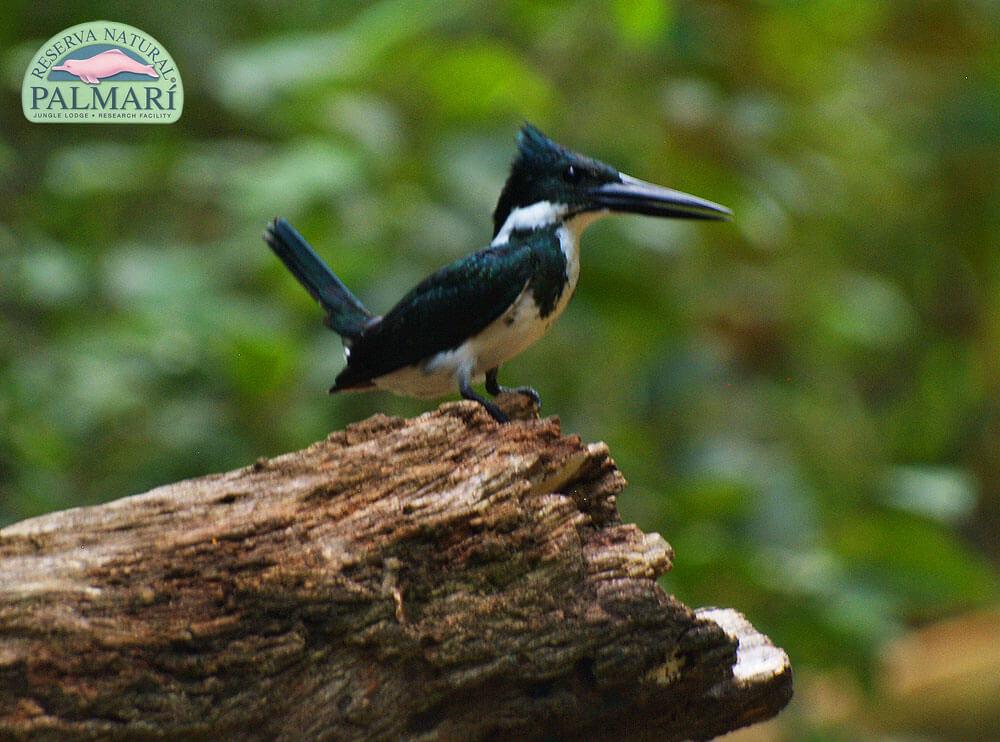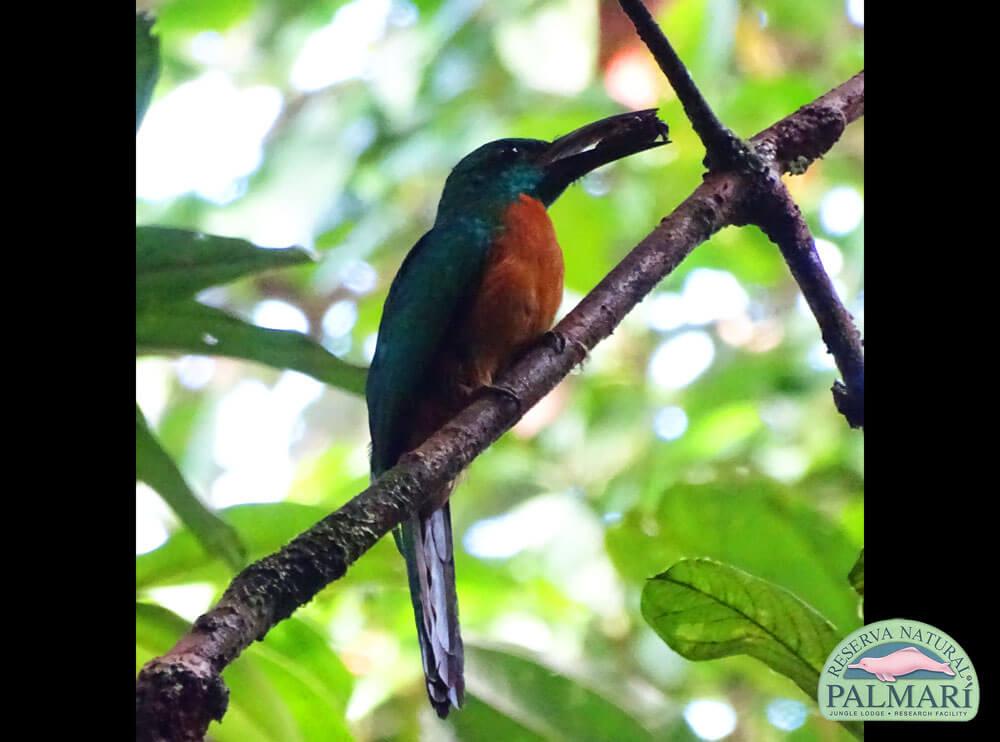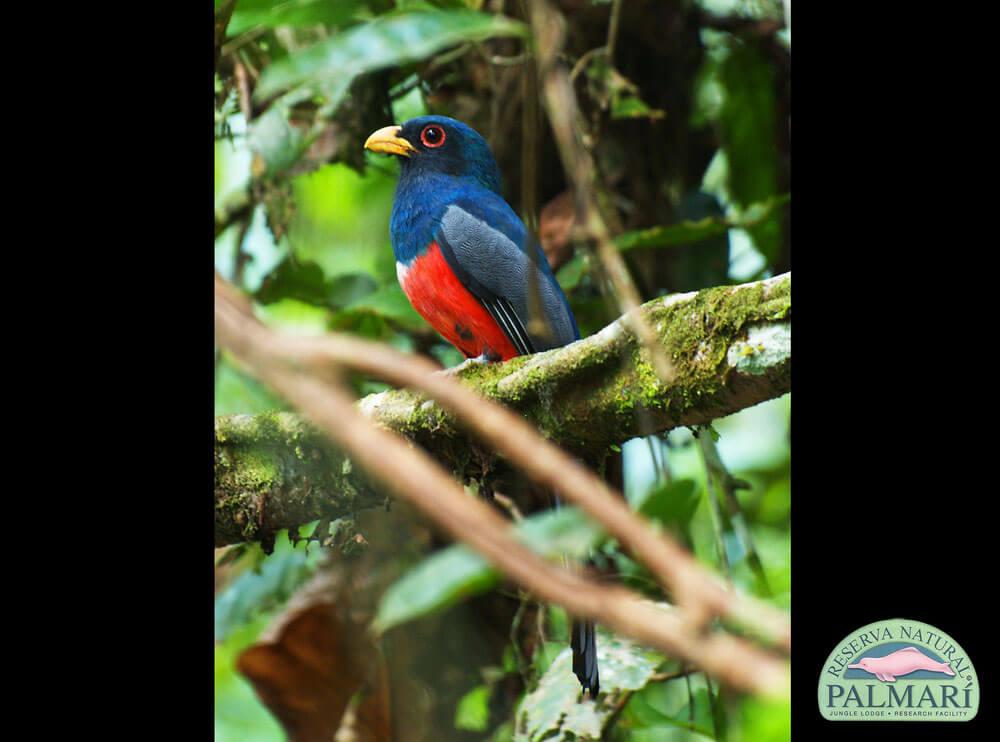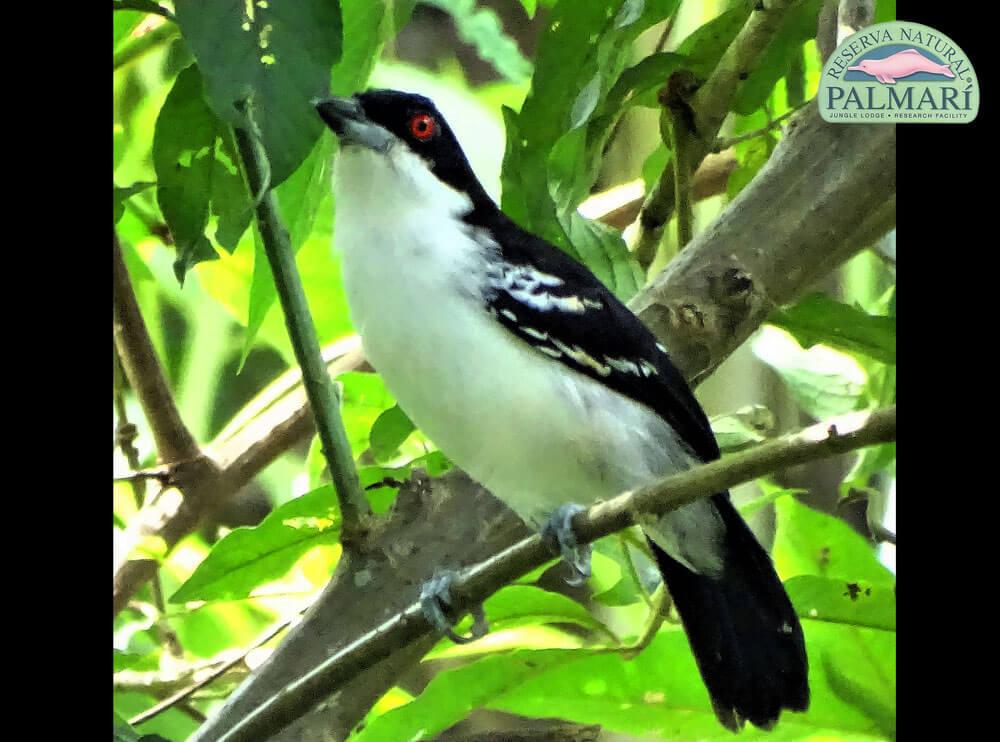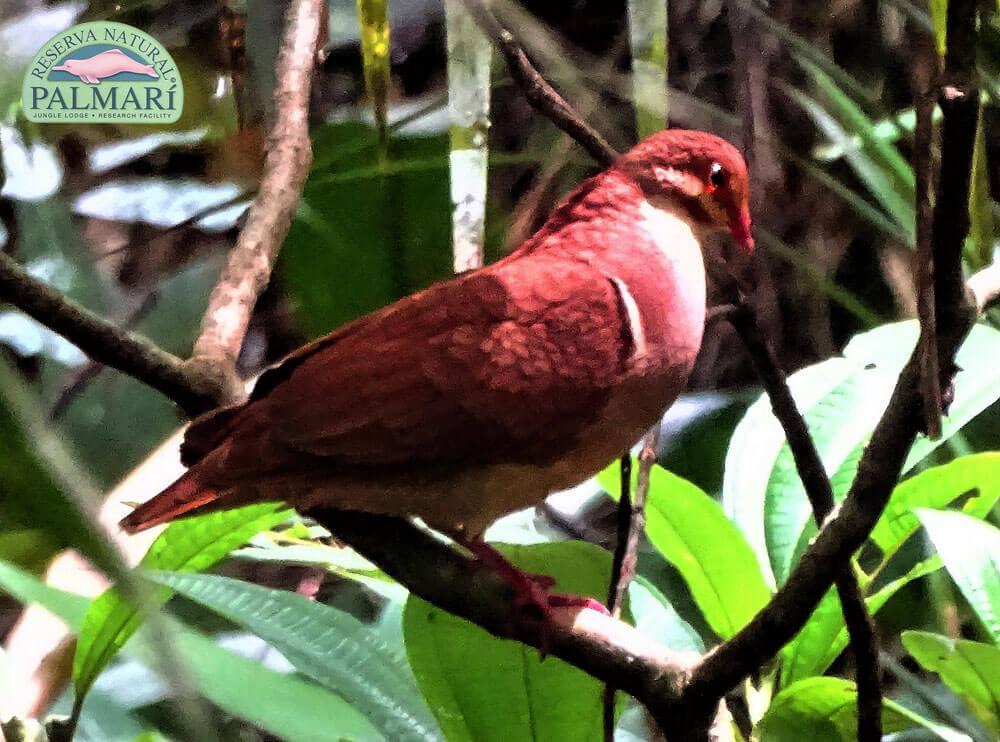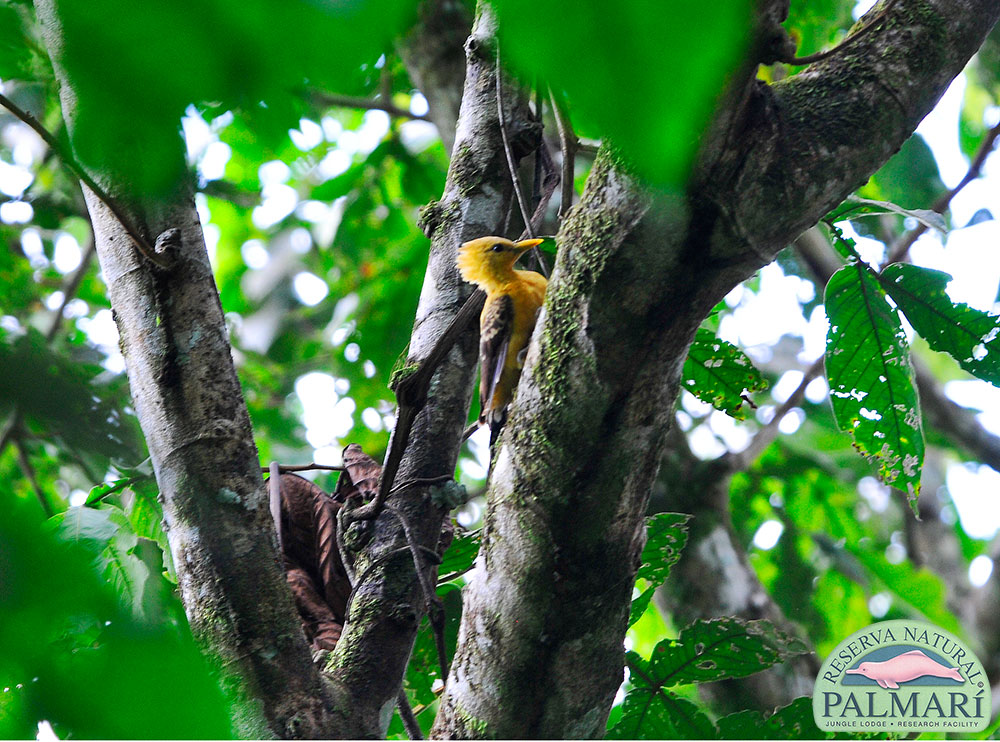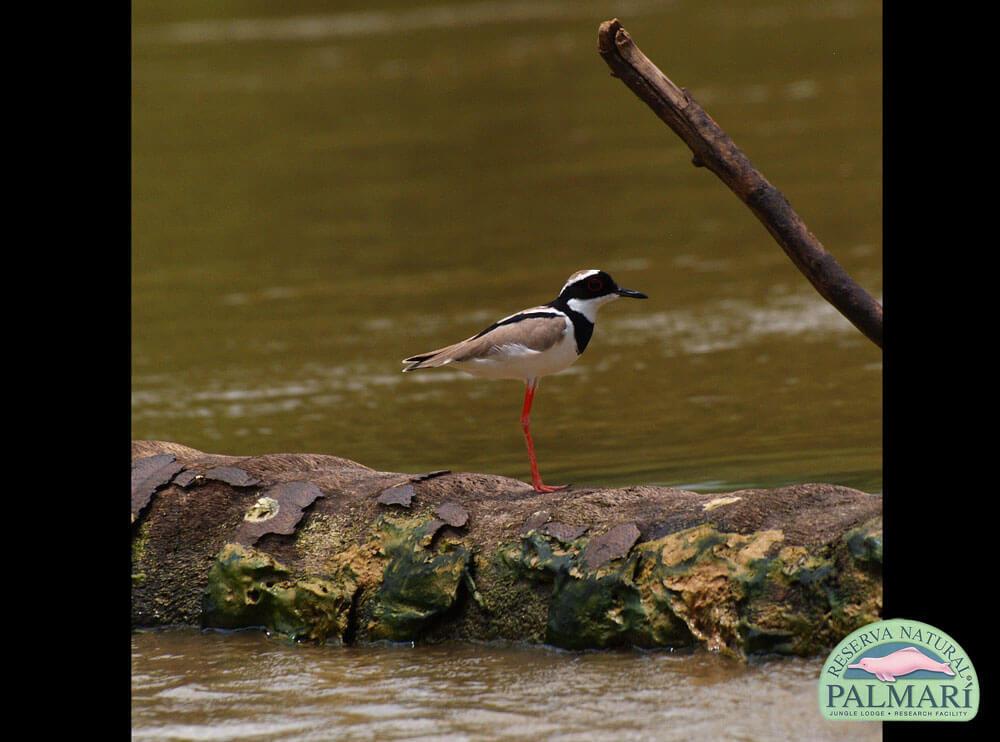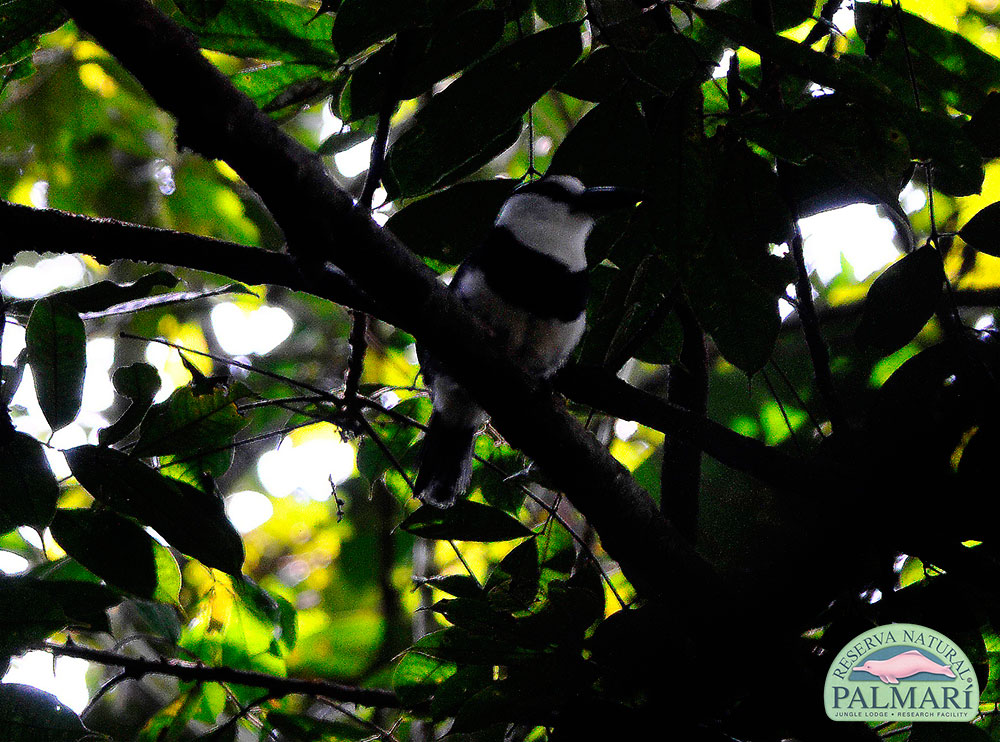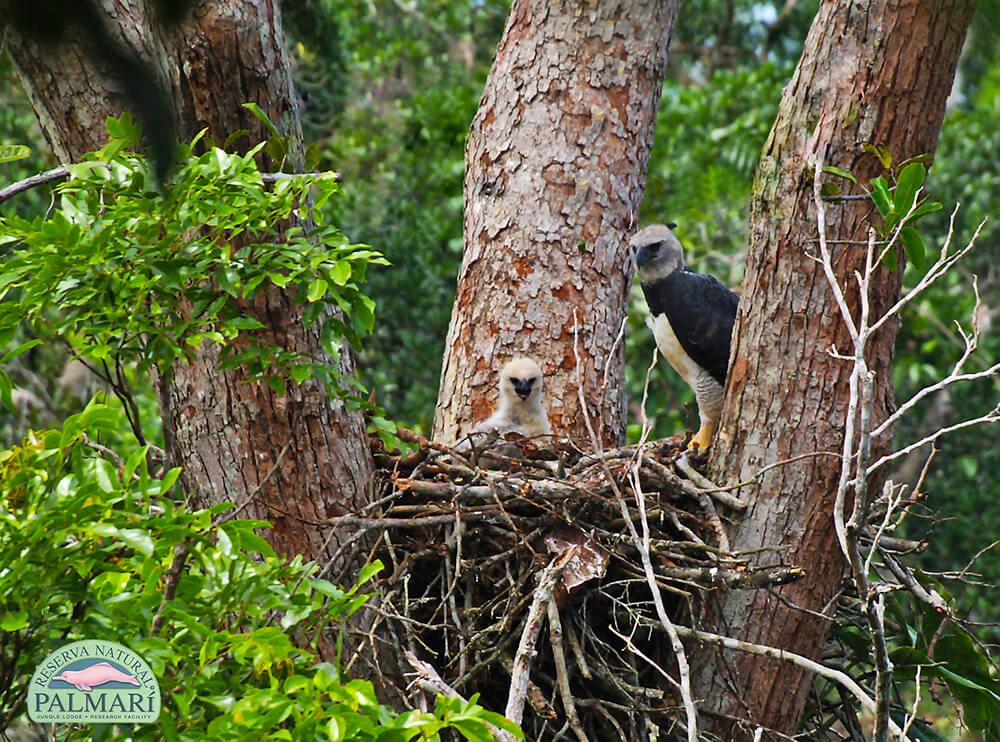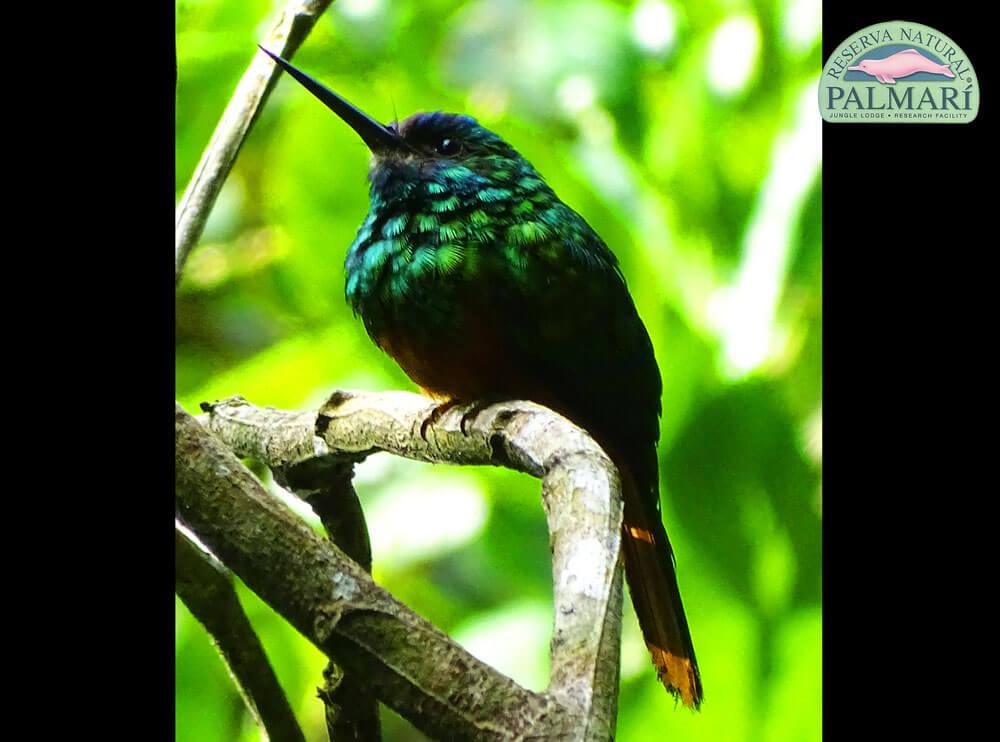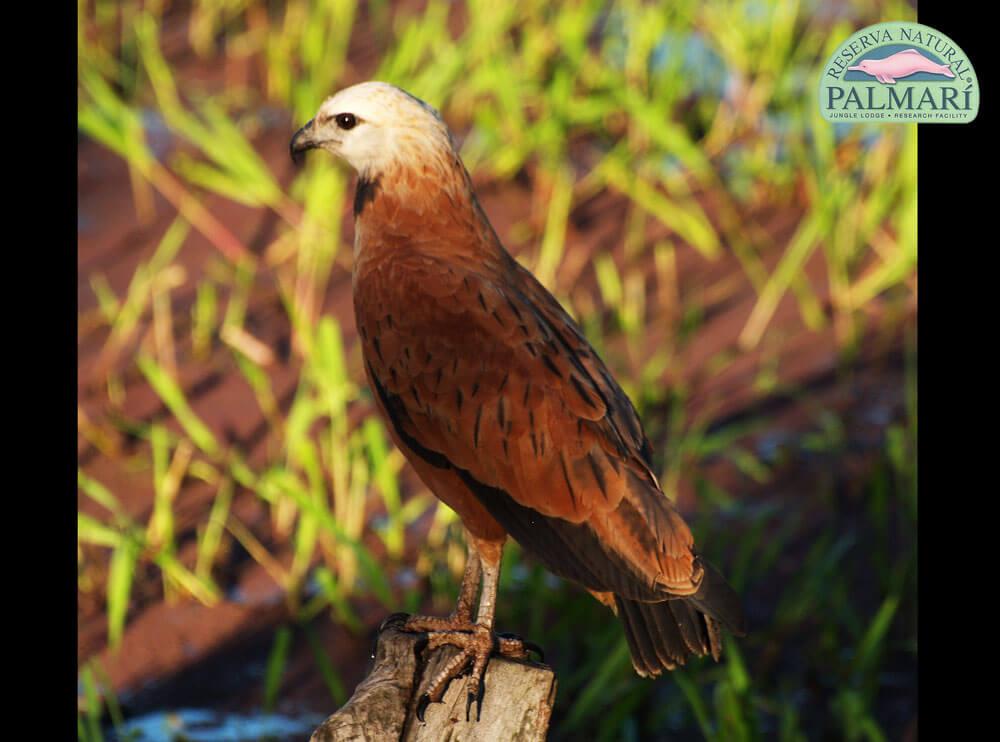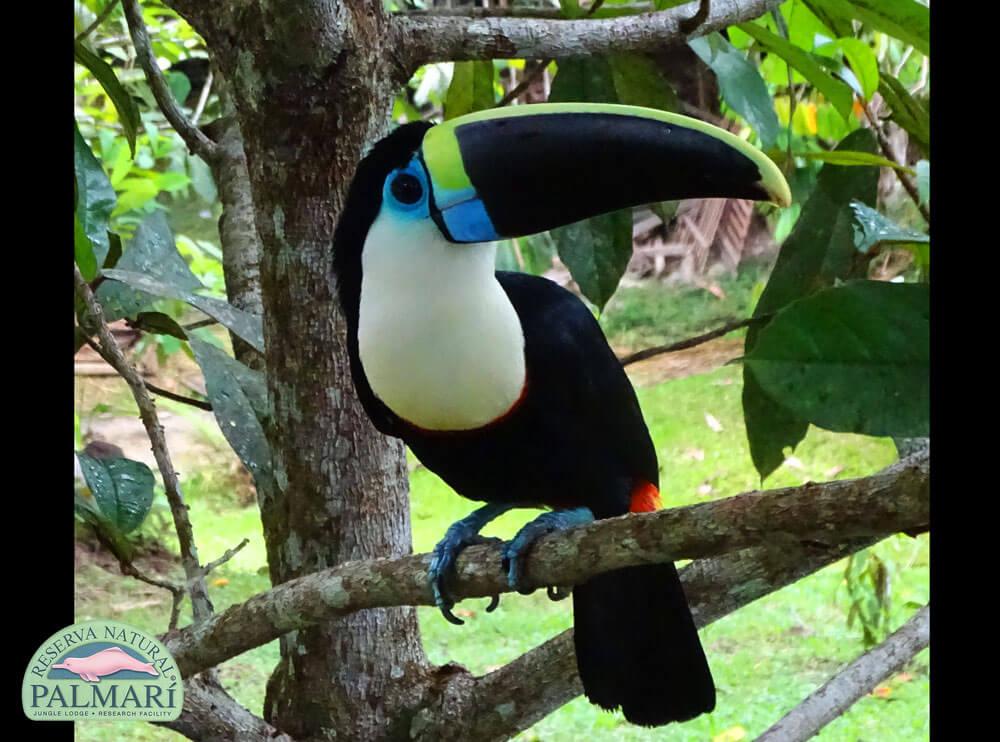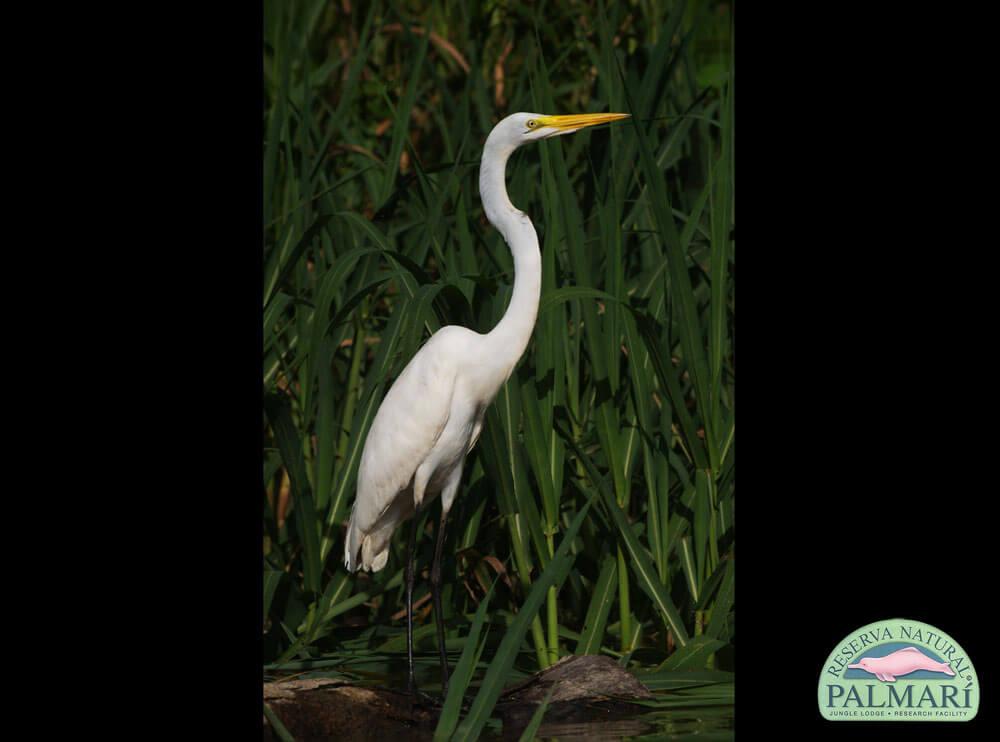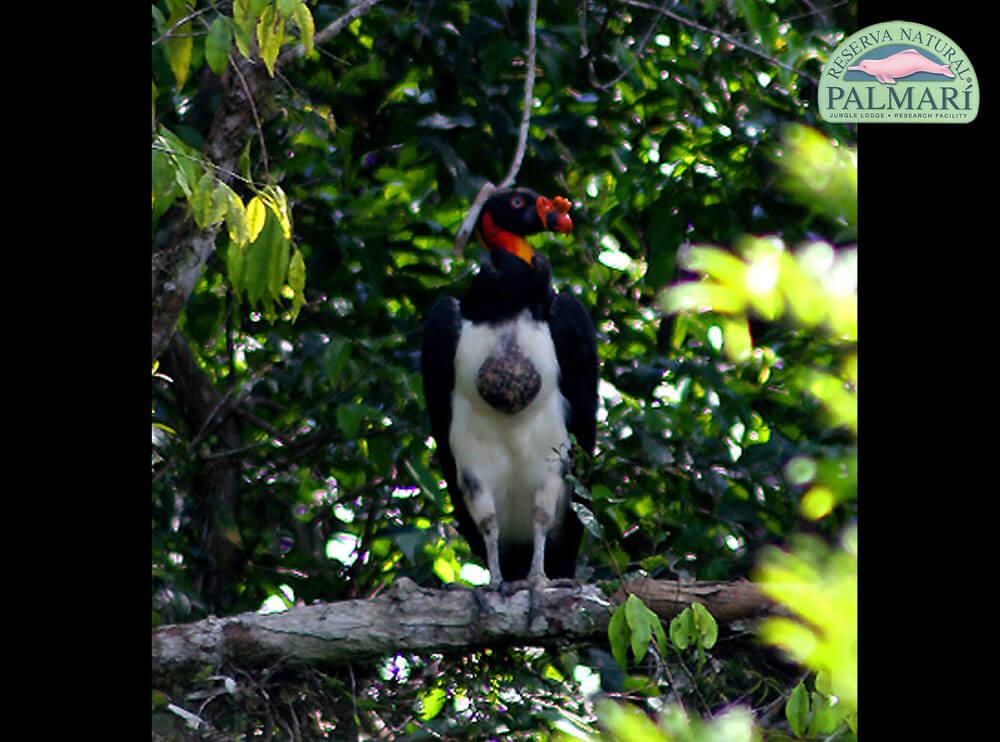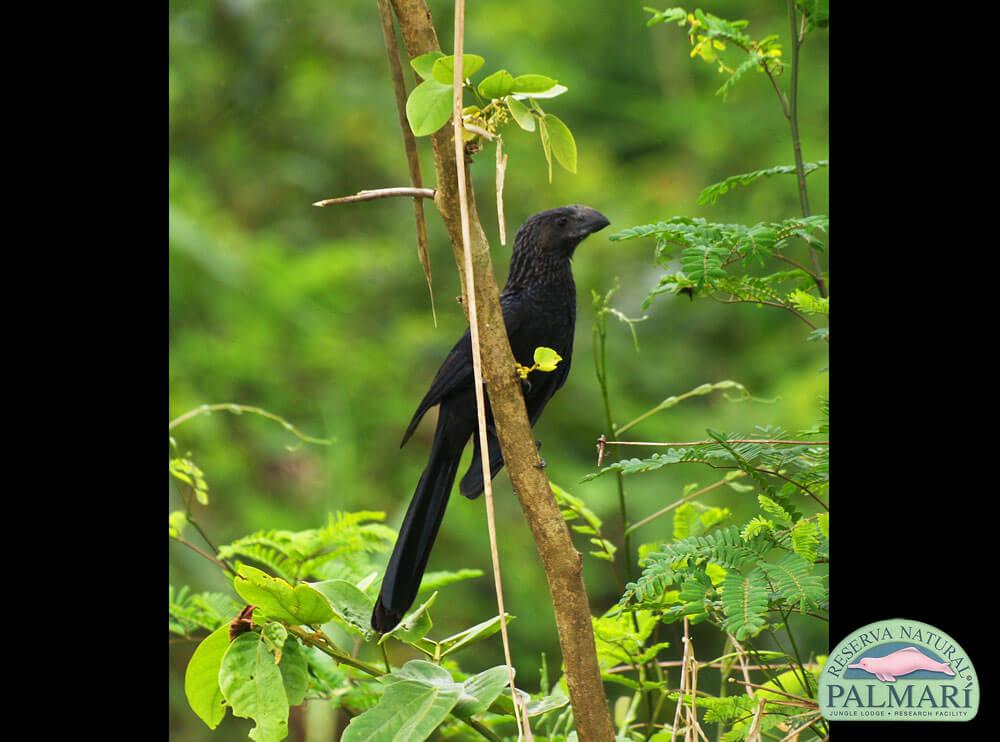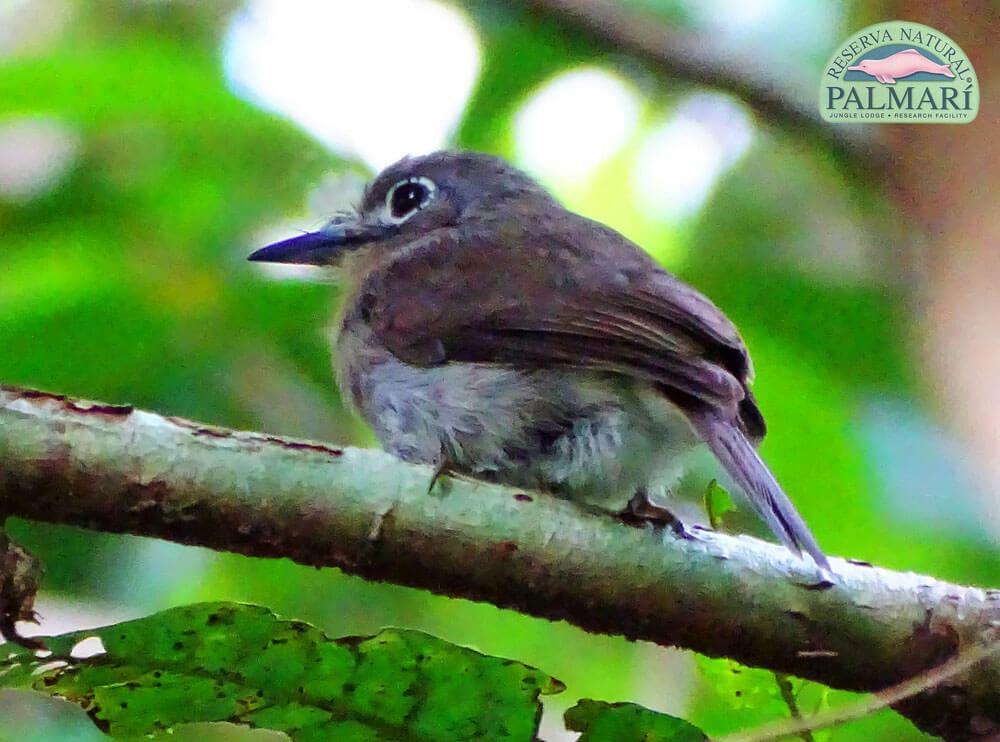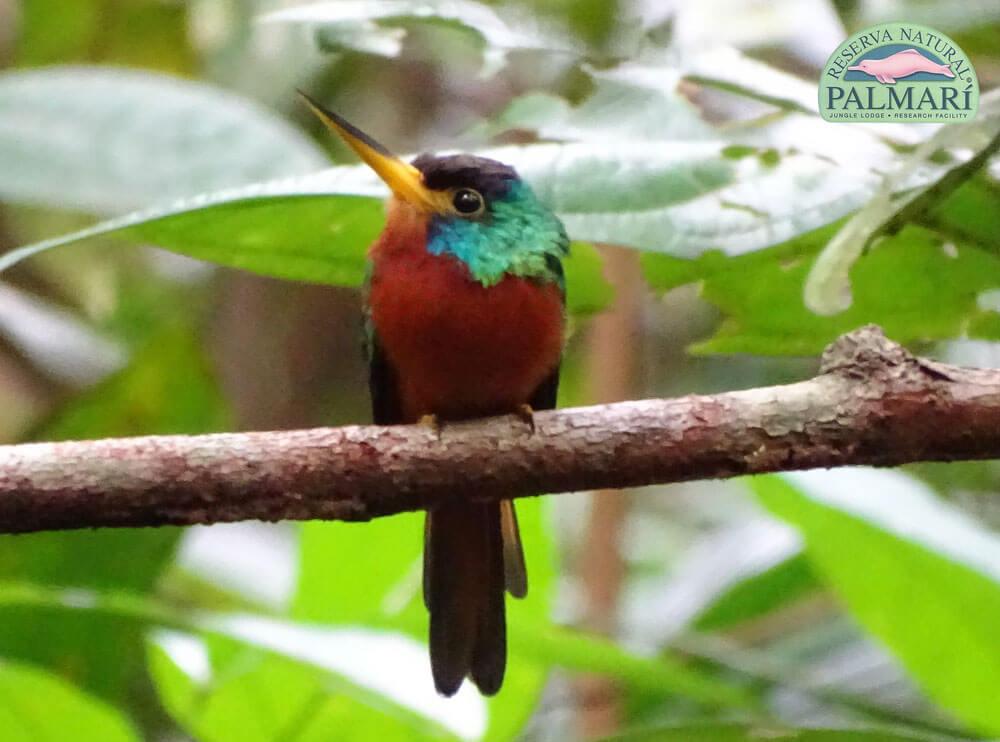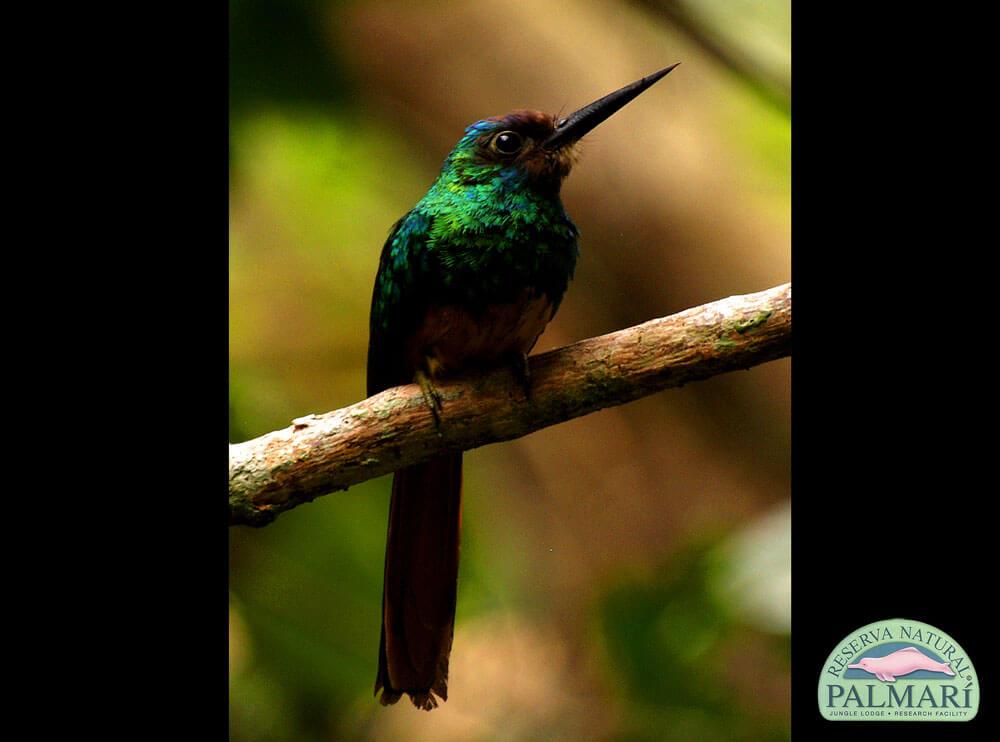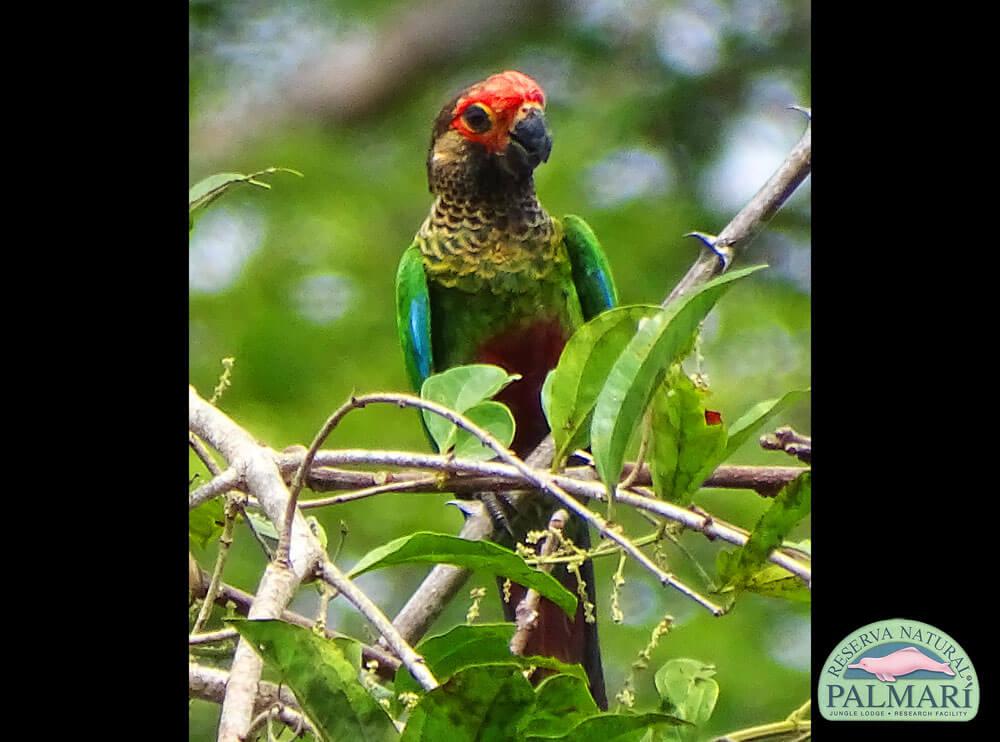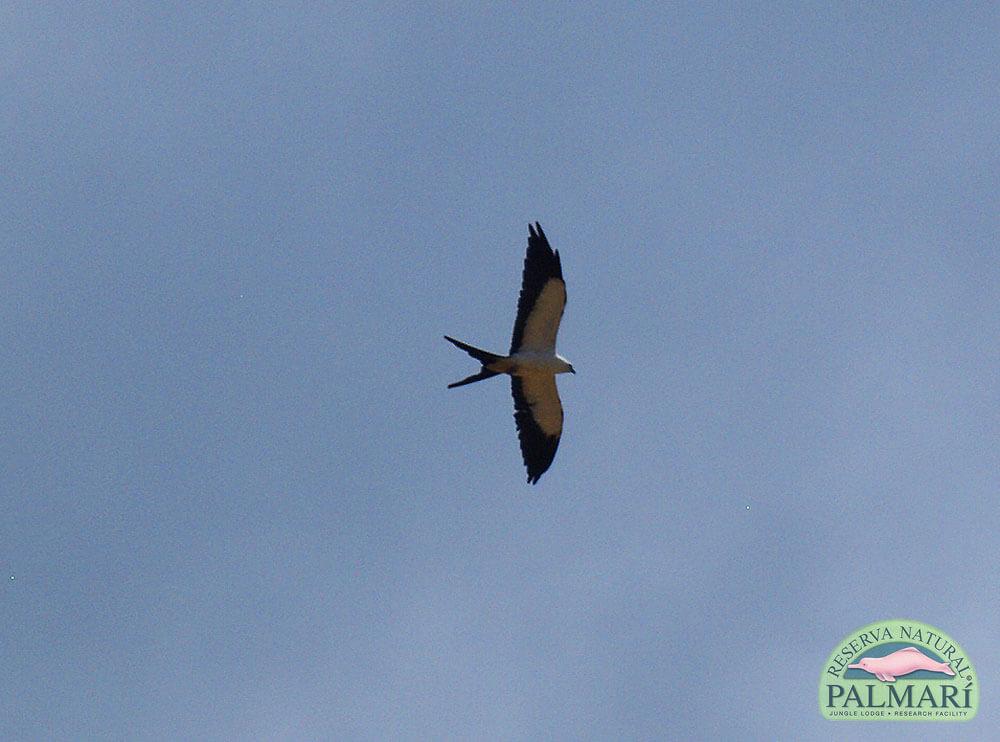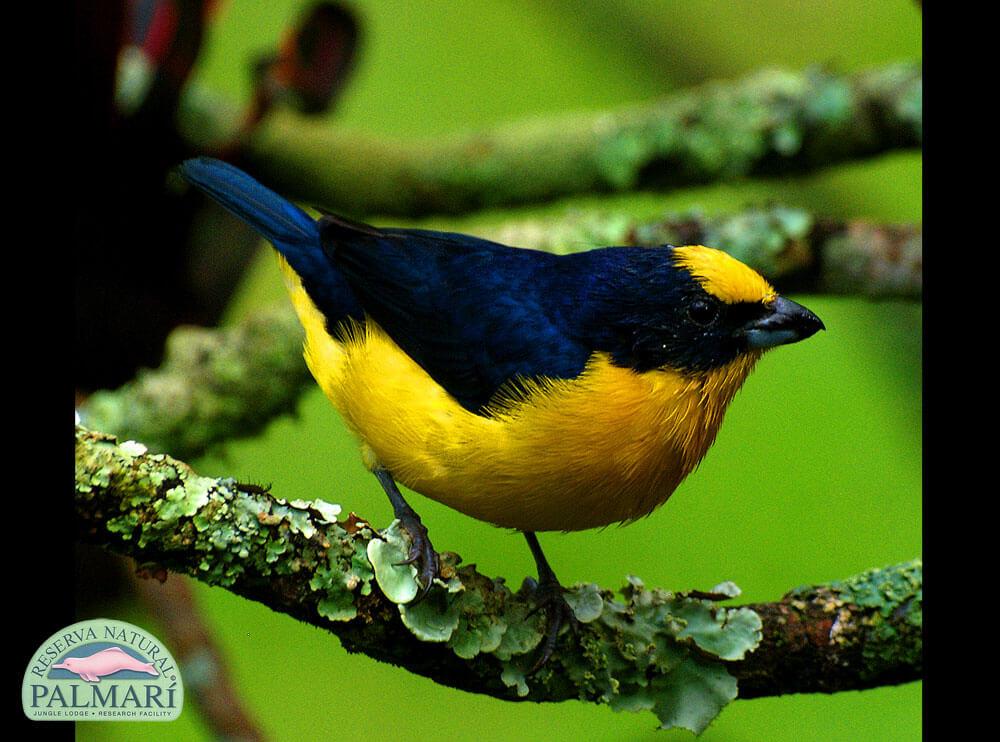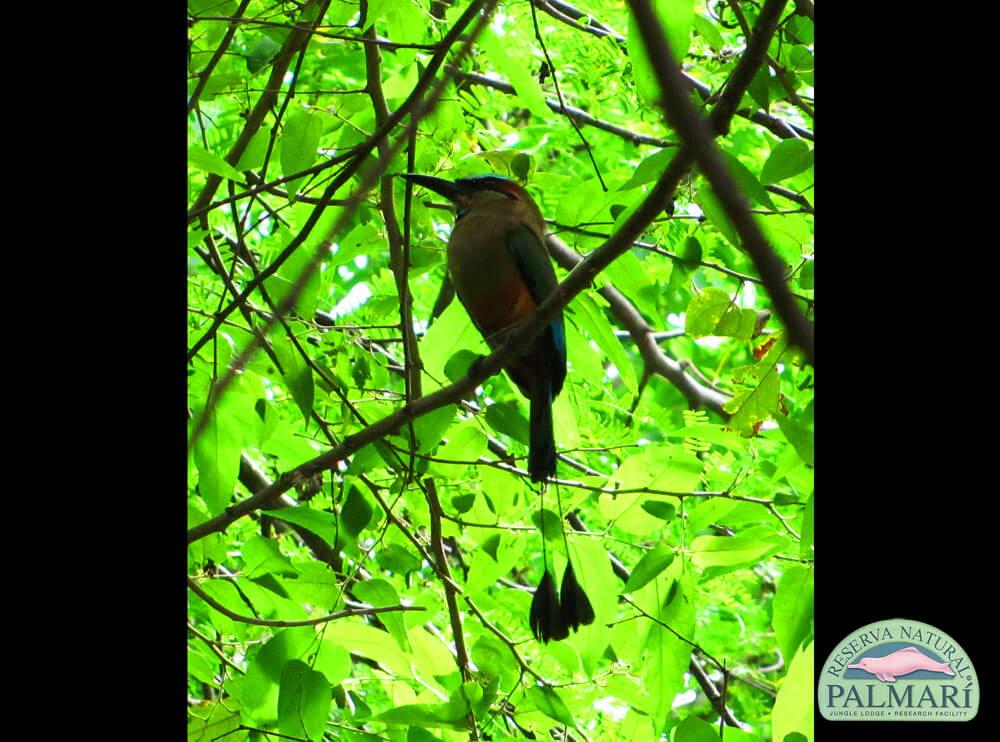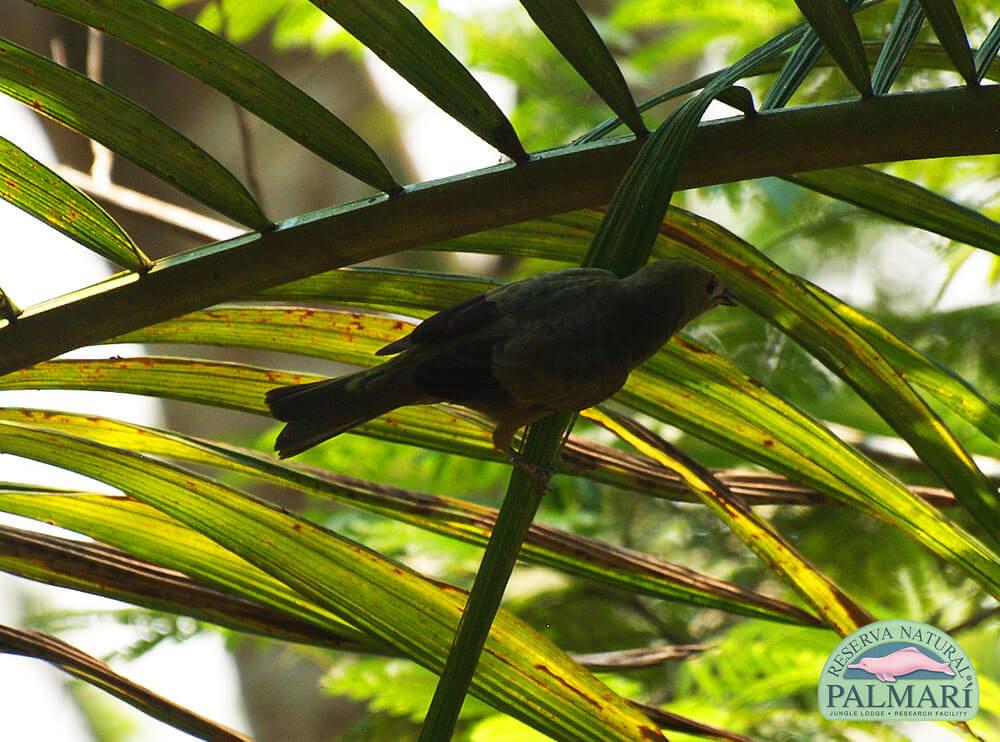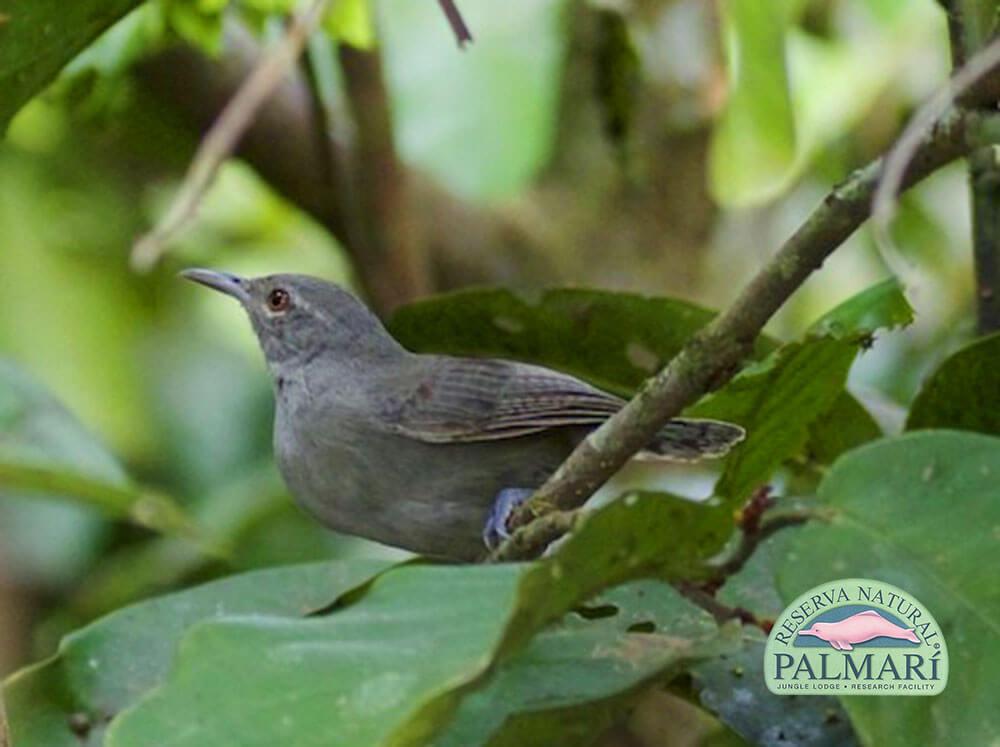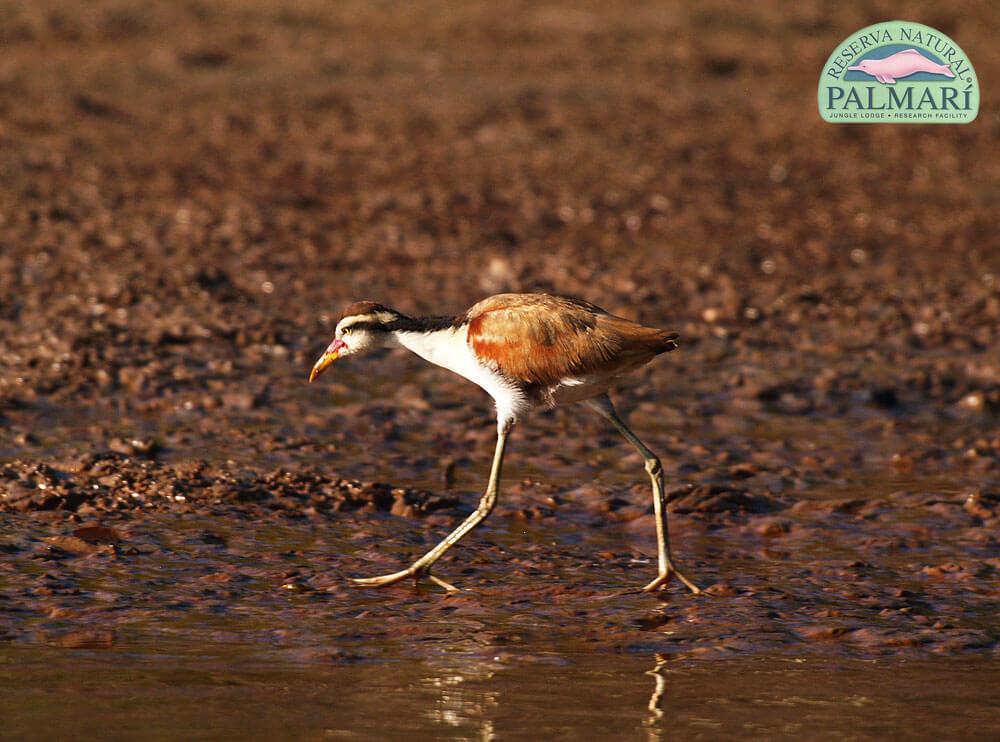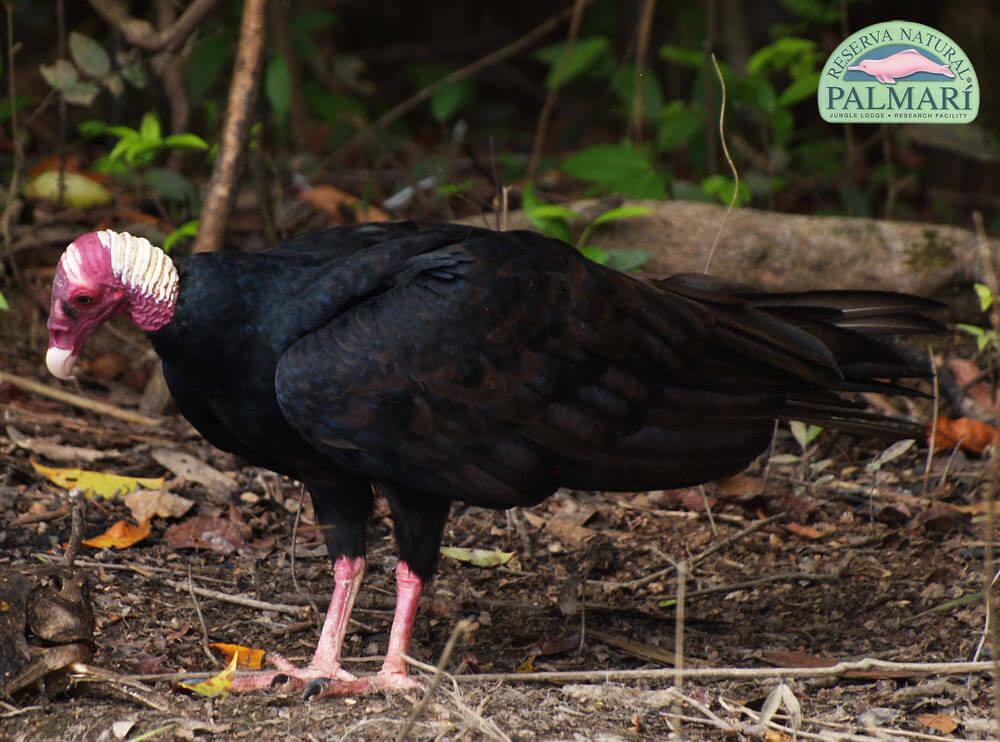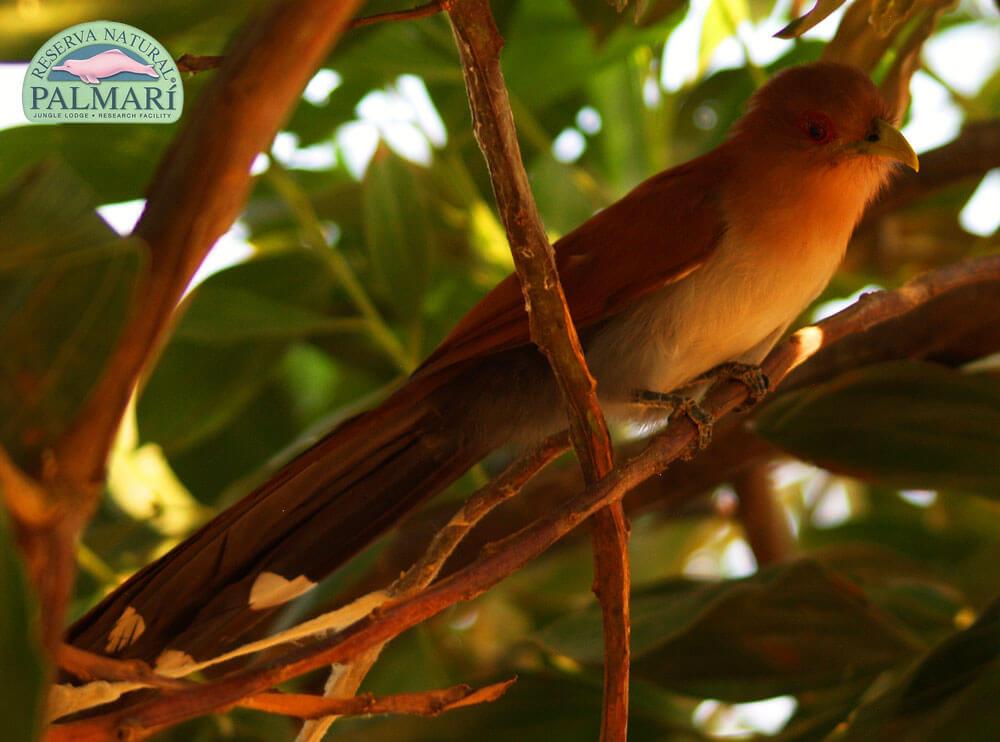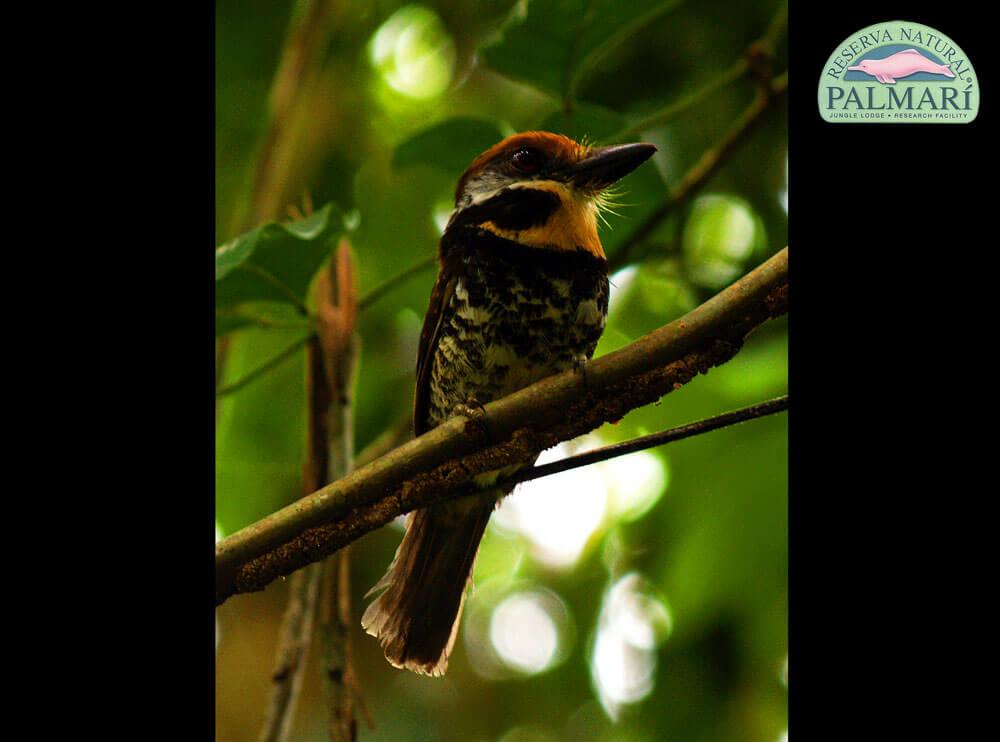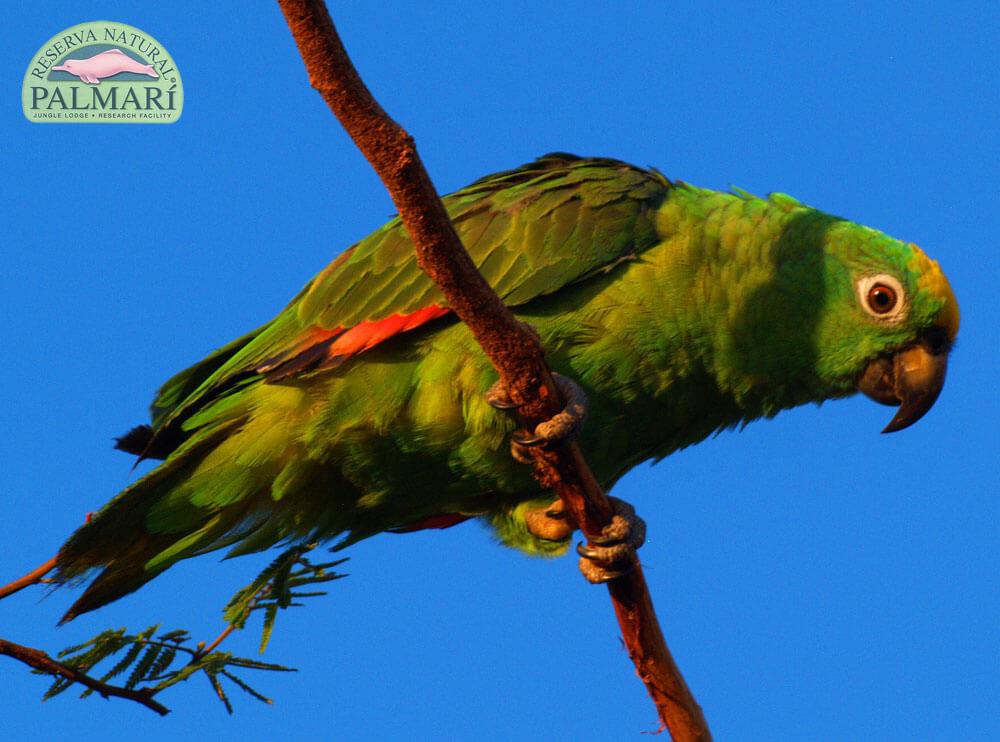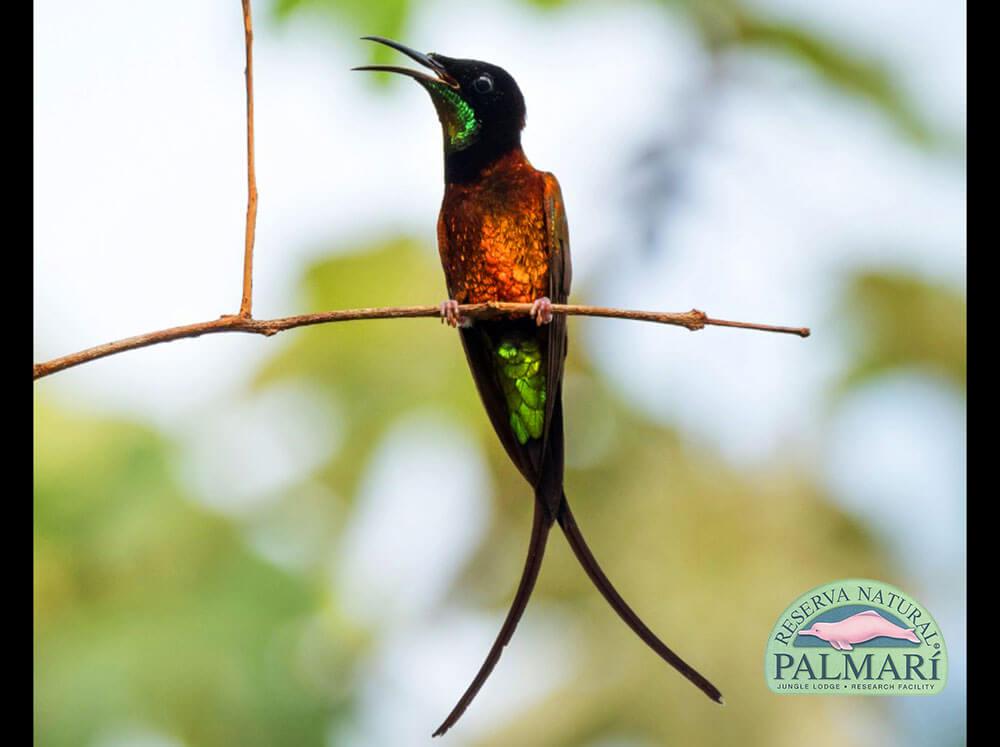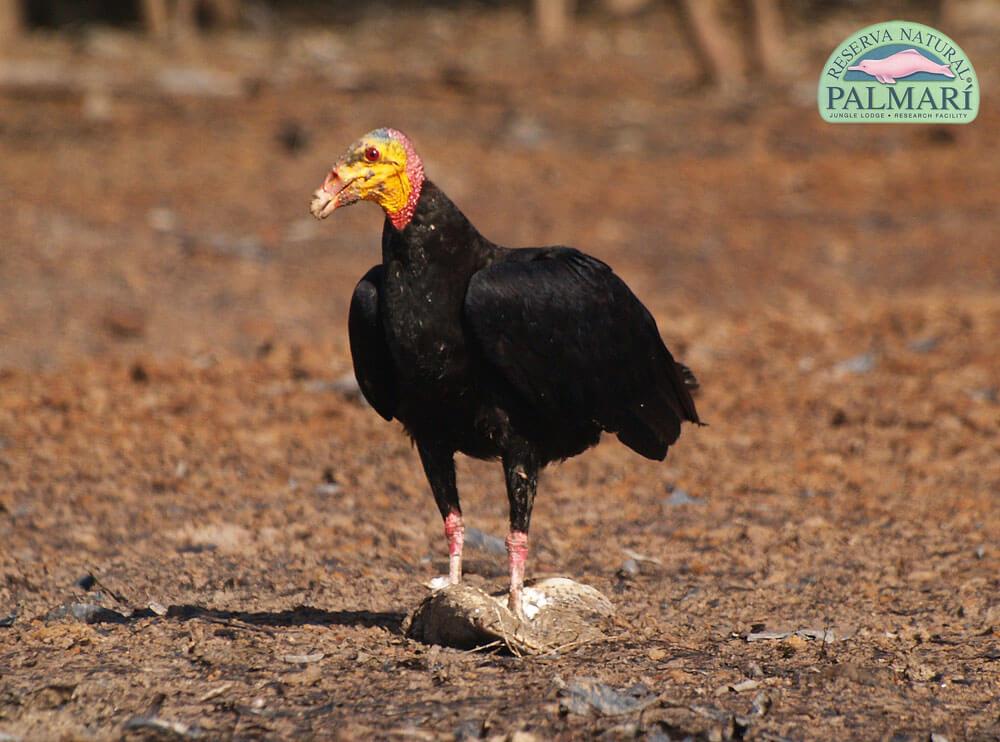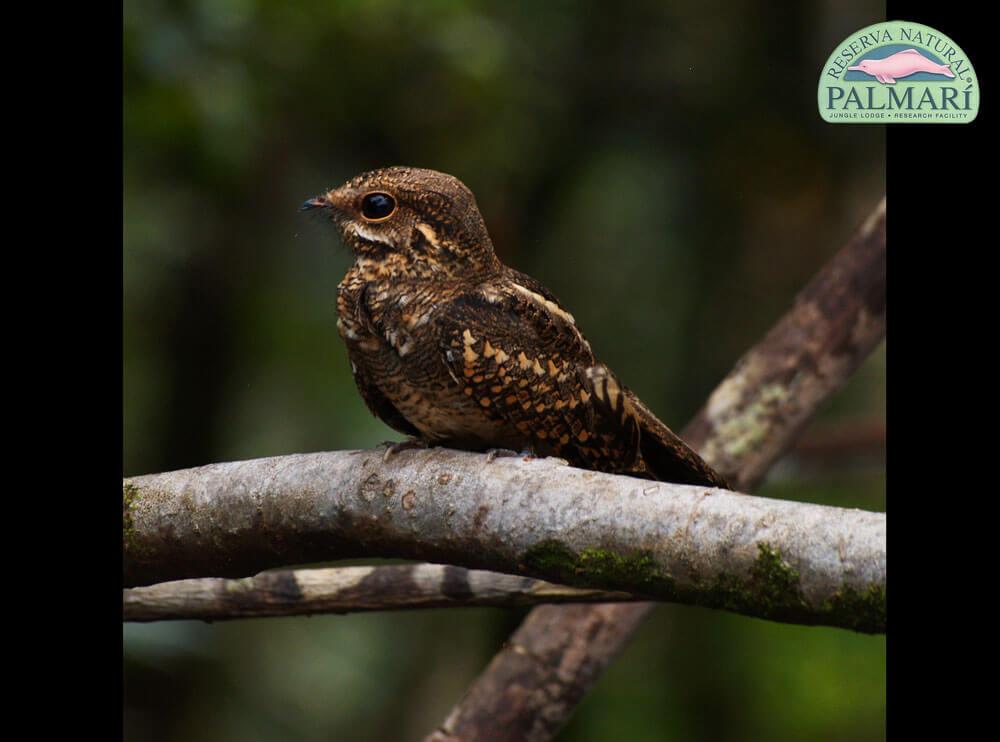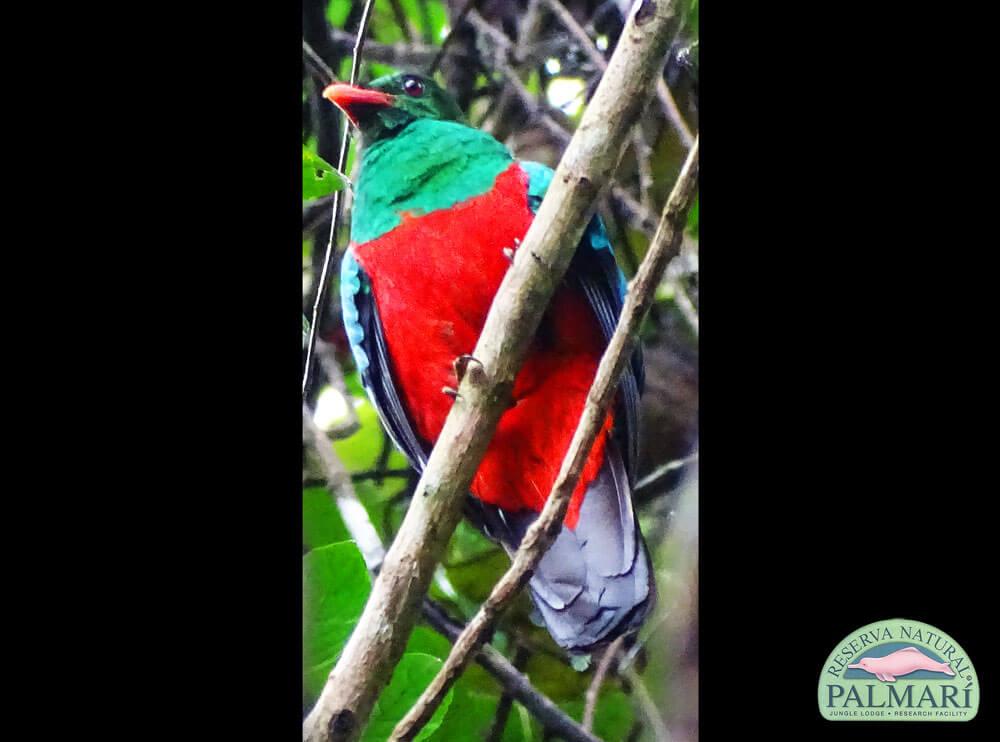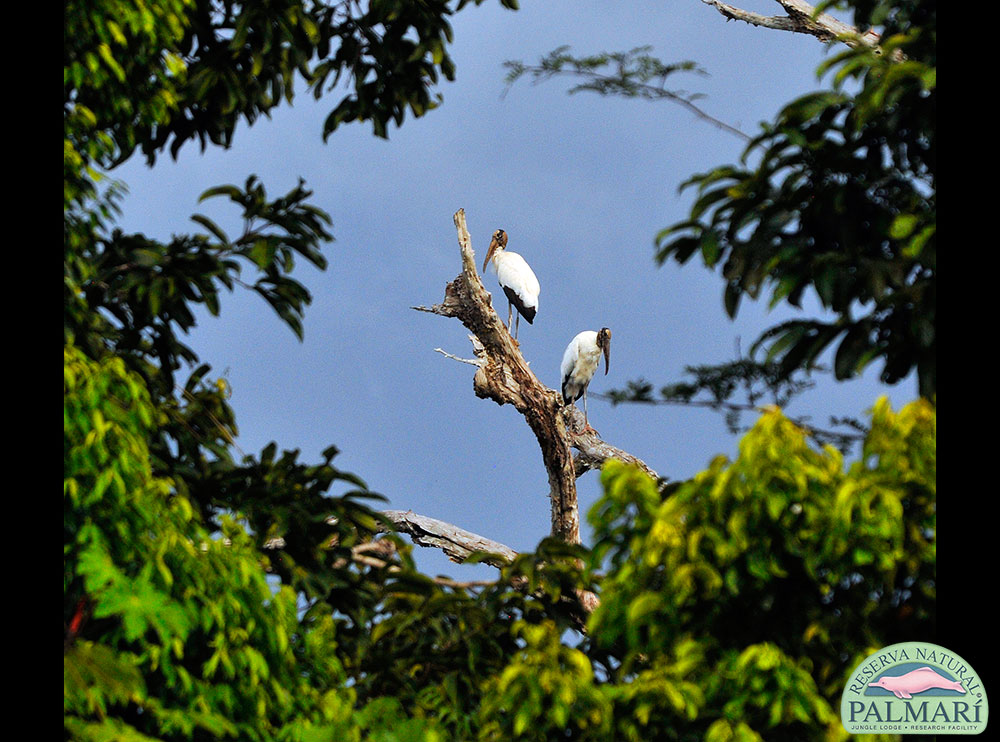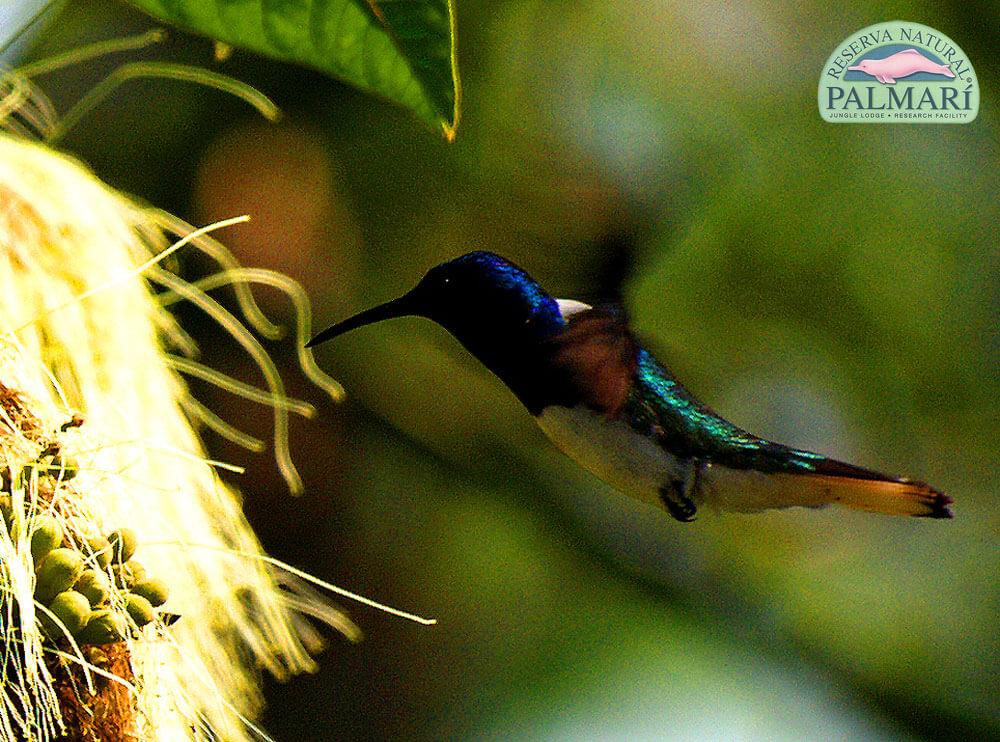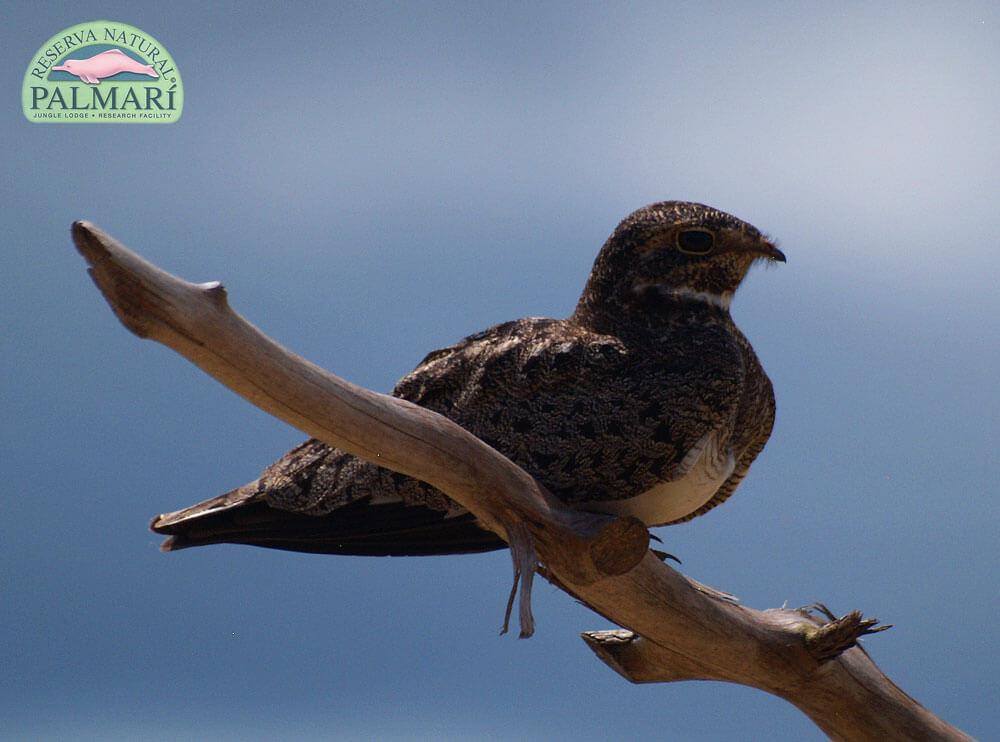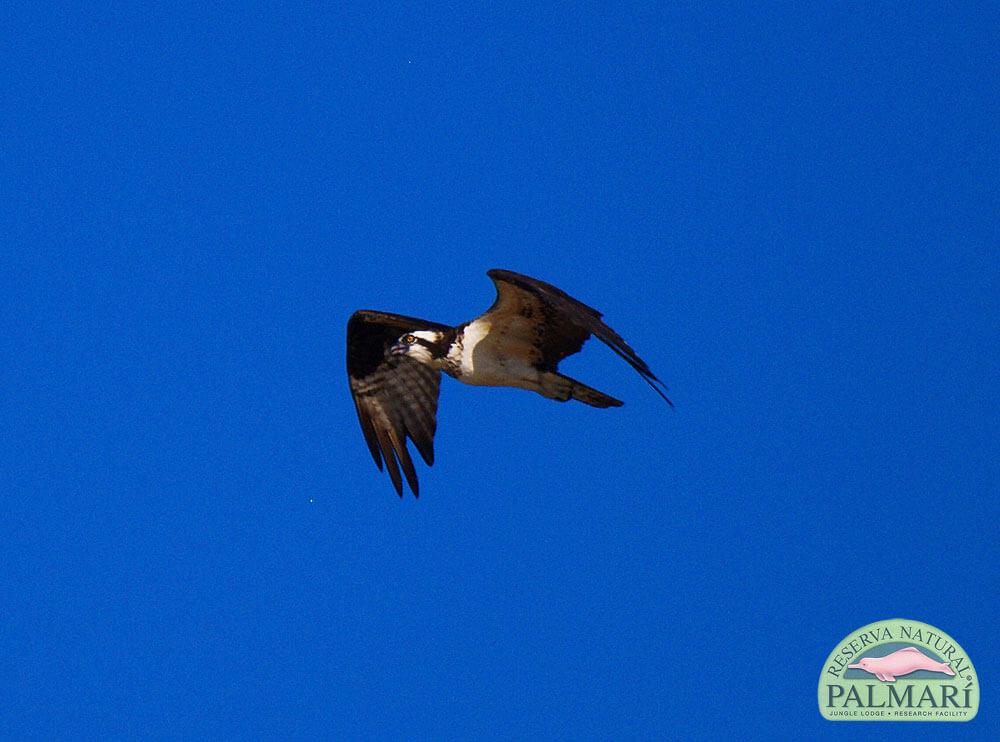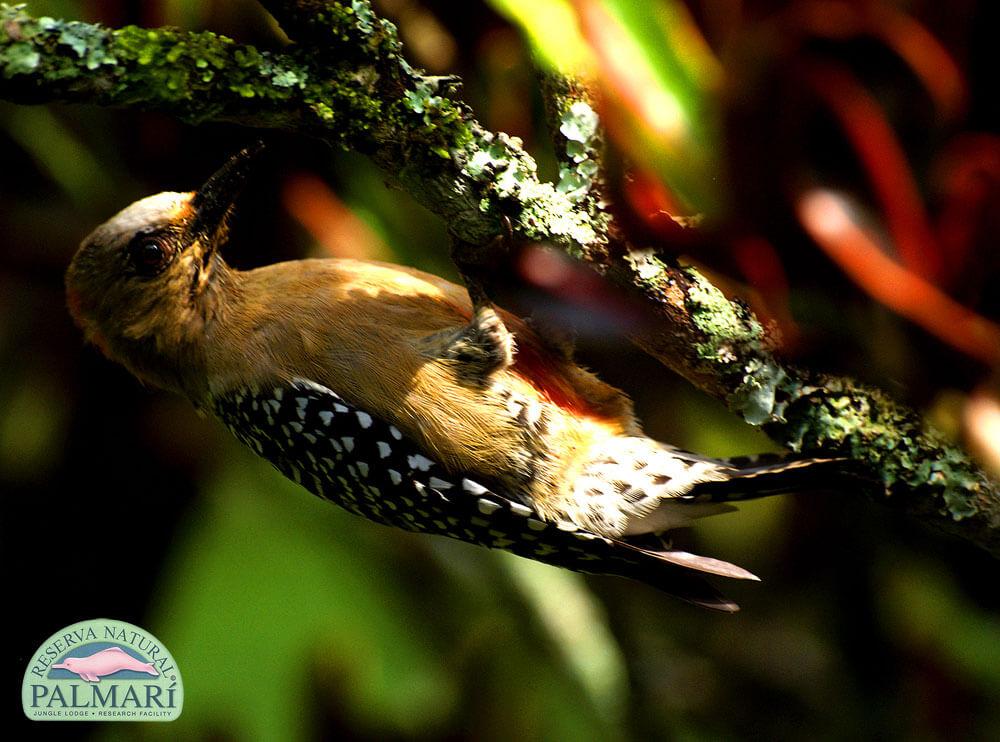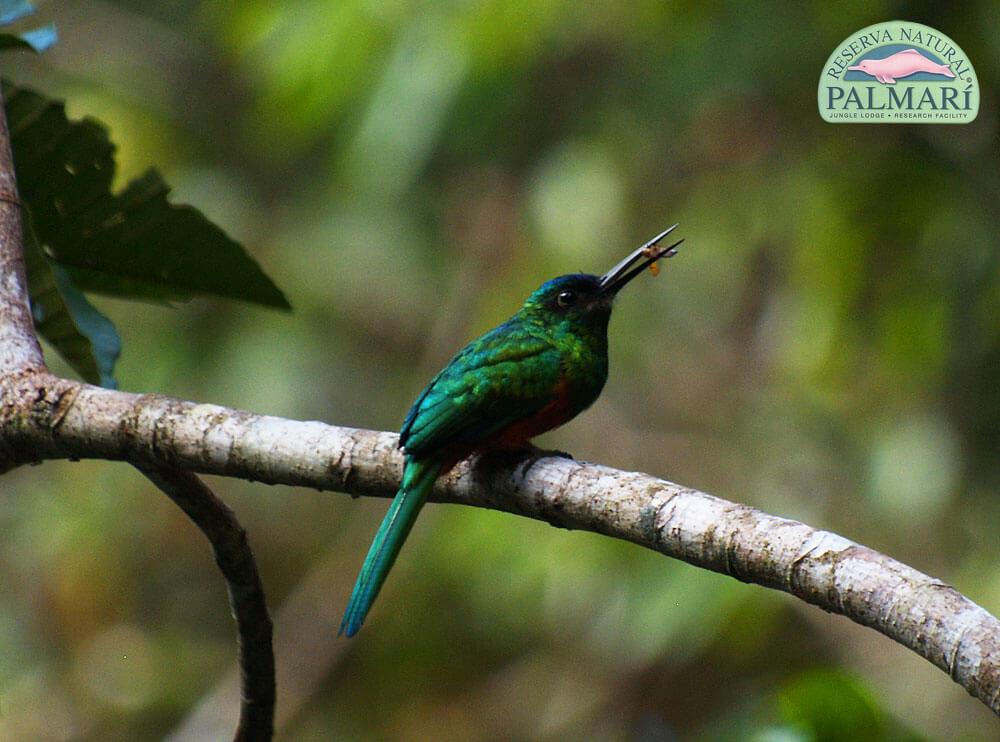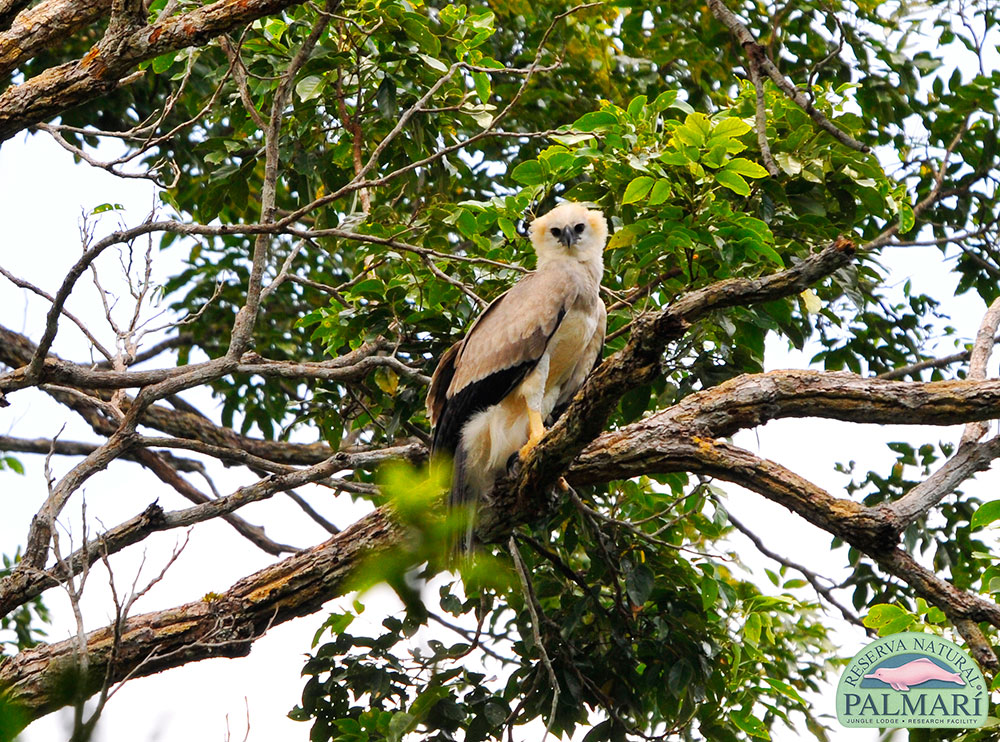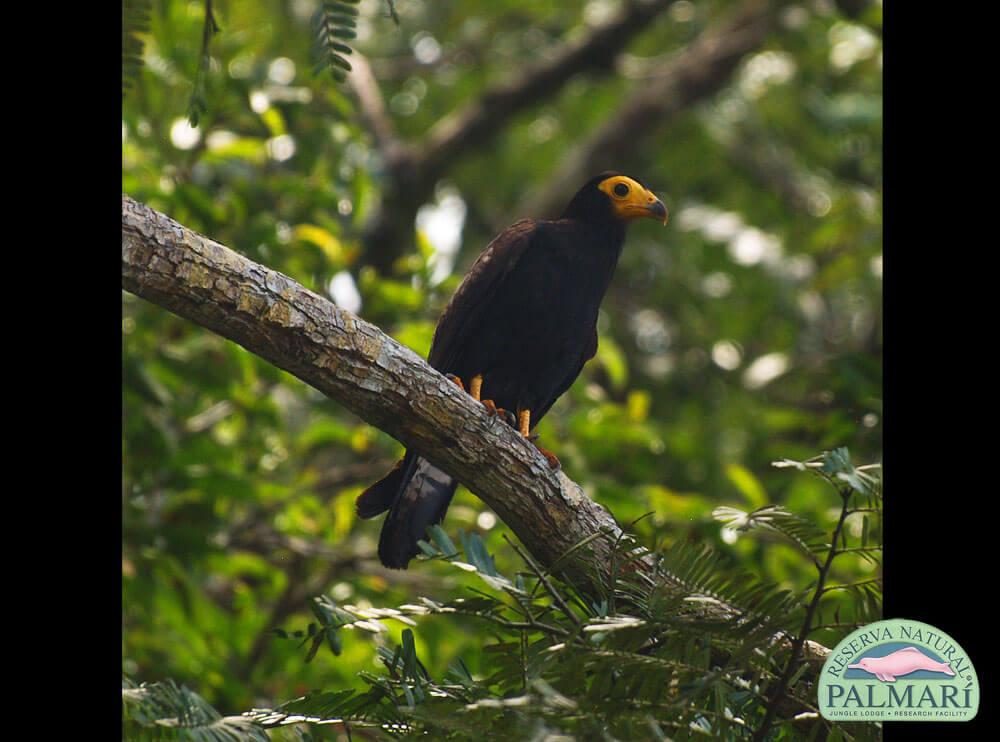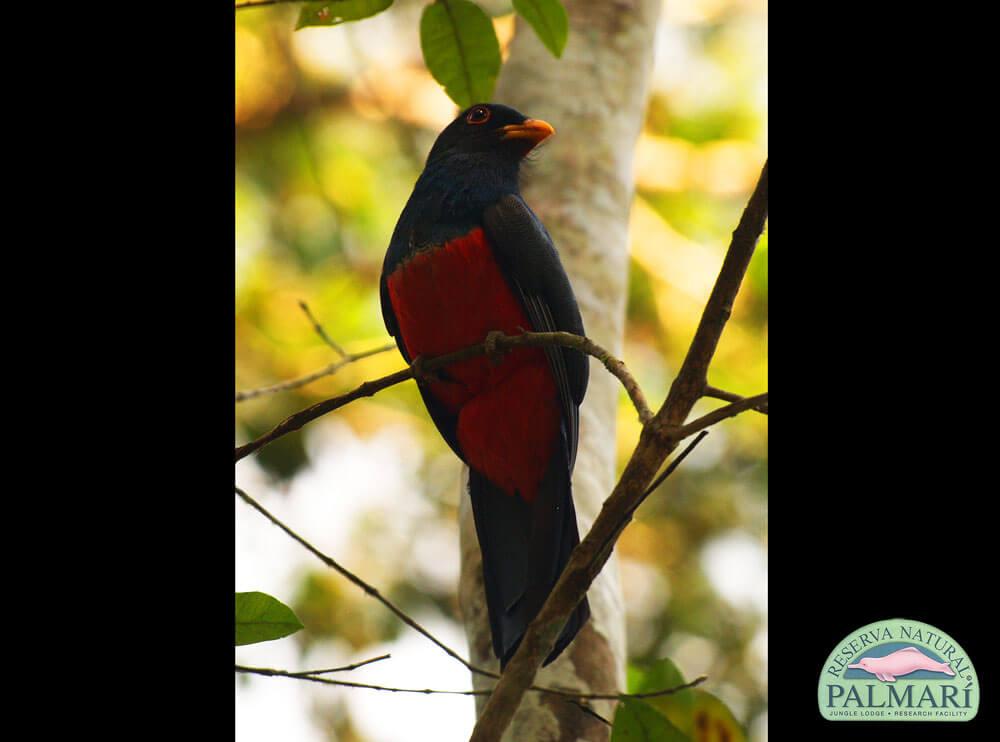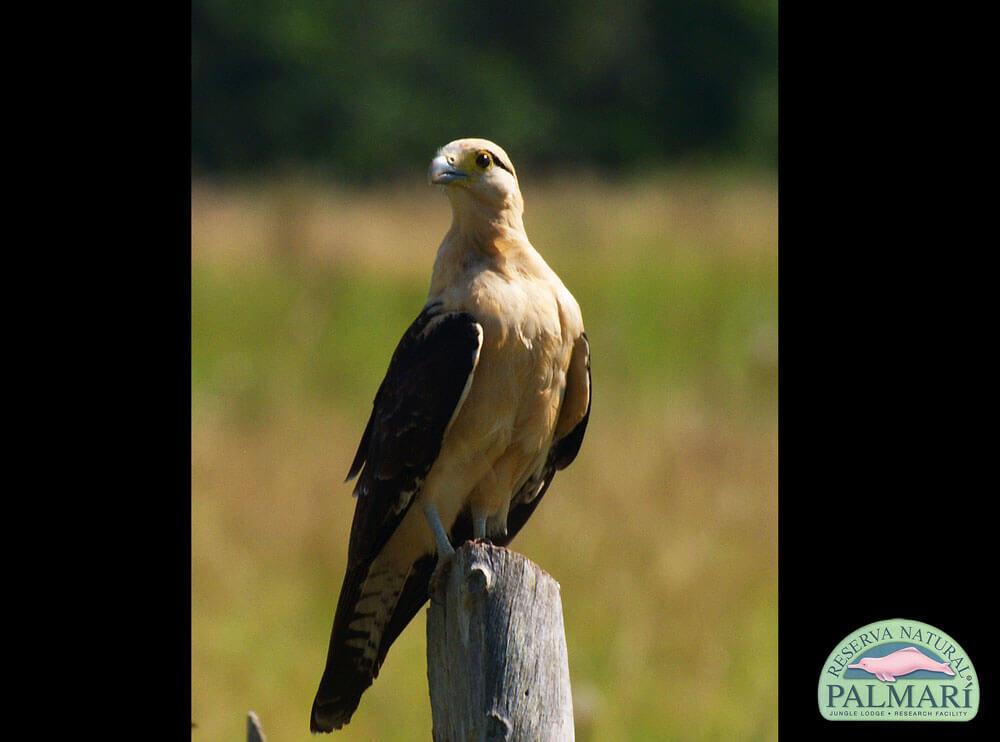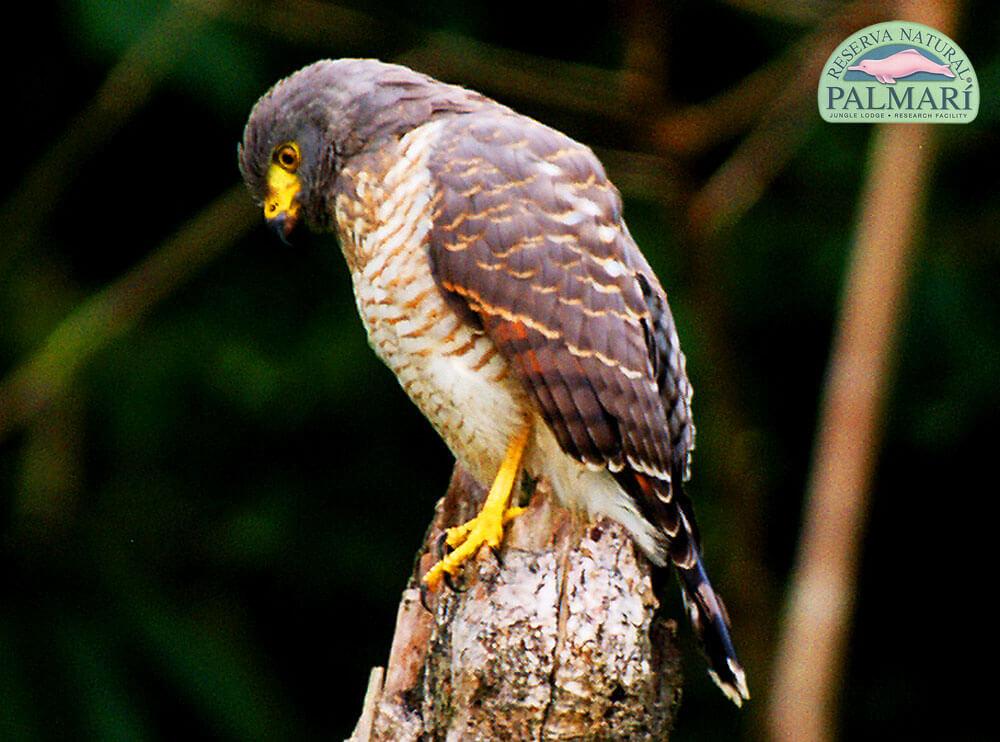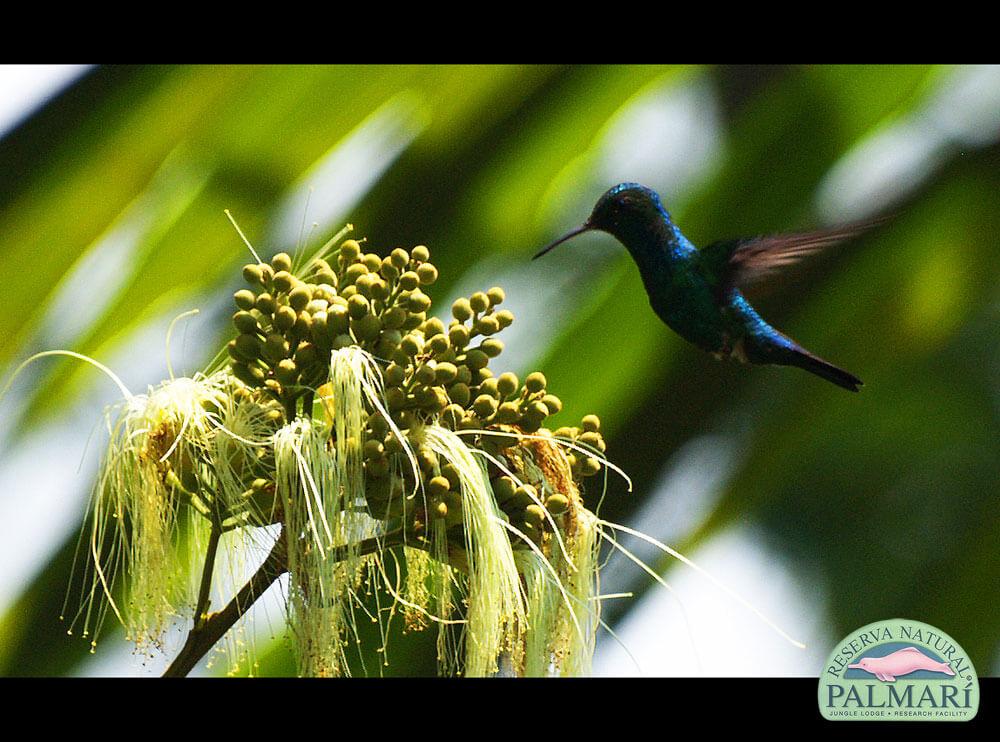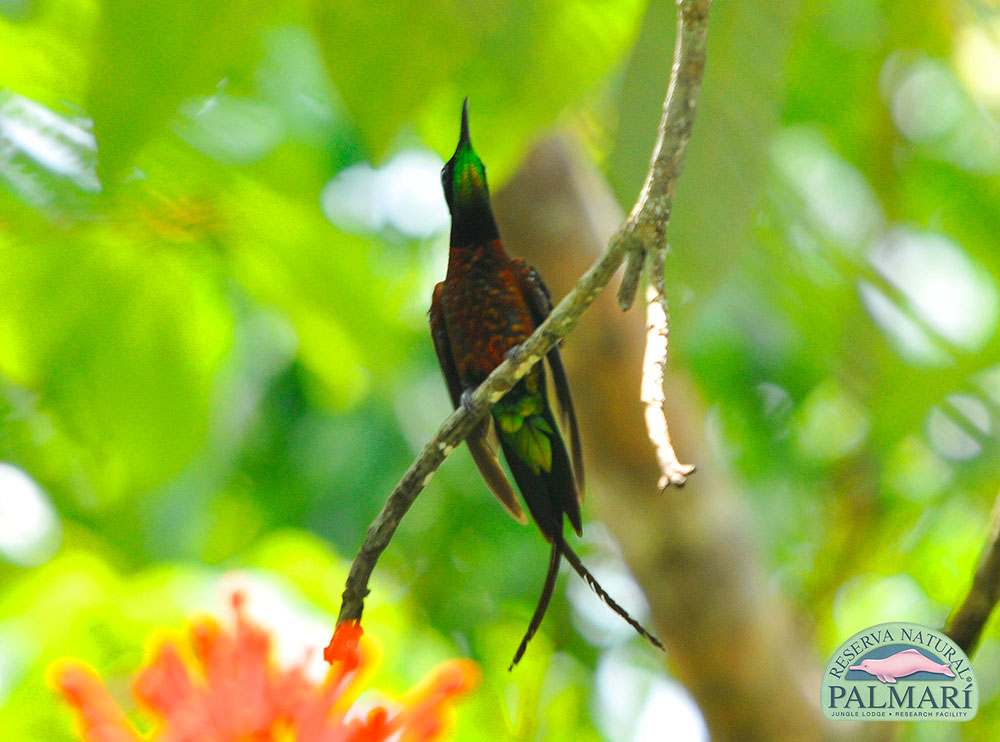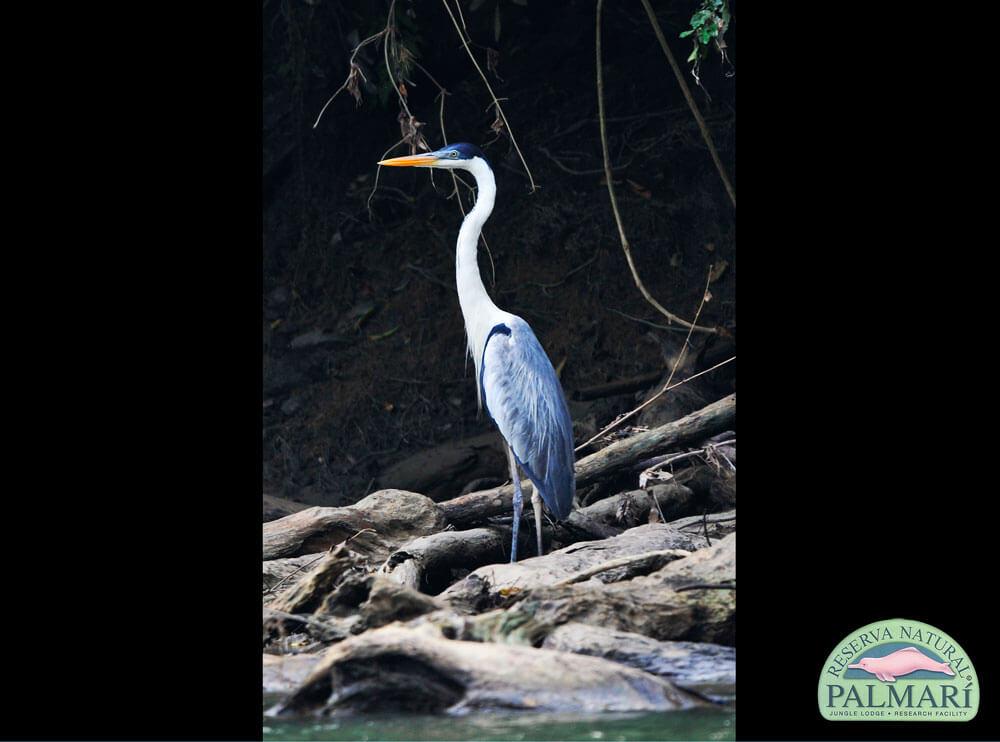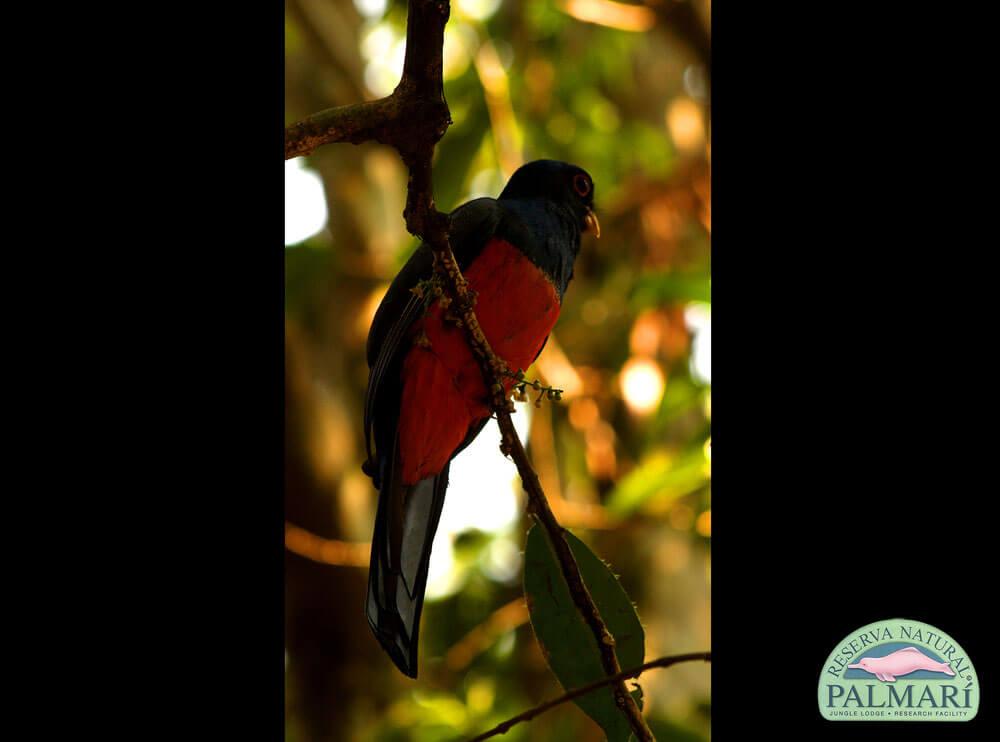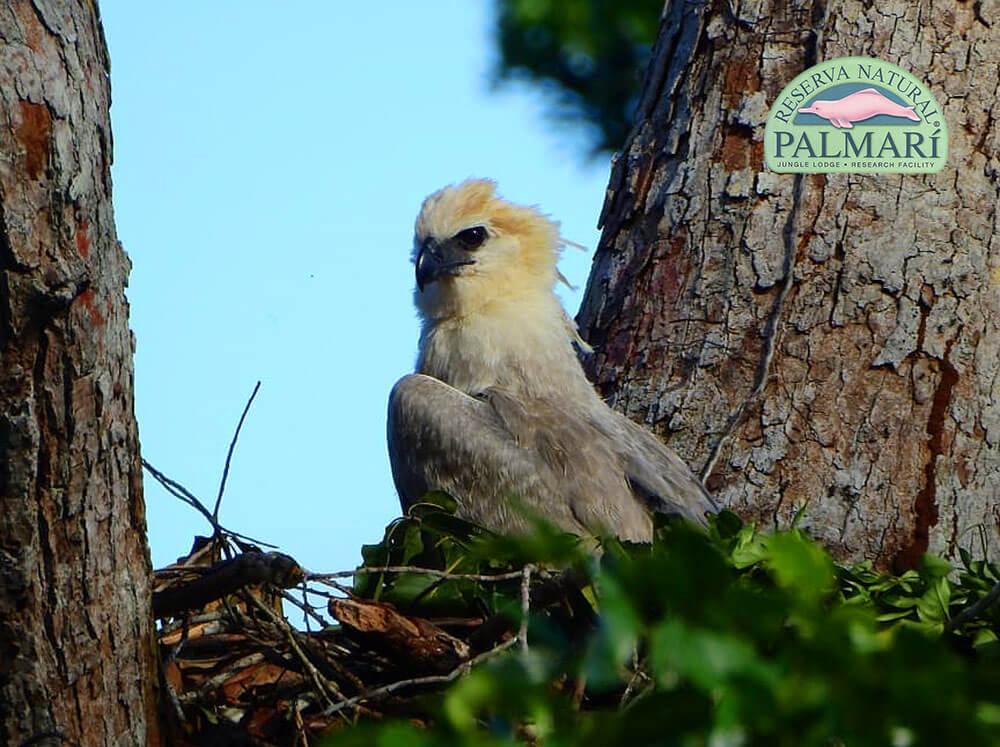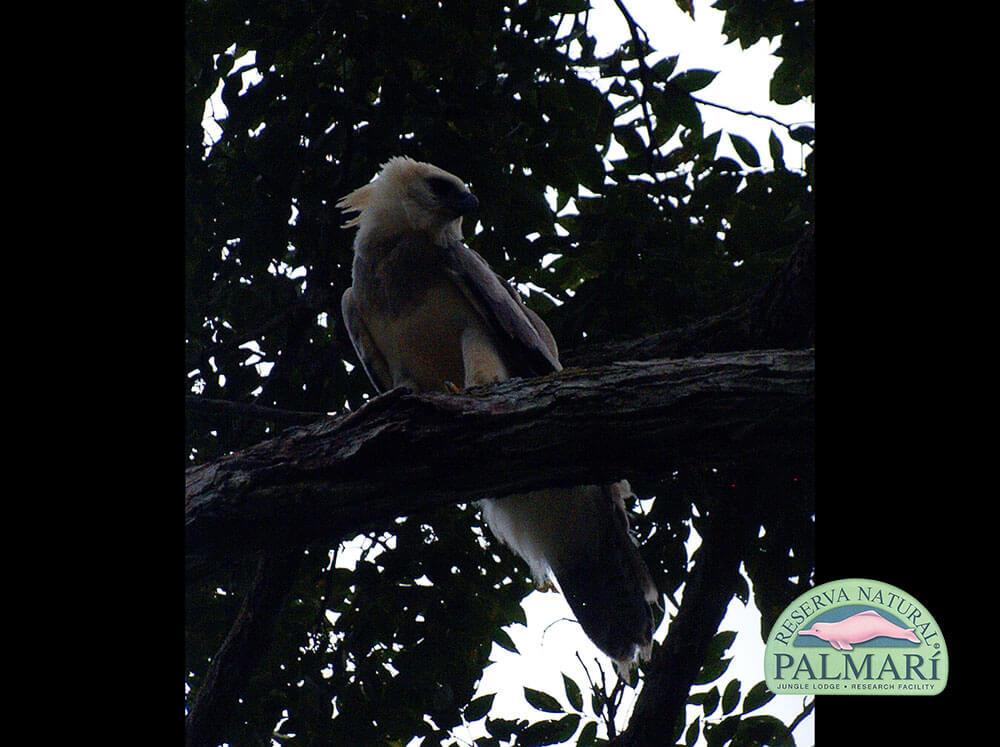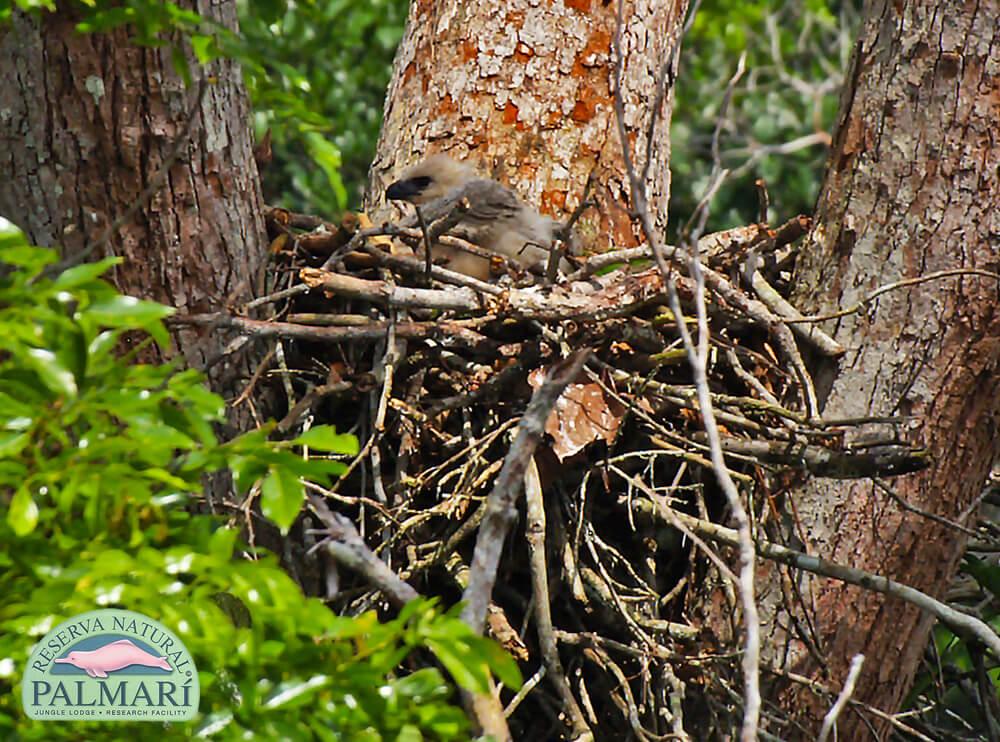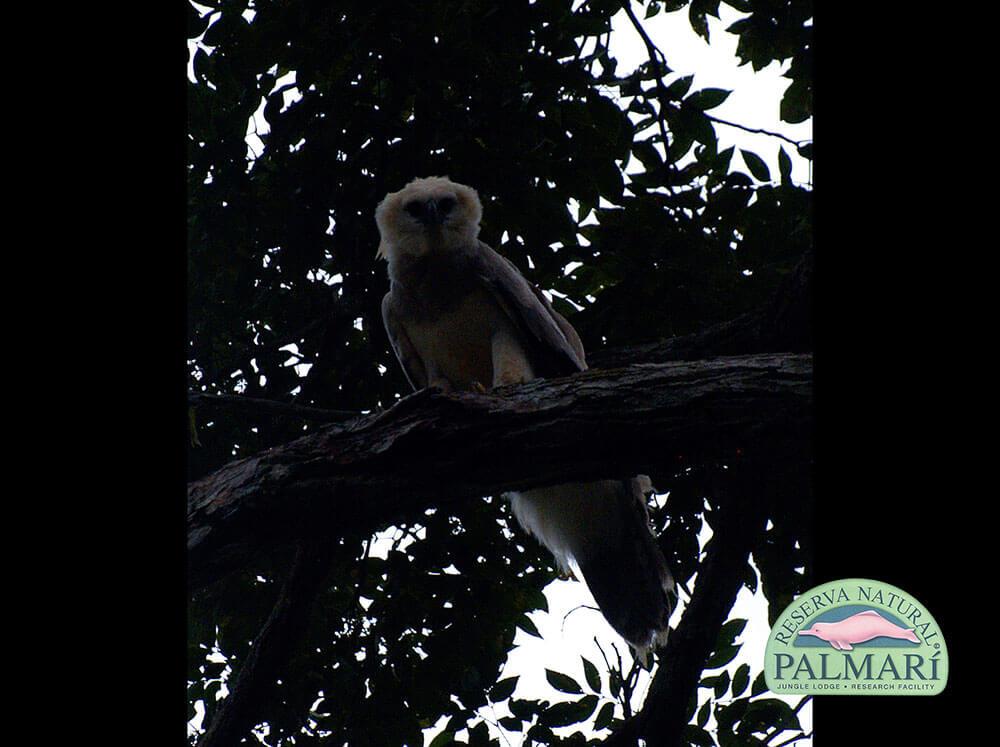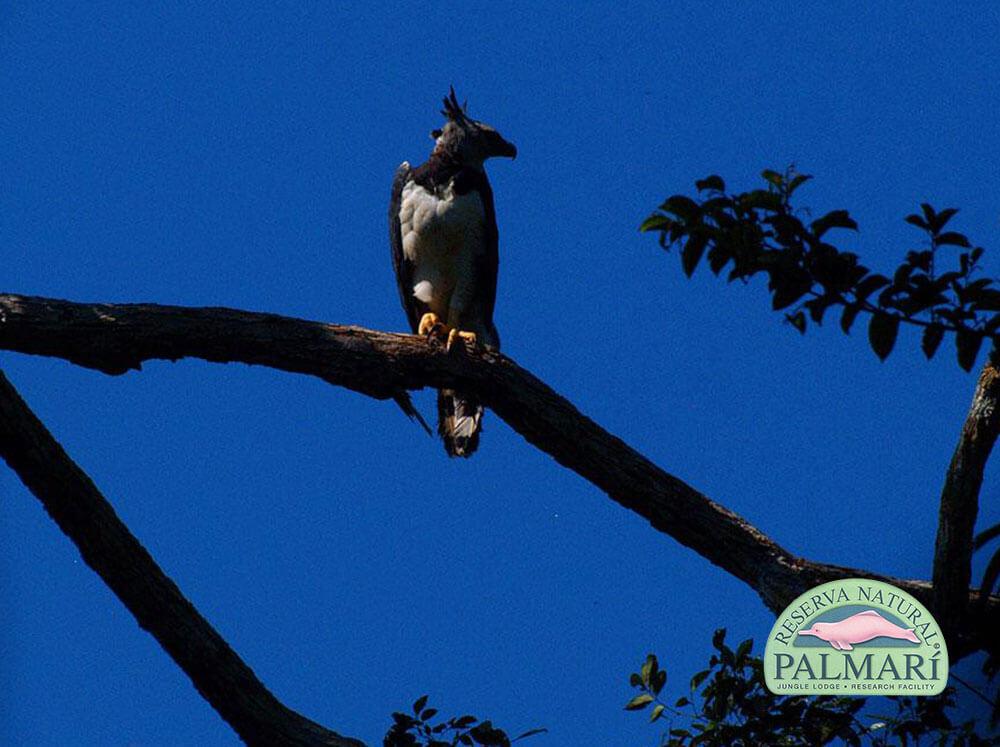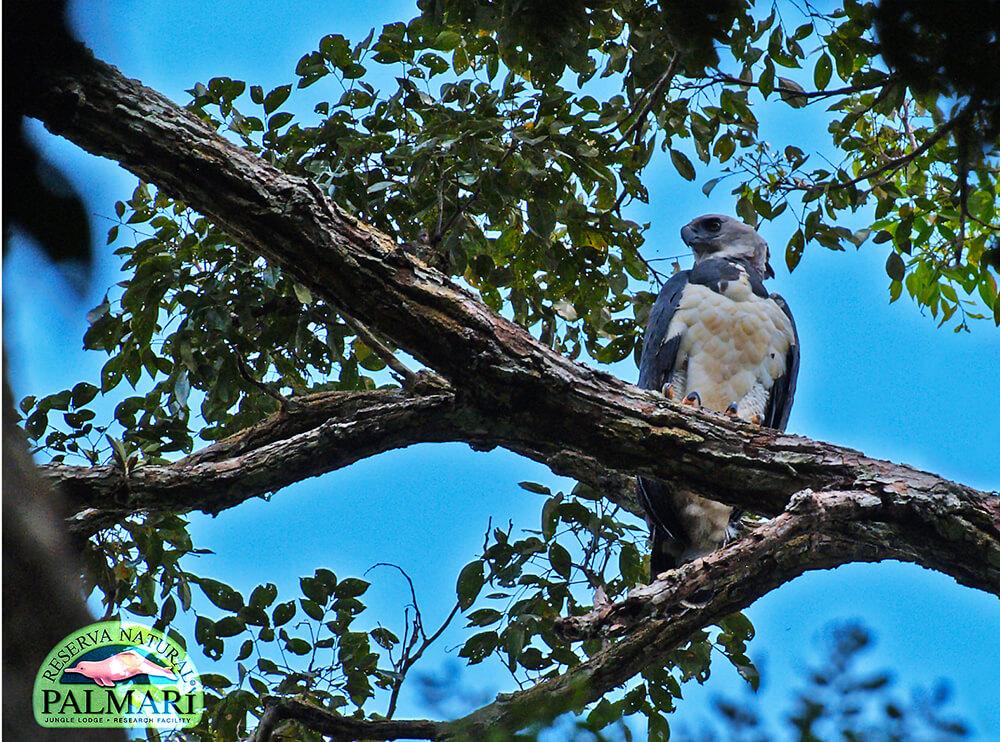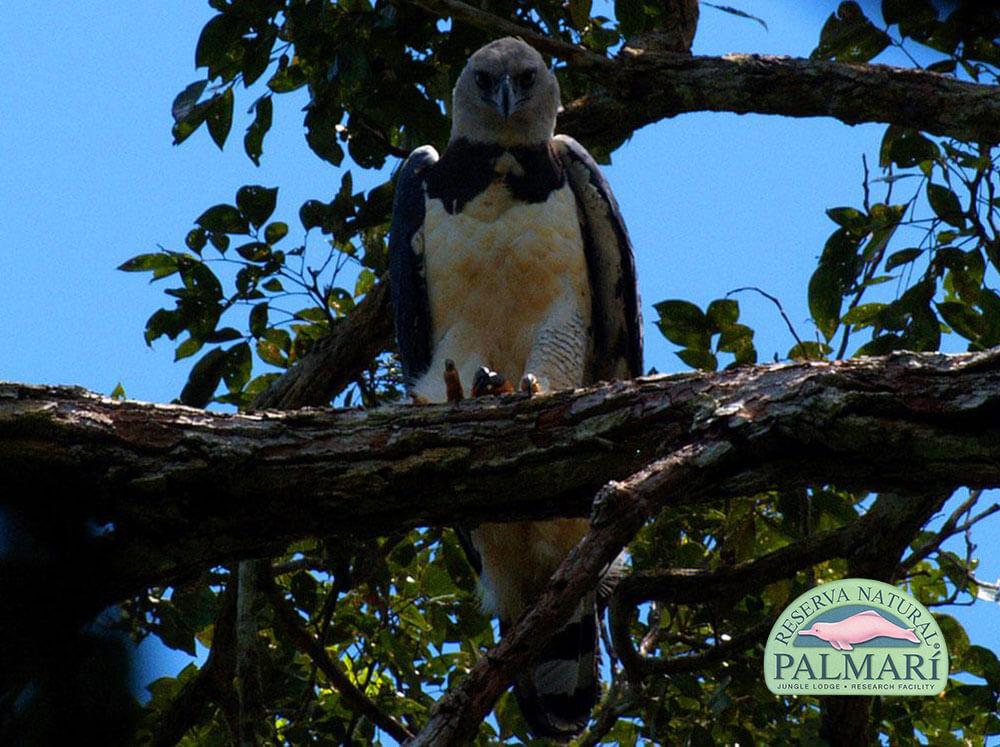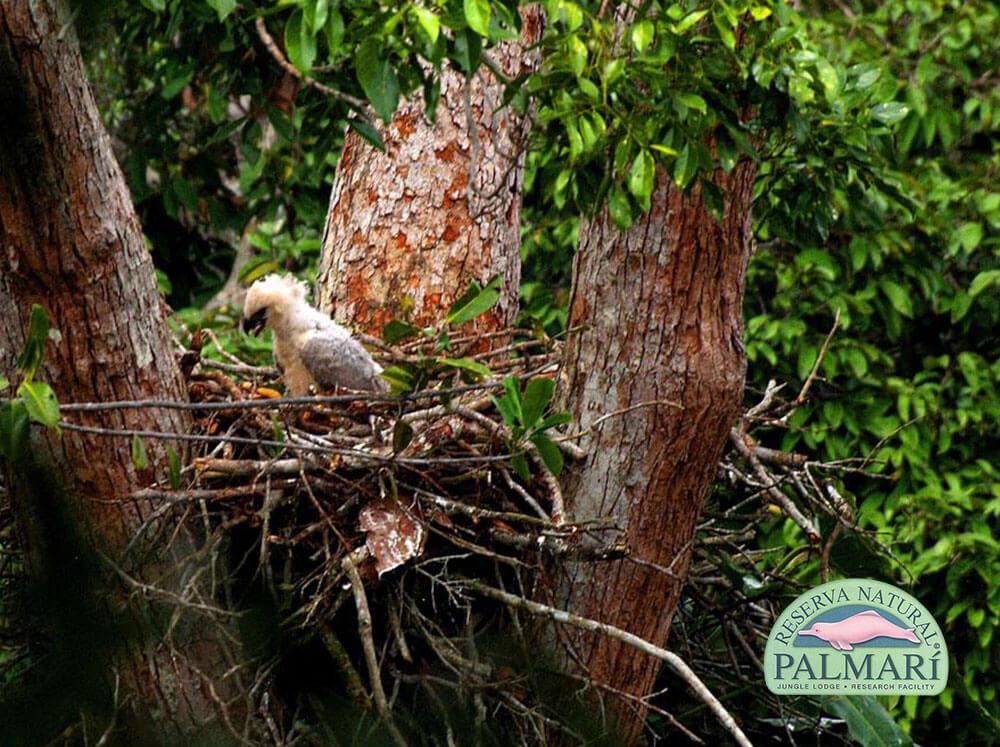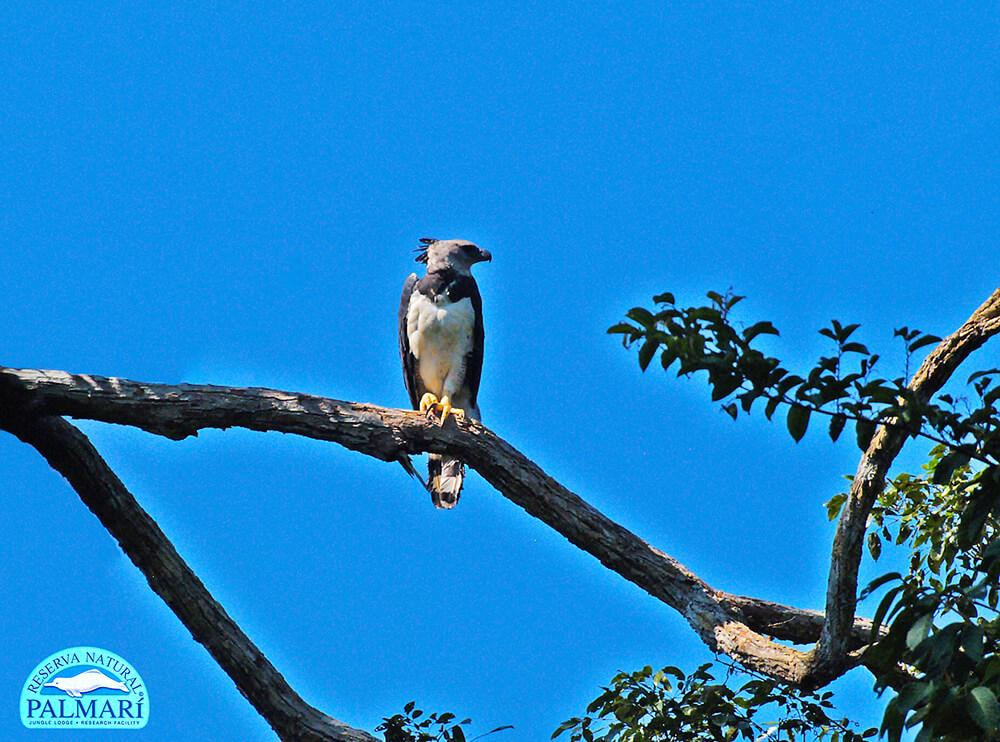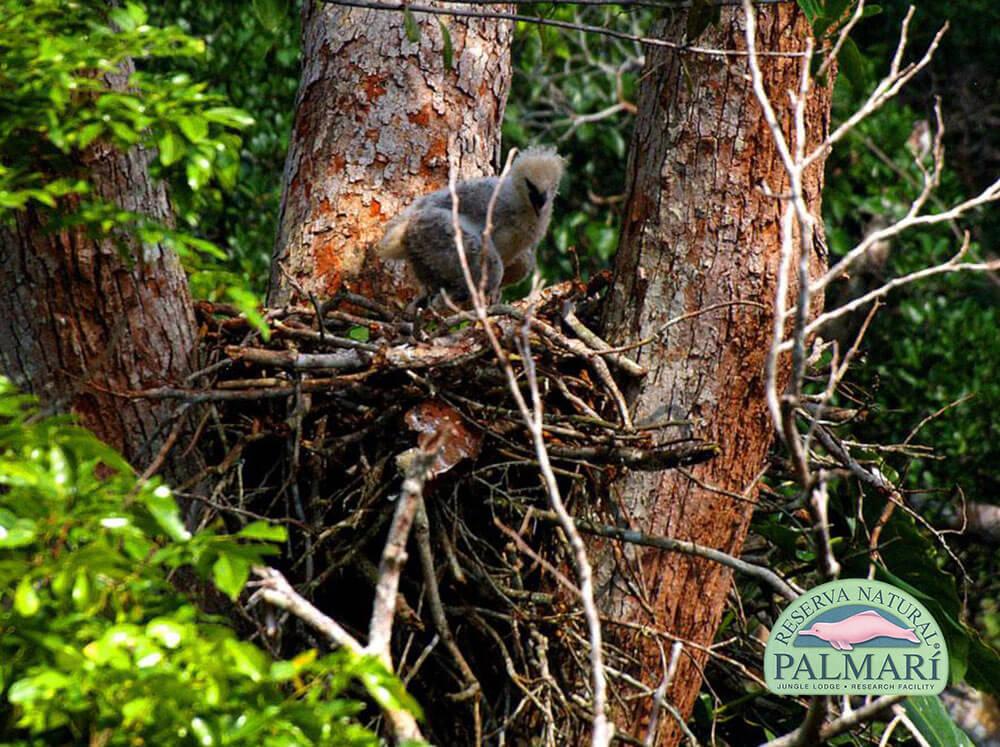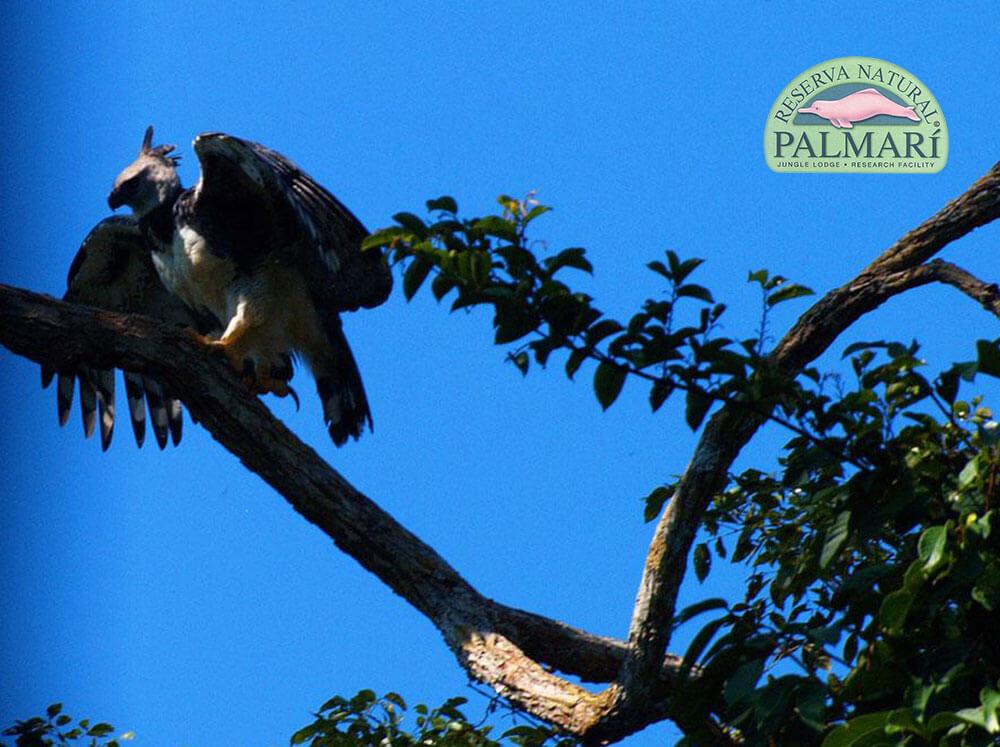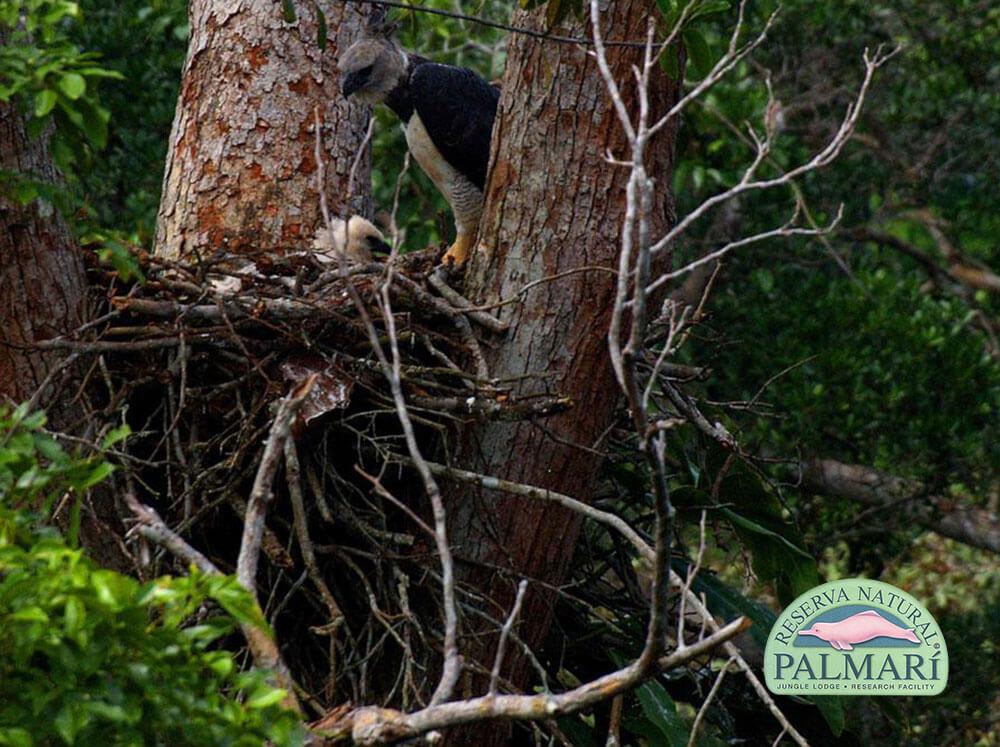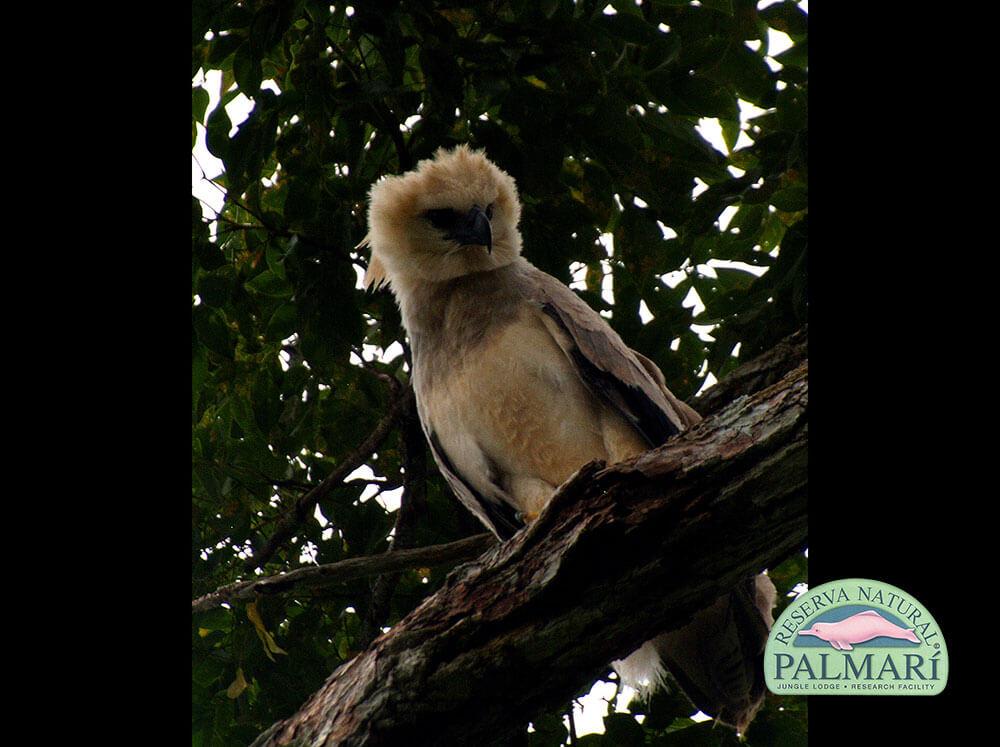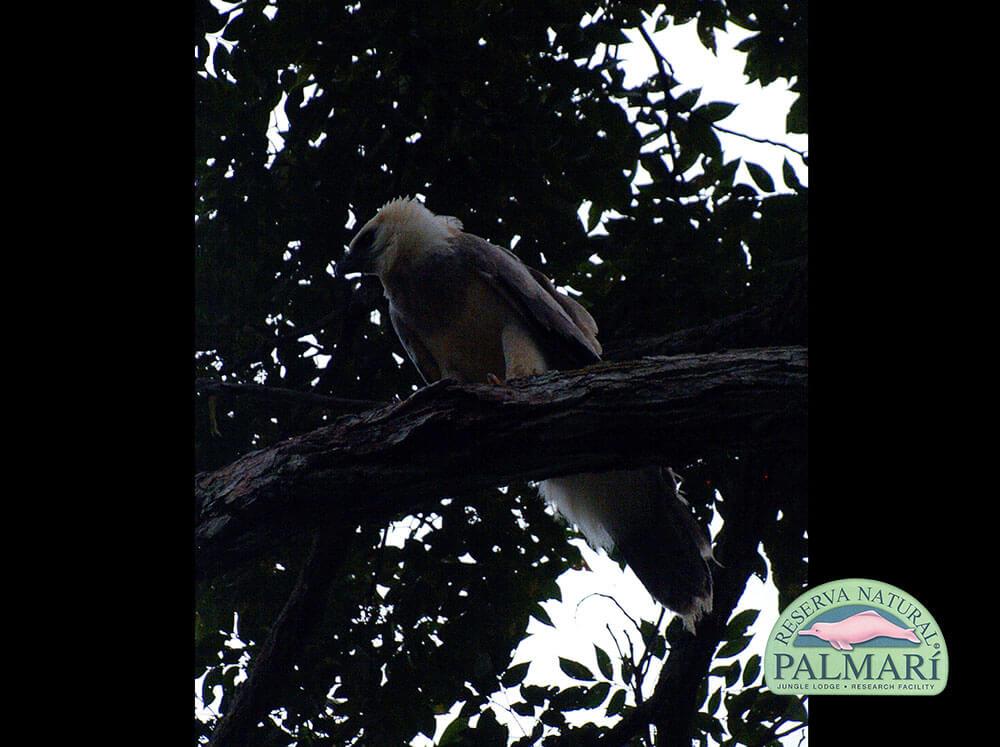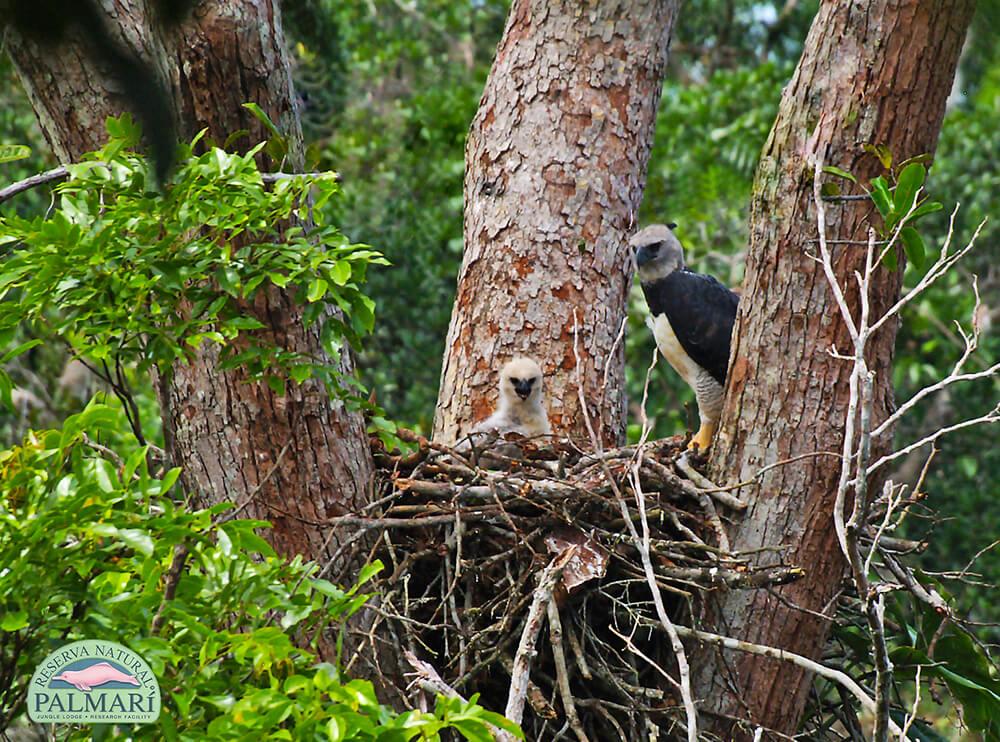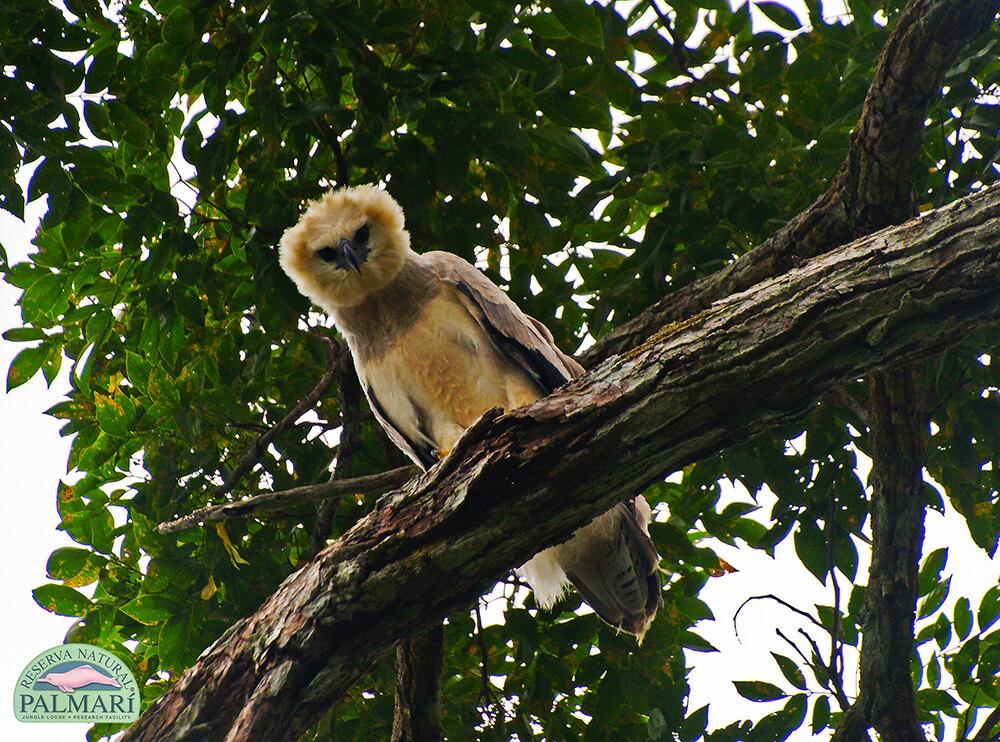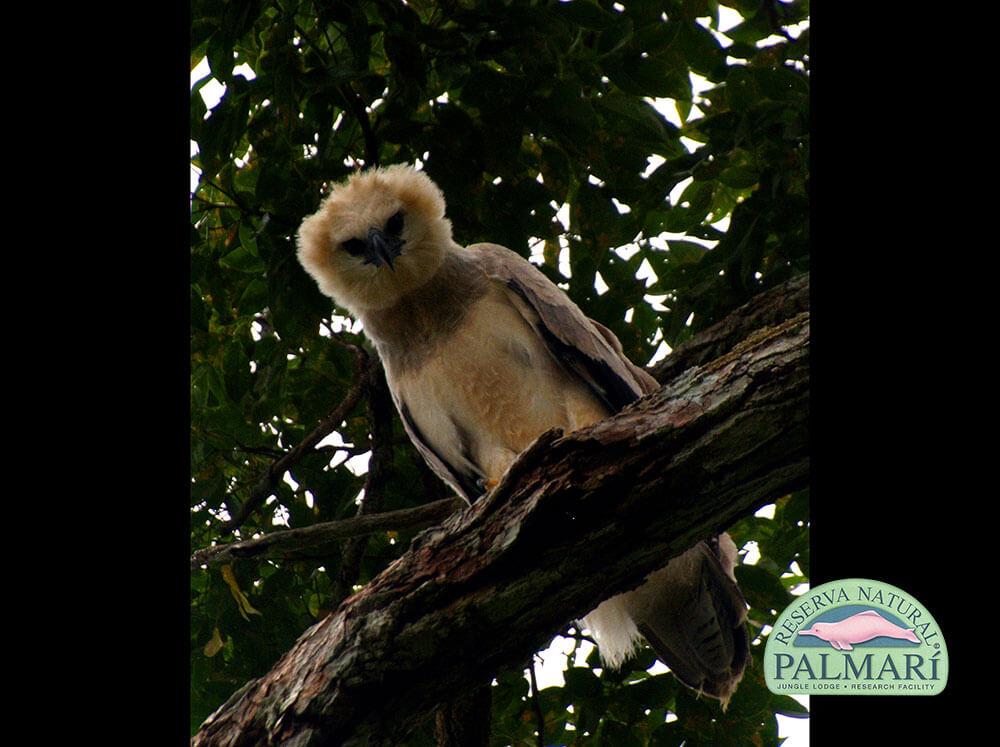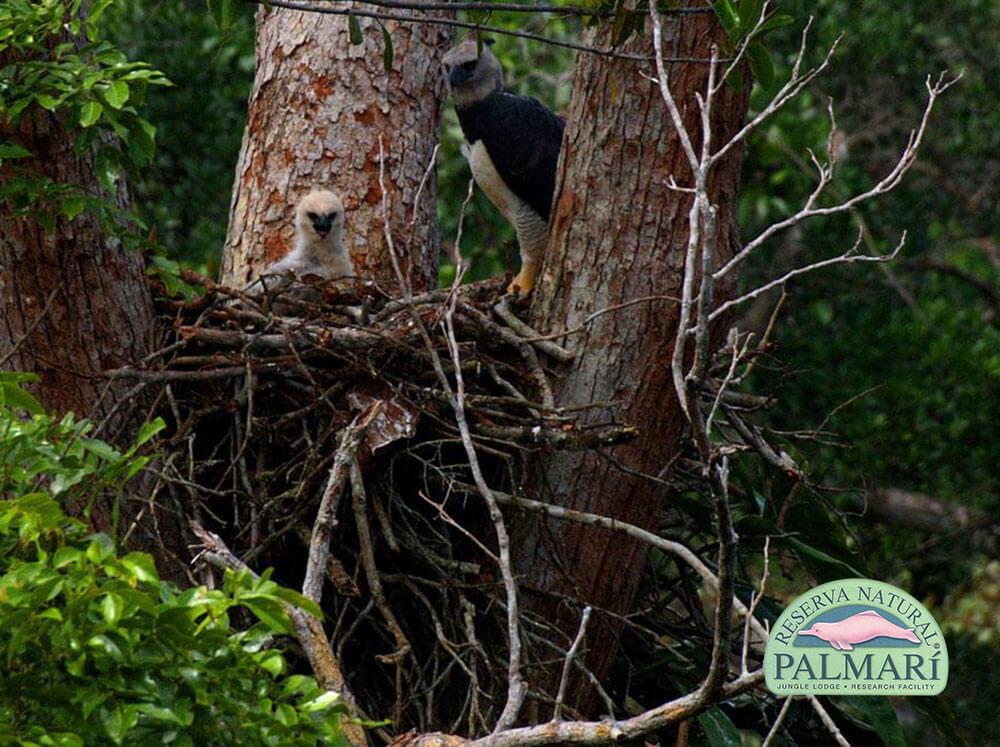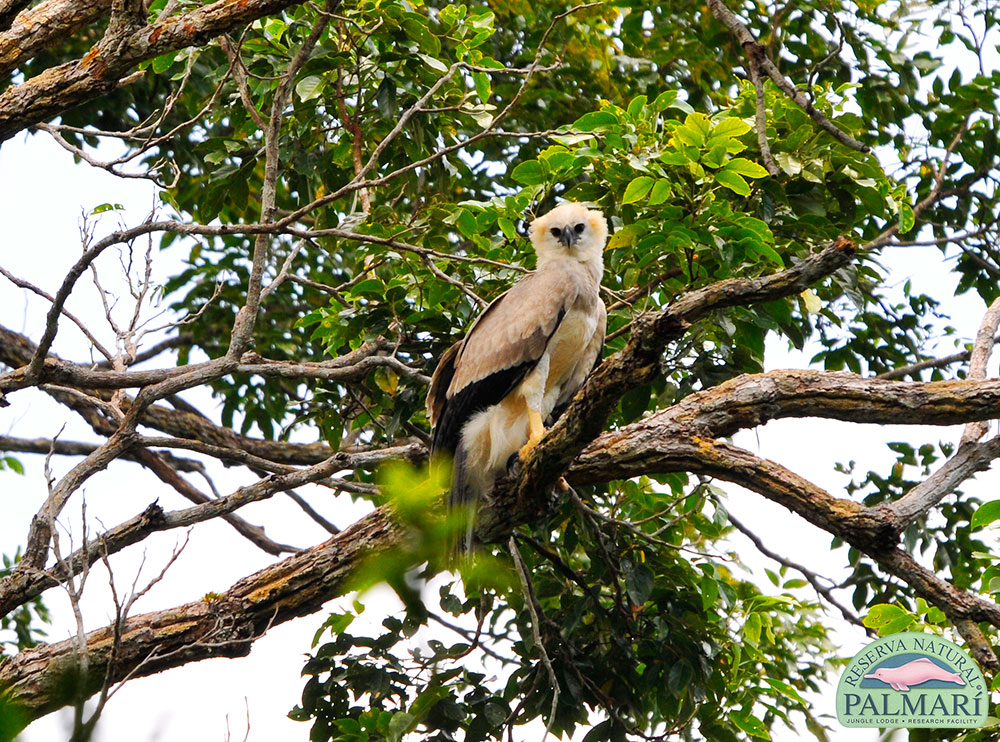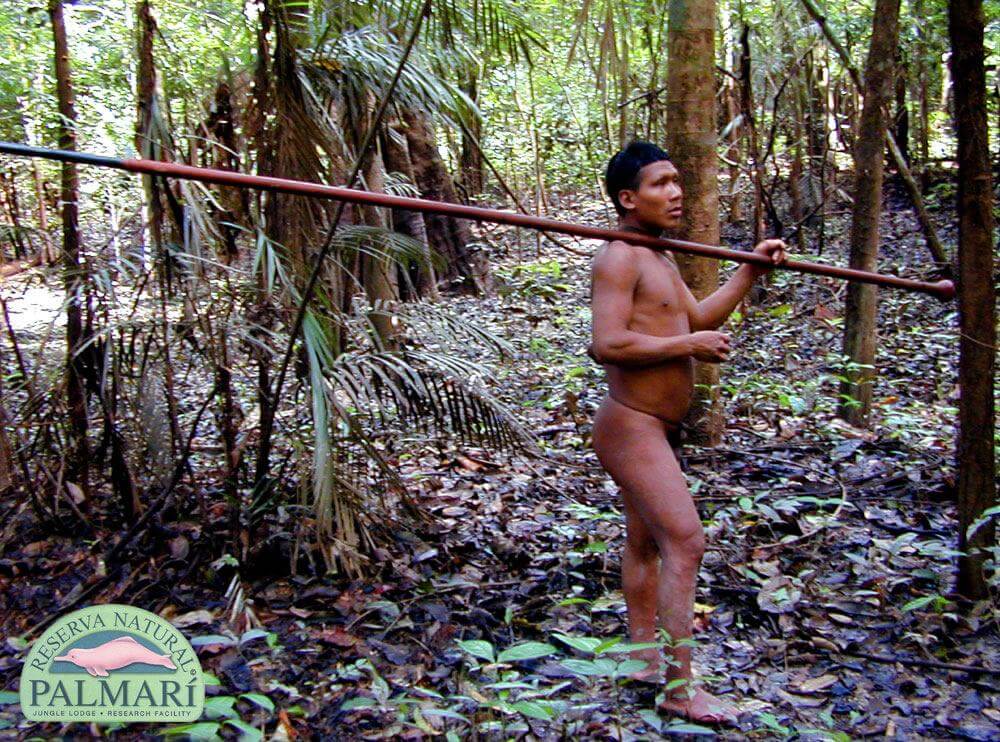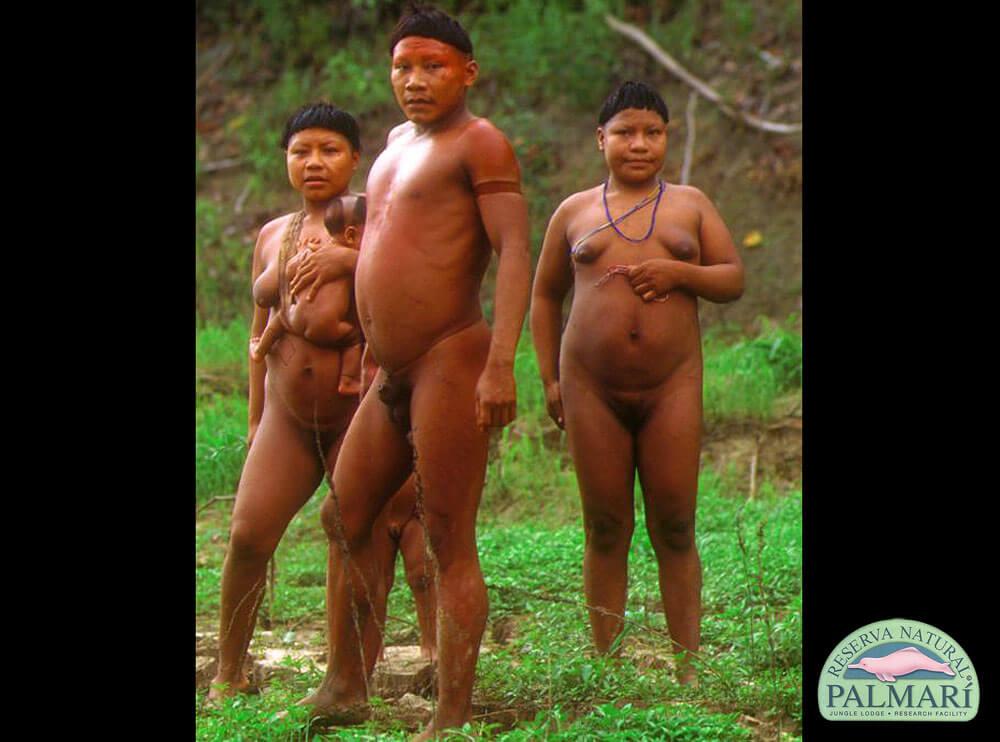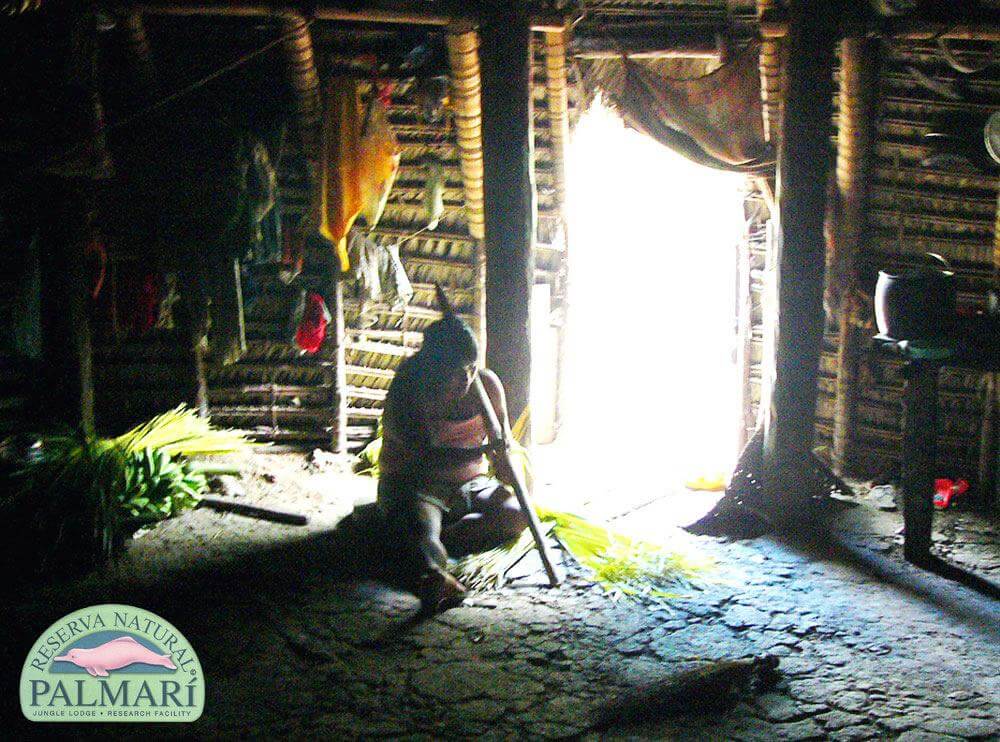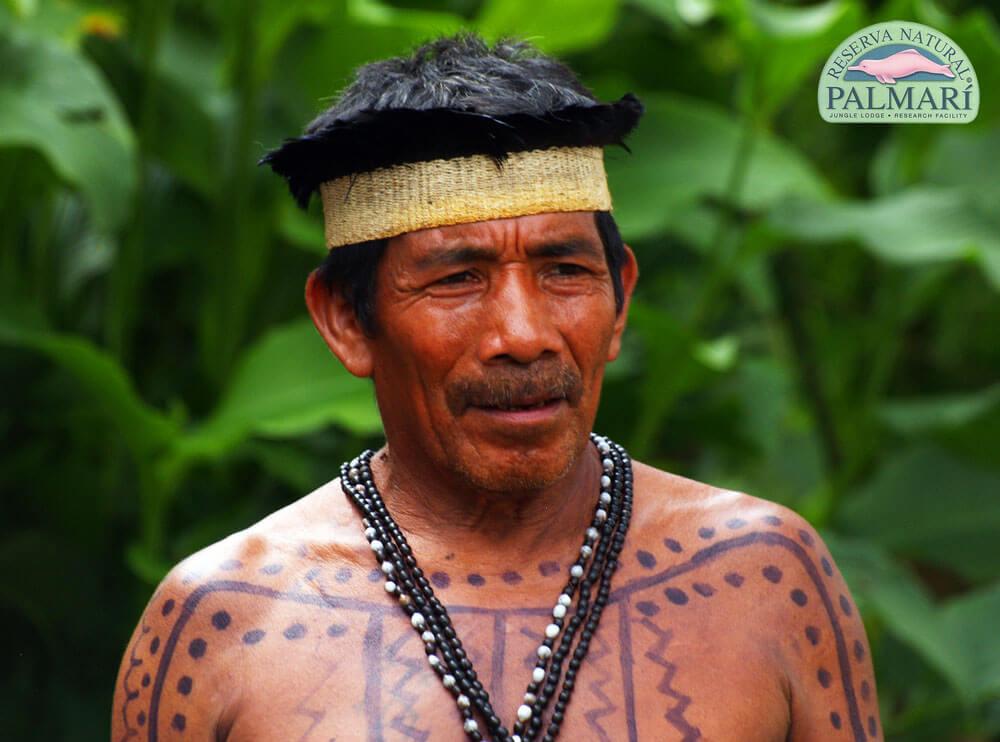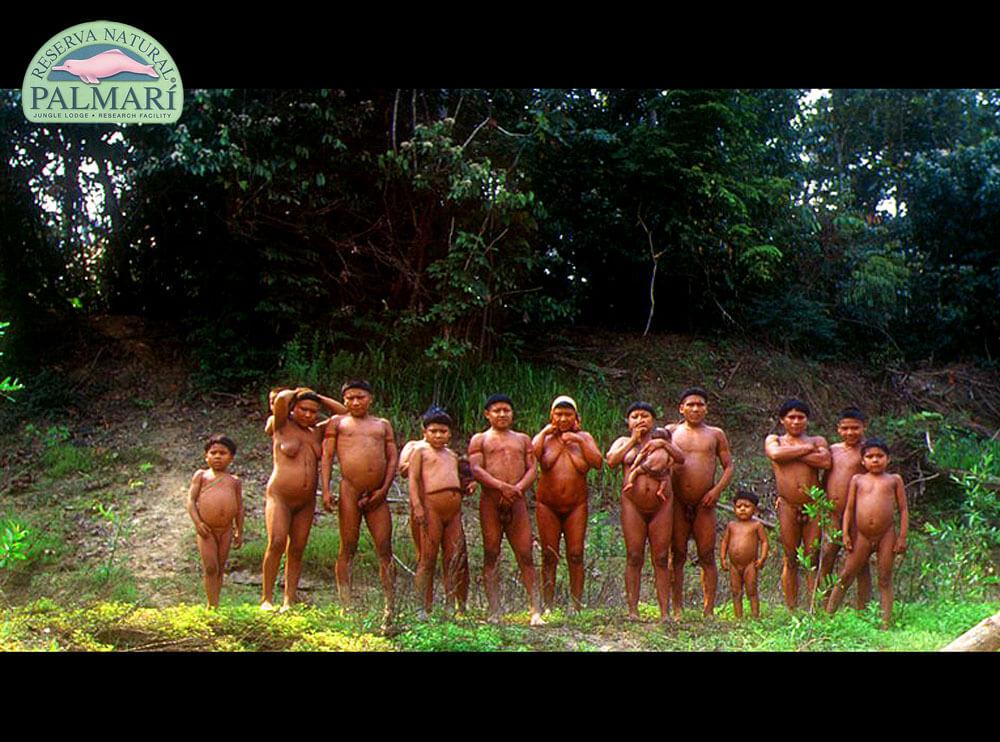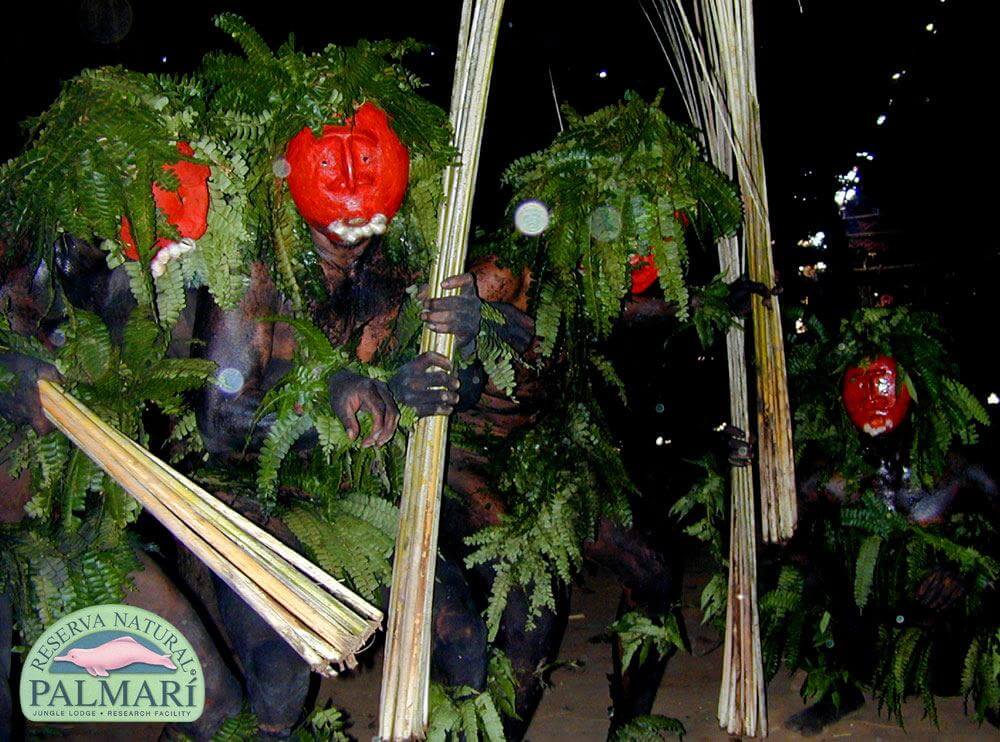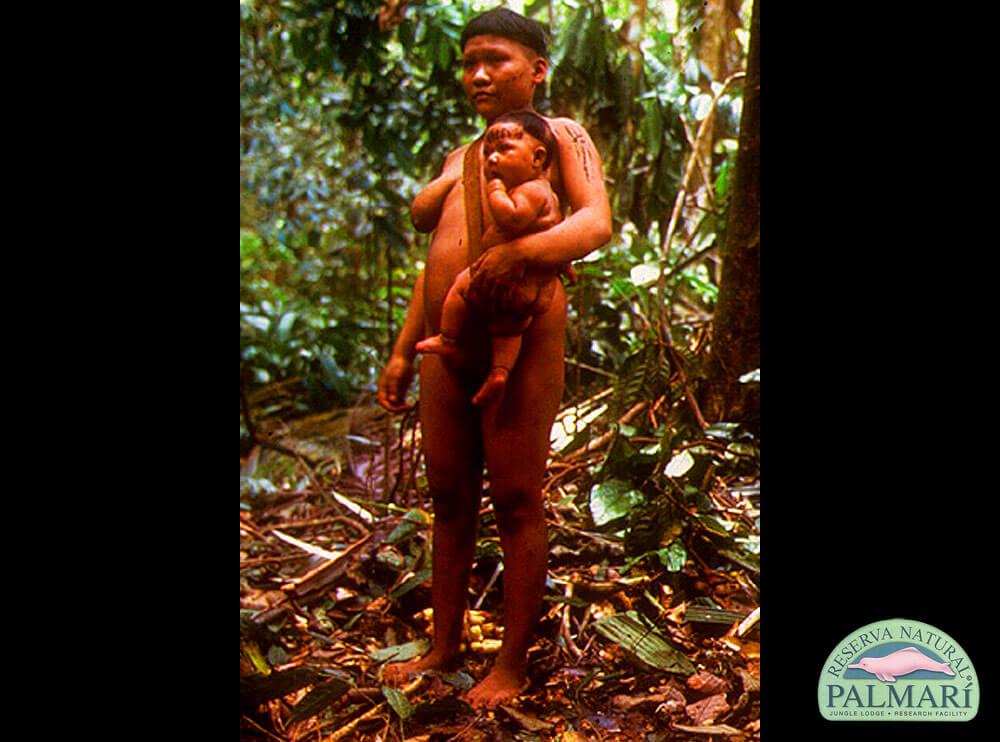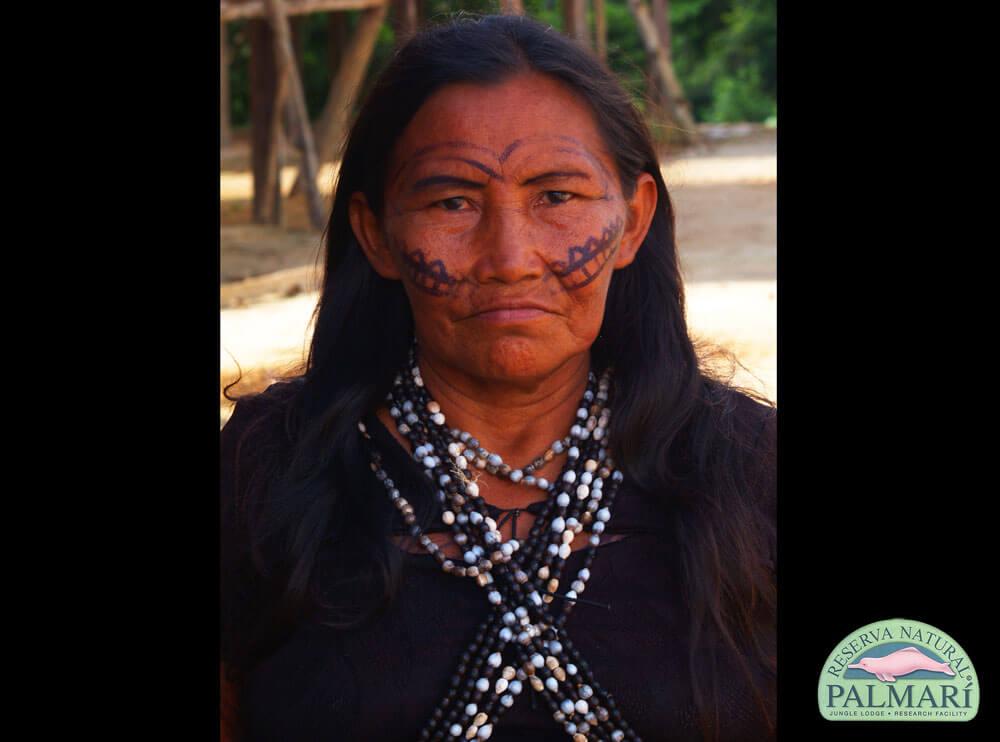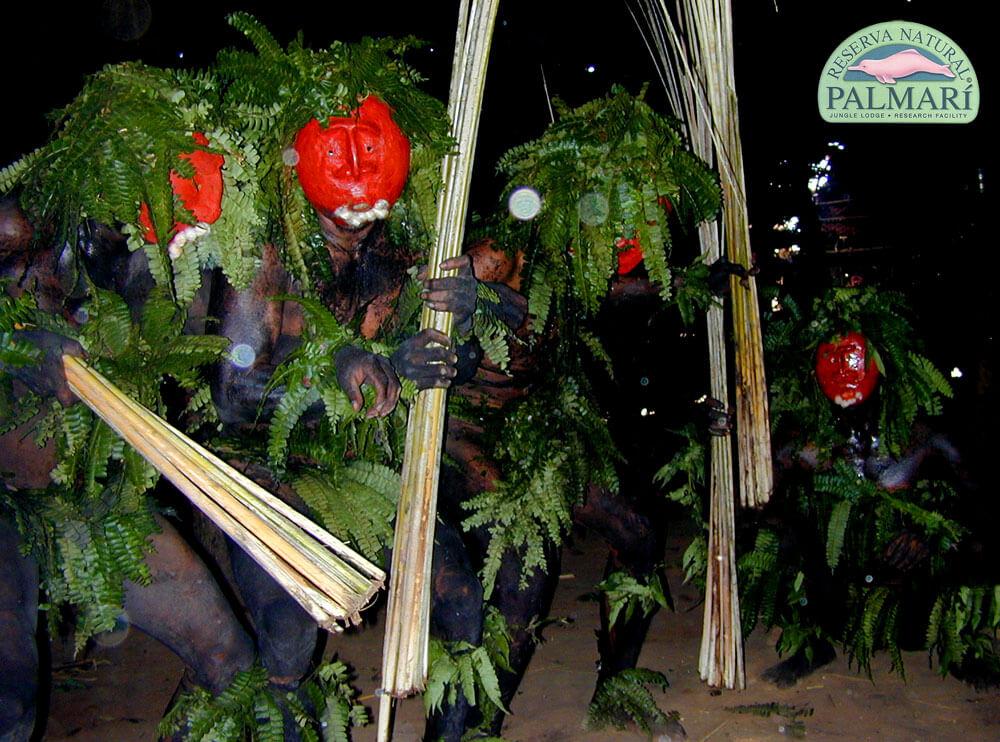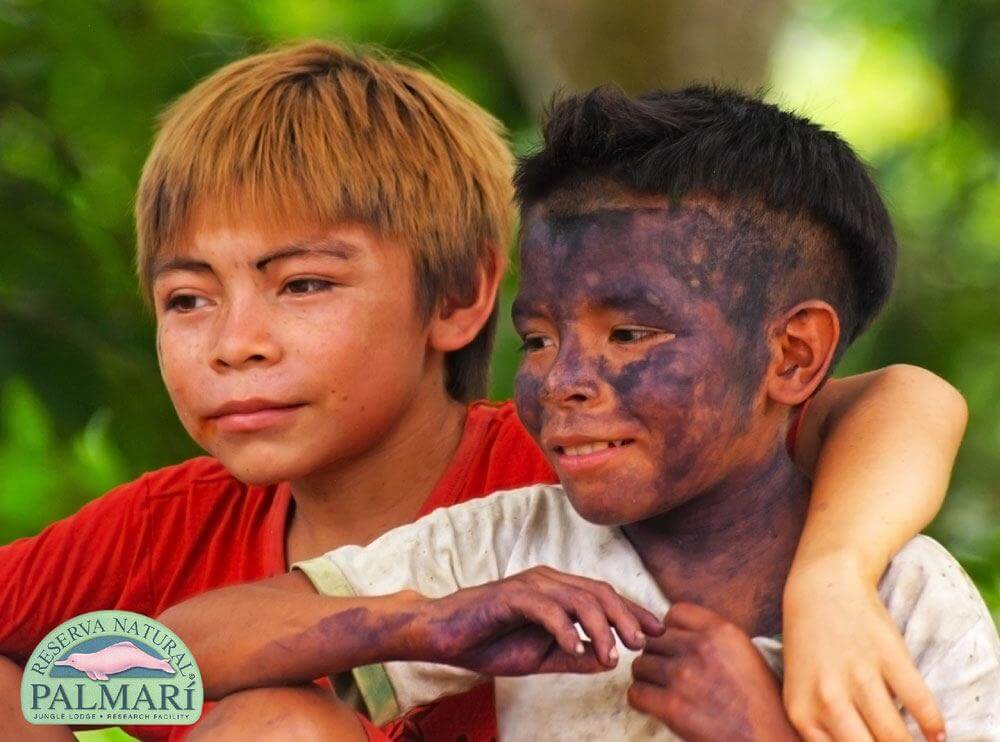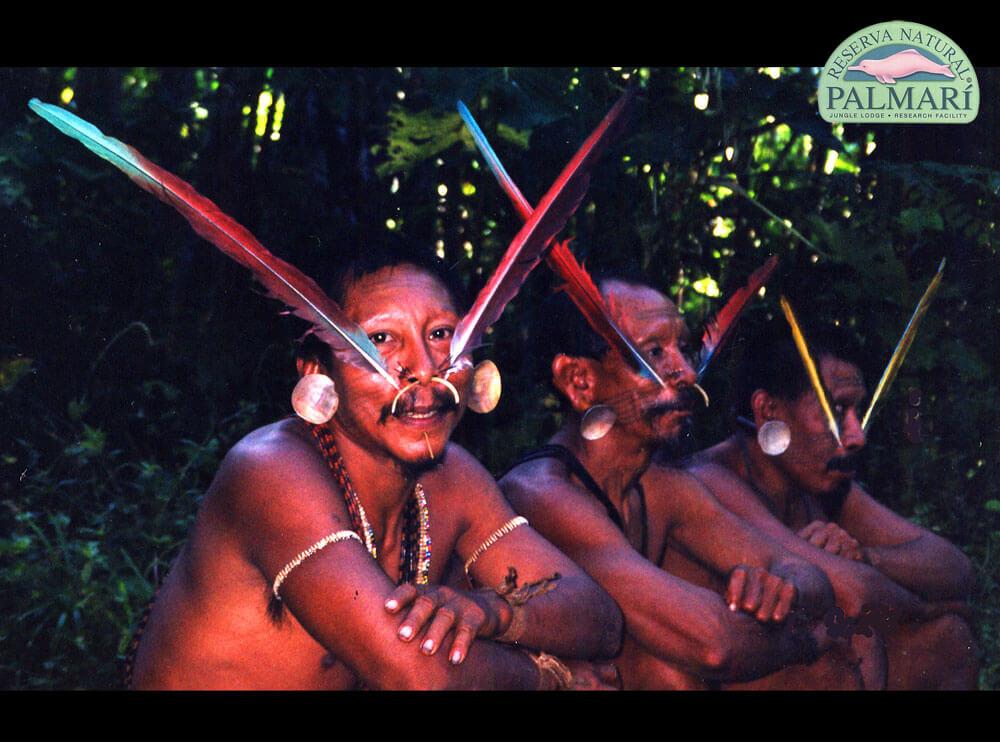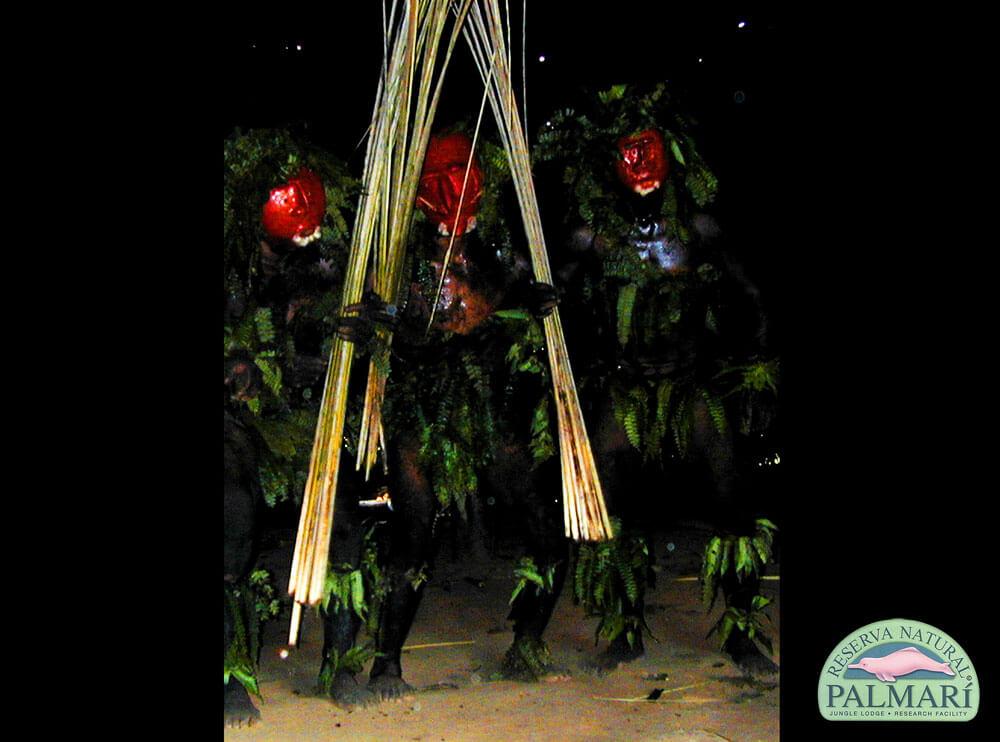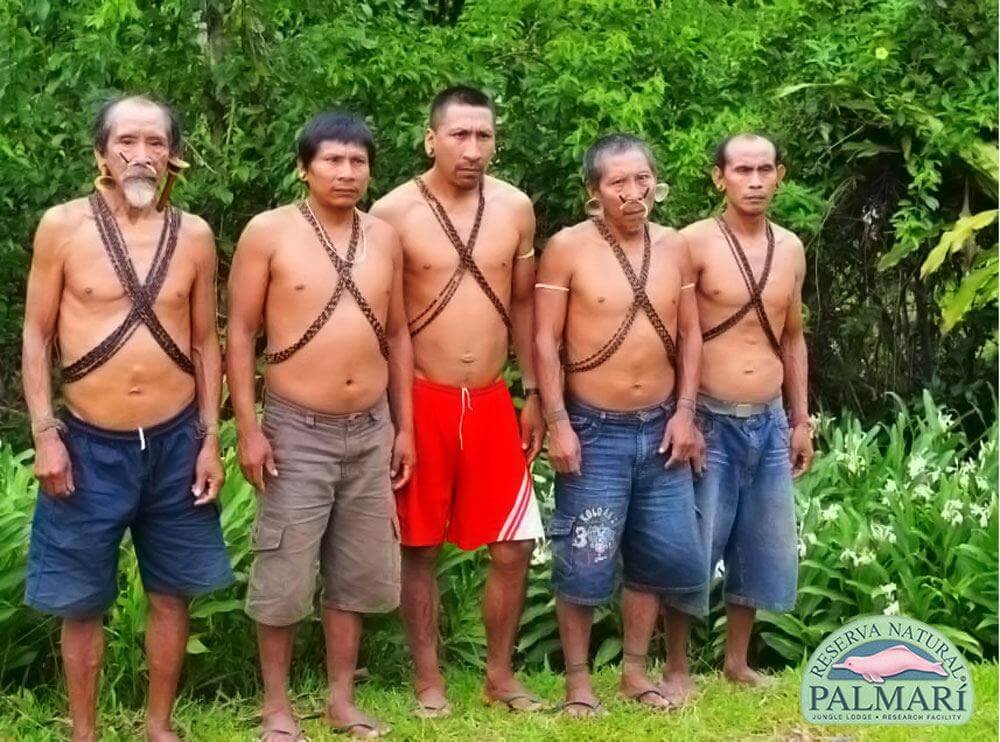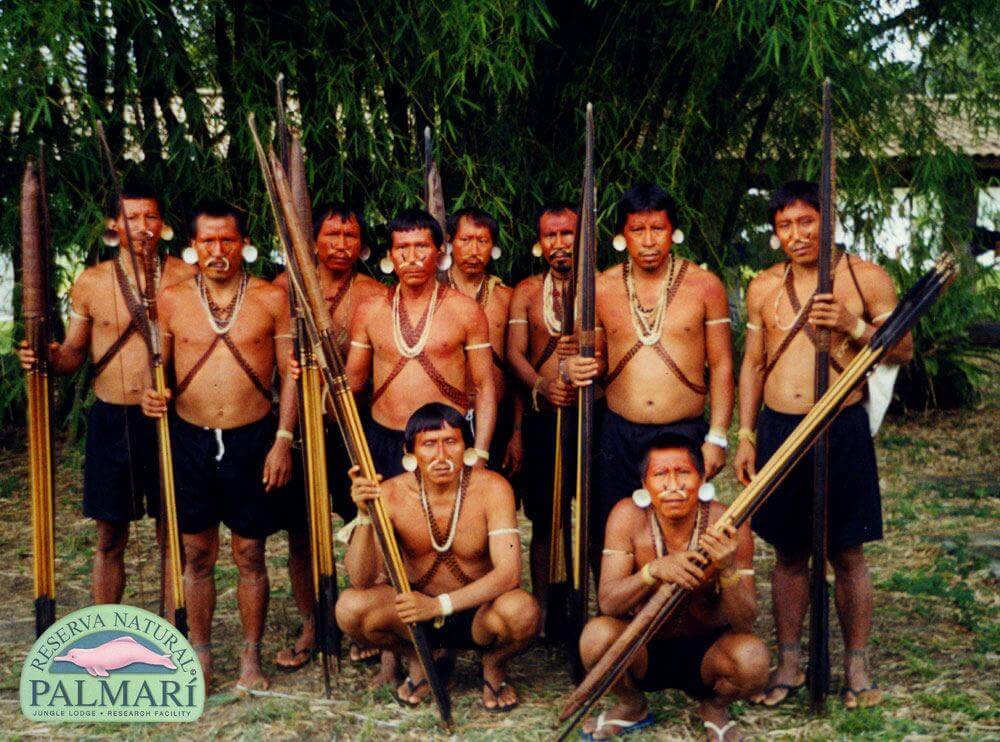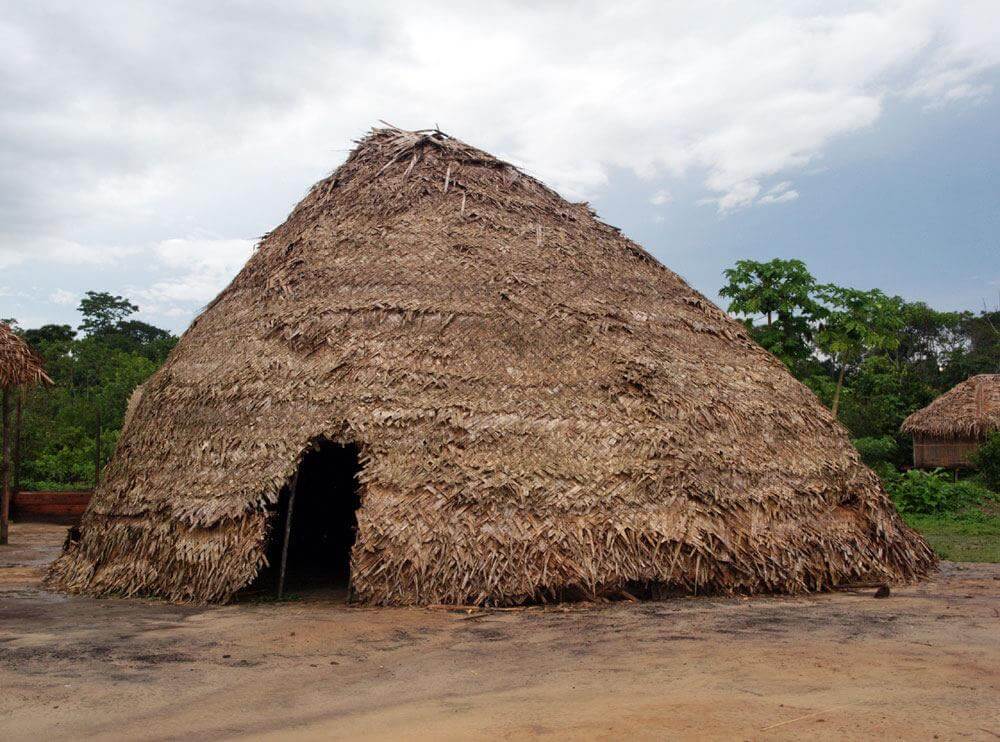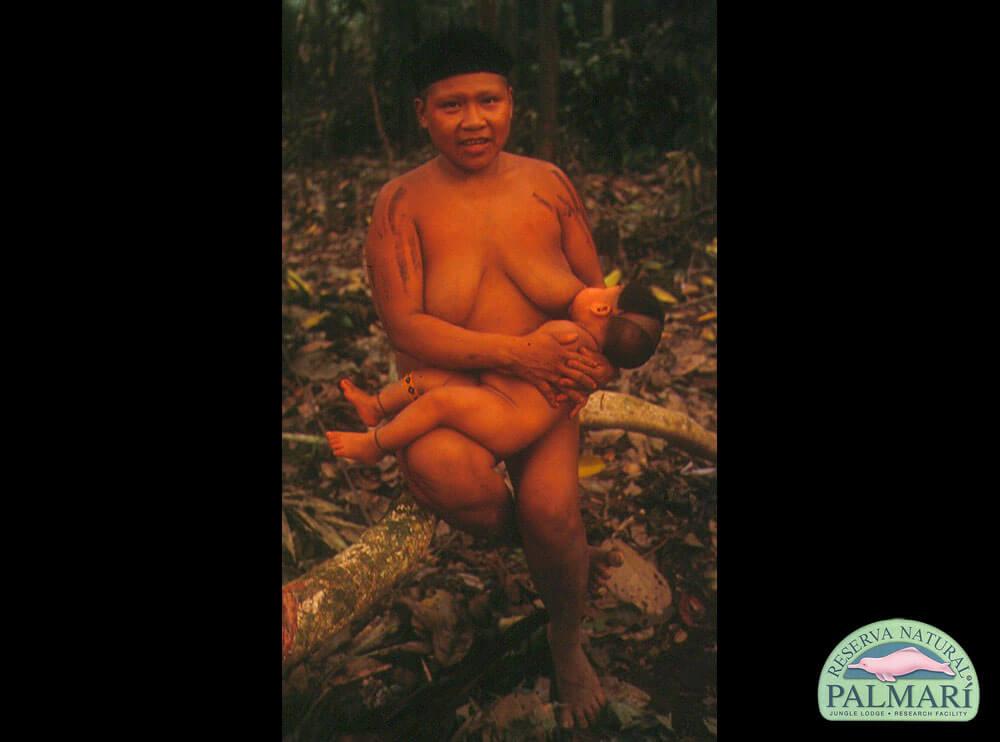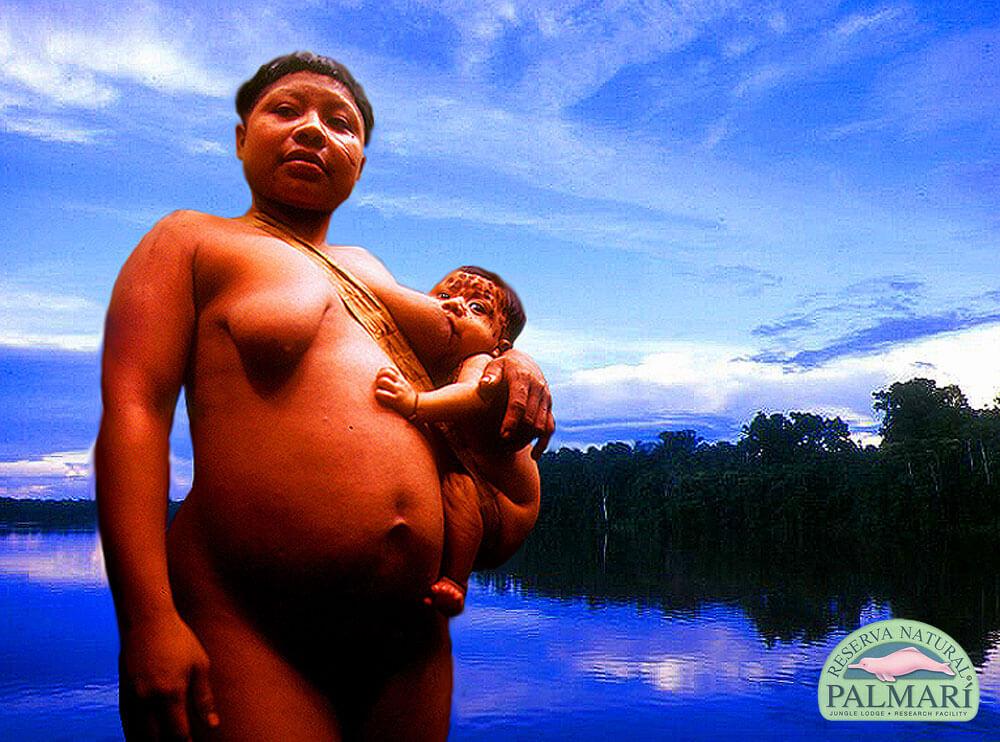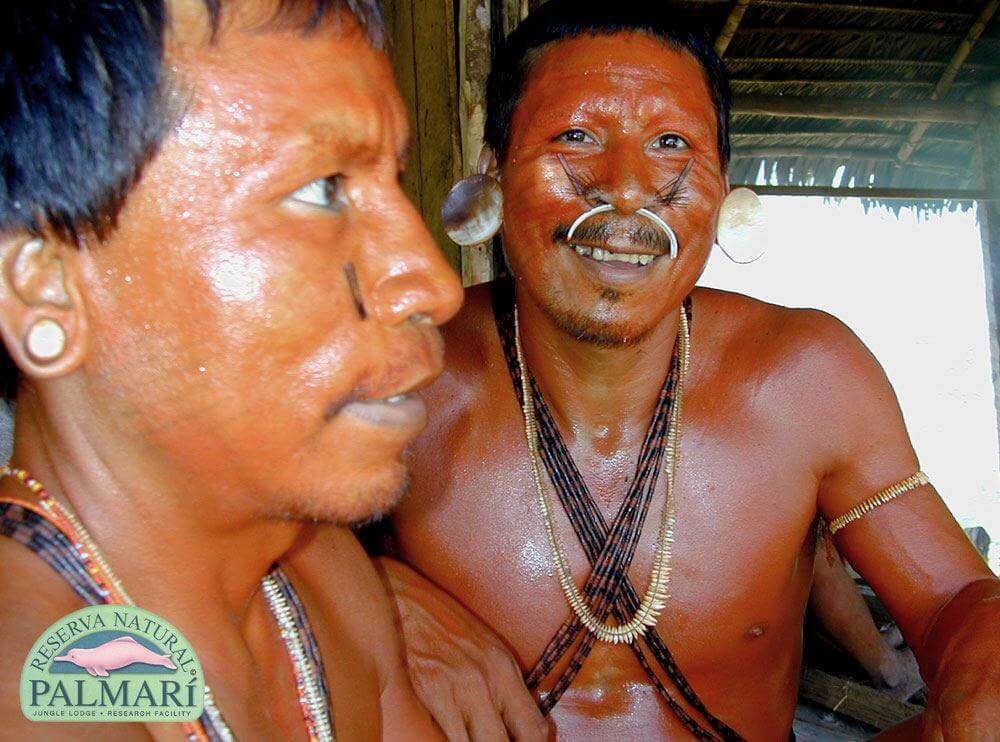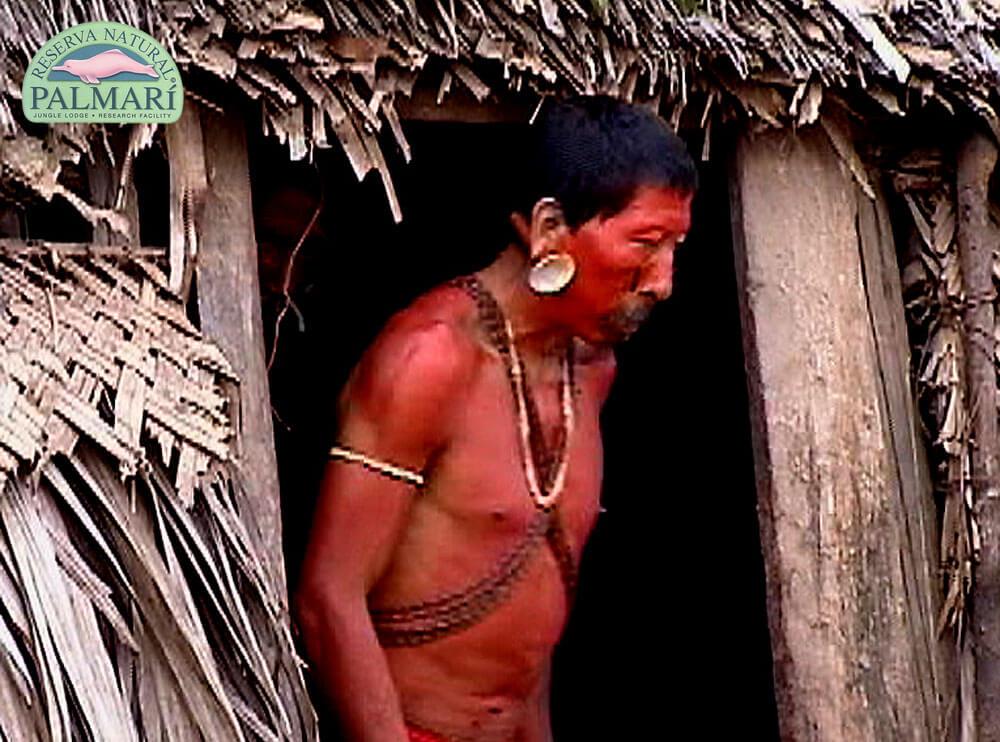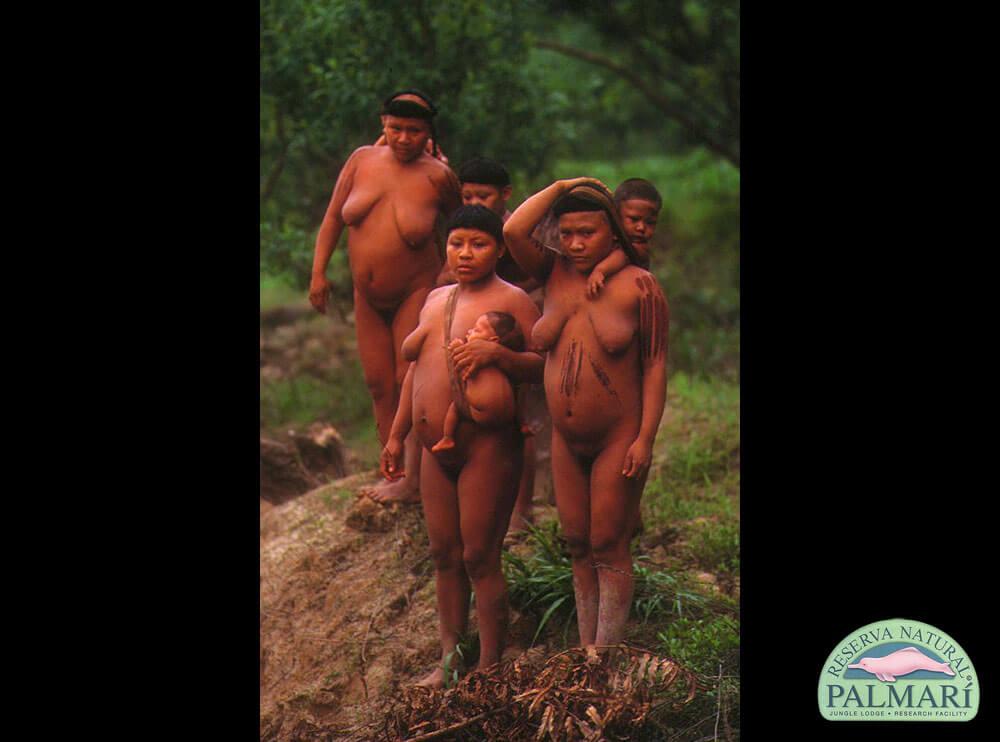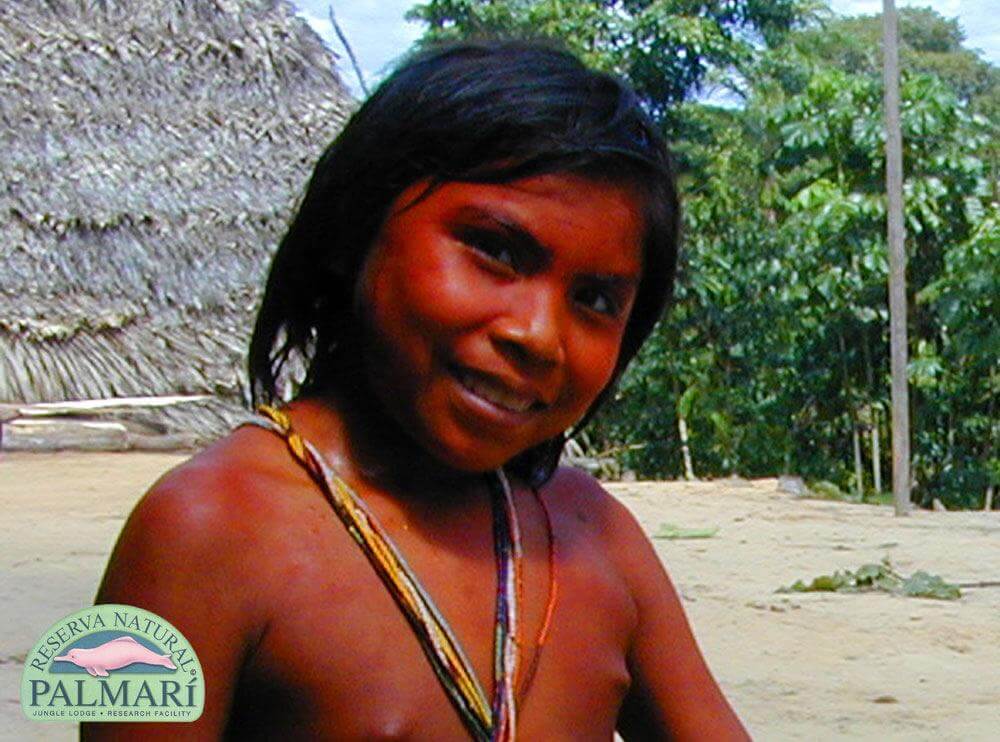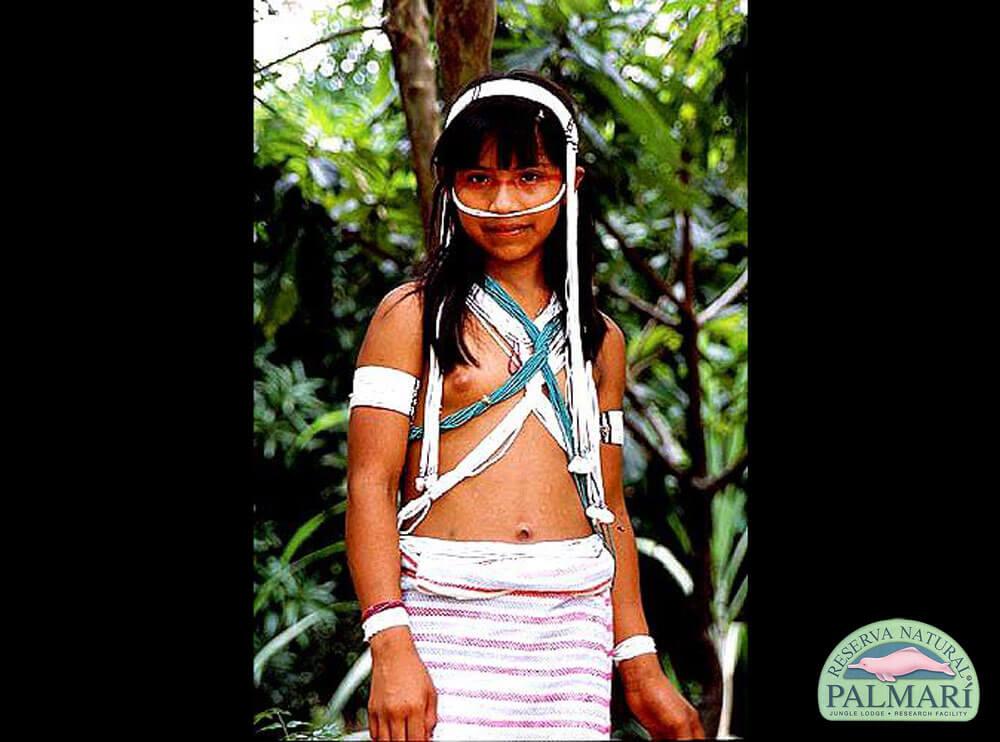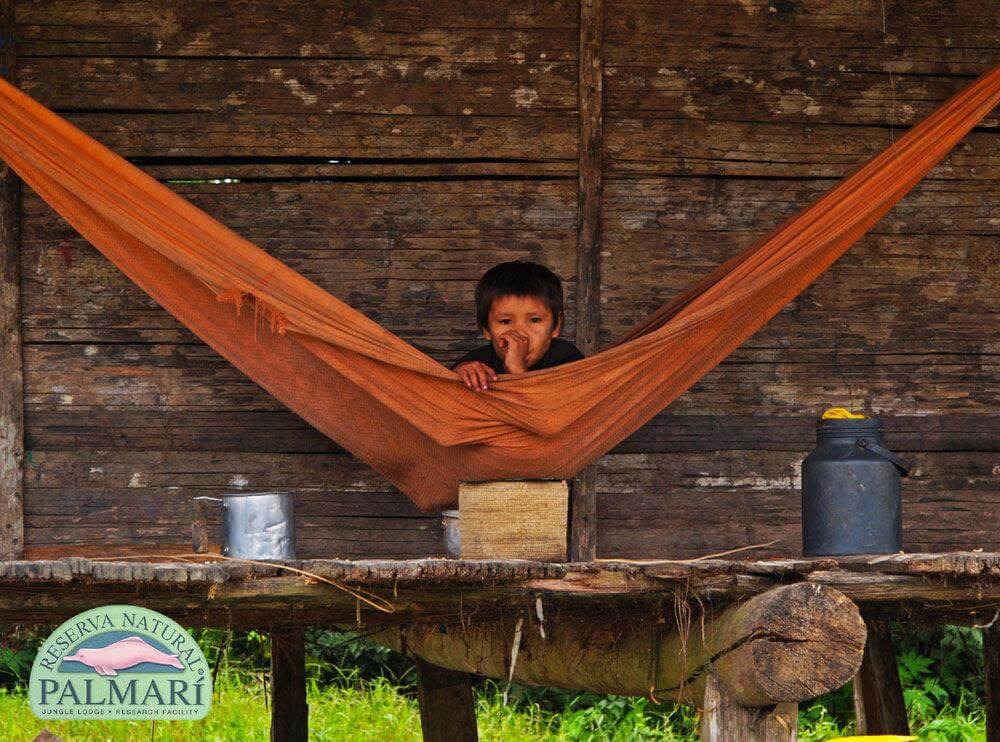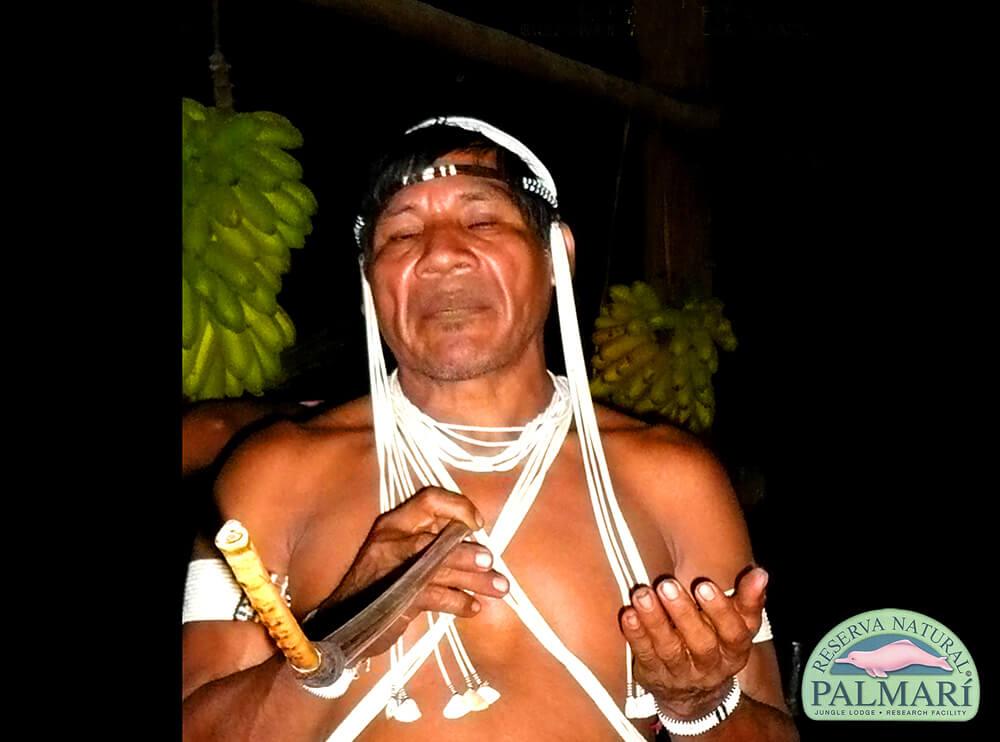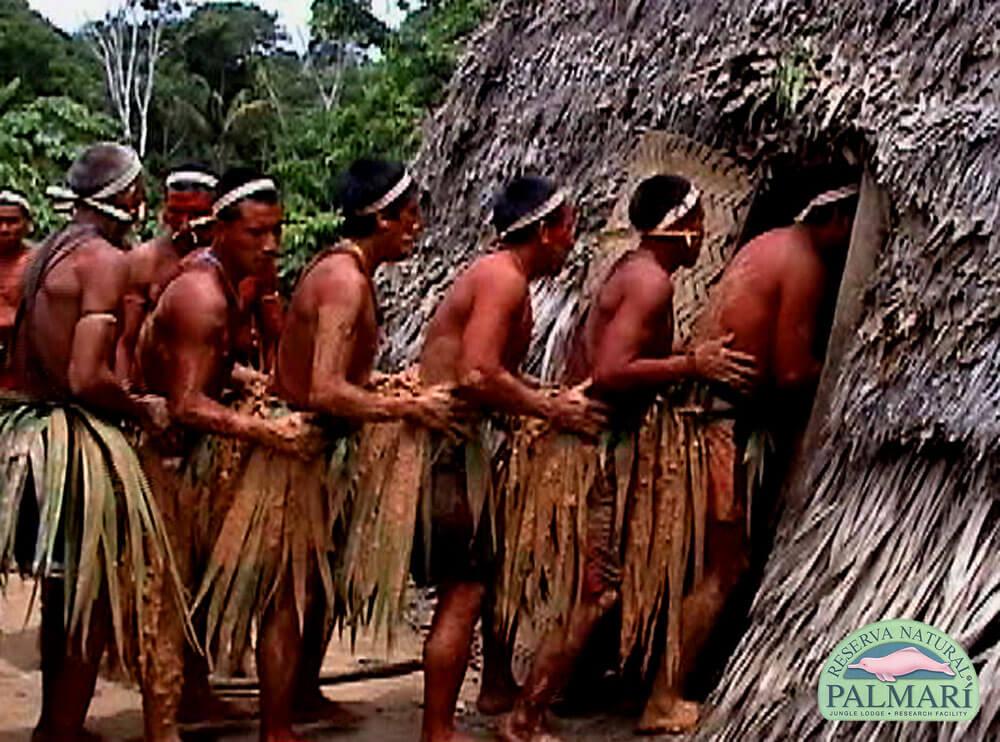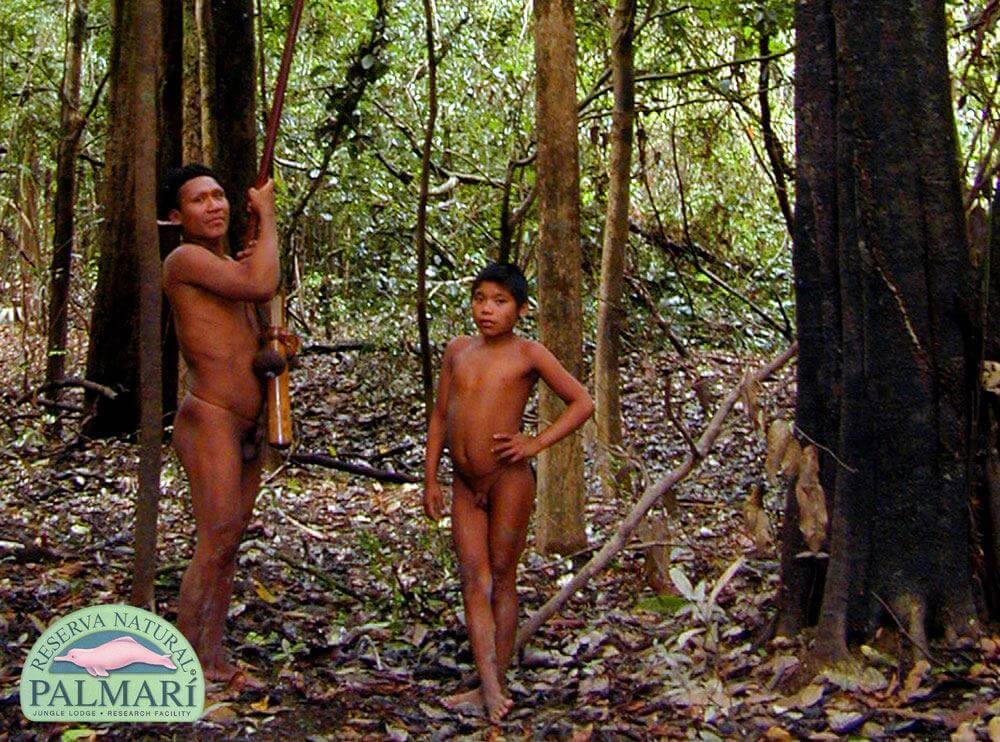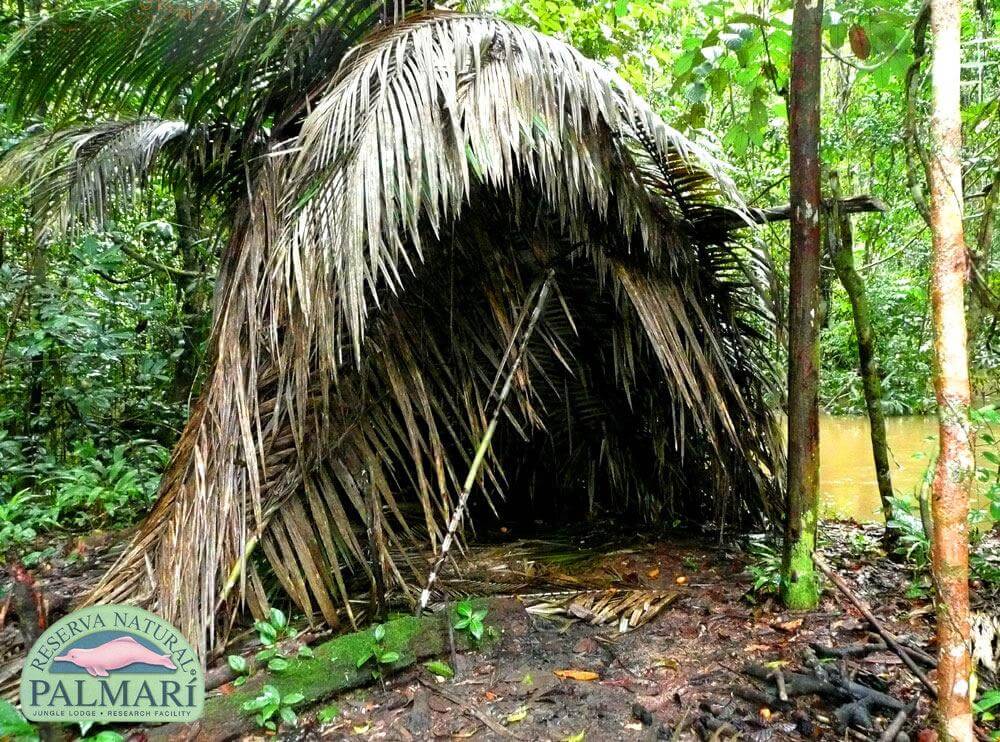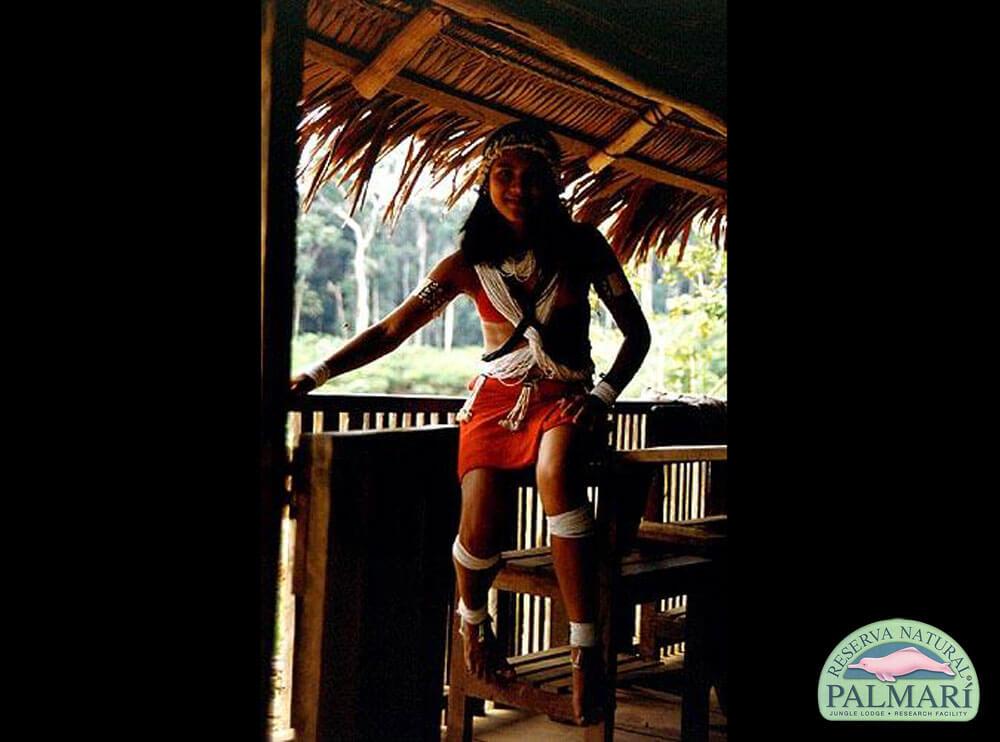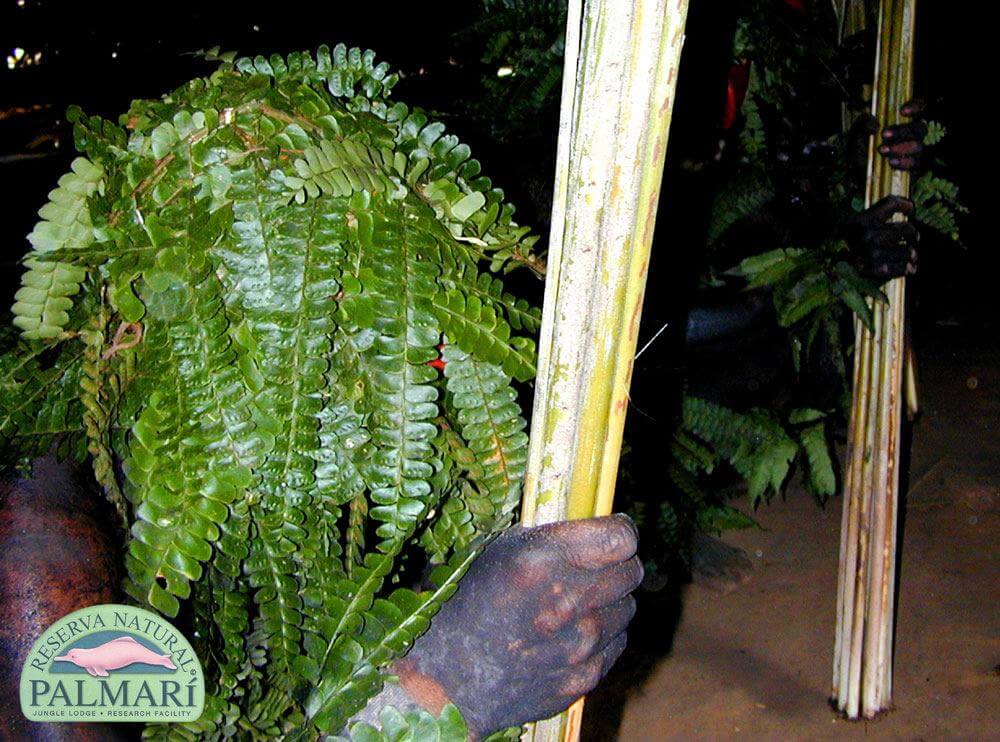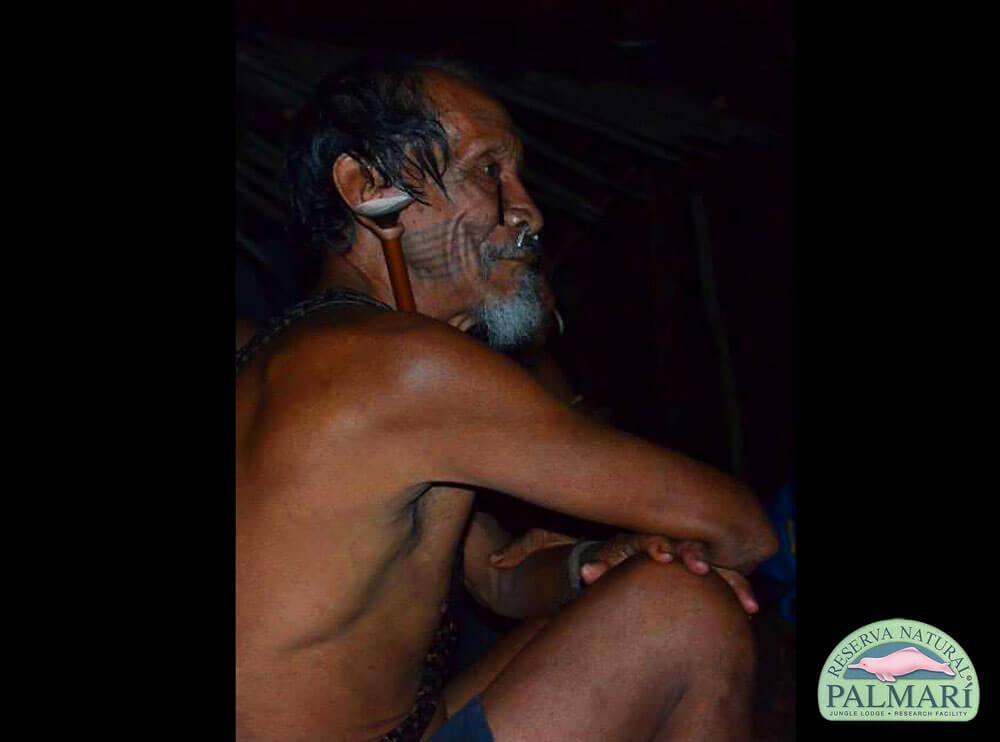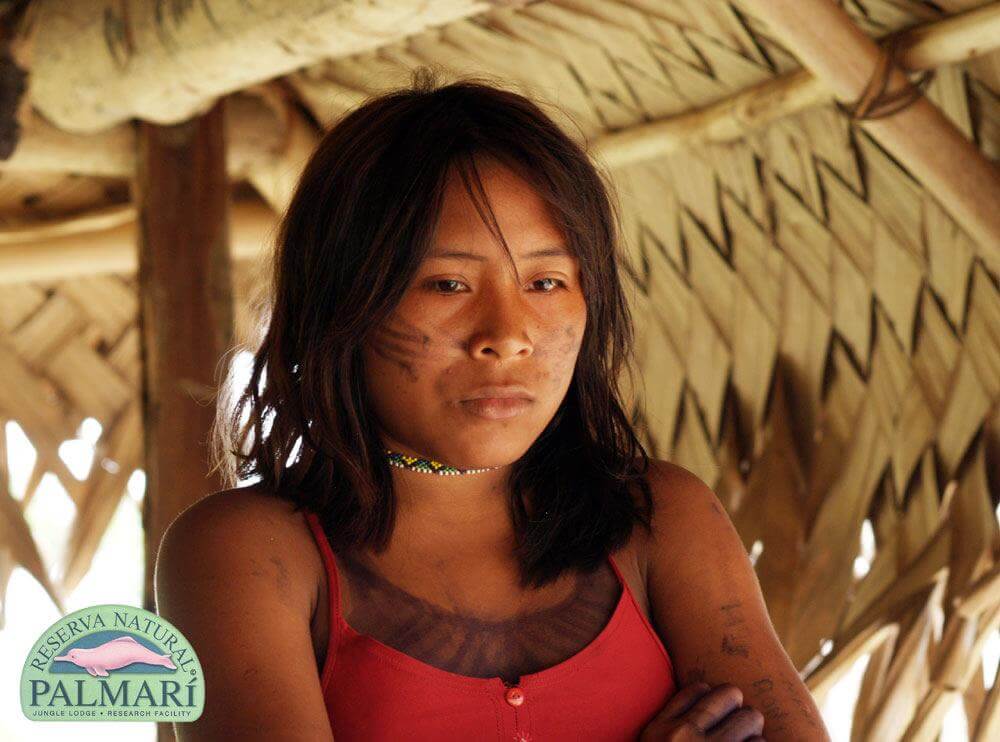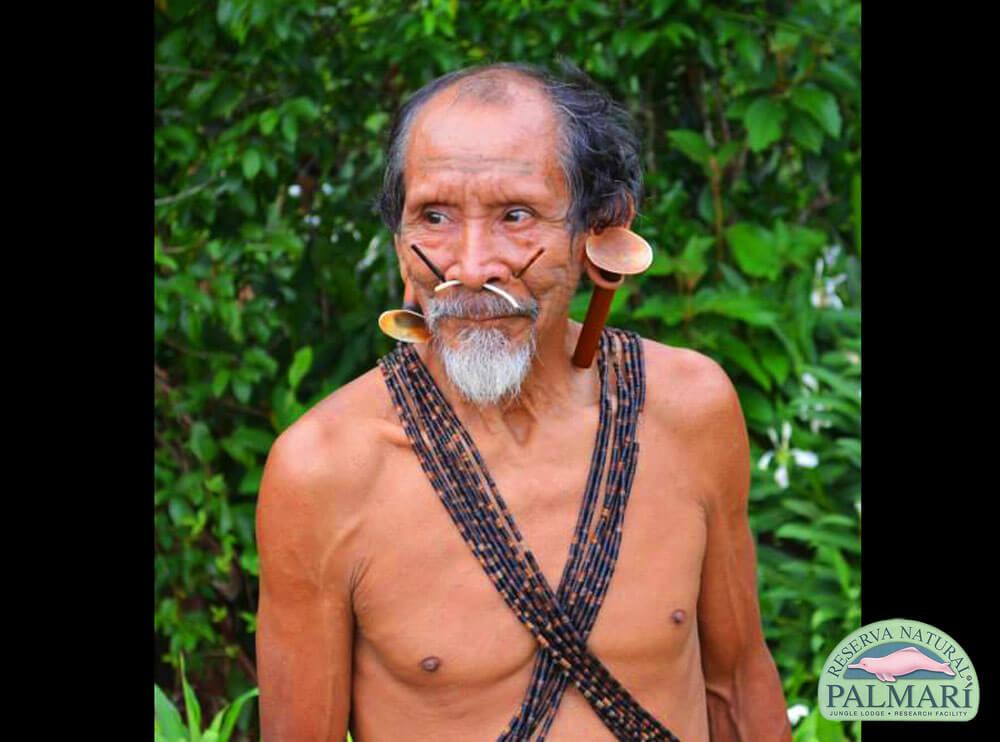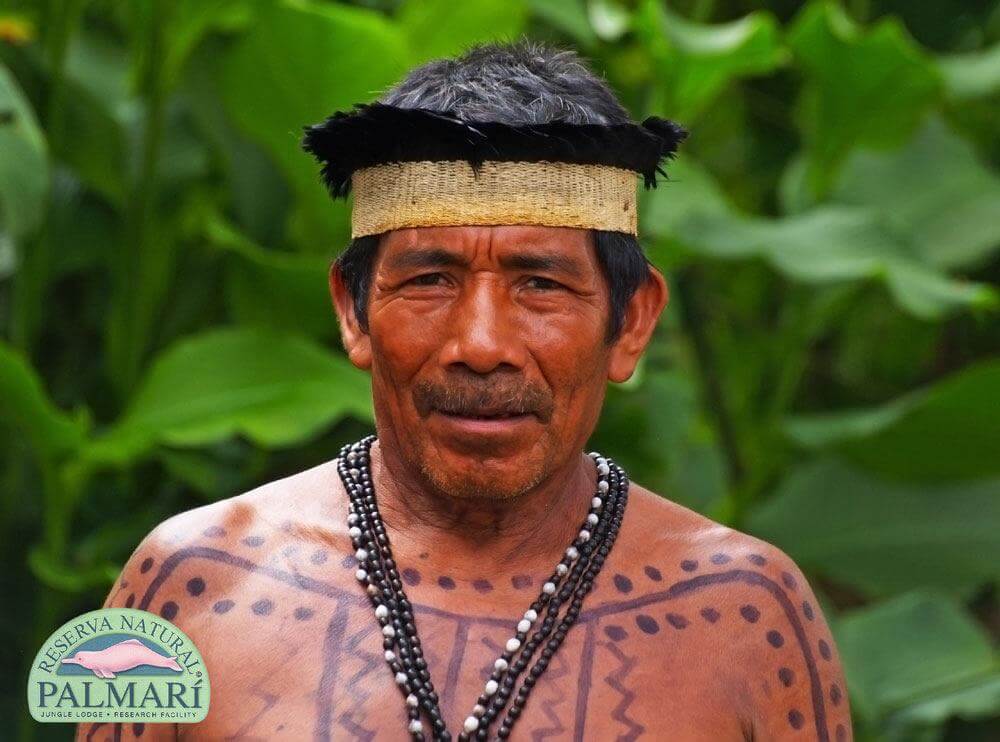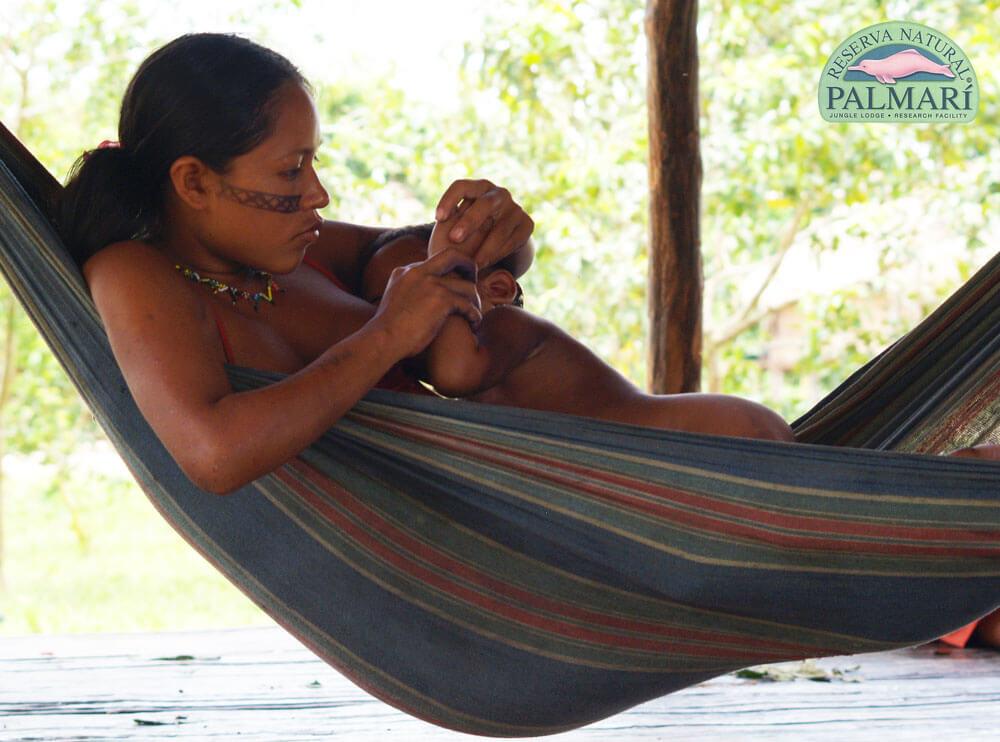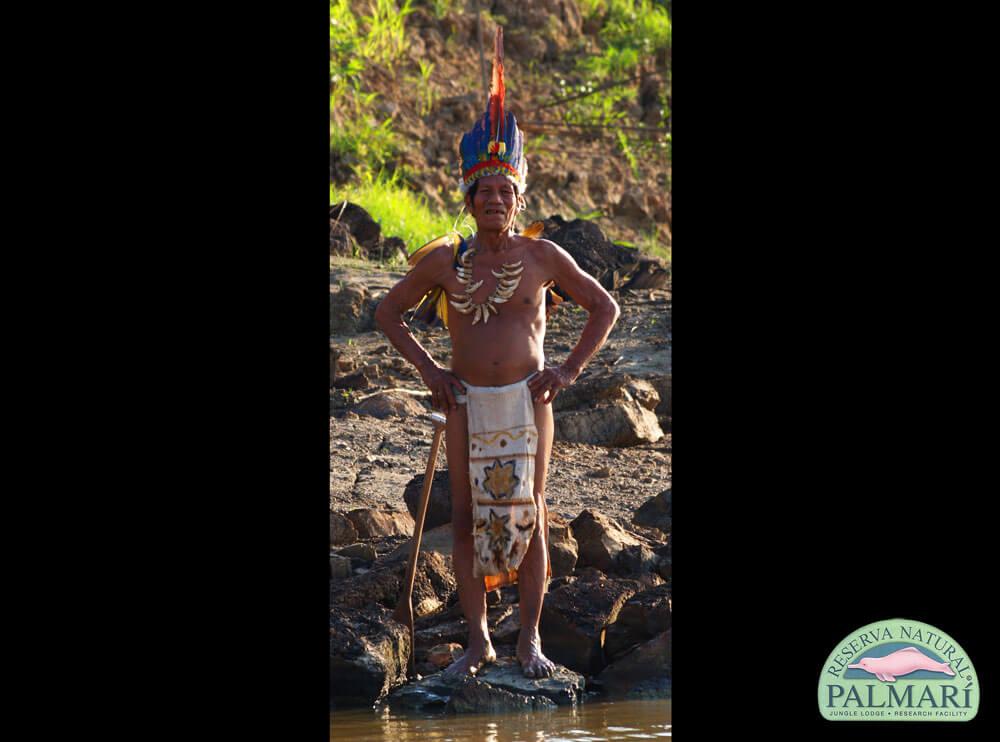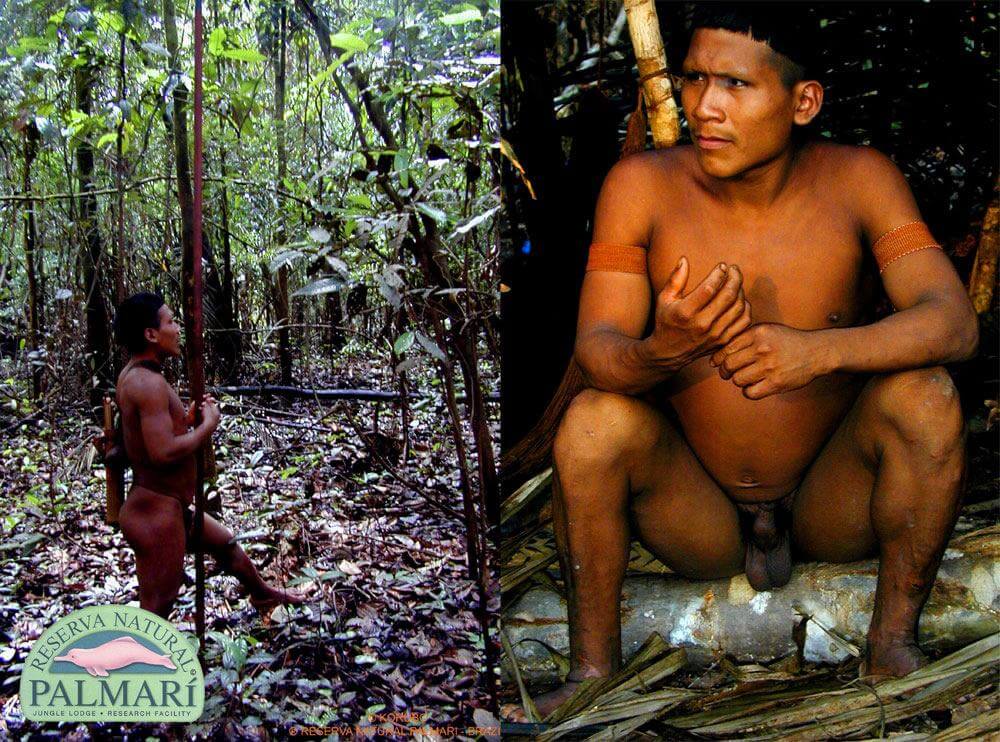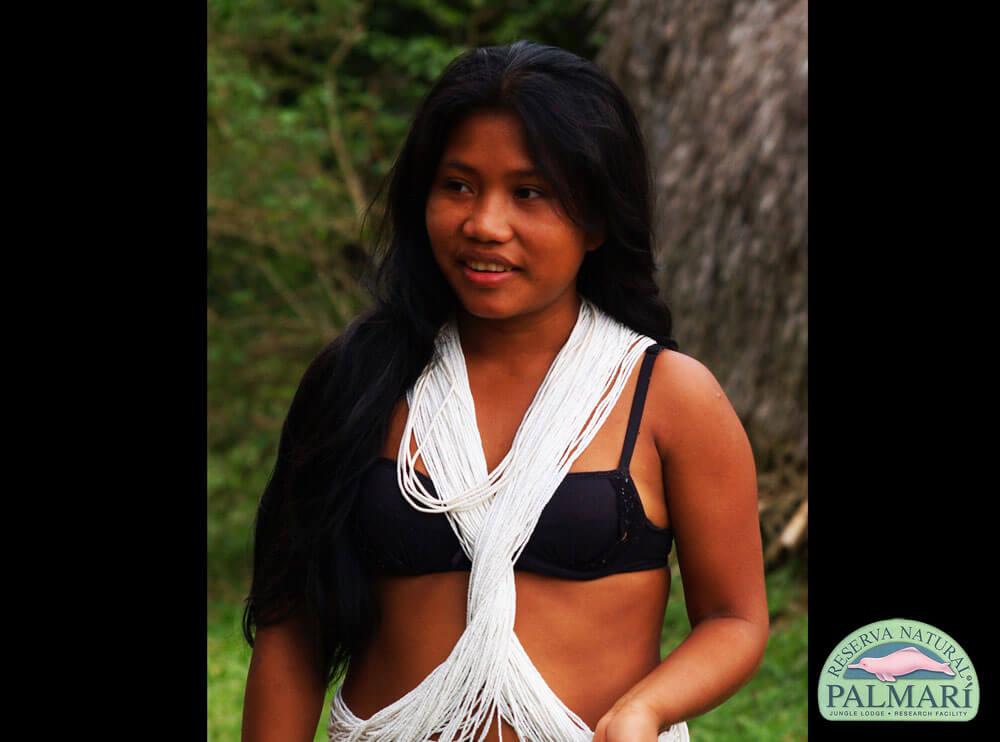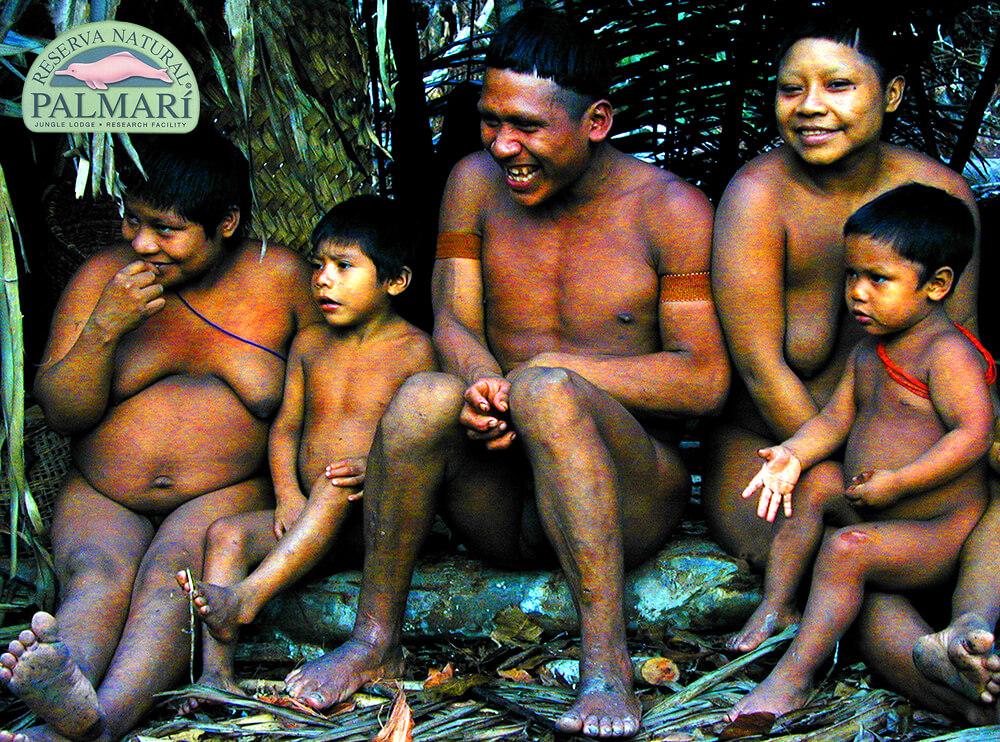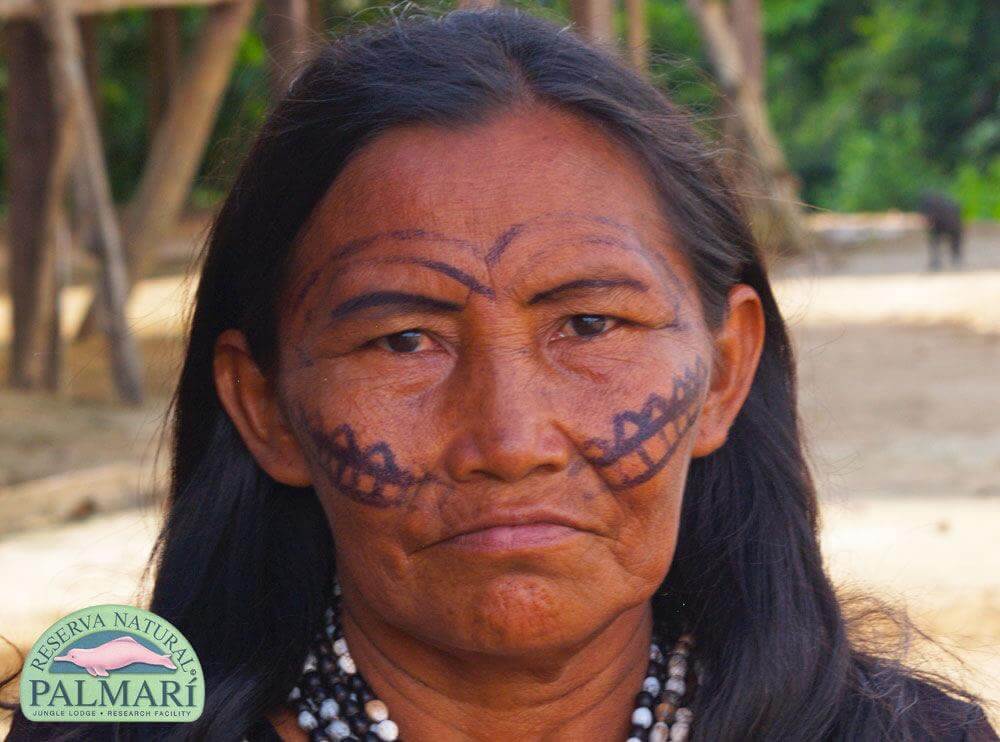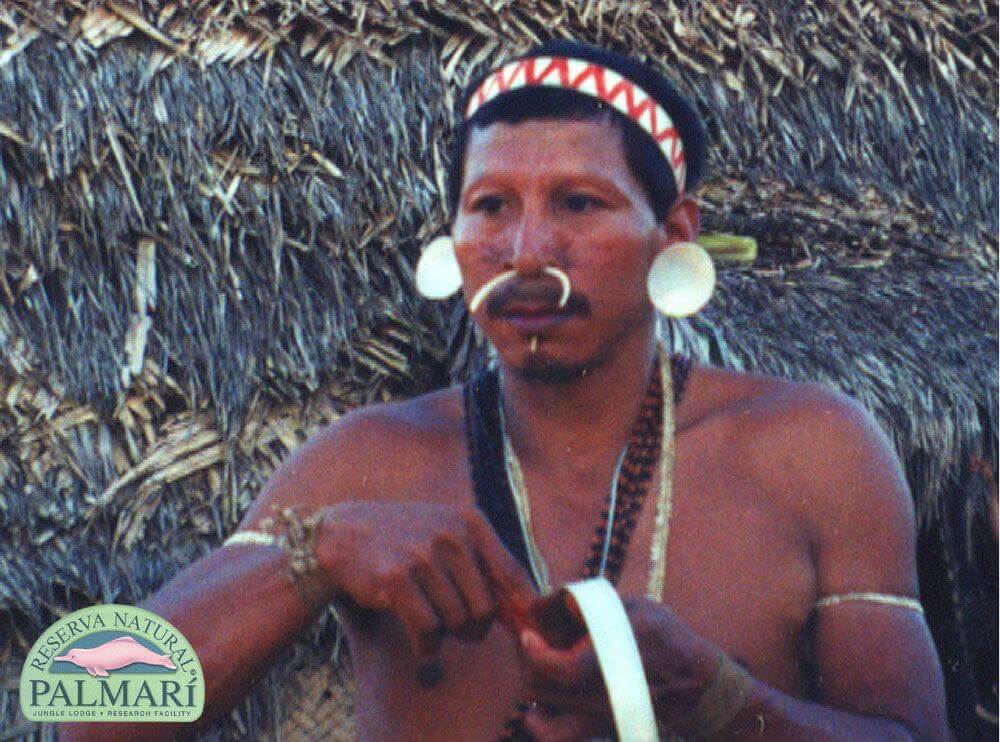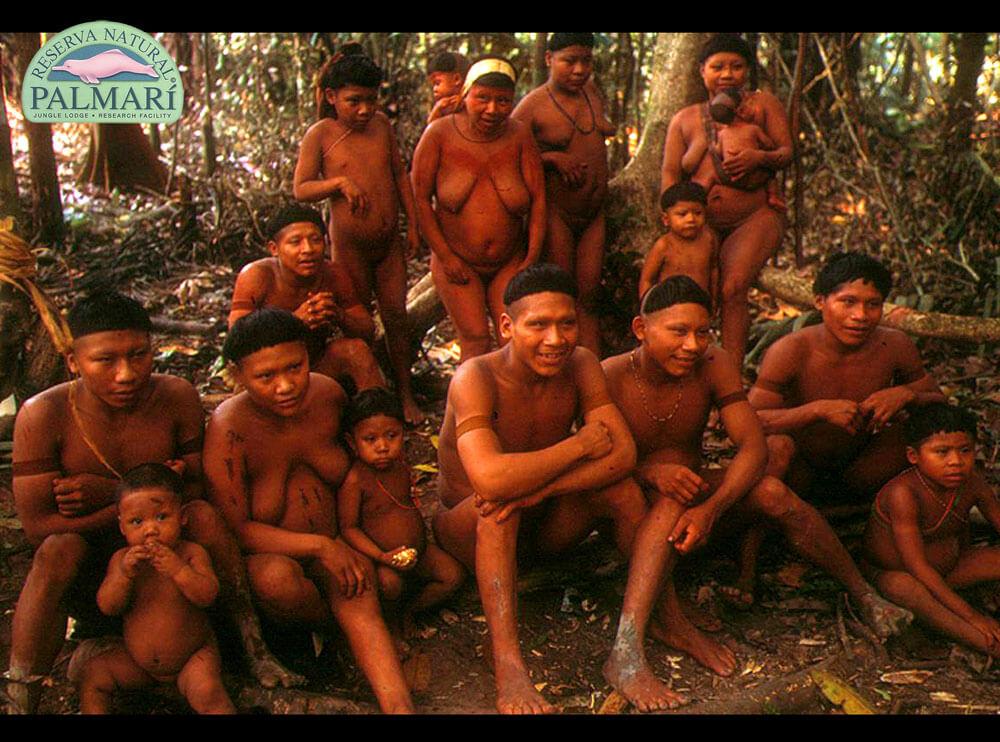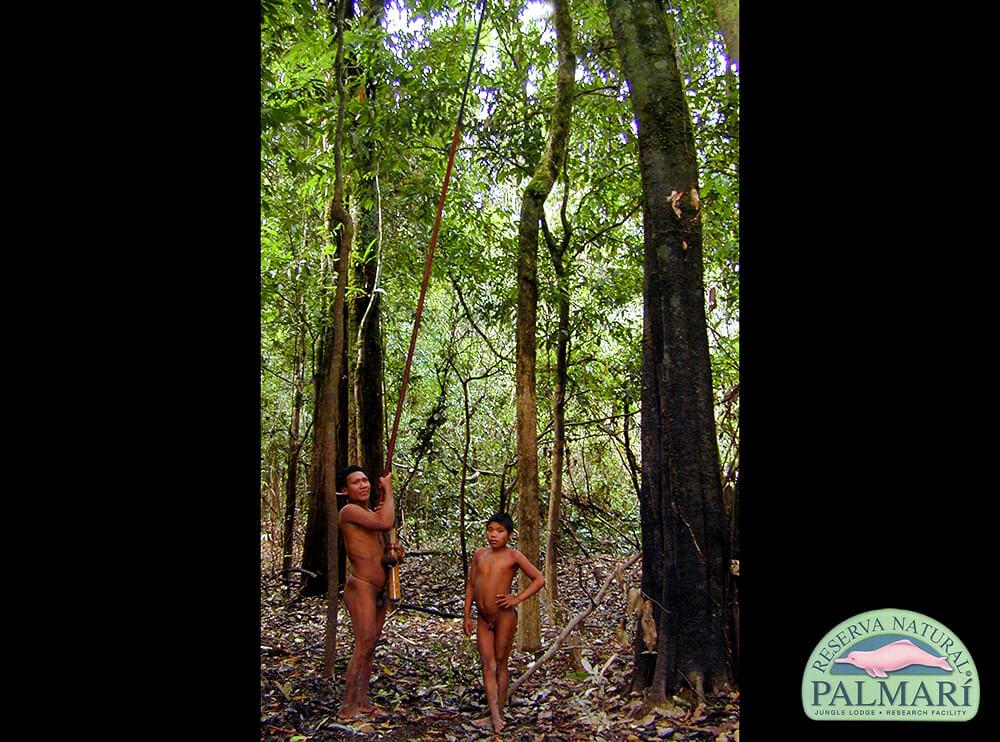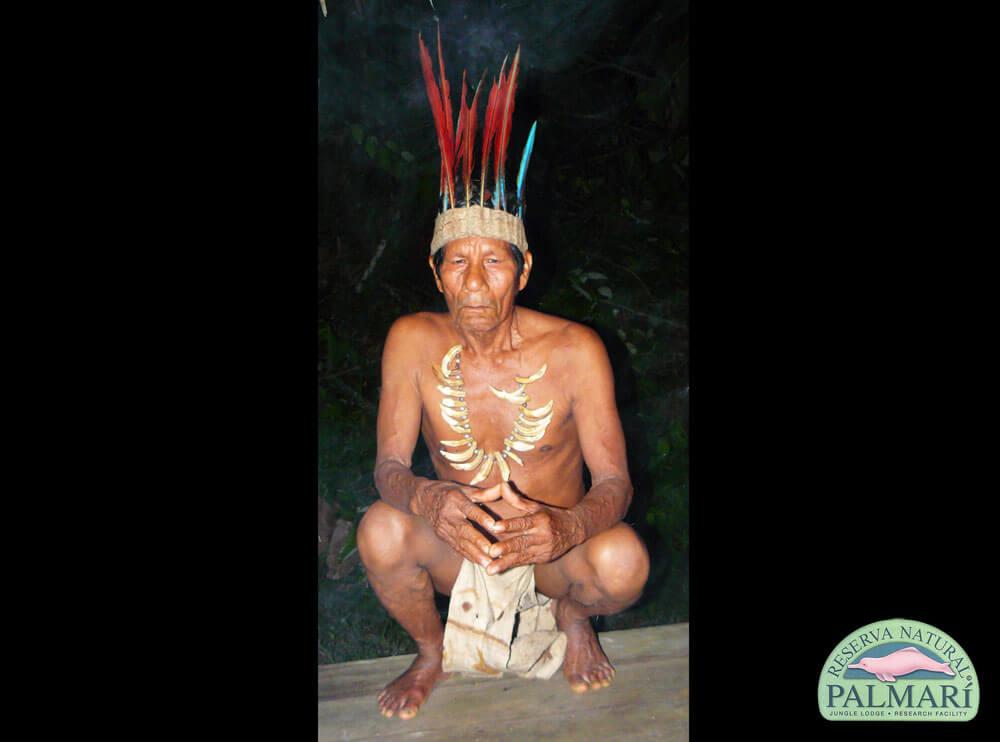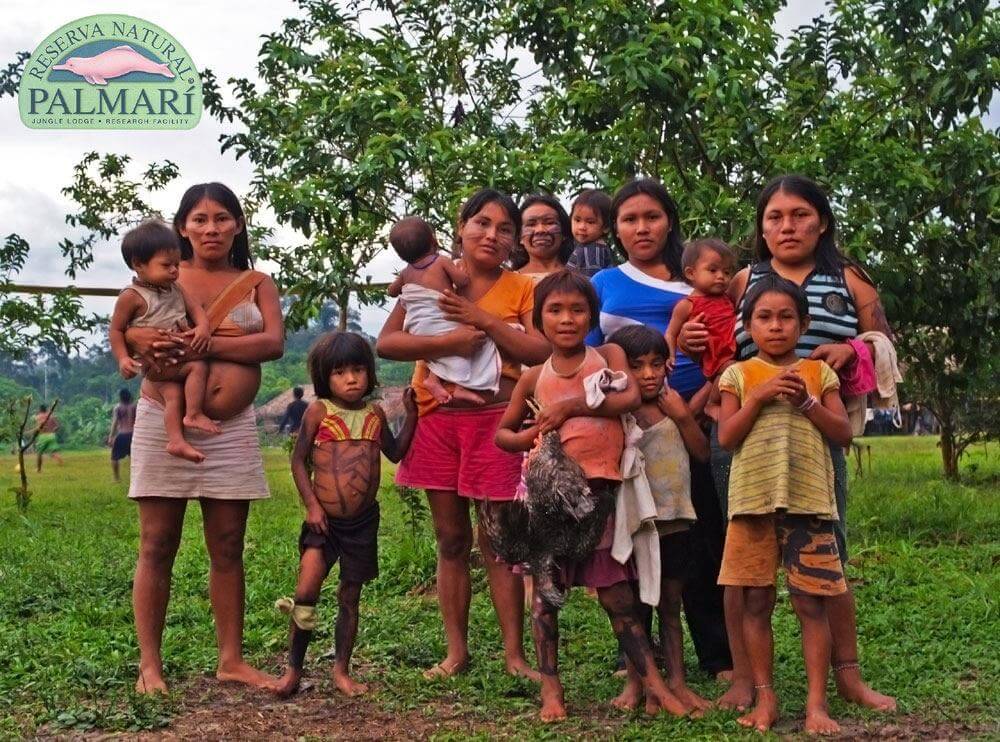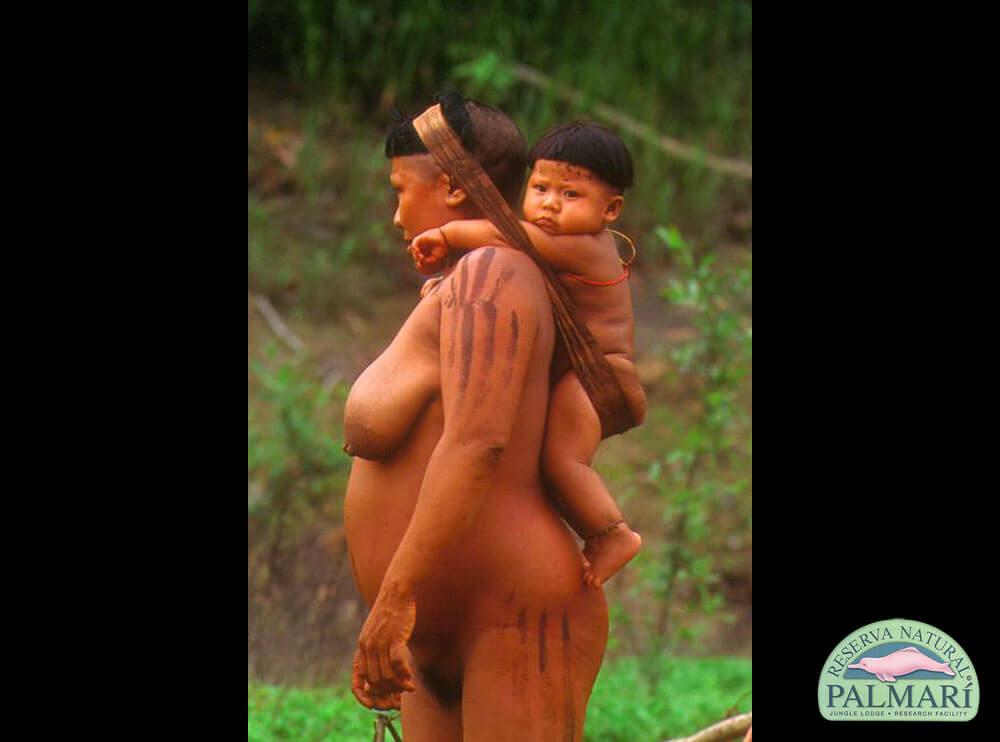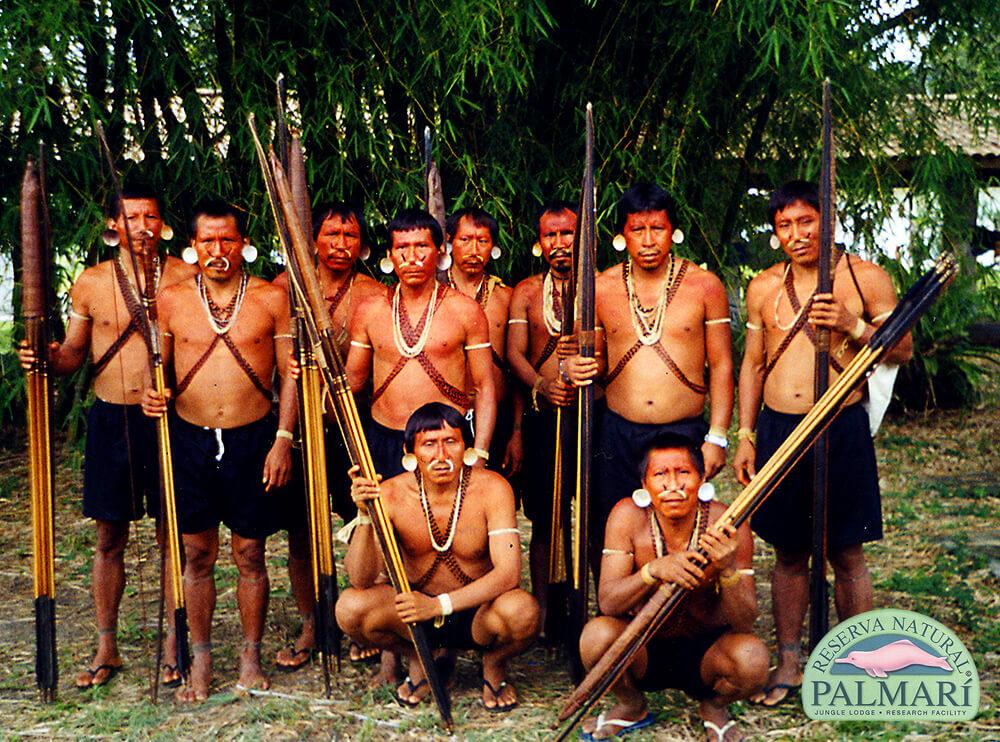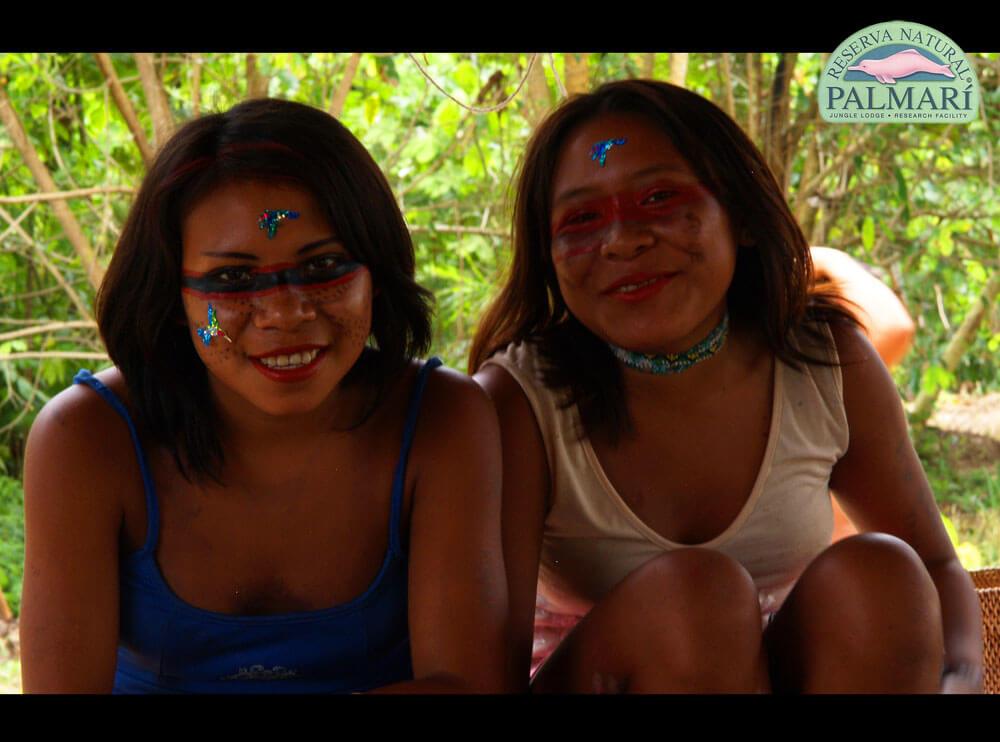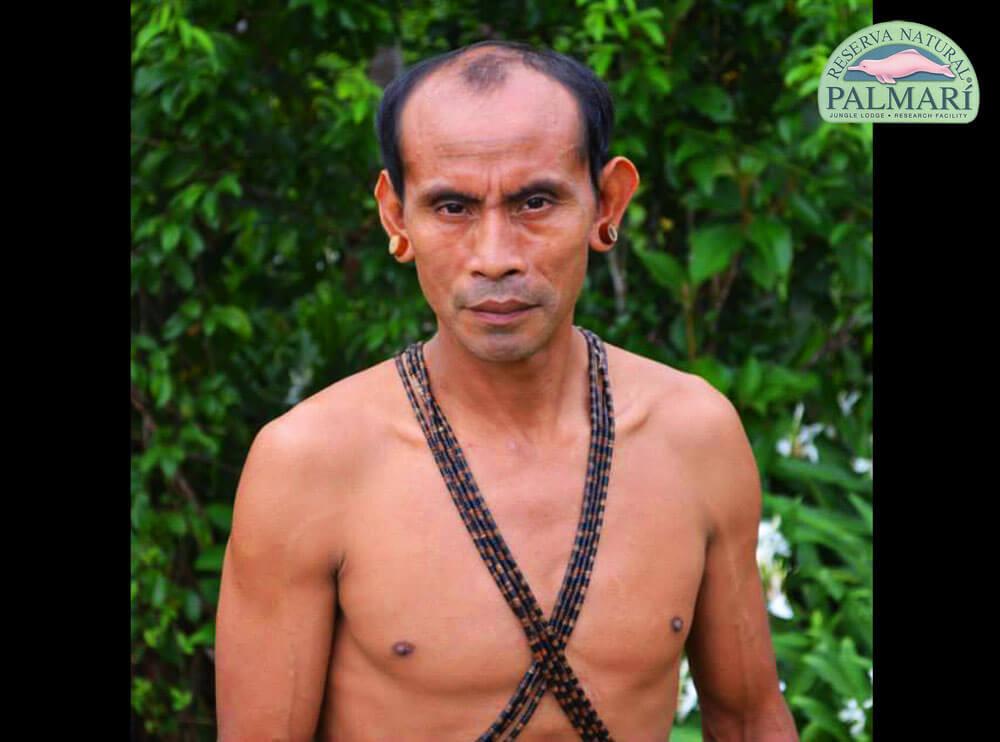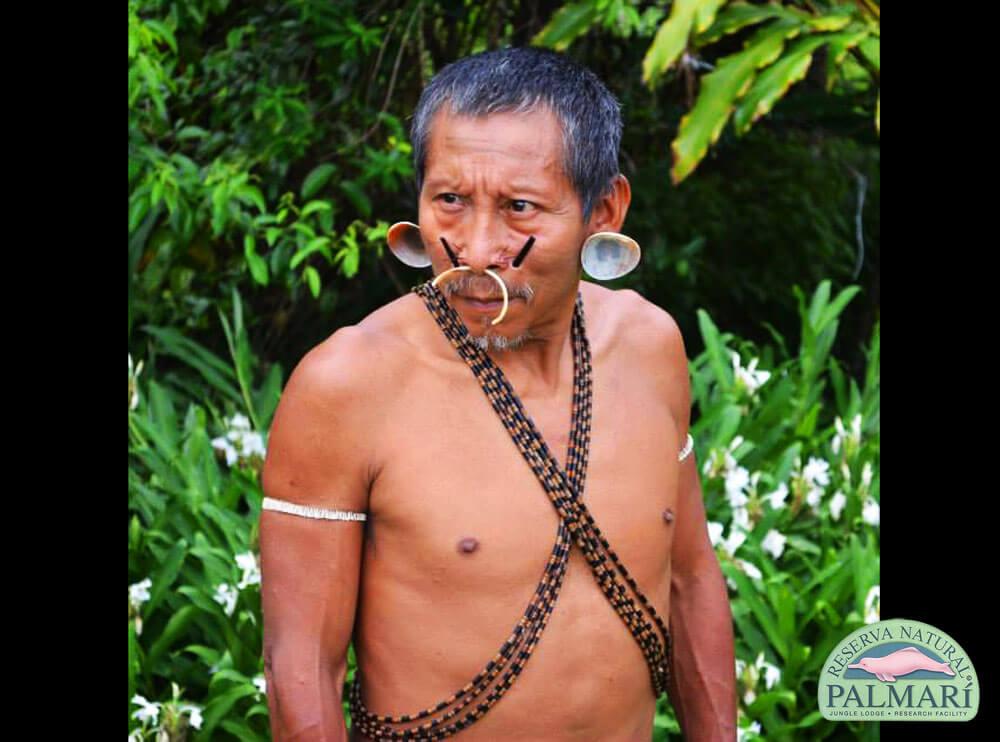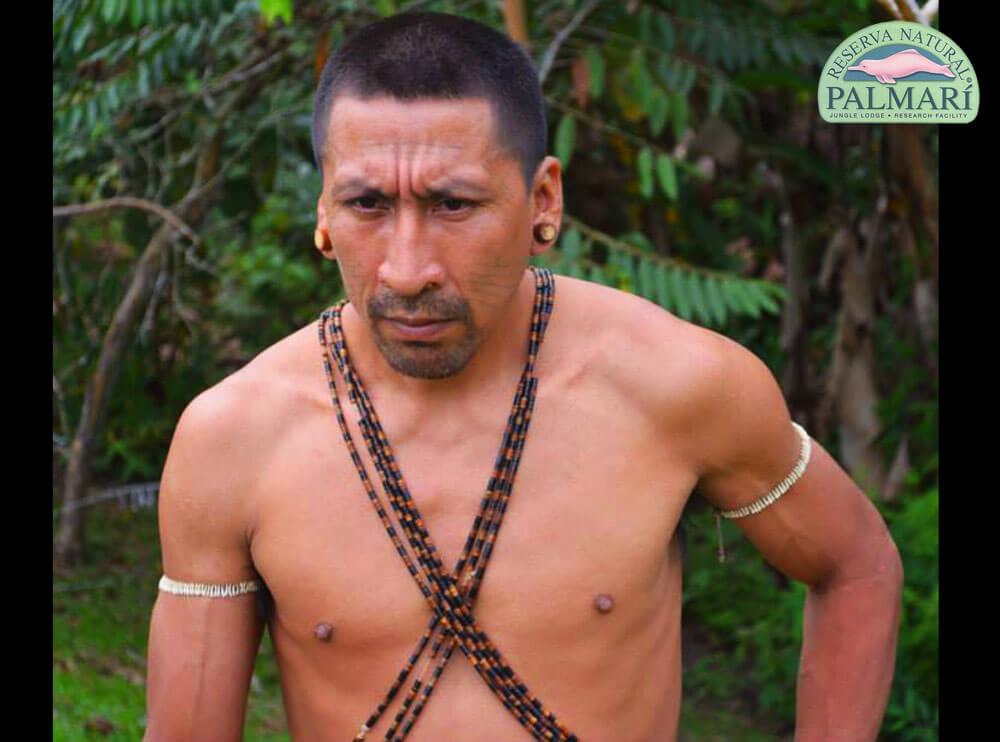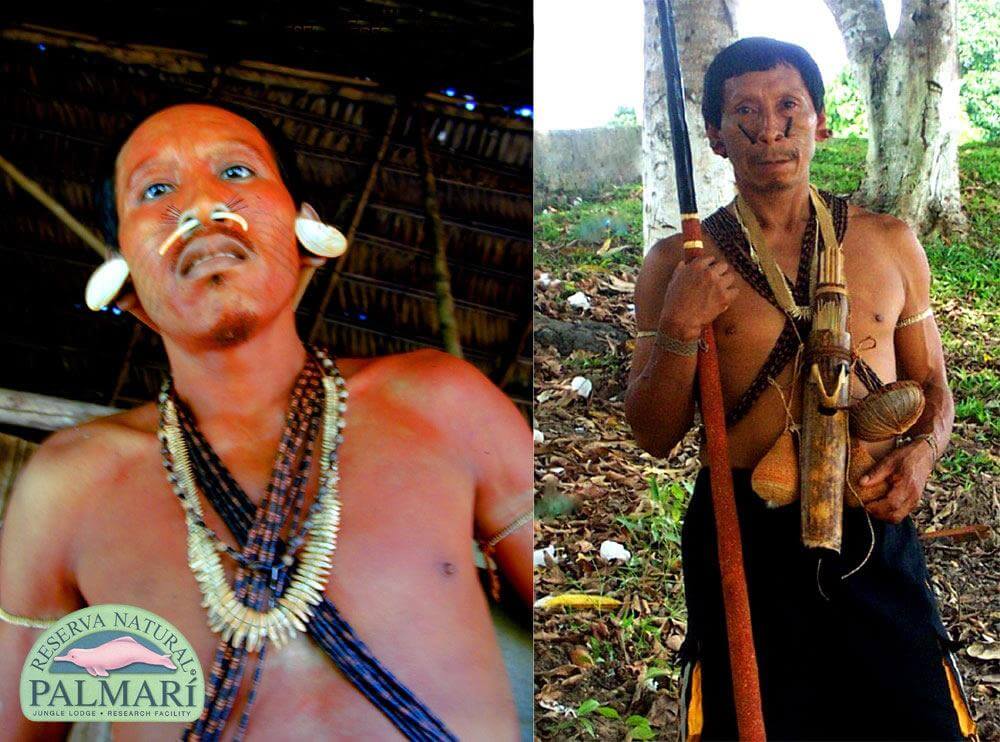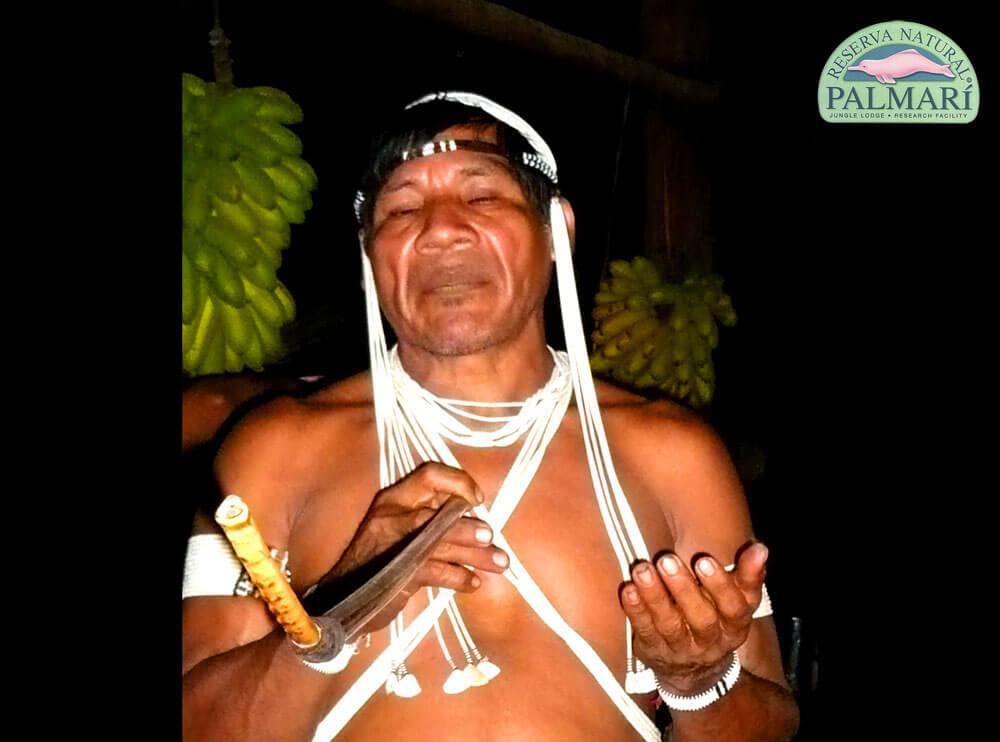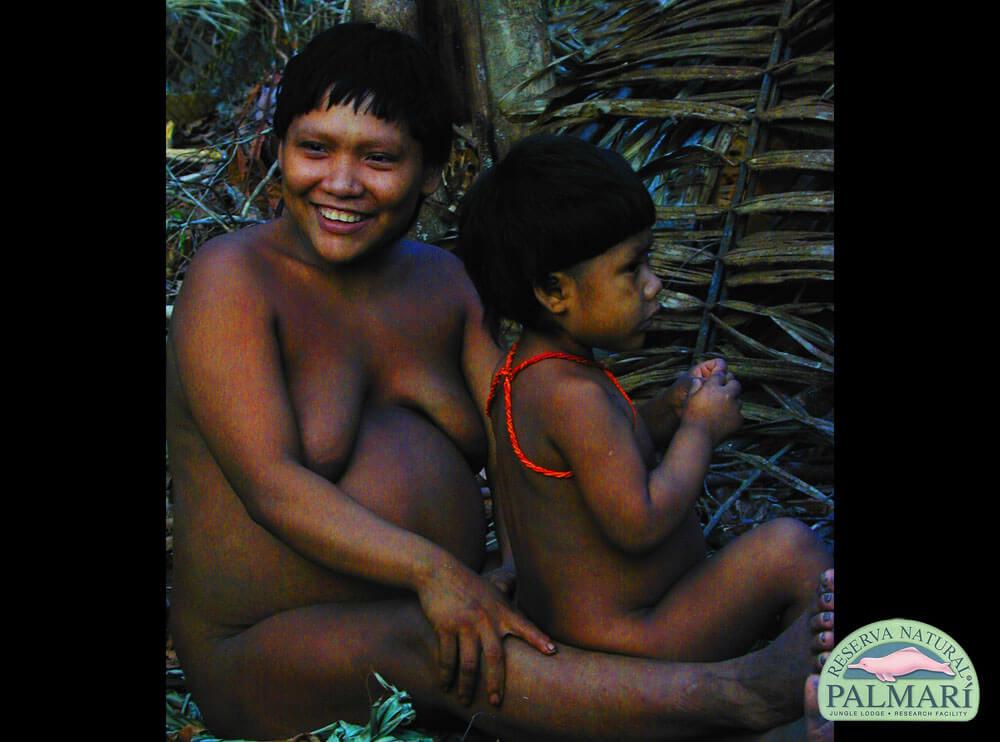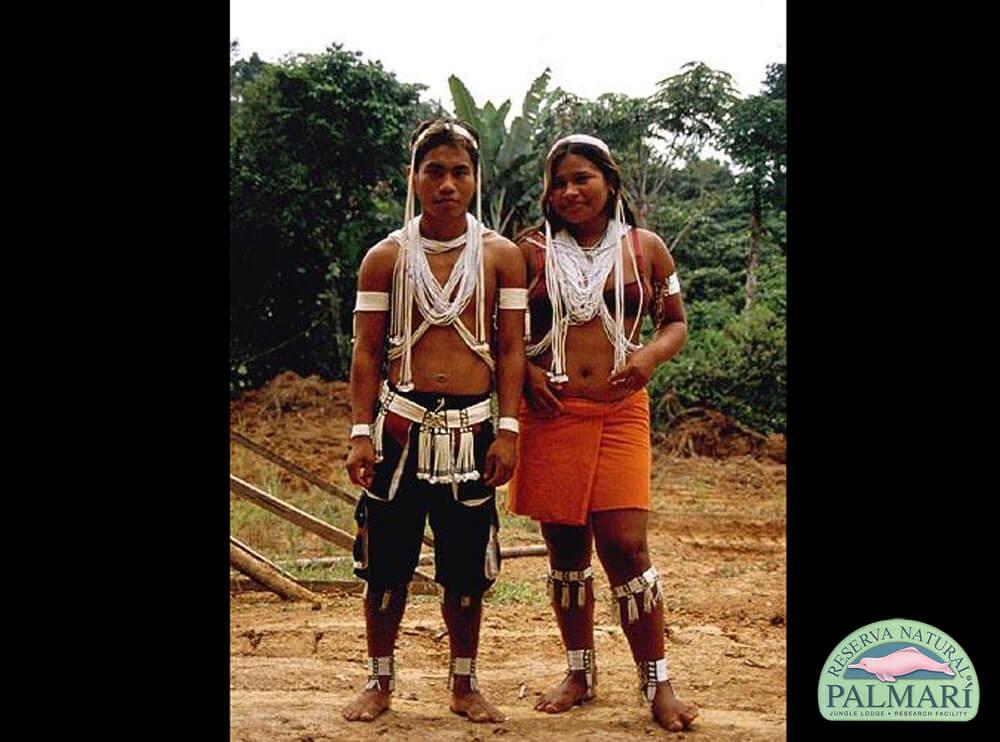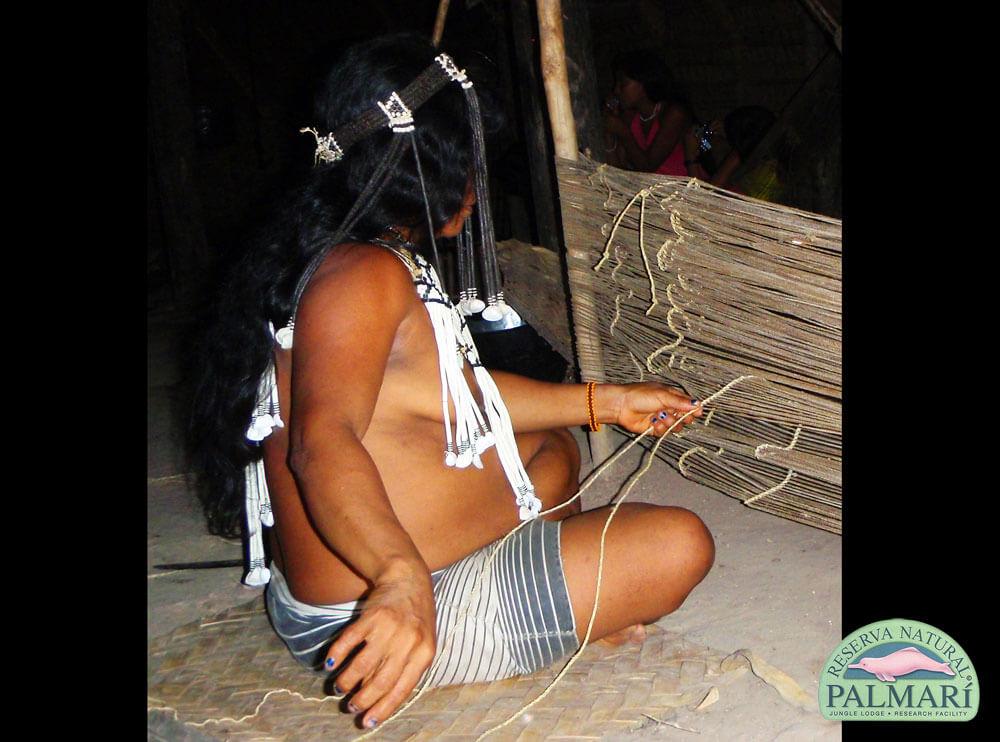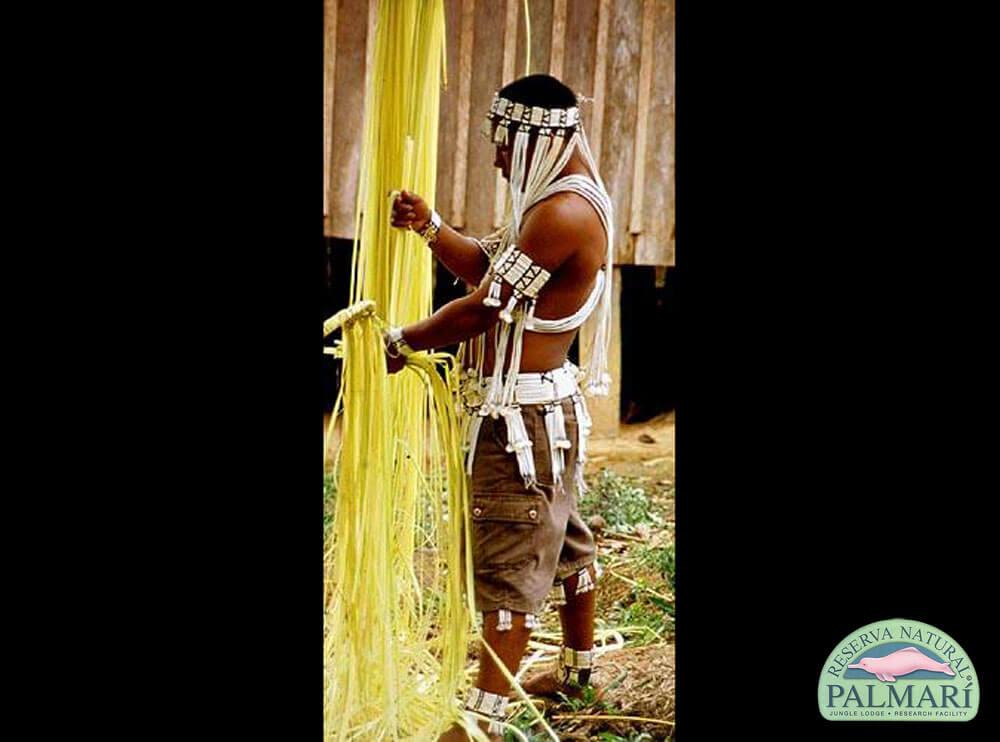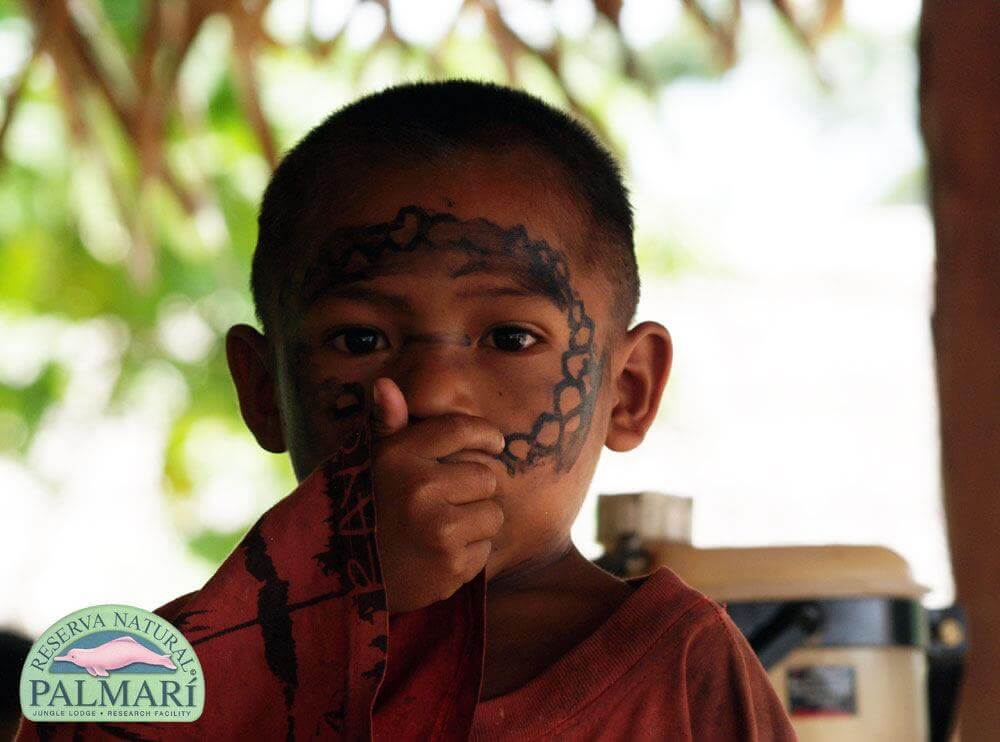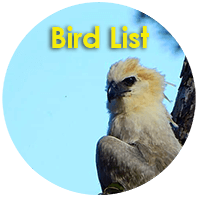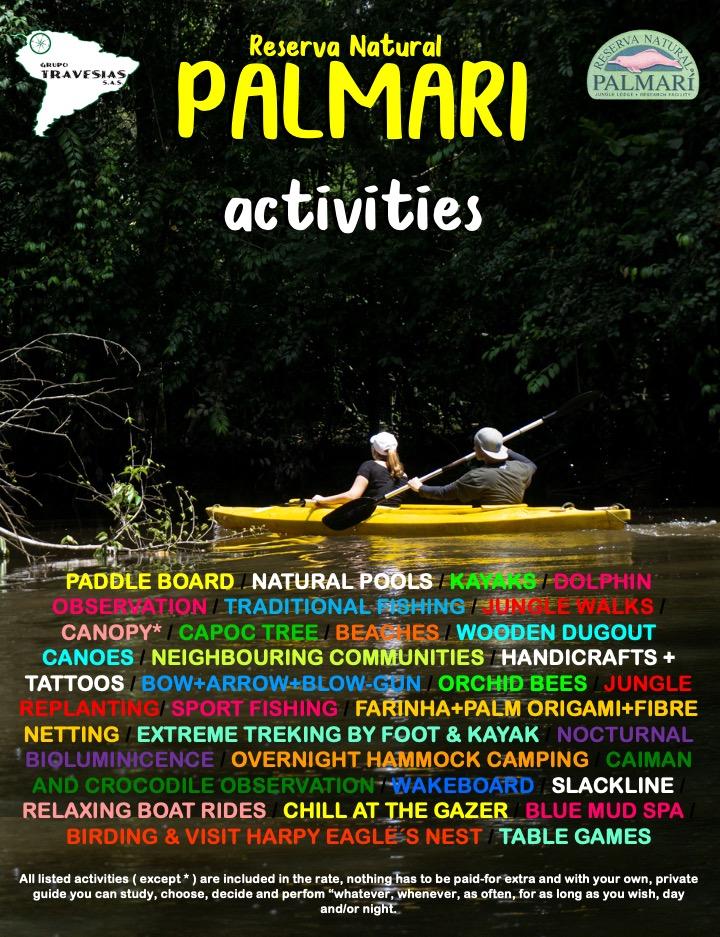
MAIN ACTIVITIES AND UNDERTAKINGS
MAIN ACTIVITIES INCLUDED IN OUR RATES
- Natural swimming pools: Consist of a cristall-clear creak running through our reserve terrain. The maximum depth might reach 1,20 meters and the minimum depth might reach 0,30 meters.
- Beaches: During the low water season visitors may enjoy various enormous and white sand beaches in front of the visitors center on the "Javarí" river, allowing to fish, sun-bathing, organizing soccer or frisbee games, BBQing and other beach activities.
- Canoeing & Kayaking: We owe various native wodden dug-out canoes of different sizes as well as several professional 2-seater kayaks.
- Natural mud spa: Relaxing activity of applying natural mud, then retrieving it by a "skin peeling" process.
- Observation of different species of crocodiles and caimans: An activity which can only be undertaken by night.
- Traditional fishing: The traditional fishing gear will be provided by us for free and the activity may only be done in company of your appointed guide. Fishing with any kind of sintetic net, multiple hook lines or harpoon is strictly forbidden.
- "Jungle-challenge": Hike or row into the jungle and spend one night in a hammock.
- Water-ski: Mono-skiing on the huge "ox-bow" lakes during the high water season and/or on the "Javarí" river where it presents an appropriate depth.
- You may design and obtain your own tatoo applied only through painting, not with needles by means of natural pigments (Huito, Achiote, etc.), which will last only between 8 and 20 days on your skin.
- Observation of the two species of sweet water dolphins being present, the huge "pink" dolphin (Innia geoffrensis) and the smaller "grey" dolphin (Sotalia fluviatilis) from our visitors centre, the reserve terrain, boats, wodden dug-out canoes or kayaks.
- Birding: Observation of the huge variety of bird species from our visitors centre, the marked trails as well as from the boats, kayaks and canoes.
- Boatrides to the brasilian villages of "Palmarí" and "San Pedro do Norte", as well as to the peruvian villages of "Santa Rita".
- Boatrides to various wetlands, lakes, ox-bow lakes, channels and other water bodies.
- Observation of the neo-tropical rain forests and its flora, wildlife and environment from the lodge terrain, the marked trails as well as from the boats, kayaks and canoes.
- Learning and experiencing the manufacturing of rubber (common name "latex" or "chicle") at its origin, the "Hevea" trees.
- Entertainment and fun playing "table tennis" or "table soccer".
- Fun on the water with our two "paddle boards".
- Precision, steady pulse and learning how to use a blow-gun, as well as a bow and arrow at the far end of our vstors centre.
- Painting of bottle-corks with flourescent paint for night fishing activities.
- Visiting the older-than-500-years, massive and huge Kapoctree.
- Atracting and observation of the beautifully metallic, multi-coloured orchidbees.
- Learning on how to produce manioc flour at the local mills of the neighbouring community (Only possible during the manioc harvesting season!).
- Imprinting of t-shirts with coloured leaves, barks and similar.
- Table games as numeric and poker dice, cards, "Domino", "MasterMind", "Backgammon", "Monopoly", "Micado" and various other.
- Re-planting of the forest edges close to neighbouring communities with the hard-wood tree species that are mayourly cut.
- Making of tipical handicrafts like bracelets, earrings, necklaces, belts and others from natural fibers, seeds and fruits as well as dried fish scales, bones and wood.
- Studying of the neo-tropical flora and wildlife.
- Having fun on the water with our acrobatic "wake board".
- Shopping of our own "merchandising" items like t-shirts, caps and field bottles according to the stock present in our comunal indigenous shop.
- Buying of local, traditional handicrafts at our comunal indigenous shop made by the neighbouring indigenous communities.
- Relax in our large, comfortable cotton or indigenous-made fibre hammocks.
- Visting the nest of the harpy-eagle couple.
- Competing and having fun on our acrobatic "slack line"
- Enjoying of the breath-taking 360° panoramic view from our view tower in our visitors centre, being the highest and safest in the whole region; the sunrise and sunset represent the best moments to be on said "gazer".
ACTIVITIES NOT INCLUDED IN OUR RATES
- "Canopy" activities: Enjoying the view and wildlife from two platforms 45 meters above the ground connected by a "zip" wire. This activity is sepparately offered, quoted and operated by several inhabitants living in the neighbouring community "Palmari" under their private management and responsibility - the Grupo Travesías S.A.S. travel agency and the Reserva Natural Palmari destination does not sign responsible for any complaint, accident or lack of commitment by the people in charge.
- Tree-trunck climbing: Ascending by climbing a massive tre trunk by using securely installed grips and steps - the Grupo Travesías S.A.S. travel agency and the Reserva Natural Palmari destination does not sign responsible for any complaint, accident or lack of commitment by the people in charge.
- Visiting the semi-indegenous "Marubo" or "Mayoruna" malokas located on the road linking the cities of "Atalaia do Norte" and "Benjamin Constant": All the details, recommendations, logistics, costs and particular information to be aware of are described in the following link = "MAYORUNA" & "MARUBO" MALOKAS
The following link - also as a "down-loadeable file" to hold on your mobile/cel-phone - of the complete portfolio of activities and entertainment as a "field guide" so you can study them prior, during or after undertaking them = ACTIVITIES BOOK
SPORT FISHING
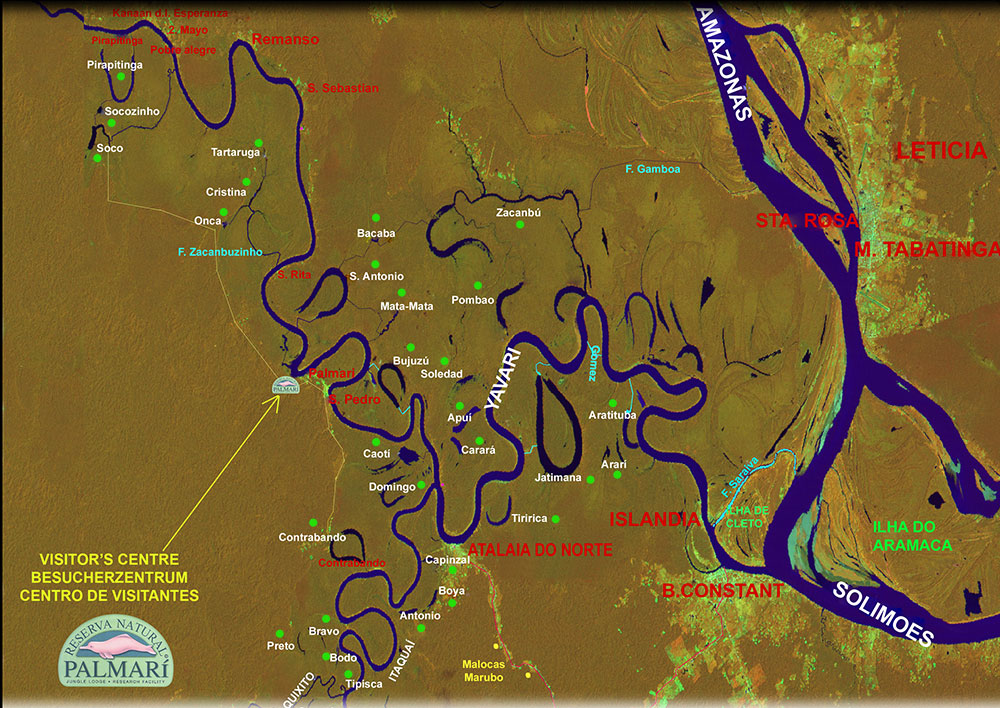
RECOMMENDED SPORT FISHING SITES
A) “San Antonio” ox-bow lake (Peruvian "varzea" forest)
- Not accesible by boat during the low water level season; fishermen have to walk from the river to the lake (20 minute walk); guides & pilots have to carry/pull kayaks and/or alumina boats from the river to the lake
- Camp site in "varzea" forest close to the lake
- Due to the closeness of the ox-bow lake to the river the water colour is tainted most of the year lowering the visibility for the fish
- Due to the closeness of the ox-bow lake to neighbouring riverine communities, the presence of fishing nets is possible during the low water season
- The biggest “Peackock bass” fish has been caught in this lake
- Both fishing styles – trawling & casting - possible
B) “Furo Zacanbuzinho” channel (Brazilian "igapo" forest)
- Accesible by boat all year, except during the peak of the low water season, when fishermen have to walk from the river to the channel (10 minute walk); guides & pilots have to carry/pull kayaks and/or alumina boats from the river to the lake.
- Camp site in "igapo" forest close to the channel
- Due to the closeness of the channel to the river the water colour is tainted most of the year lowering the visibility for the fish
- Due to the closeness of the channel to neighbouring riverine communities, the presence of fishing nets is possible during the low water season
- Both fishing styles – trawling & casting – possible; two sandy beaches allow fishing from comfortable, open spaces
- The abundance of “Oscar” fishes is astonishing
C) “Cristina” ox-bow lake (Brazilian "igapo" & "varzea" forest)
- Accesible by boat all year except during the peak of the low water season, when fishermen have to walk from the river to the channel (10 minute walk); guides & pilots have to carry/pull kayaks and/or alumina boats from the river to the channel.
- The lake "Cristina" is very shallow, which means that during the peak of the low water season it reduces its size to just a channel, some parts shallow, some other parts just consisting of liquid mud.
- Camp site in "varzea" forest close to the lake
- Due to the closeness of the lake to the river the water colour is tainted about 50% of the year lowering the visibility for the fish
- Both fishing styles – trawling & casting – possible
- The abundance and varieties of Piranhas is surprising
- Since this ox-bow lake is very shallow and slowly being conquered by the surrounding forest, the entanglment of lures in under-water bushes and branches can be frequent.
D) “Caotí” lake (Brazilian "varzea" forest)
- Not accesible by boat during most of the low water level season; fishermen have to walk from the river to the lake (8 minute walk); guides & pilots have to carry/pull kayaks and/or alumina boats from the river to the lake
- Camp site in "igapo" or "varzea" forest close to the lake just behind the sandy beach
- Due to the closeness of the lake to the river the water colour is tainted about 50% of the low water season lowering the visibility for the fish
- Due to the closeness of the lake to neighbouring riverine communities, the presence of fishing nets is possible during the low water season
- Both fishing styles – trawling & casting – possible; a sandy beach allows fishing from comfortable, open spaces
- The abundance of “Peackock bass” is astonishing
E) “Socó” ox-bow lake (Brazilian igapo & "varzea" & "terra firme" forest)
- Accesible by boat most of the year, by long canoe at the beginning and the end of the low water season and by kayak or short canoe through out the entire year.
- Camp site in "varzea" forest close to the lake or in terra firme forest a little further from the lake
- Due to the distance of the lake to the river the water colour is transparent black about 99% of the year highly increasing the visibility for the fish
- The presence of fishing nets is prohibited due to an agreement between the family living at the lake and the Reserva Natural Palmari
- Both fishing styles – trawling & casting – is possible
- The abundance and varieties of most game fishes is surprising
- Two elderly pink river dolphins might distract the fishermen from their activities or even follow the lures for a while making fishing a little more adventurous
F) “Socózinho” lake (Brazilian "igapo" & "varzea" forest)
- Accesible by small boat, canoe or kayak (the connecting channel is quite narrow) during high water season and partially during the low water season, coming from “Socó” lake
- Camp site to be used are the ones located at “Socó” lake
- Due to the distance of the lake to the river the water colour is transparent black about 99% of the year highly increasing the visibility for the fish
- The presence of fishing nets is prohibited due to an agreement between the family living at "Socó" lake and the Reserva Natural Palmari
- Both fishing styles – trawling & casting - is possible
- The abundance and varieties of most game fishes is surprising
- This lake is nearly perfectly round and small, making it a “one-of-its-kind”
G) "Mata-Mata"channel (Peruvian "varzea" forest)
- Accesible by boat all year, except during the peak of the low water season, when fishermen have to walk from the river to the channel (20 minute walk); guides & pilots have to carry/pull kayaks and/or alumina boats from the river to the lake.
- Camp site in "varzea" forest close to the channel
- The presence of fishing nets is nearly none during the low water season and sometimes one or two nets are laid-out only in the first lagoon-size part of the channel.
- Both fishing styles – trawling & casting – is possible.
- The abundance of “Pirarucú” fishes is astonishing, sometimes jumping very close to the boats.
H) "Pombao"ox-bow lake (Peruvian "varzea" forest)
- Not accesible by boat during the low water level season; fishermen have to walk from the river to the lake (15 minute walk); guides & pilots have to carry/pull kayaks and/or alumina boats from the river to the lake
- Camp site in "varzea" forest close to the lake
- This might be the lake that happens to stay "black" (semi-transparent) through out the longest period of time of the year.
- Due to an agreement with the families living in the neighbouring riverine community "Nueva Esperanza" and the Reserva Natural Palmari, the using of fishing nets is prohibited and - up to now - we have never seen any ones layed-out.
- The quantities of “Peackock bass” present in this lake is enormous.
- Both fishing styles – trawling & casting - is possible
I) "Tartaruga"channel (Brazilian "varzea" forest)
- Accesible by boat only during the high water season and the beginning of the low water season. The rest of the year, fishermen have to walk from the river to the channel ( Approx. 2 hours walk!!); guides & pilots have to carry/pull kayaks and/or alumina boats from the river to the lake.
- Camp site in "varzea" forest close to the channel
- The presence of fishing nets is none during the whole year.
- Both fishing styles – trawling & casting – is possible.
- The abundance of “Arawana” fishes is astonishing, sometimes visible and very close to the boats.
J) Beaches on the Javarí river (Brazilian & Peruvian "varzea" forest)
- Accesible by boat all year
- Camp sites on the beaches or inside the "varzea" forest behind the beaches
- All year round the water colour will be highly tainted and sandy, making fishing procedures with lures nearly impossible
- Both fishing styles – trawling & casting – is possible
- Most of the caught fish belong to families of “cat” fish
TRANSPORT CONVEYANCES & FISHING BOATS
- Transport to the fishing areas, ox-bow lakes or other activity sites will be provided according to the number of fishermen and the quantity of fishing equipment, camp gear, logistics and food: By wooden boats equipped with 40 or 60 HP outboard engines; by alumina or fibre-glass boats equipped with the same engines; by wooden long-canoes equipped with 2-stroke 5,5 or 8 HP outboard engines
- Fishing from boats may be undertaken from alumina or fibre-glass boats equipped with 2-stroke 5,5 or 8 HP outboard engines, or from professional "Perception 3000" kayaks
- The fuel required to propel all the aforementioned riverine boats and fishing conveyances will be provided by and included in the quoted rate by the Reserva Natural Palmari
STAFF PROVIDED FOR SPORT FISHING ACTIVITIES OVER VARIOUS DAYS
- One boat pilot for each boat leaving the visitors center of the Reserva Natural Palmari to the fishing site
- One jungle guide serving 4 fishermen
- If fishing from kayaks is requested, 1 specialized sport fishing guide per kayak will be present.
- One principal cook plus 1 assistant to the camp kitchen
CAMP SITE LOGISTICS & EQUIPMENT PROVIDED BY THE RESERVA NATURAL PALMARI
- One hammock, one hammock-mosquito net, one tarpaulin and all required ropes and strings per hammock
- One linnen, one warm blanket and one small pillow per guest
- One towel per guest
- Full cooking, serving and eating dishes plus cutlery in accordance with the number of guests
- One styrofoam box carrying one ice-block for each 3 days of fishing undertaking
- One chair for each guest
- One small table for each 4 guests
- Basic first aid kit
CATERING PROVIDED BY THE RESERVA NATURAL PALMARI
- Breakfast, lunch and supper as served in quantity and quality as at the visitors center of the Reserva Natural Palmari
- Beverages in quantity and quality as at the visitors center of the Reserva Natural Palmari
- Snacks, cookies, chocolates, bottled or bagged water, beer, other alcoholic drinks, fruit juices and similar during the fishing activities
- Aforementioned in accordance to the provided stock calculated to the number of guests and days the activity should last
FISHING EQUIPMENT
- All specialized sport fishing gear & equipment must be provided by the fishermen and guests!
- The Reserva Natural Palmari can provide - upon request before leaving the visitors center to the fishing sites! - local, basic fishing gear like hooks, thin, light weight nylon string and fishing rods made of natural branches.
FISHING SEASON
- Eventhough throughout the entire year you may fish and will optain a certain result, the best fishing season is during the low water season, when the lakes have stopped shifting currents and the water has reached a certain transparency, which happens during the whole second half of the year approximately between the months of May/June and until November/December.
SPORT FISHING ARTICLE
TREKKING = HIKING & KAYAKING
EXTREME TREKKING/HIKING & CANOEING/KAYAKING EXPEDITIONS
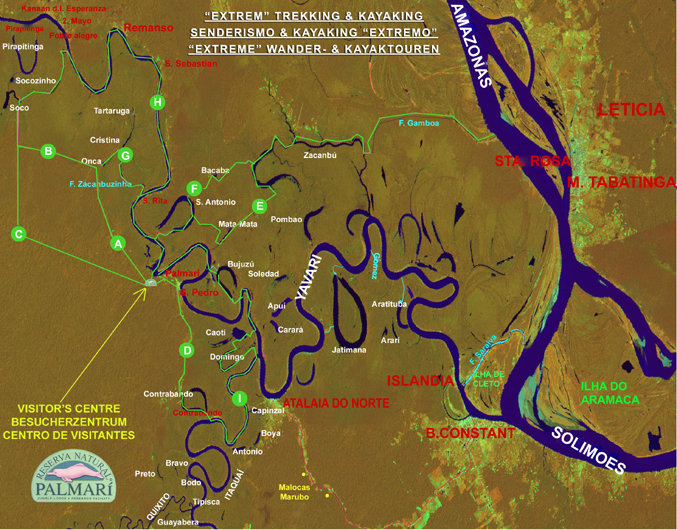
RECOMMENDED TREKKING ROUTES
- “Onça” lake - Reserva Natural Palmari
3 days hiking mostly “terra firme” forest close to “varzea” forest
- “Socó” lake – “Onça” lake
4 days hiking mostly deep “terra firme” forest, on the last day close to “varzea” forest
- “Socó” lake - “Onça” lake - Reserva Natural Palmari
7 days hiking mostly deep “terra firme” forest, on the last 3 days close to “varzea” forest
- “Socó” lake - Reserva Natural Palmari
9 (or more, if desired) days hiking only very deep “terra firme” forest
- “Contrabando” – Reserva Natural Palmari
3 days hiking mostly “terra firme” forest close to “varzea” forest
RECOMMENDED KAYAKING ROUTES
- “Boca de furo de Gamboa”channel – “Mata Matá”furo-lake – Reserva Natural Palmari
4 days rowing “varzea” furos, “ox-bow” lakes, “furo” lakes and the “Javarí” river from the peruvian shore on the Amazon until reaching the visitors centre of the Reserva Natural Palmari on the brazilian shore of the “Javarí” river
- “Boca de furo de Gamboa”channel – “Bacaba” furo-lake – Reserva Natural Palmari
4 days rowing “varzea” furos, “ox-bow” lakes, “furo” lakes and the “Javarí” river from the peruvian shore on the Amazon until reaching the visitors centre of the Reserva Natural Palmari on the brazilian shore of the “Javarí” river
RECOMMENDED COMBINED TREKKING - KAYAKING ROUTES
- Reserva Natural Palmari – “Onça” lake – Reserva Natural Palmari
3 days hiking to “Onça” lake and 1 day rowing back to the visitor centre at the Reserva Natural Palmari
- Reserva Natural Palmari – “Socó” lake – Reserva Natural Palmari
7 days hiking to “Socó” lake and 2 days rowing back to the visitor centre at Reserva Natural Palmari
- Reserva Natural Palmari – “Bujuzú” lake – “Caoti” lake – “Domingo” lake – “Itaquaí” river – “Contrabando” lake – Reserva Natural Palmari
2 days rowing to the “Contrabando” lake and 3 days hiking back to the visitors centre at the Reserva Natural Palmari
TRANSPORT CONVEYANCES
- The Reserva Natural Palmari will provide the river boats, fuel and relevant boat pilots to carry the hikers to the site were the trekk initiates
- The Reserva Natural Palmari will provide professional "Perception 3000" kayaks, for 2 rowers, each
GUIDES
- The Reserva Natural Palmari provides always 1 skilled, local guide as "the appointed" guide, but for the "extreme trekk" activity will provide an additional, second guide for the durantion of the "extreme trekking" activity
EQUIPMENT & CAMP SITE LOGISTICS PROVIDED BY THE RESERVA NATURAL PALMARI
- One hammock, one mosquito net, one tarpaulin and all required ropes and strings per hammock; eventough our personell revises and repairs all damaged equipment periodically, it is highly recommended that each and every guest revises his hammock, mosquito net and tarpaulin thoroughly prior to leaving our visitors centre, asking for a suitable replacement if any item should not be completely sound or according to the guest's size.
- One linnen, one warm blanket, one small pillow and one small towel per guest
- Two cooking pots and machetes per groupe
- One plate, cup, fork, knife and spoon per guest
- Nylon string, steel wire and fishing hooks
- Basic first aid kit
CATERING PROVIDED BY THE RESERVA NATURAL PALMARI
- Each guest must have his own field bottle and a large enough supply of water purifying tablets based on the duration of the trekk and his average personal water consumption.
- An open discussion between the members of the trekking/kayaking groupe, the appointed guides and our kitchen and administrative personnel can decide what food items from our stock at the visitors centre should be chosen in order to be taken on the trekk
- Alcoholic beverages can be provided in an amount of 1 bottle rum or “cachaça” per each 3 guests.
- Aforementioned in accordance to the provided stock calculated according to the number of guests and the days the activity should last
CAMP SITES
- The camp sites will preferably be chosen close to a jungle creek, jungle channel or lake in order to being able to fish and bathe.
- The camp sites will preferably be placed on flat ground inside “terra firme” forest to reduce the presence of mosquitos and “je-jen” ("no-se-ums") .
- No one is allowed to sleep in tents placed on the ground or in any other means of resting on the ground/soil.
SOME BASIC AND IMPORTANT RULES
- All food, equipment, cooking & fishing items as well as the first aid kit are to be split between the groupe of trekkers and the two guides to be carried by all, respectively.
- Each guest carries his hammock, bedding clothes, canteen or field bottle and eating utensils in his backpack.
- Each guest carries his private belongings in his backpack and each two rowers deal with the carrying of their kayak, if necessary.
- Slow rowers that delay the groupe have to accept being pulled by another kayak and/or being re-seated with another, stronger rower.
- The guides decide the route, the camp sites, the food portions and they have the last word regarding any decision or emergency situation.
- Democracy is the basic deciding policy, but never wins over a common sense decision taken by a guide.
- No guest under the age of 14 years is allowed to venture on a trek.
ADDITIONAL COST
- The “extreme trekking & kayaking” activities are free of any additional cost.
BIRDING
RESERVA NATURAL PALMARI BIRD LIST
We wish to thank the following ornithologists and birders for their help, efforts, interest and work regarding a huge variety of topics, issues, proyects, inventories and investigative tasks at the Reserva Natural Palmari over the past many, many years:
Bret Whitney

Samuel Hansson

Axel H. Antoine-Feill S.

Robin Schiele Zabala

Andrew Whittaker

Matheo Hernández

Jerome Fischer

Gary Styles

Cullen Hanks

Edson Endrigo

Peter Boesman

Nick Athanas

HARPY EAGLE'S (Harpia harpyja) NEST AT RESERVA NATURAL PALMARI - FILM FOOTAGE CREATED IN 2015 BY "ENDEMICA STUDIOS"
FILM FOOTAGE CREATED BY THE BRAZILIAN "REDE GLOBO" NETWORK FOR THE "TERRA DE GENTE" TV PROGRAMME
Harpy Eagle (Harpia harpyja)
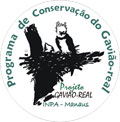
STEATORNIS CARIPENSIS

INDIGENOUS COMMUNITIES
VISIT TO THE "MALOKAS" OF THE "MARUBO" AND "MAYORUNA" COMMUNITIES
- The visits to the "Marubo" and/or "Mayoruna" communities is voluntary, the Reserva Natural Palmari does not recommend them since the beginning of the year 2.010 and will not sign responsible in any which way or case if our guests should complain or feel having been treated unjust and/or unrightly.
- Since over 15 years and until the year 2.009 the Reserva Natural Palmari has supported these 2 "Maloka(s)" by handing out donations, such as cloth bales to produce their own, typical dresscode, knives, machetes, toys for children, fishing equipment and other items. During long conversations with personell of the Reserva Natural Palmari, as well as through proyects and proposals of help offered by the Instituto de Desenvolvimento Socioambiental do Vale do Javari we always insisted in the importance of preserving their traditions, their way of live and their own identity. Constantly we offered ways aiming to show our guests their real, unchanged image without any shows resembling circus events on one hand, and, in the same process, introduce our guests to their "Maloka(s)" in a respectfull manner, safe-guarding their "Marubo" and "Mayoruna" identity and their way of live, as well as improoving their quality of live in an unchanged way.
- Their new, strictly economical position, as well as their exagerated quoting regarding rendered services and nearly aggressive process of payment collecting, is resembling pure western, plain monetary, proffitt seeking firms, due to which the Reserva Natural Palmari has finally decided to search for new alternatives which hopefully will grant improved possibilities to our guests regarding these kind of activities in the near future.
- The Reserva Natural Palmari will provide the visitor interested in undertaking this visit with one of our guides, free of charge, who will act as company and help coordinate the visit during the day.
- The riverine Transport from the Reserva Natural Palmari to the village of Atalaia do Norte and return to theReserva Natural Palmari will be granted at a cost of COP $ 150.000.- / BRR 200.- / USD$ 50.- / EUR 30.- per passenger, amount that has to be paid in cash to our main visitors centre´s administrator prior to leaving our visitors centre.
- The transportation (by motorcycle-taxis, private cars, small VW-buses or small pick-up lorries) from the village of Atalaia do Norte to the "Maloka(s)" and return also has to be negotiated and paid to the relevant driver by the guest. The road linking Atalaia do Norte with the "Maloka(s)" is partly paved, partly in very bad condition and in case of rain it might be slippery; the above mentioned transport conveyances are mostly old and in poor mechanical condition.
- These "Marubo" and "Mayoruna" communities, probably due to the circumstance of being located between the villages of Atalaia do Norte and Benjamin Consant, have been confronted with the conditions of live of the modern world of the "white man" and are being reached and absorbed on a daily basis by this process; eventhough these "Marubo" and "Mayoruna" communities insist that they defend and keep their etnical "Marubo" and "Mayoruna" traditions, culture and social-political system, this may not be confirmed and over the years the constant and unstoppeable decay of their identity as "Marubo" and "Mayoruna" tribe members clearly shows.
- In comparison with the "Maloka(s)" residing behing Leticia (on the so called "Los Kilometros" road) belonging to various communities of people consisting of a mixture of colombian colonists and former "Uitoto", "Tikuna" and other indigenous tribe members, the brazilian indigenous "Marubo" and "Mayoruna" communities at least have not given in to the tourism expectations of a circus show based on forged disguises, dances and songs integrated into their programme, situation that in respect to the "Marubo" and "Mayoruna" still preserves a relatively sound impression of their"Marubo" and "Mayoruna" actual way of live.
- The entrance fee to the "Maloka(s)", each photograph, each and any request regarding a song, a dance, tasting of their food or beverages or shooting of a short film costs money and the rates for any detail are not fixed, but depend on the mood, expectations and free will of the community members being present; in other words any request will be approached as an economic transaction and collecting of the relevant amounts can result in strikt and unfriendly processes.
- It can happen that a priorly agreed negotiation will not be respected a few minutes later; the visitor should request the delivery of the purchased item or rendering of the purchased service with inmediate effect and should pay the agreed price swiftly in order to avoid being involved later on in unpleasant collecting processes.
- The visitor may aquire typical handicrafts, art items or other but prices for the same article may vary according to the relevant buyer and/or seller, situation that often happens.
- The "Marubo" and "Mayoruna" offer the visitor the opportunity to experiment with some of their medical and ritual substances, amongst them harmless substances like "Rapé", other somehow stronger substances like "Mambe", other more potent such as "Ayahuascá"/"Yagé" and other very strong substances.
- It results obvious that these "Marubo" and "Mayoruna" substances are offered by the "Marubo" and "Mayoruna" in accordance with their own believes and laws as an individually, self ruling indigenous "Marubo" and "Mayoruna" community; the ussage and keeping of these substances outside of the "Marubo" and "Mayoruna" communal feud is regarded by the brazilian authorities as a breach of the law and will be punished under severe legal conditions.
- Minors may not try or receive these substances for any reason whatsoever or they may try them only if in presence of both their parents and with the explicit permit of both parents.
- The visit to these "Marubo" and "Mayoruna" communities from the moment of leaving the visitors centre of the Reserva Natural Palmari and until the return to the visitors centre of the Reserva Natural Palmari may last approximately 6 to 10 hours, if all goes according to routine plan.
- Reaching the "Marubo" and "Mayoruna" "Maloka(s)" depends on the transport conveyance availability, the weather conditions and the ruling of the head of the relevant "Marubo" and "Mayoruna" community upon arrival of the visitor to the relevant "Marubo" and "Mayoruna" maloca(s).
- The Reserva Natural Palmari will not sign responsible for any event, problem or inconvenience arising from or during these visits.
SOWING JUNGLE (”Sembrando Selva” ©)
Sowing jungle (”Sembrando Selva” ©)

Sowing jungle (“Sembrando Selva” ©)

In the year 2.008, during the third year of holding the “Yanawará” summer camp – being the site of the “Kajuyalí Camp” at the Reserva Natural Palmarí in the Amazon basin – it was decided that further support had to be shown regarding the world-wide effort to ensure the prevailing of the neo-tropical rain forests and that children and youngsters, future engines of this world, should be put in charge as to fulfil the great dream of helping to sow future in this precious ecosystem.
¿What is it, why is it and what is it´s purpose?

Sowing jungle (“Sembrando Selva” ©) is a proyect that was born with the aim to contribute with the mantainance regarding the ecosystems of neo-tropical rain forests, and, at the same time, educate in respect to the problems of world-wide deforestation, specifically in Amazonia, in order to create a concience towards the environment and the communities, plus, in some way return to these places everything they have given to us. “Yanawará” is a summer camp that is one of various proyects of the “Grupo Kajuyalí” organization and it takes place every year at the Reserva Natural Palmarí, commiting itself to teaching young people as to social and evironmental values. This is why “Yanawará” created this reforestation proyect, aiming to contribute with the mantainance and recovery of the forests, to ceate a multiplying effect on the involved generations and communities, to generate conciousness as to the deforestation reality the jungles are experiencing presently, its implications, its consecuences and what we can do in order to avoid that this continues. This initiative was born because we believe that the Reserva Natural Palmarí is an ideal scenario regarding environmental education, because we have to return to the earth what she has given to us and what better way doing that, than planting a tree in the forest. This proyect is supported by UNEP – the environmental divison of the United Nations –, by “Nature Conservancy”, and it is part of the United Nations “Billion Tree Campaign©” through which our trees enter the annual count of all trees planted all over the world.
¿What has “Sowing jungle” (“Sembrando Selva” ©) acomplished so far?

Making good use of the platform granted by the summer camp that took place during the months of June and July 2.008 at the Reserva Natural Palmarí, Sowing jungle (“Sembrando Selva” ©) planted together with the participating children and youngsters, the staff of both the “Kajuyalí Camp” and the Reserva Natural Palmarí, as well as the children from neighbouring communities 200 hard-wood trees like Achapo (Cedrelinga cateniformis), Pink Cedar (Cedrela odorata sp.), Samán (Samanea saman) and Mahogany (Swietenia macrophylla ), as well as fruit-trees like Humarí (Poraqueiba sericea), Copoazú (Theobroma grandiflorum), Pomarosa (Syzygium malaccense), Guamo (Inga acuminata) and Huito (Genipapo americana). Besides, four seed-beds were built, in which Mahogany (Swietenia macrophylla ), Pink Cedar(Cedrela odorata sp.) and Guamo (Inga acuminata) were sown in order to have them planted in the forests once they have germinated and grown. The seed-beds were constructed from old, discarded canoes, the growing substrate was prepared by a mixture of ideal soils for germination of the seeds, which were placed in a covered plant nursery to protect the sow and germinating process from wind, strong rains and/or direct sun impact. Further than the physical task of establishing the seed-beds, building the nursery and planting the trees, the biggest step that “Sowing jungle” (“Sembrando Selva ©) has acomplished until now is to touch hearts, move and establish commitment amongst the children and their families towards the environment and the jungle, all under the premise “Planet Earth and all it contains does not belong to us = We belong to planet Earth and we have to respect and honour all of what it containts”. This is what makes reforestation a highly important educational tool to be used with youngsters today, since not only an important task in the process of recuperation of various ecosystems under risk is acomplished, but a legacy of knowledge, conciousness and lessons are being delivered, which children will remember during the rest of their lives and, further, may visit and see “their tree” growing into the future. The world is undergoing a huge shift towards environmental concern and an education teaching conciousness and tolerance towards other forms of life, cultures and persons is crucial. “Sowing jungle” (“Sembrando Selva ©) today already is a part of a collective memory embedded in all those who participated in the proyect, now feeling proud and holding the memory in the hearts of children, youngsters and parents living in cities, as well as the villagers of the communities in the neighbouring region, becoming a symbol of proof that it is possible to support, that dreams can come true and that it does not matter where we come from, we all can help.
Projection
 While being framed in the context of a summer camp, and while making part of the services offered by the Reserva Natural Palmarí to all its guests, “Sowing jungle” (“Sembrando Selva ©) holds the possibility of having projection in the long run, having continuity in time and hopes to envolve all children, youngsters and adults participating in the educational and recreational events the Reserva Natural Palmarí will hold in the future. The Reserva Natural Palmaí will offer this service of providing the visitors with seeds to be sown in primary substrate in the seed-beds, the seedlings in process of germination to be trans-planted into individual growing bags and the grown plants ready for being planted in the clearing of the forests in adecuate places for its final development until growing into a mature tree. With this, the visitors, not mattering where they come from, can provide their grain of sand in helping to sustain this amazing ecosystem. All these activities will be assisted by an instructing guide provided by the Reserva Natural Palmarí, duly trained and with ample knowledge referring to the ecology of neo-tropical rain forests and the planting processes. In addition to this and when dealing with a large groupe of envolved guests or with an activity demanding the help of many, the children from the neighbouring communities will be summoned to assist as participants in a process of environmental education. “Yanawará” y and its personell will be in charge of giving continuity to the proyect through their annual presence at the Reserva Natural Palmarí and they are the enpowering agents as to the tasks already acomplished in order to grow this initiative, using the platform of the “Kajuyalí Camp” summer camps as a basis to reach further goals and to acomplish new goals and more objectives.
While being framed in the context of a summer camp, and while making part of the services offered by the Reserva Natural Palmarí to all its guests, “Sowing jungle” (“Sembrando Selva ©) holds the possibility of having projection in the long run, having continuity in time and hopes to envolve all children, youngsters and adults participating in the educational and recreational events the Reserva Natural Palmarí will hold in the future. The Reserva Natural Palmaí will offer this service of providing the visitors with seeds to be sown in primary substrate in the seed-beds, the seedlings in process of germination to be trans-planted into individual growing bags and the grown plants ready for being planted in the clearing of the forests in adecuate places for its final development until growing into a mature tree. With this, the visitors, not mattering where they come from, can provide their grain of sand in helping to sustain this amazing ecosystem. All these activities will be assisted by an instructing guide provided by the Reserva Natural Palmarí, duly trained and with ample knowledge referring to the ecology of neo-tropical rain forests and the planting processes. In addition to this and when dealing with a large groupe of envolved guests or with an activity demanding the help of many, the children from the neighbouring communities will be summoned to assist as participants in a process of environmental education. “Yanawará” y and its personell will be in charge of giving continuity to the proyect through their annual presence at the Reserva Natural Palmarí and they are the enpowering agents as to the tasks already acomplished in order to grow this initiative, using the platform of the “Kajuyalí Camp” summer camps as a basis to reach further goals and to acomplish new goals and more objectives.
For those firms and/or people that wish to contribute with this initiative, we have created two alternatives for participation and giving their grain of sand:
- “Sowing jungle”(“Sembrando Selva” ©) “Supporter”– For all those firms that wish to submit to the proyect economically, so the initiative grows and reaches new stages.

- “Sowing jungle”(”Sembrando Selva” ©) “Lend a hand”–For all those persons who wish to participate in the proyect by lending a hand, and,through their assistance to the events that the proyect offers, making small contributions to it.
